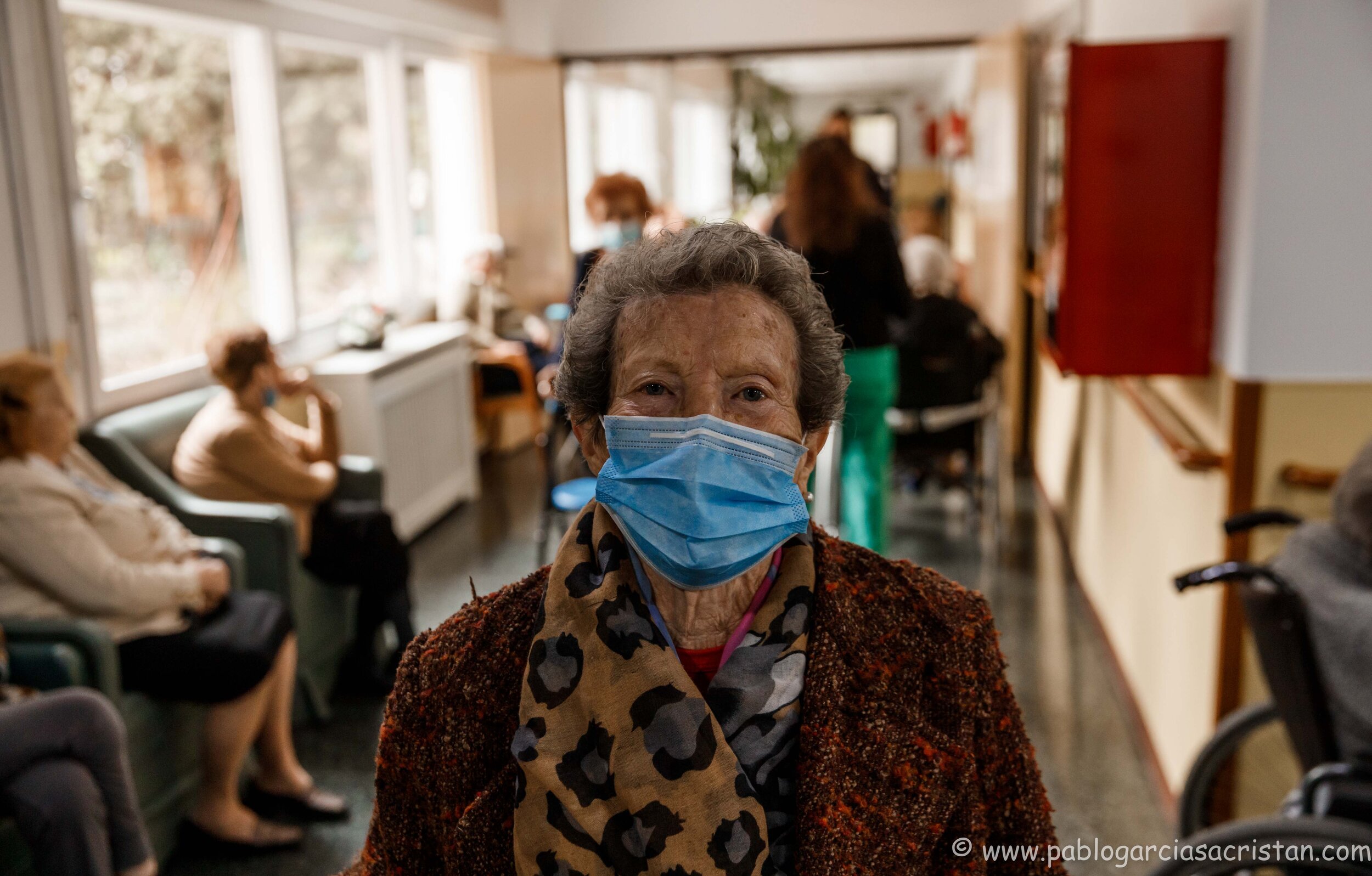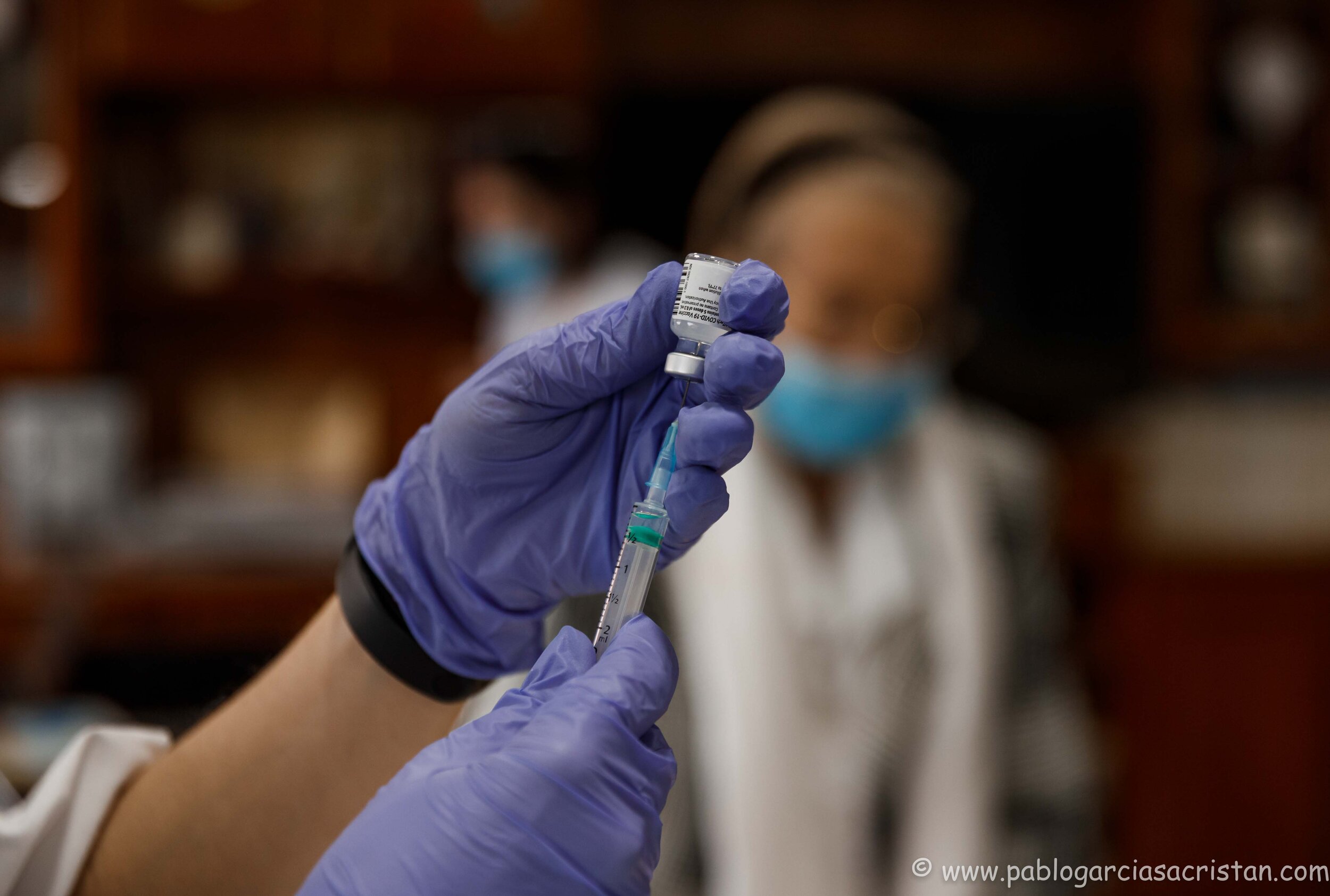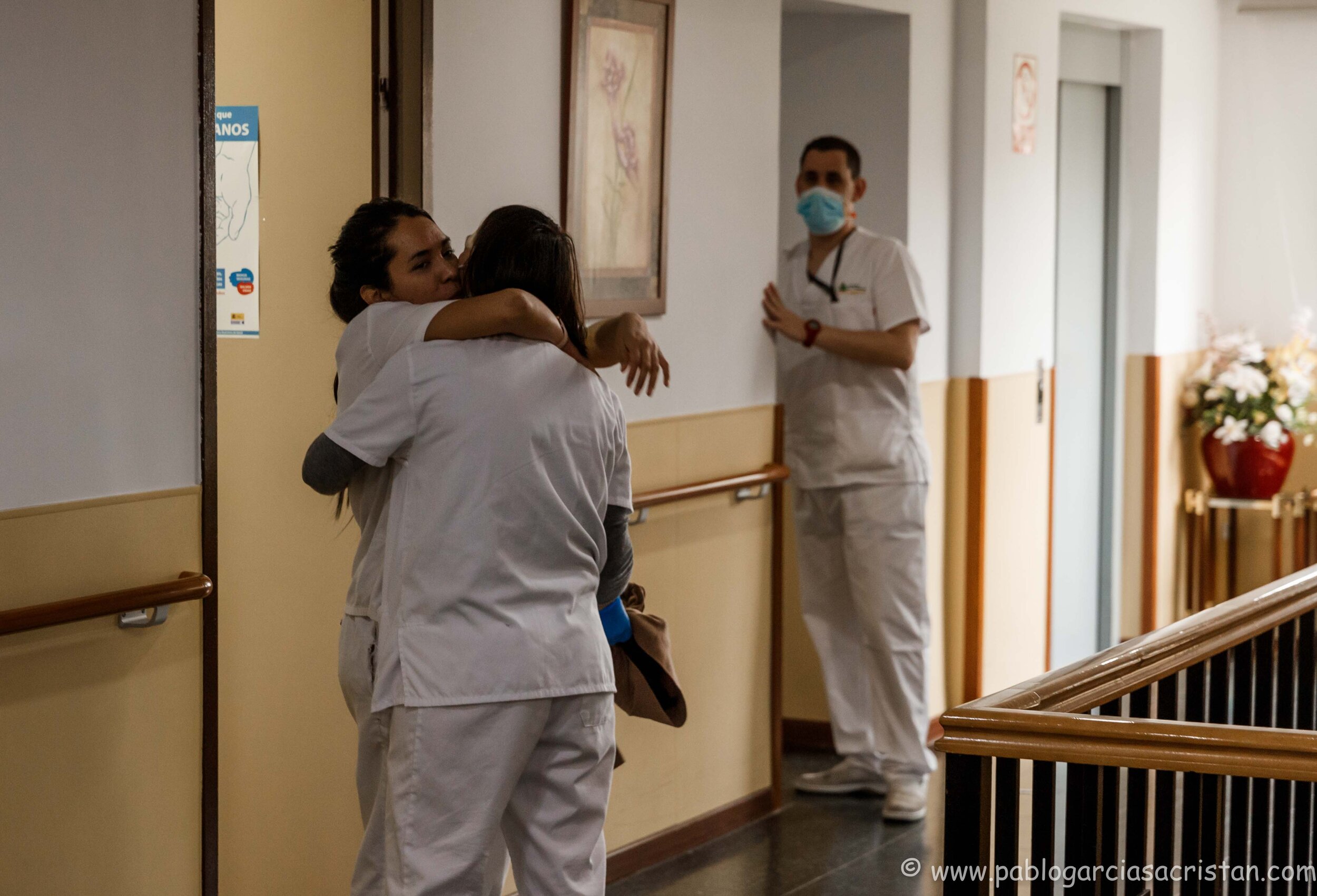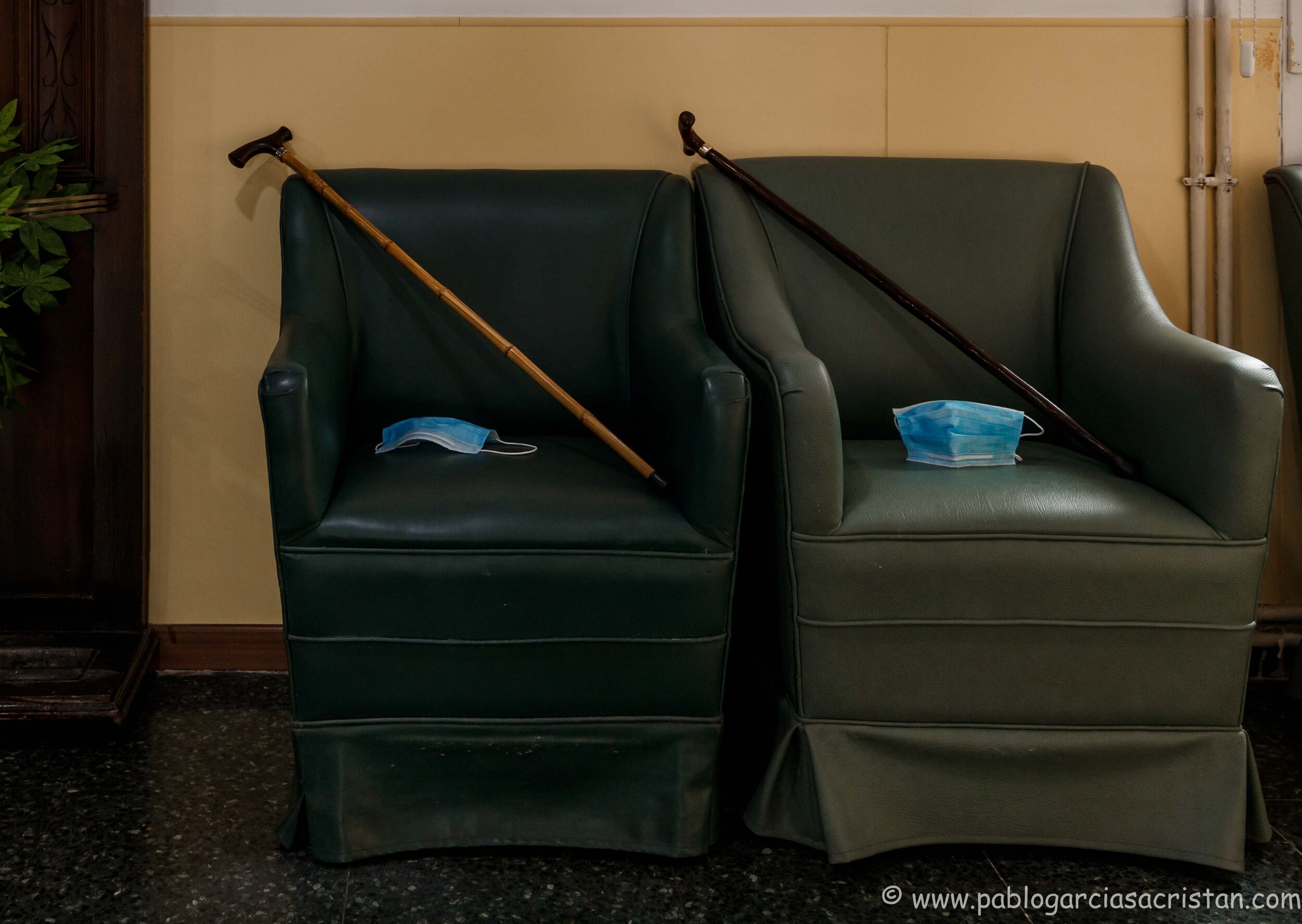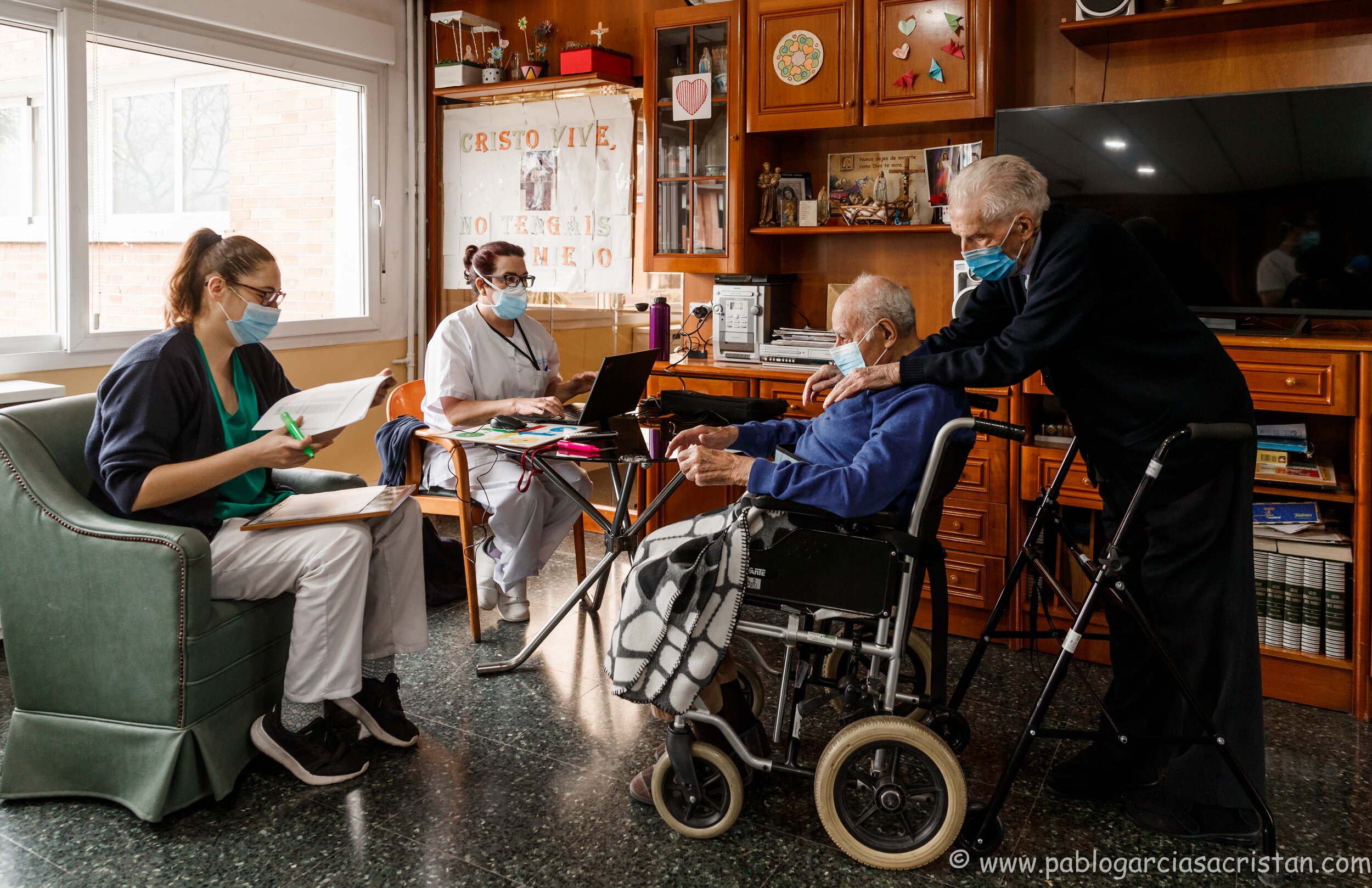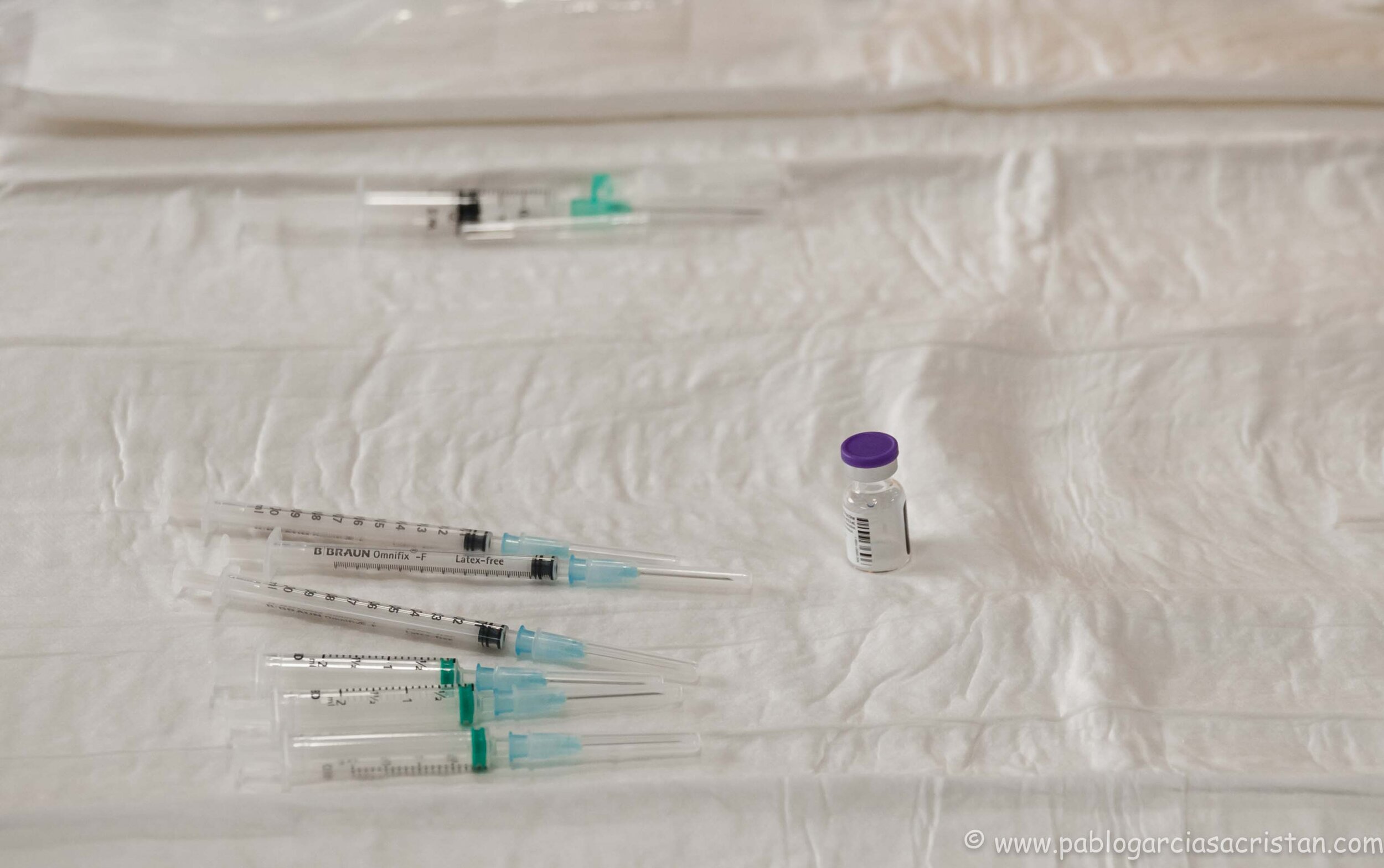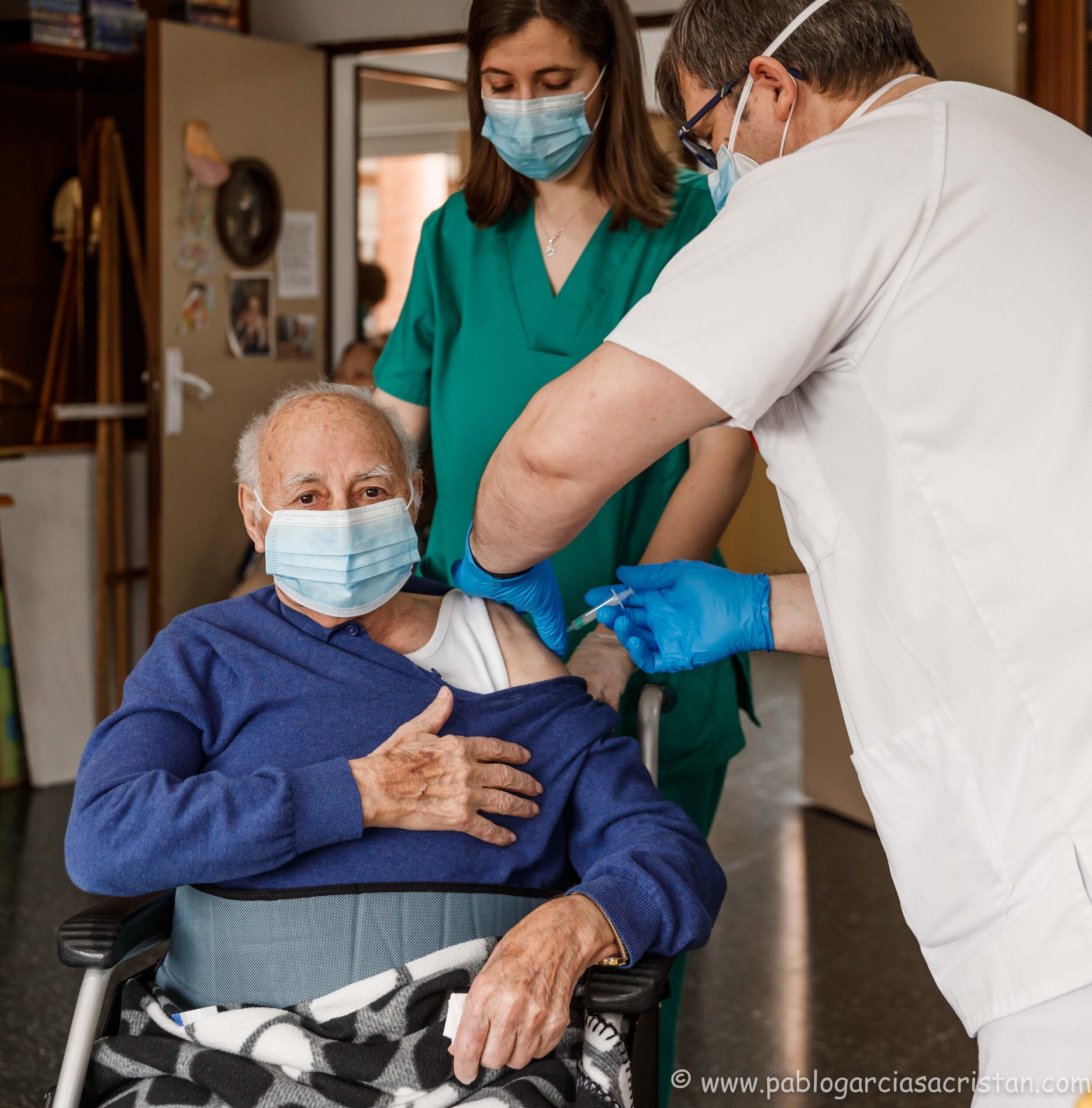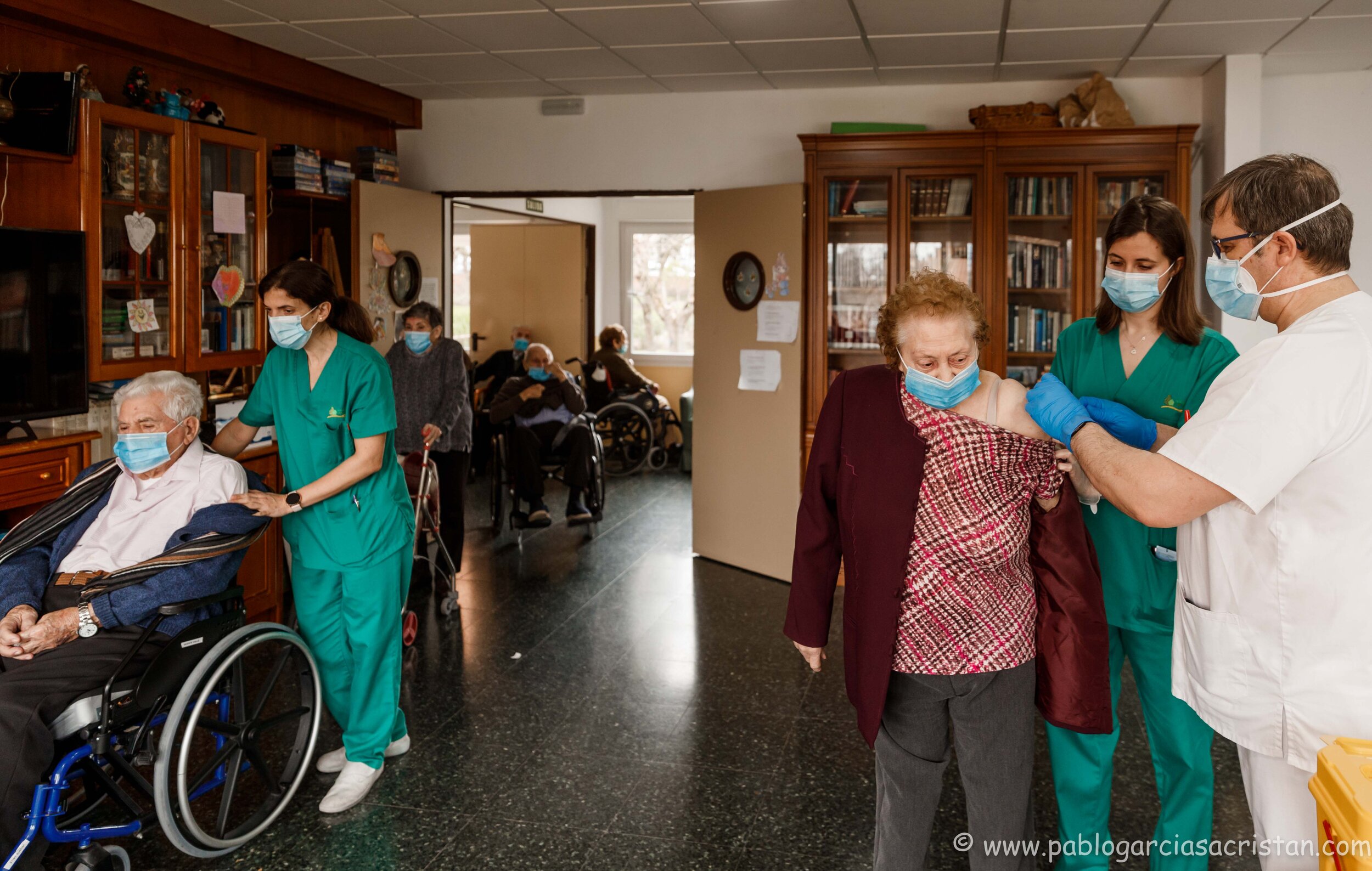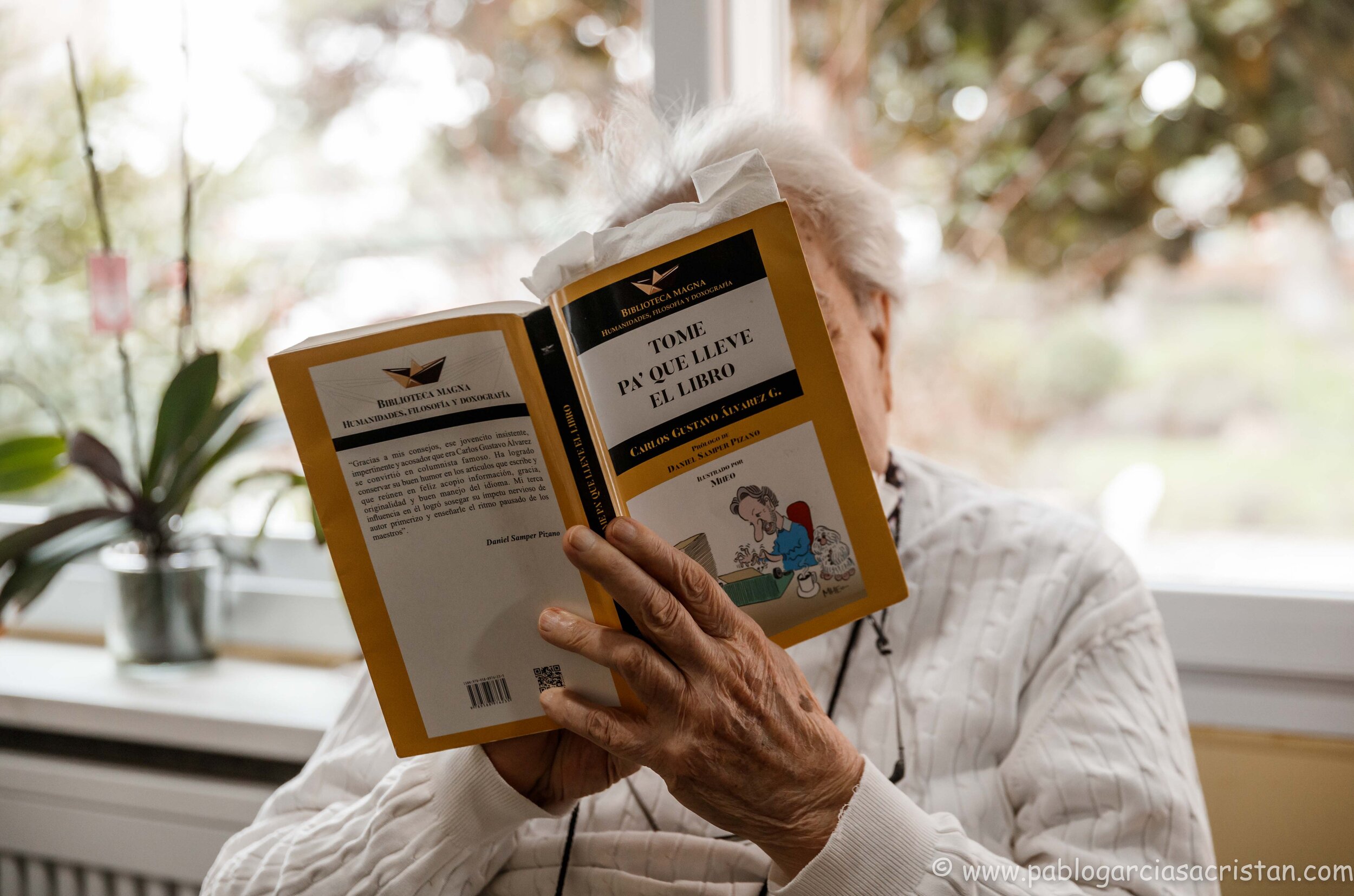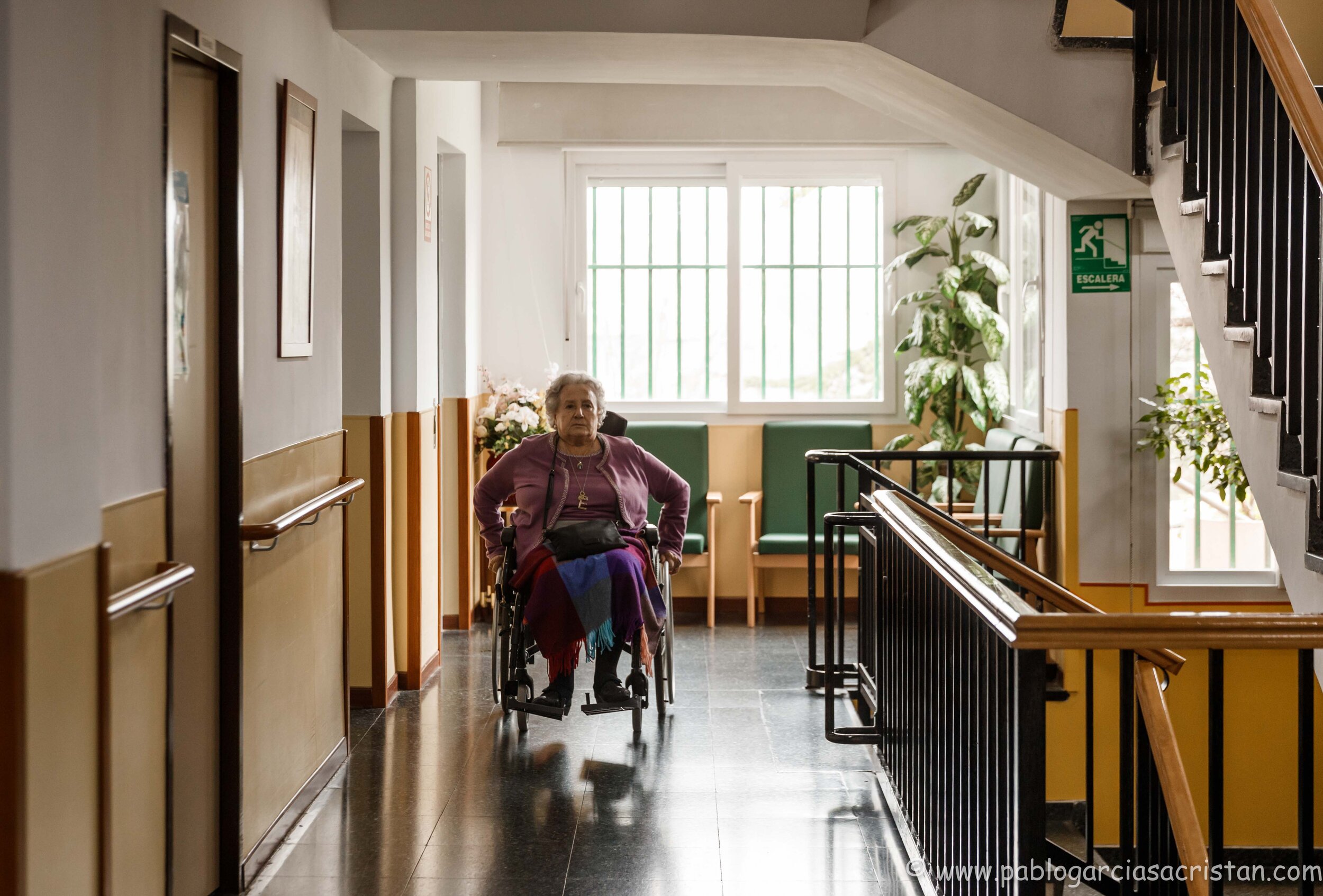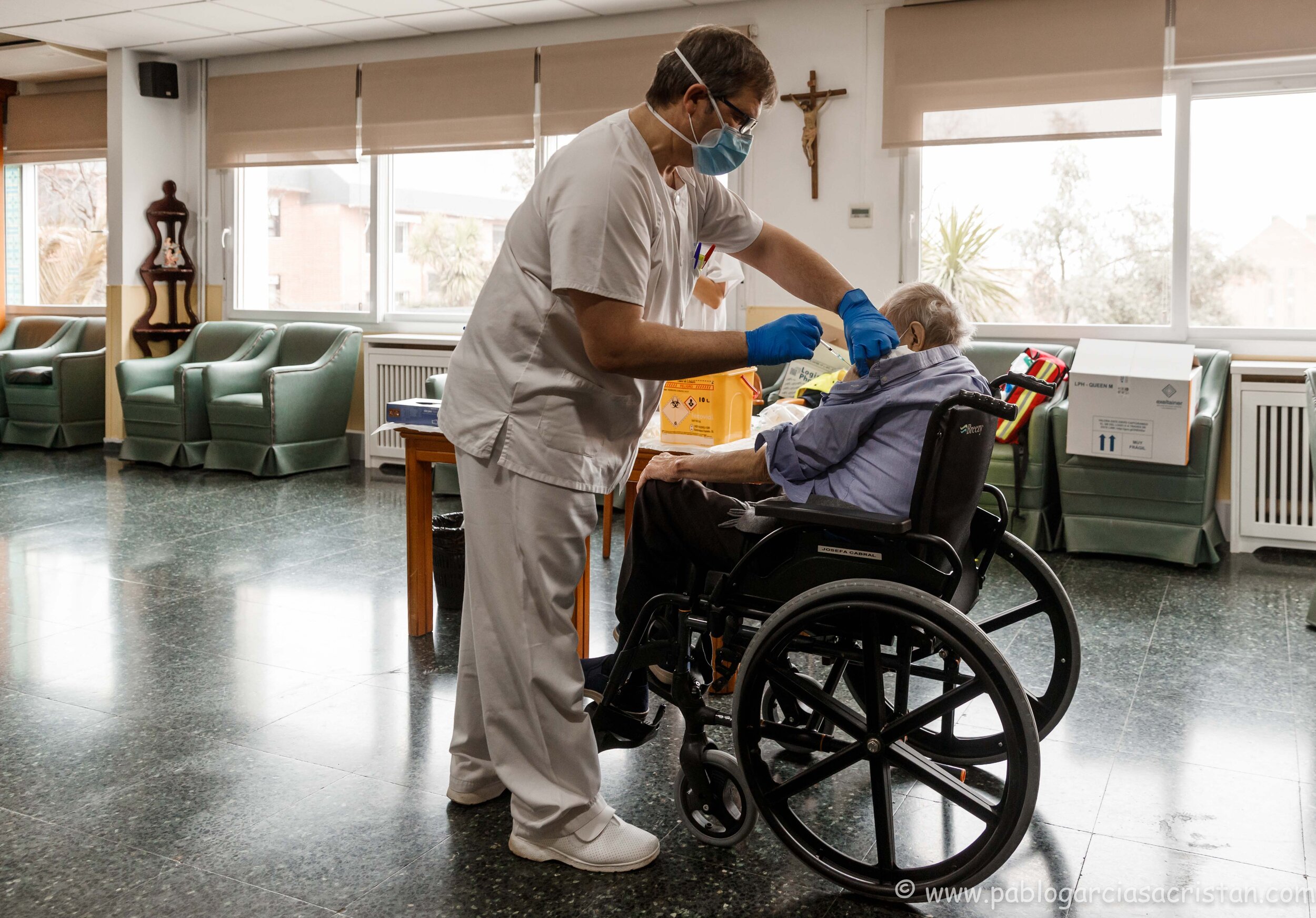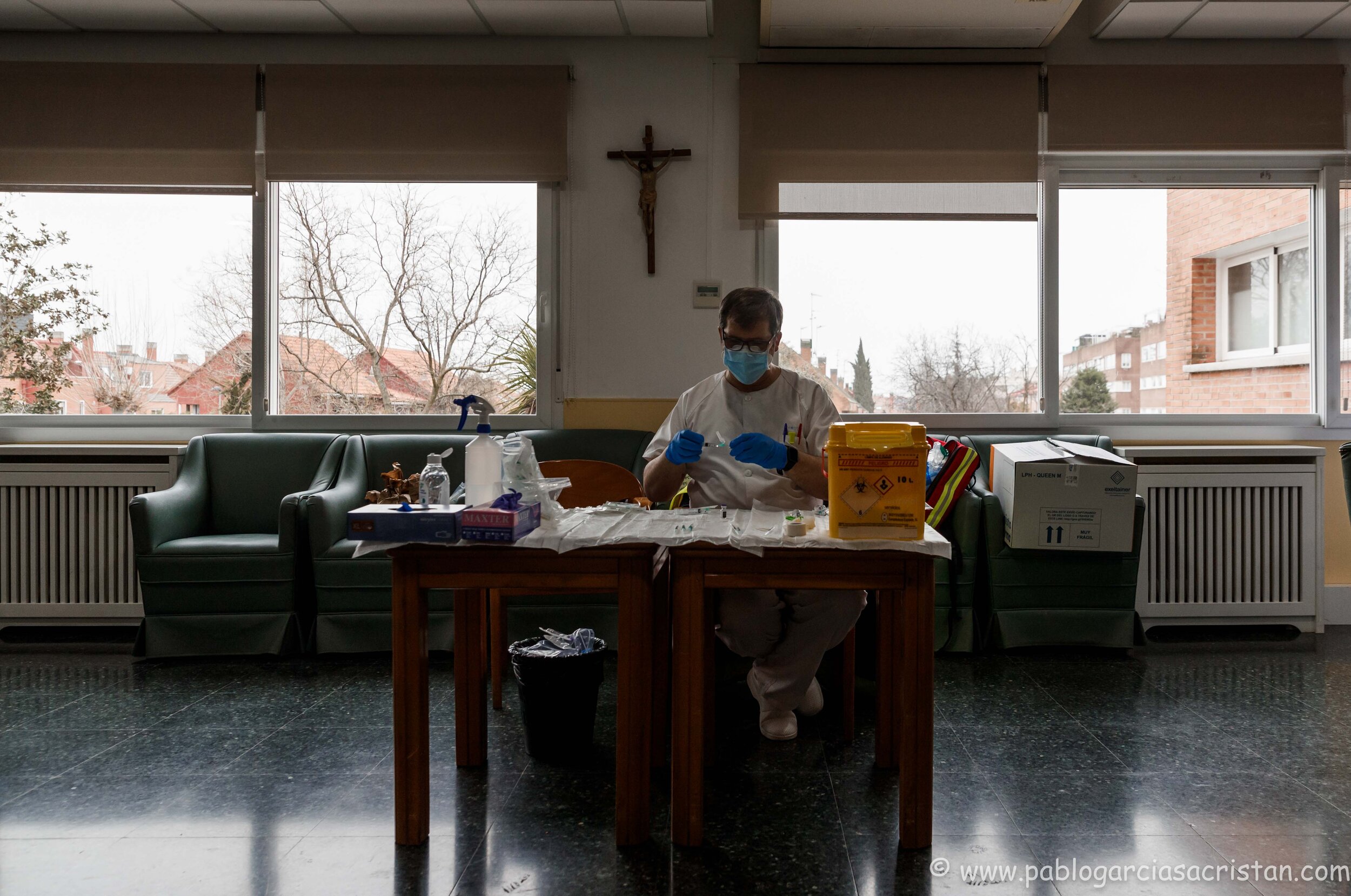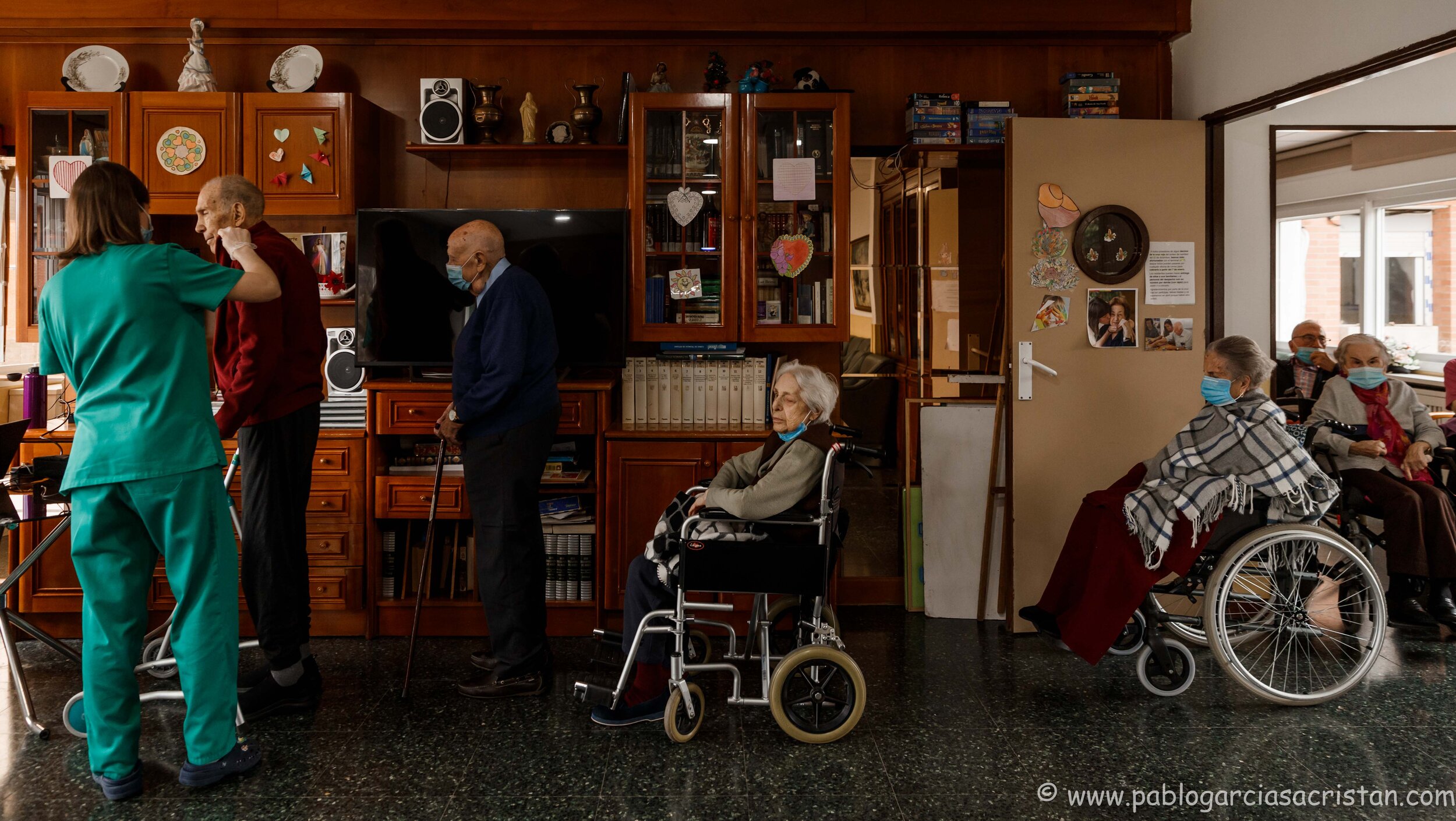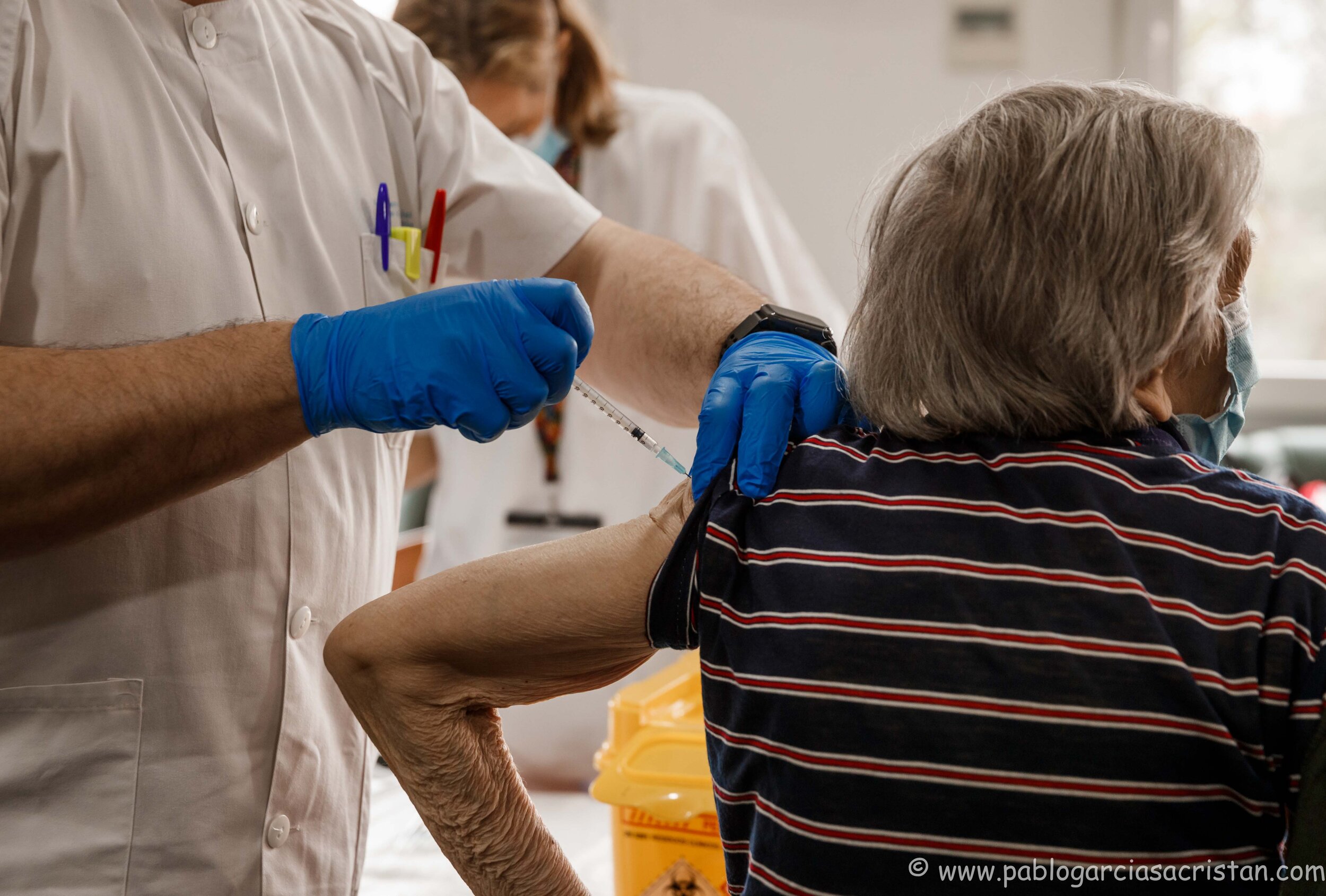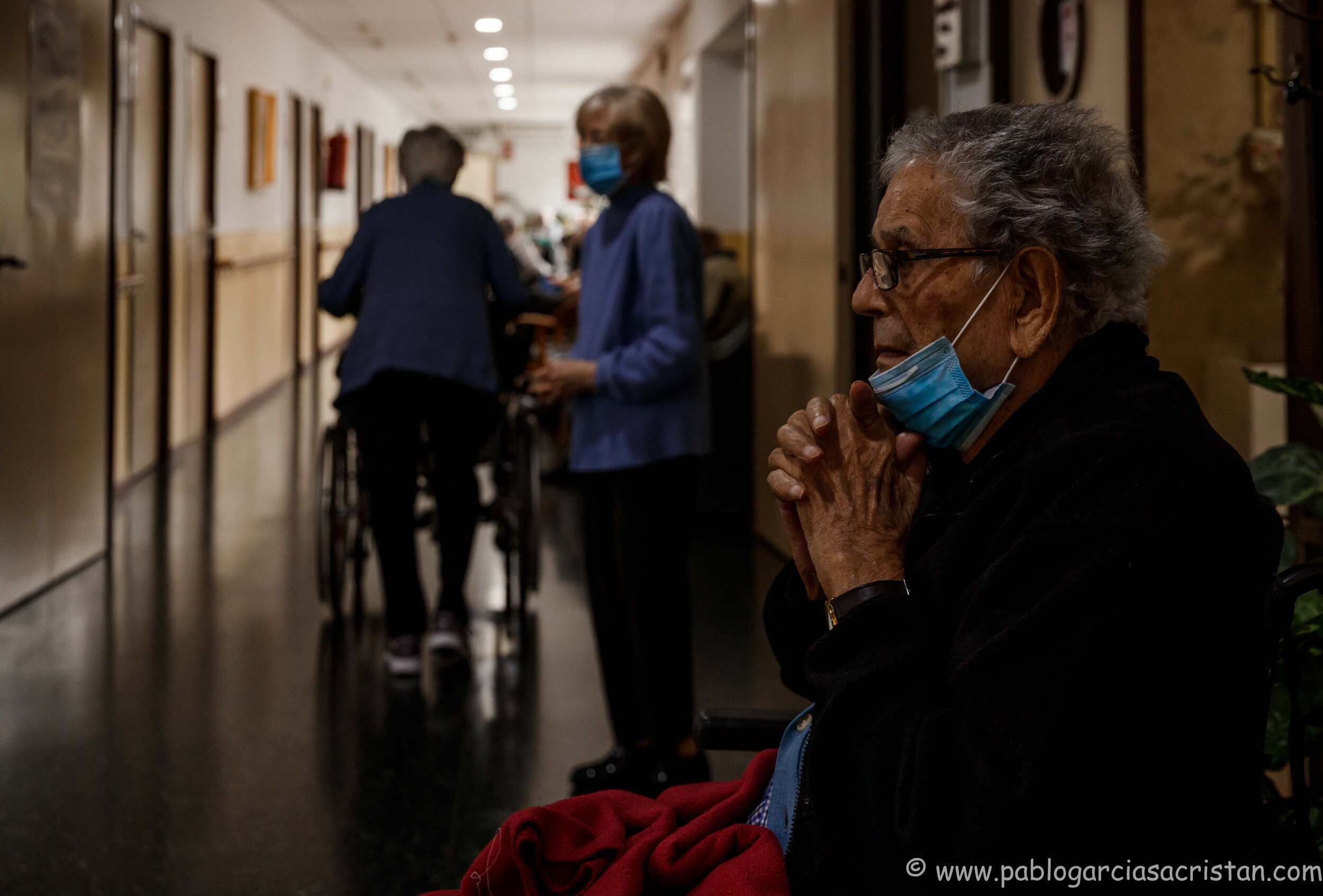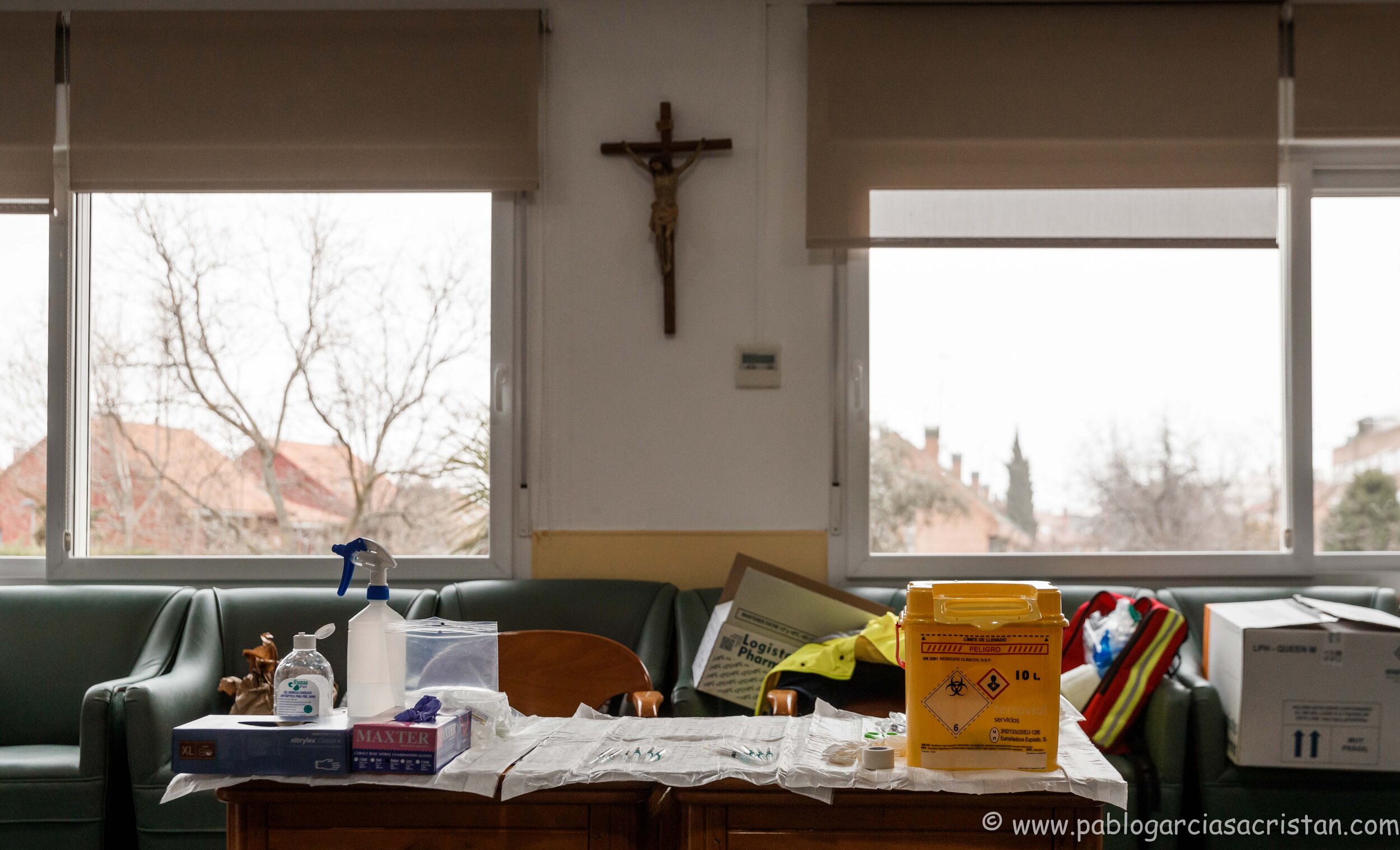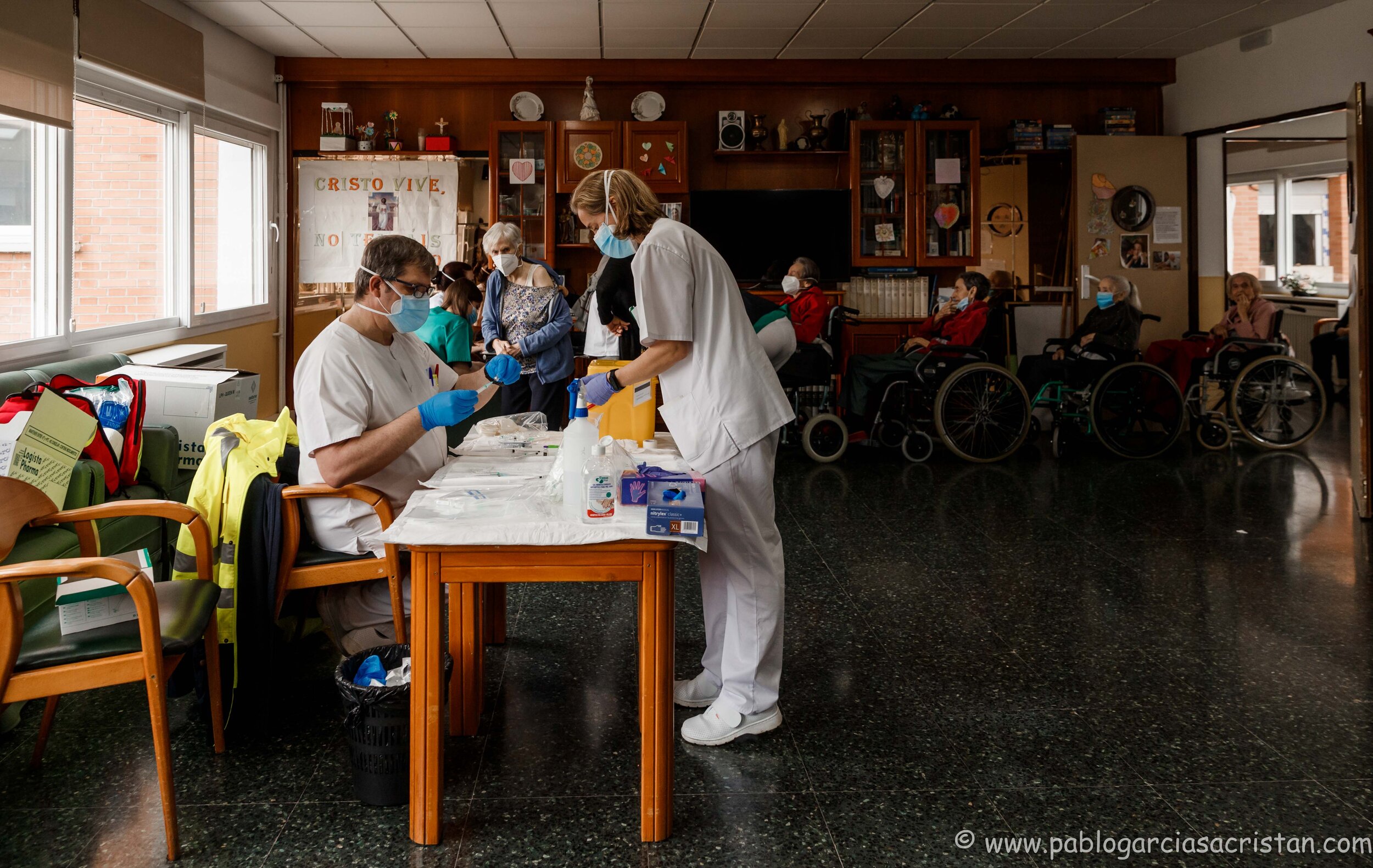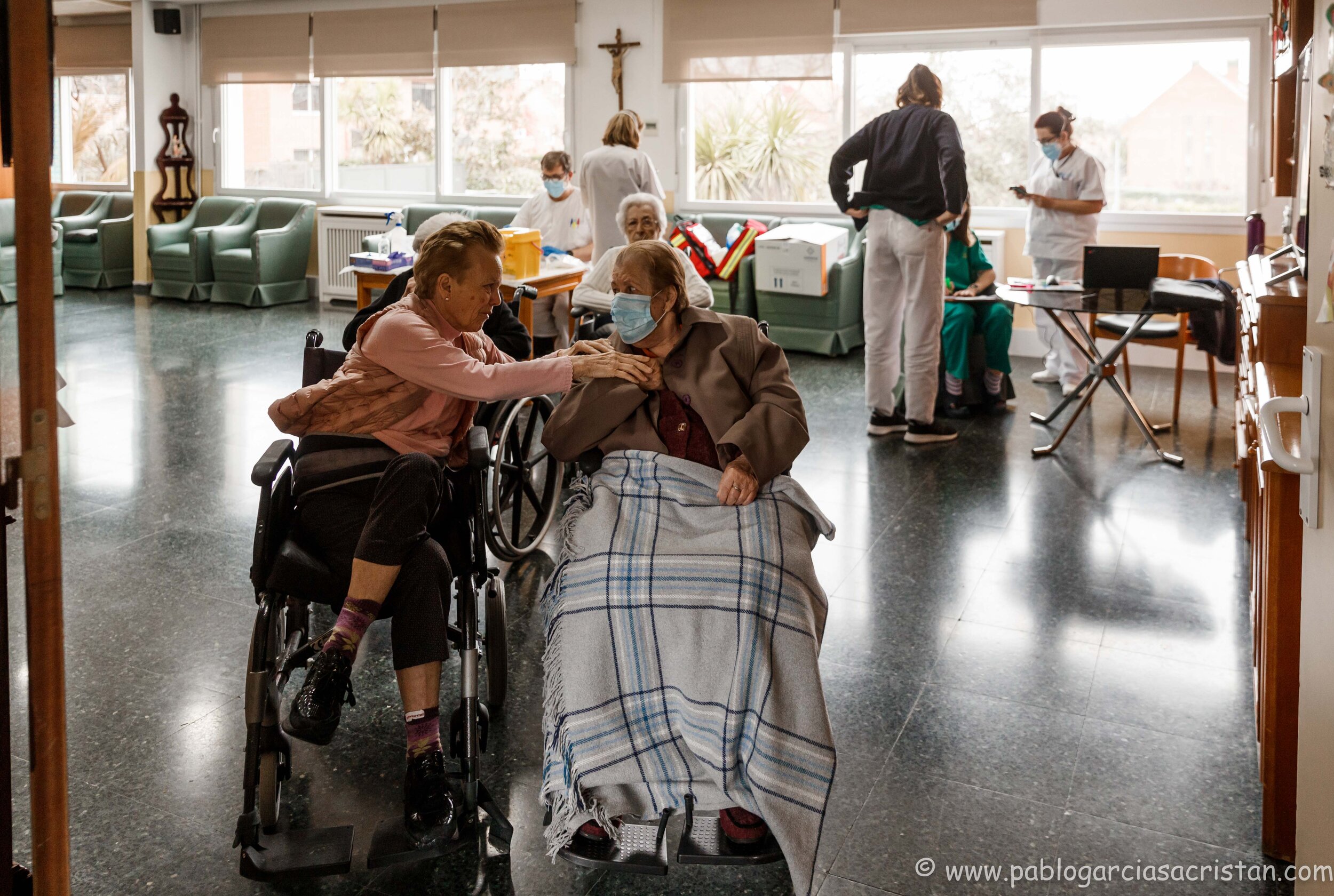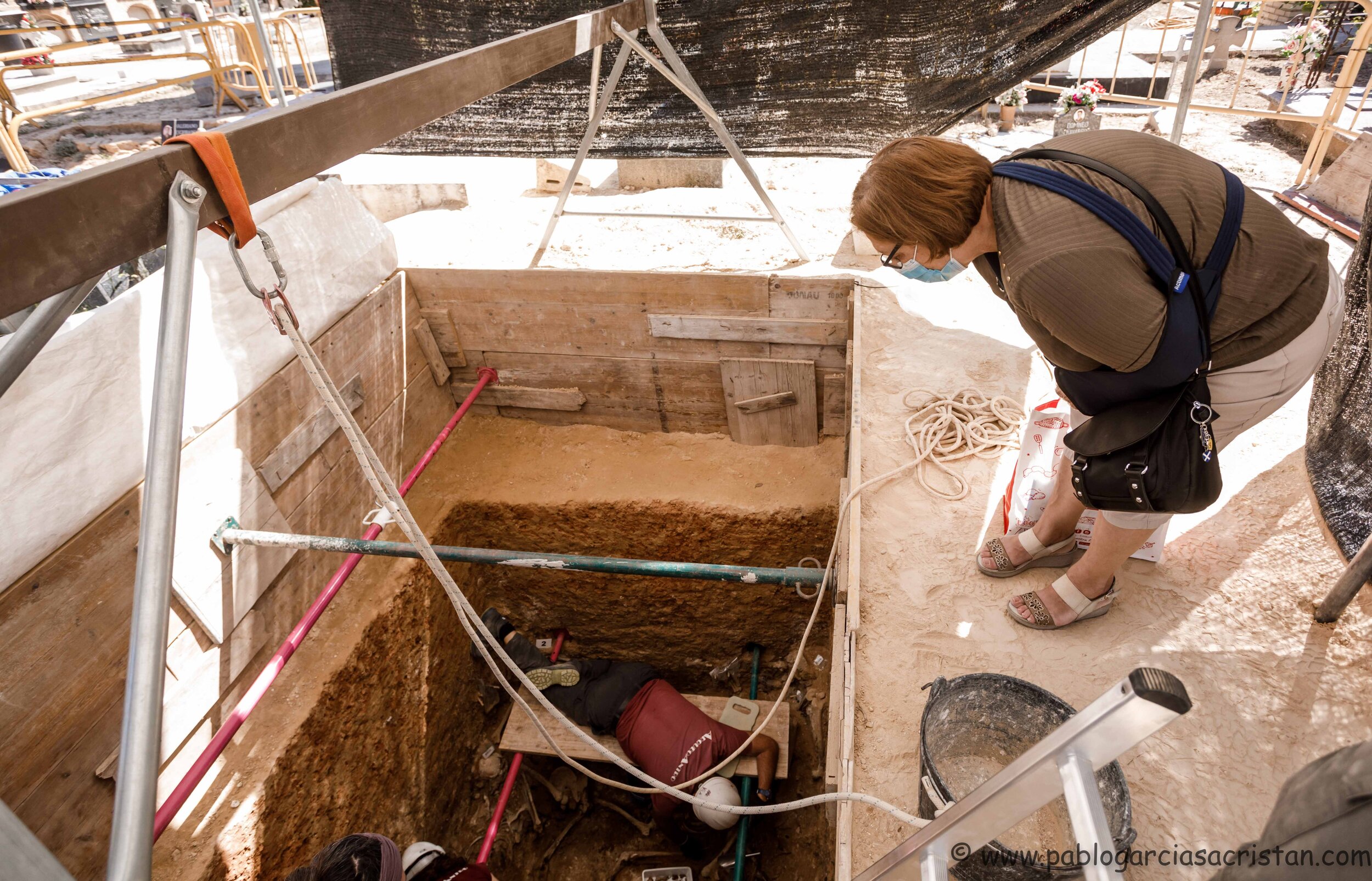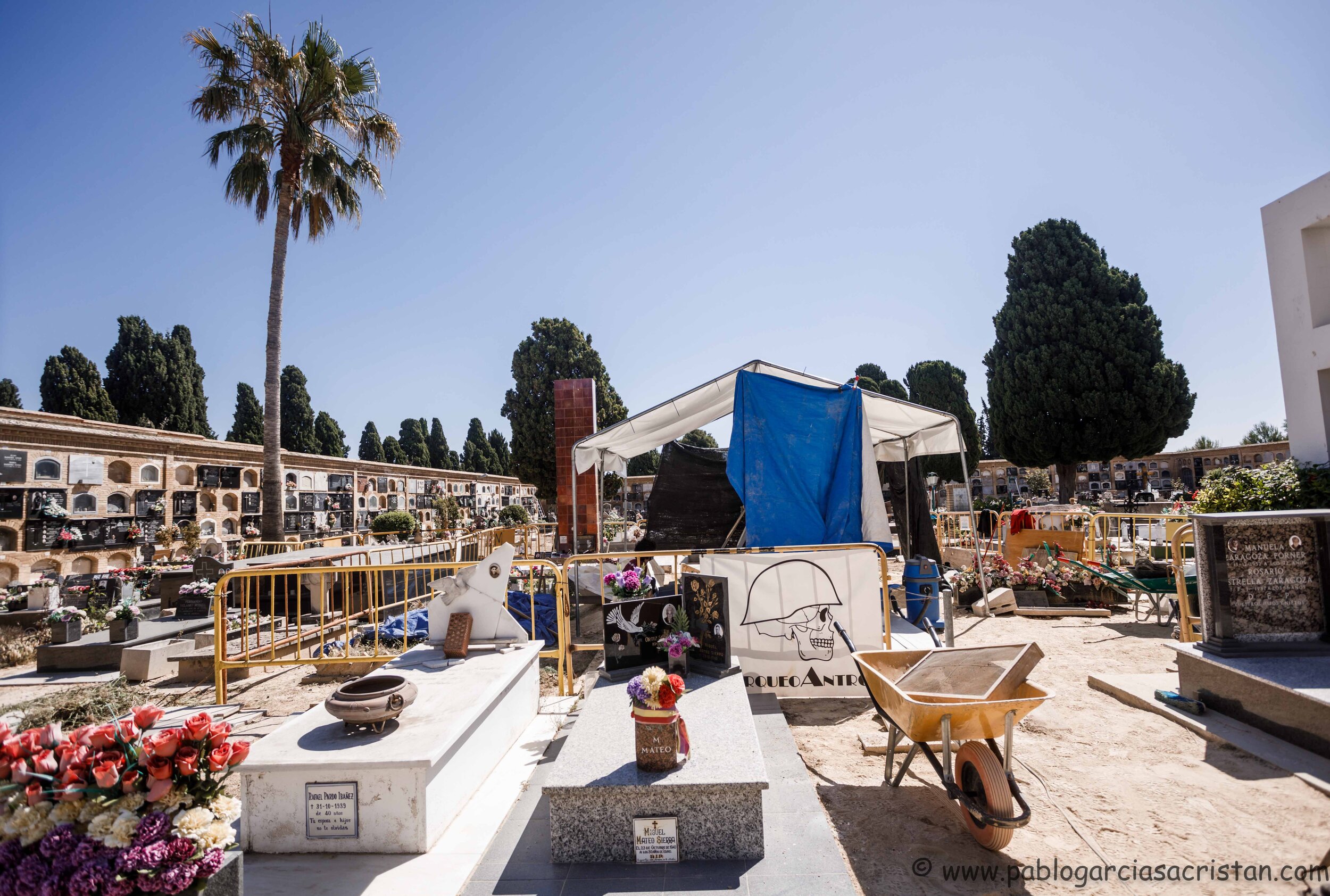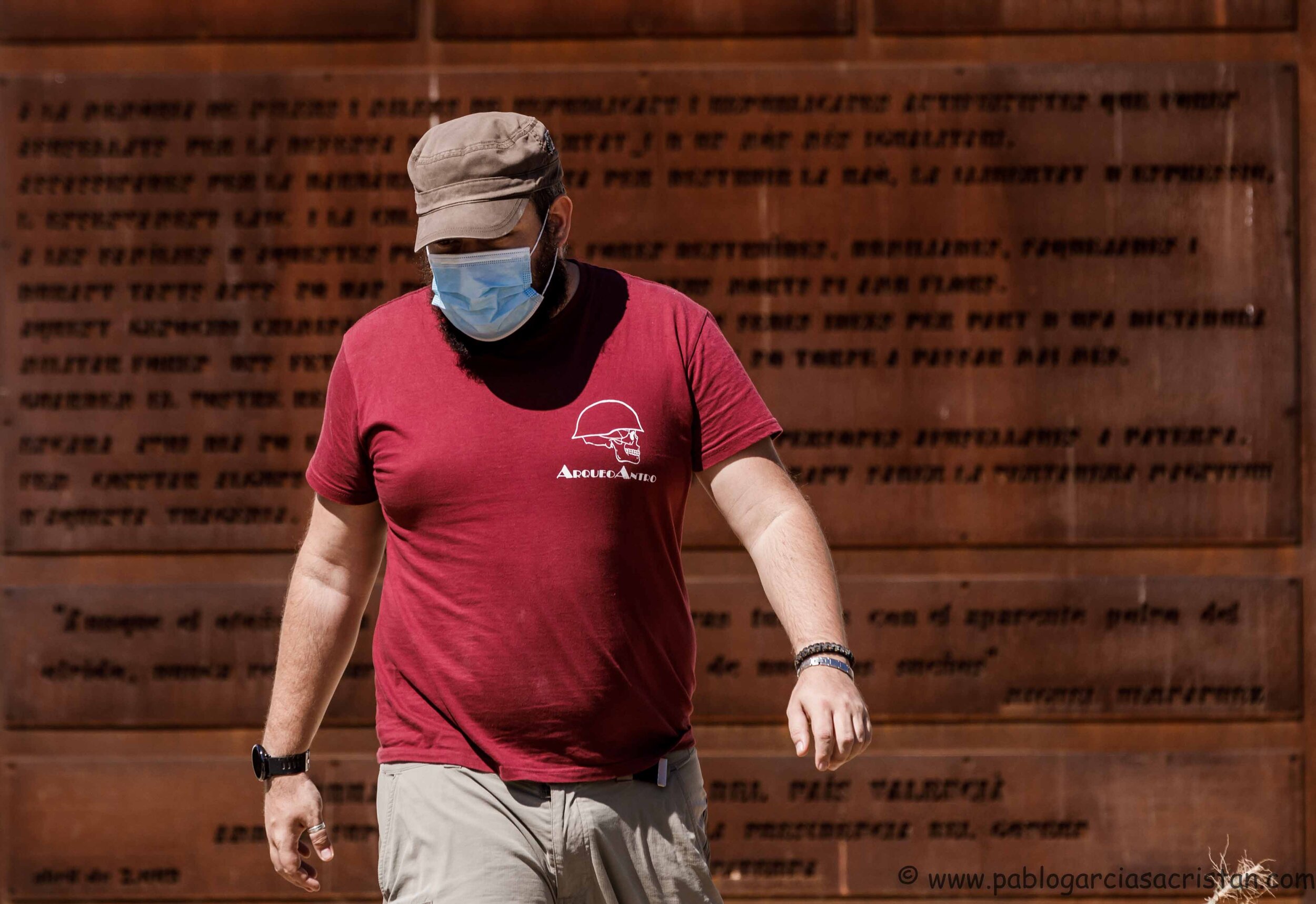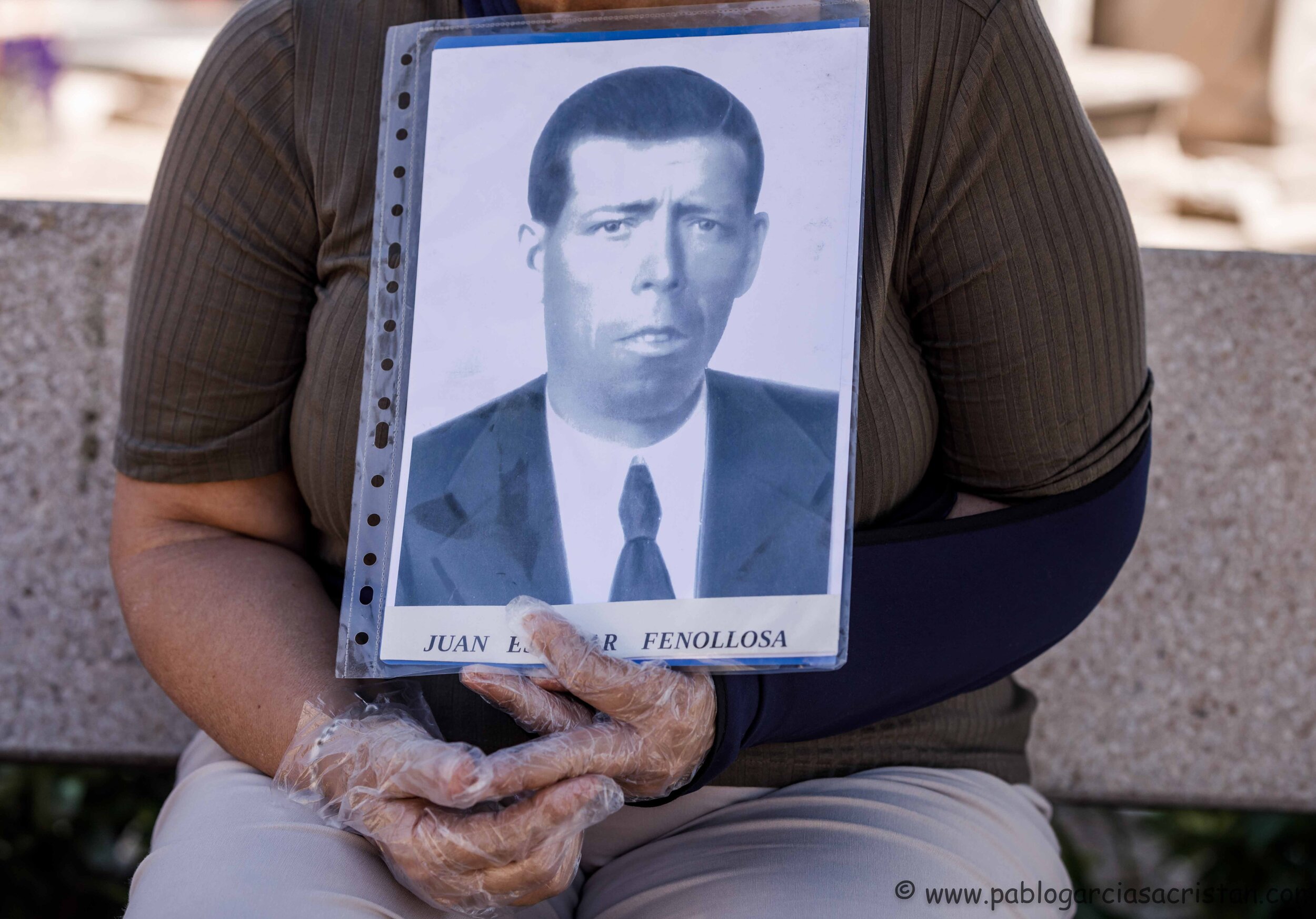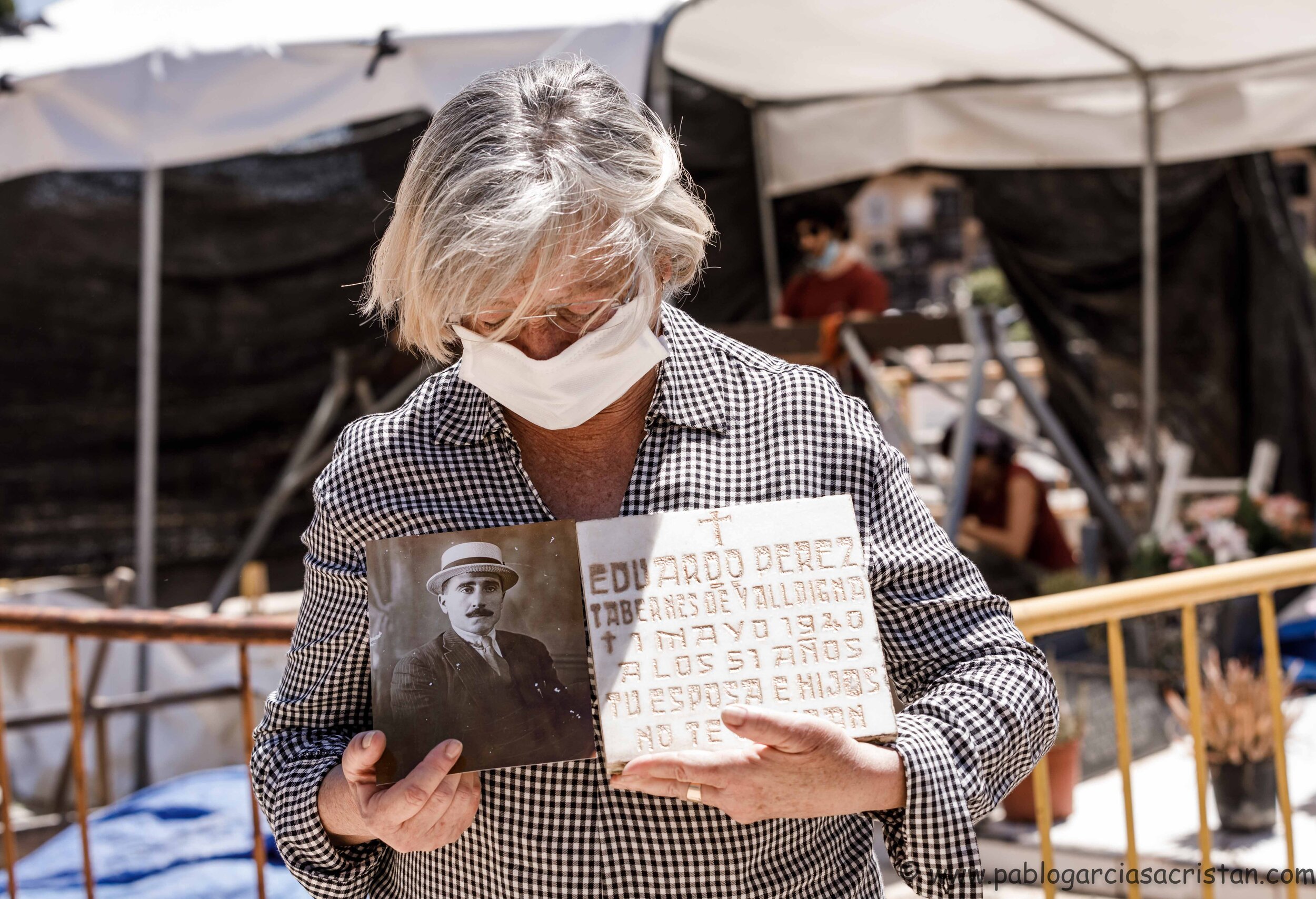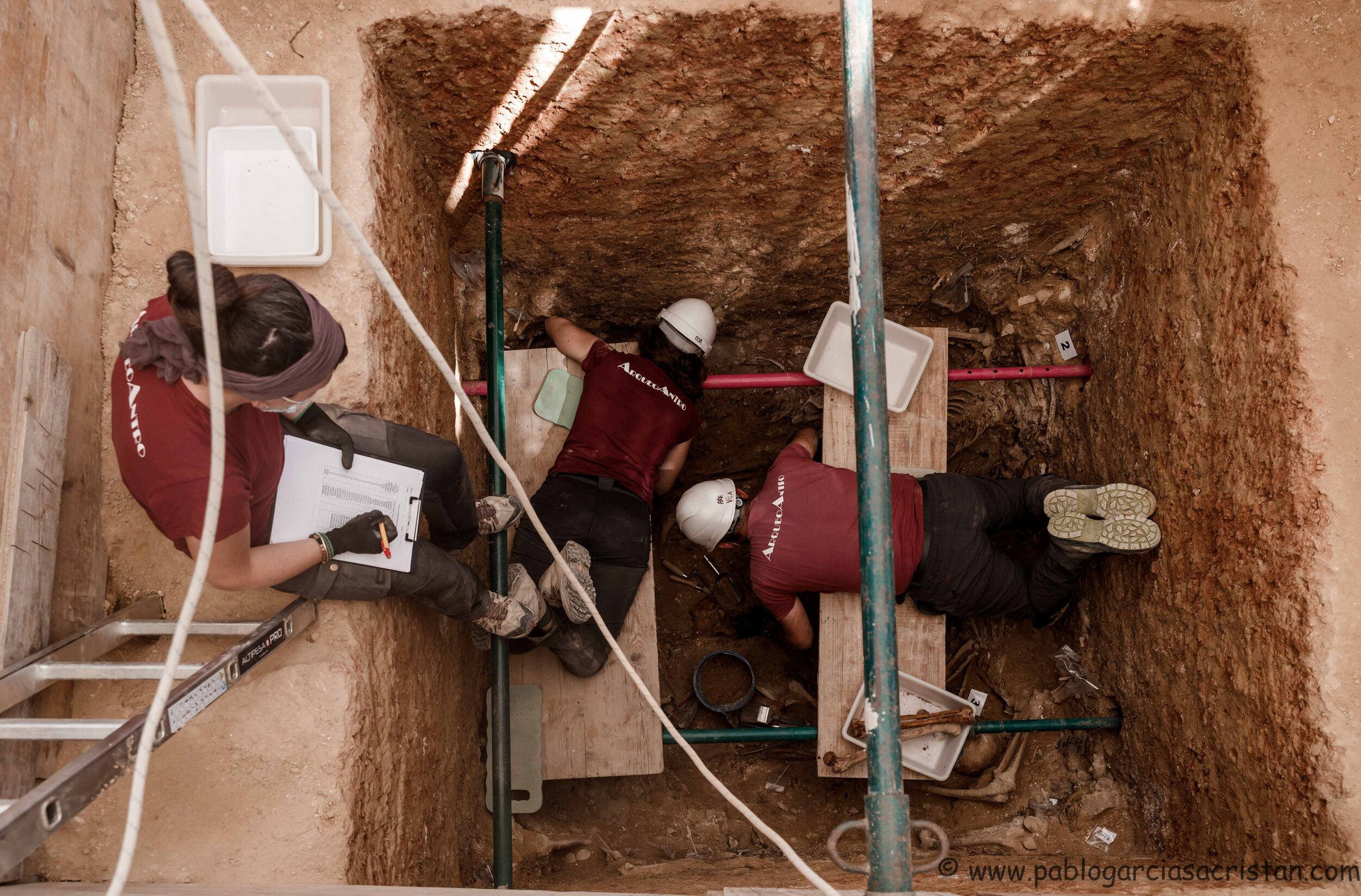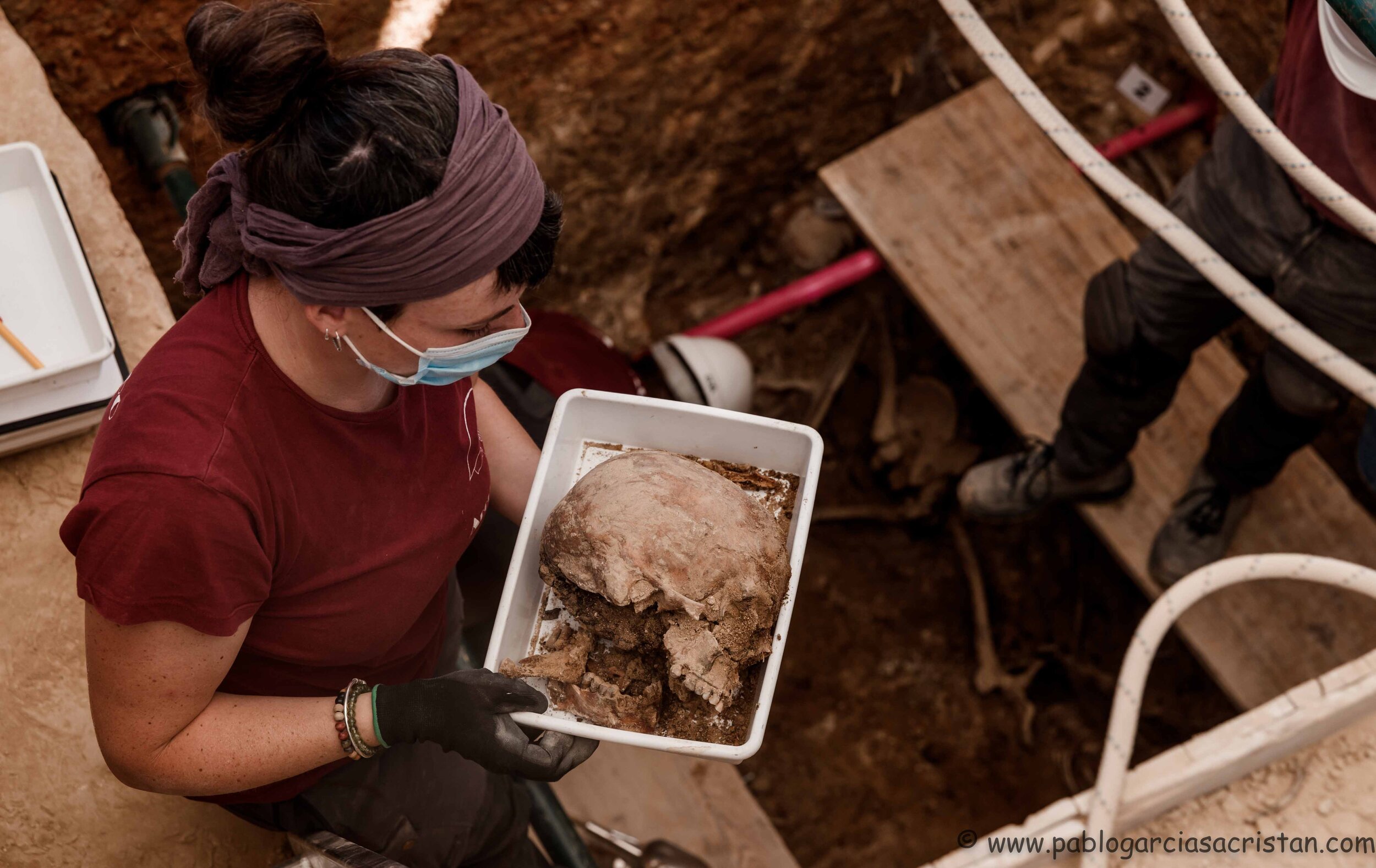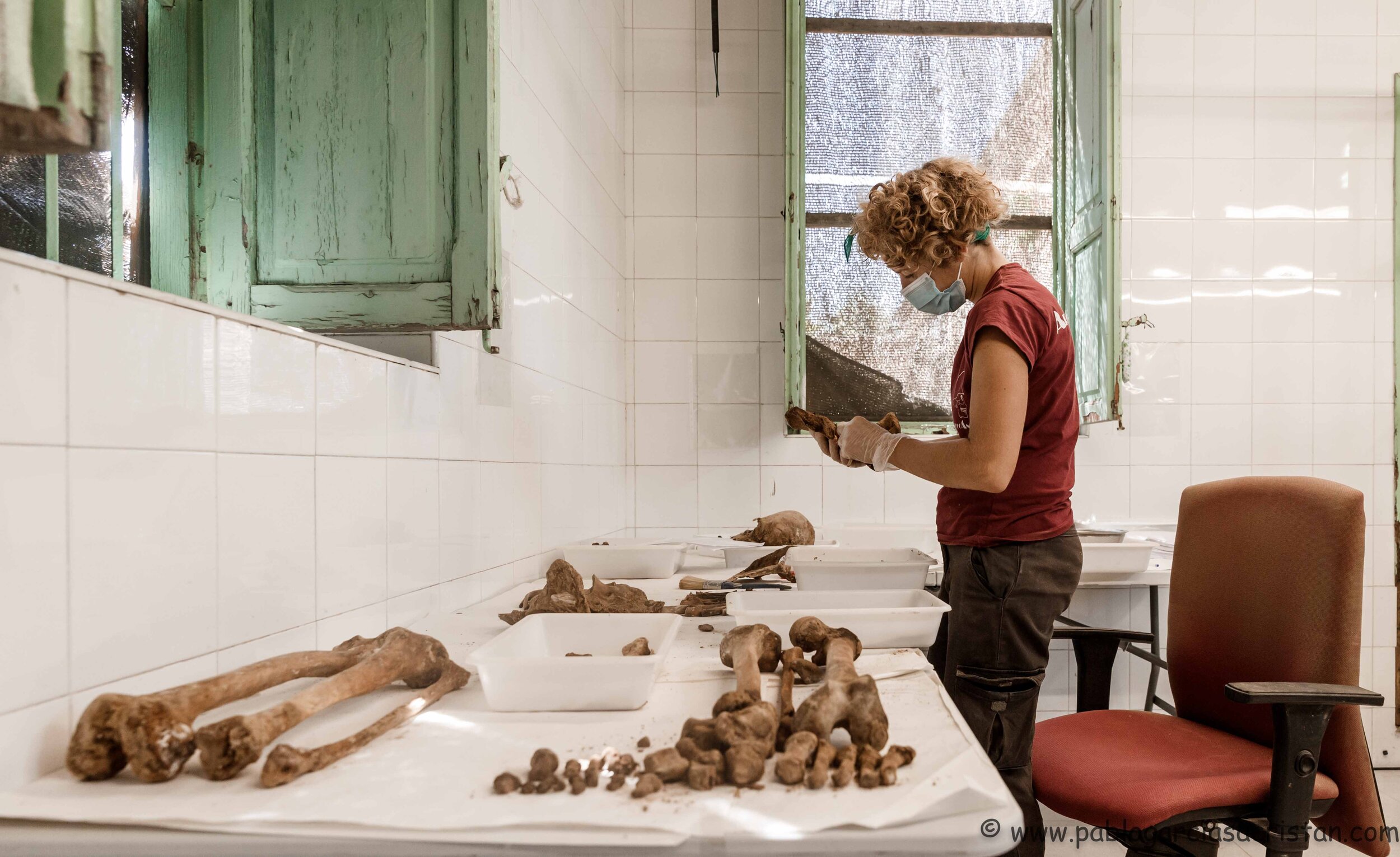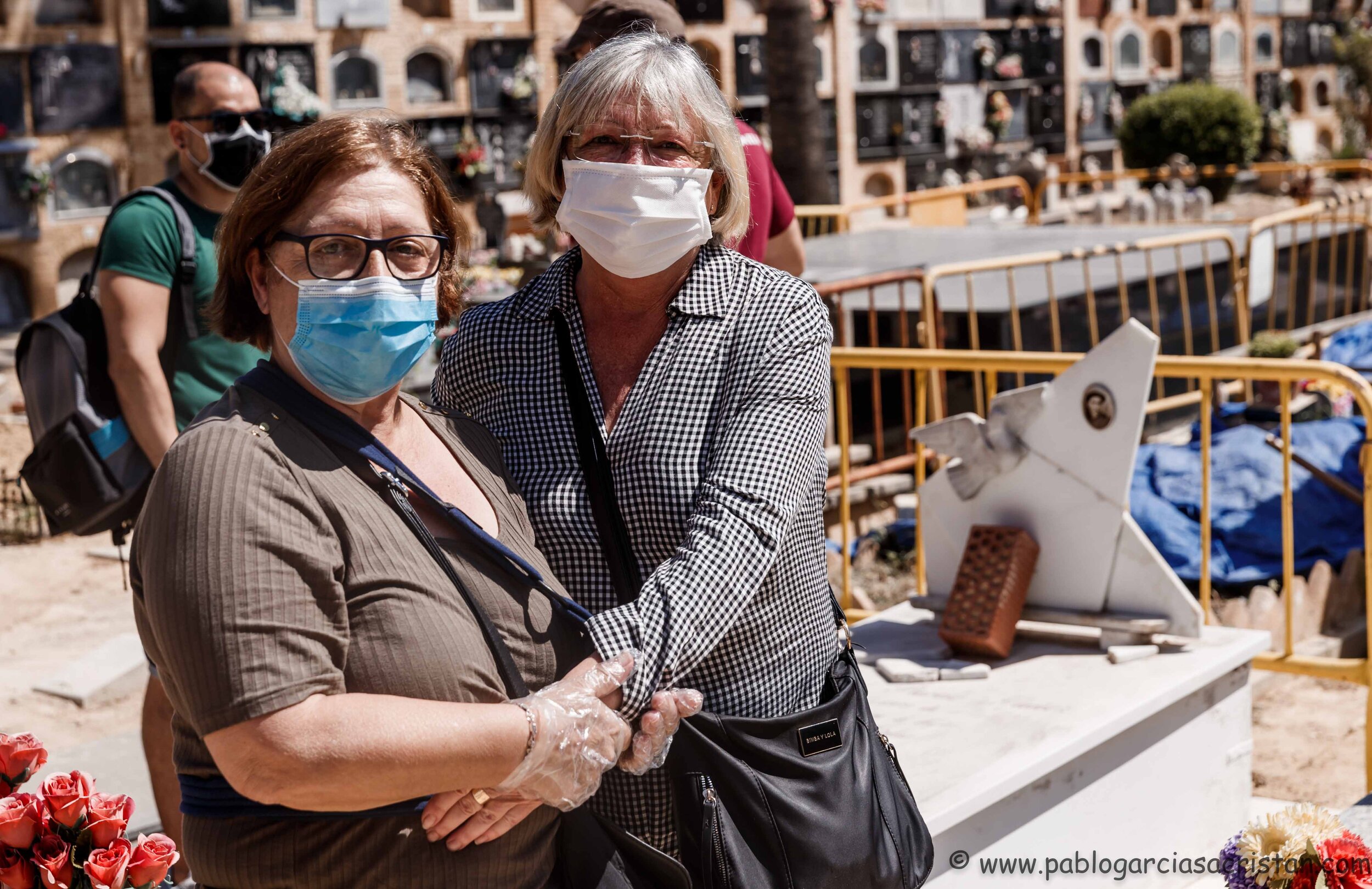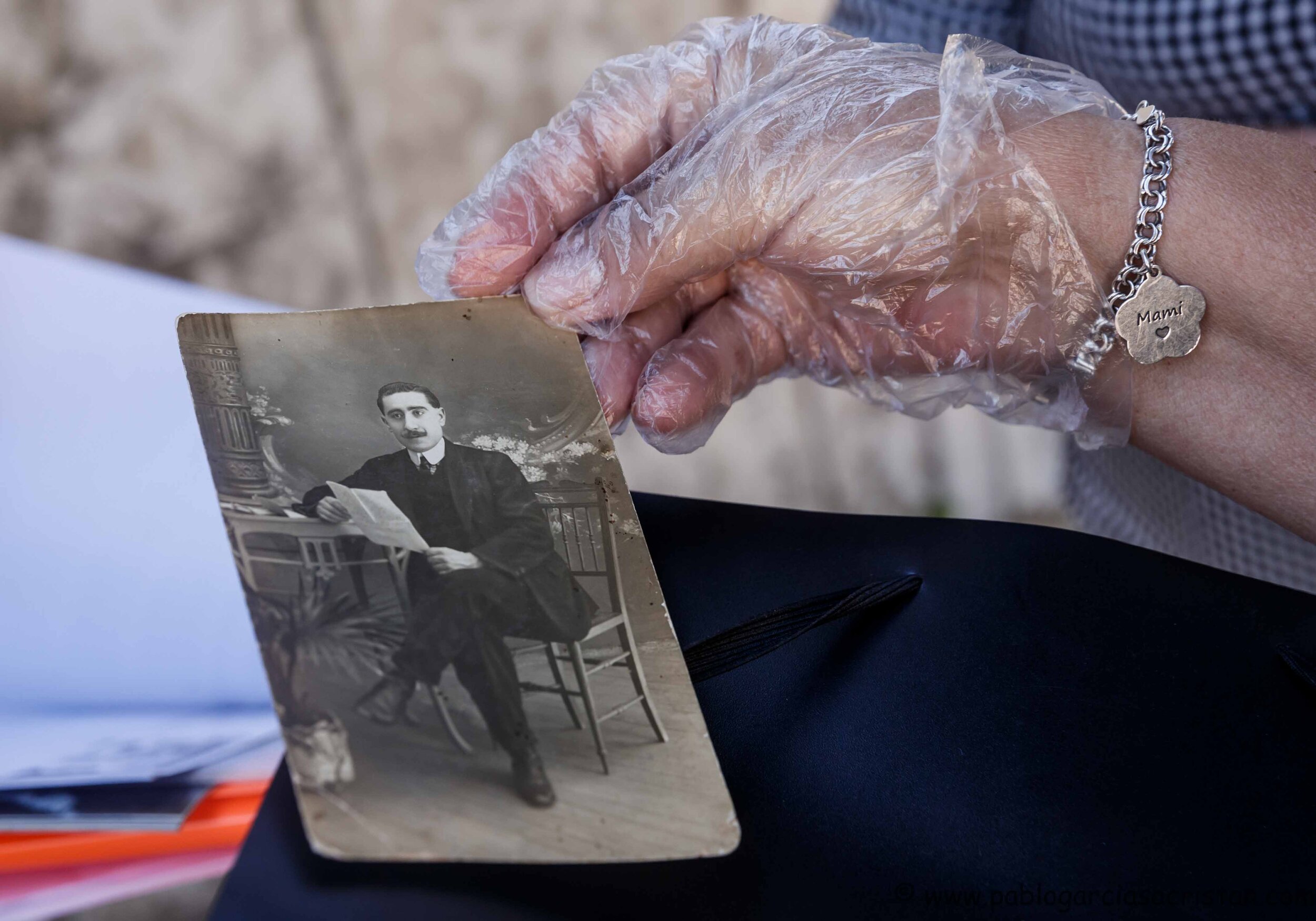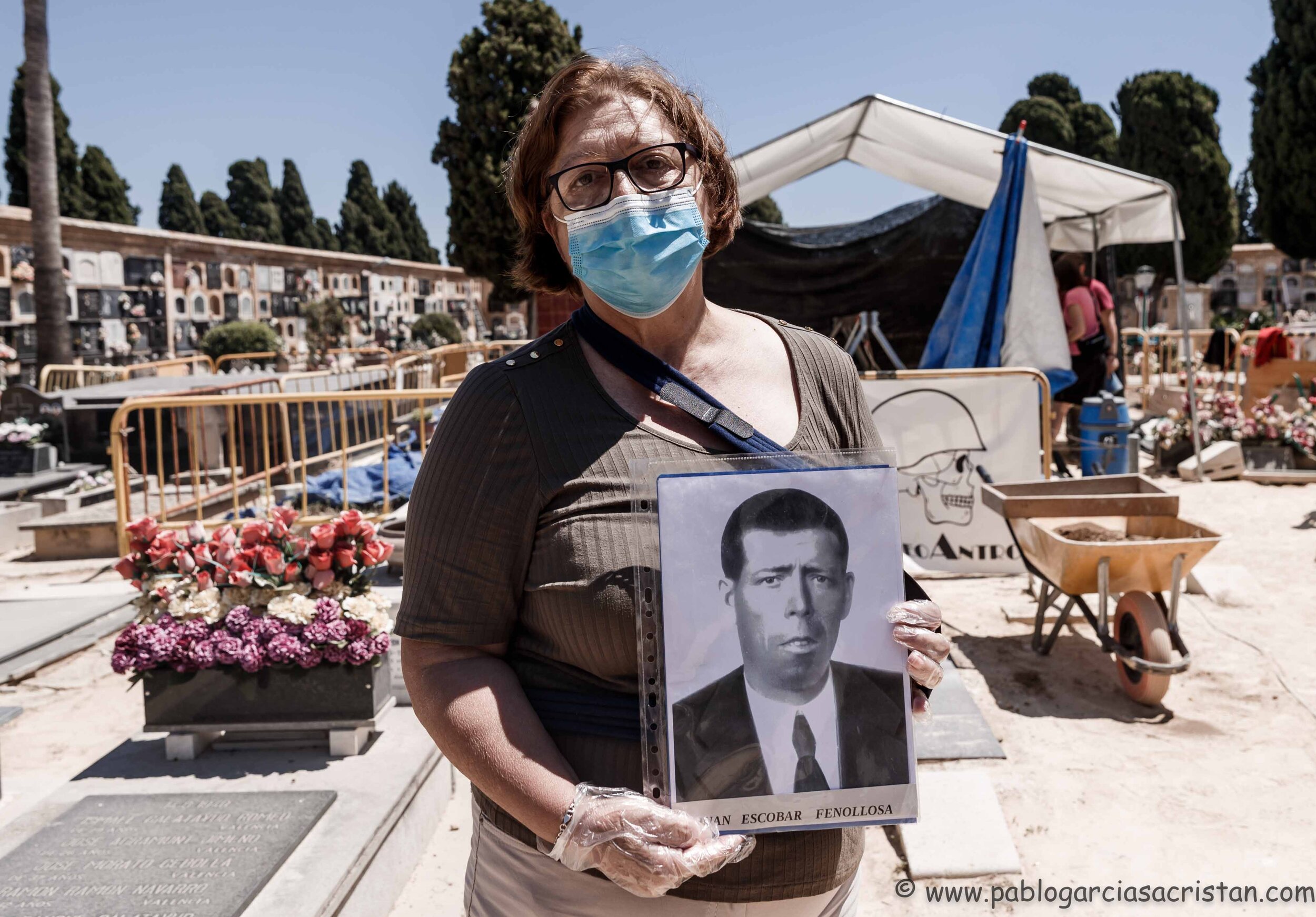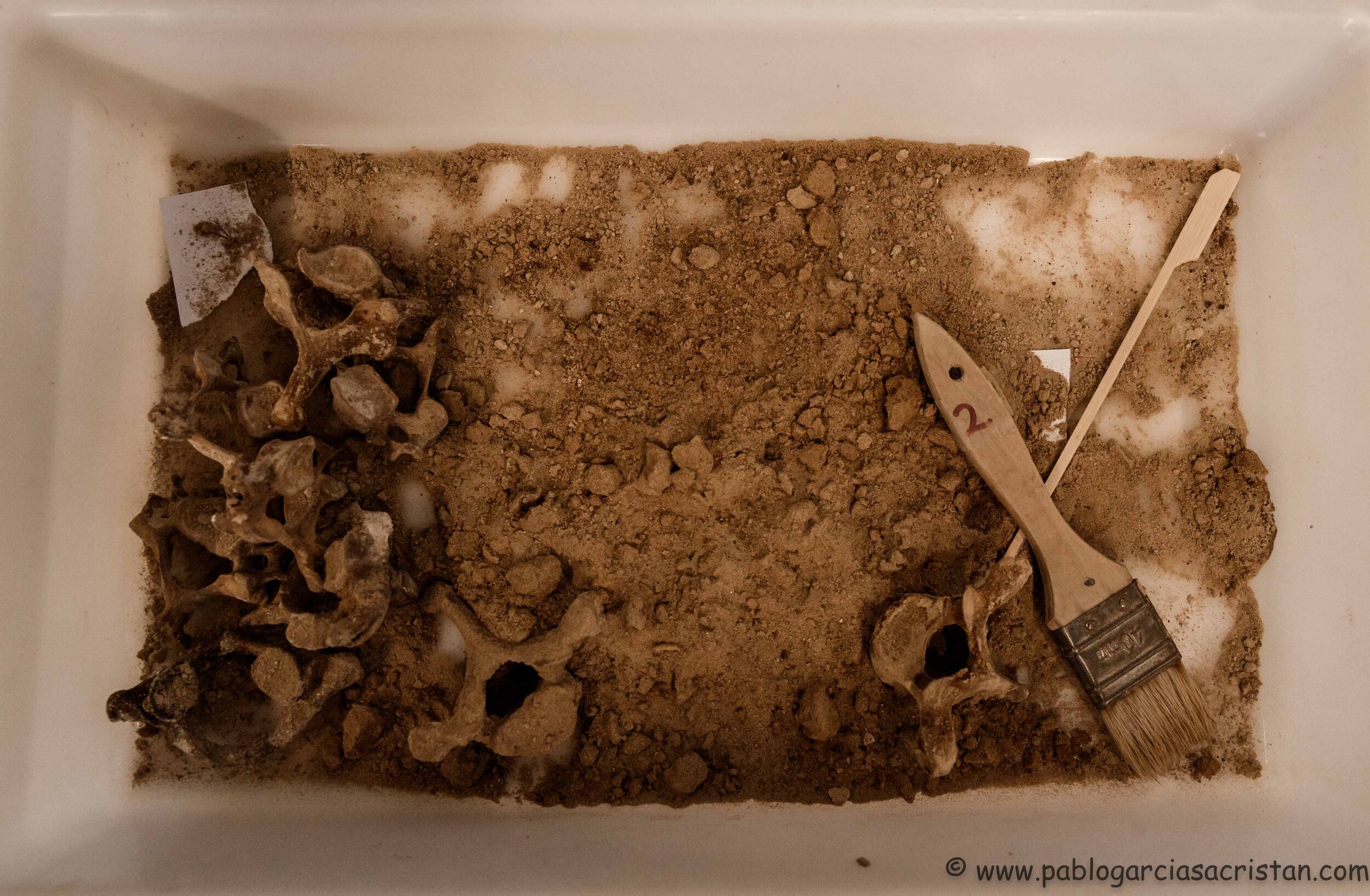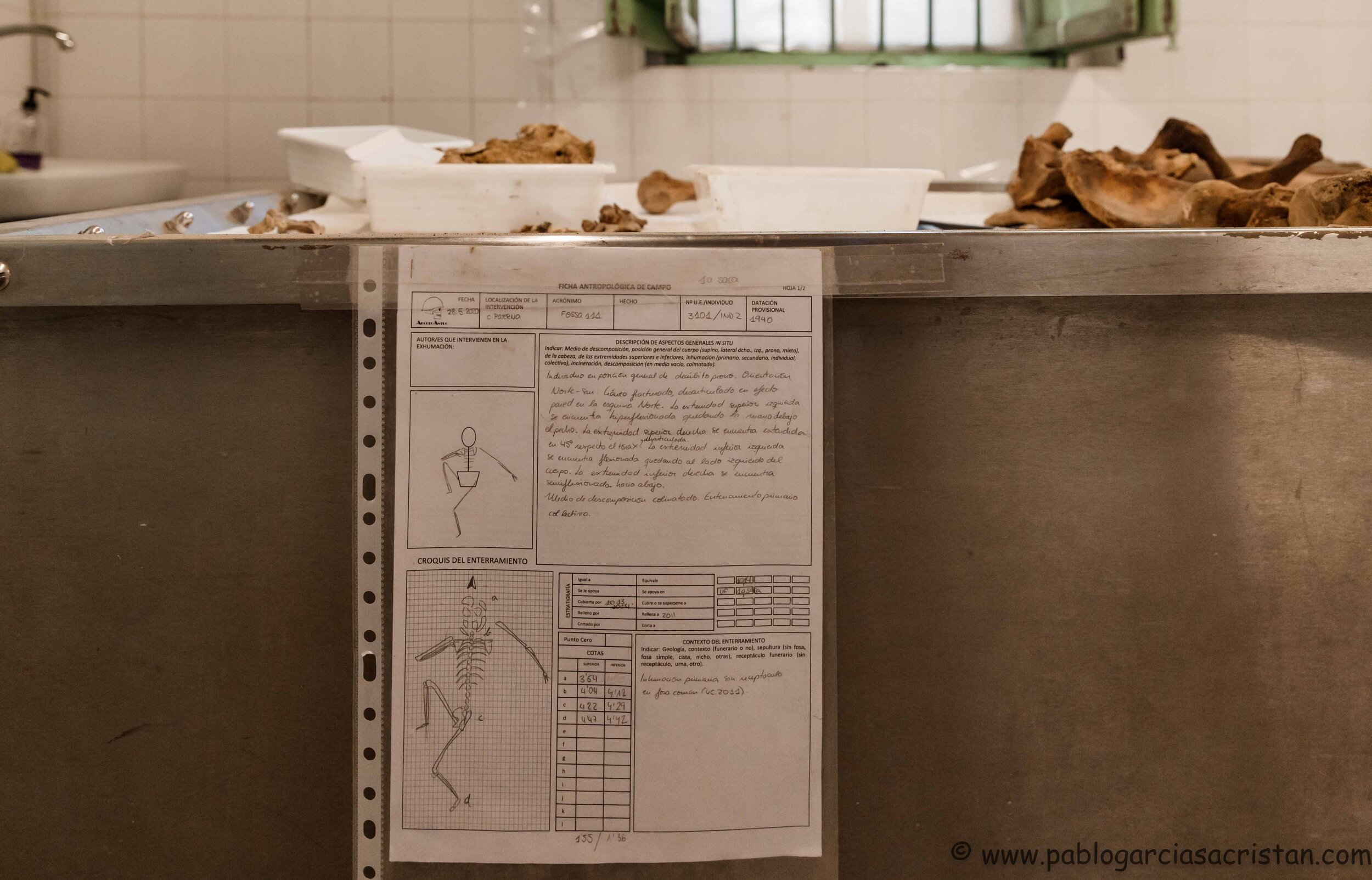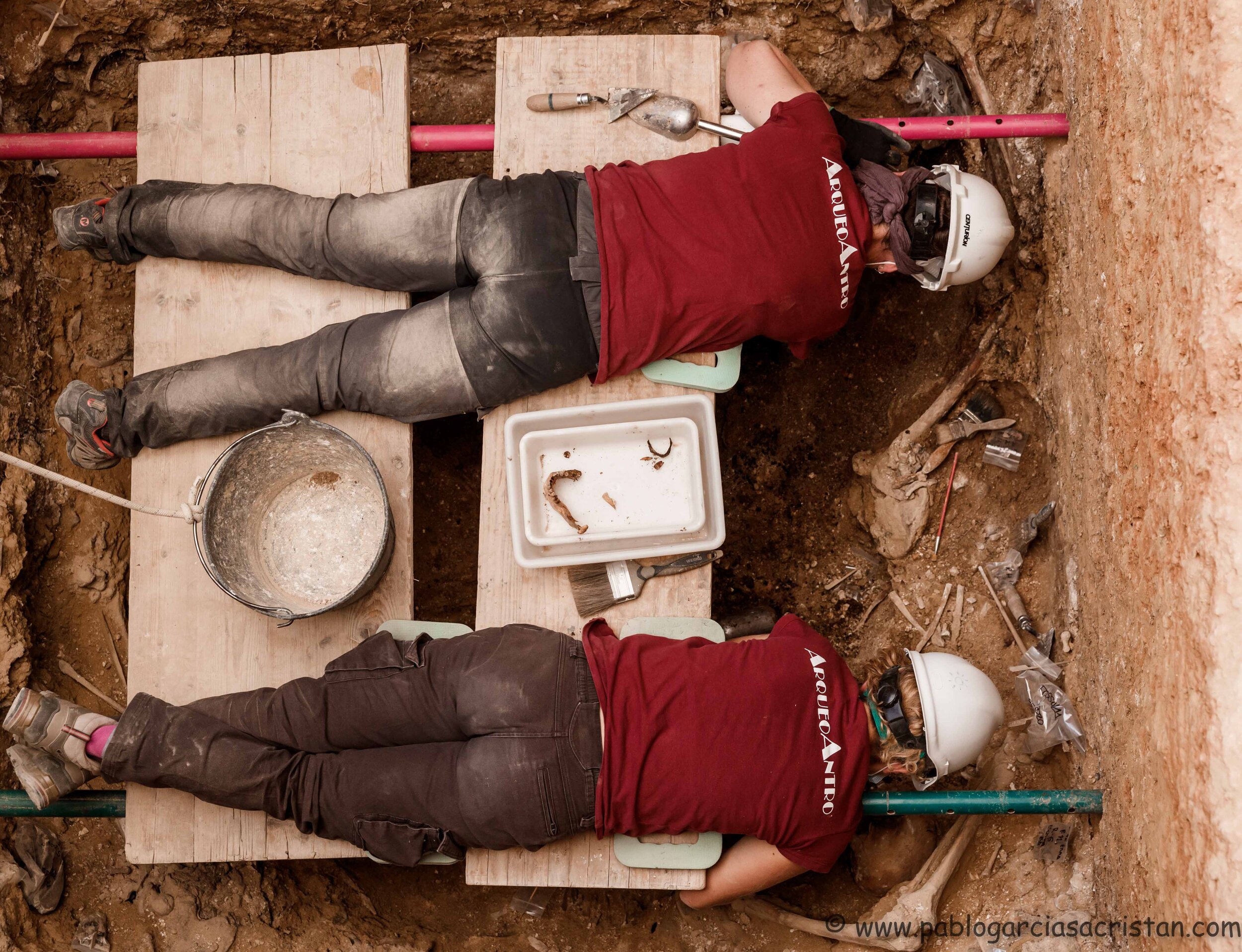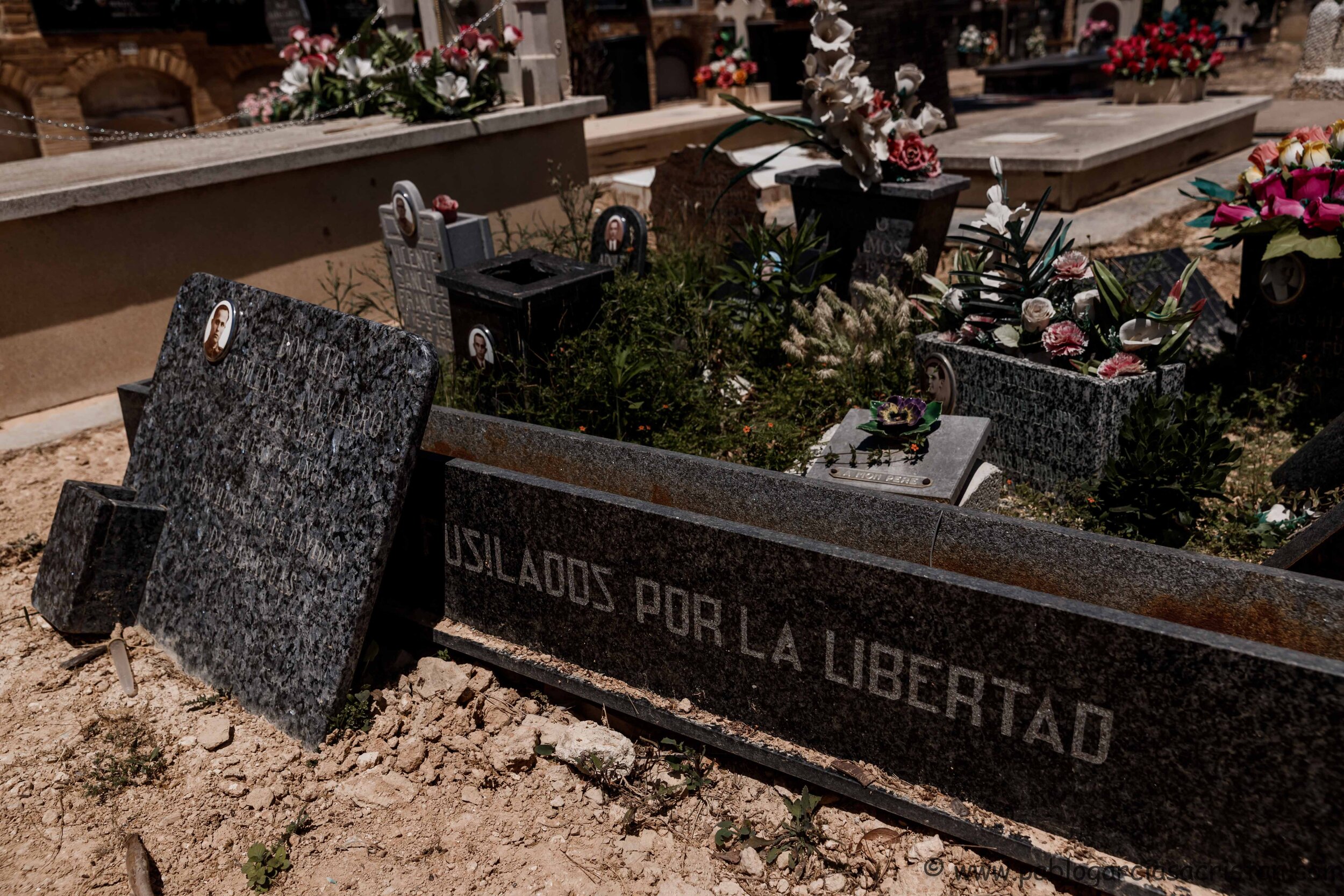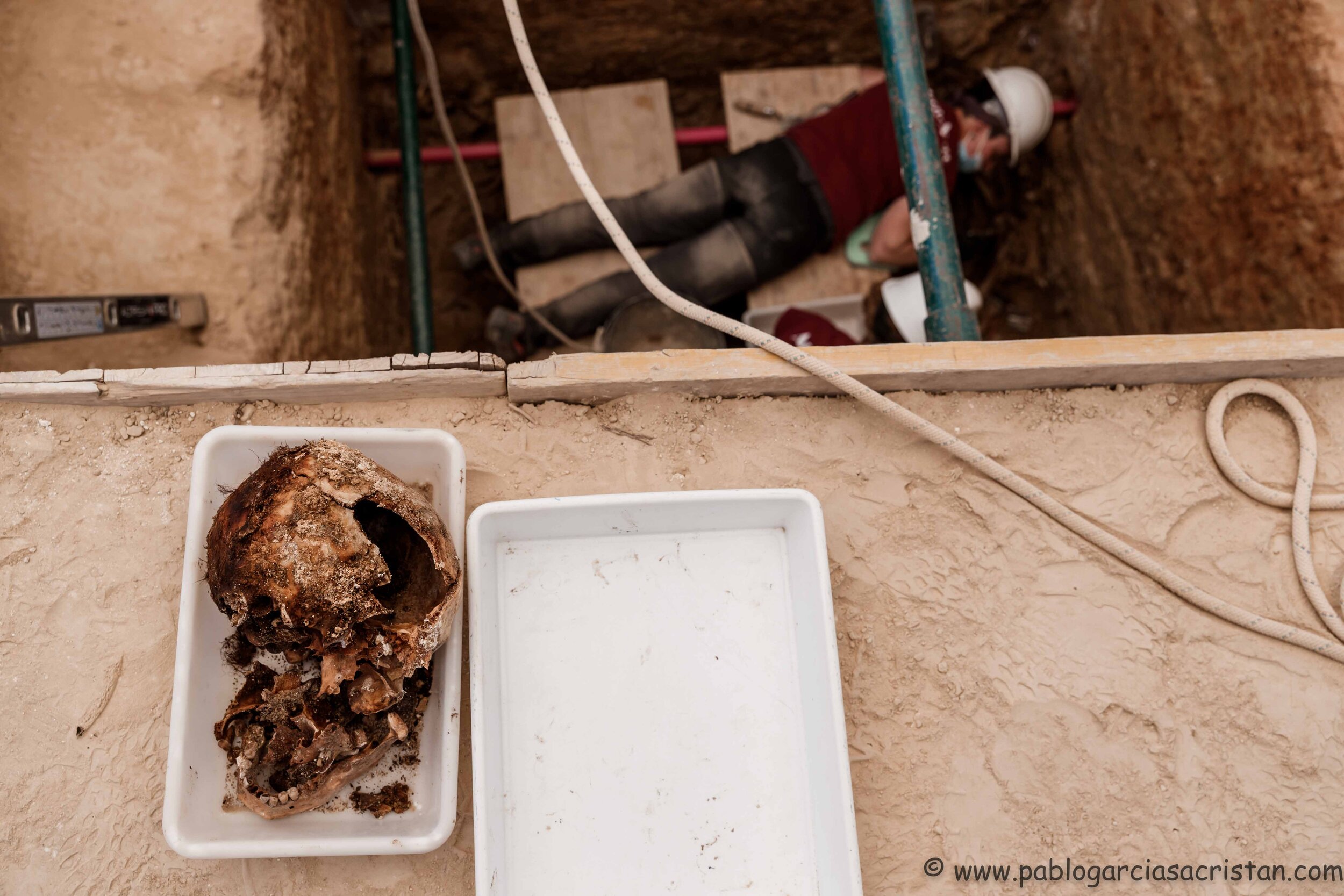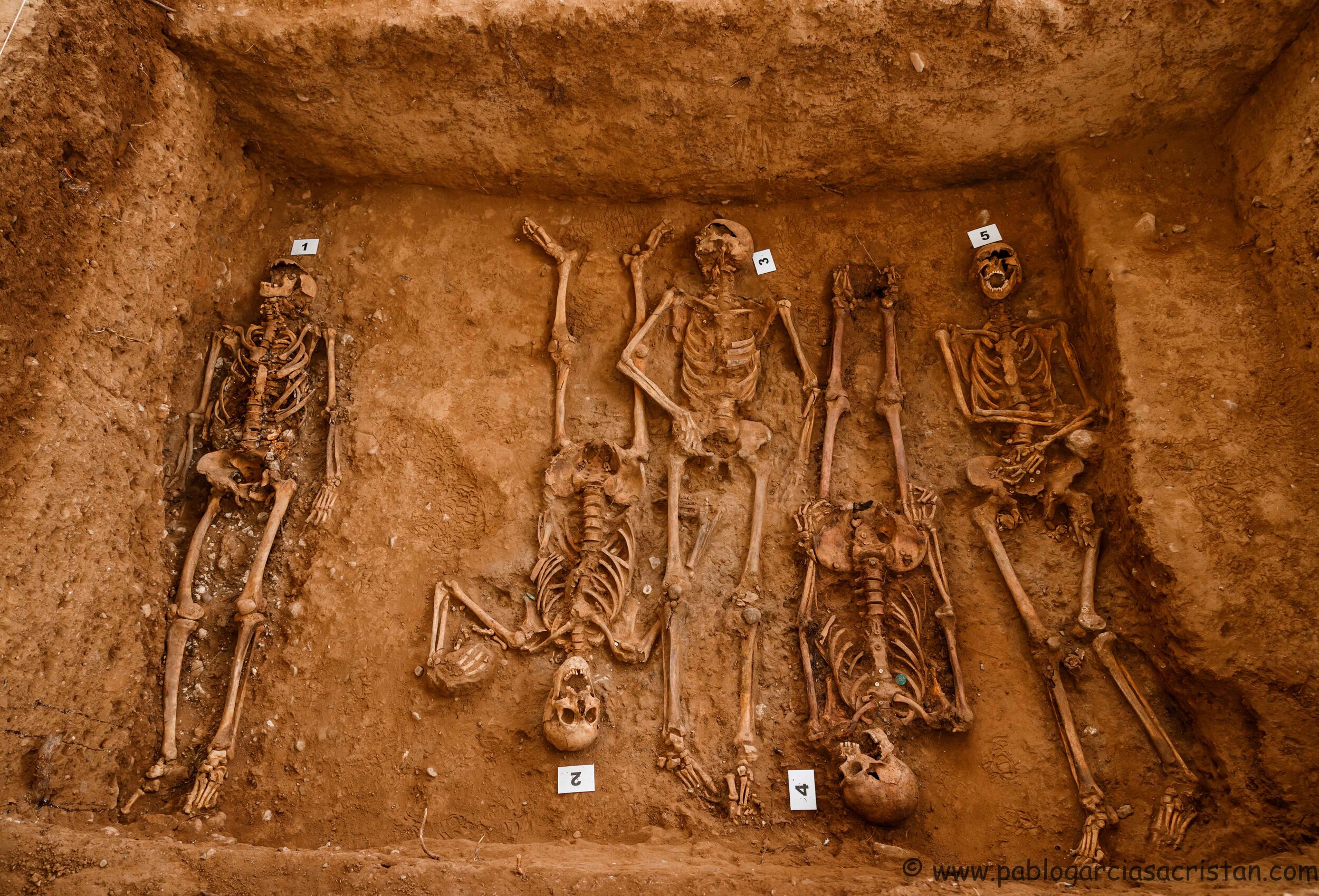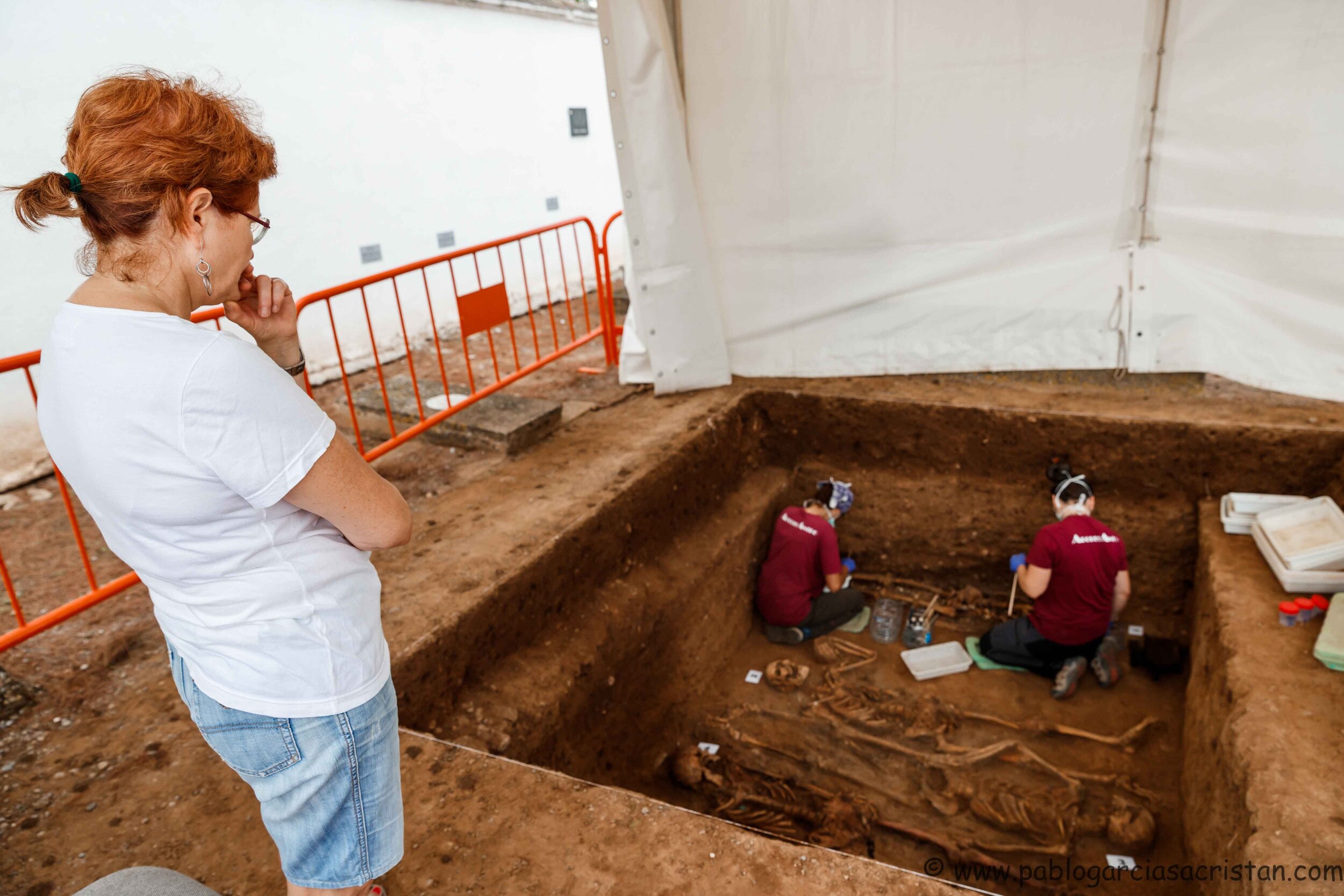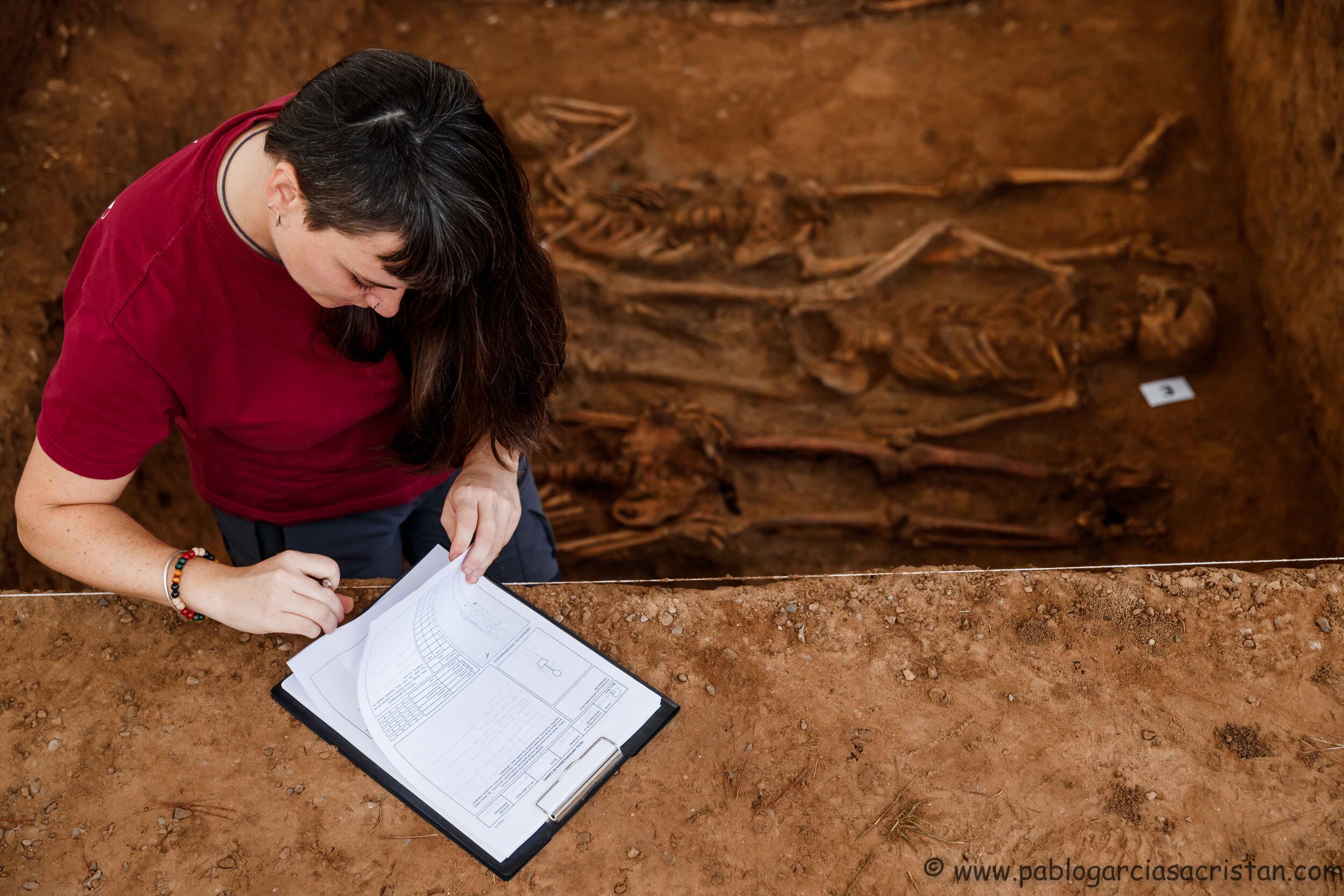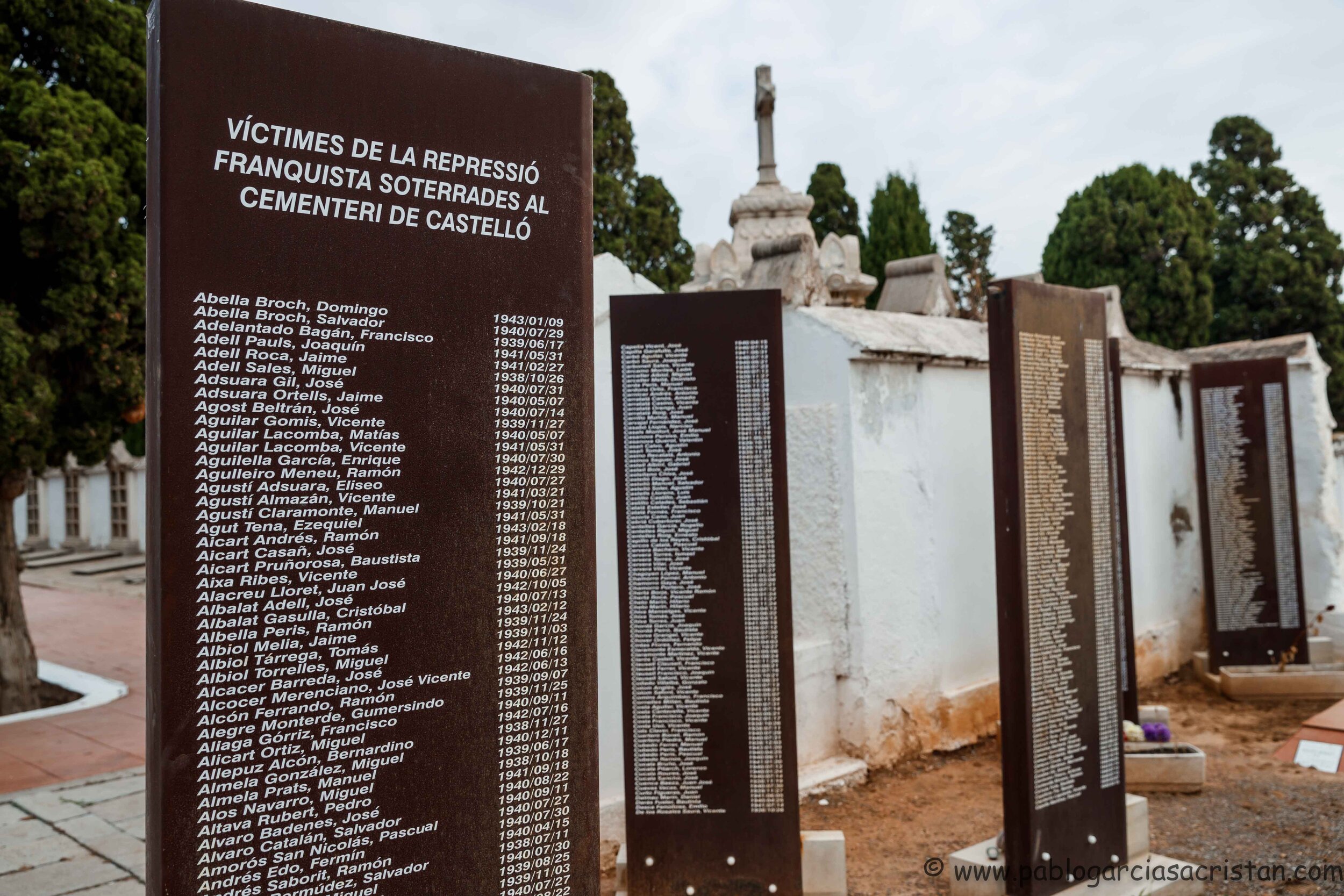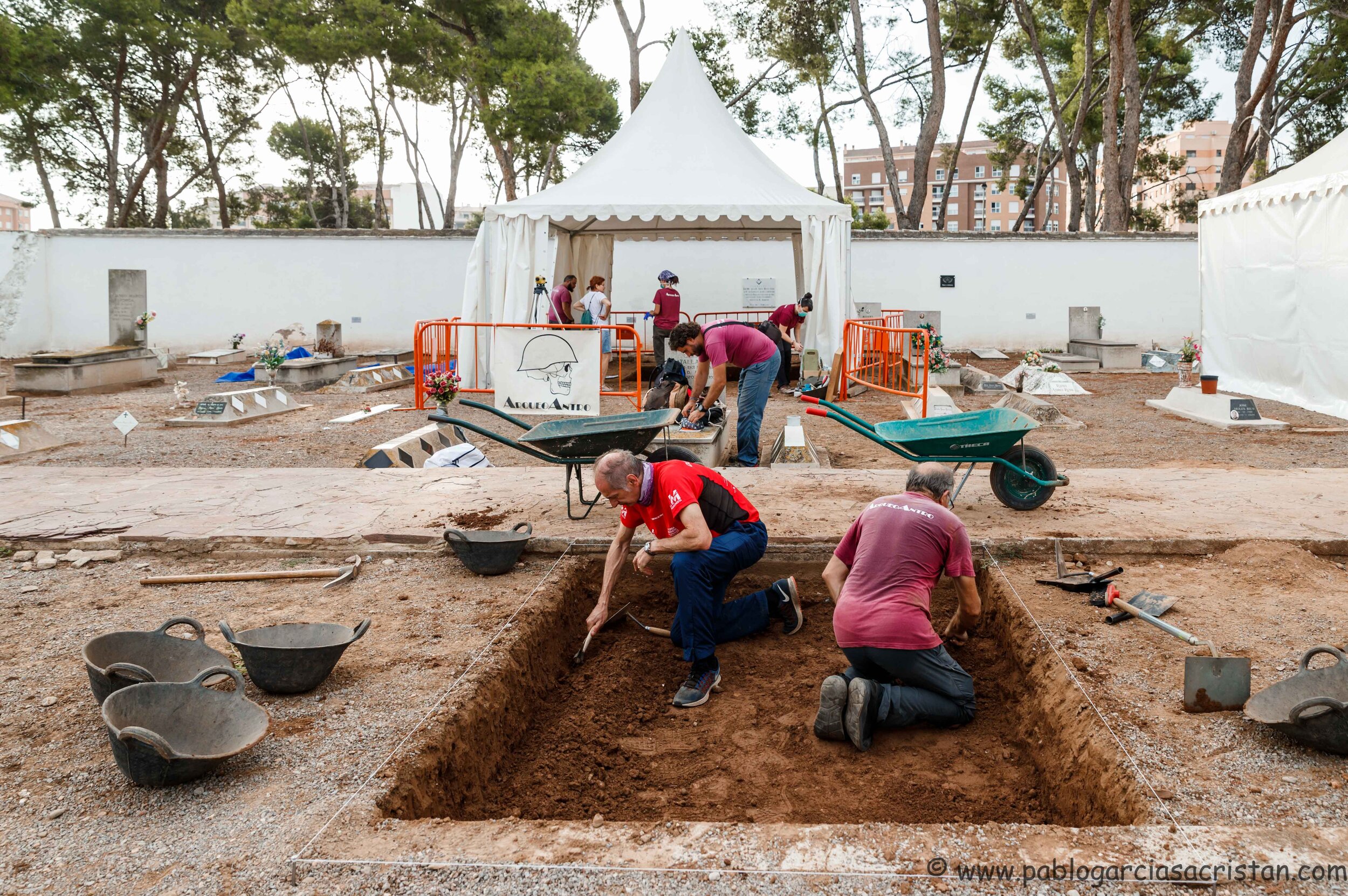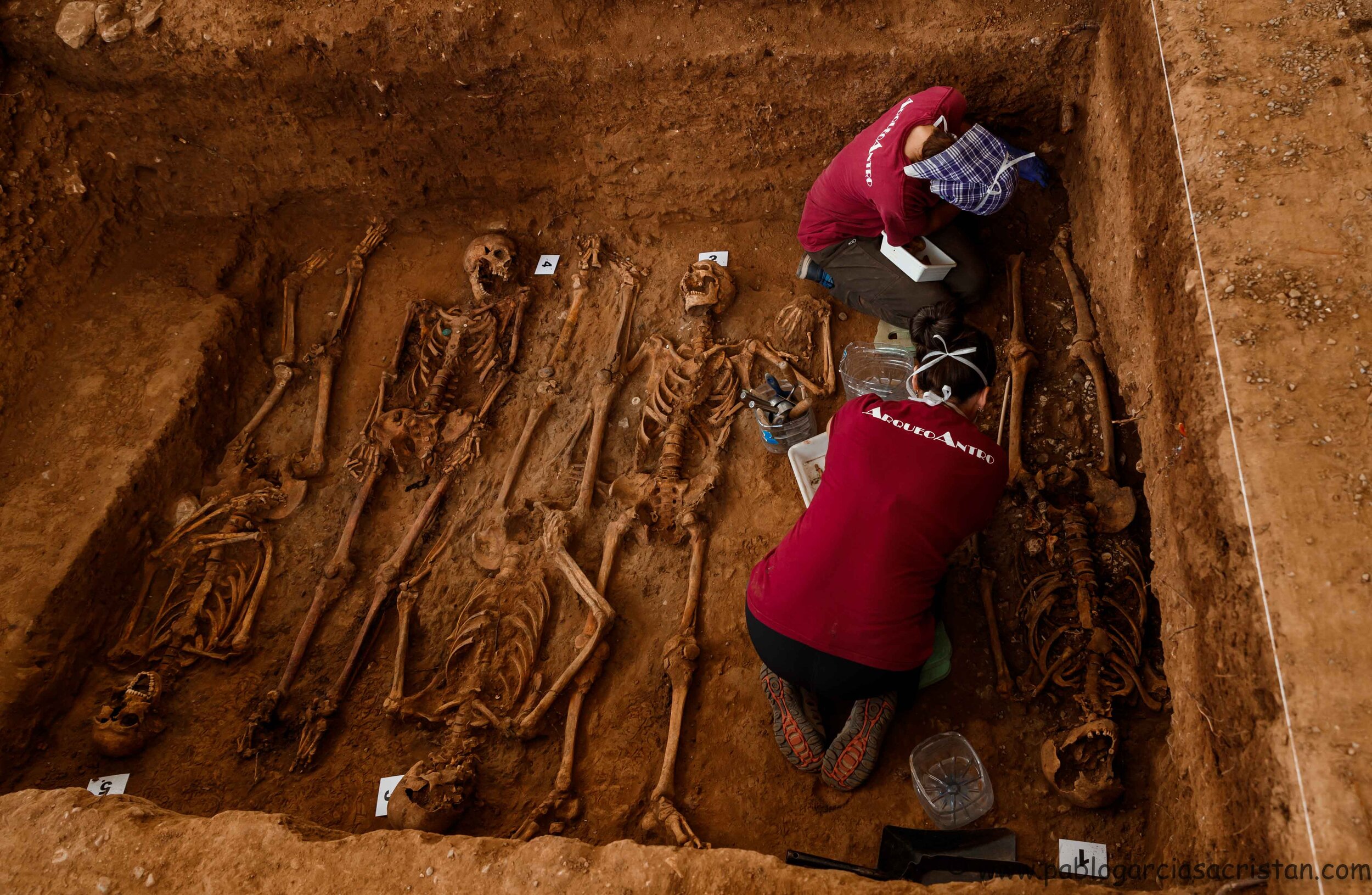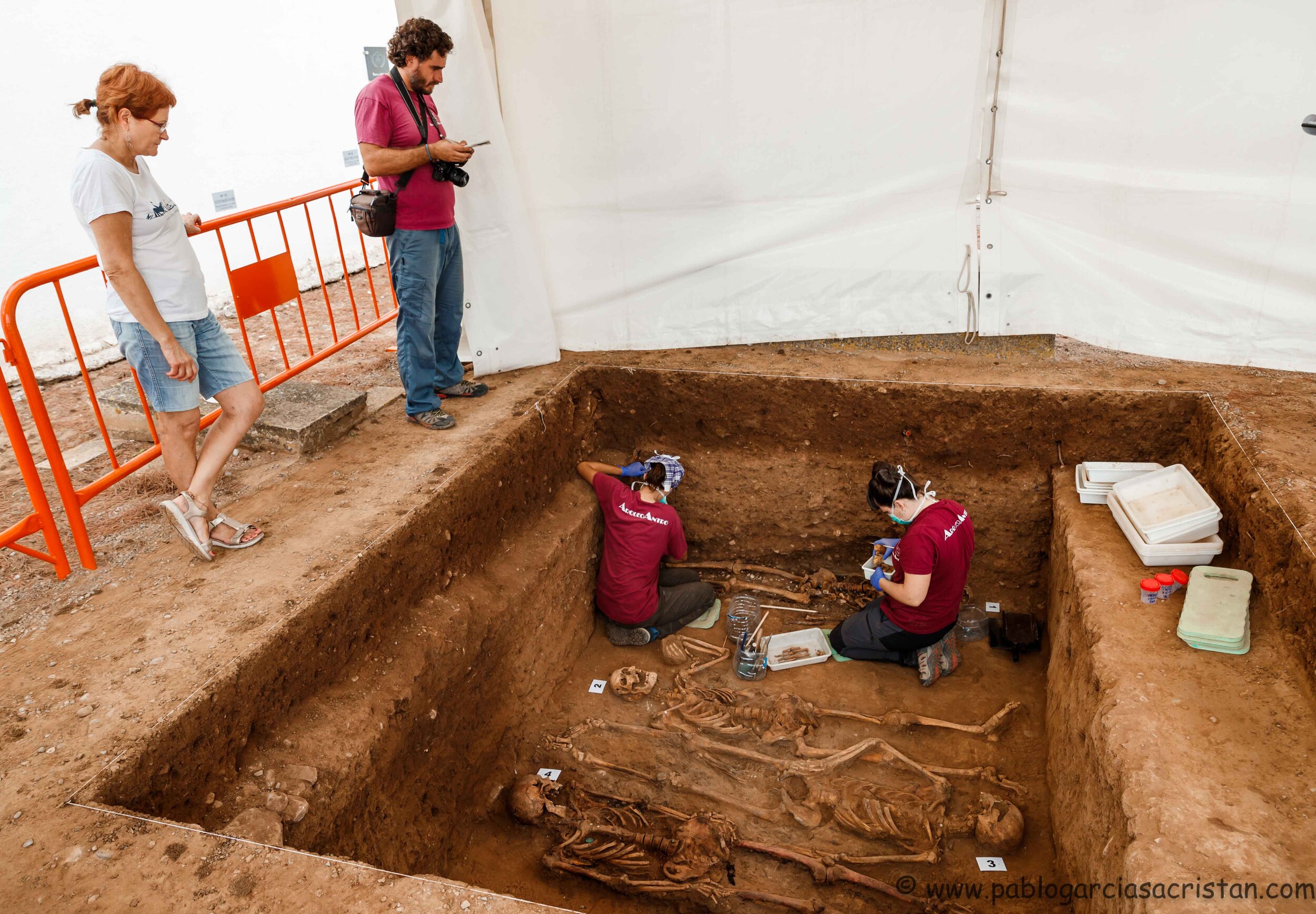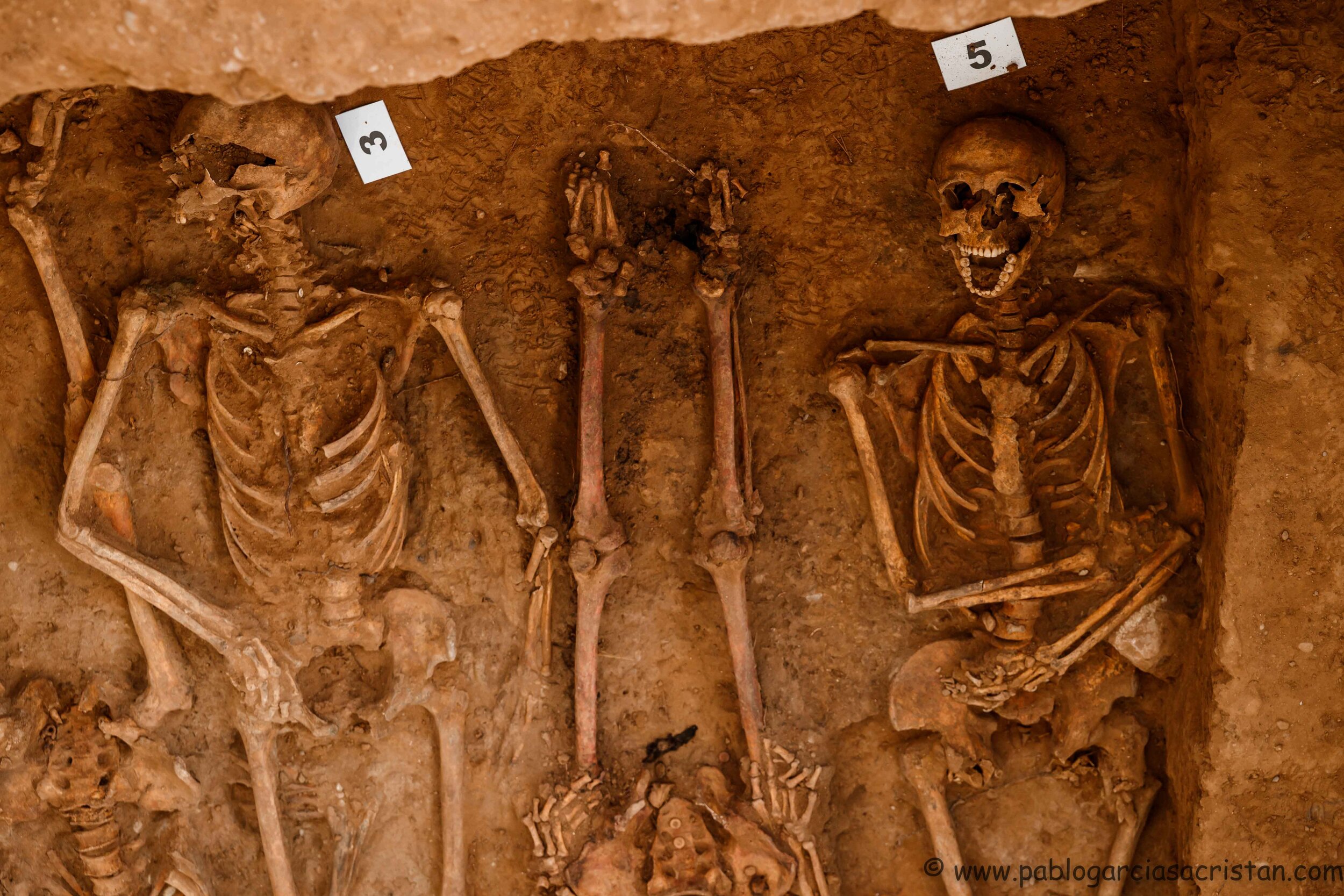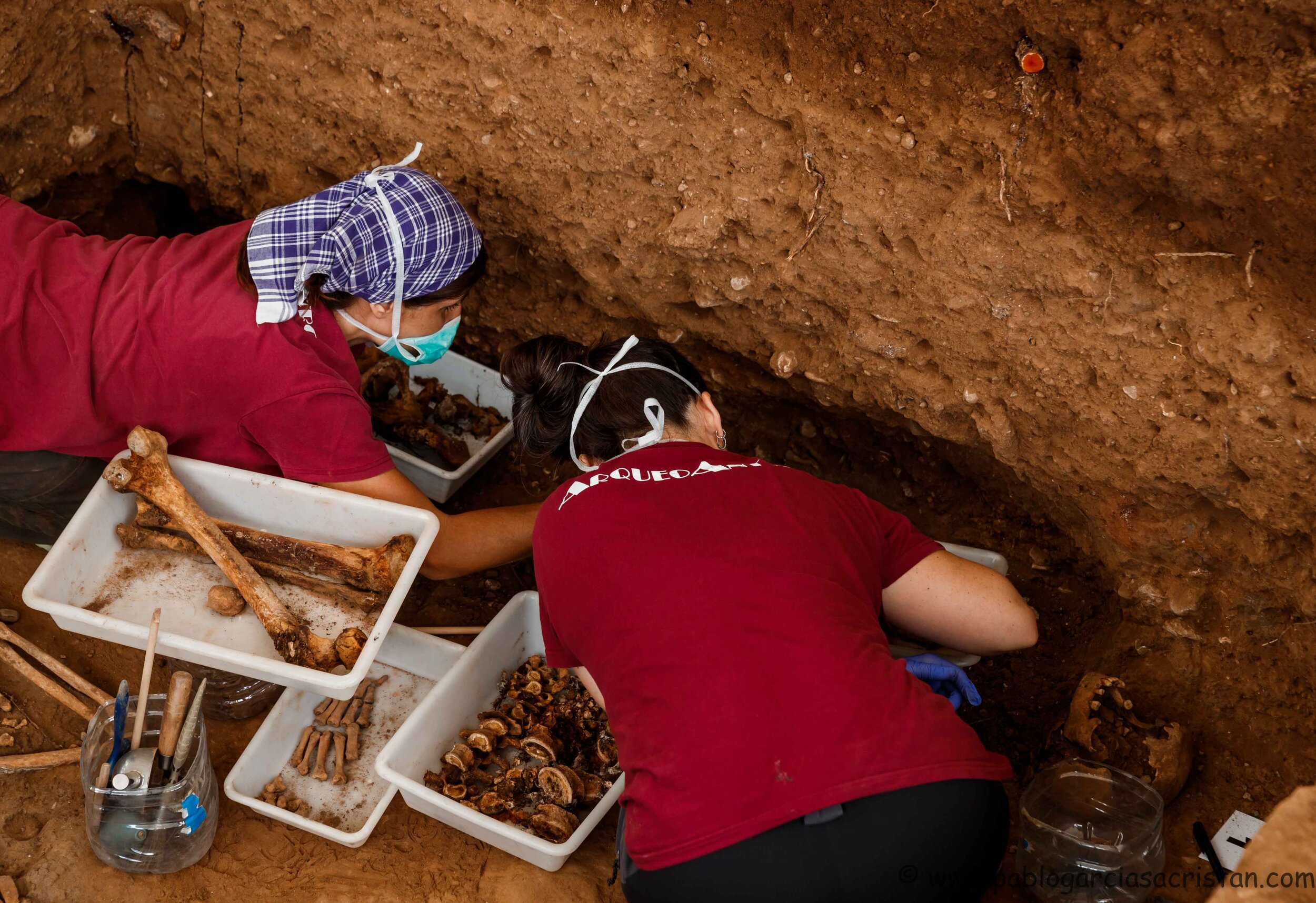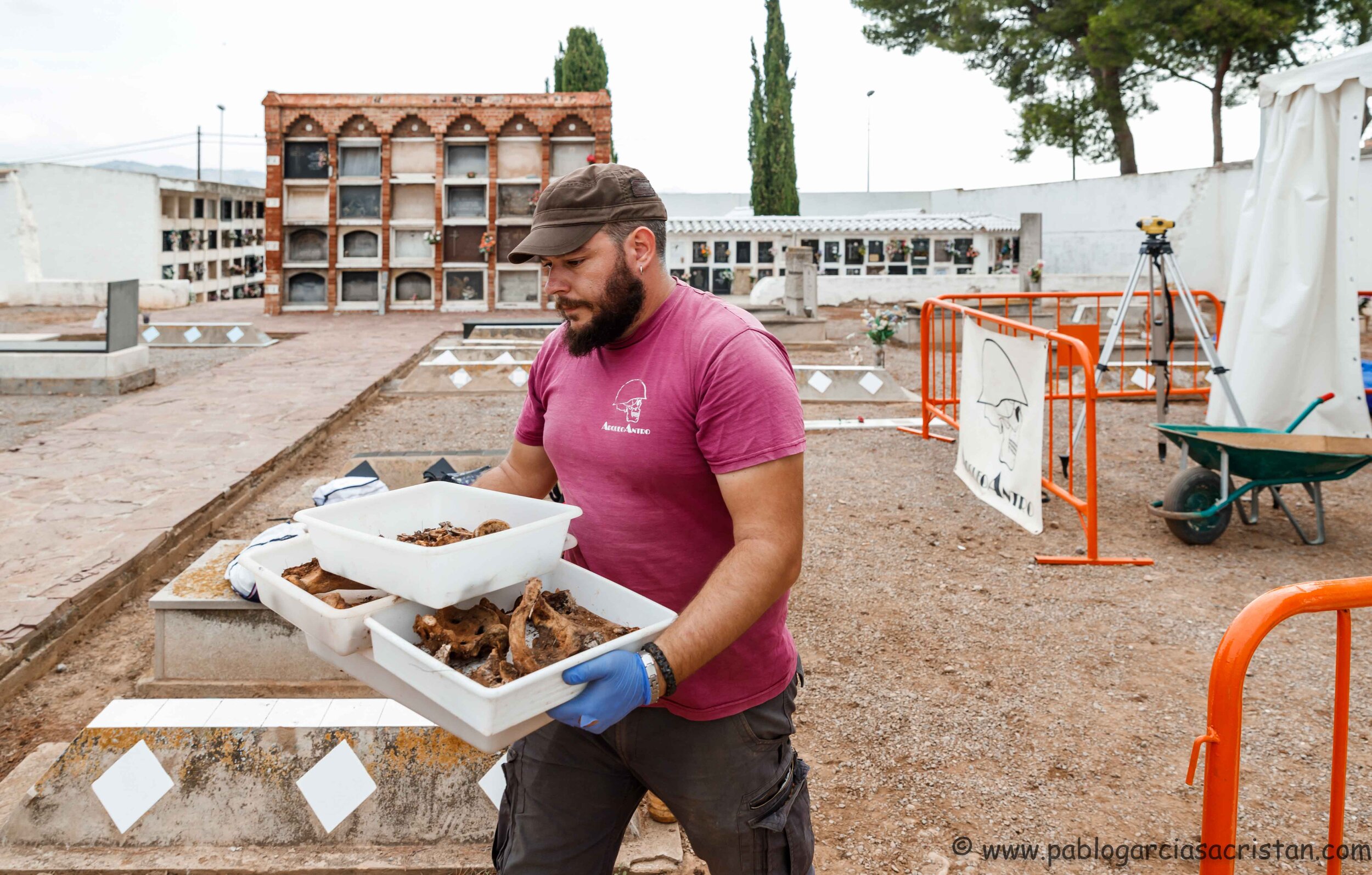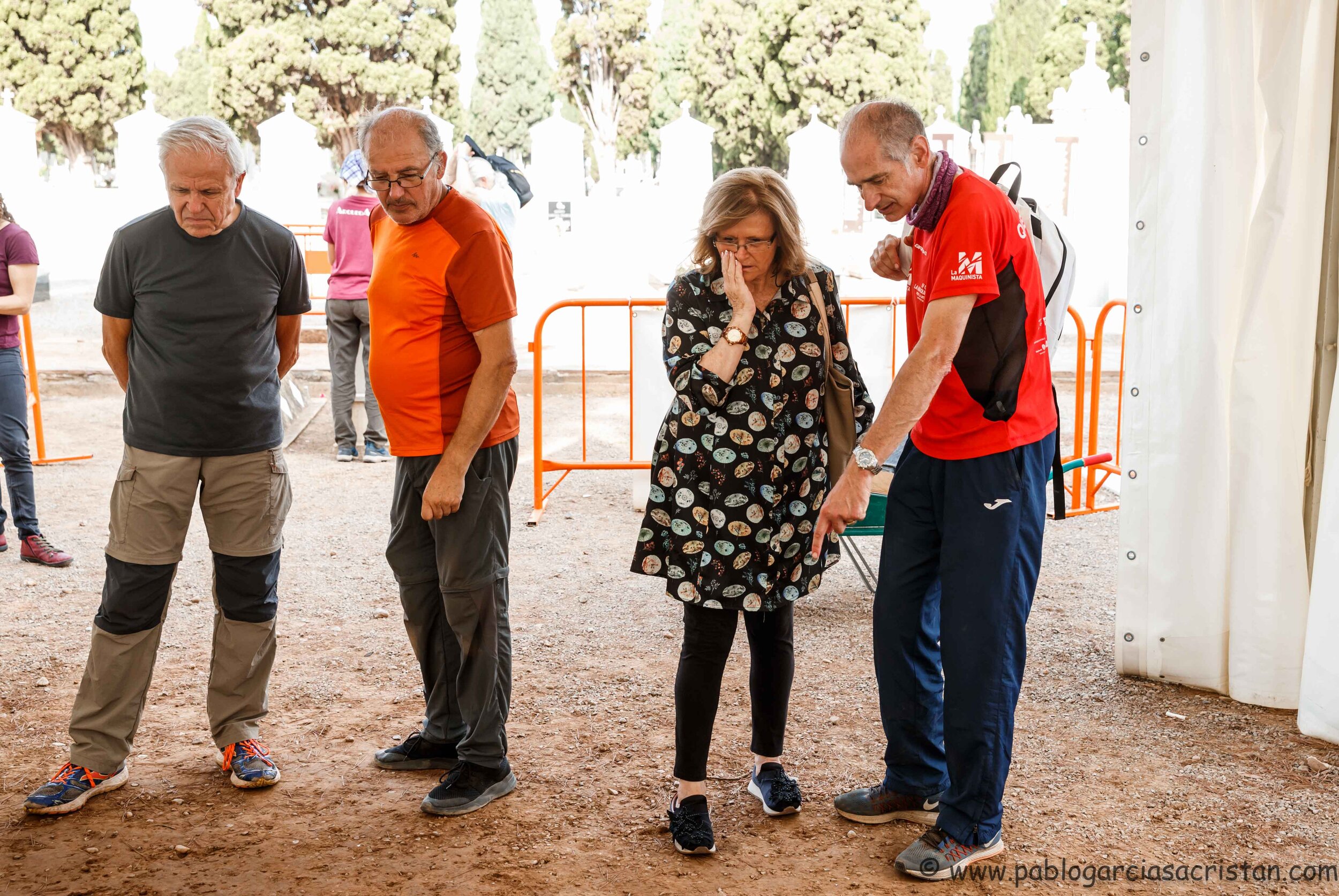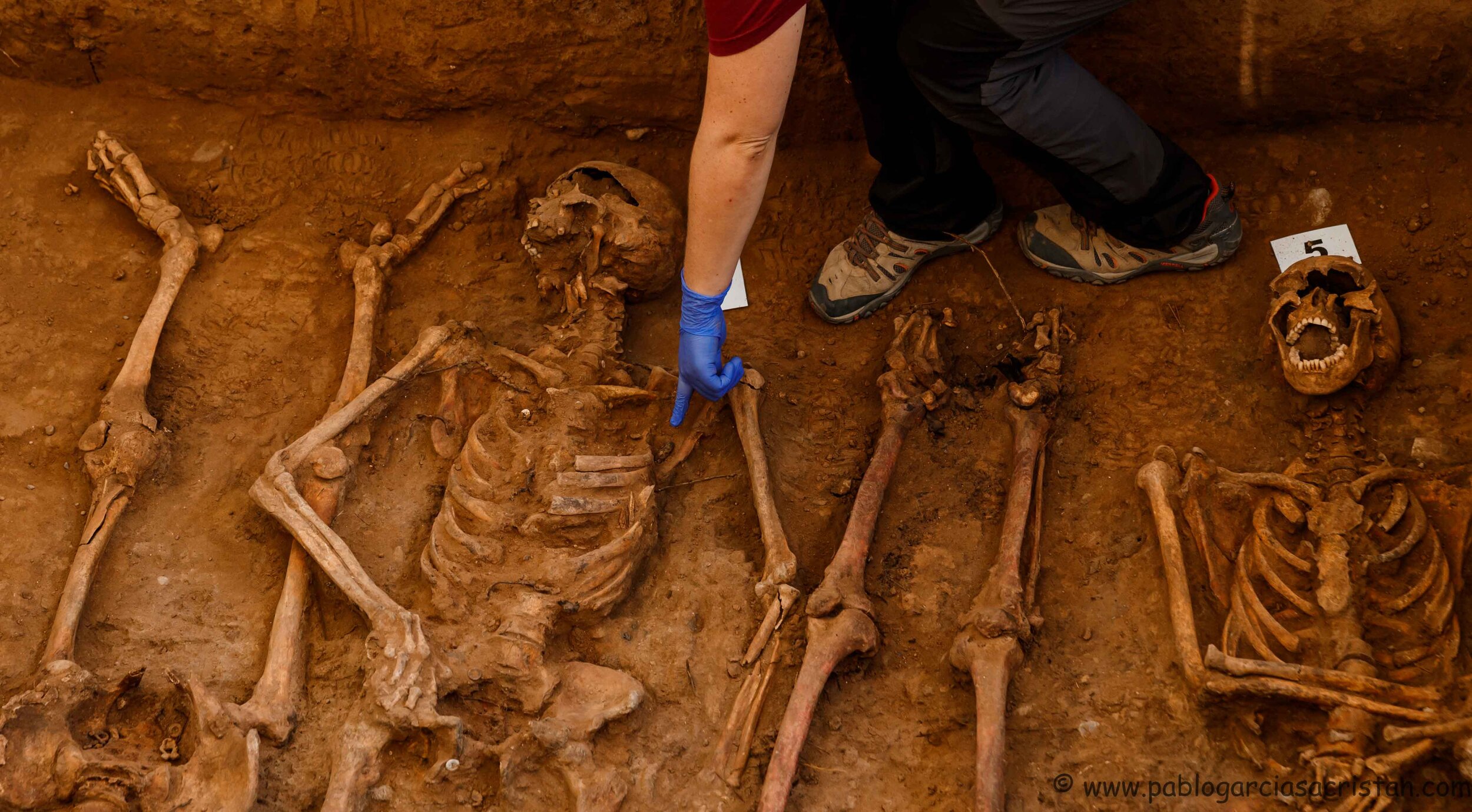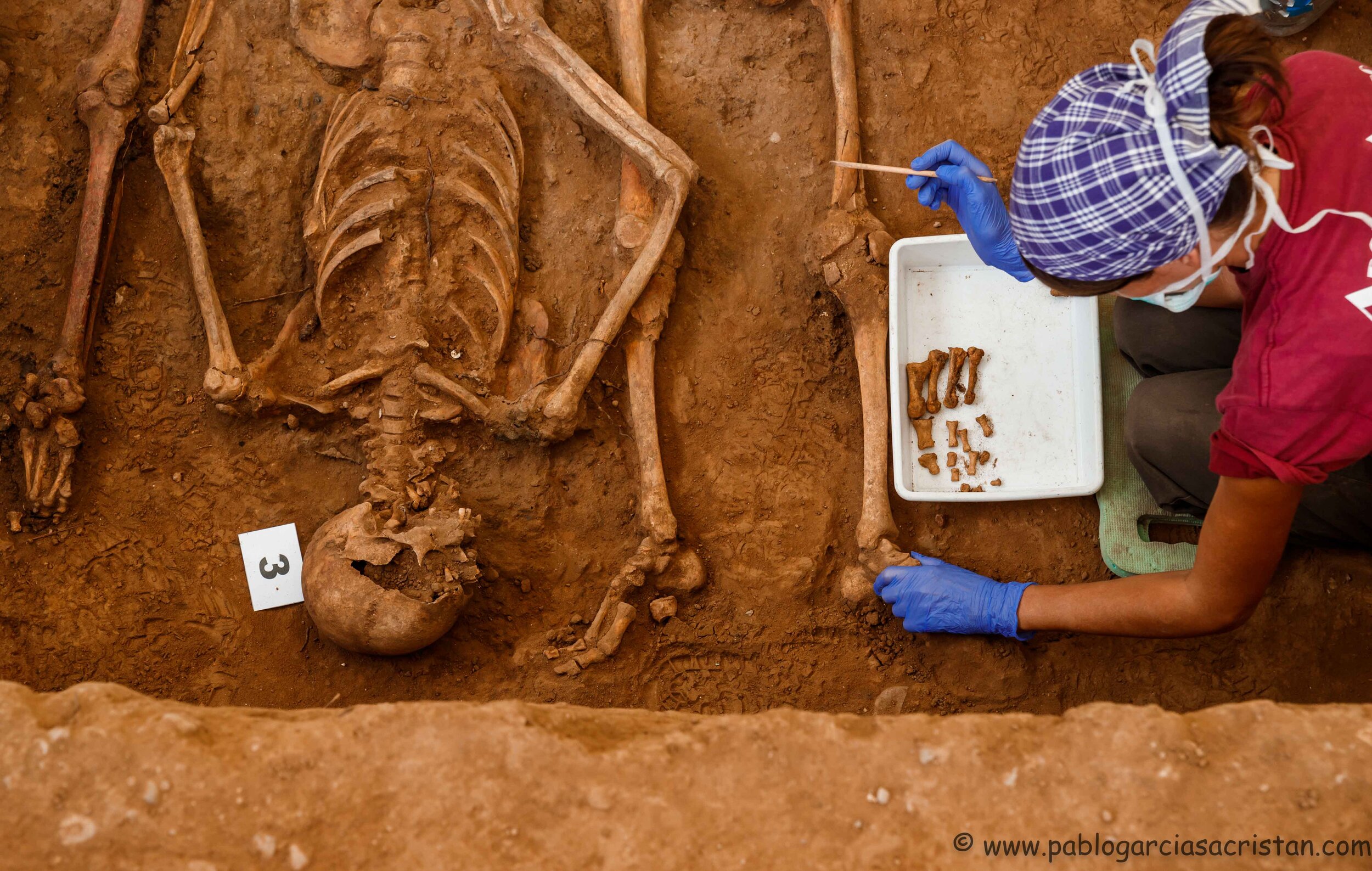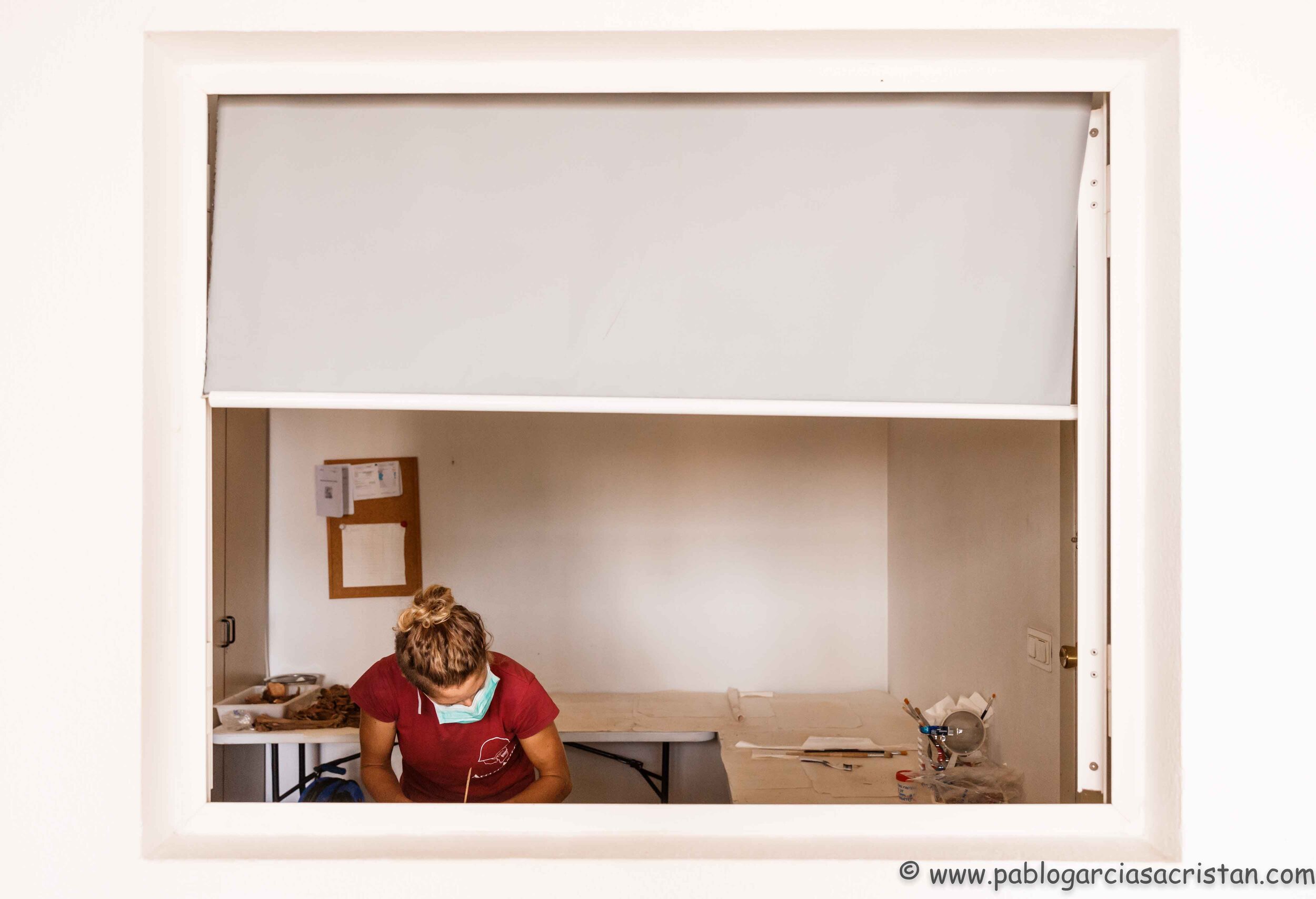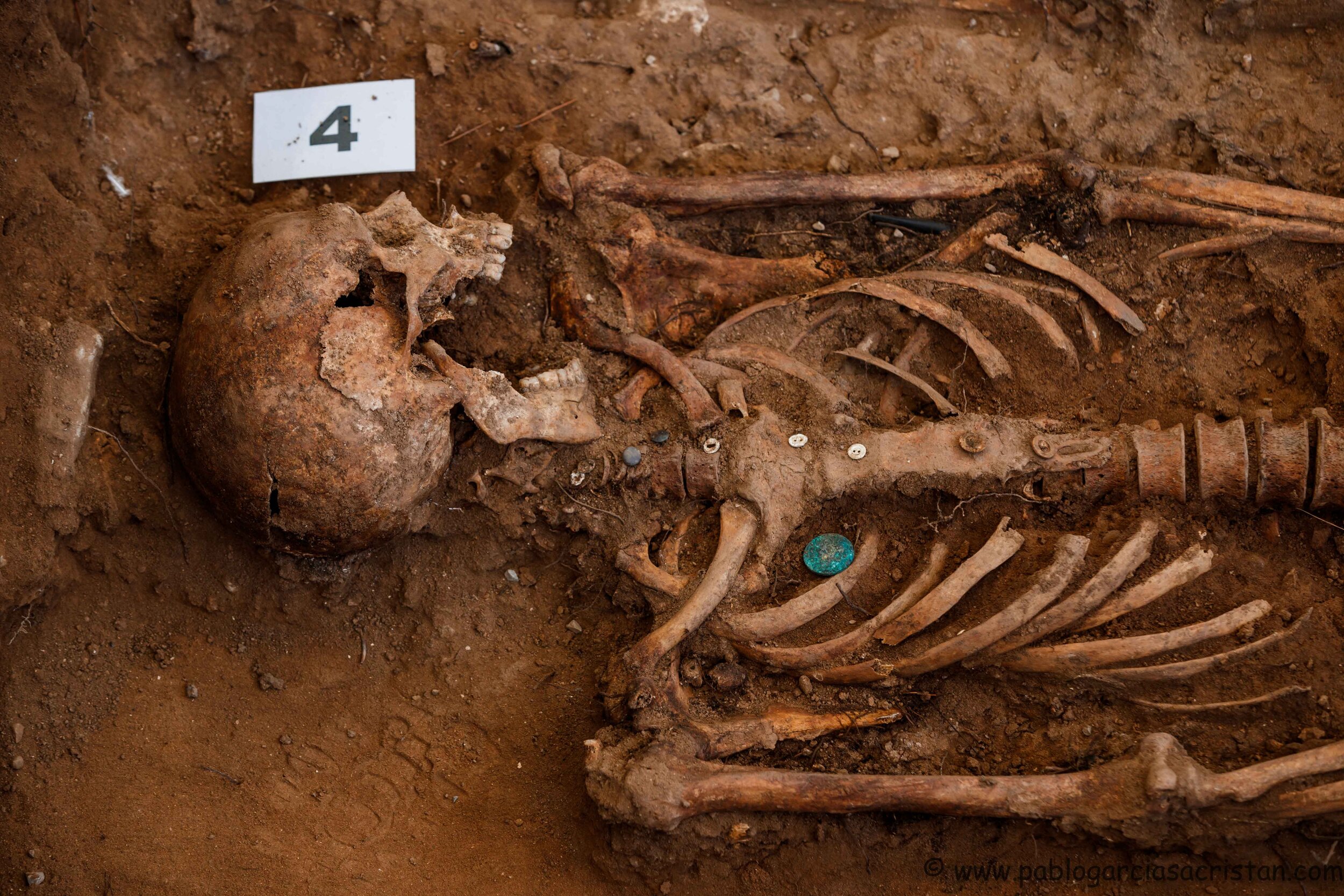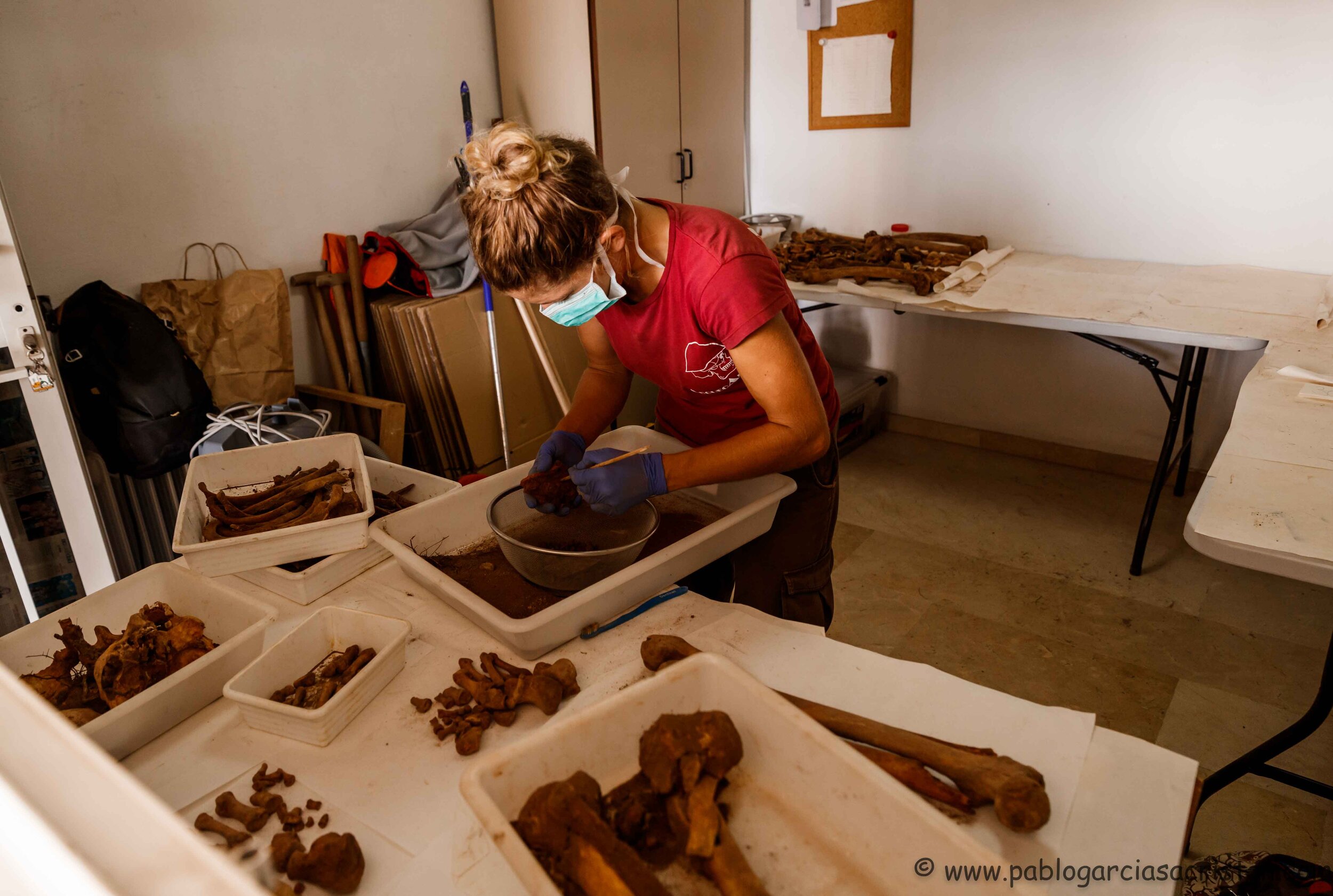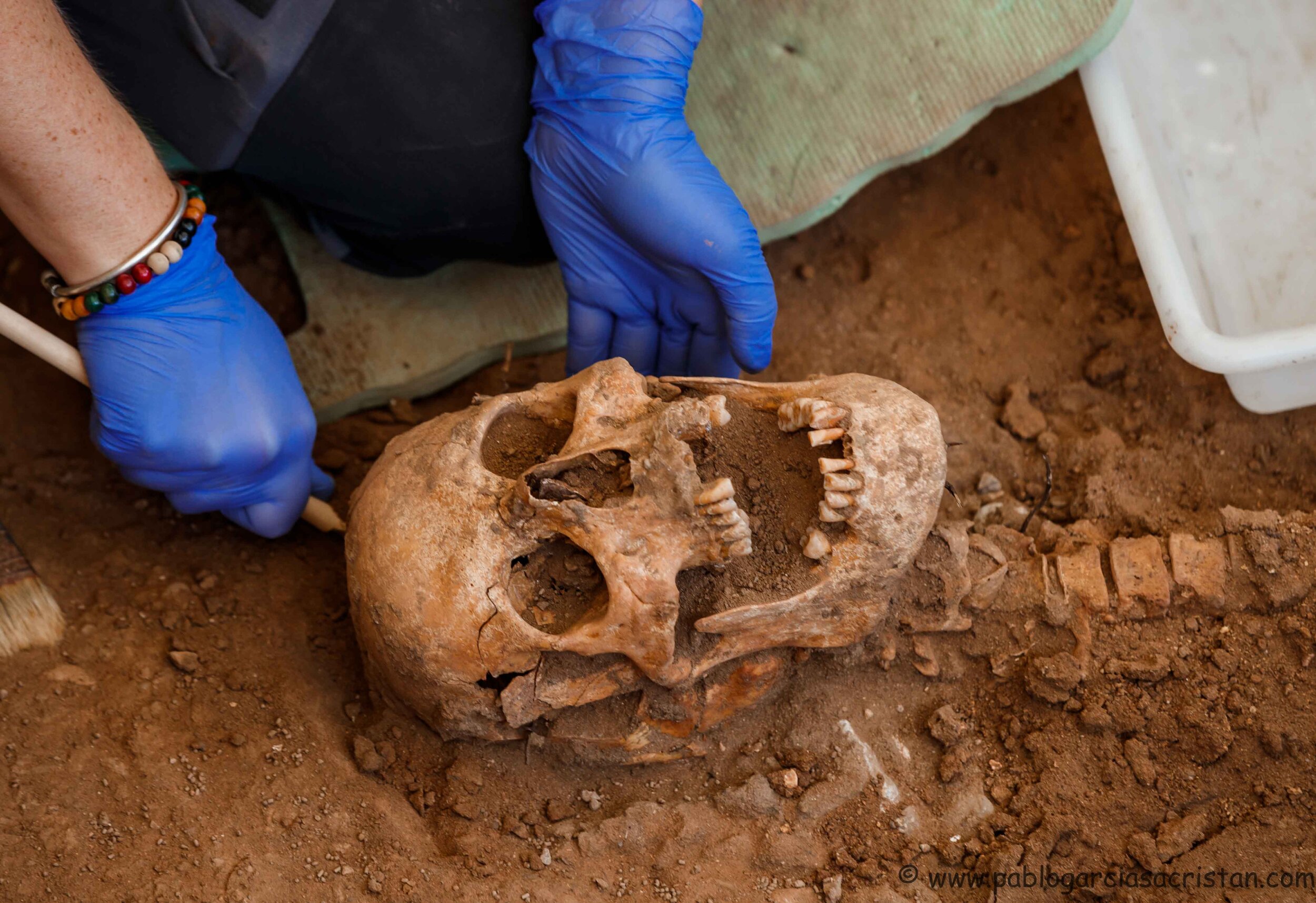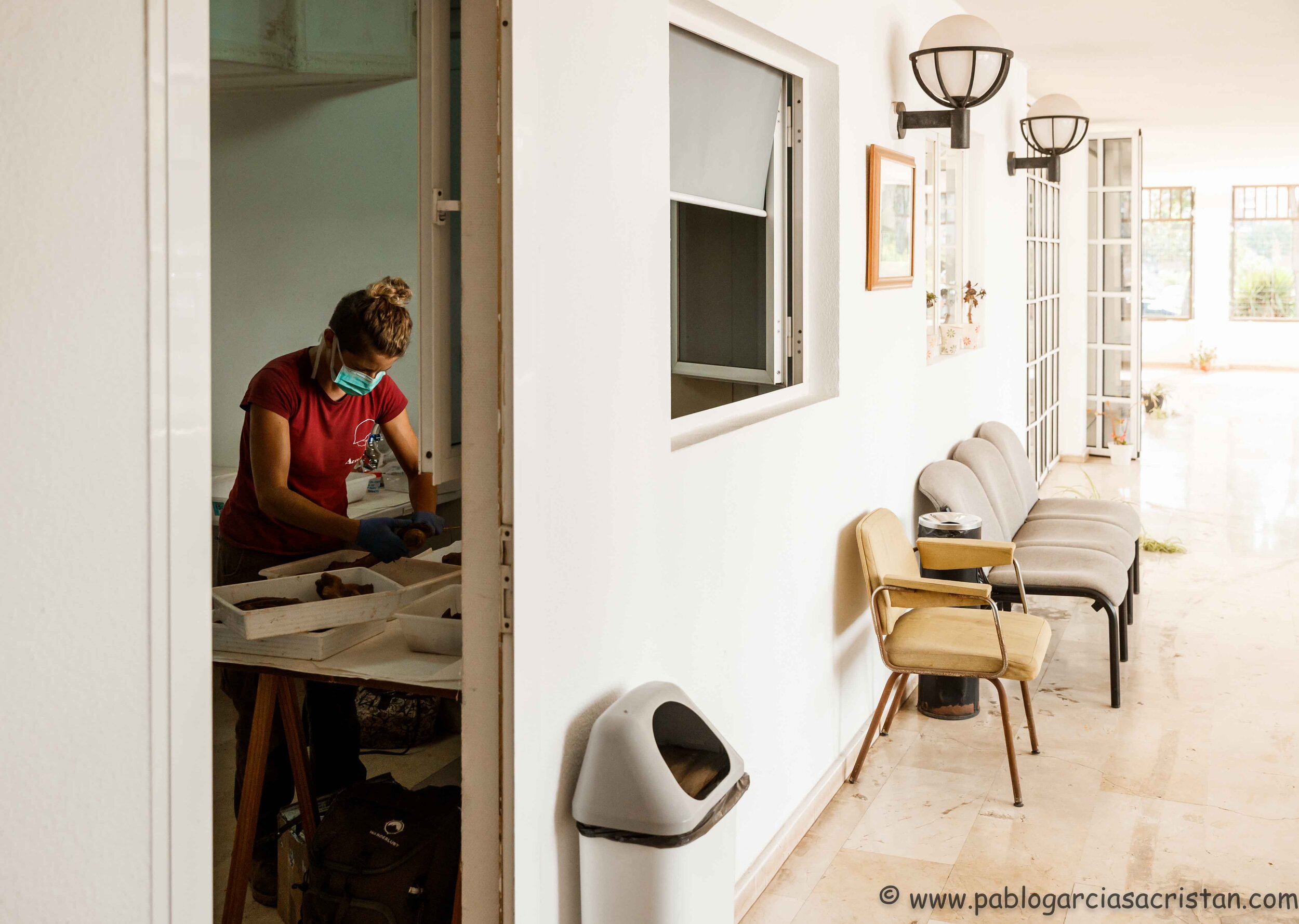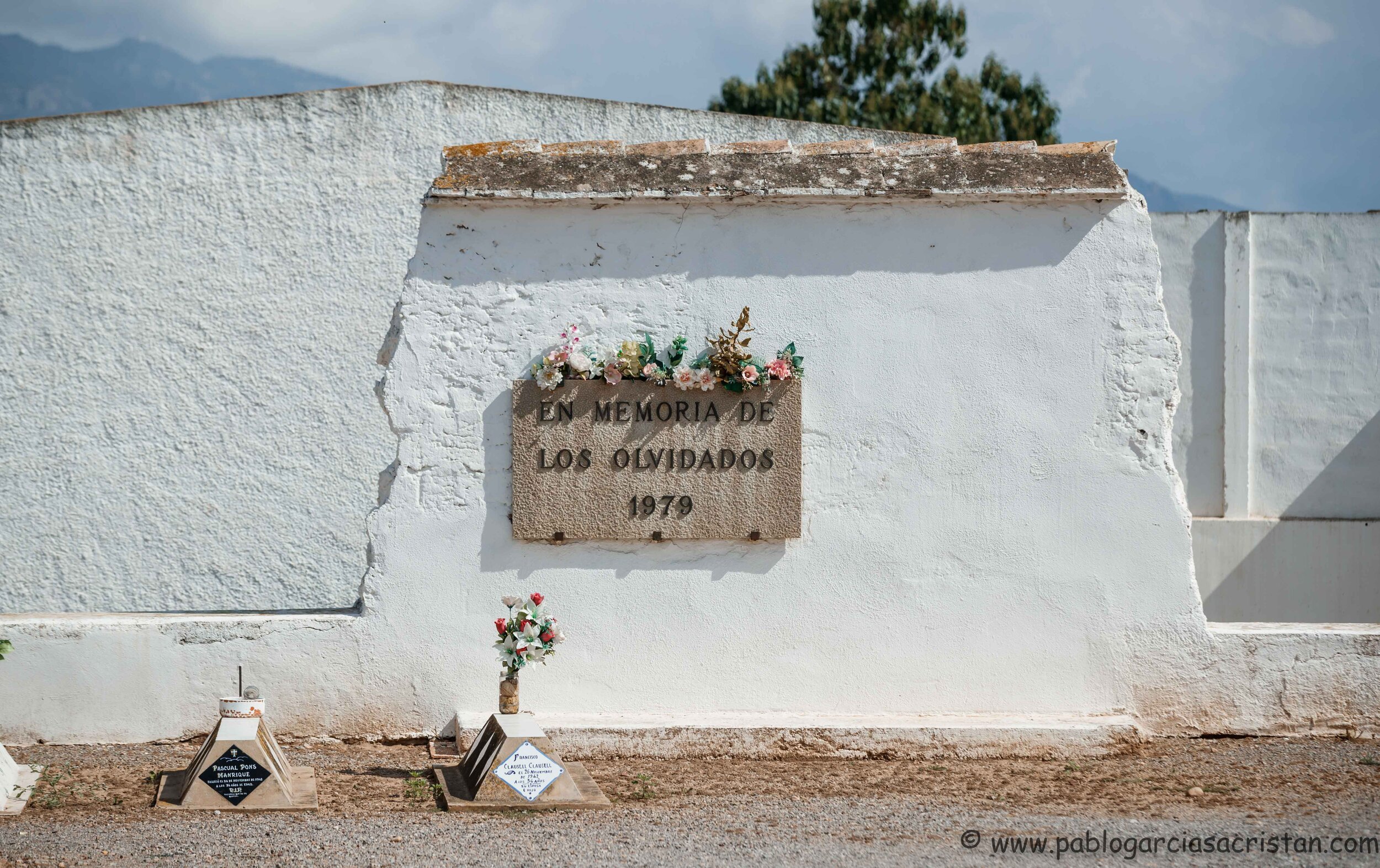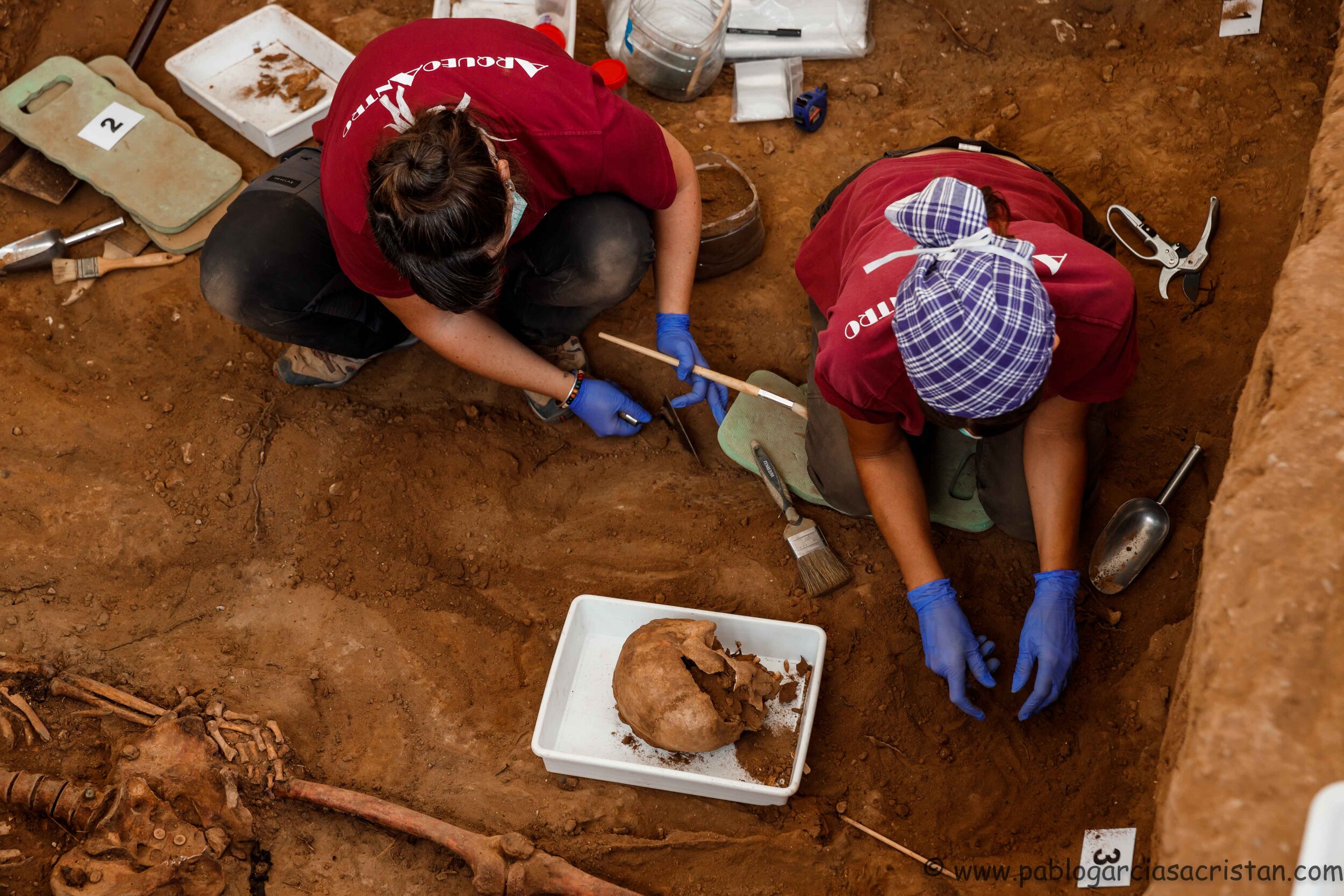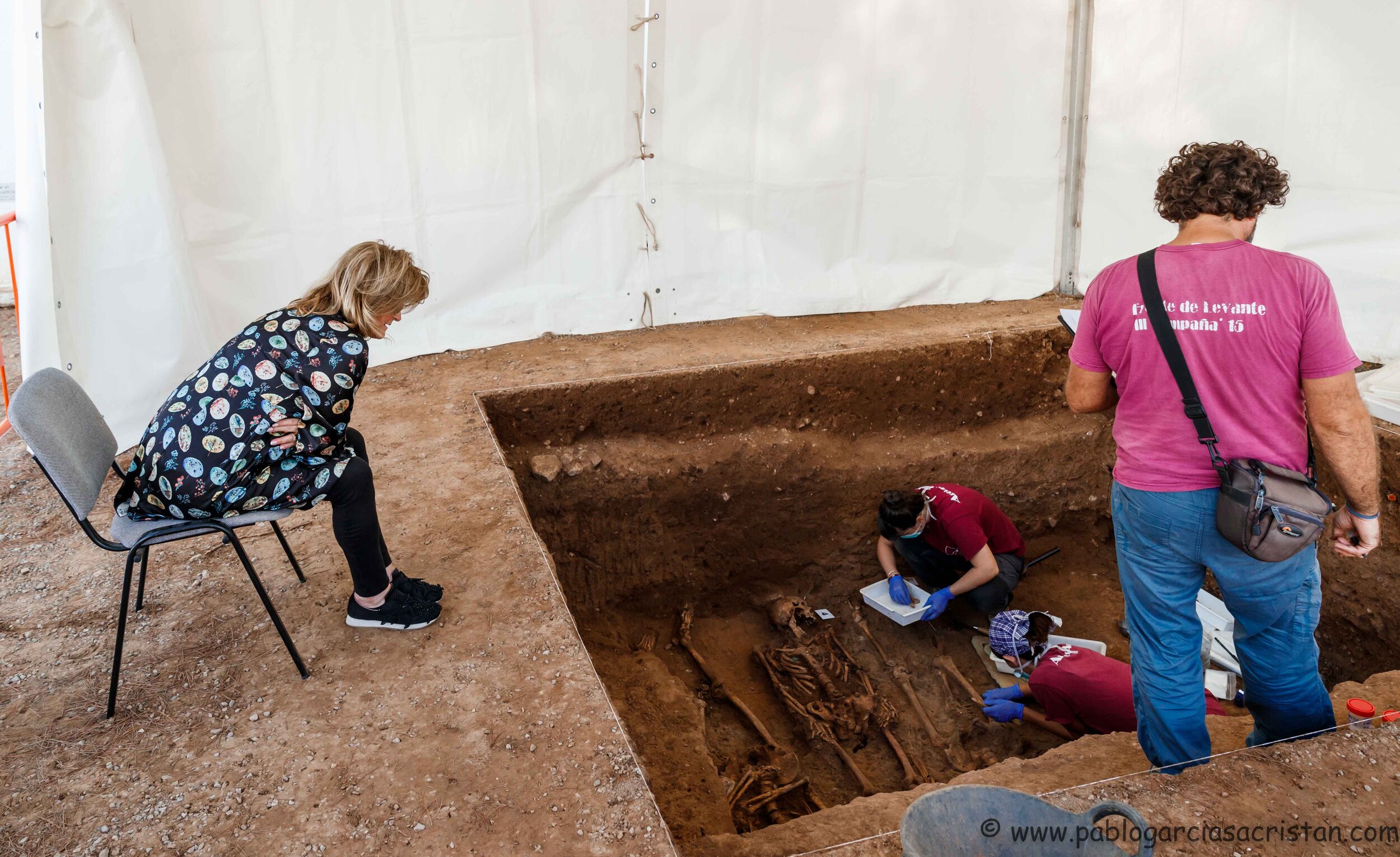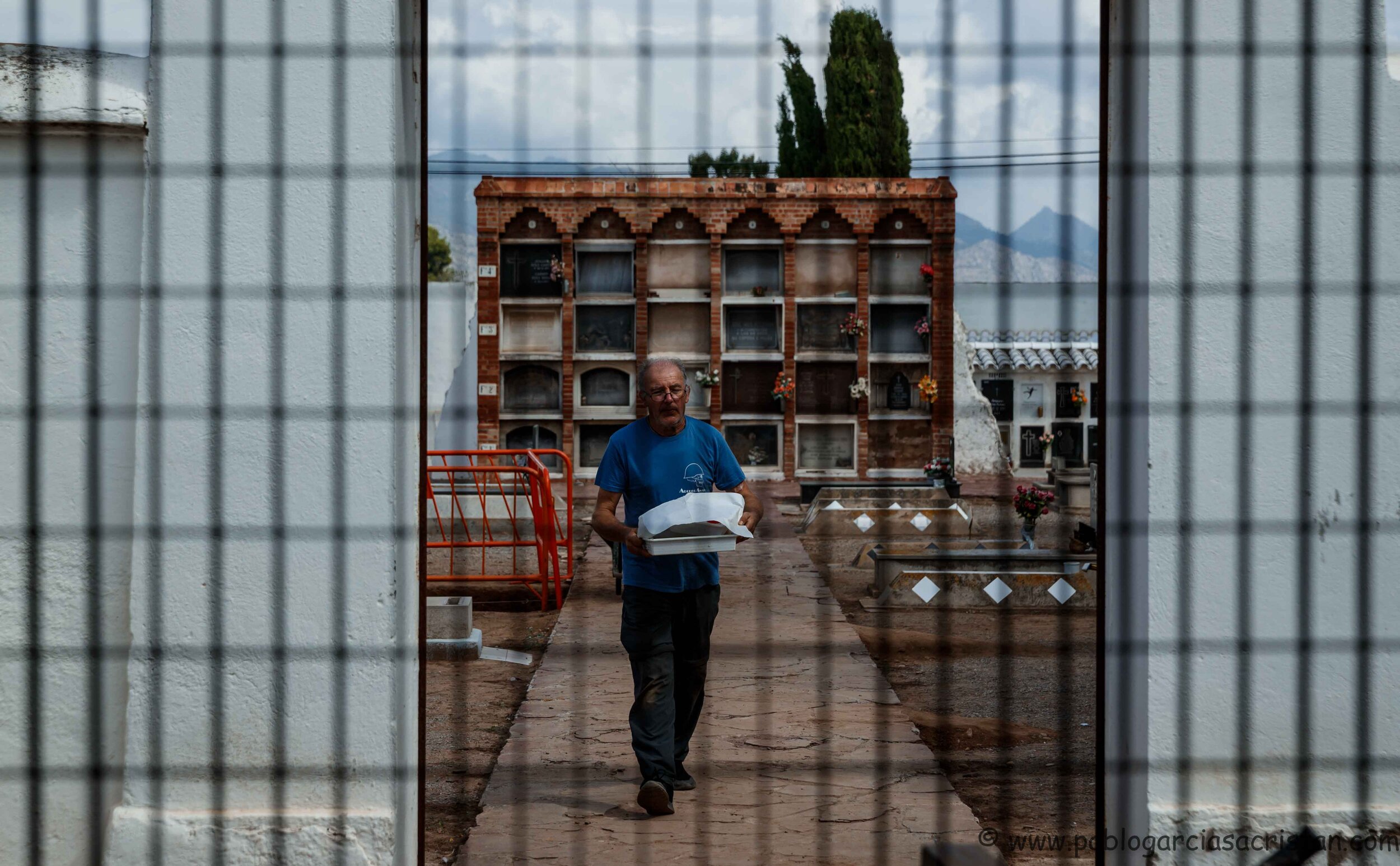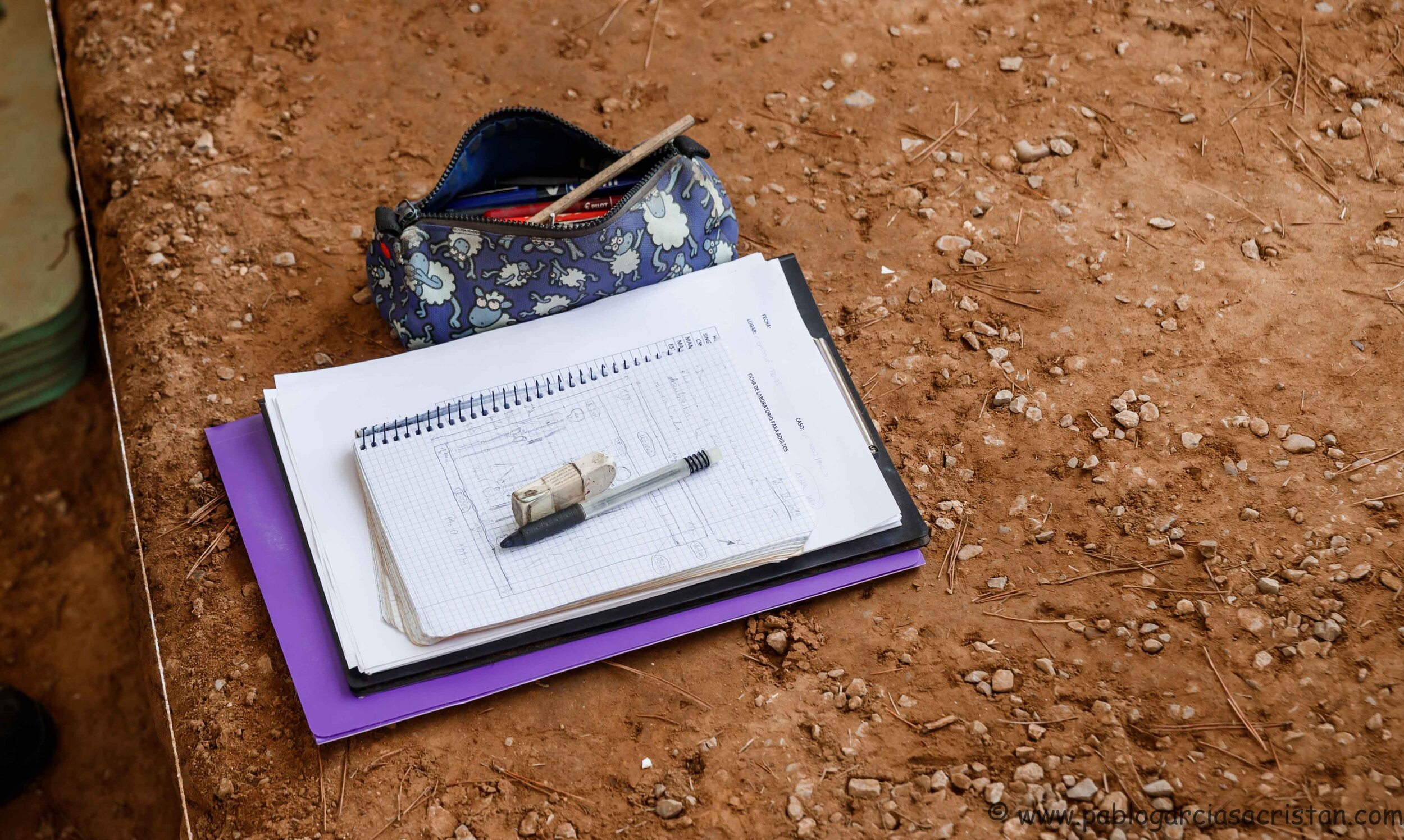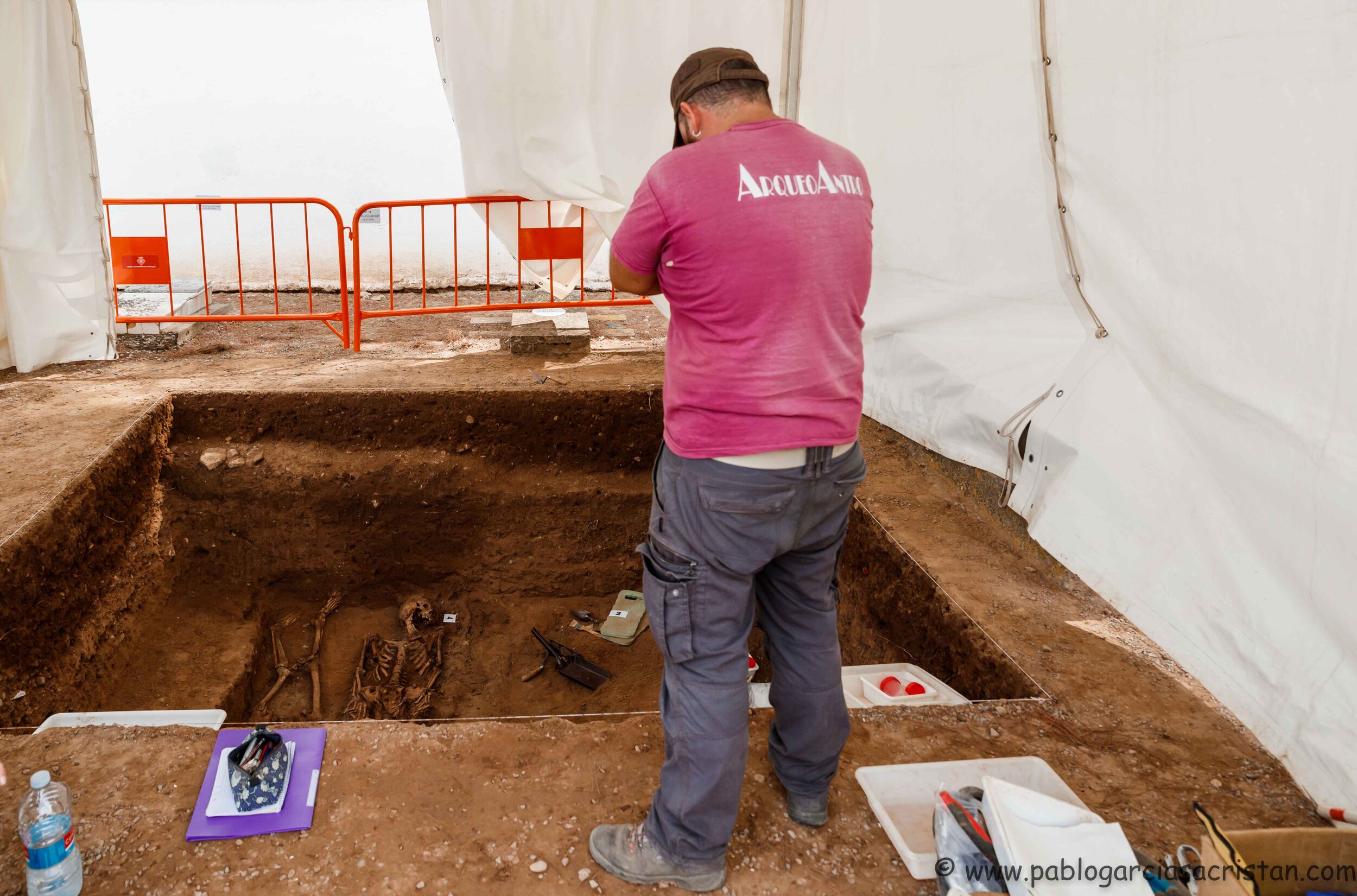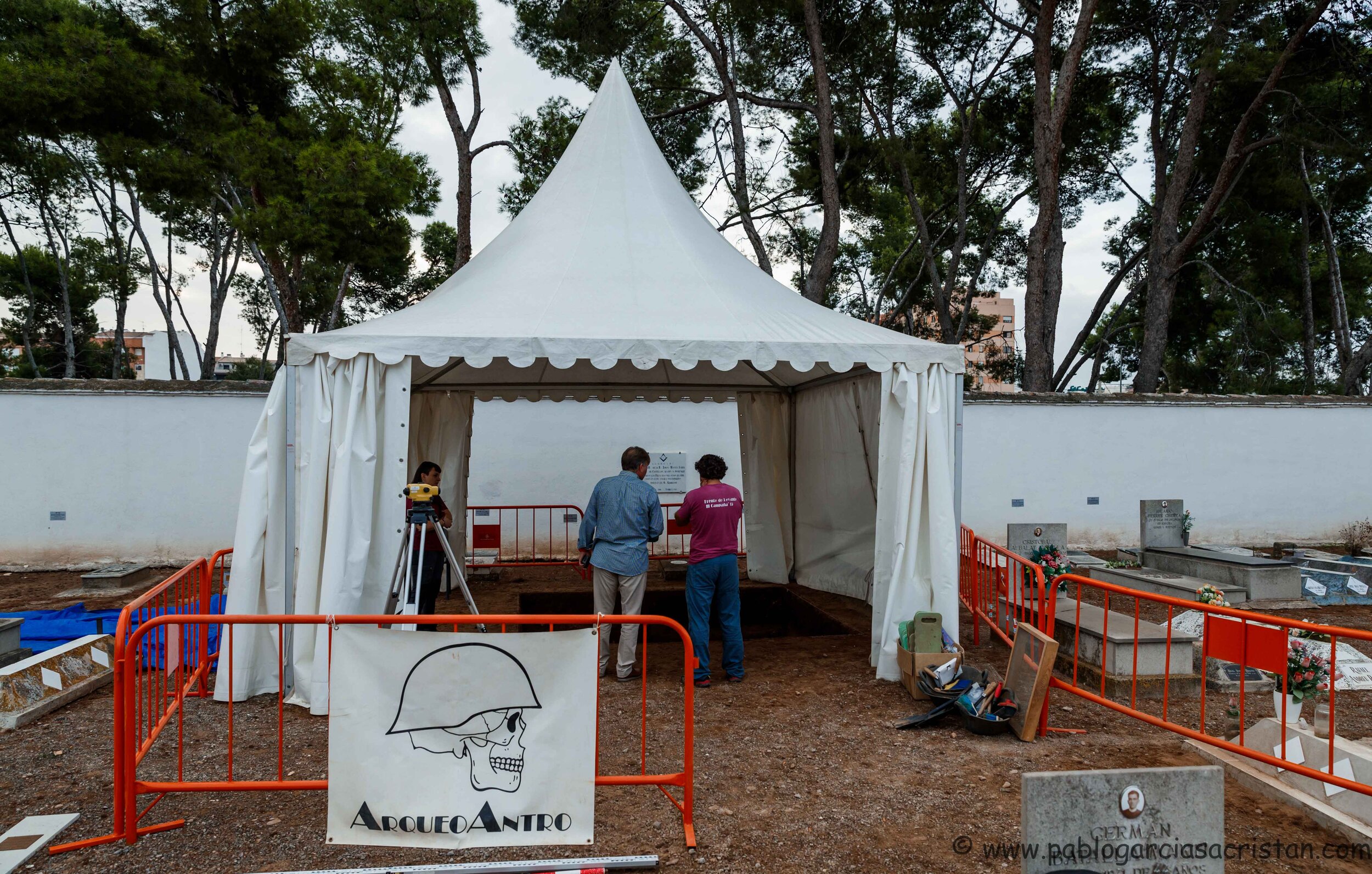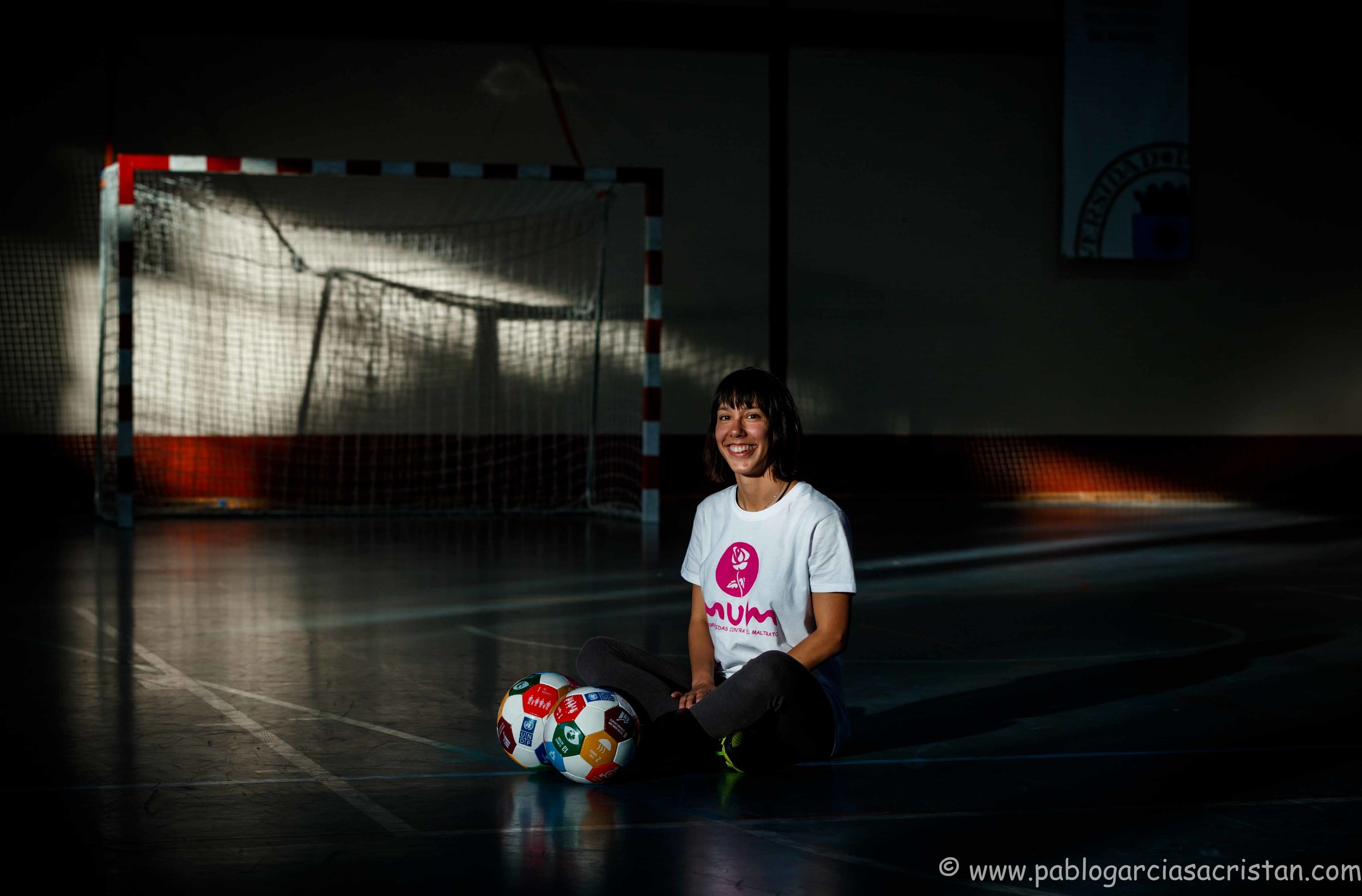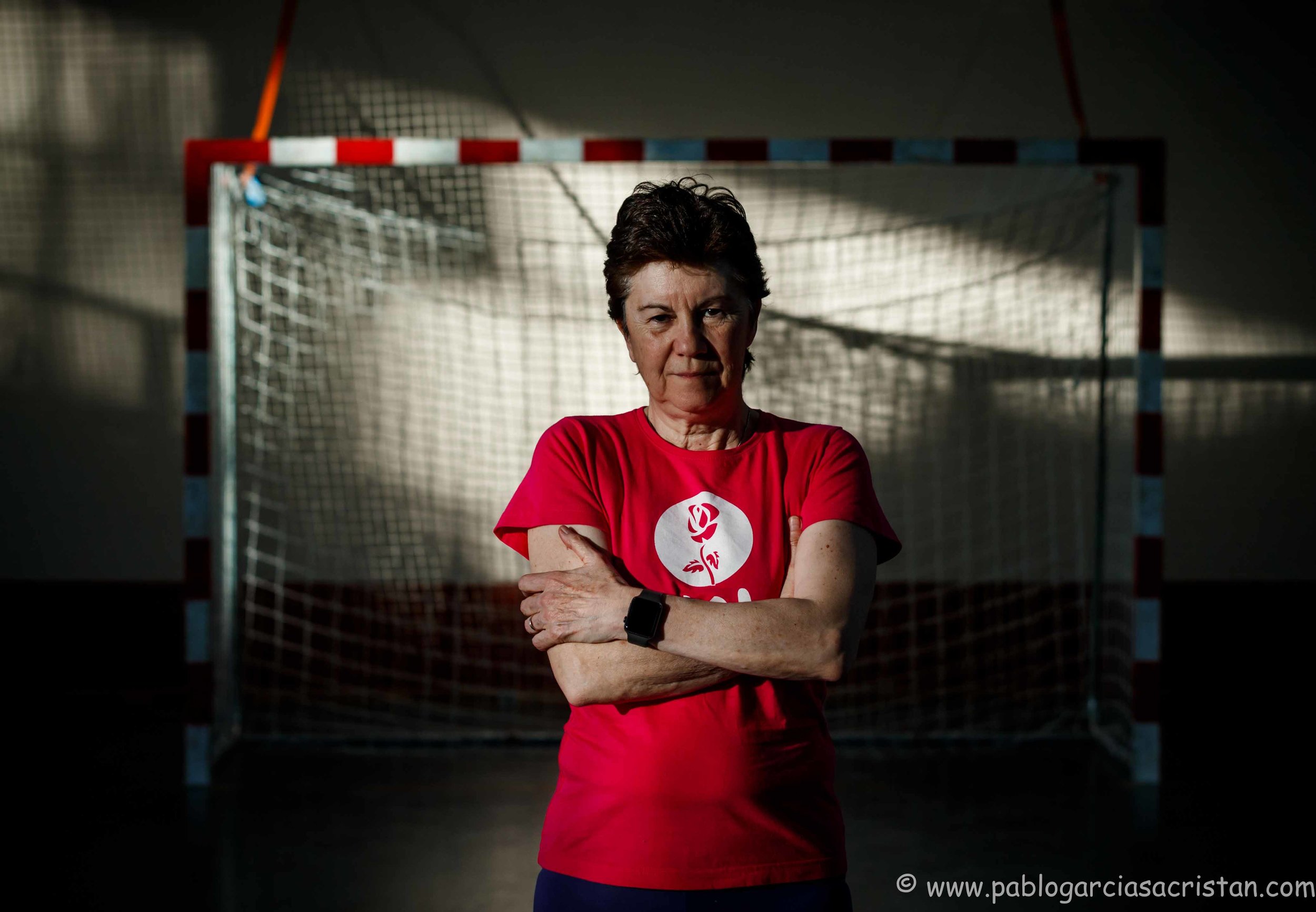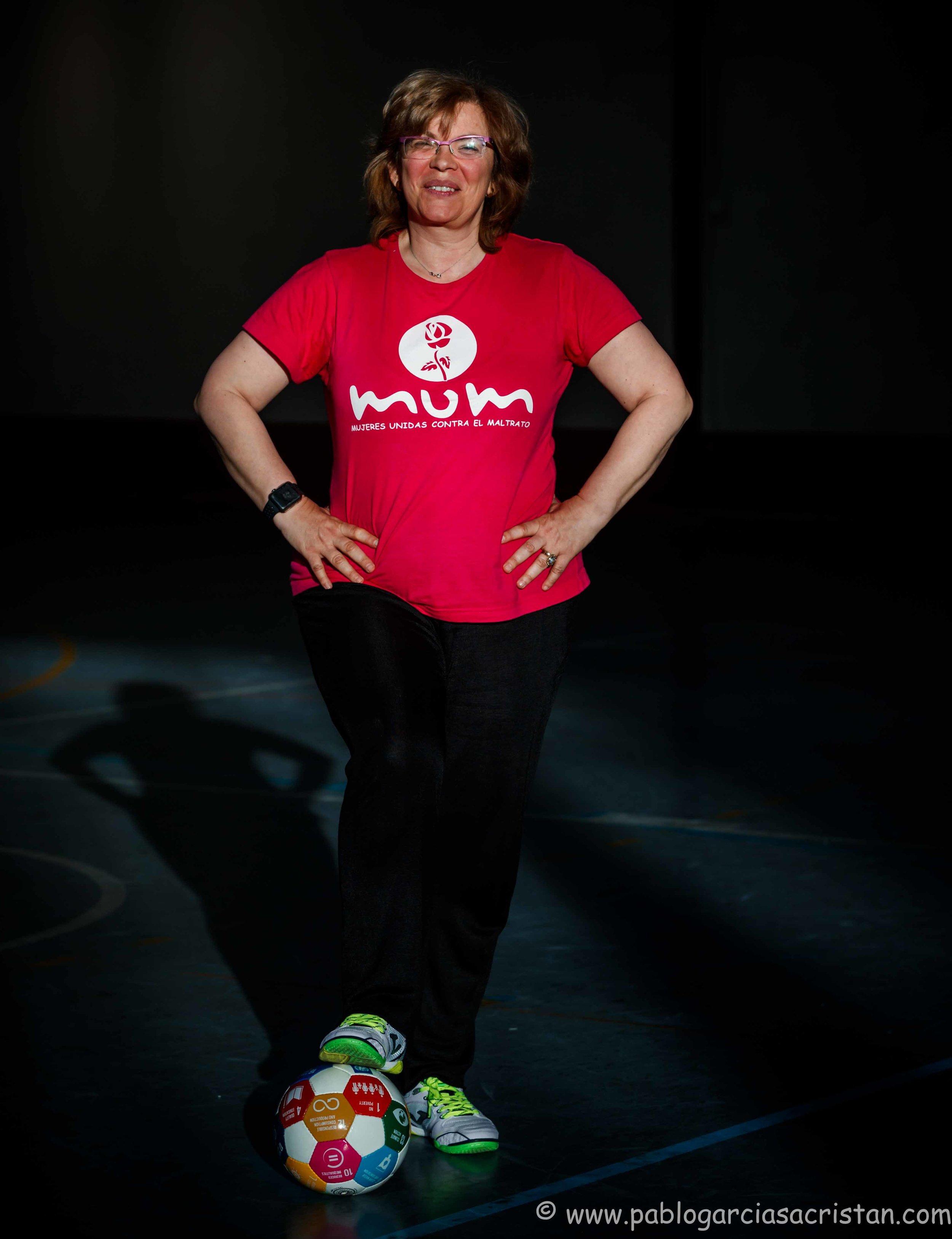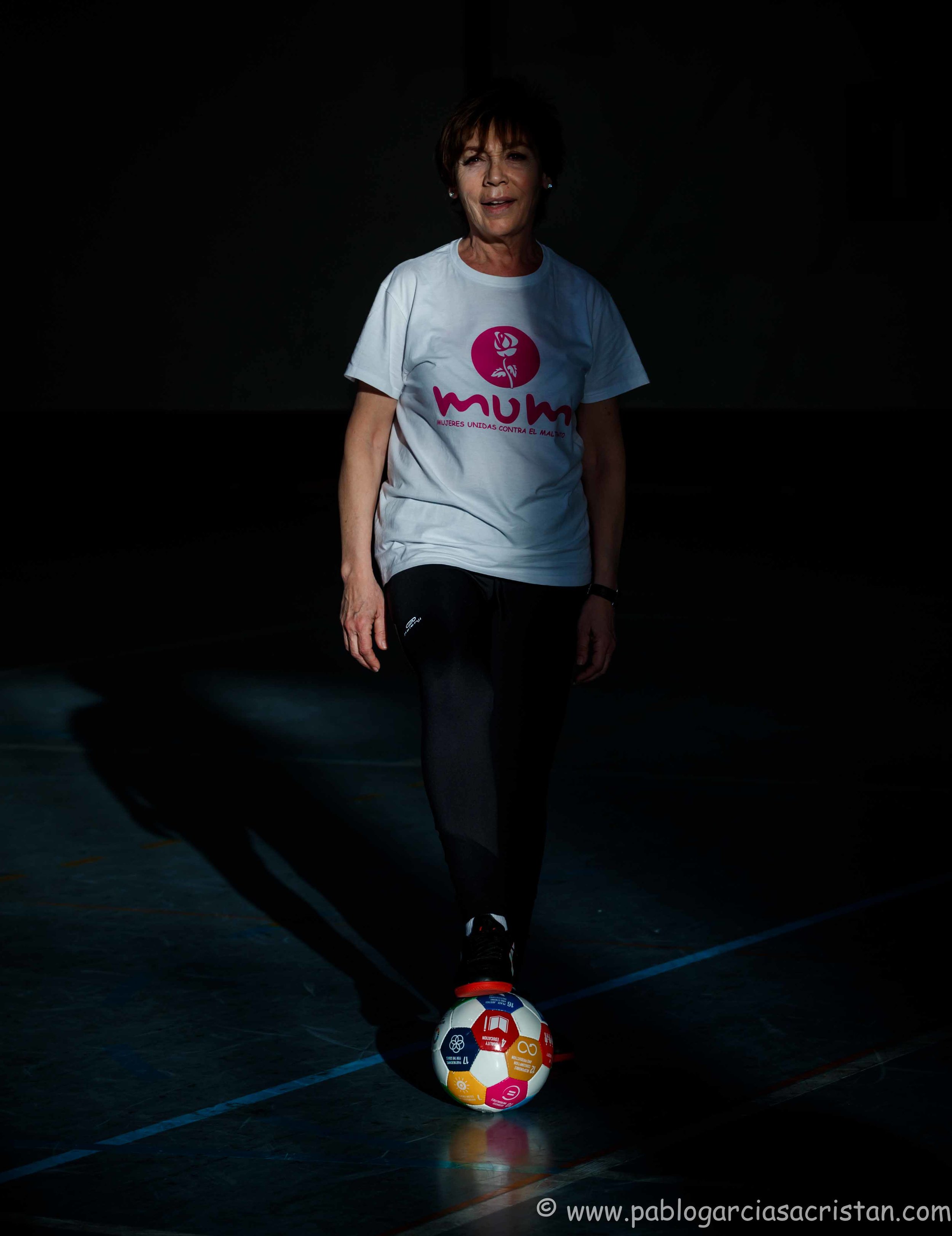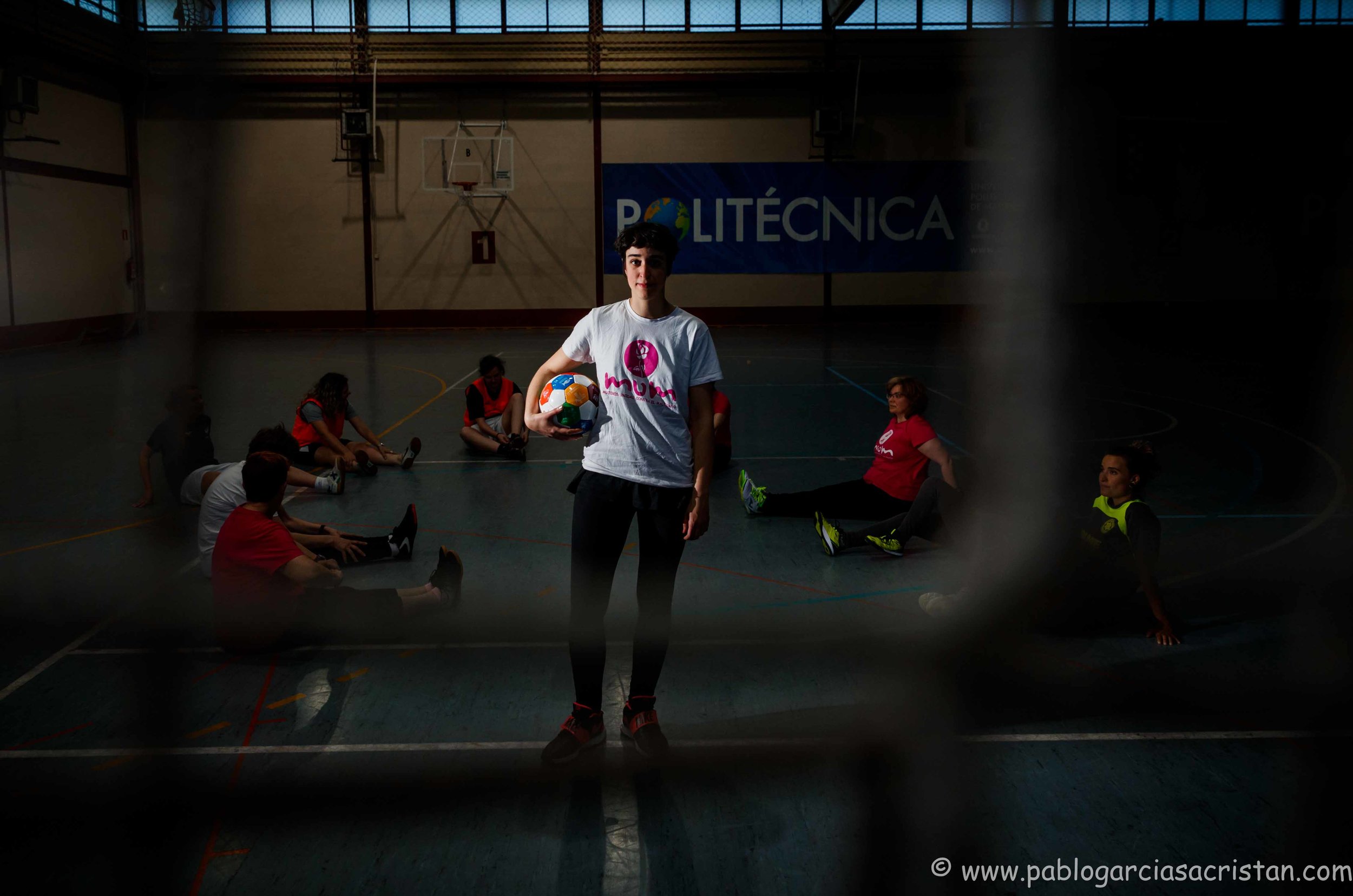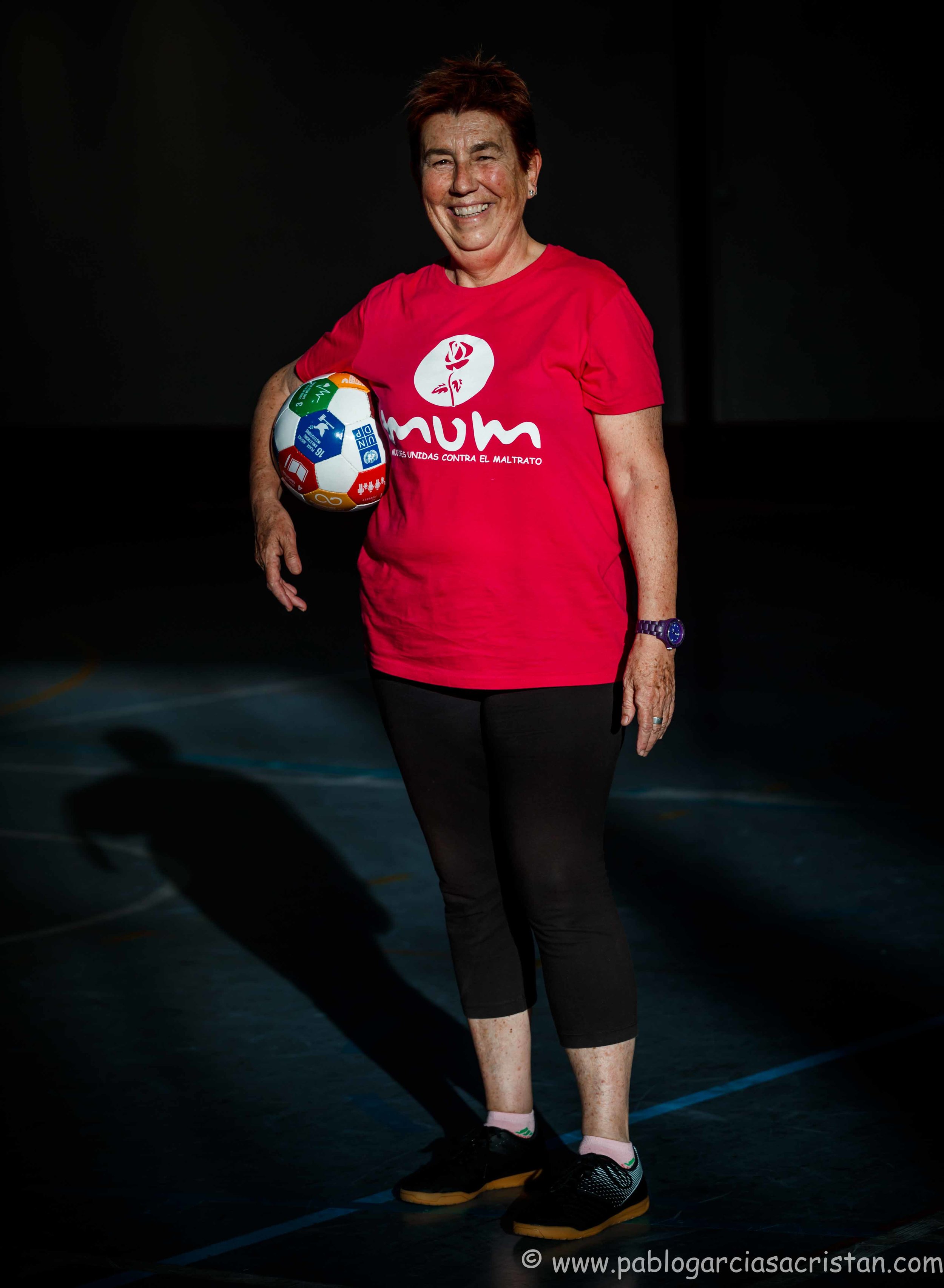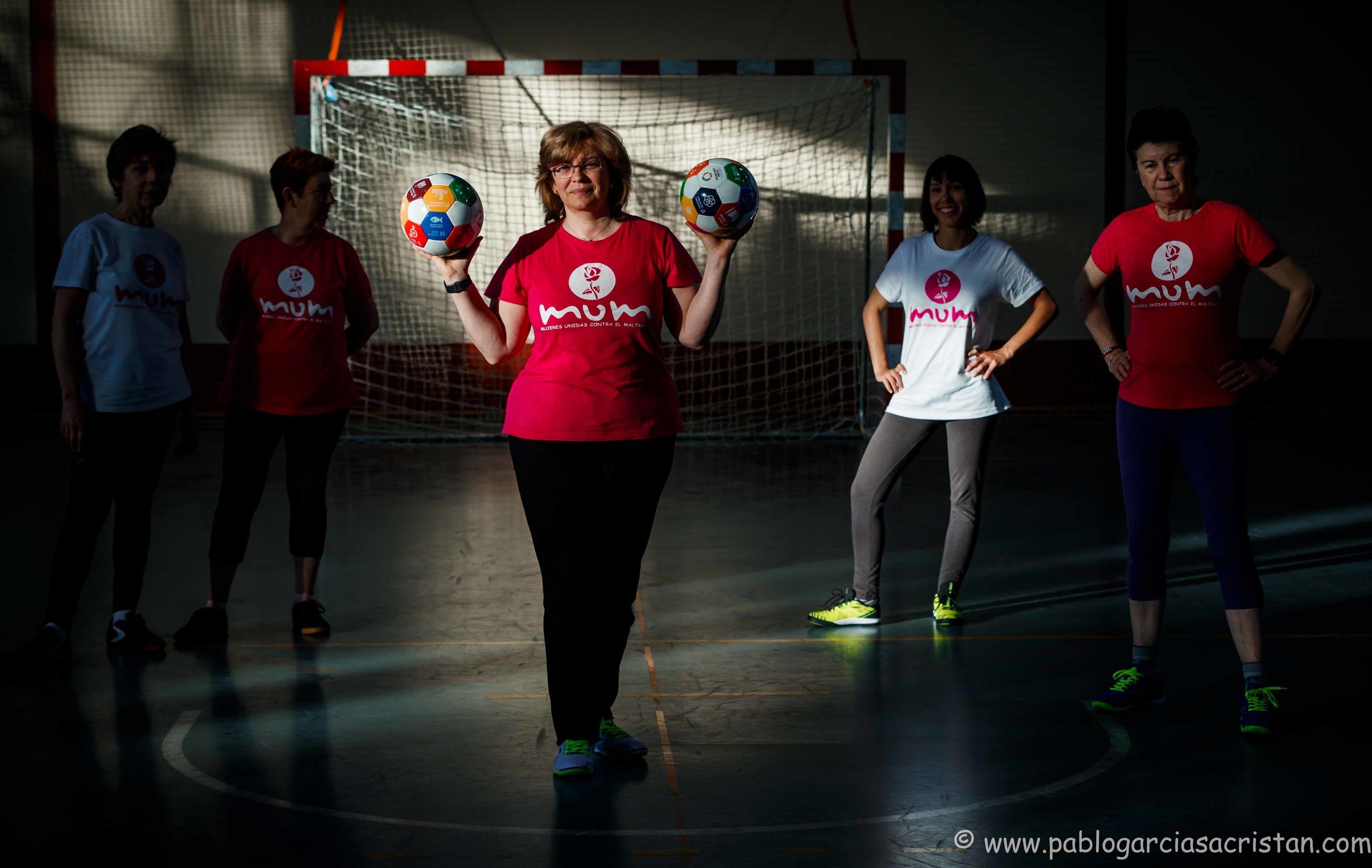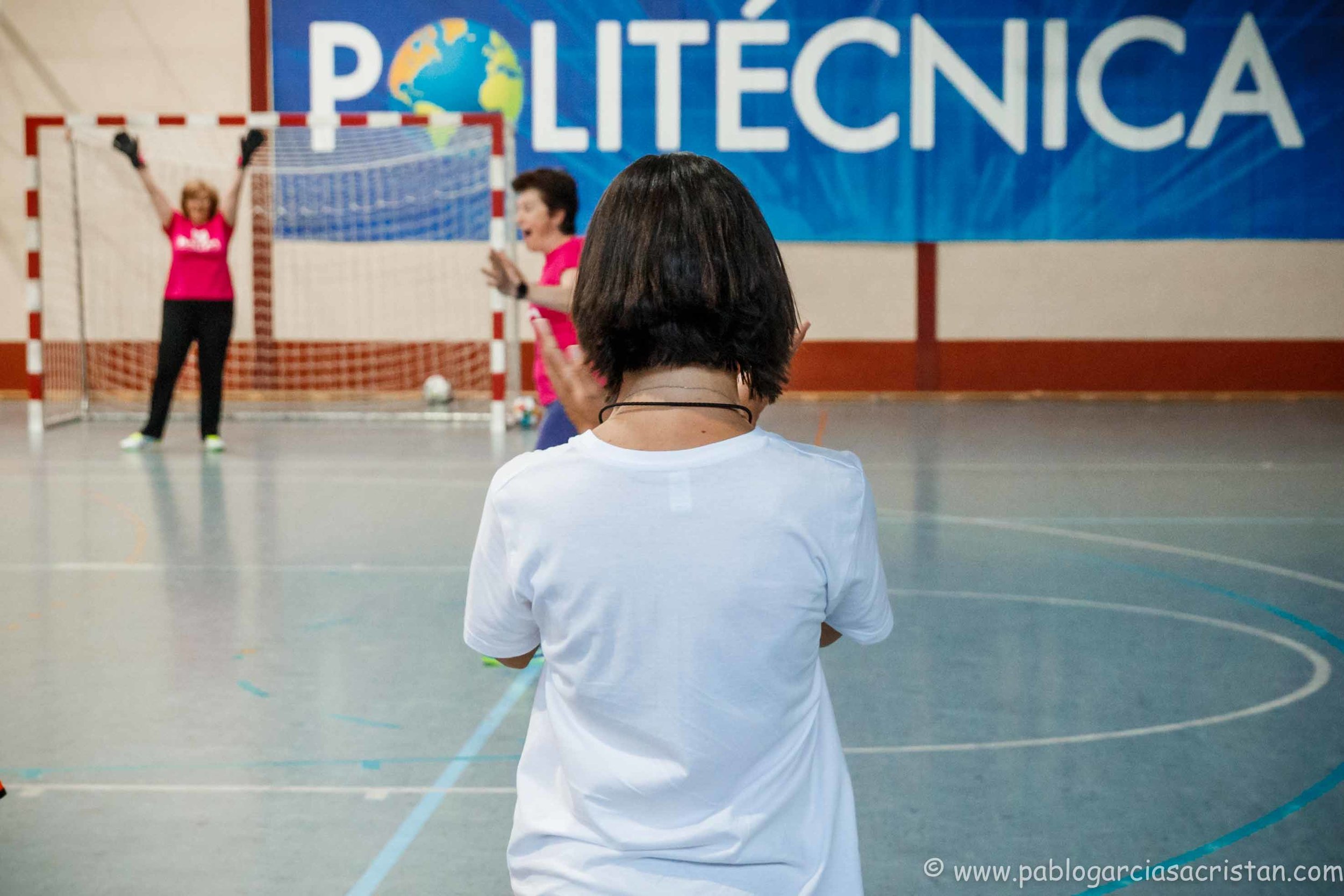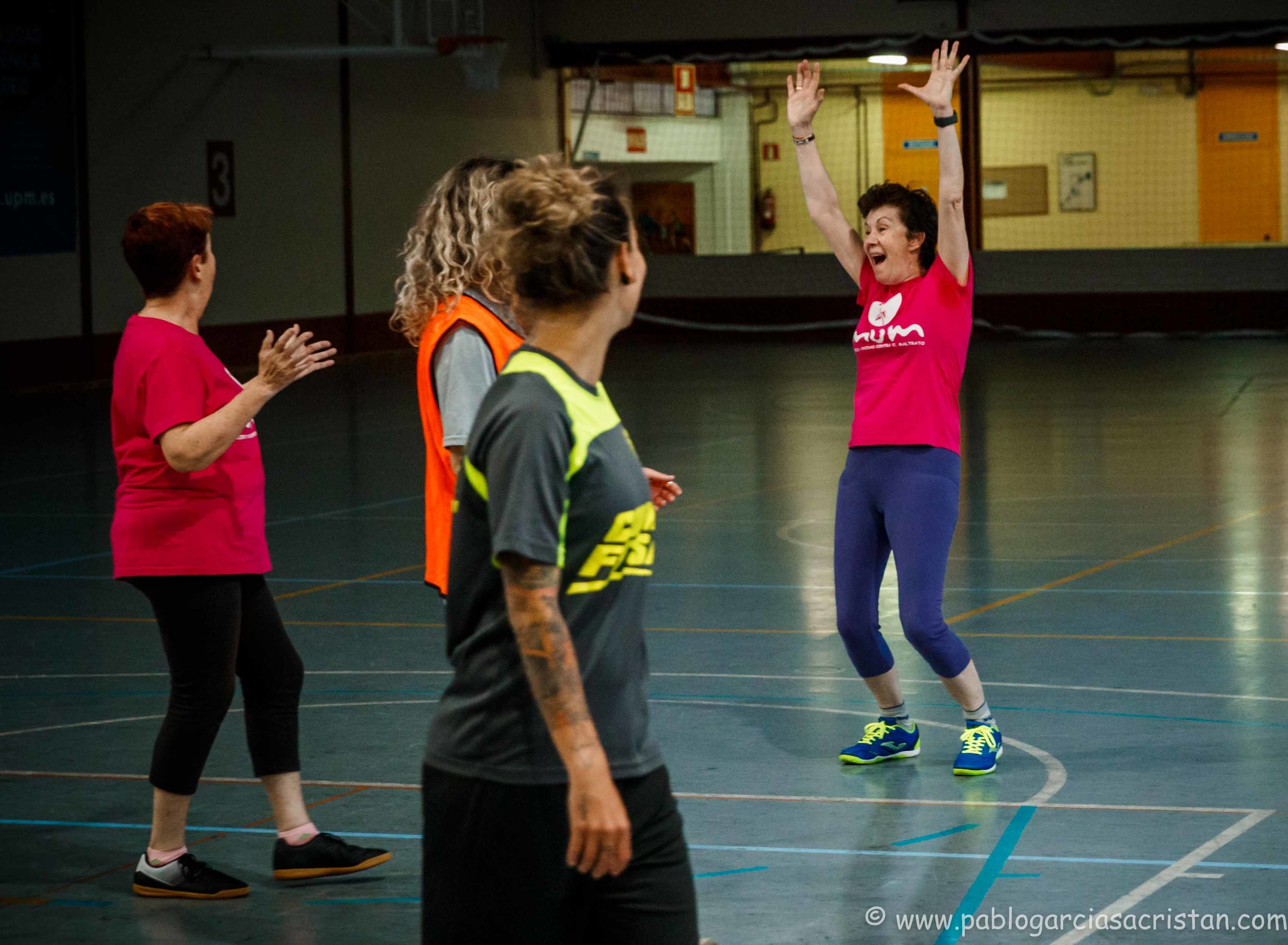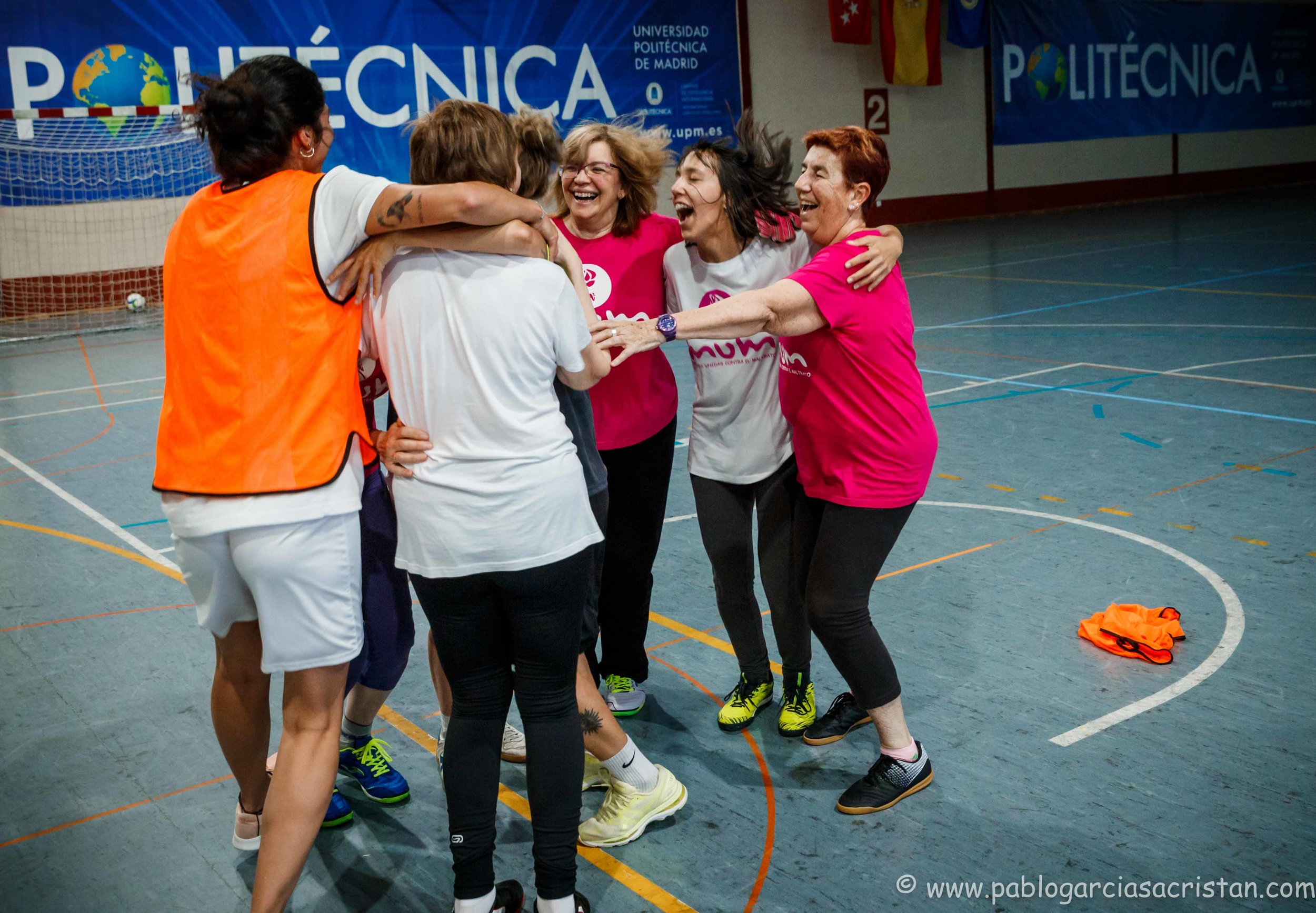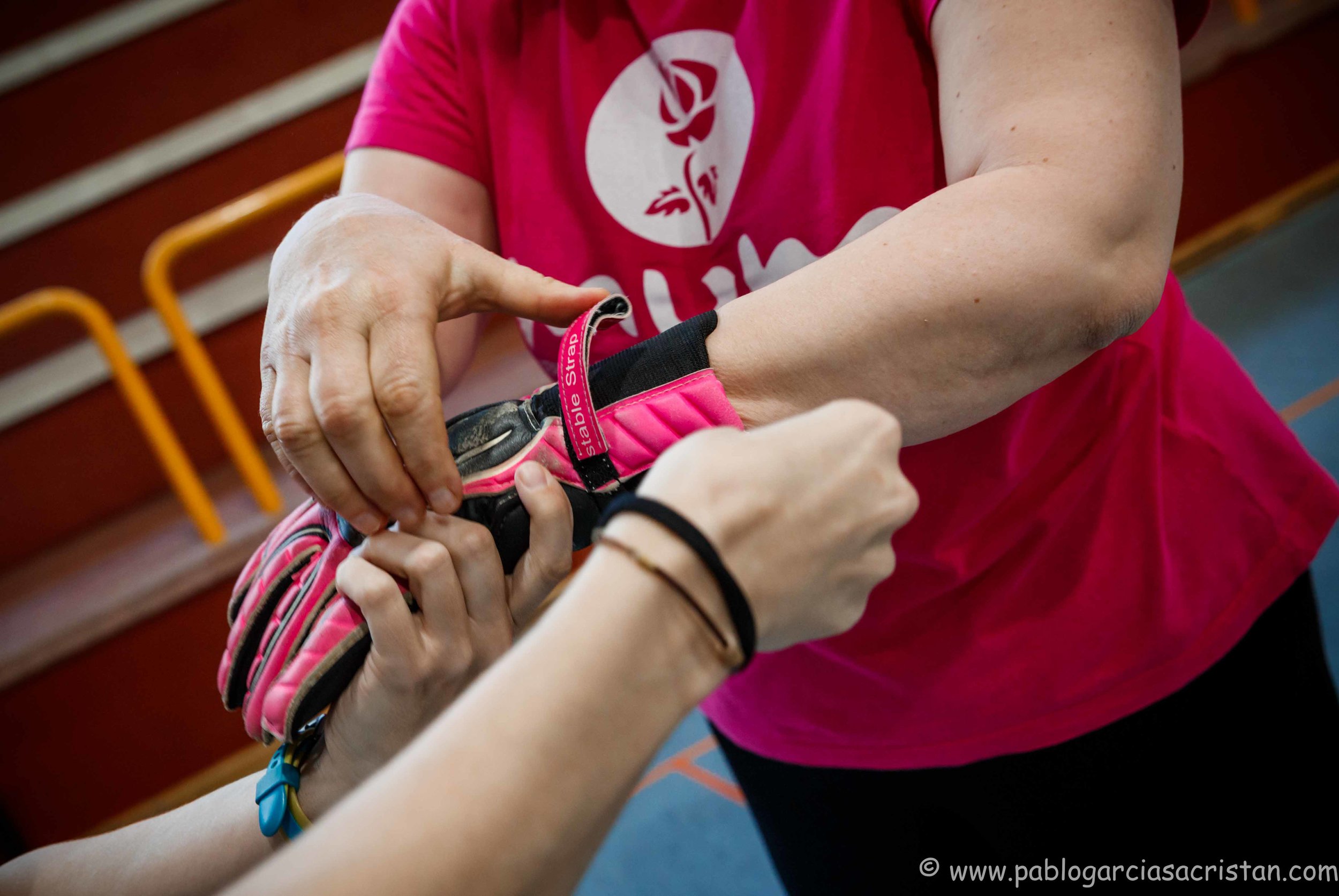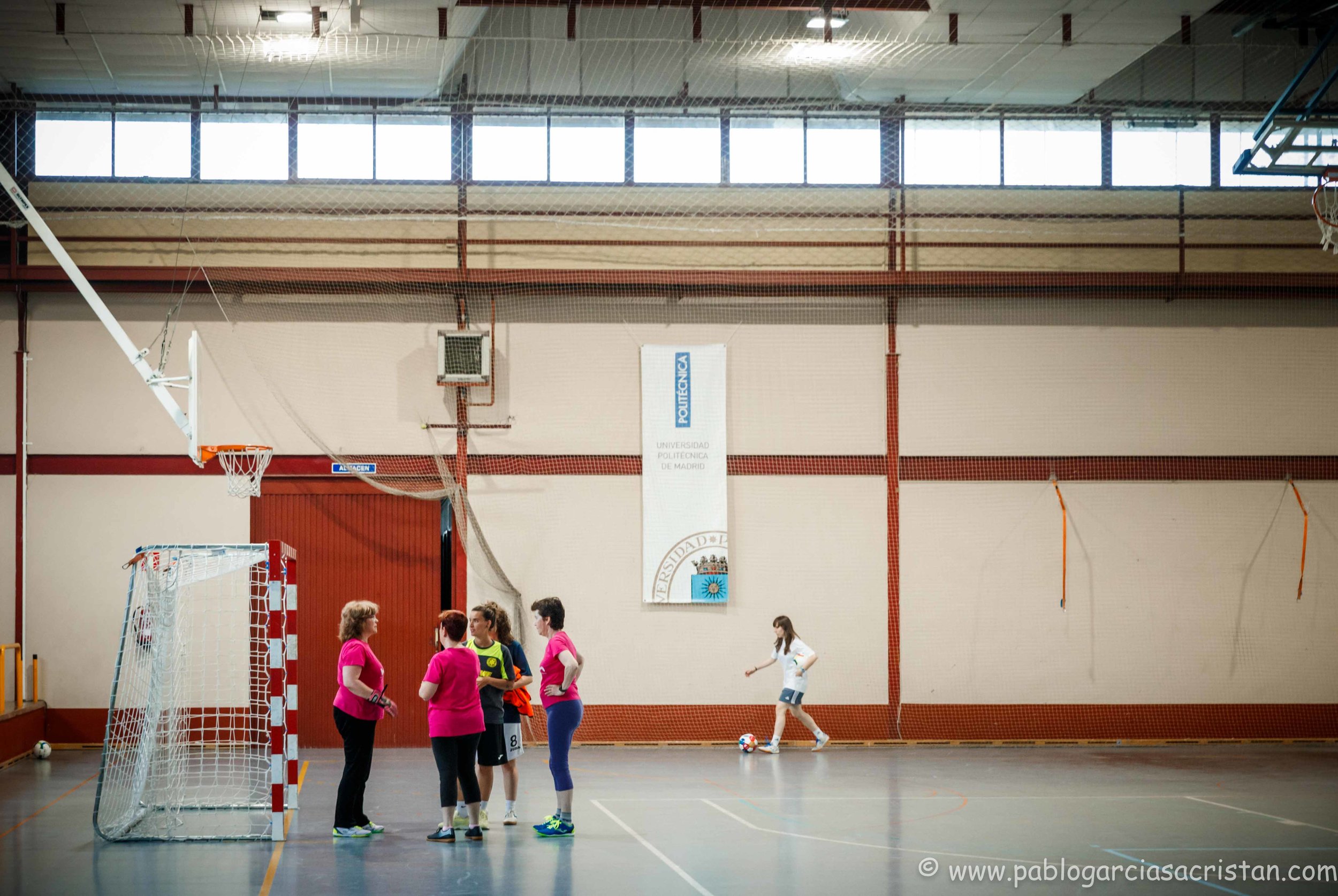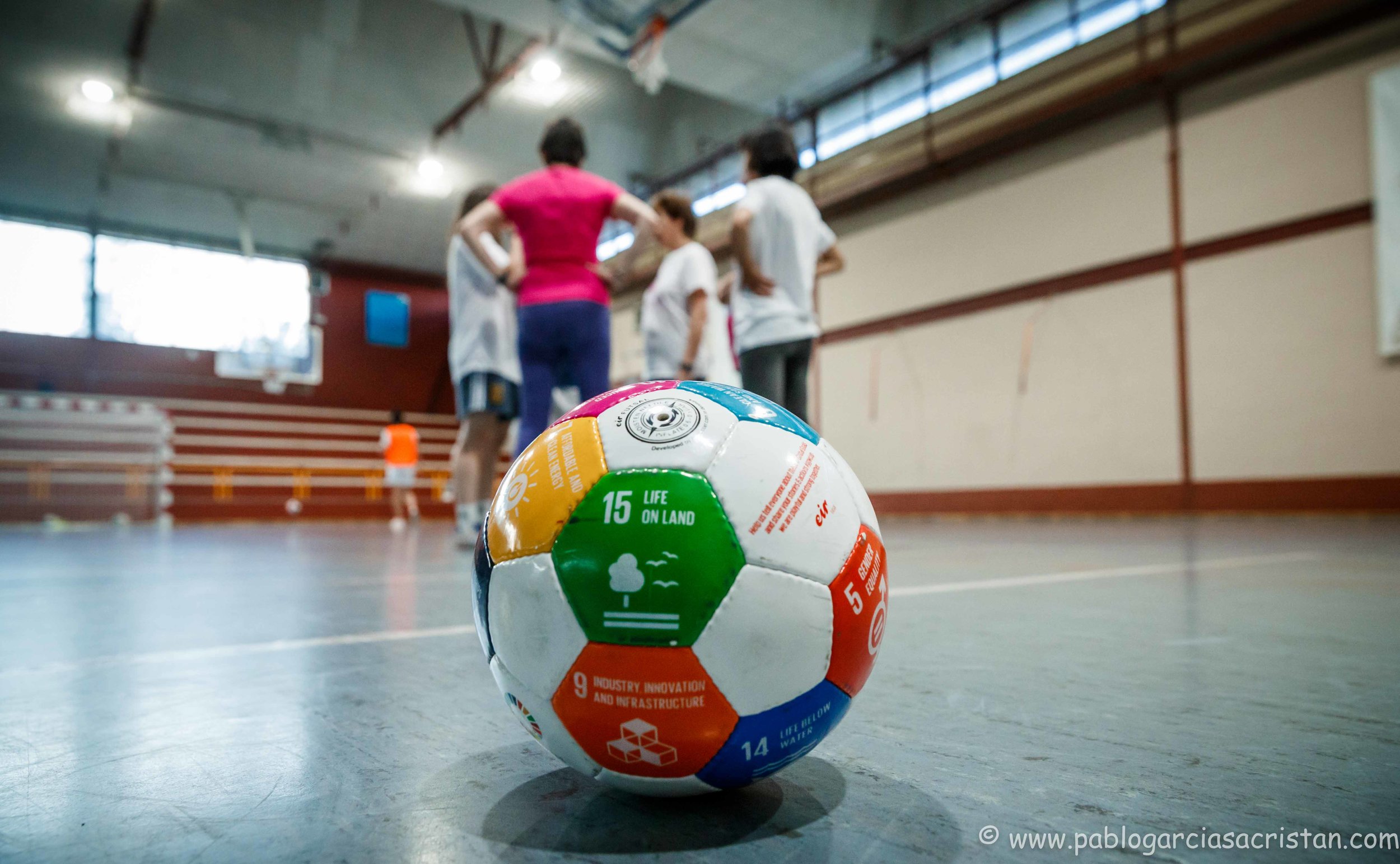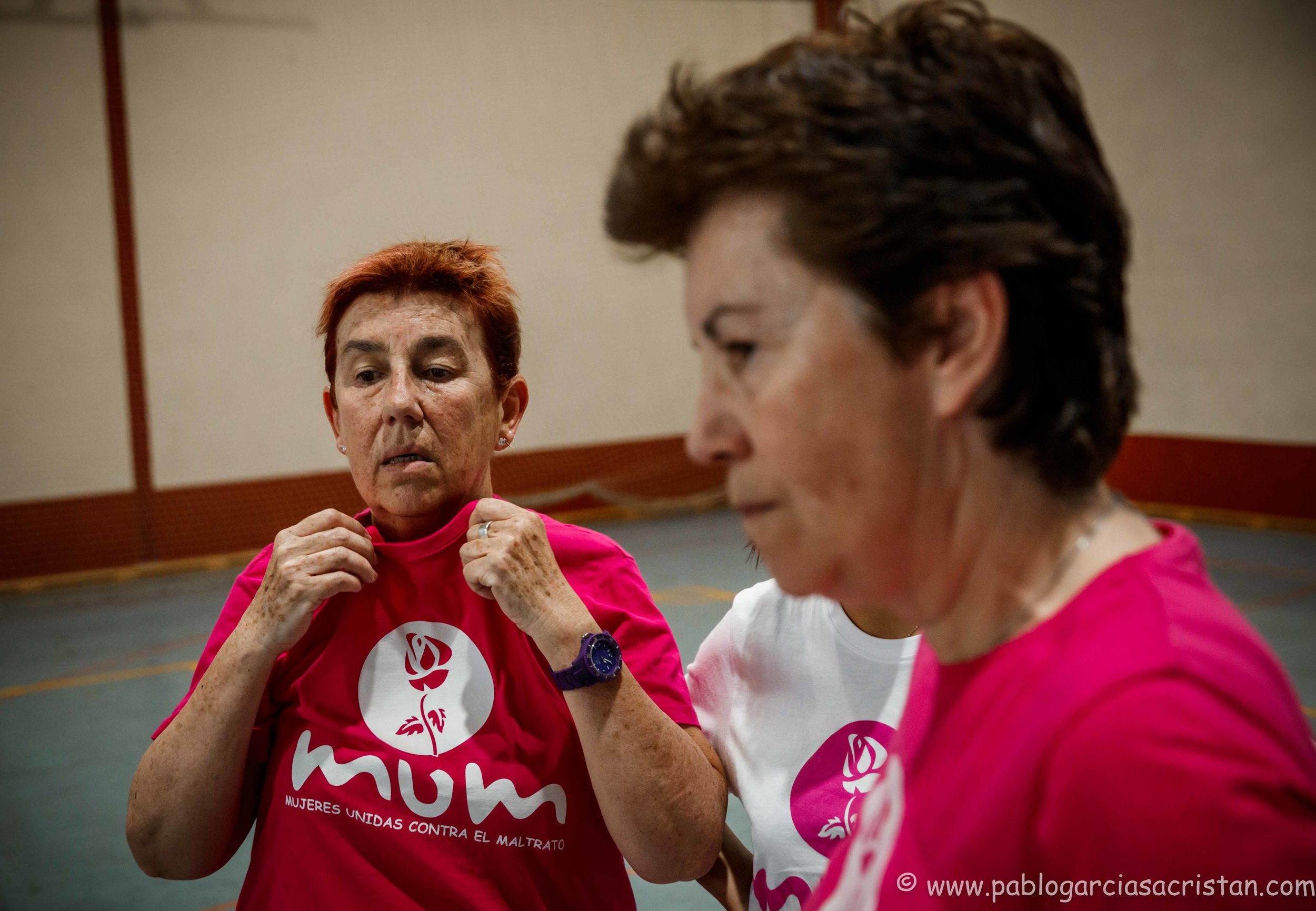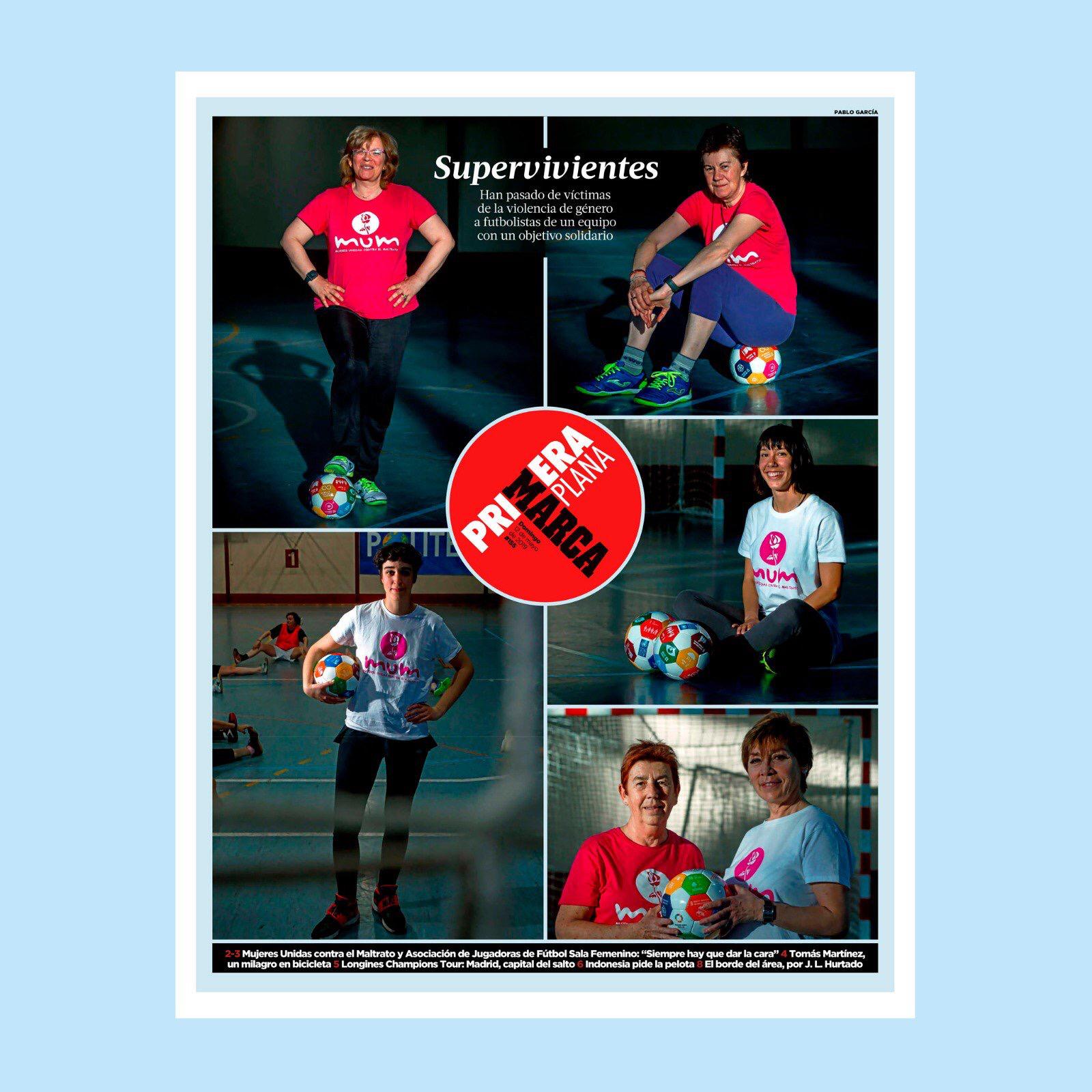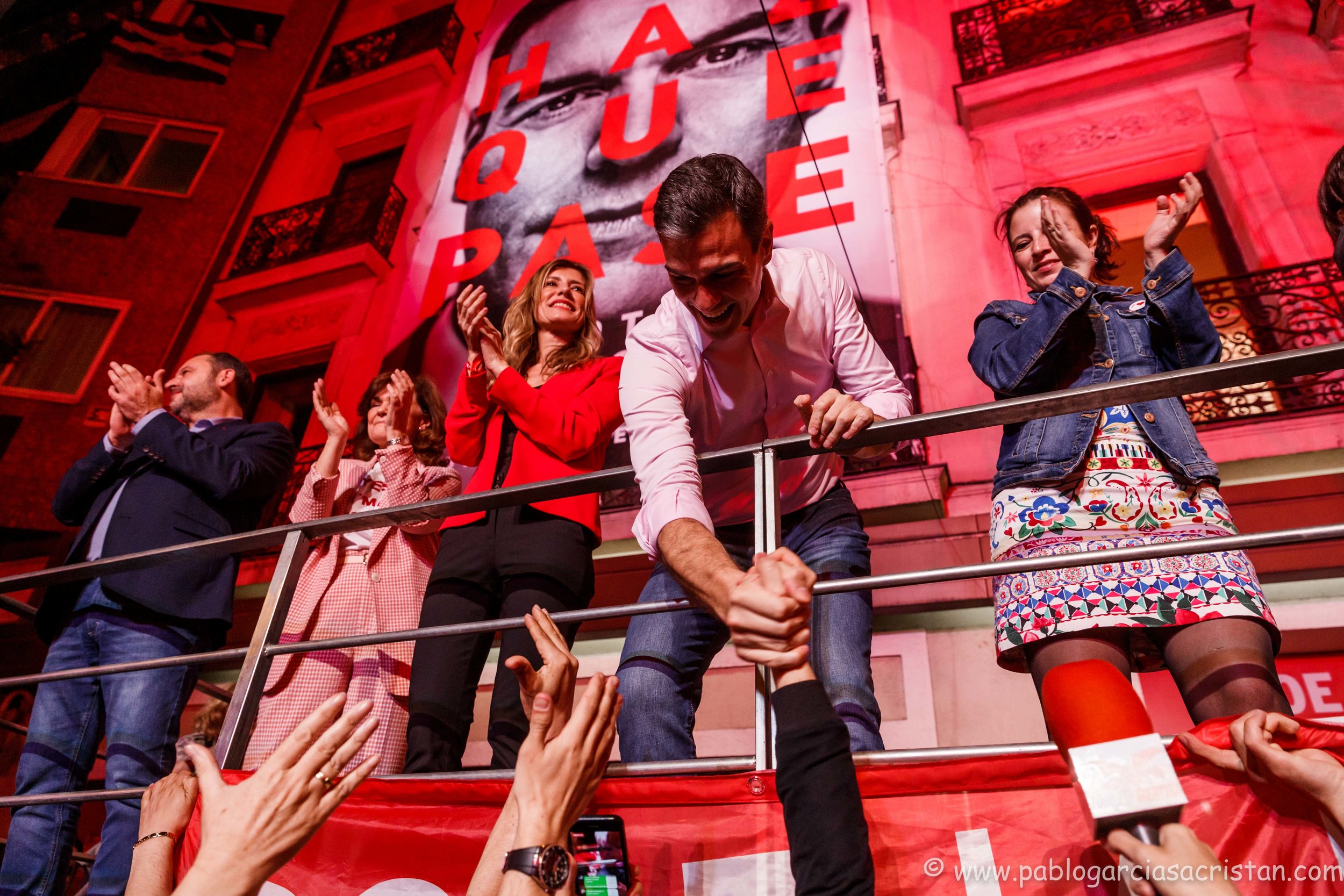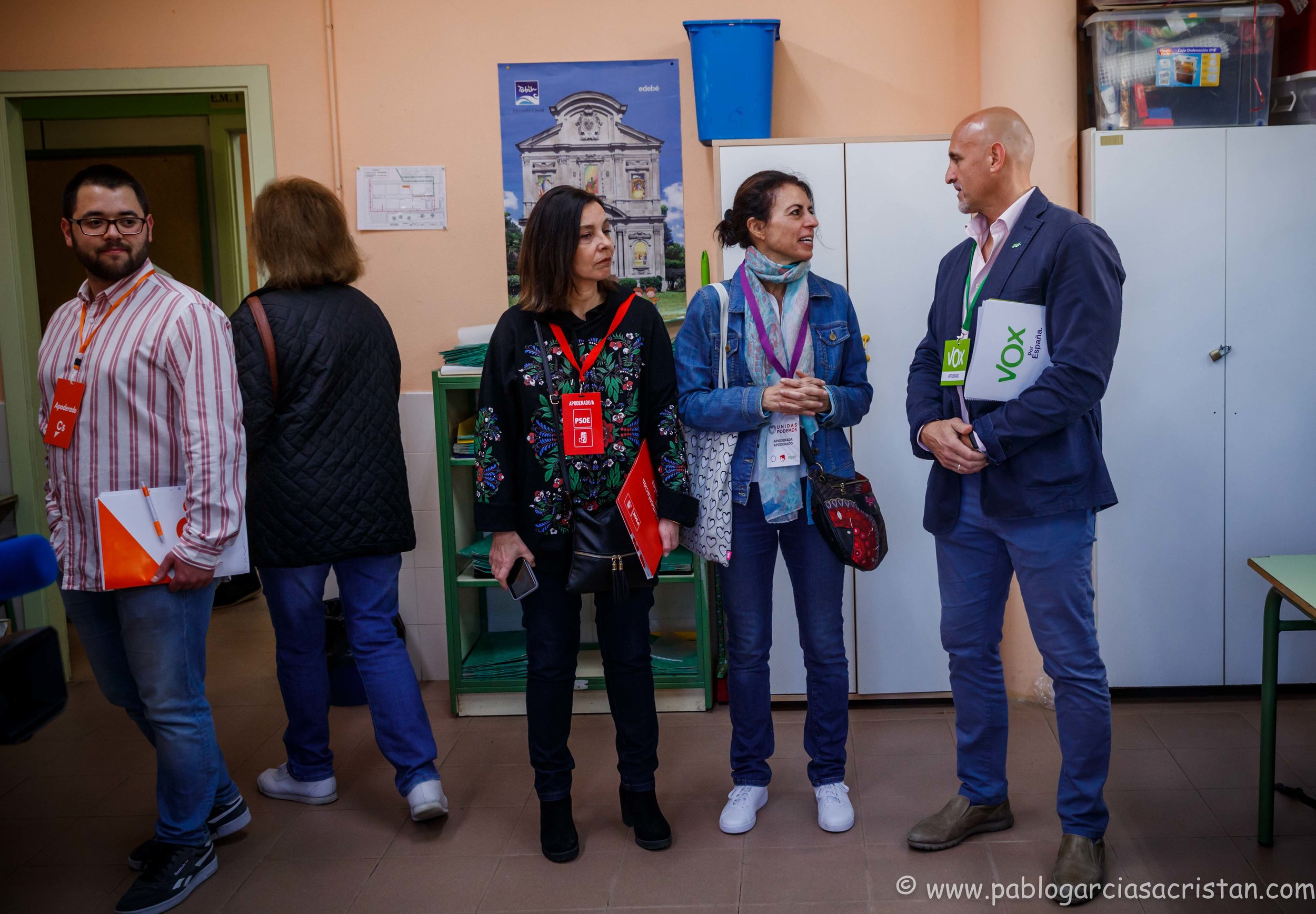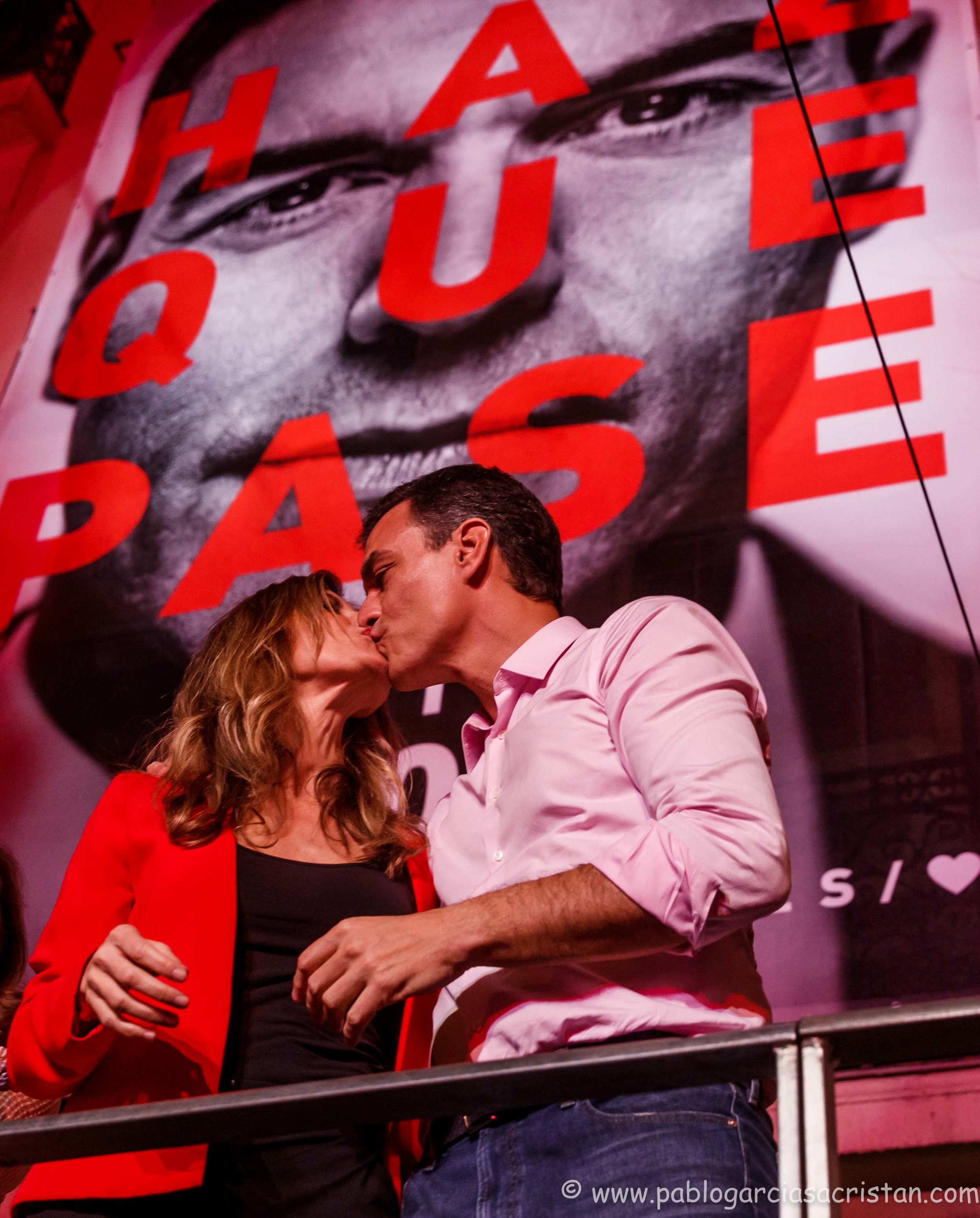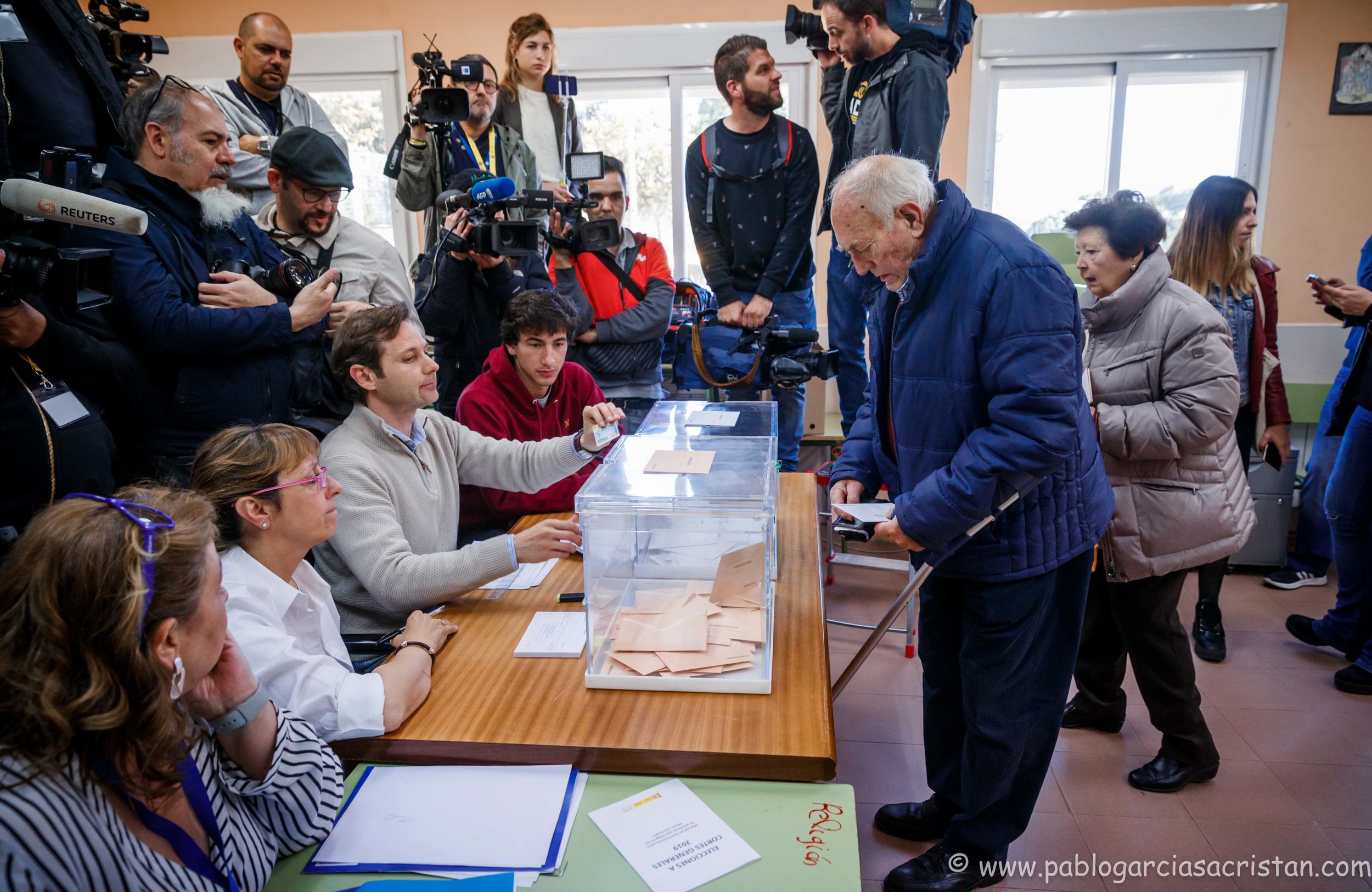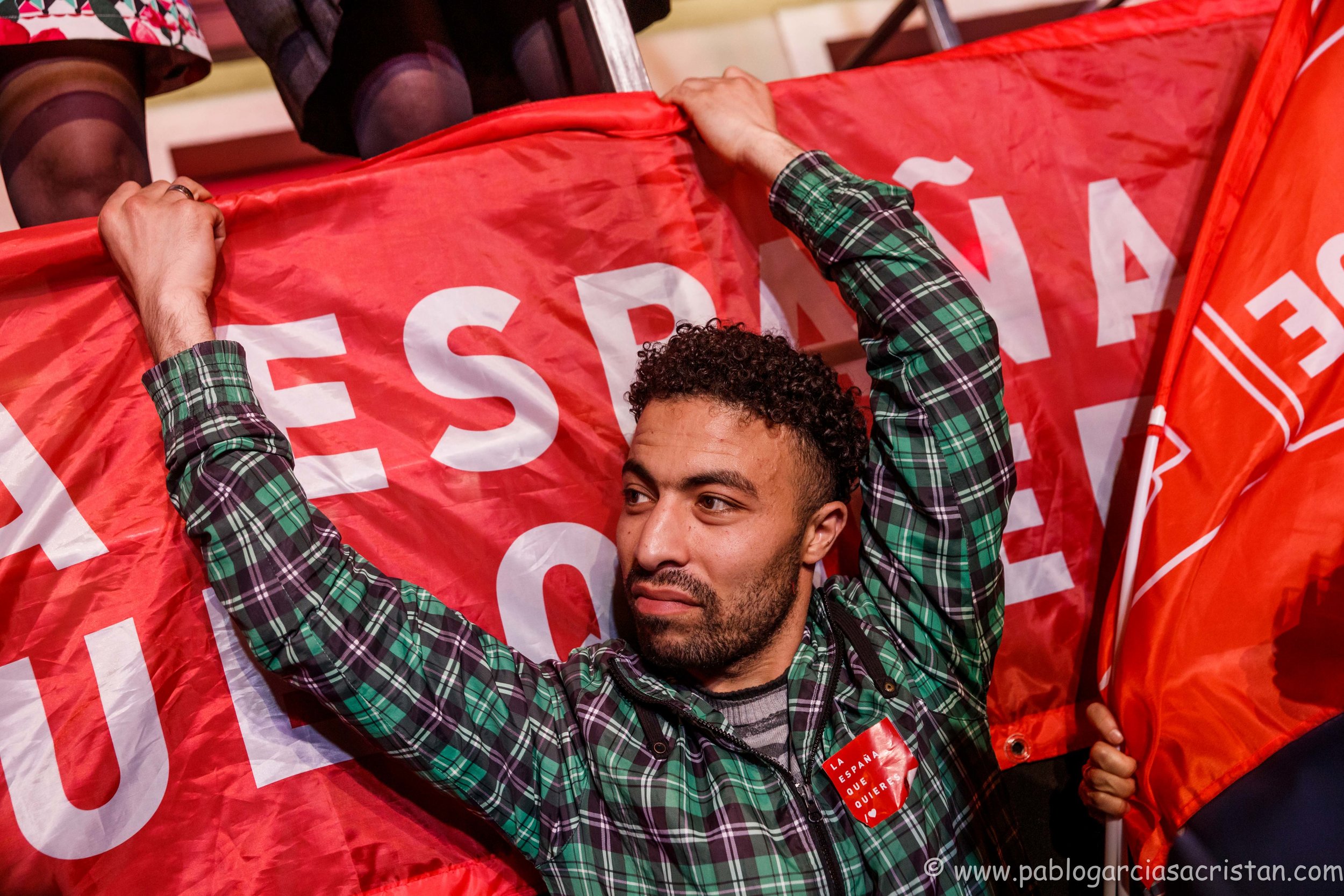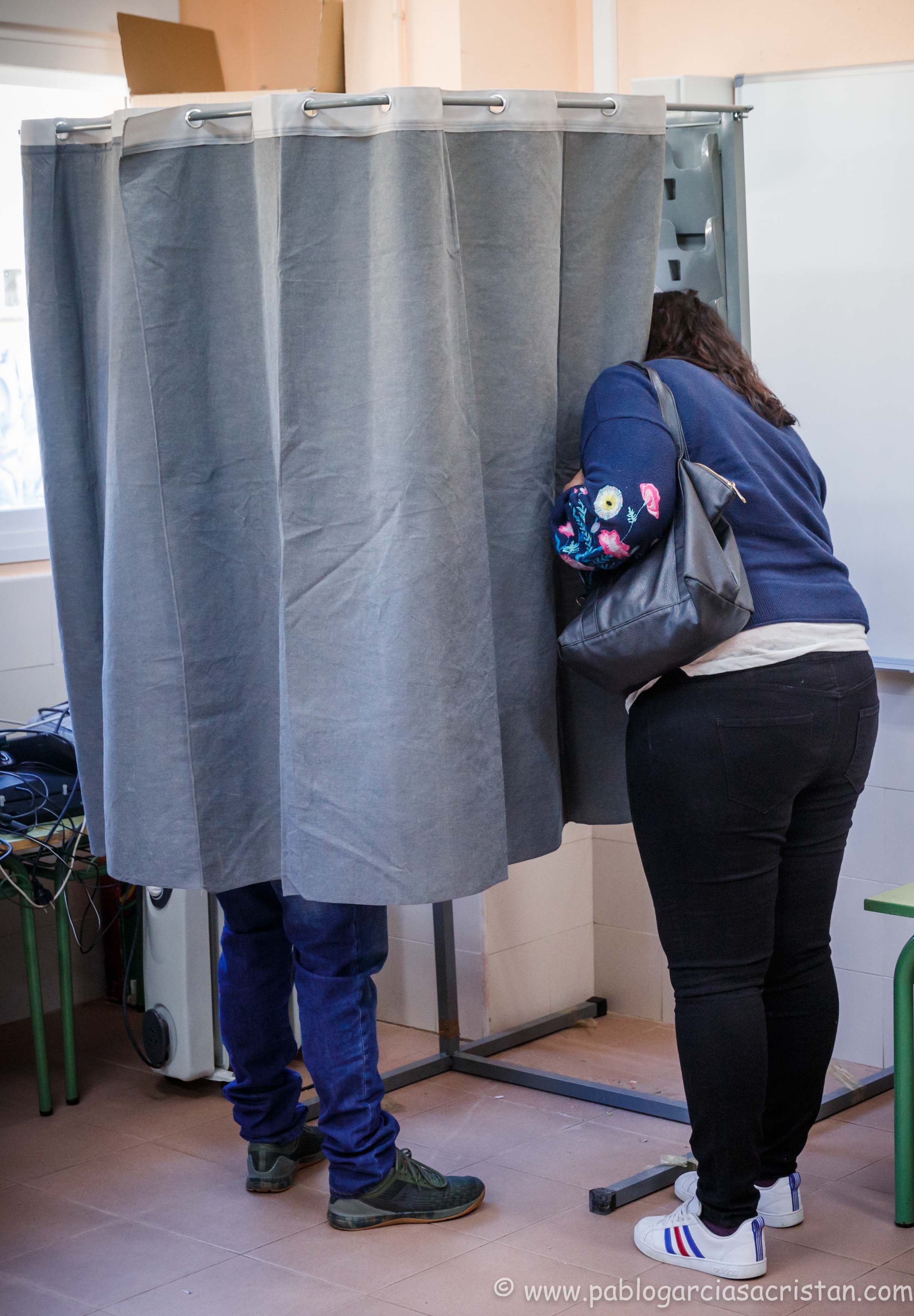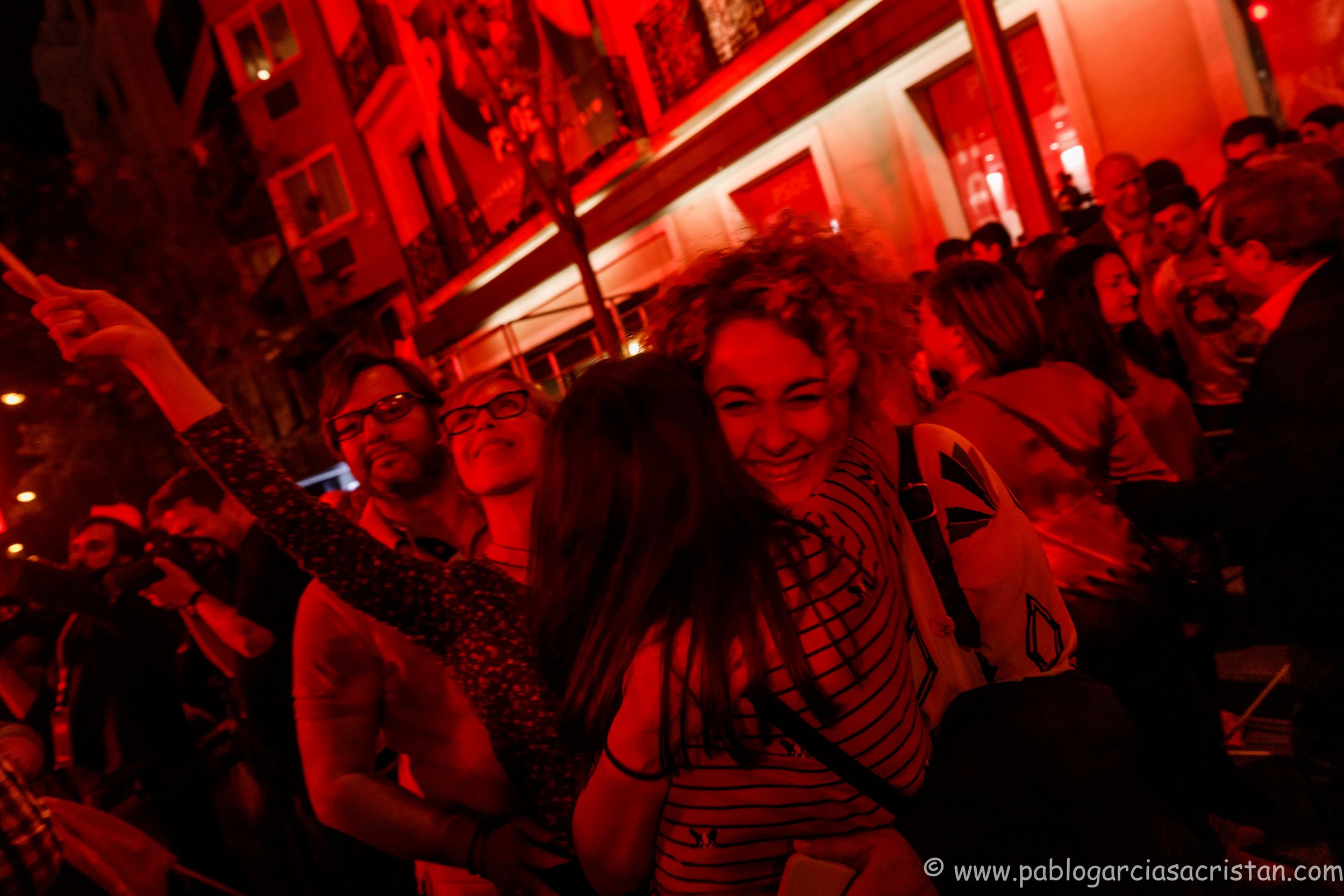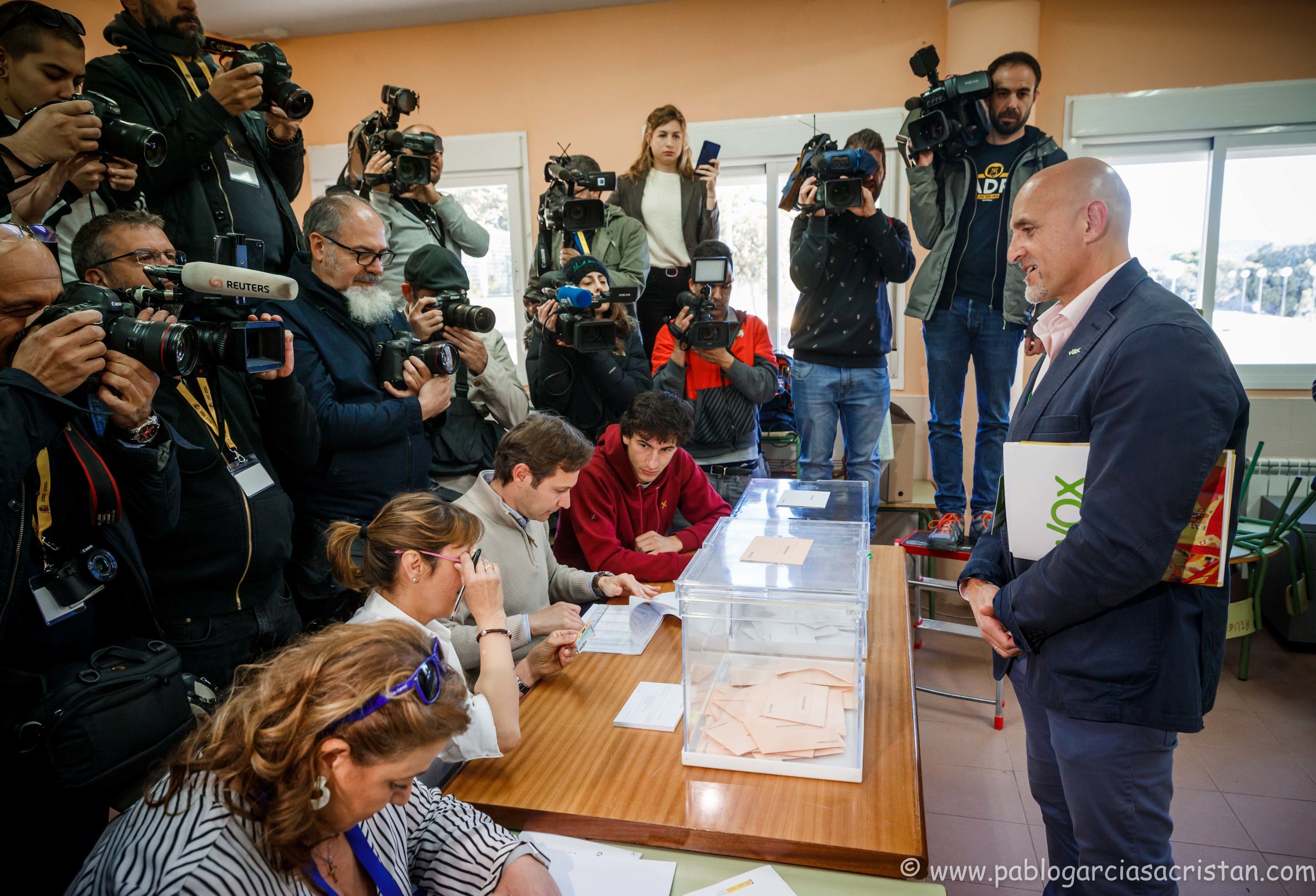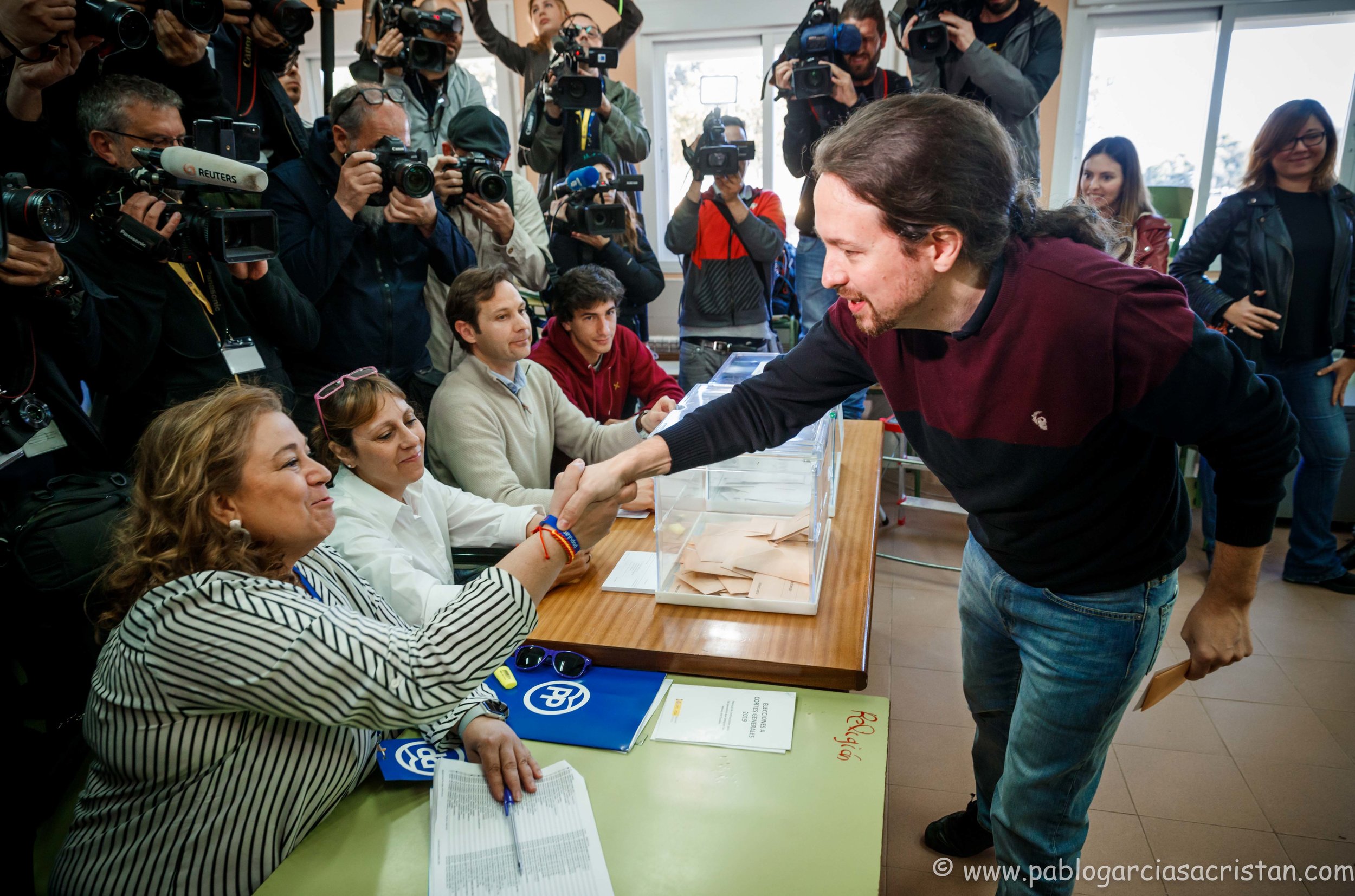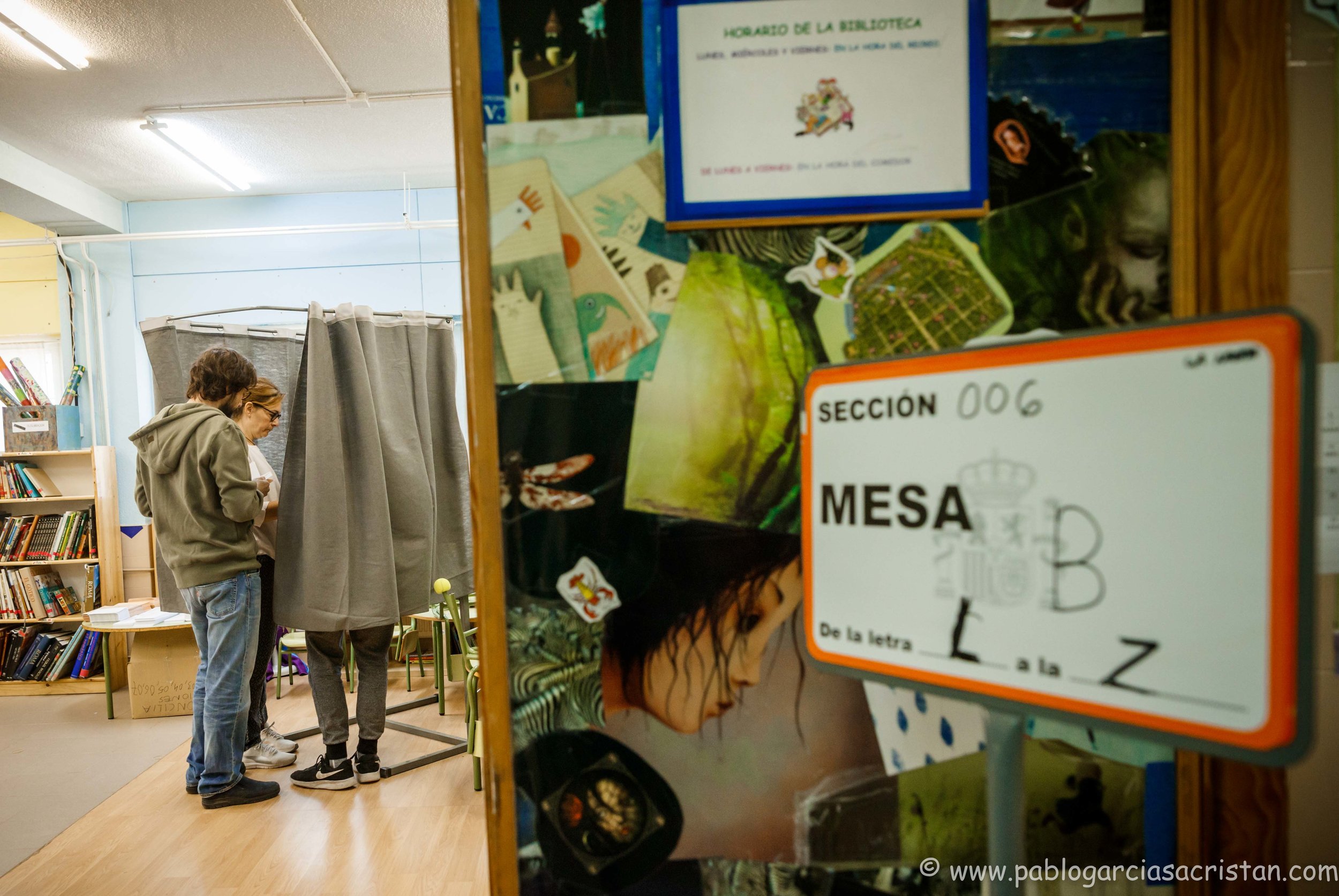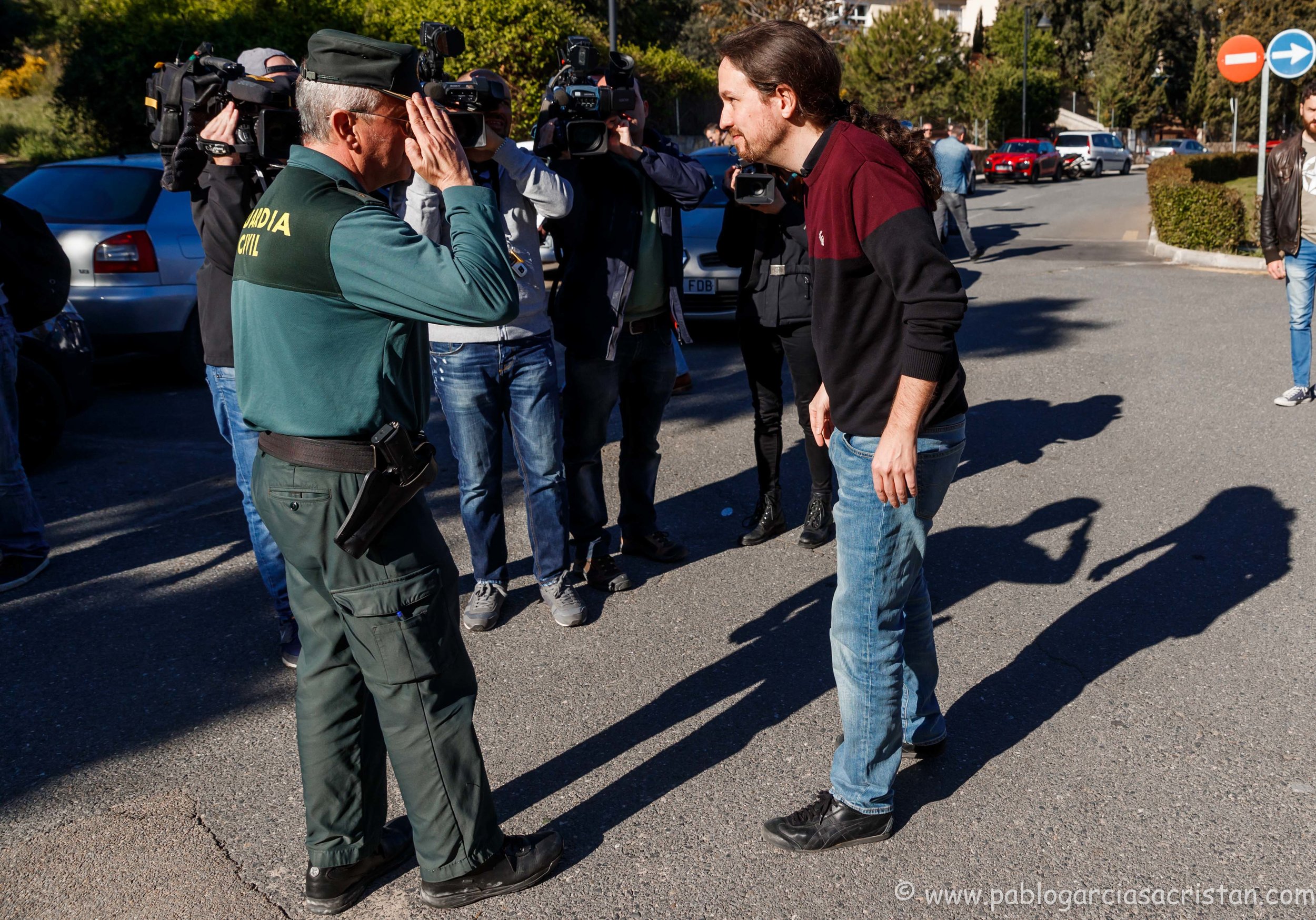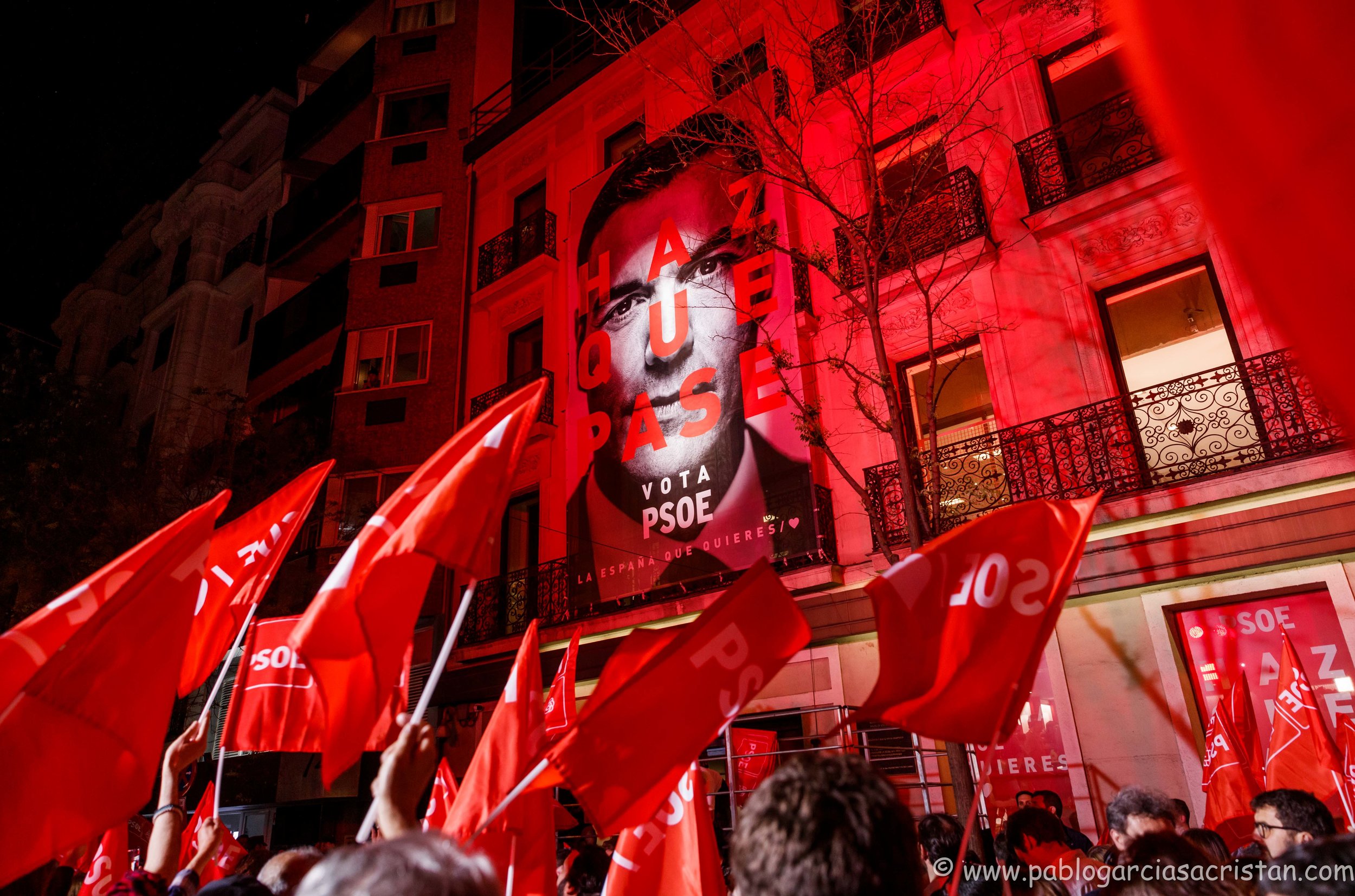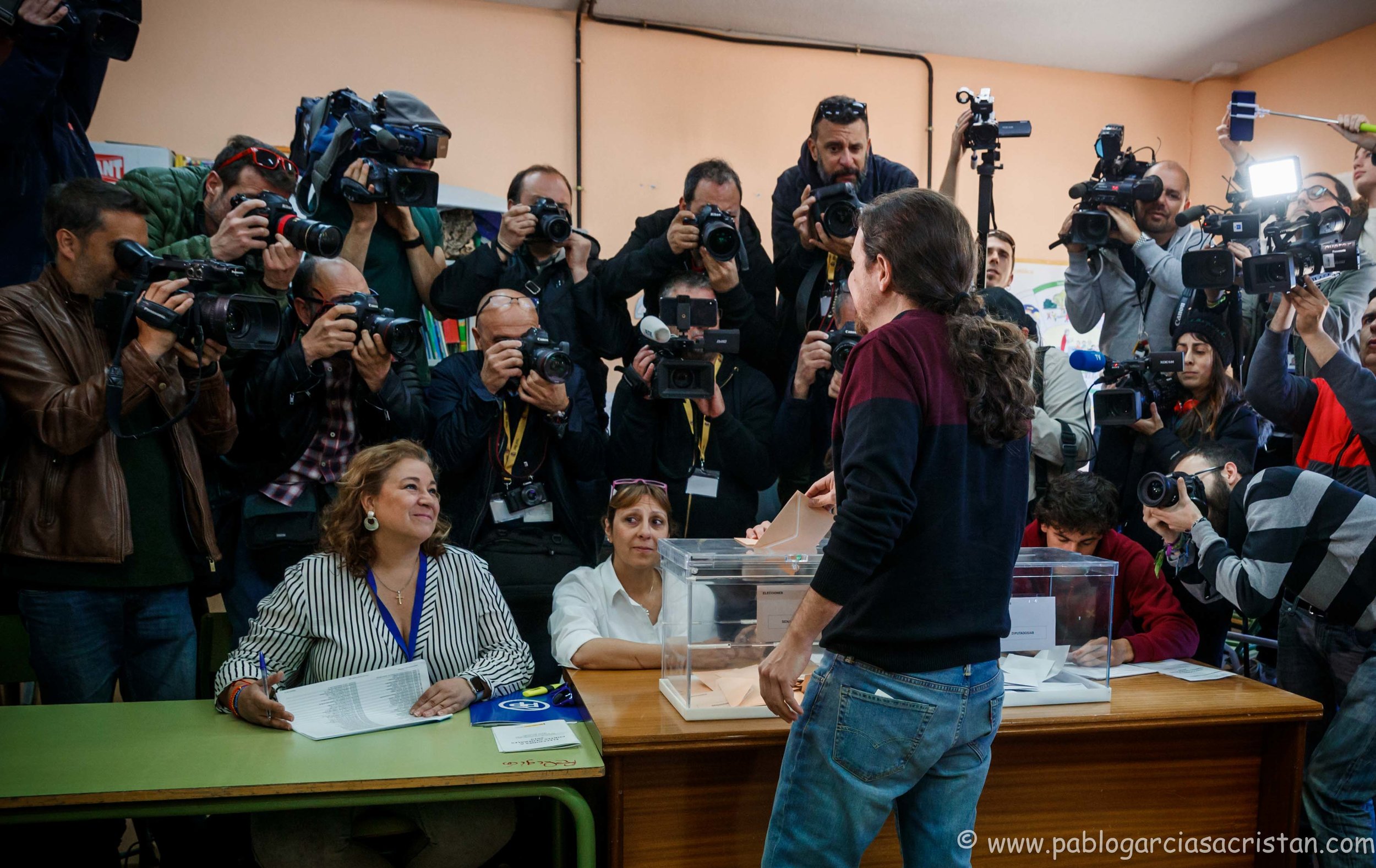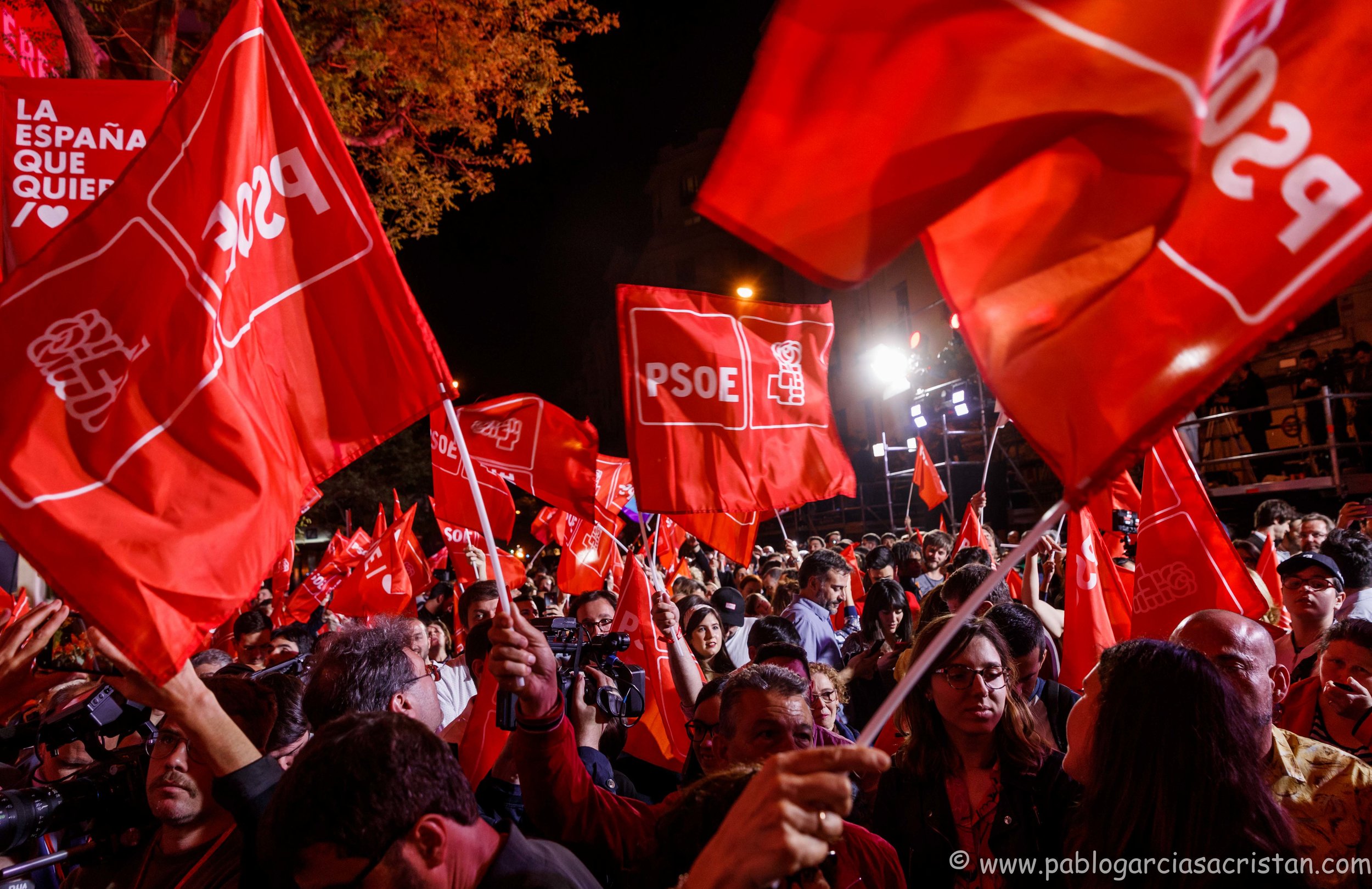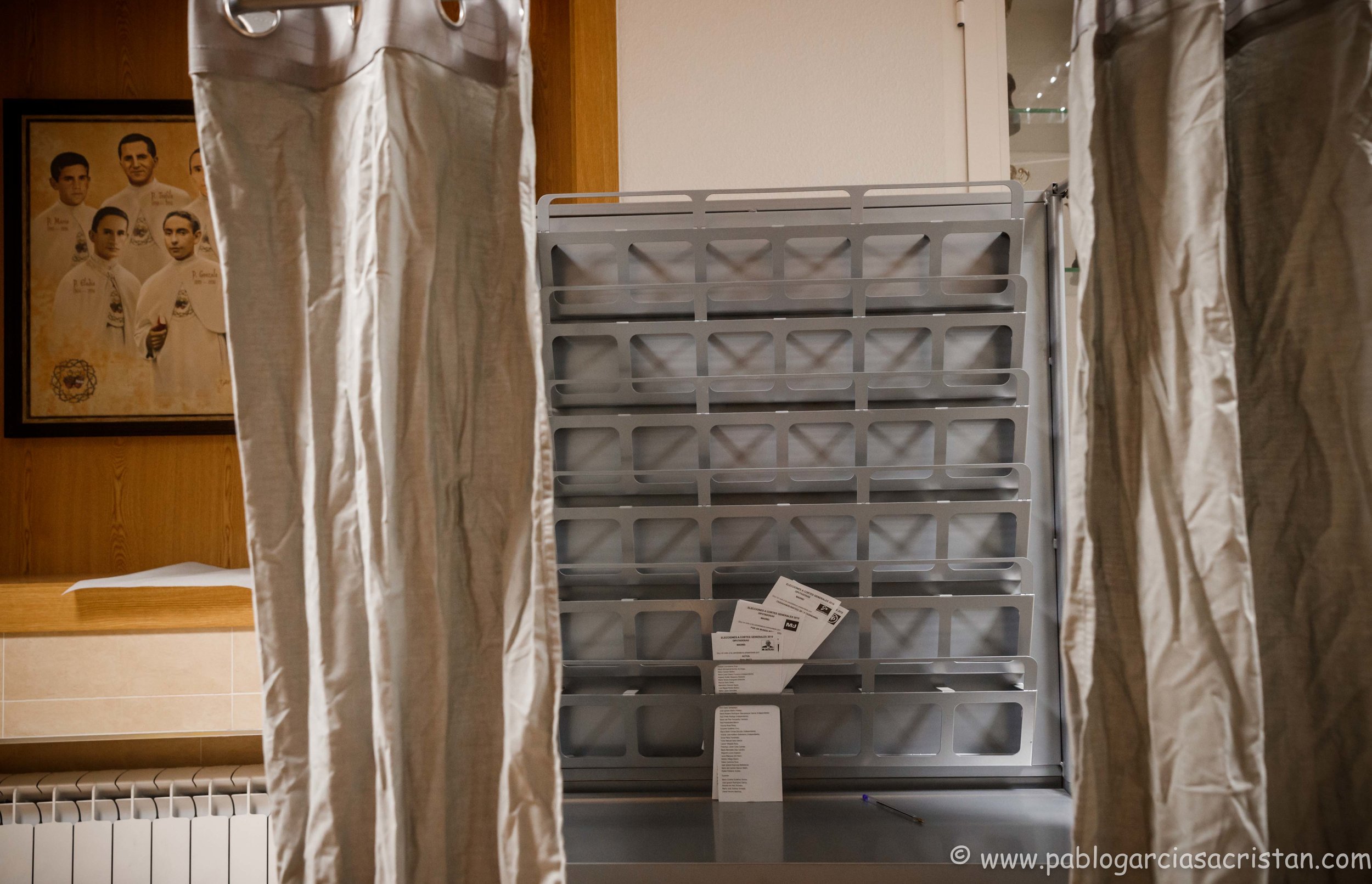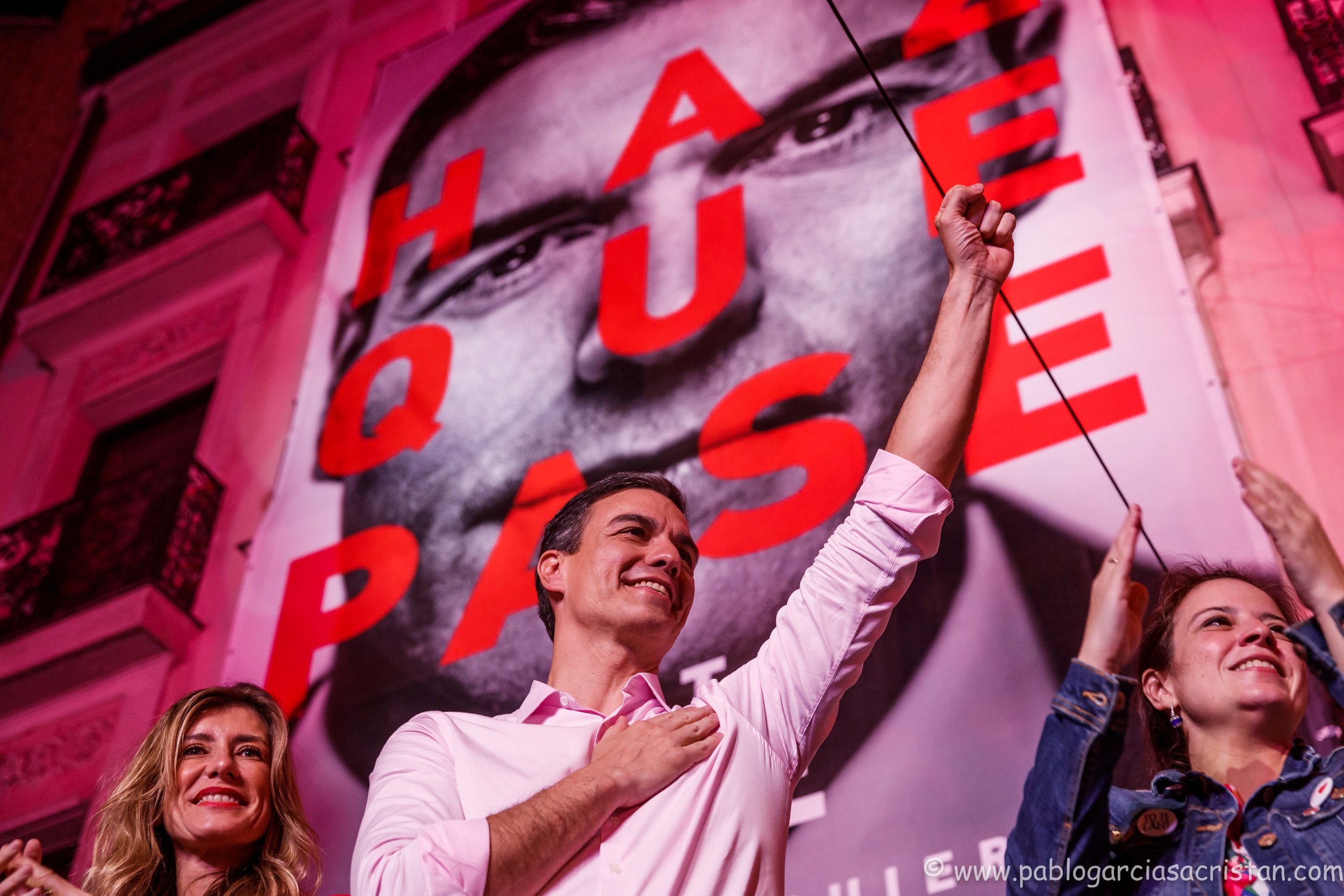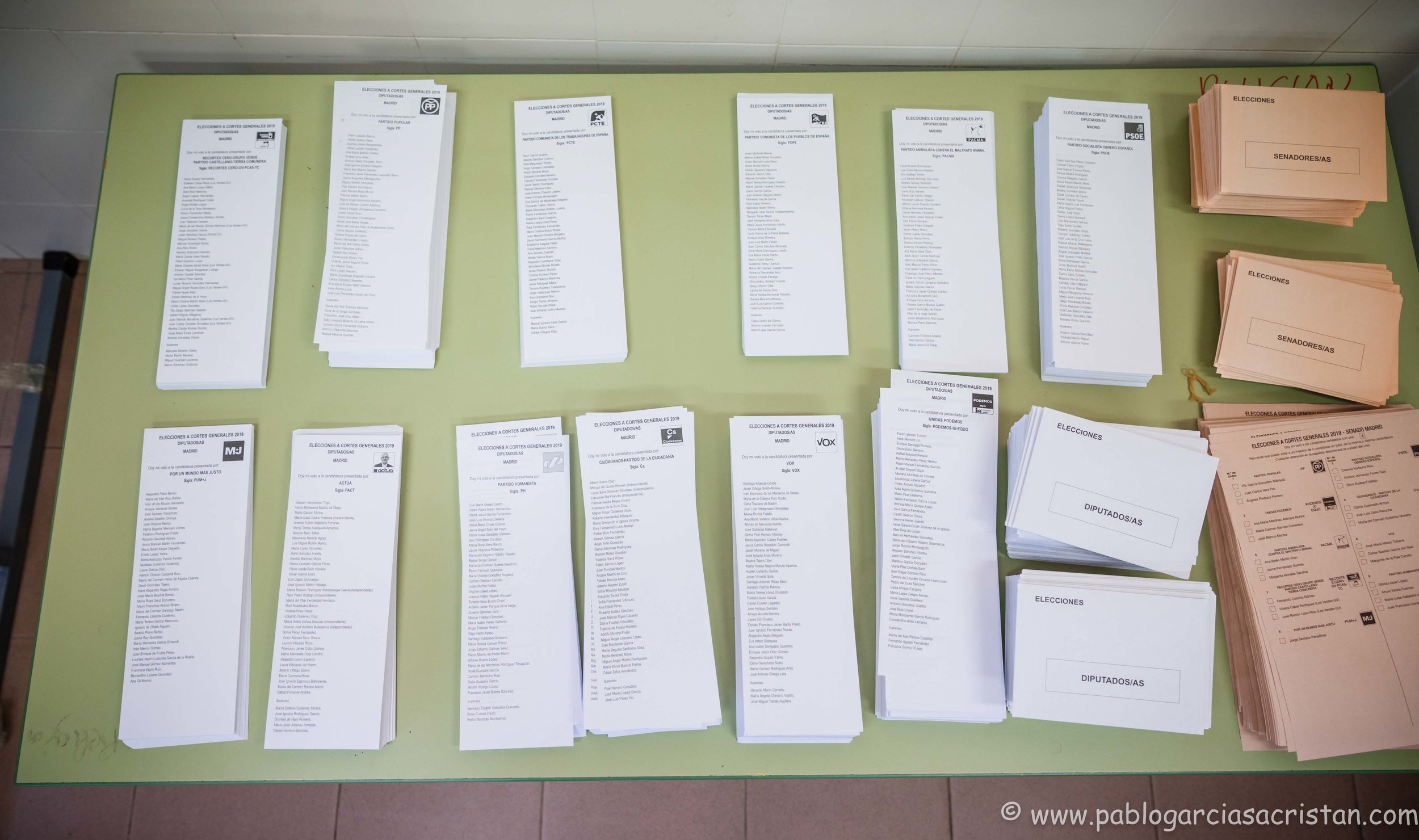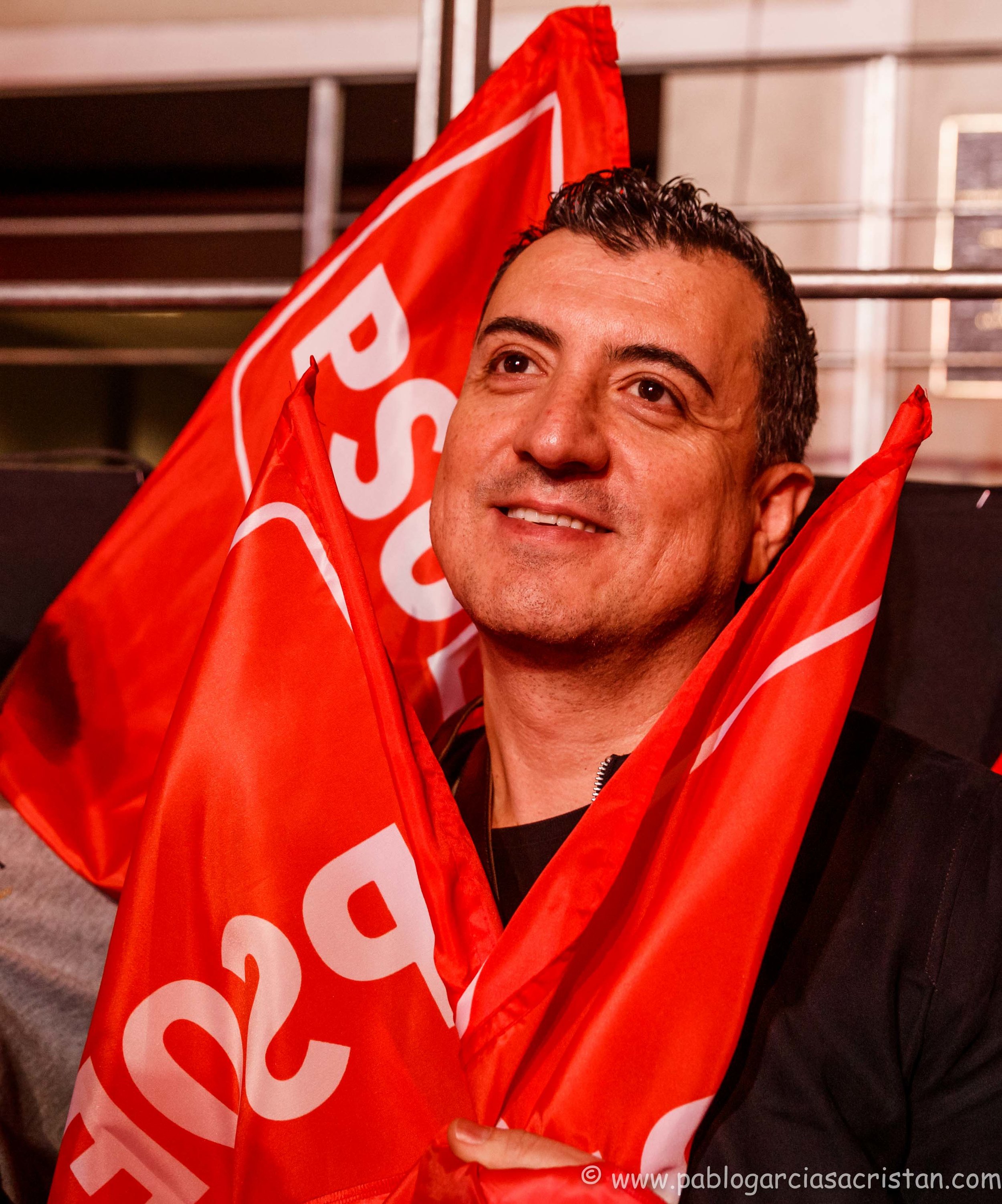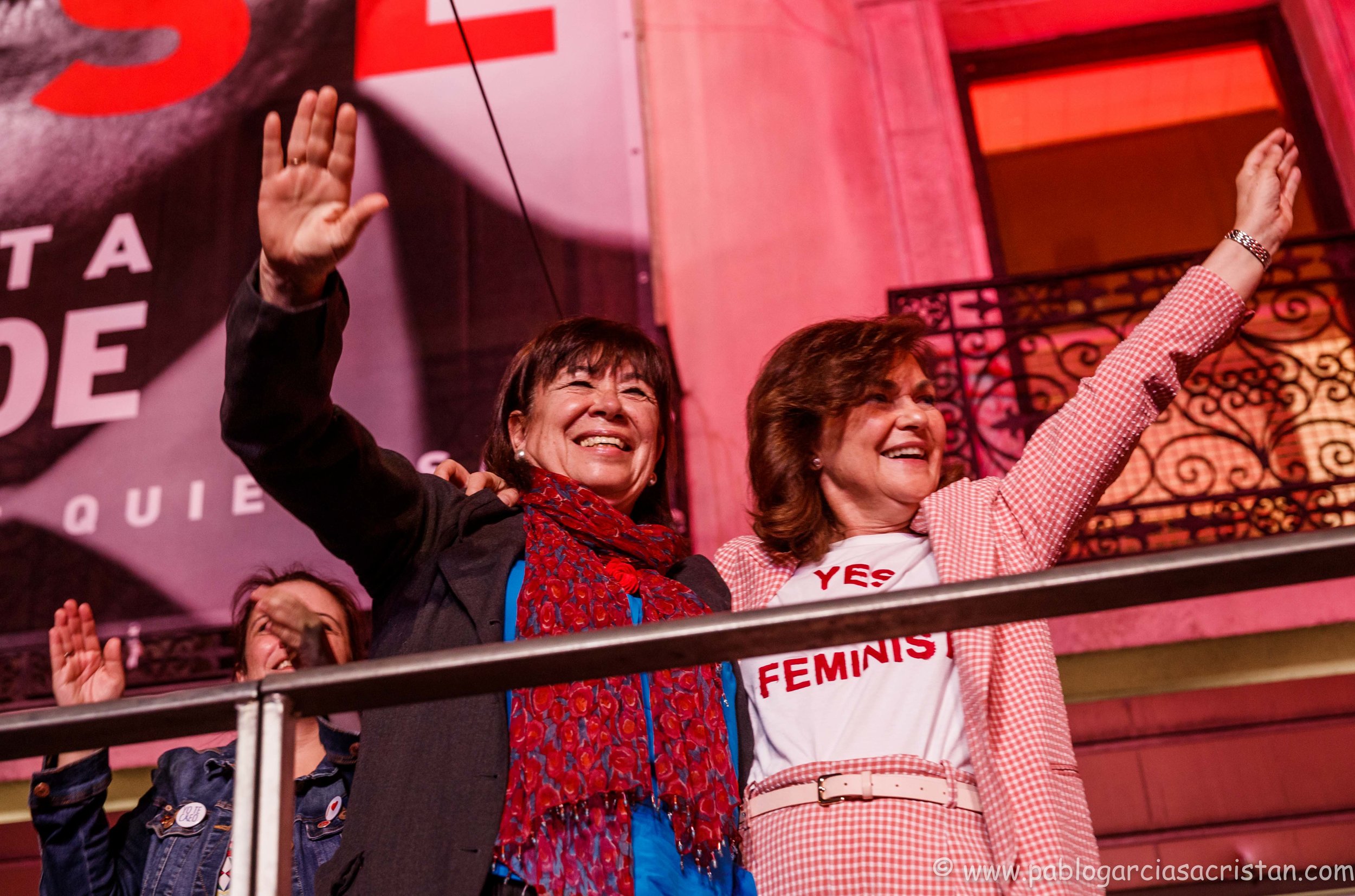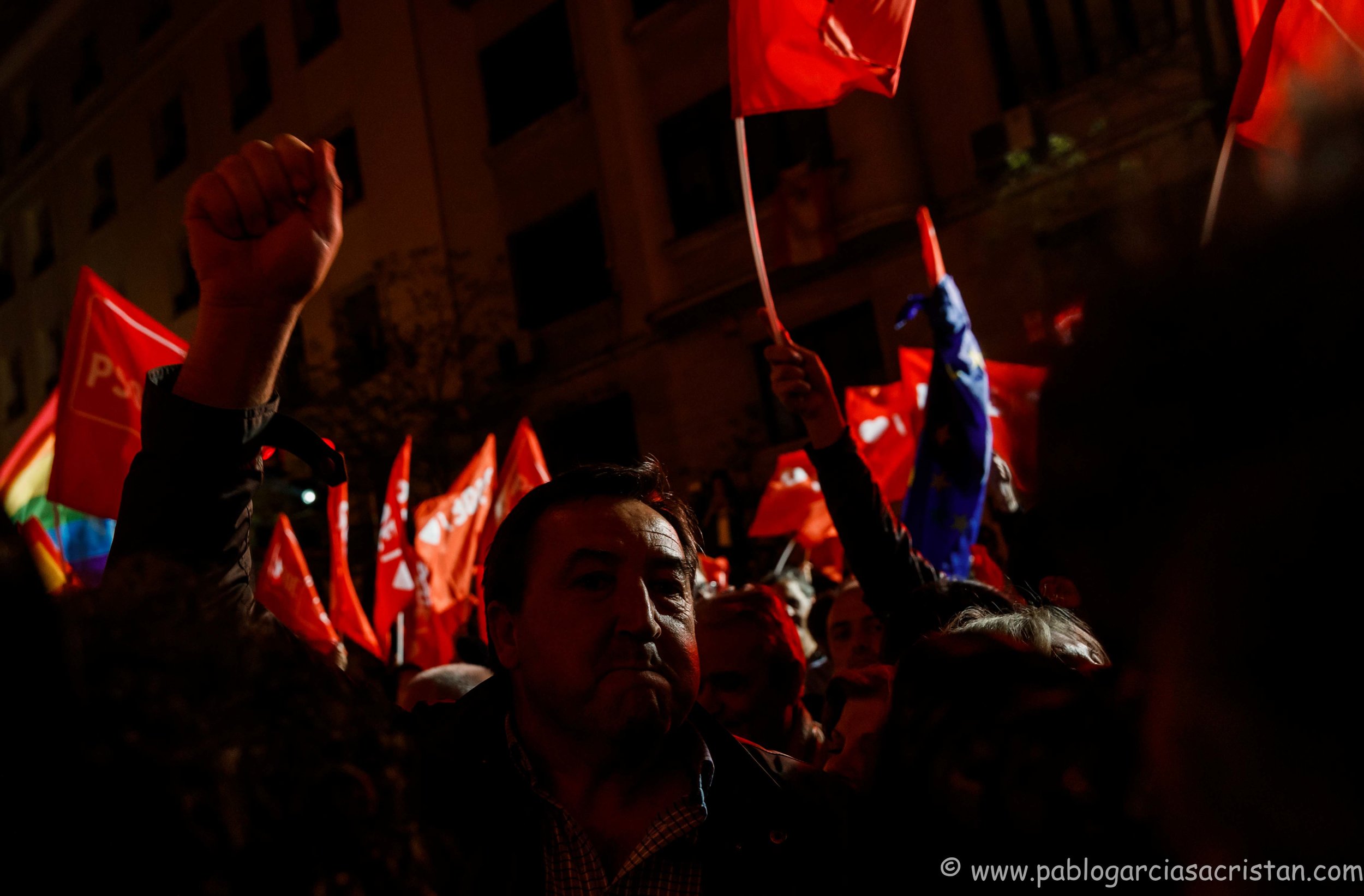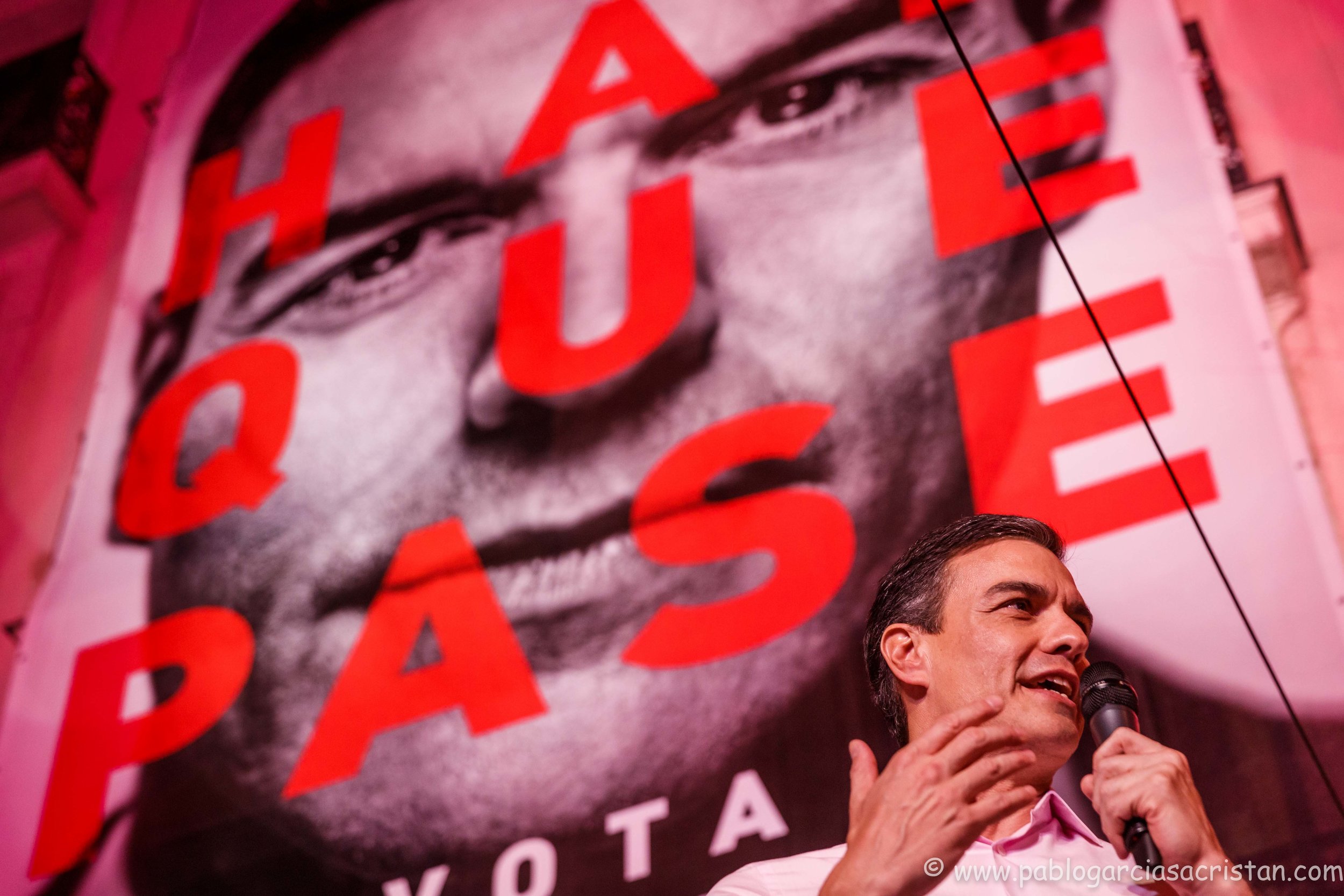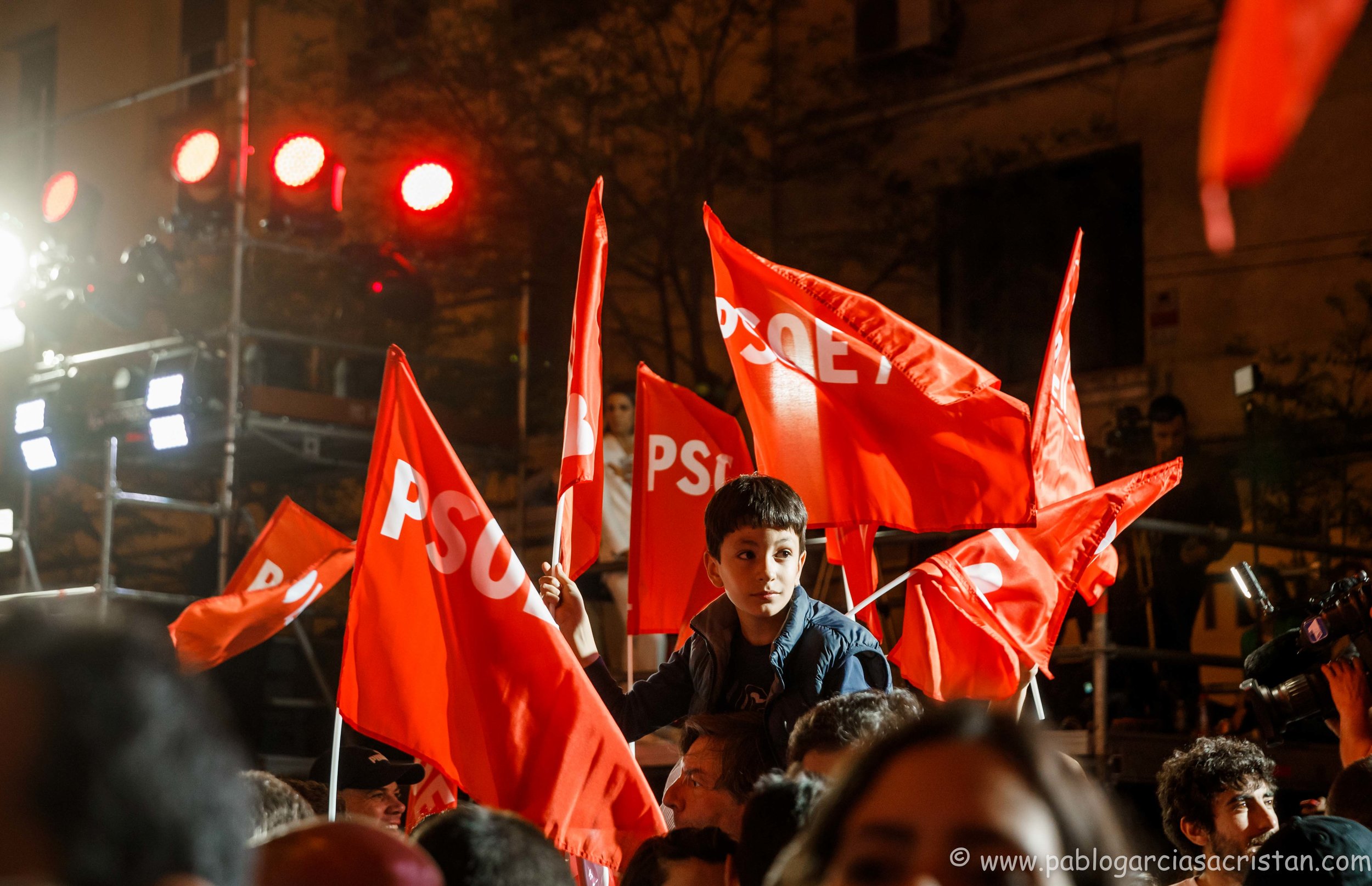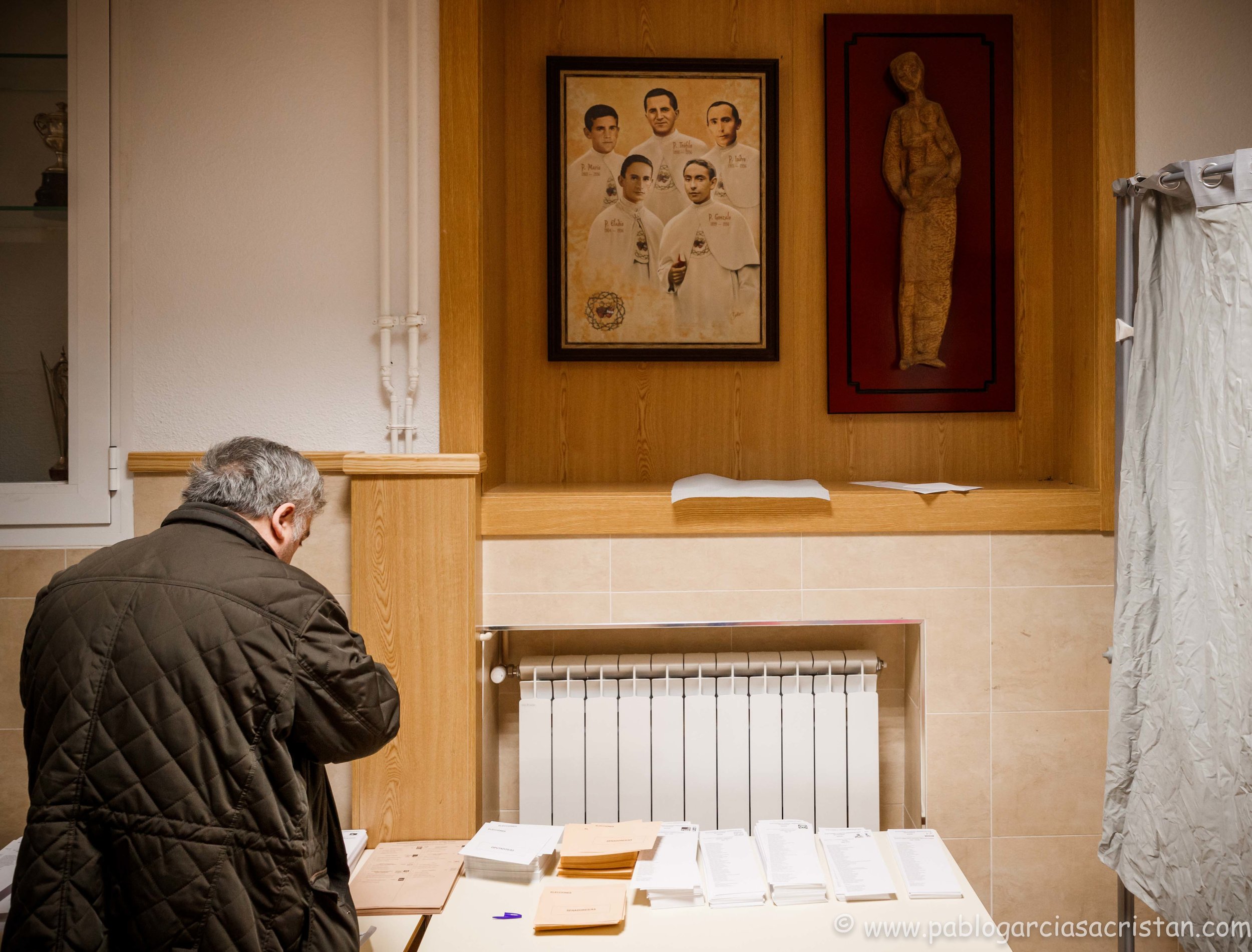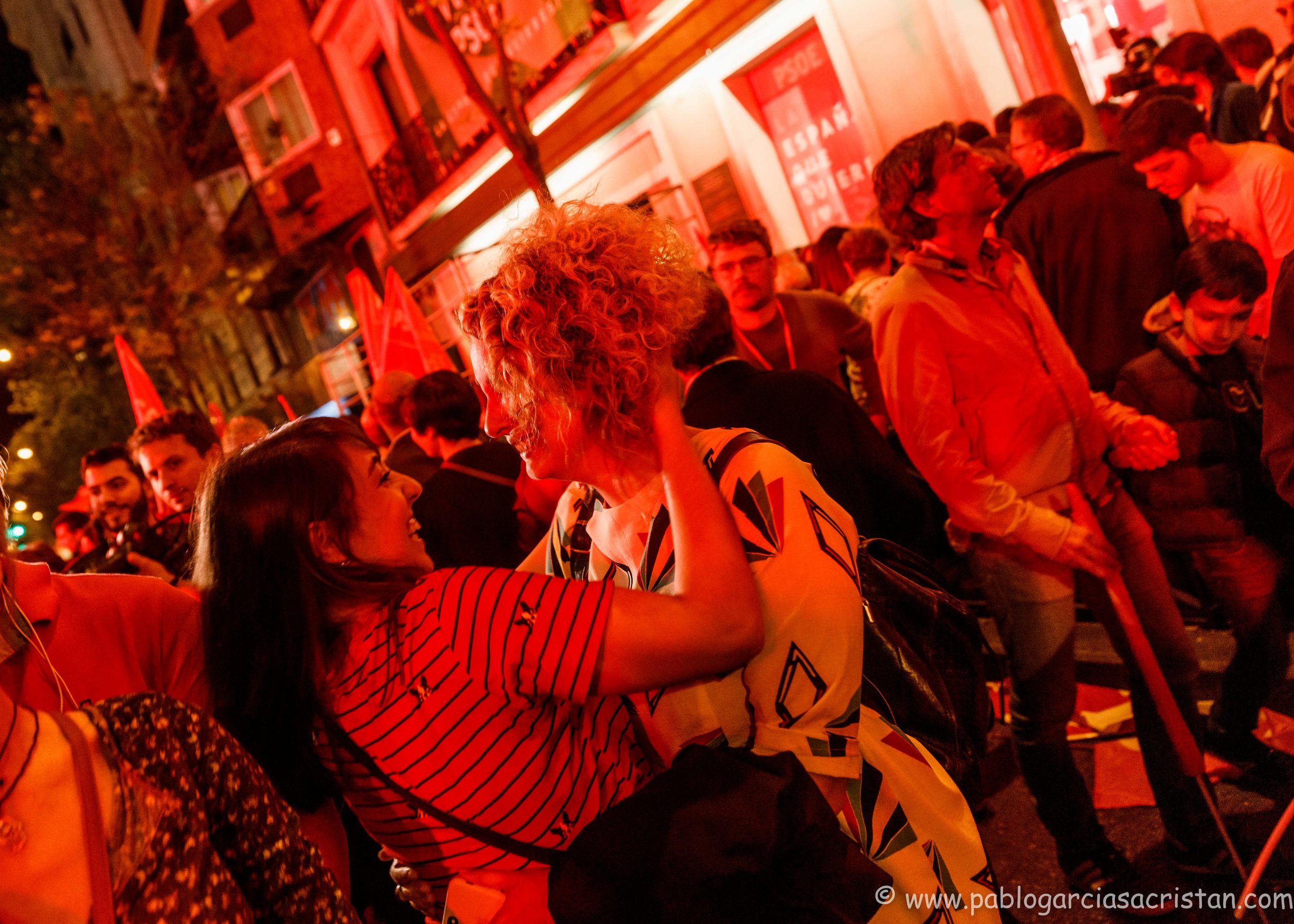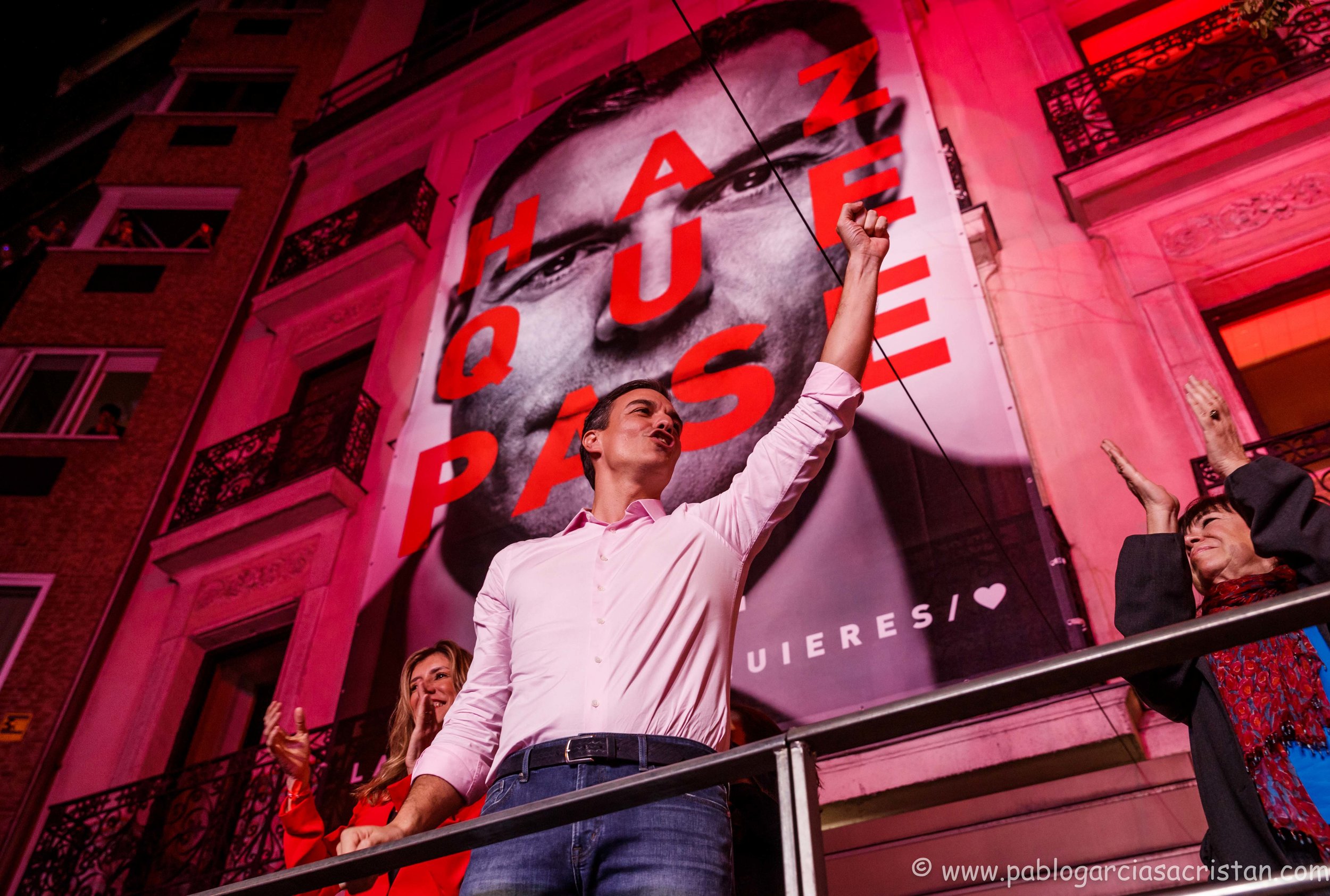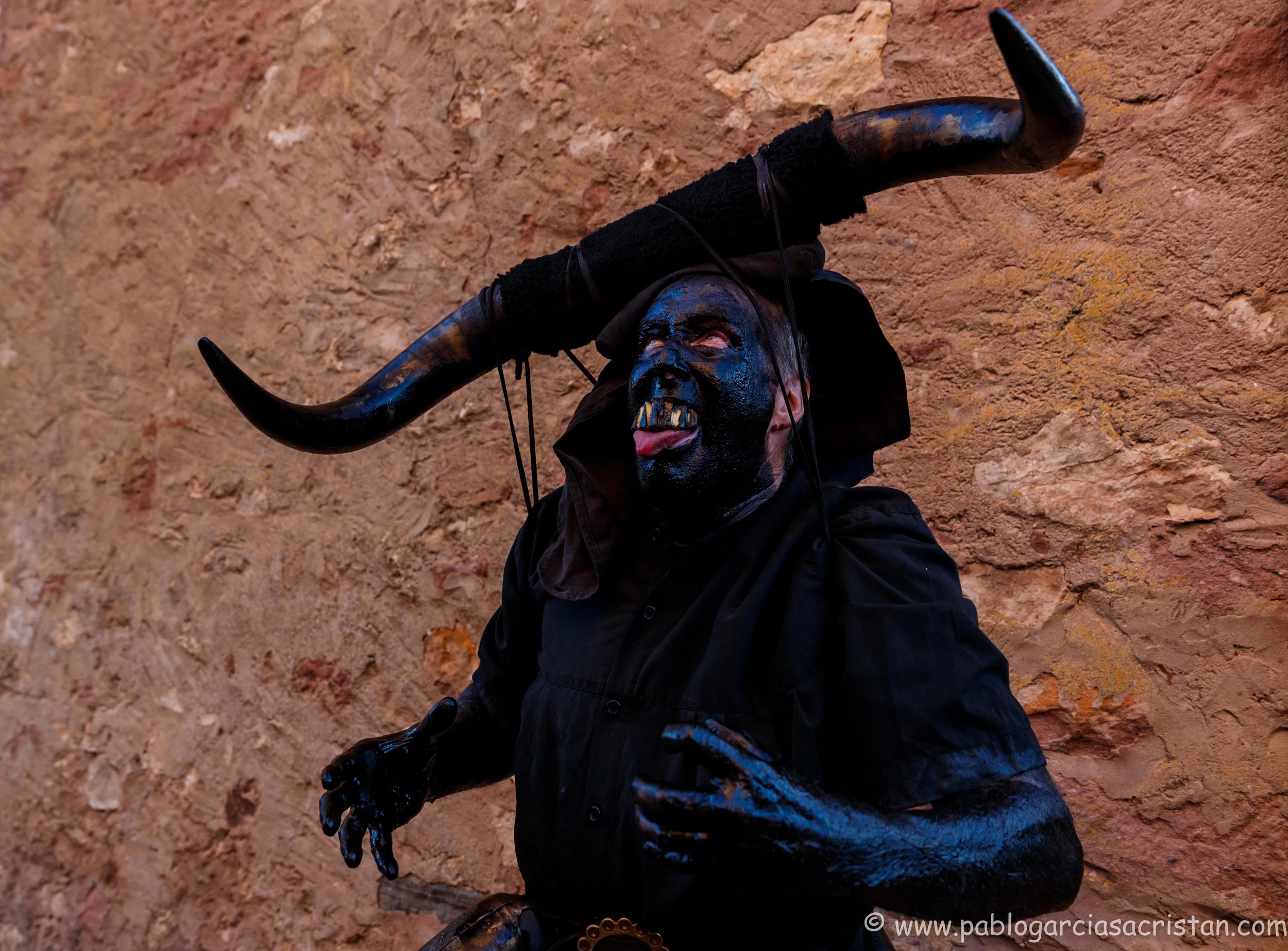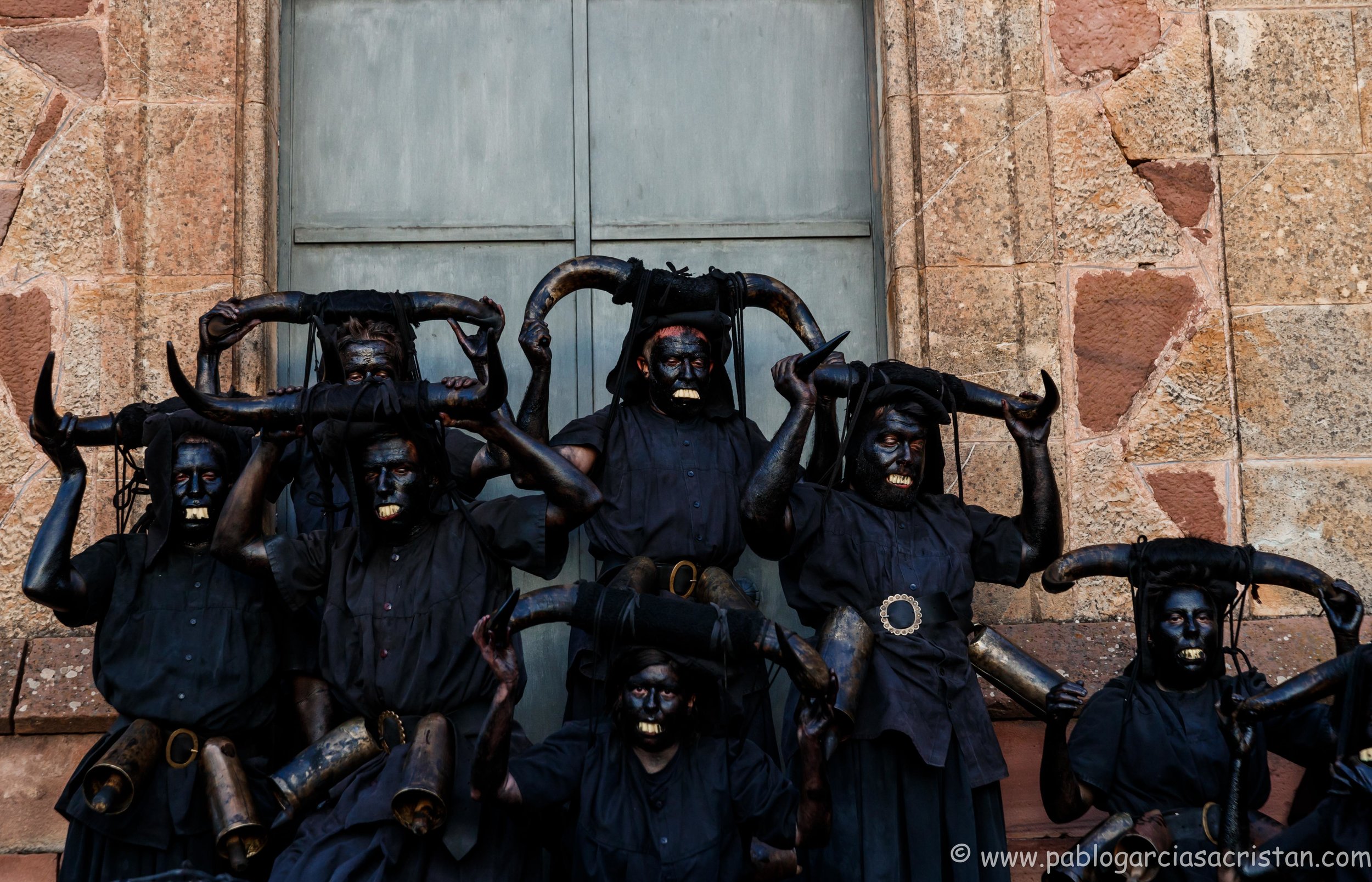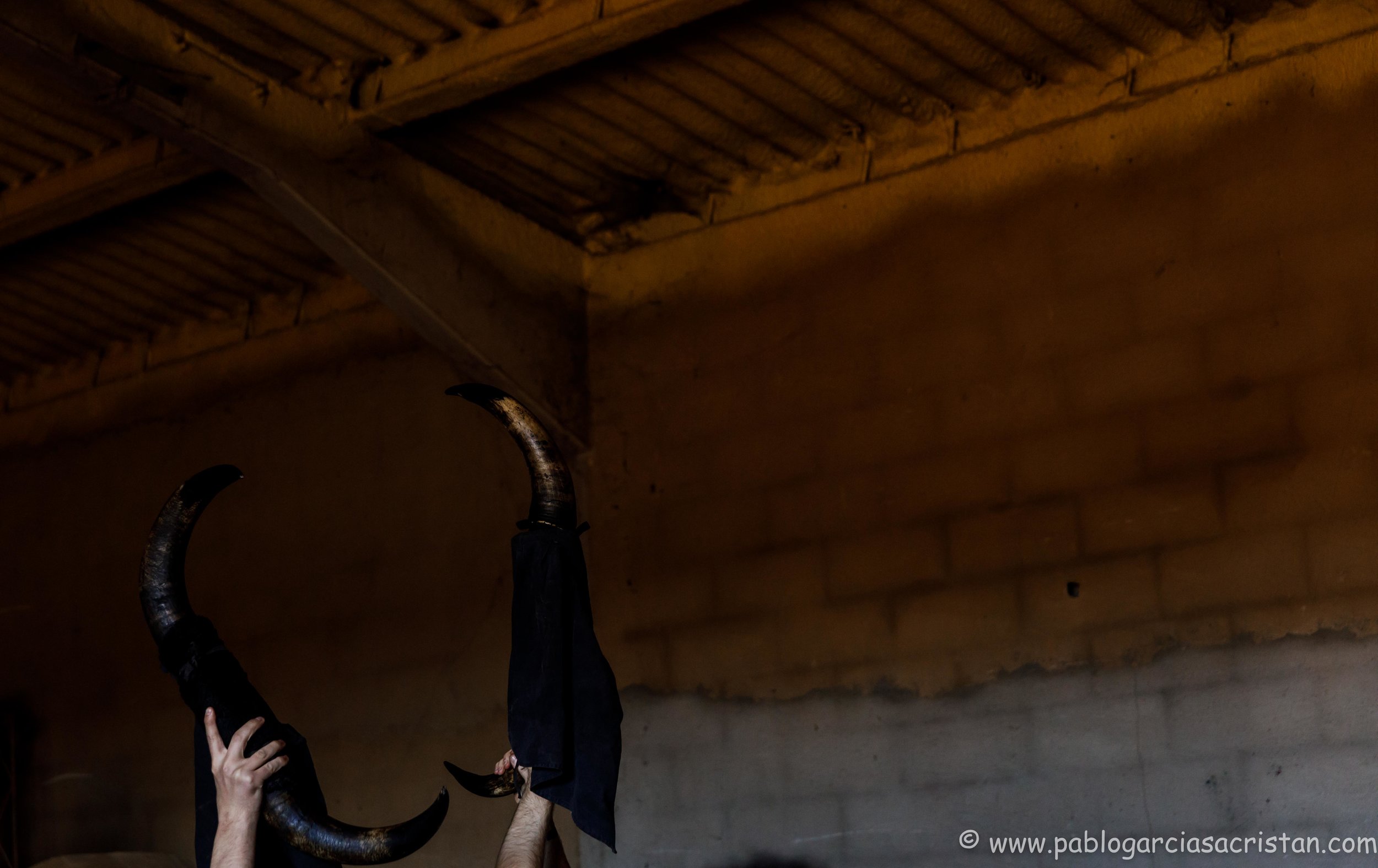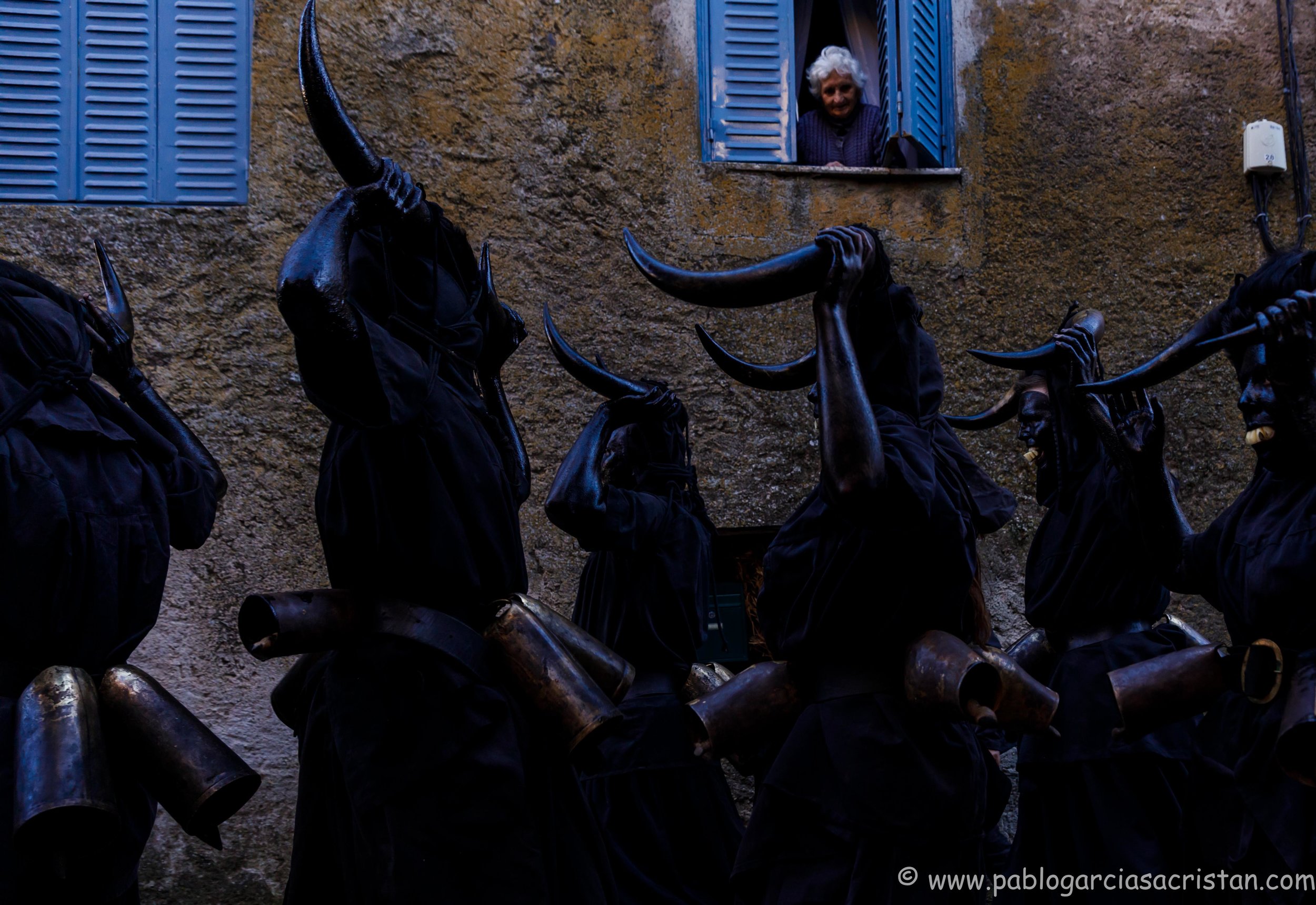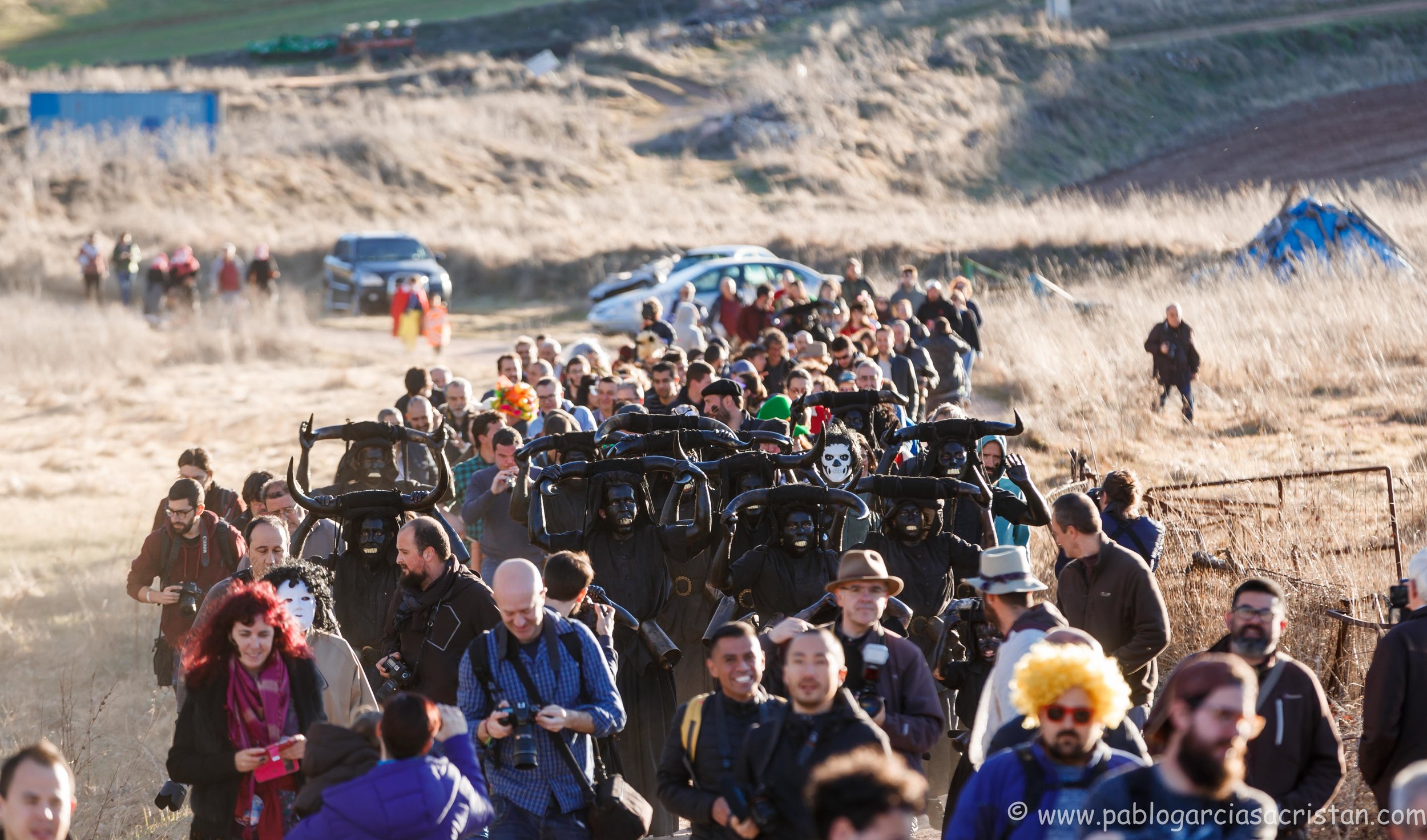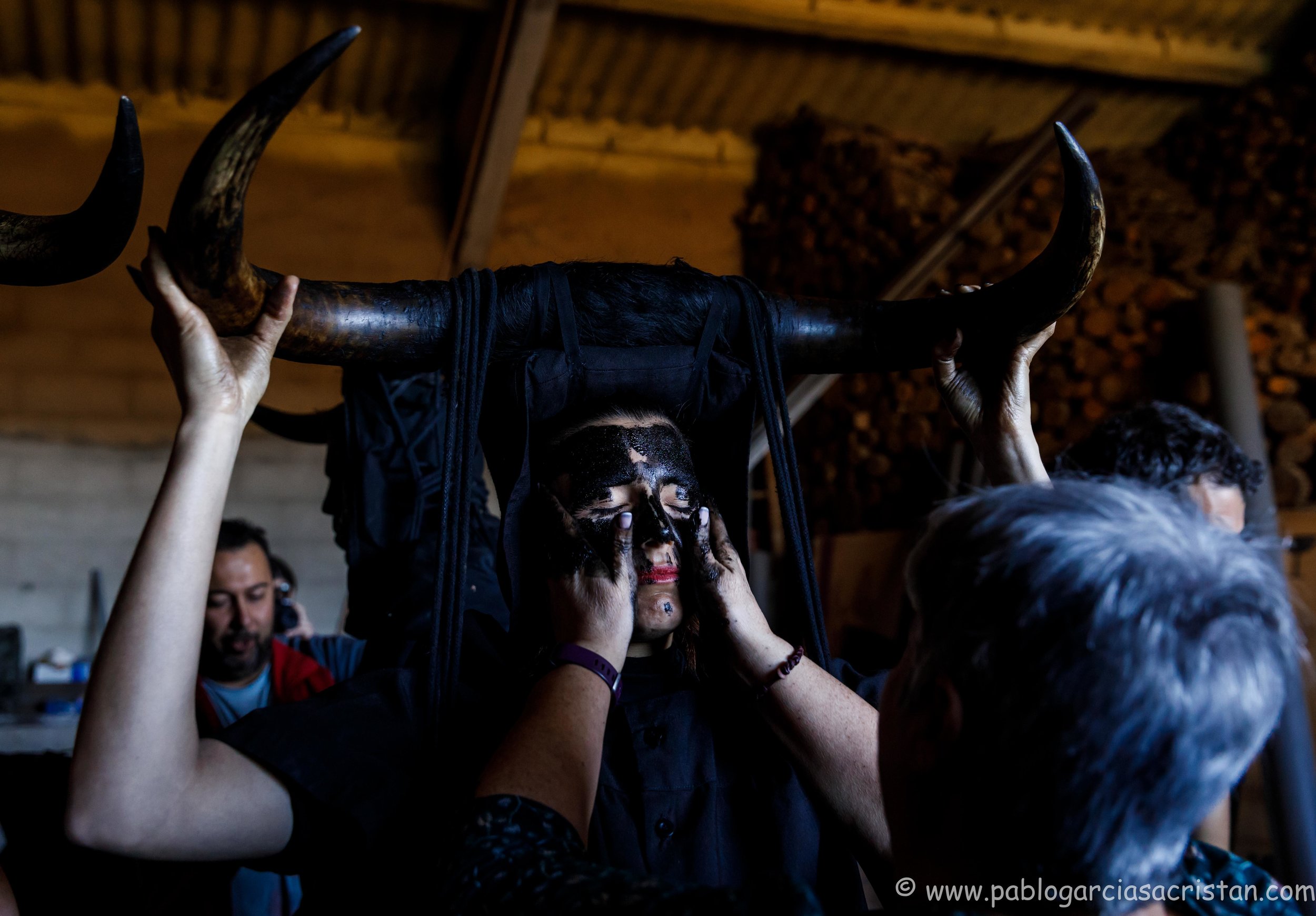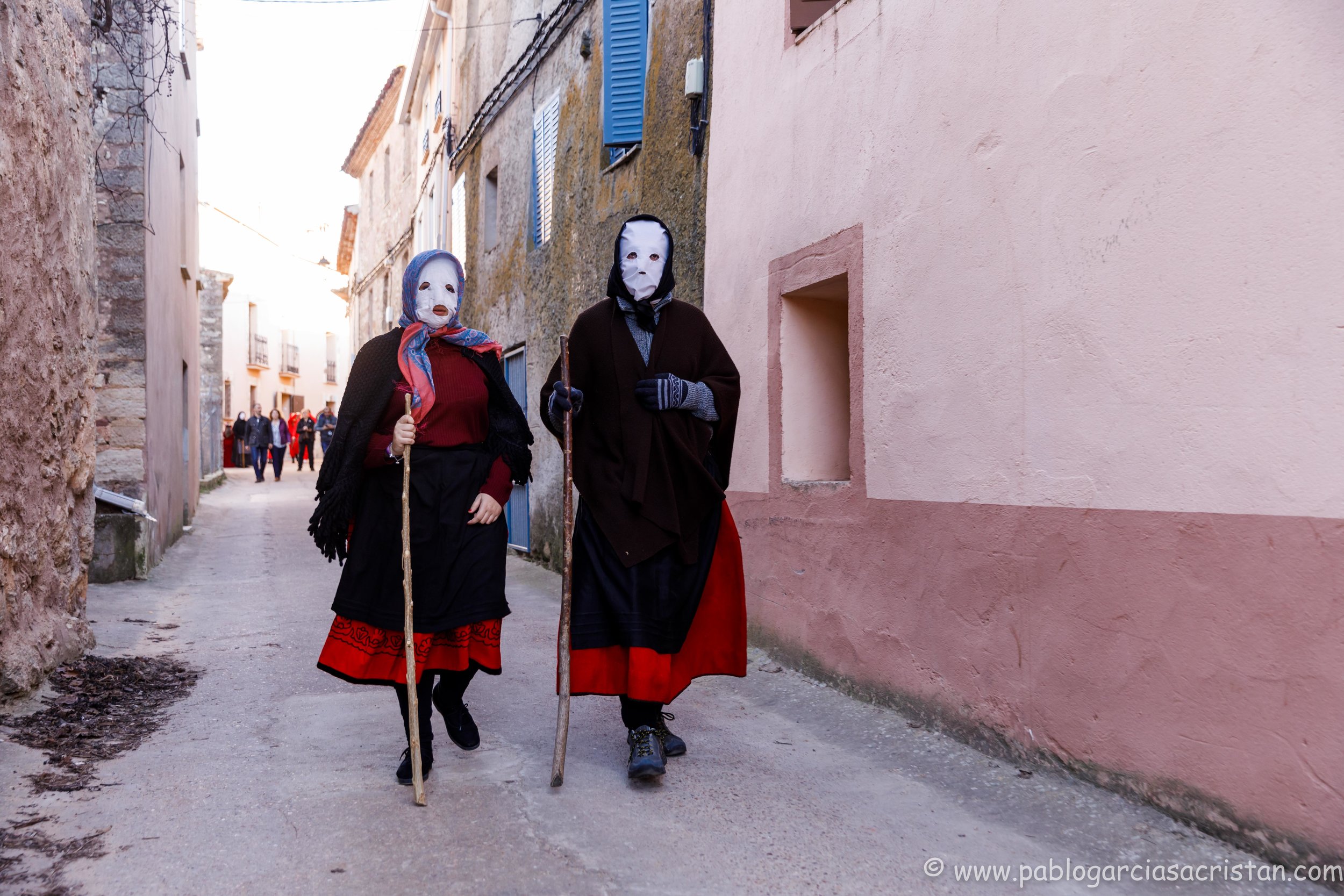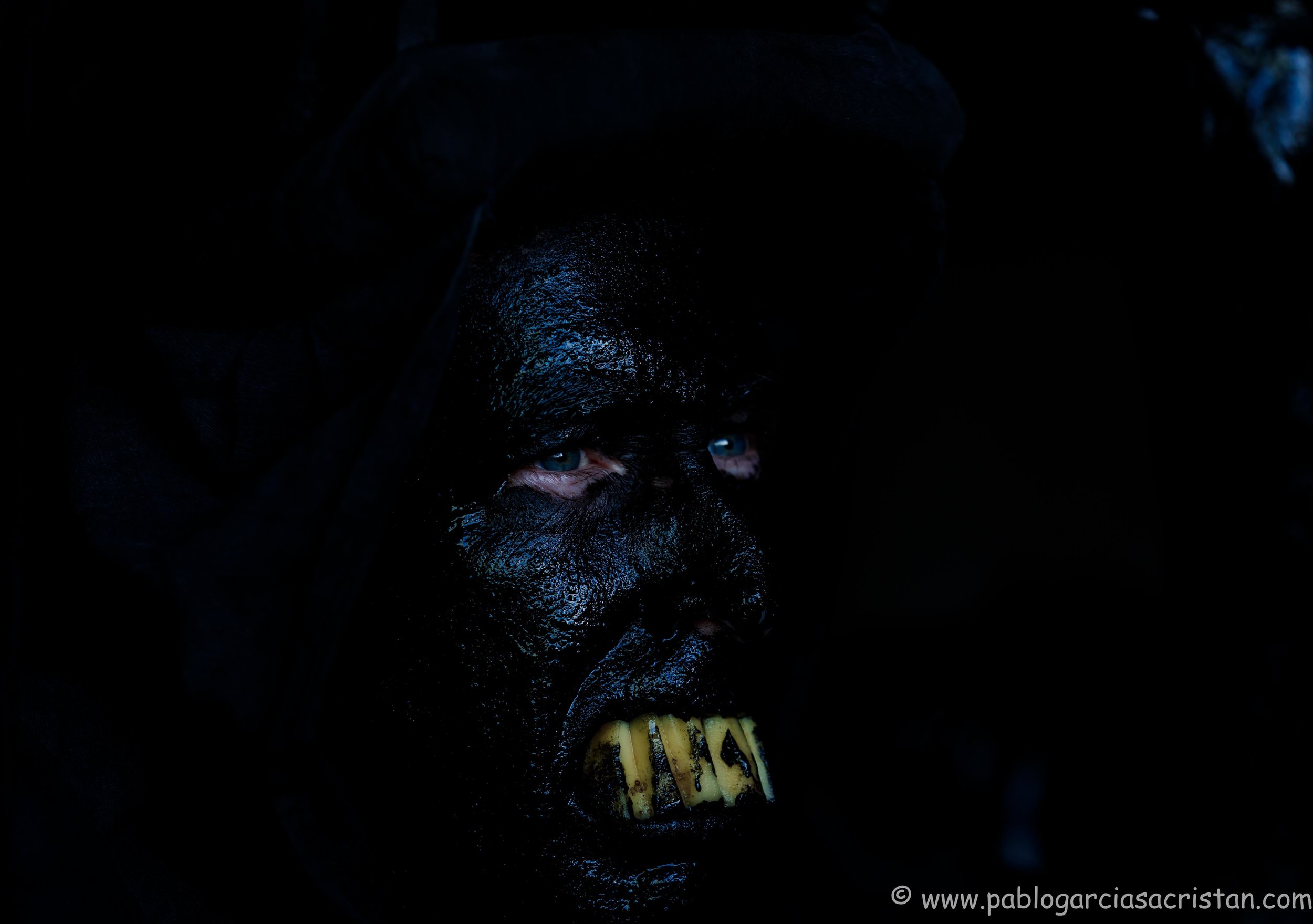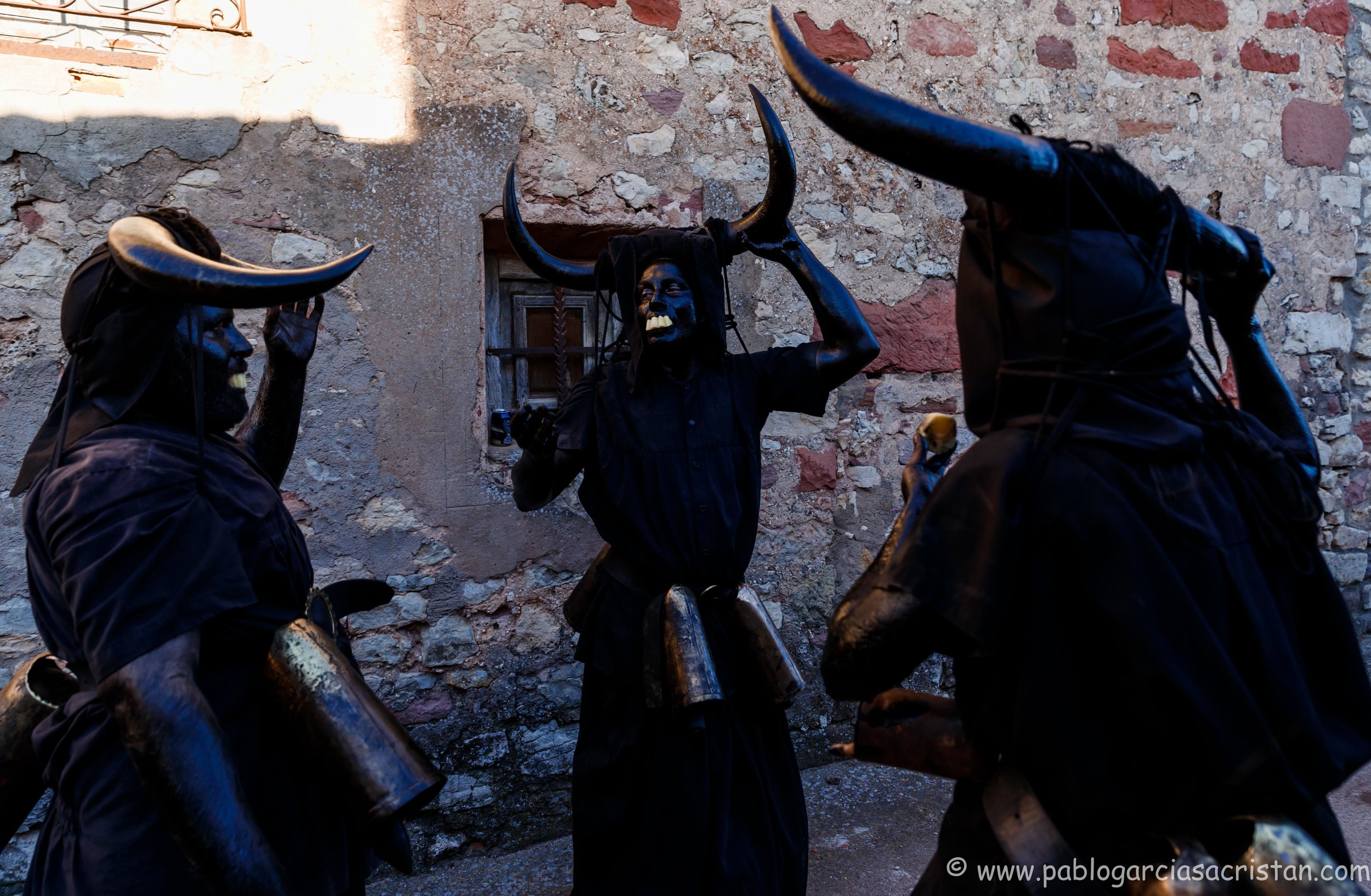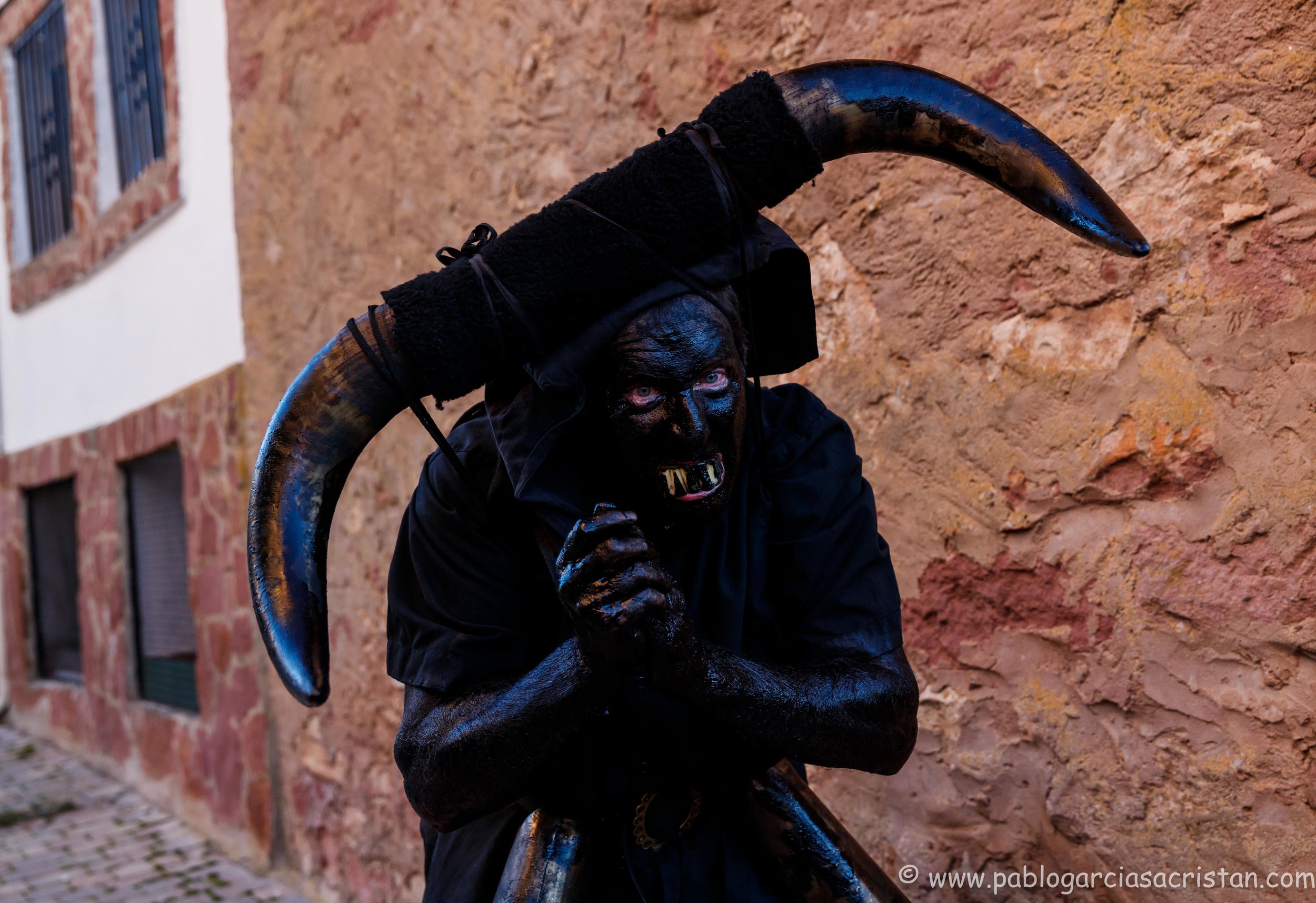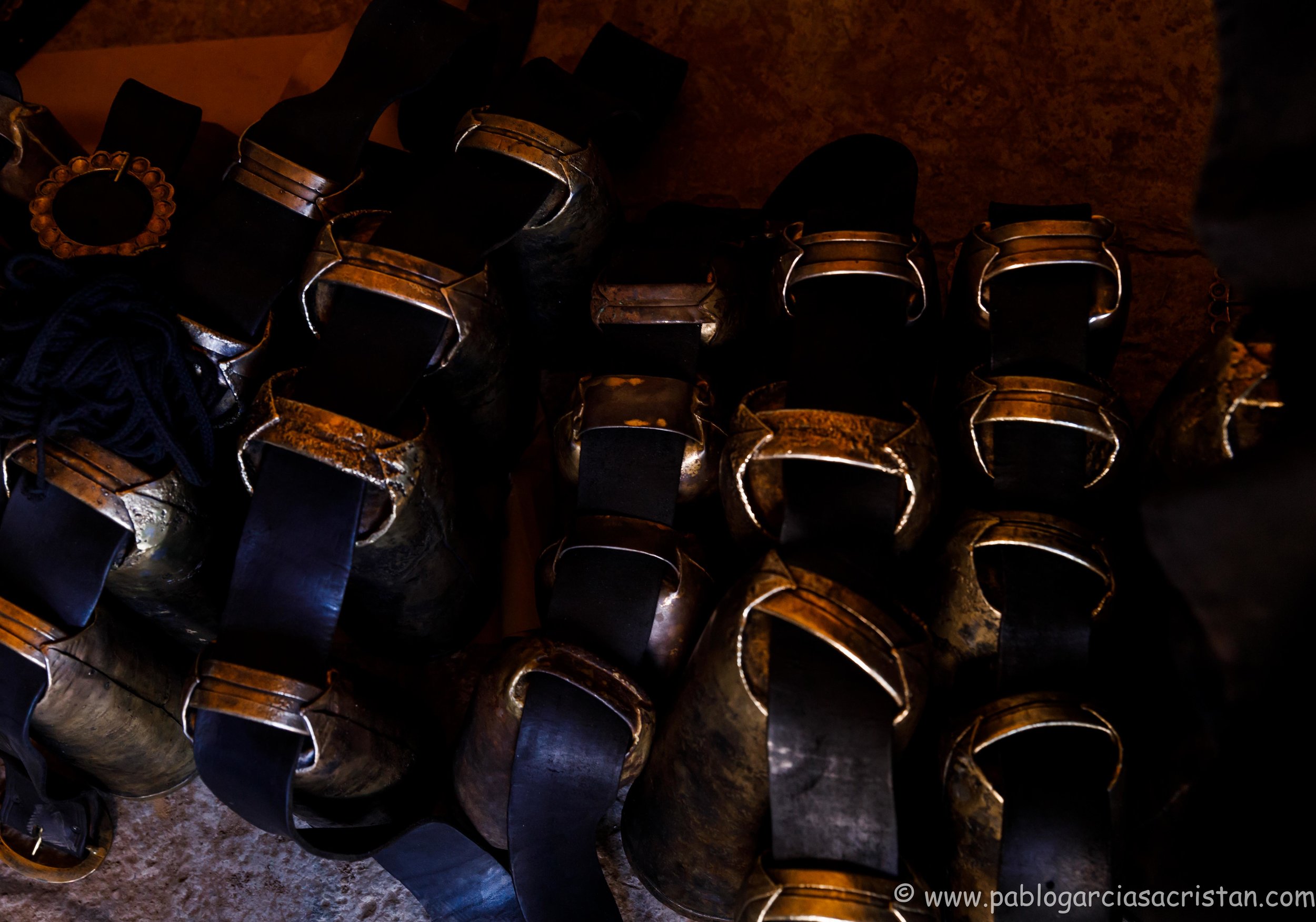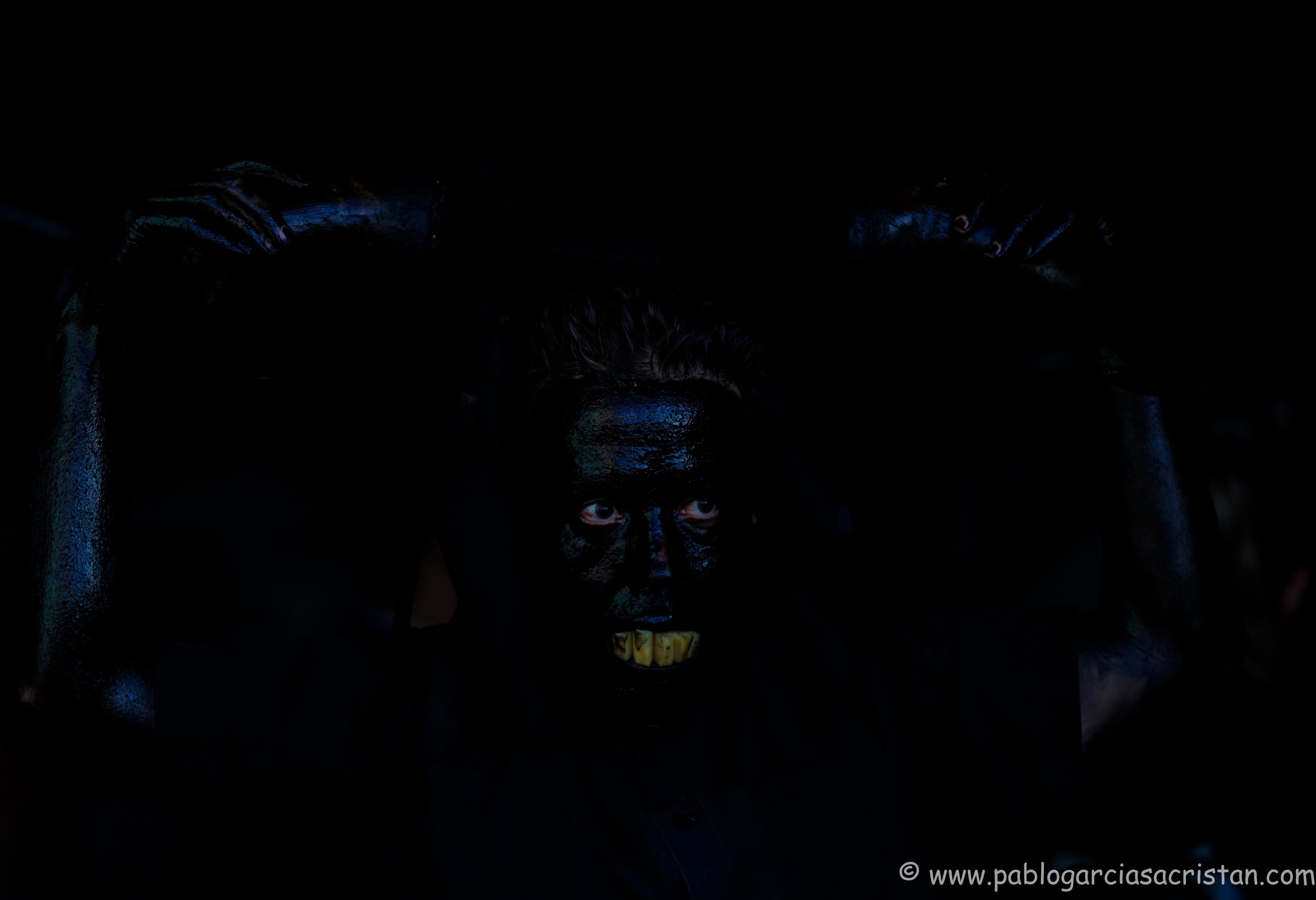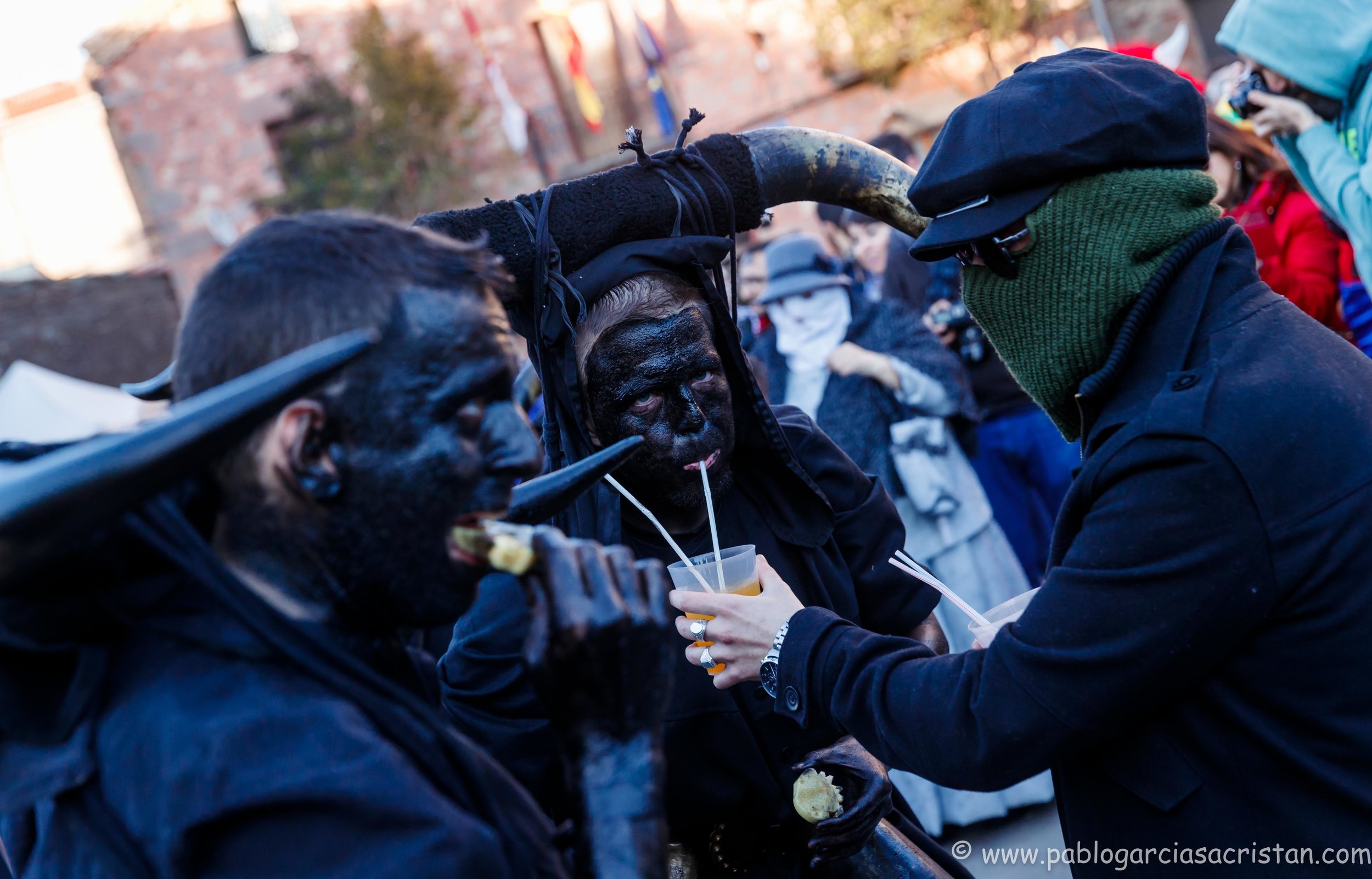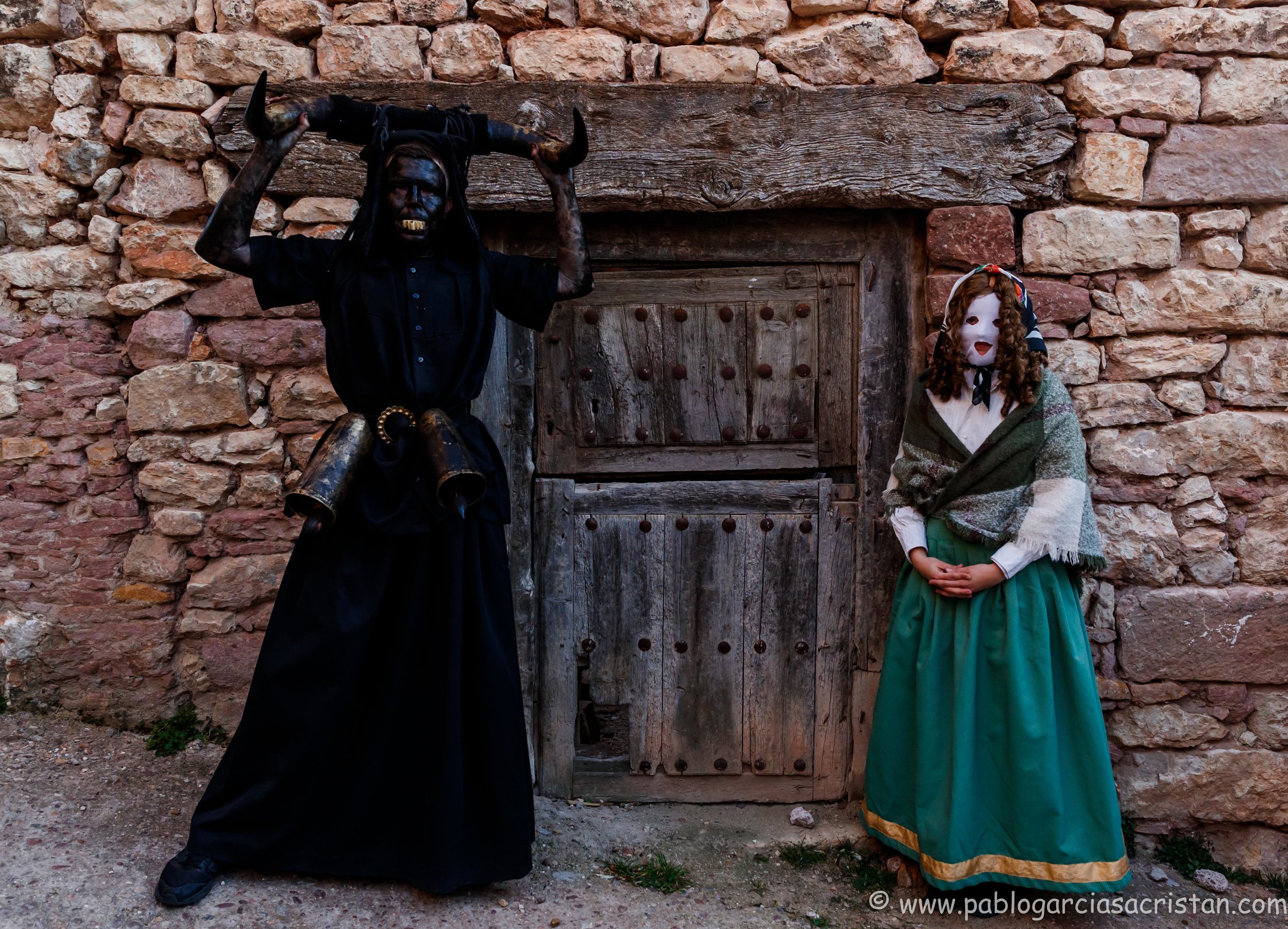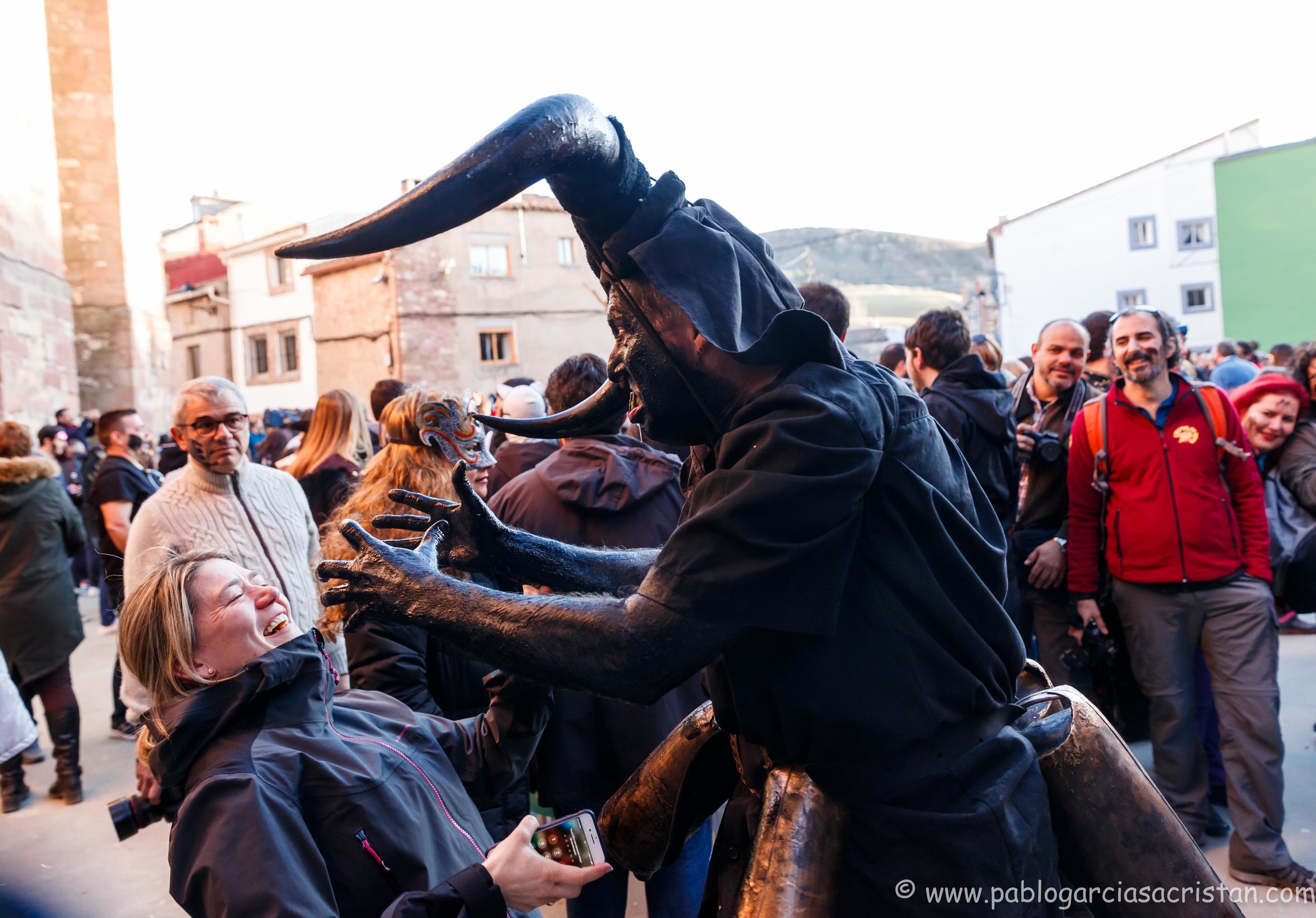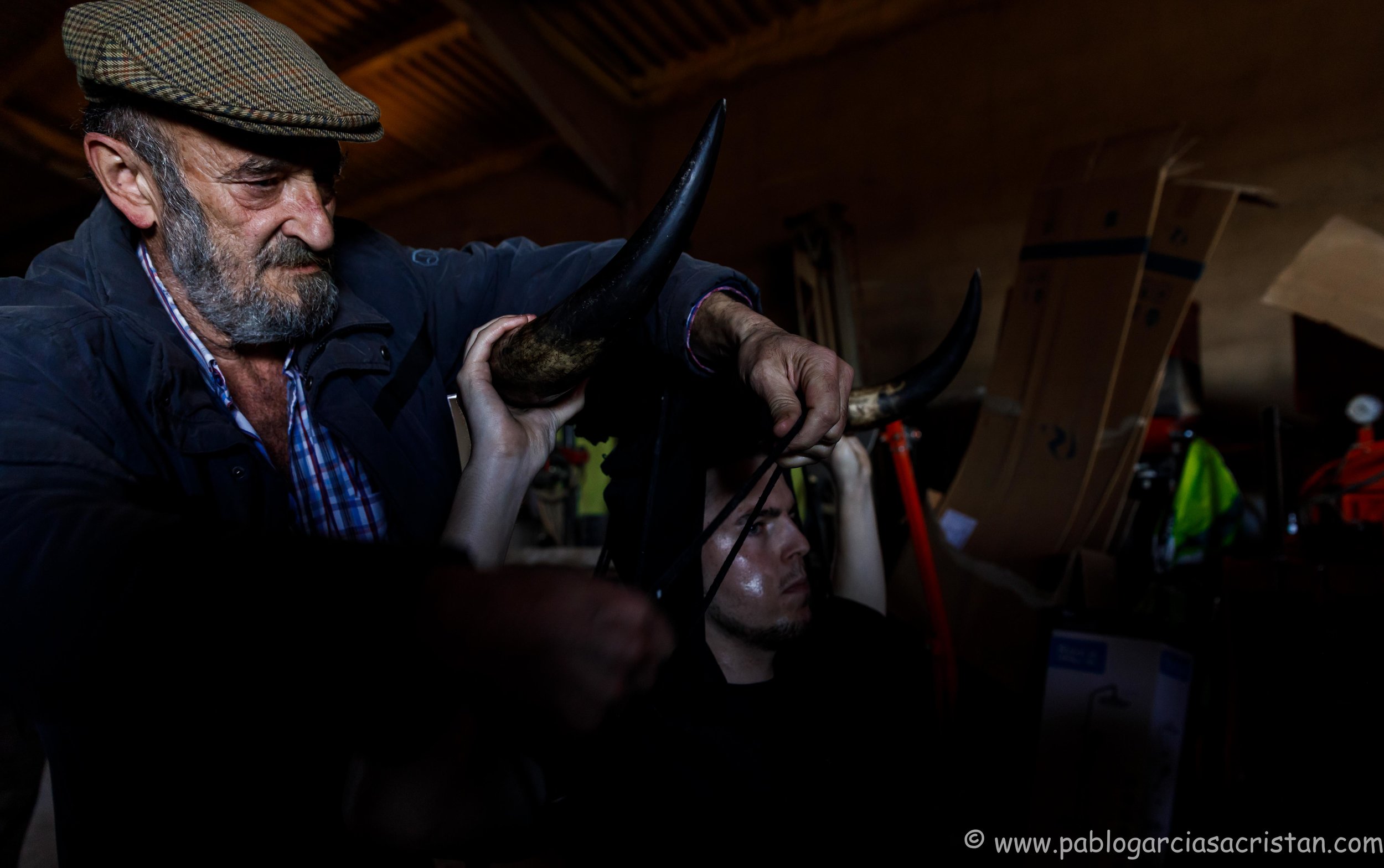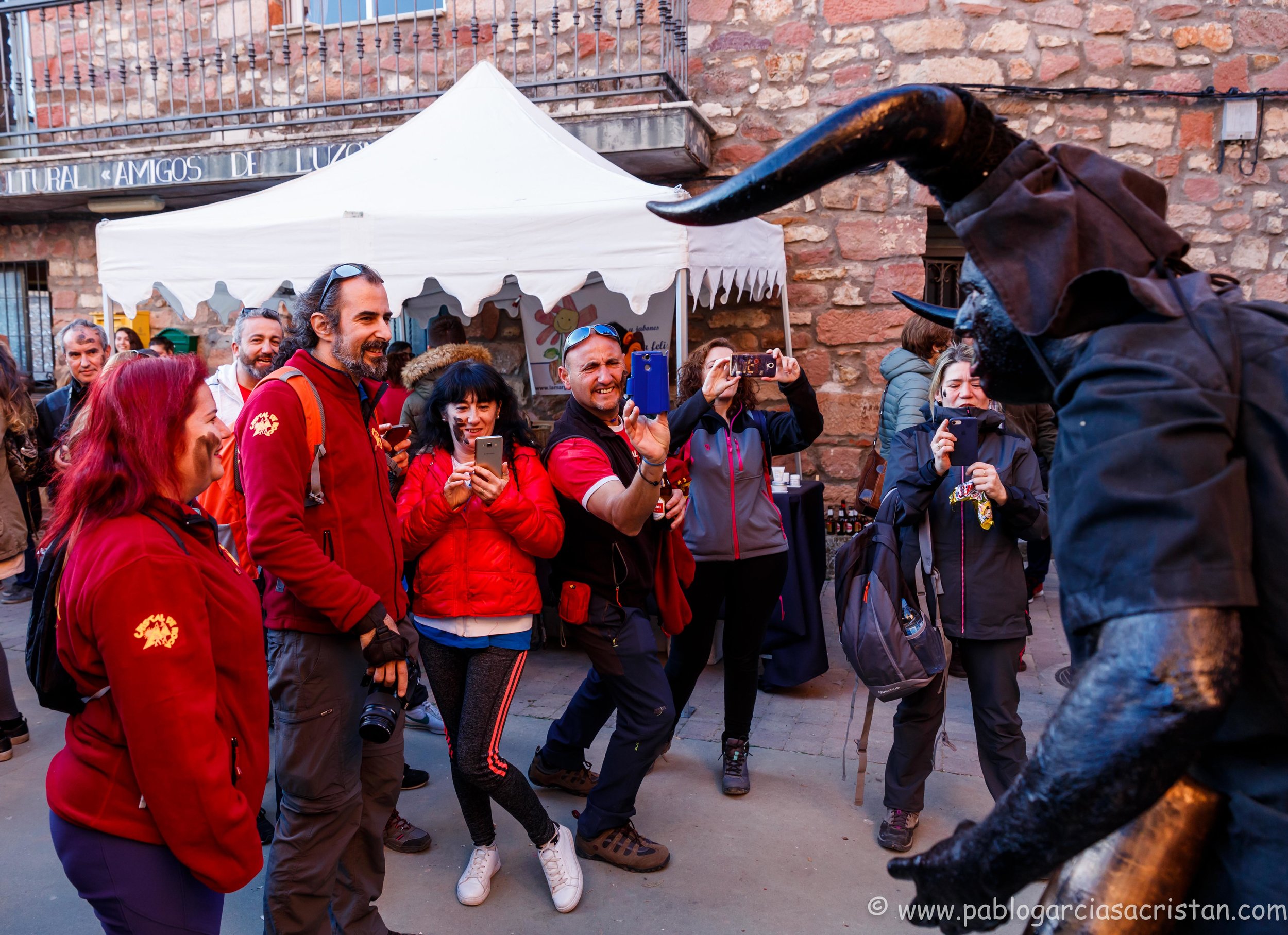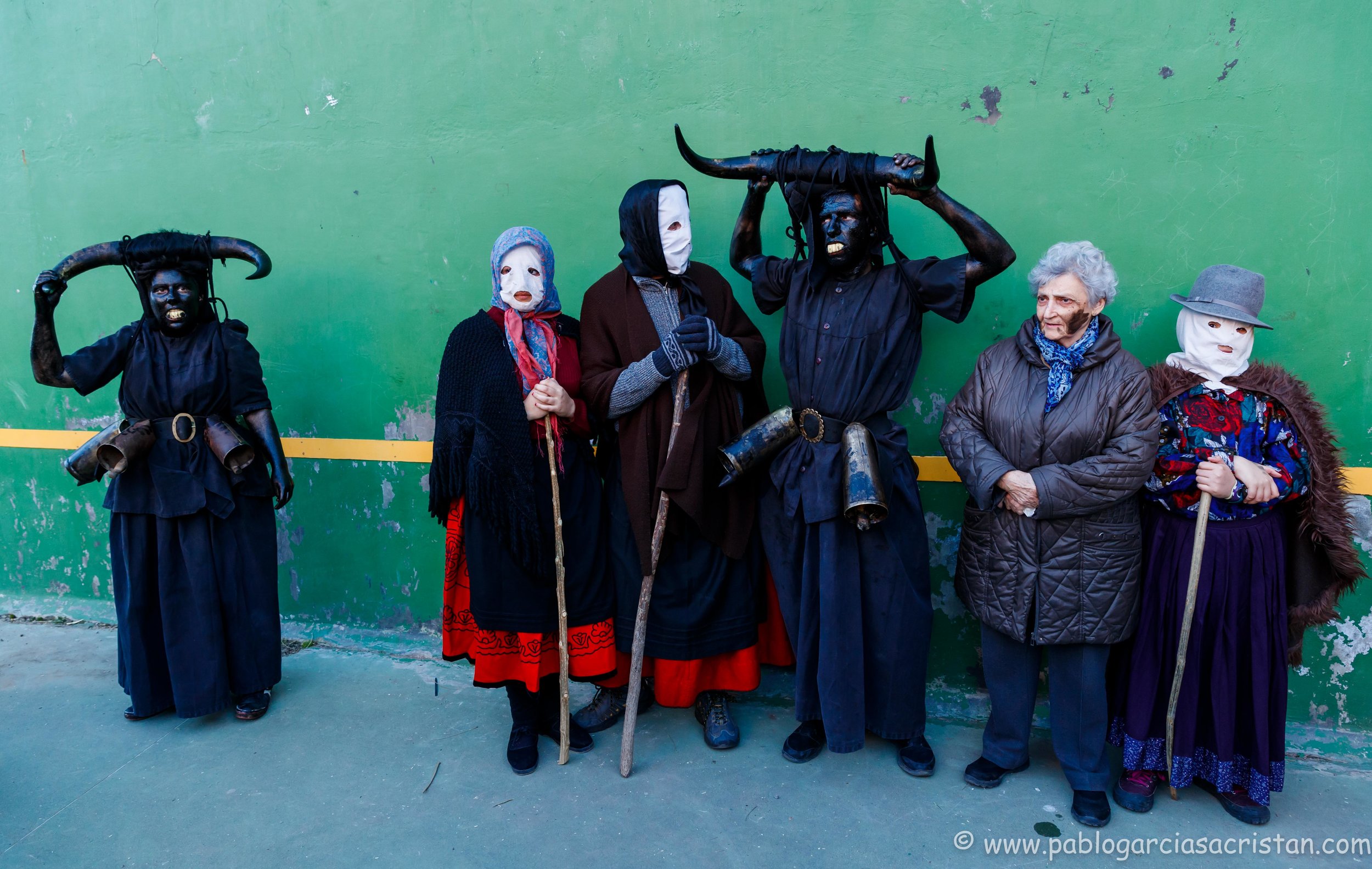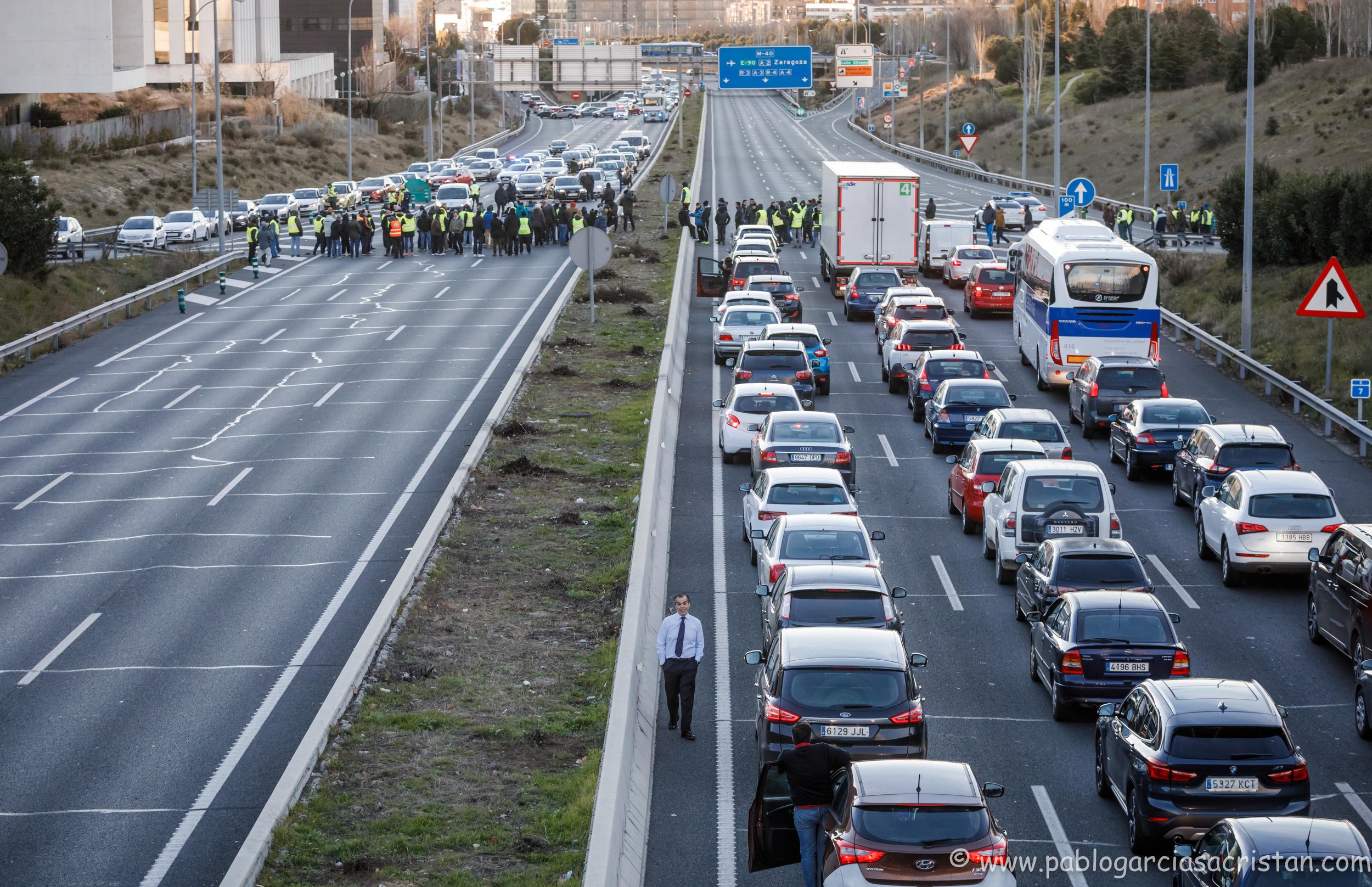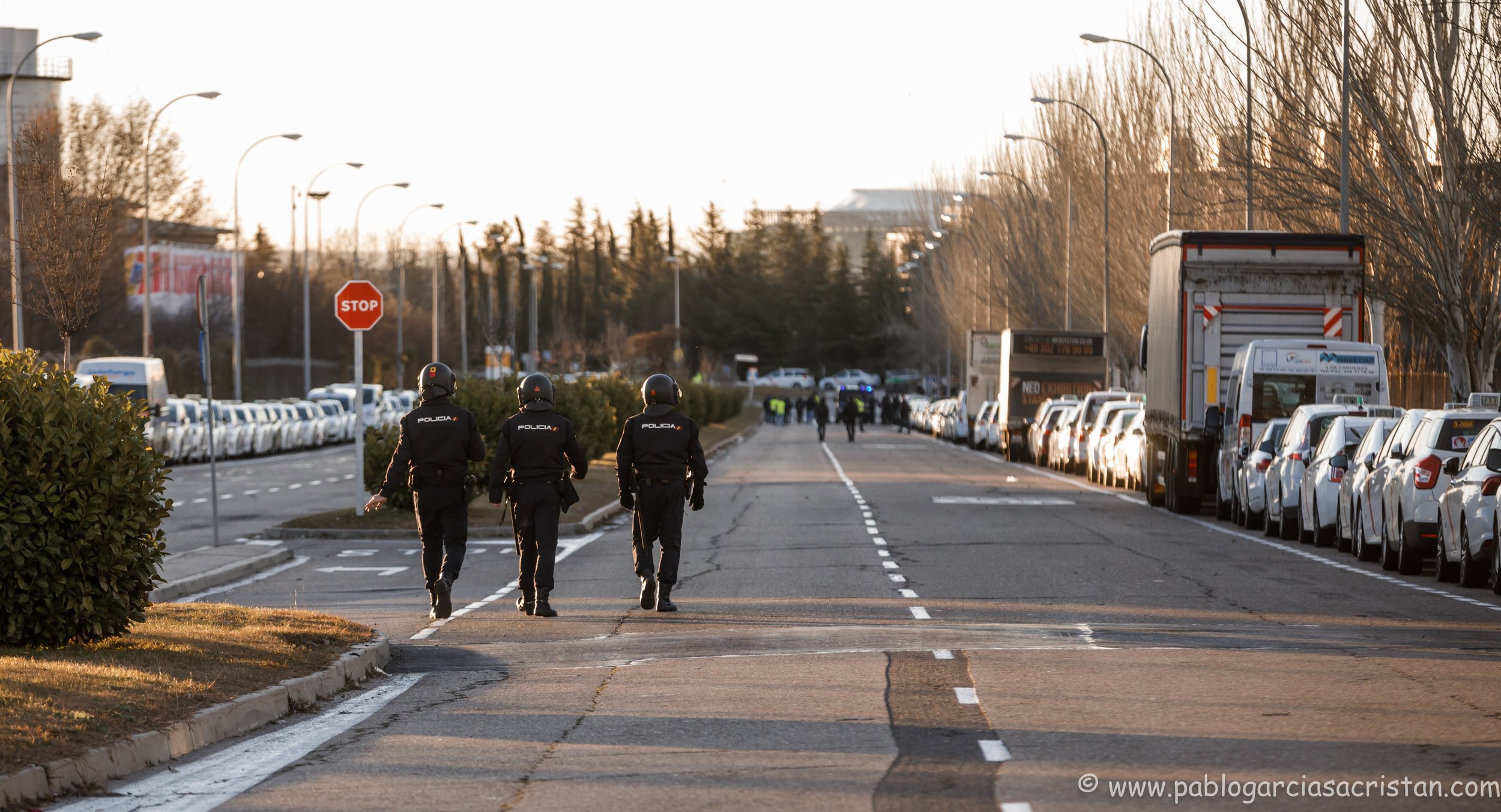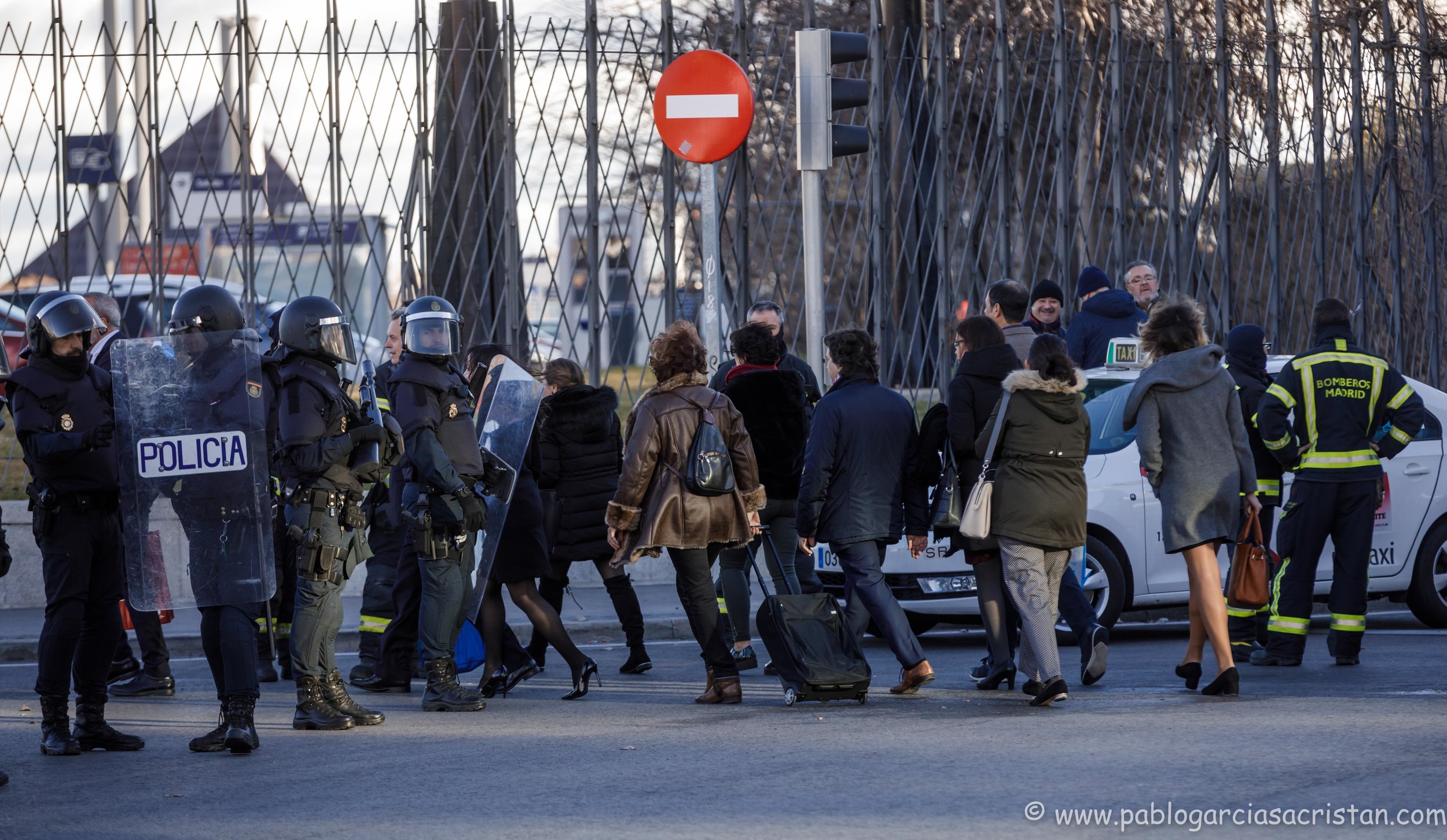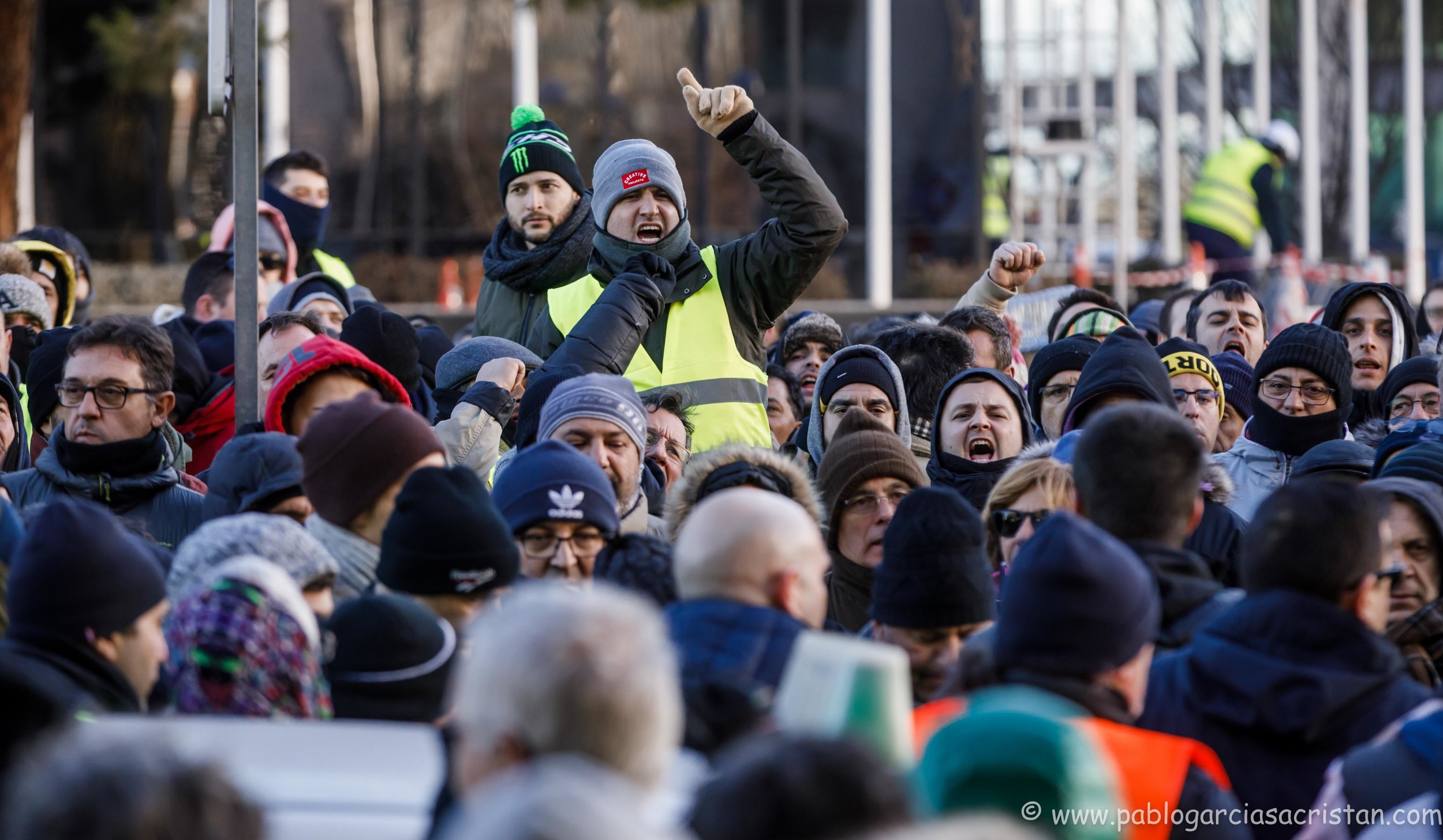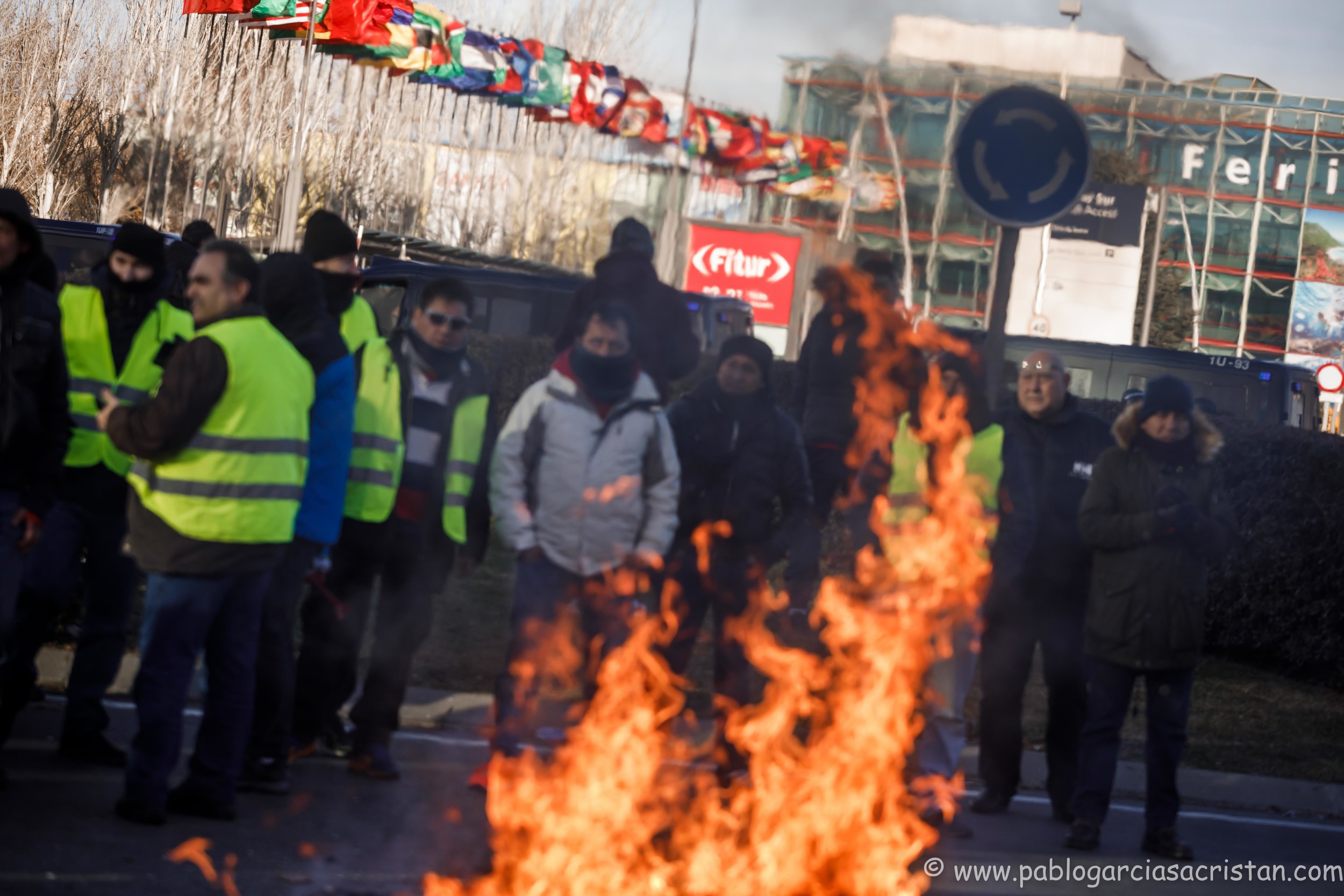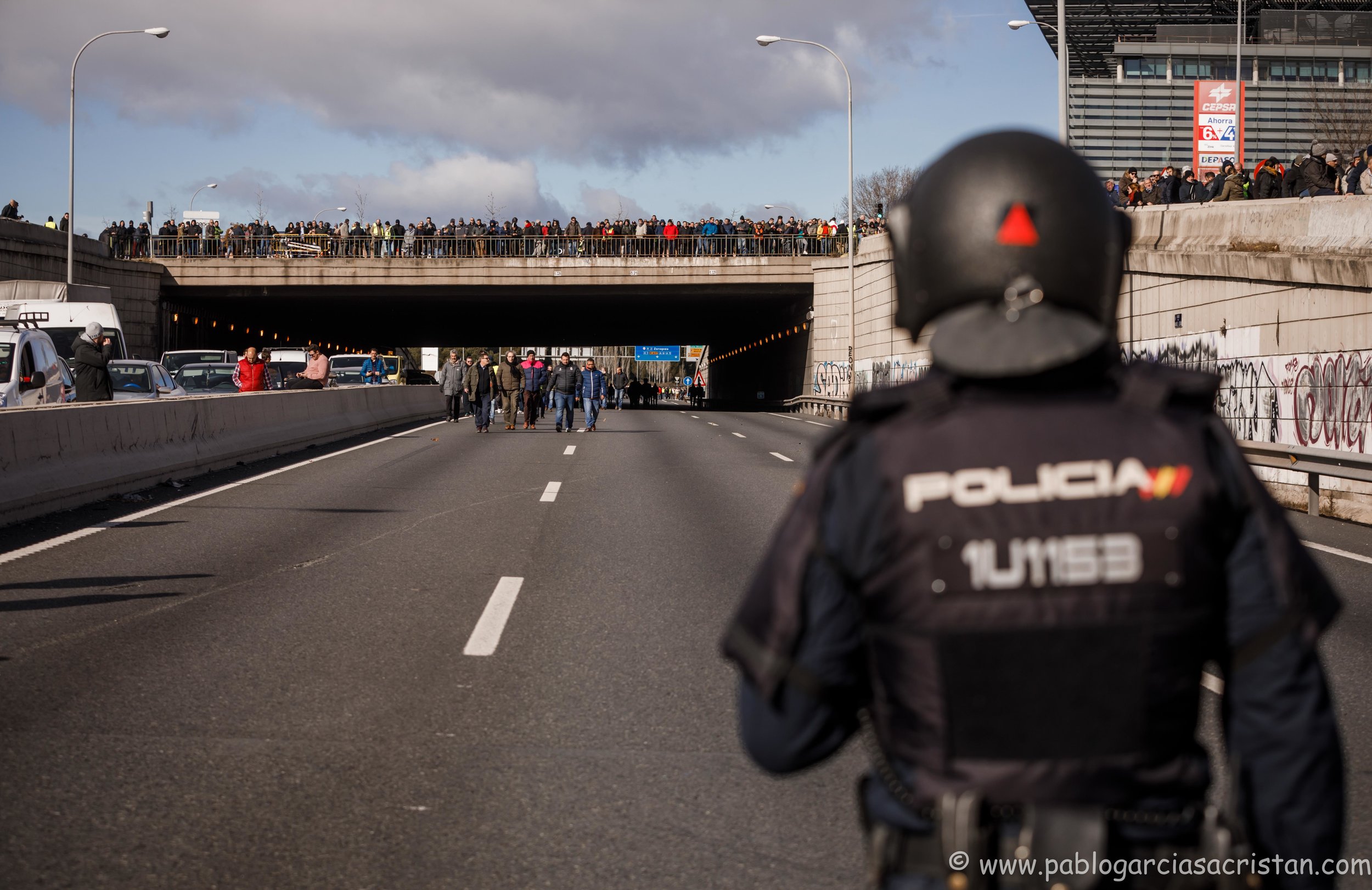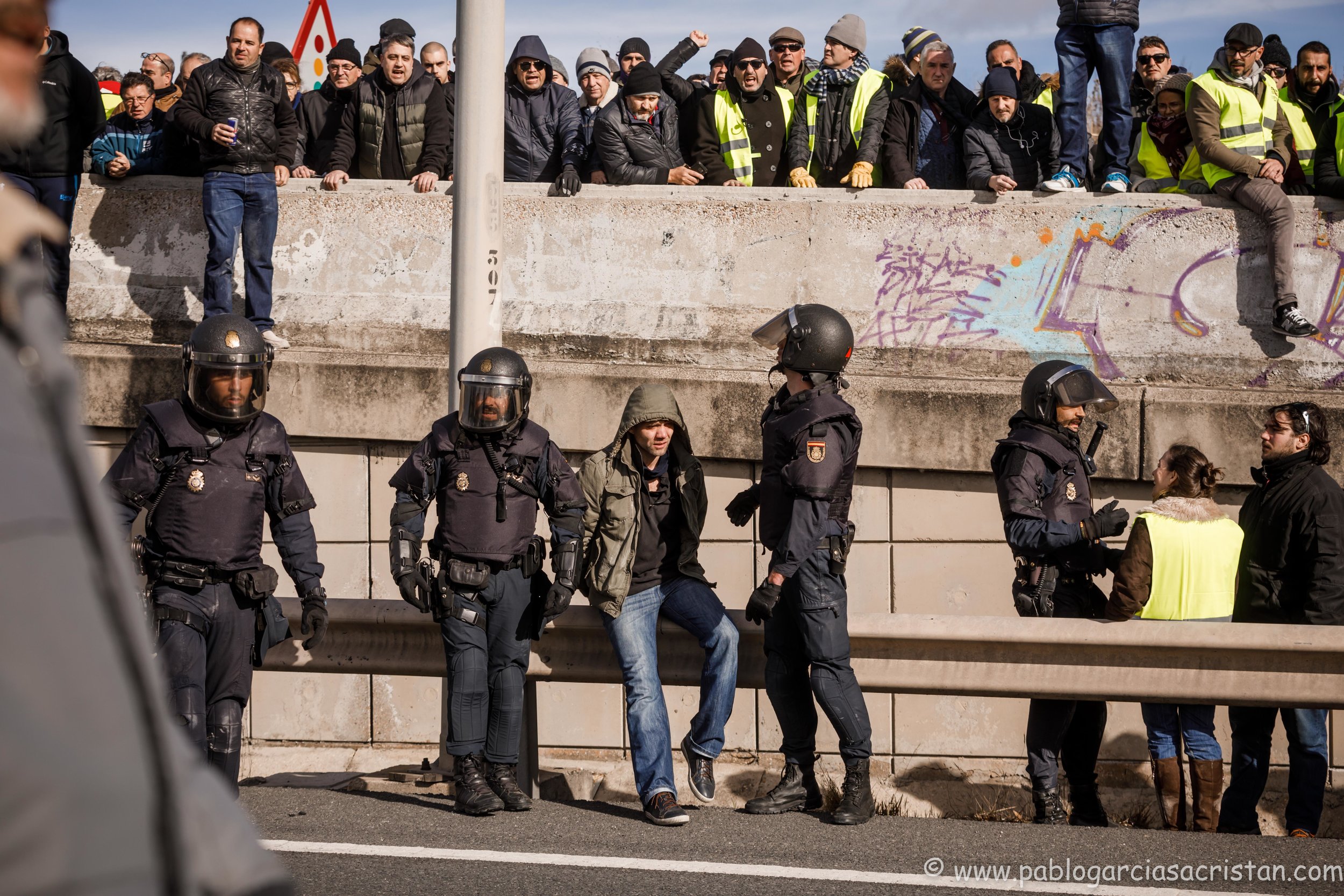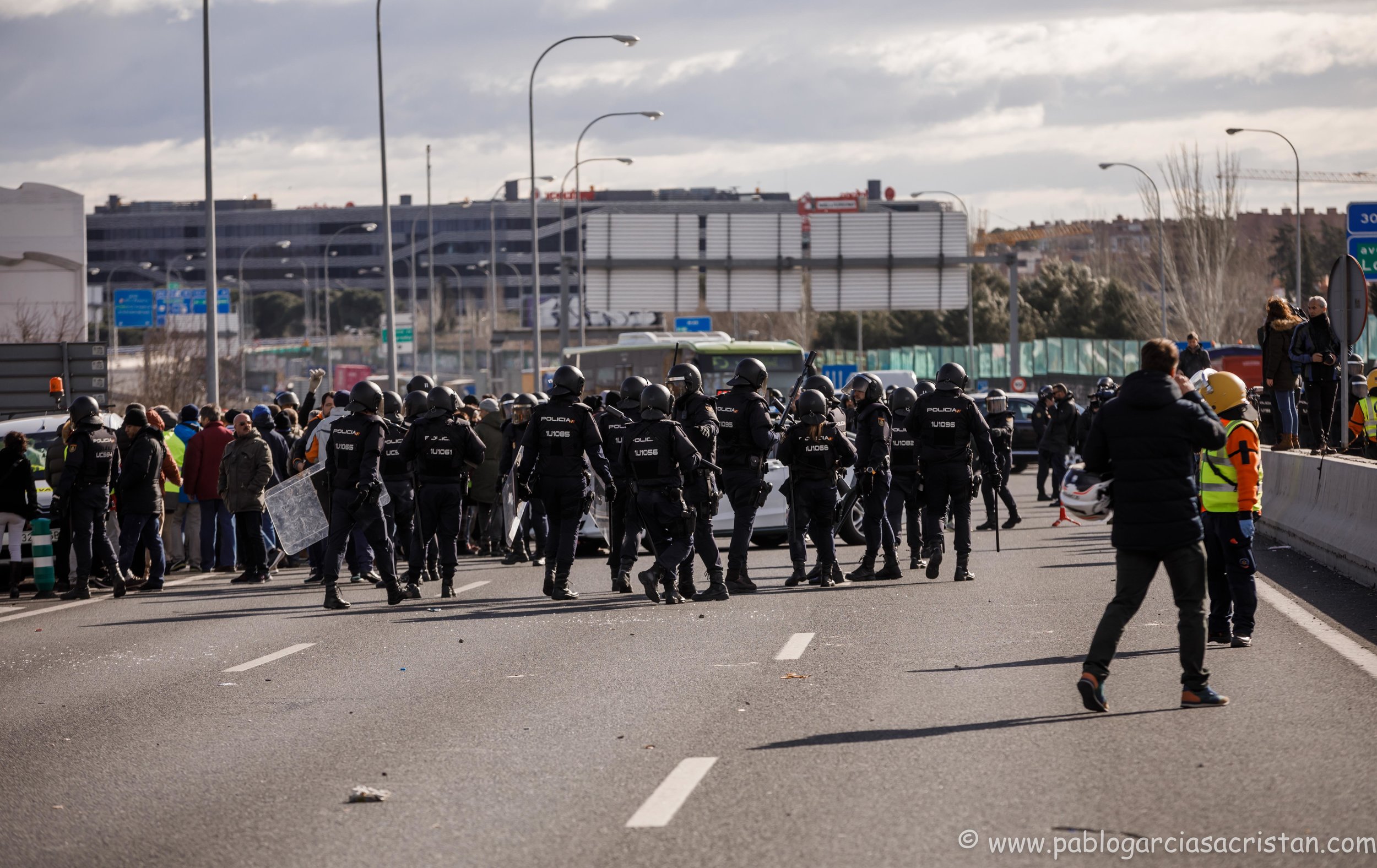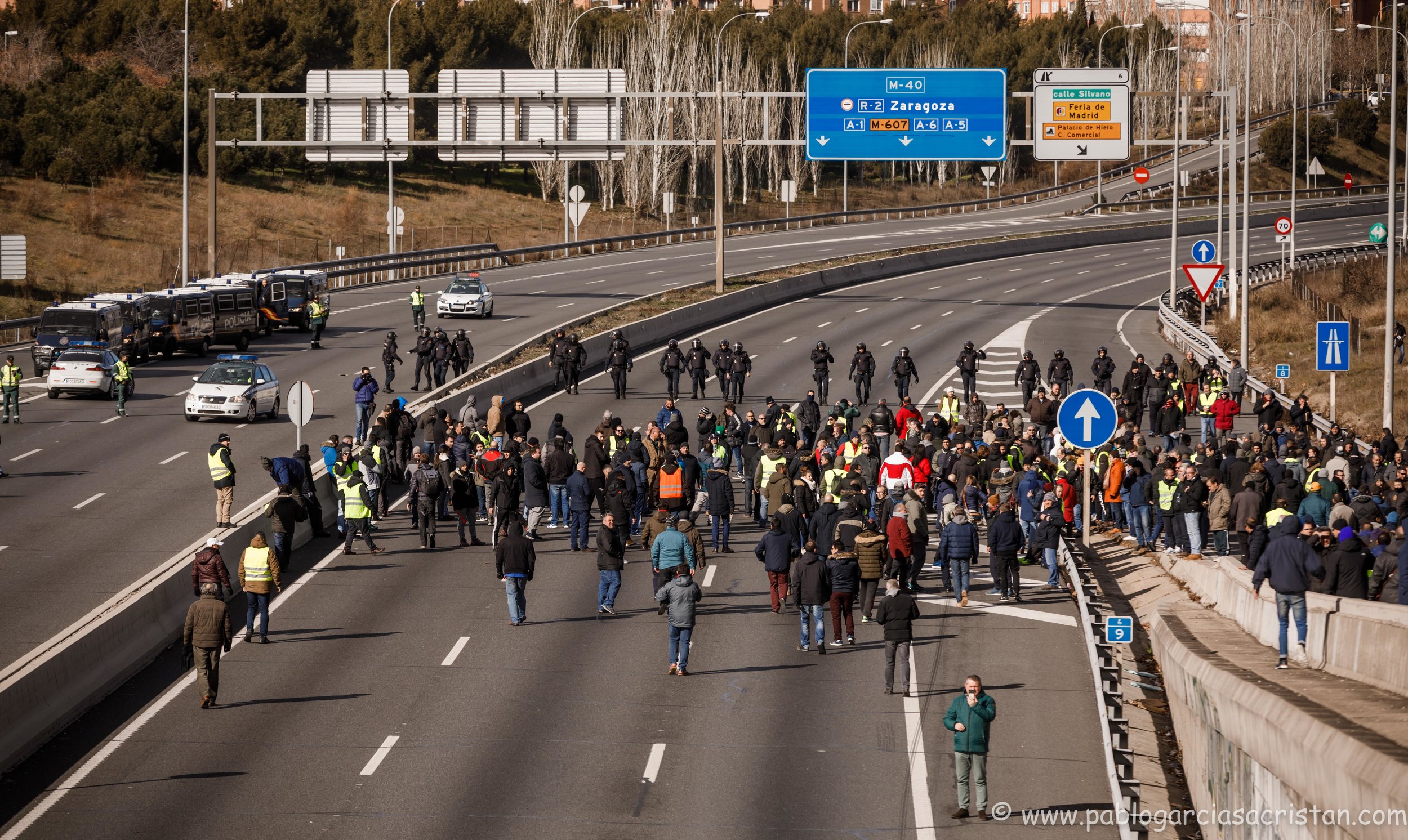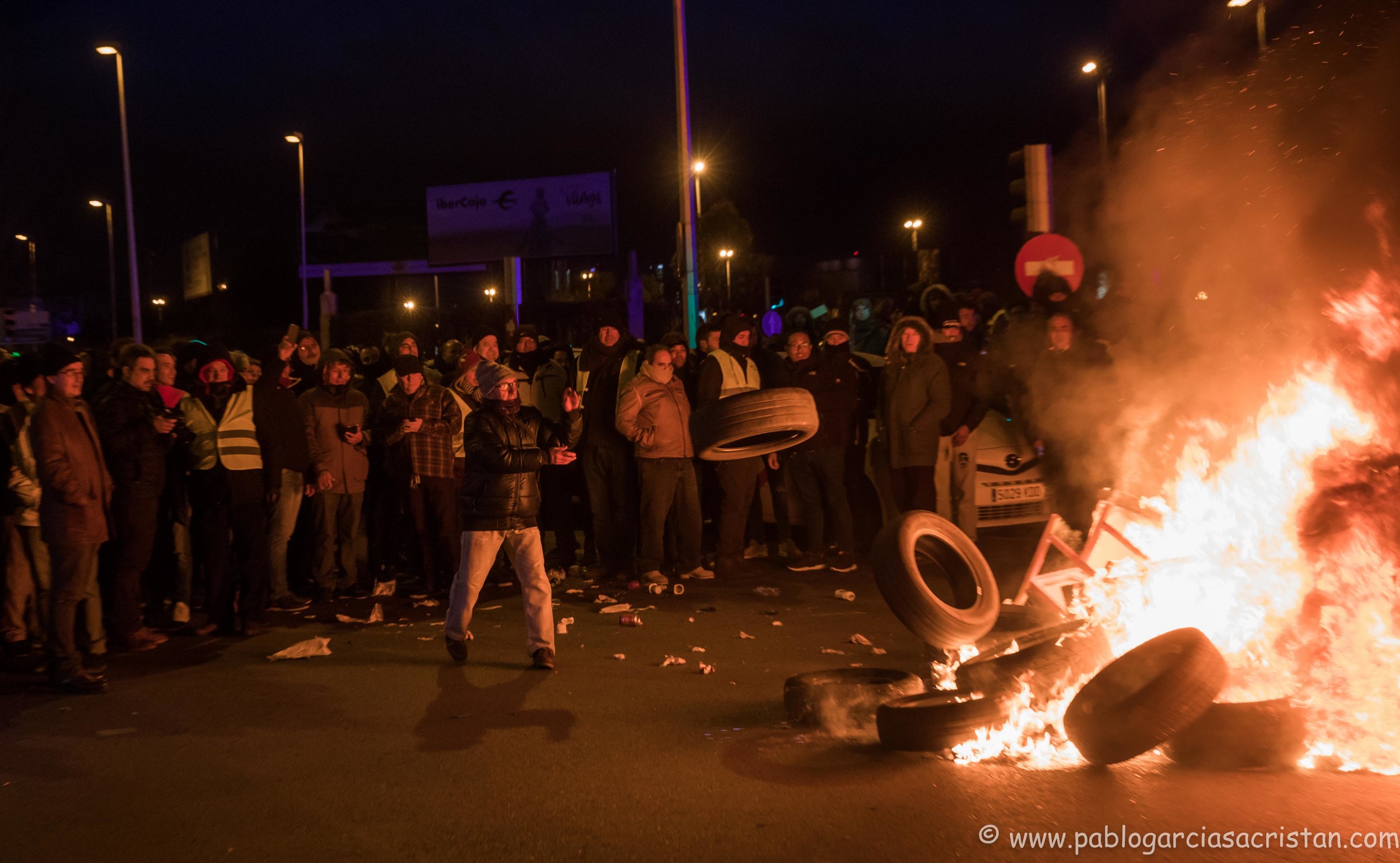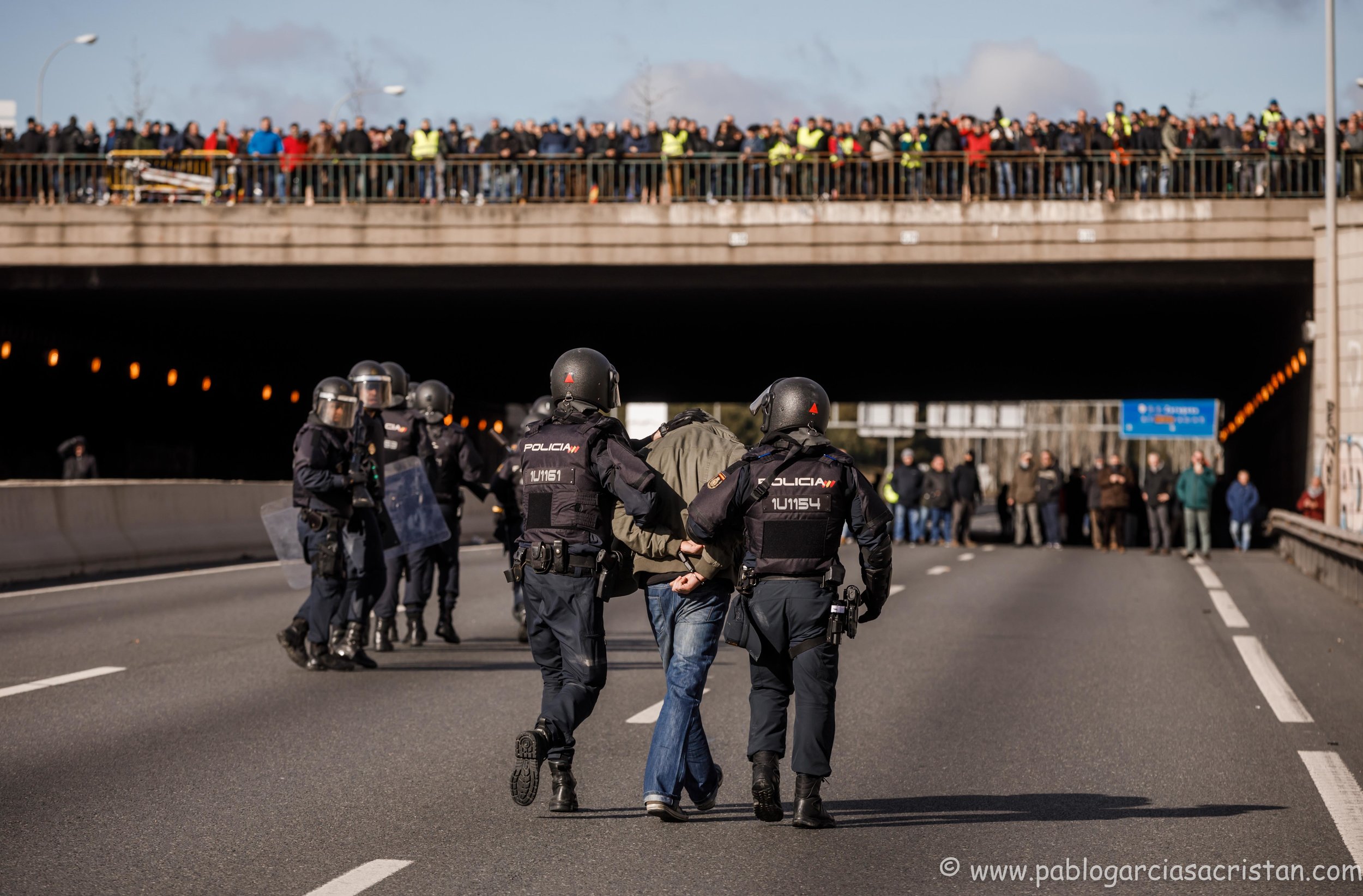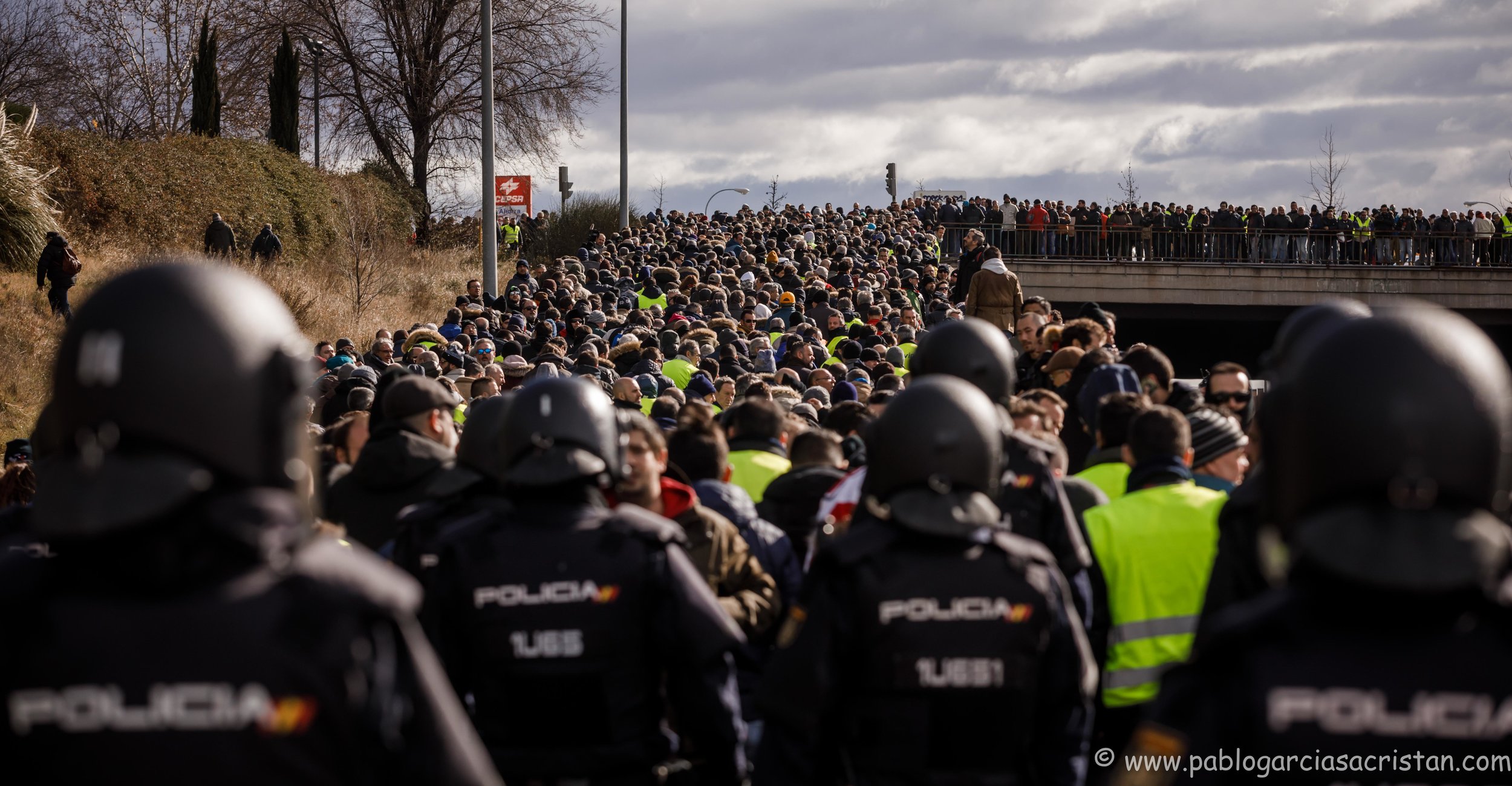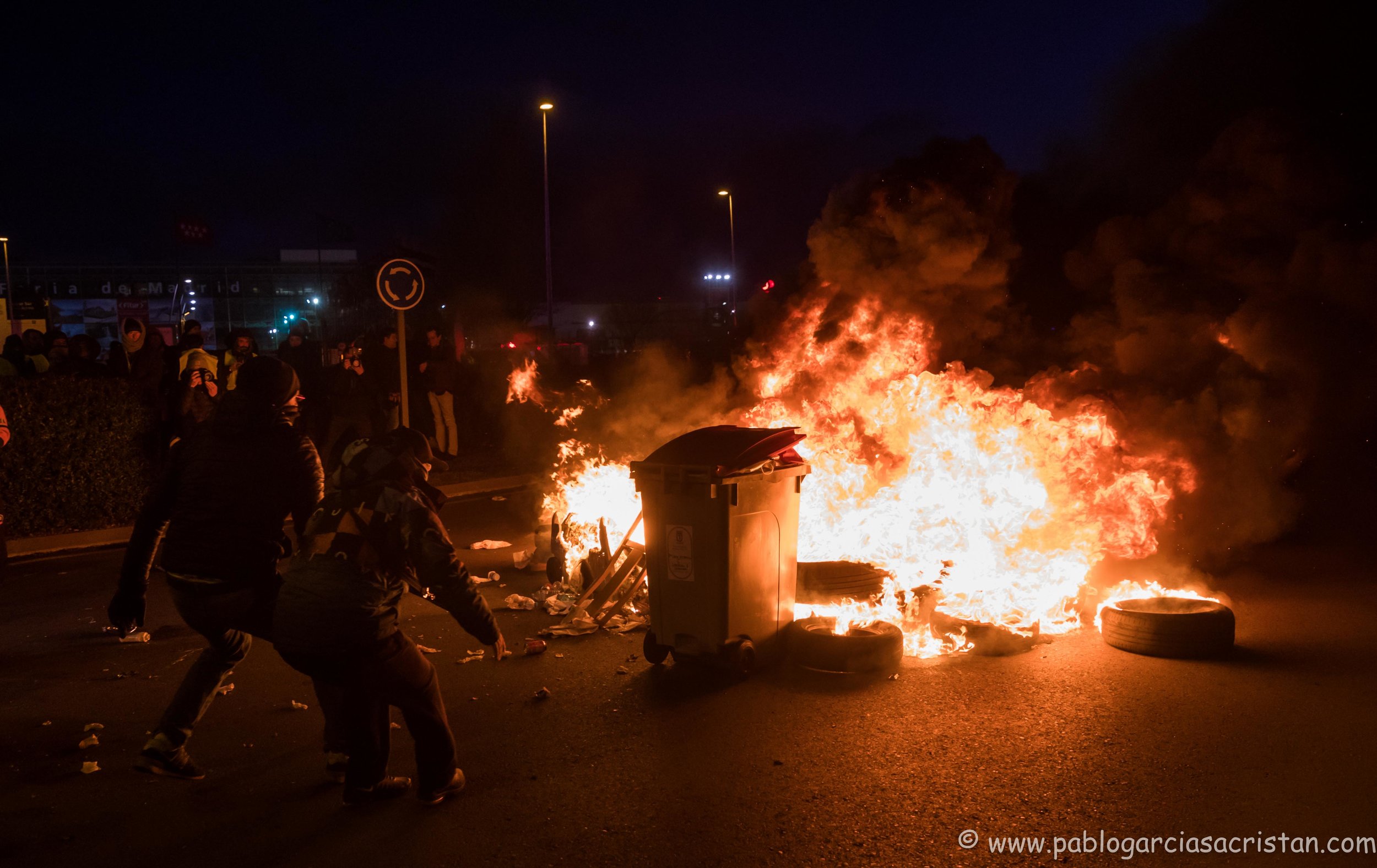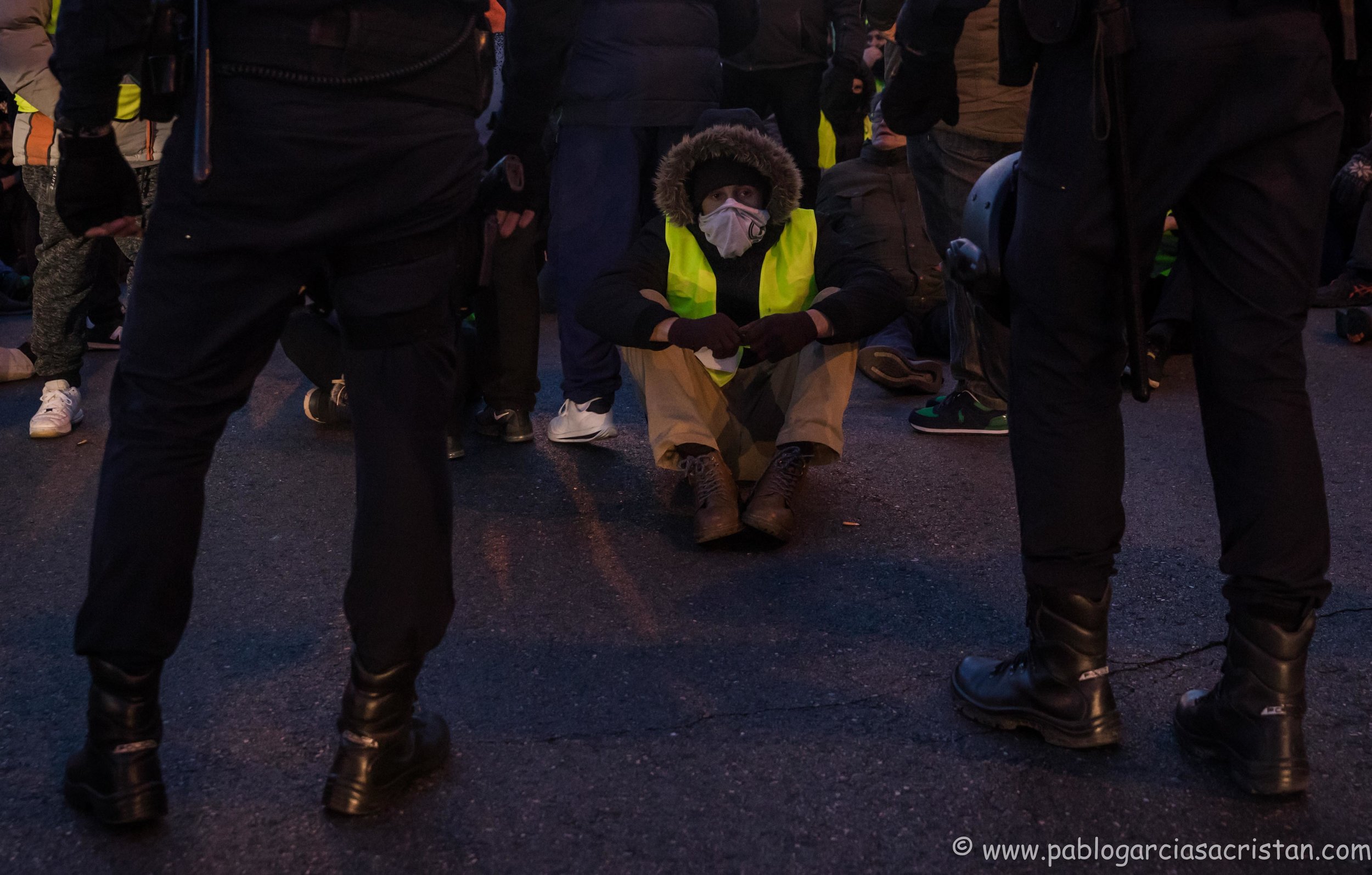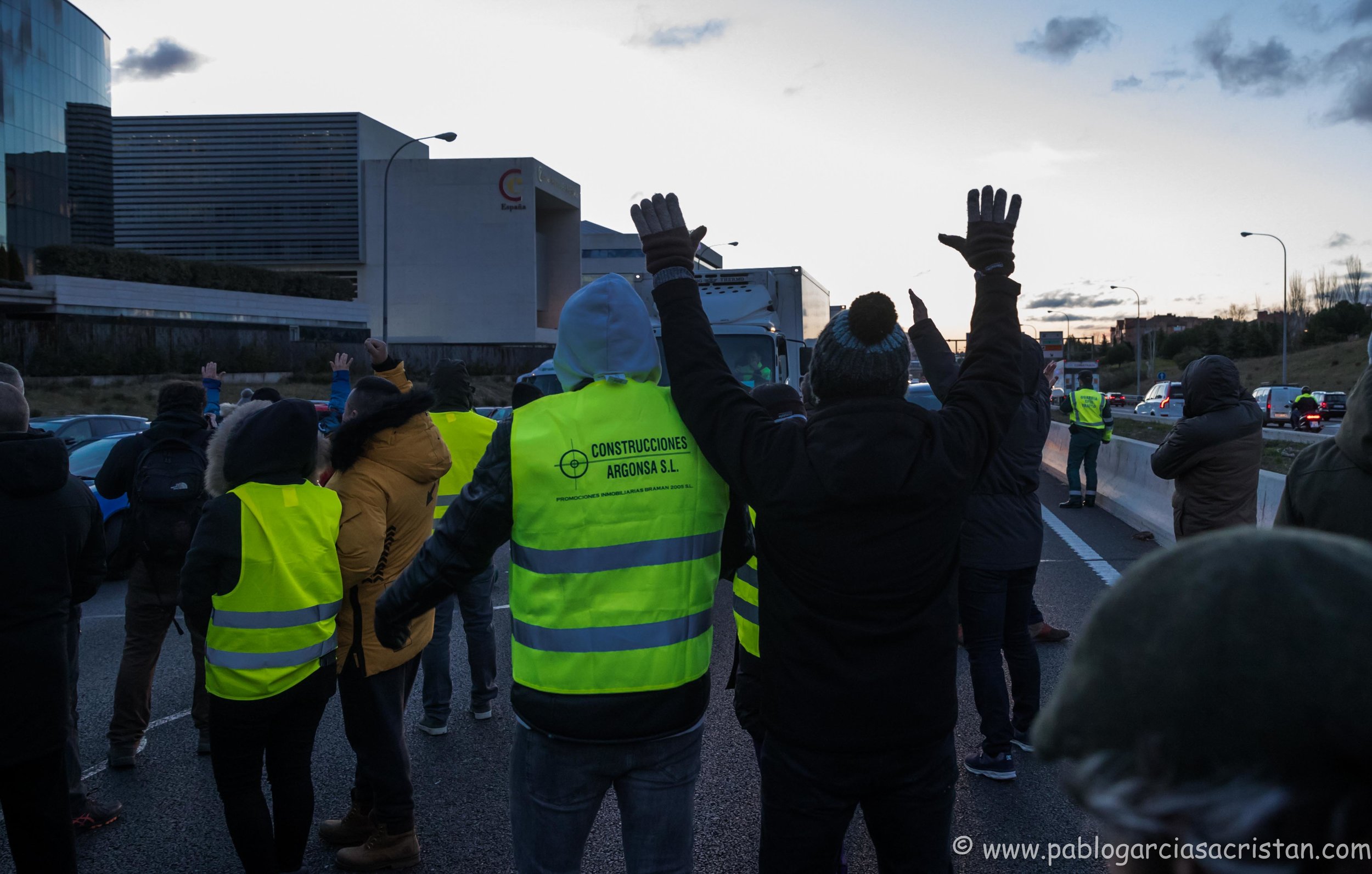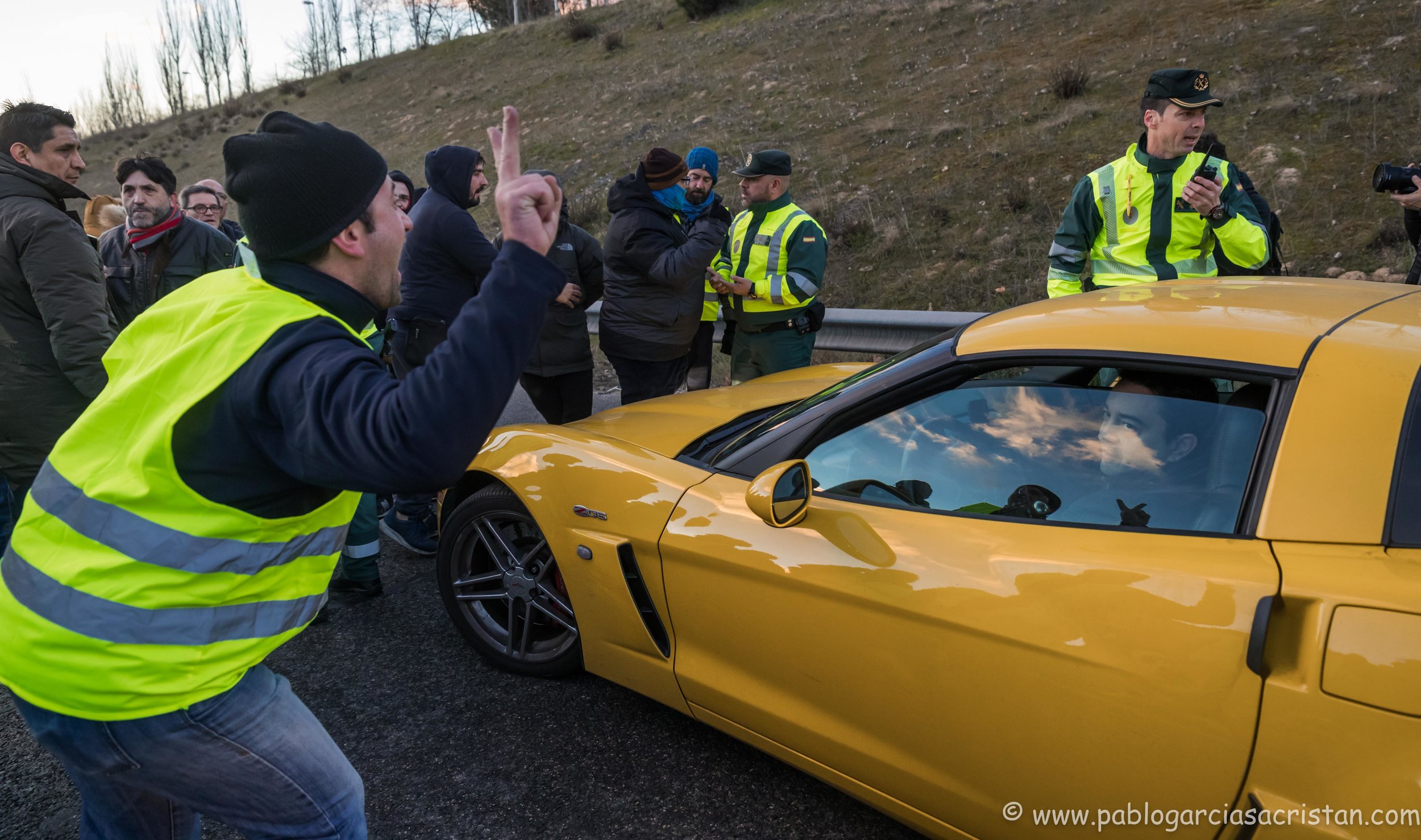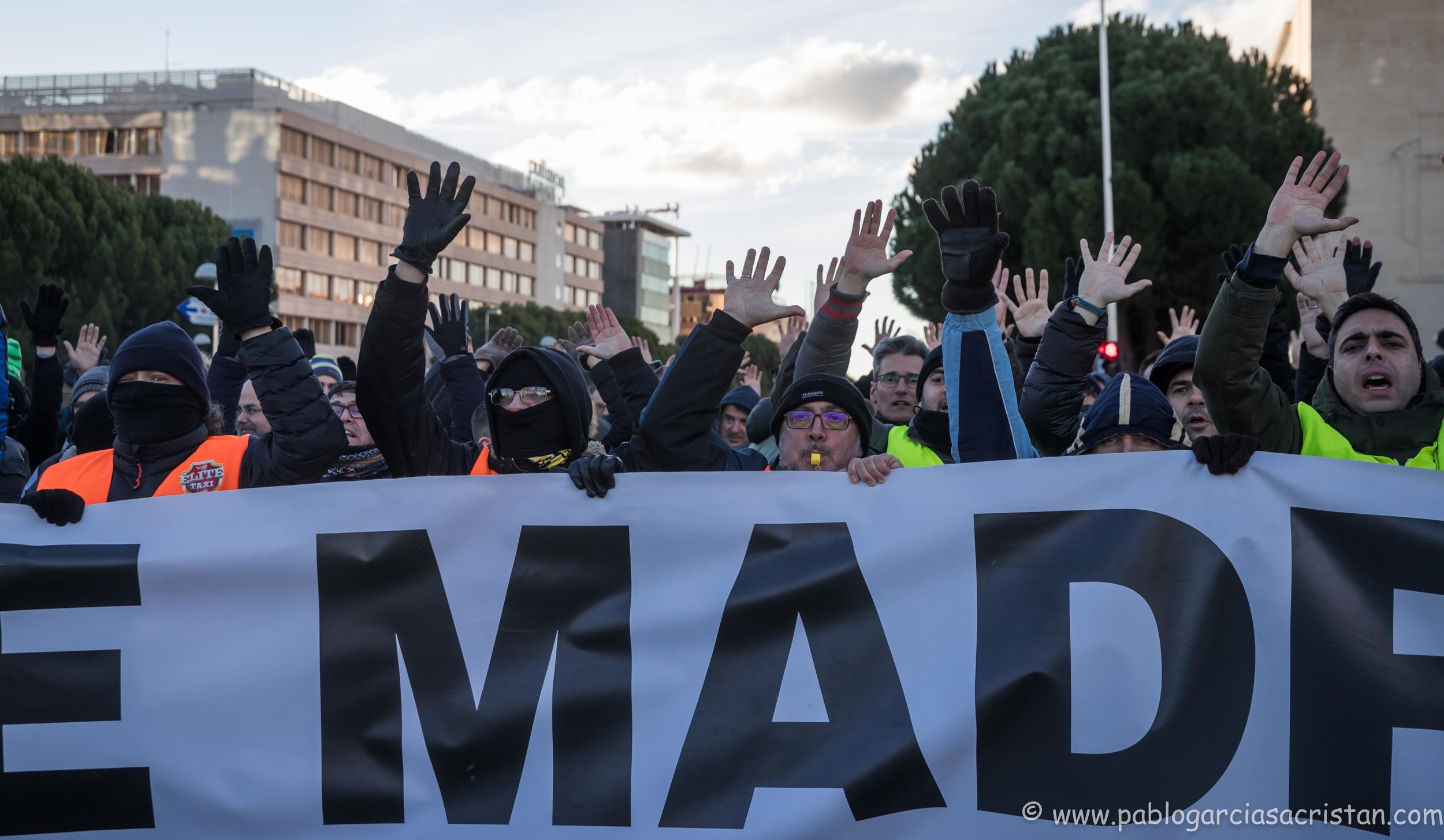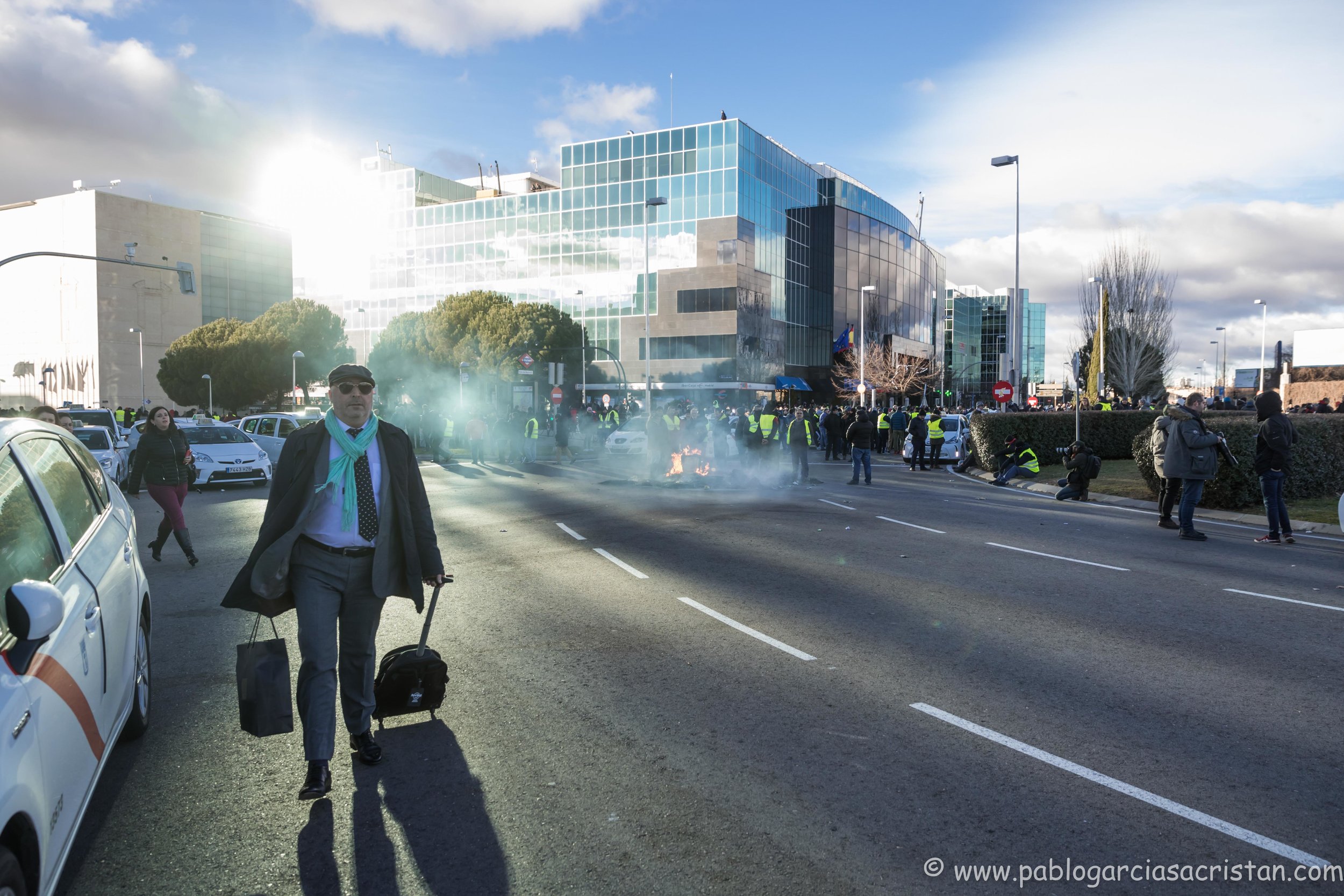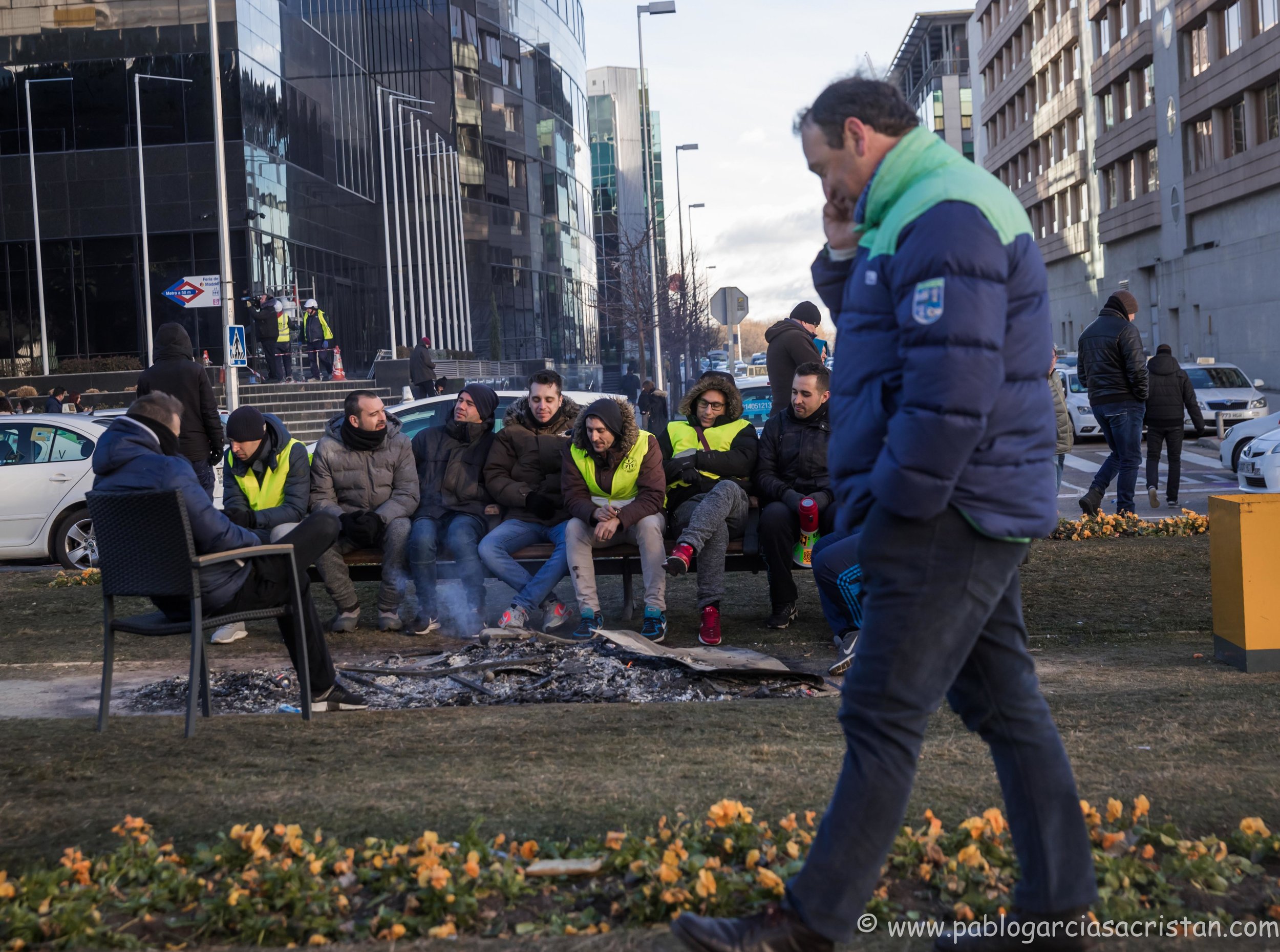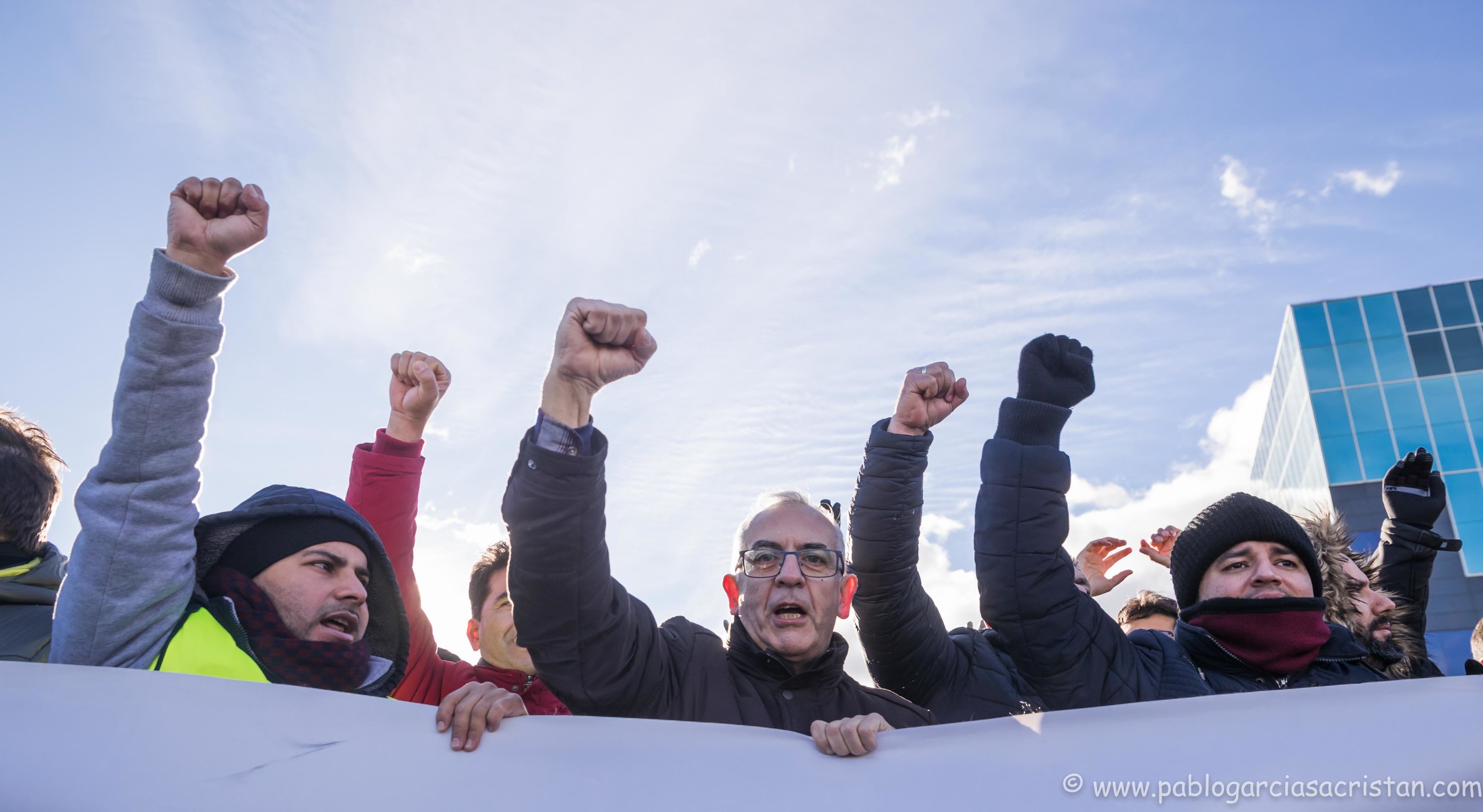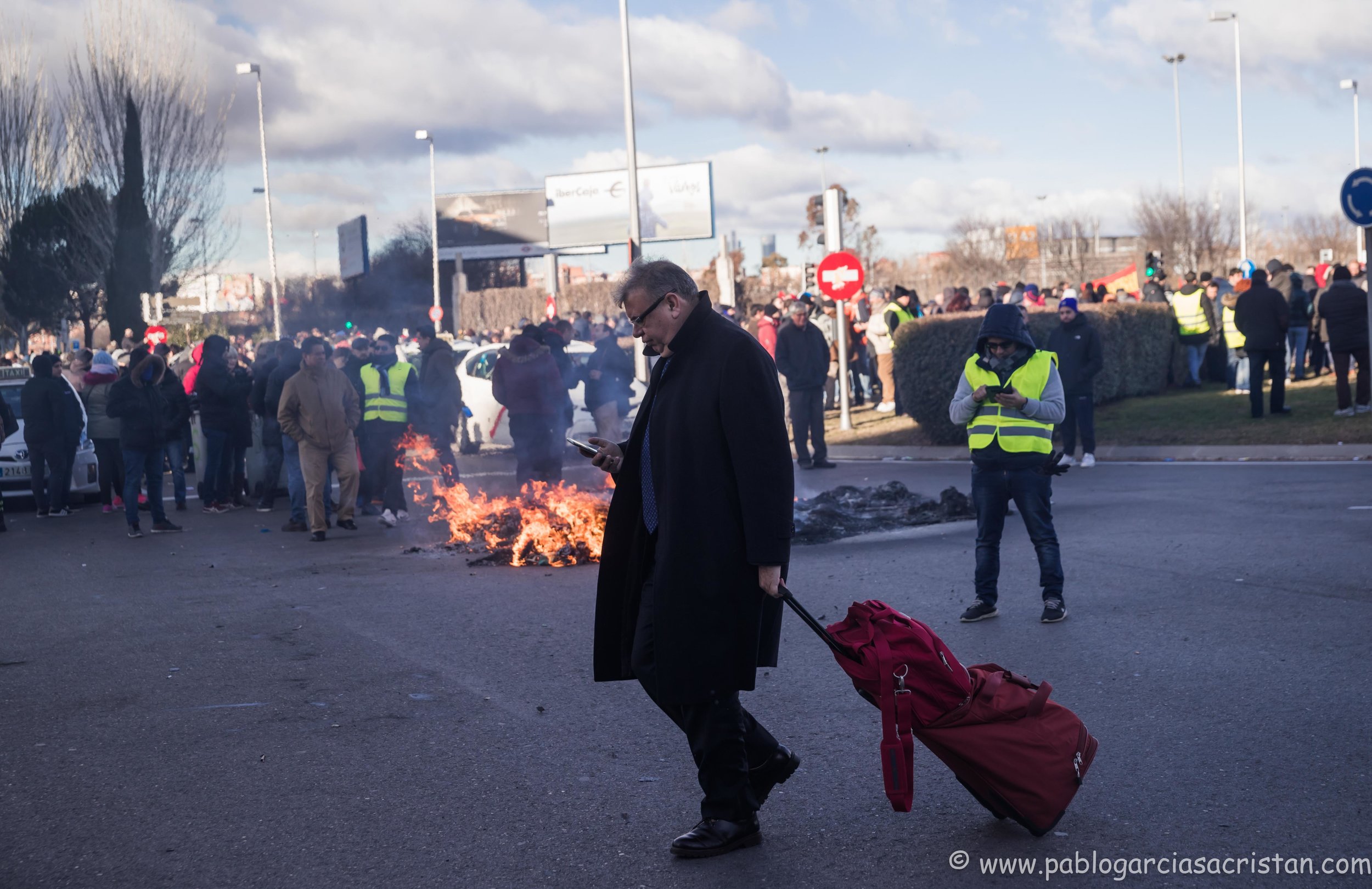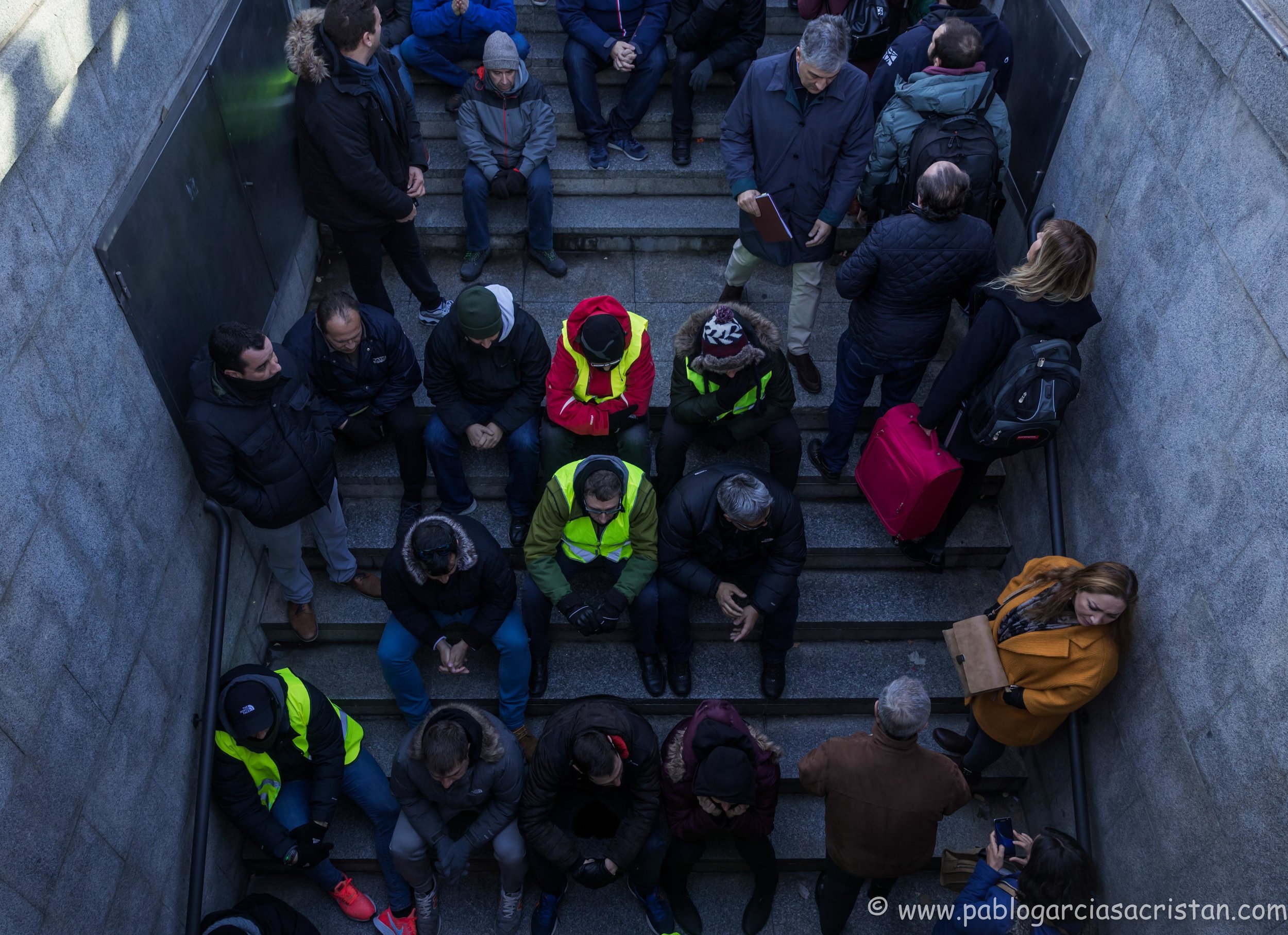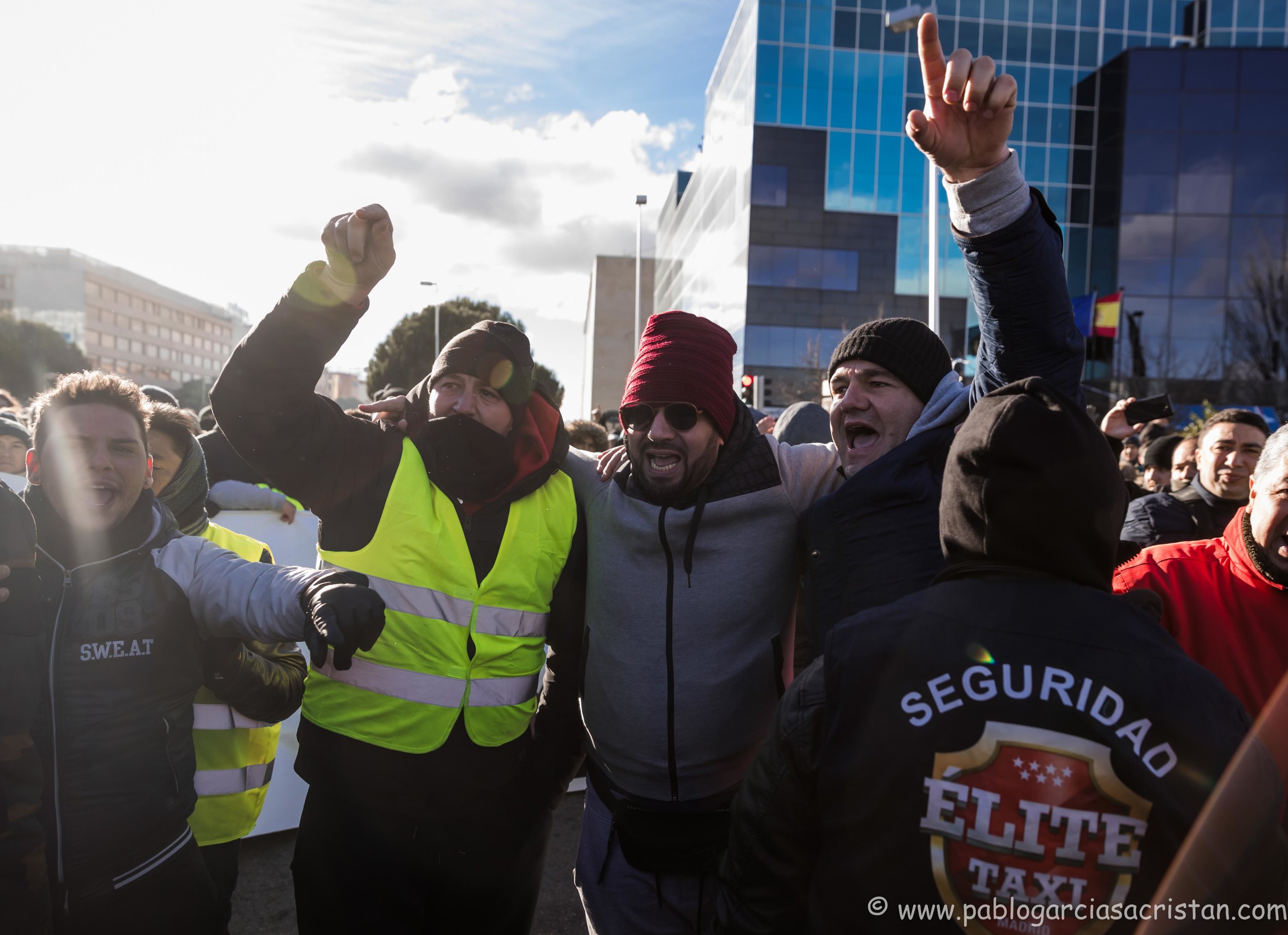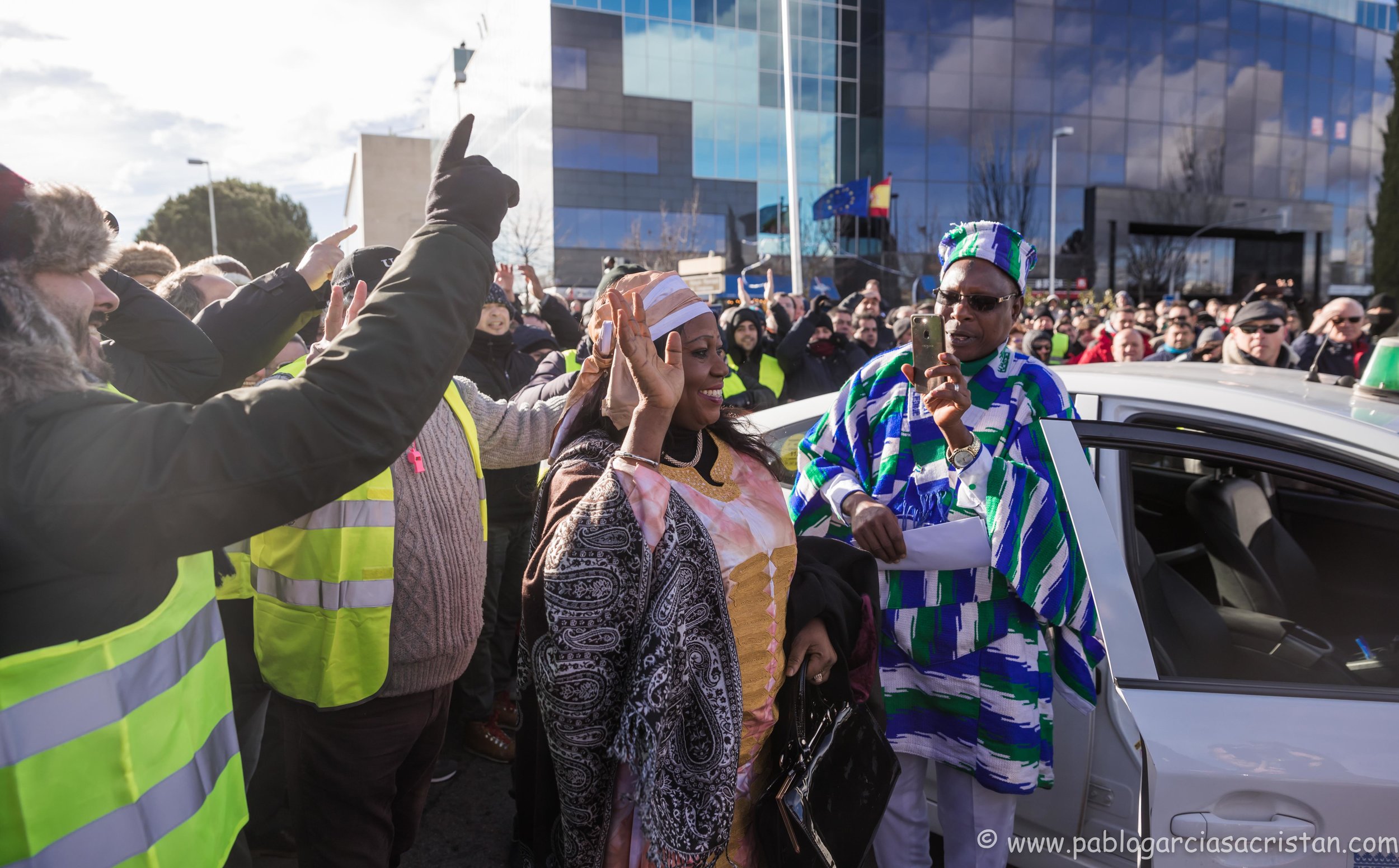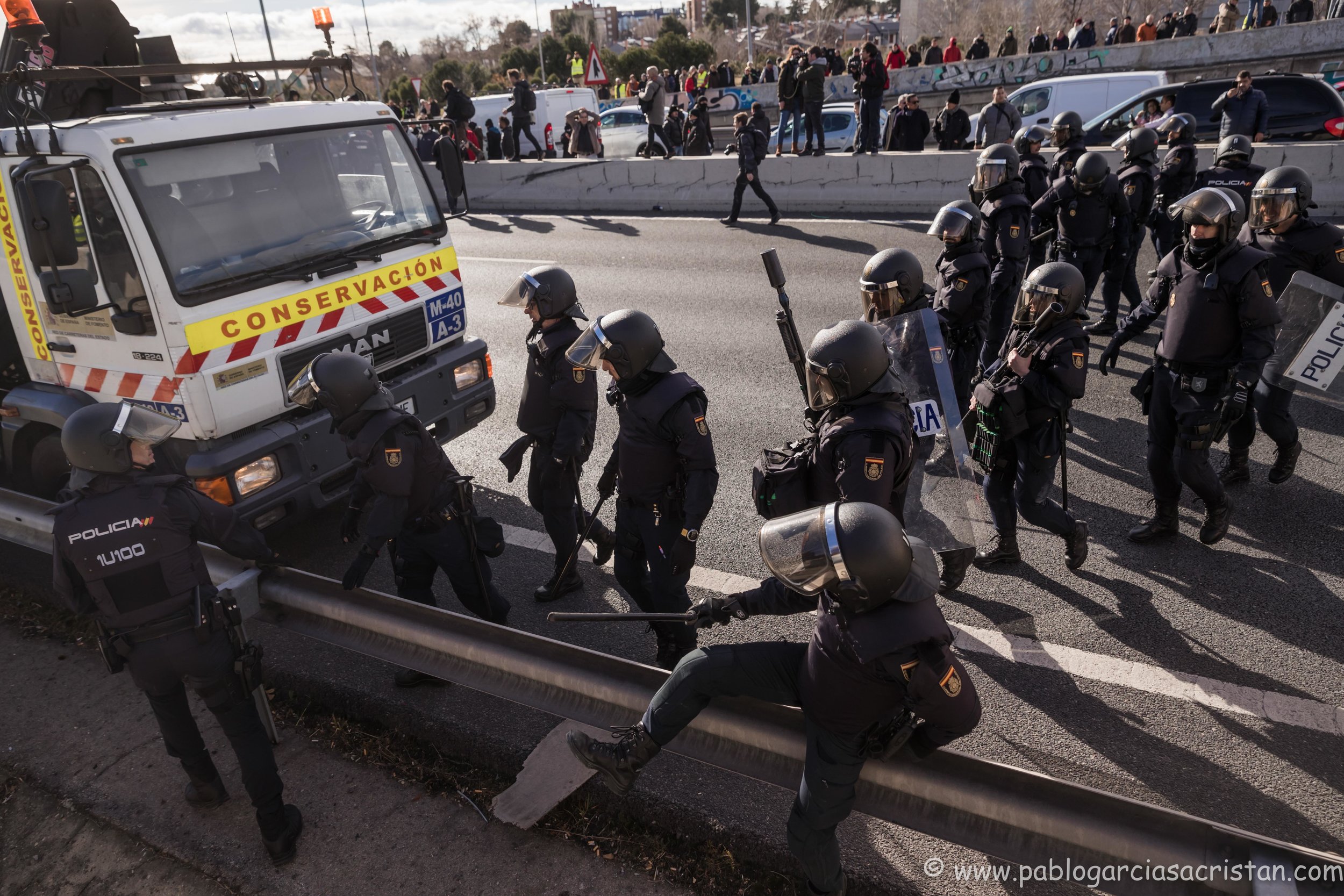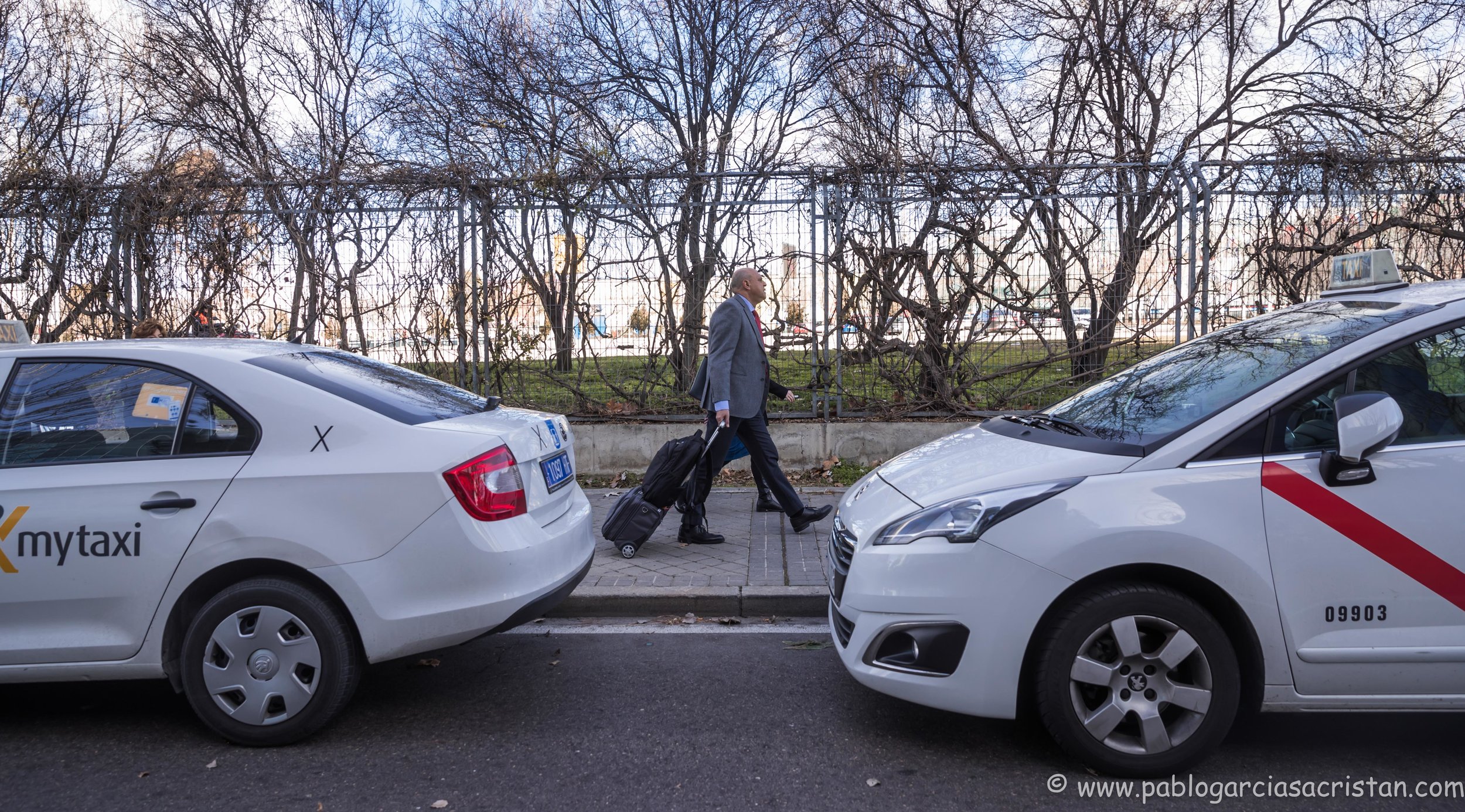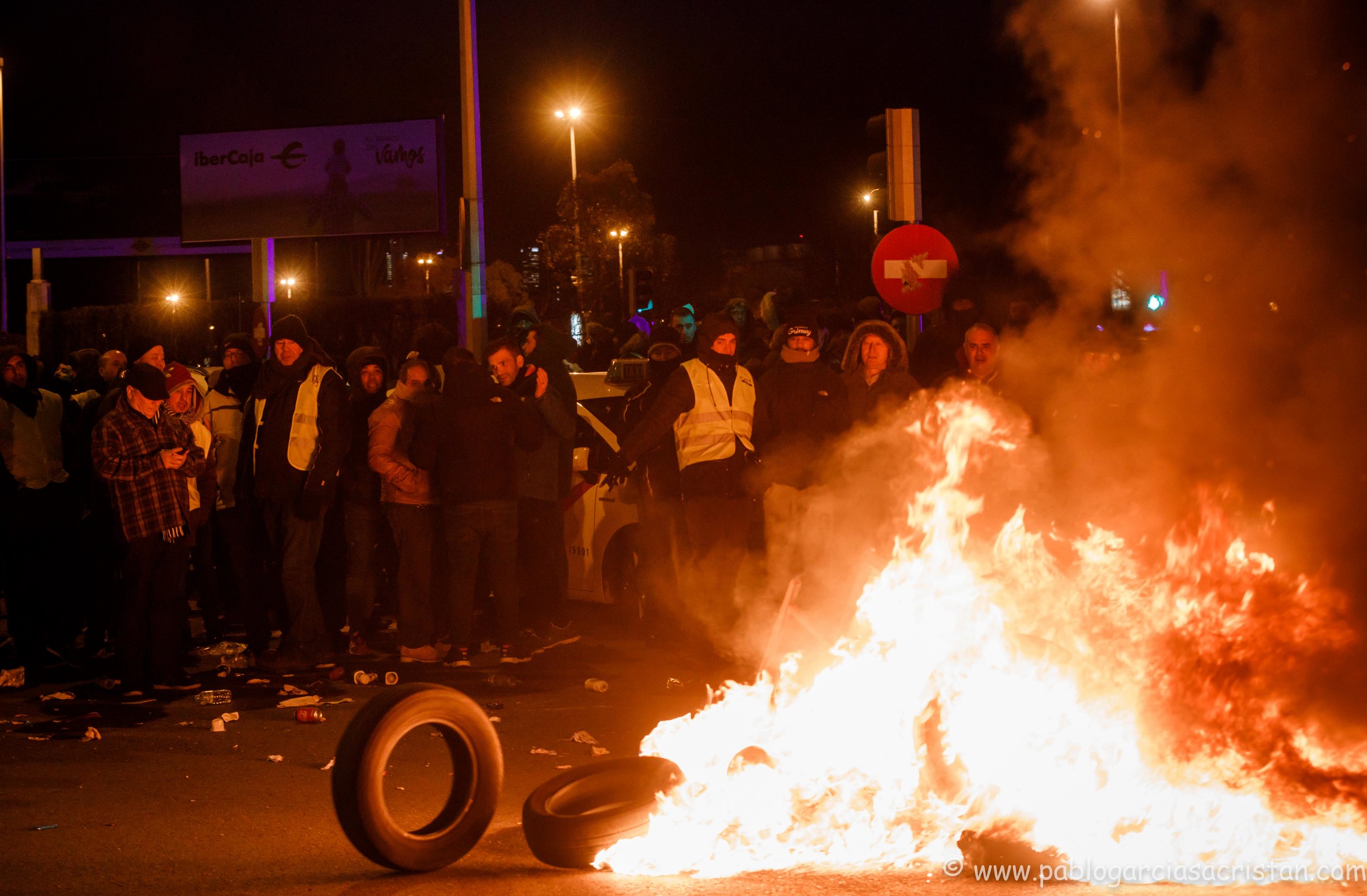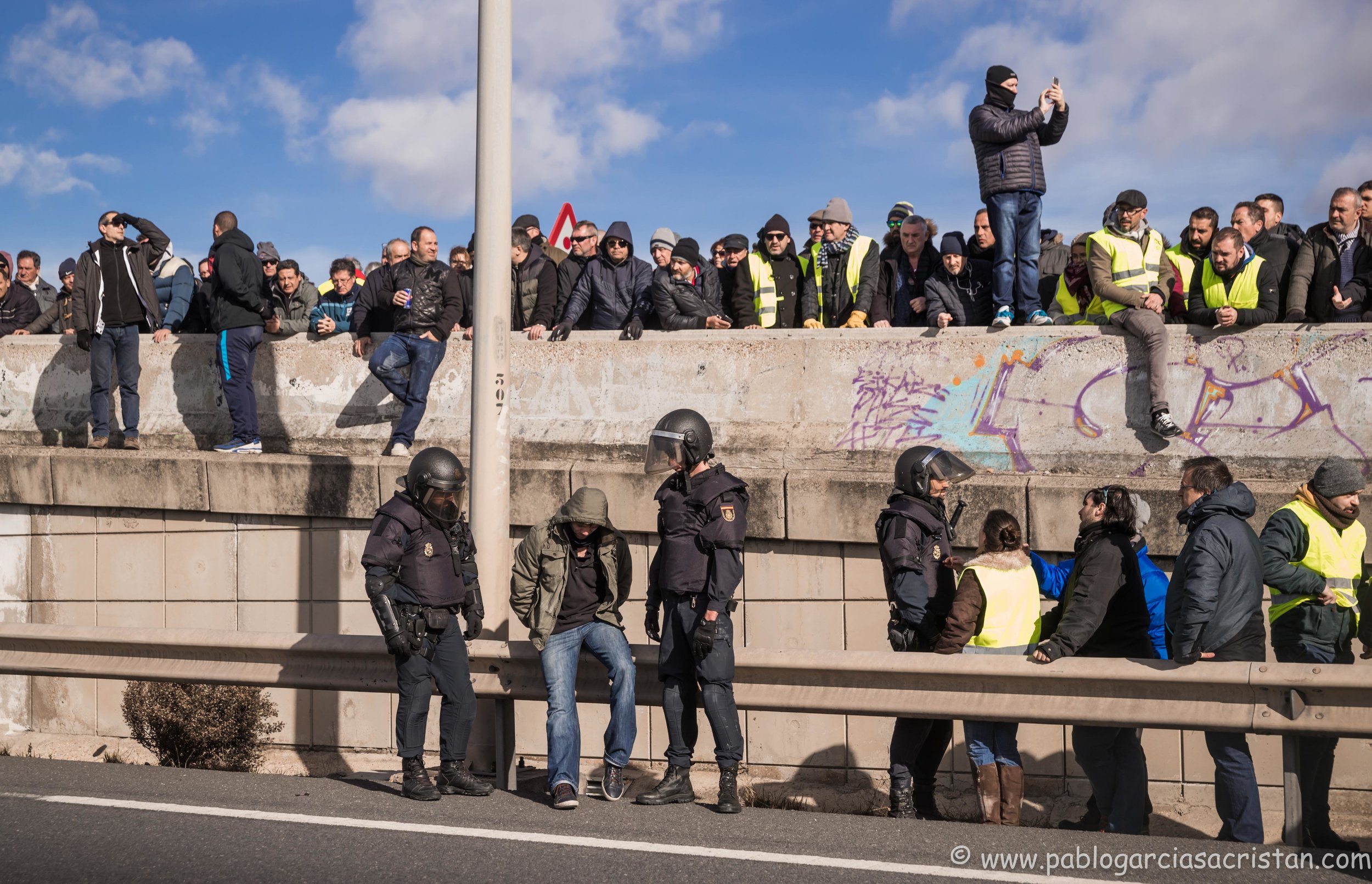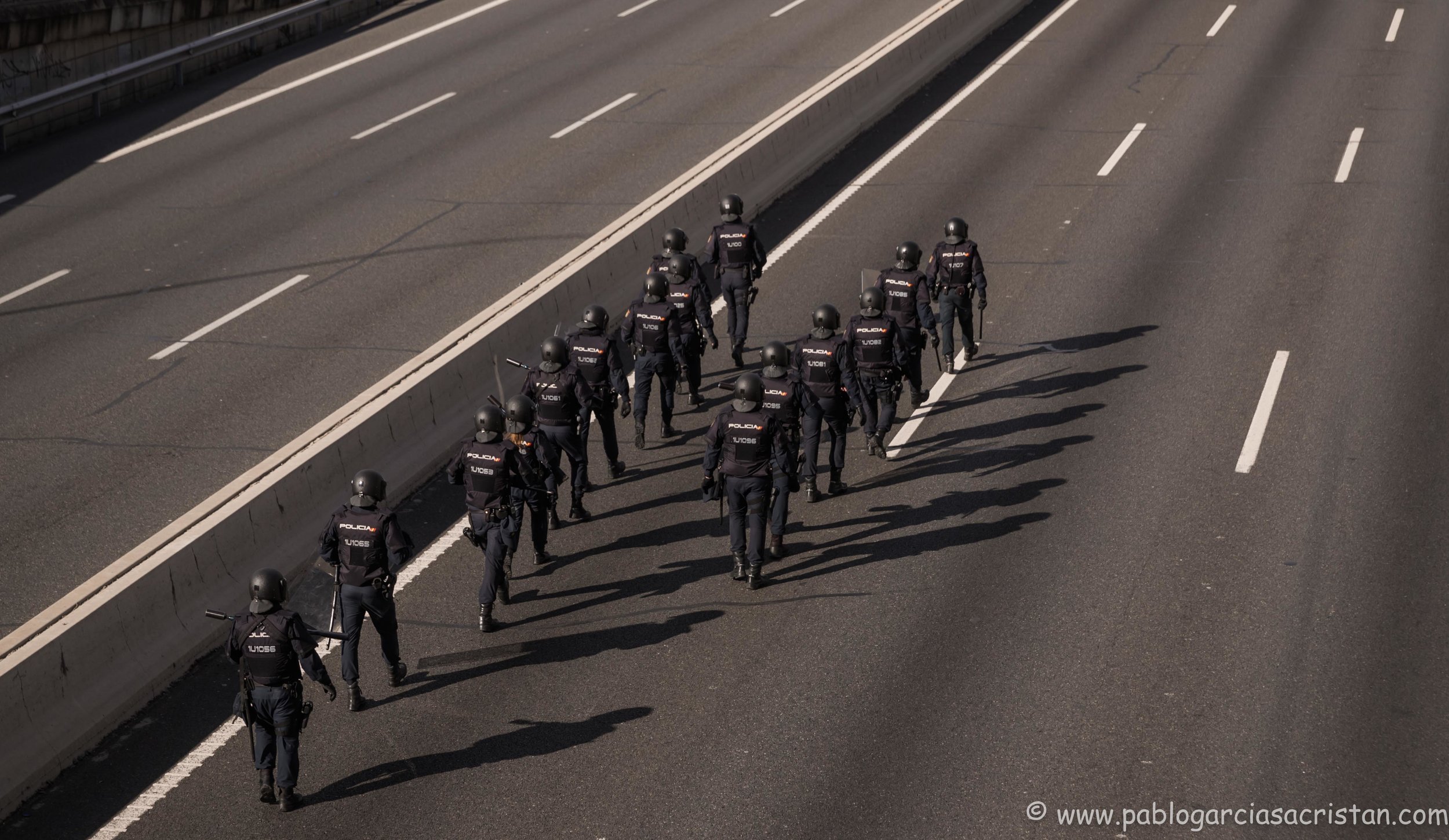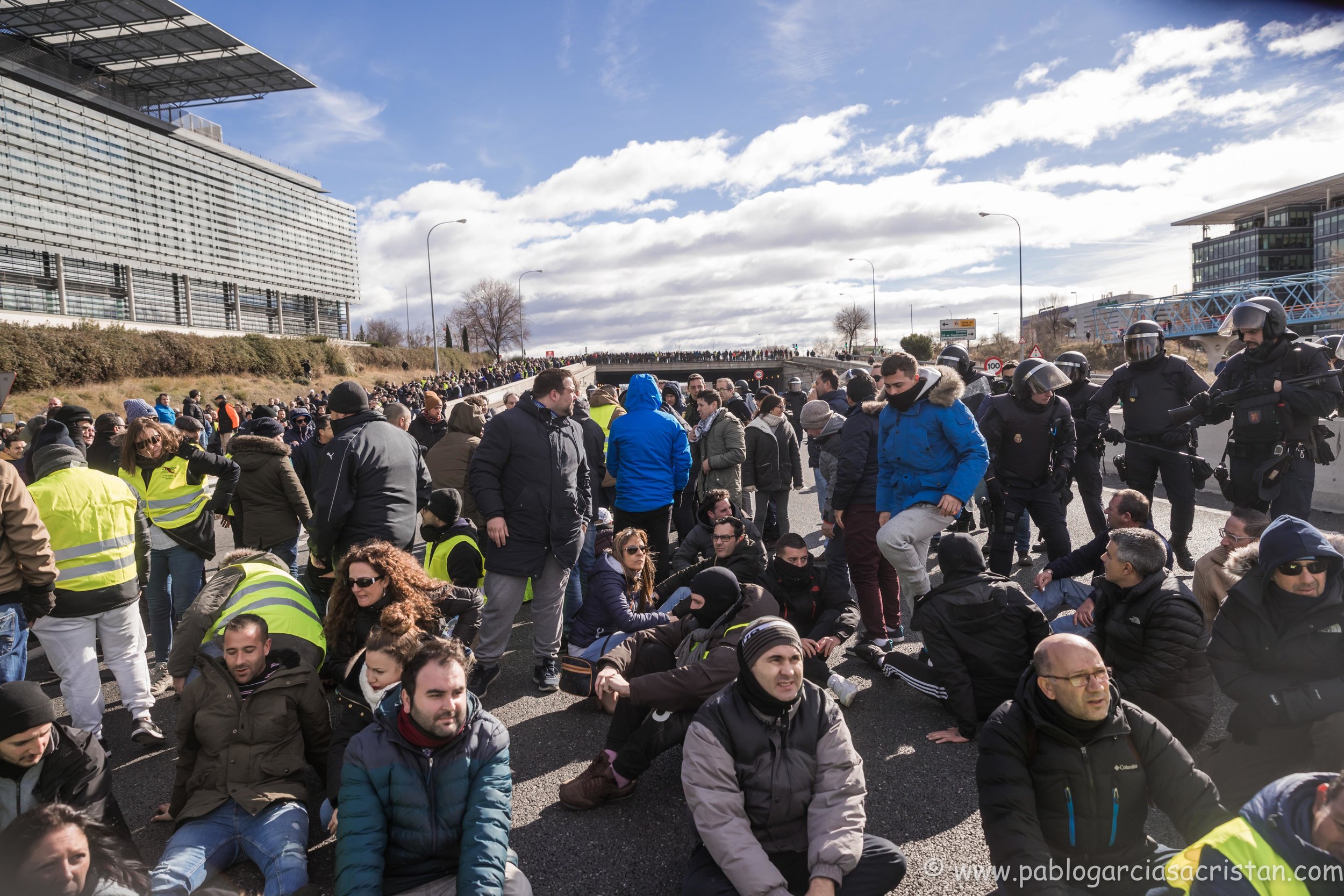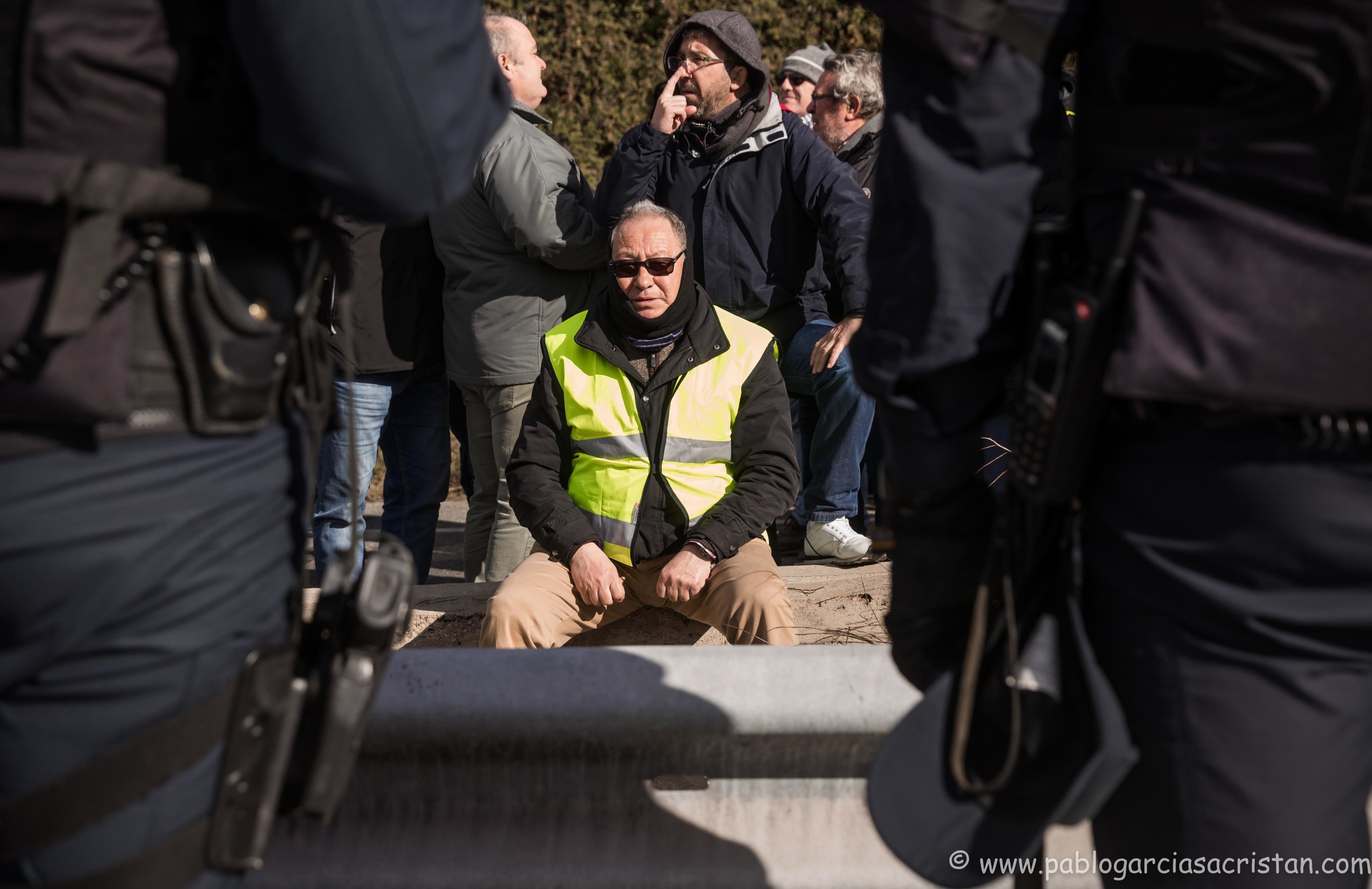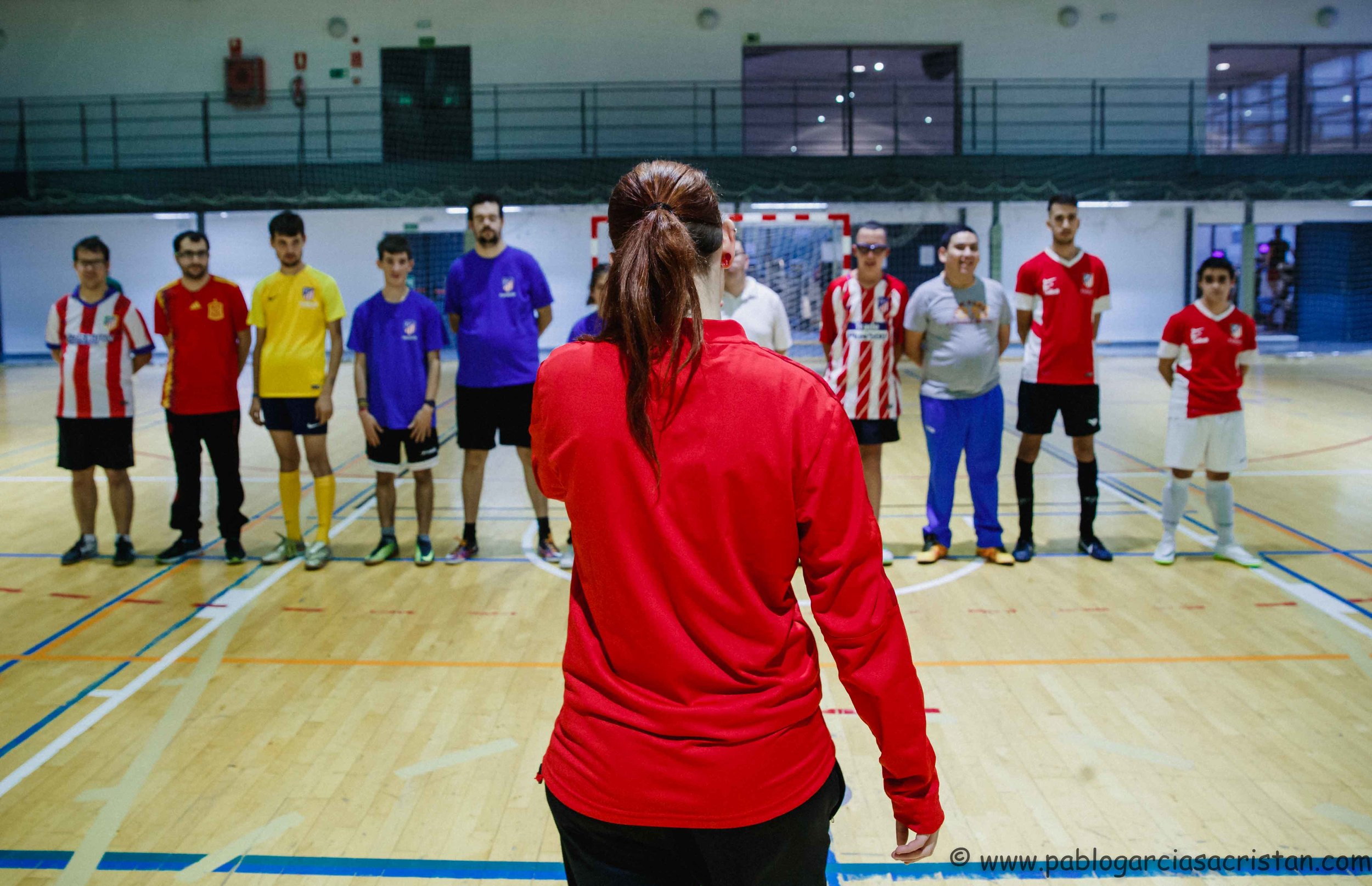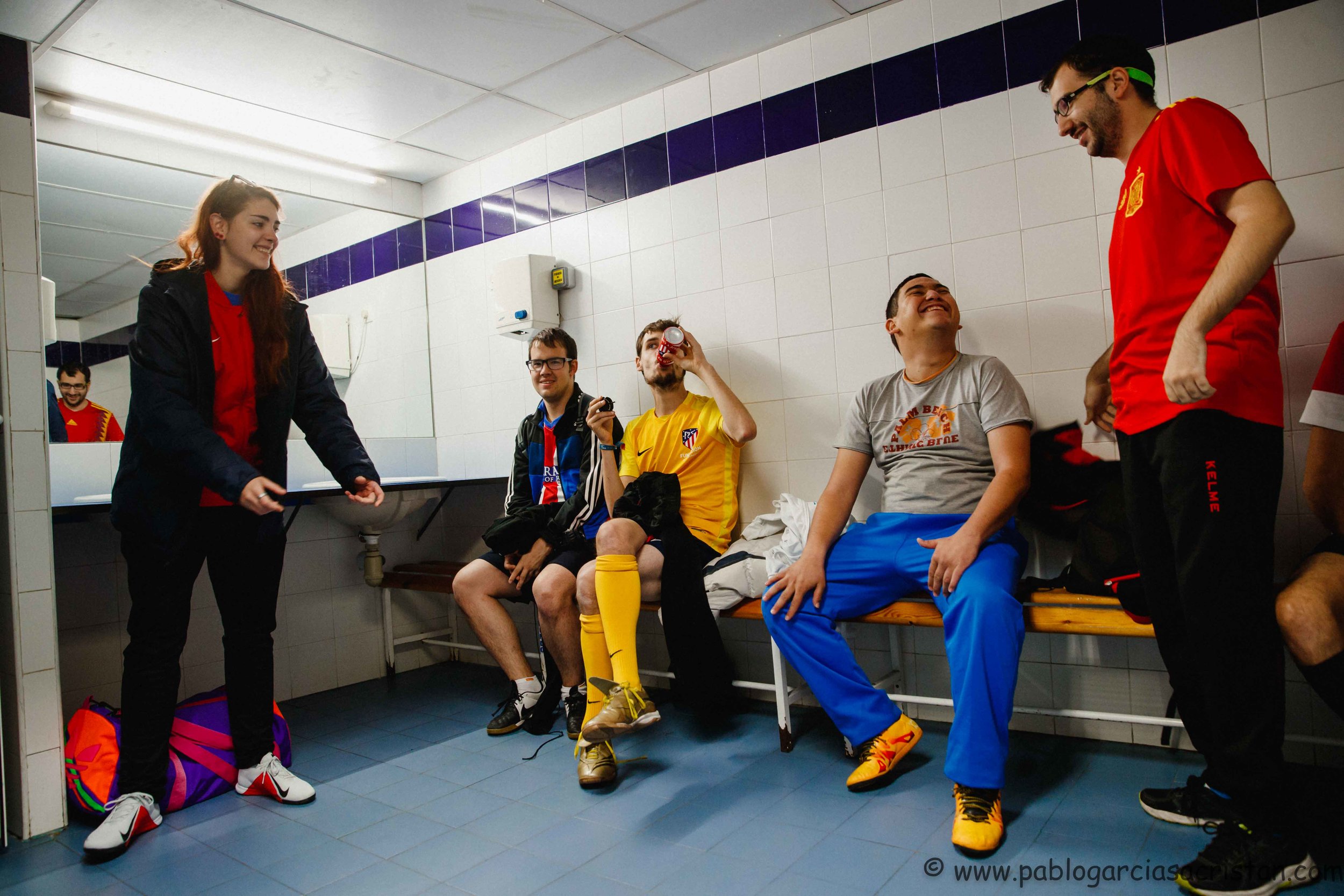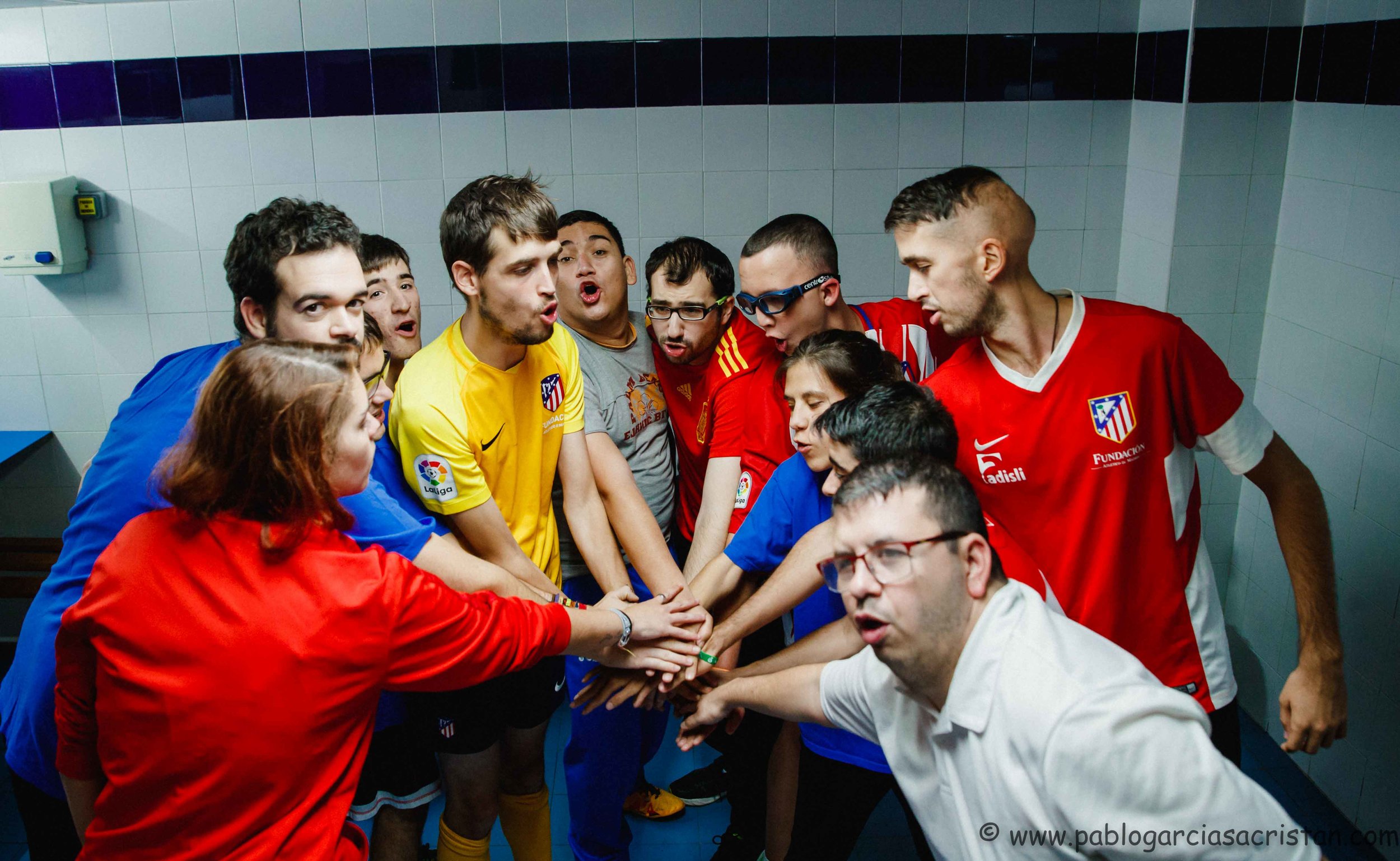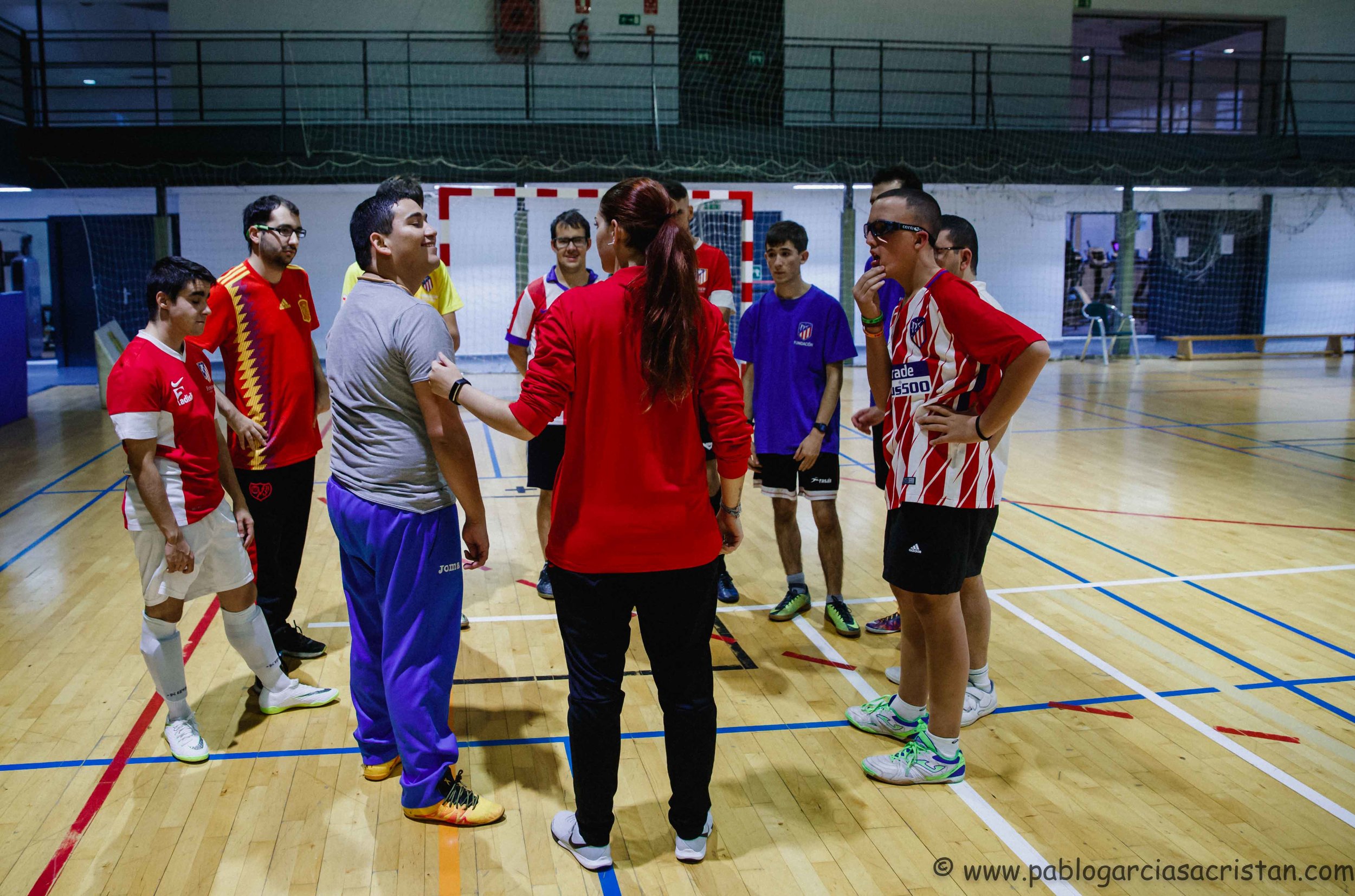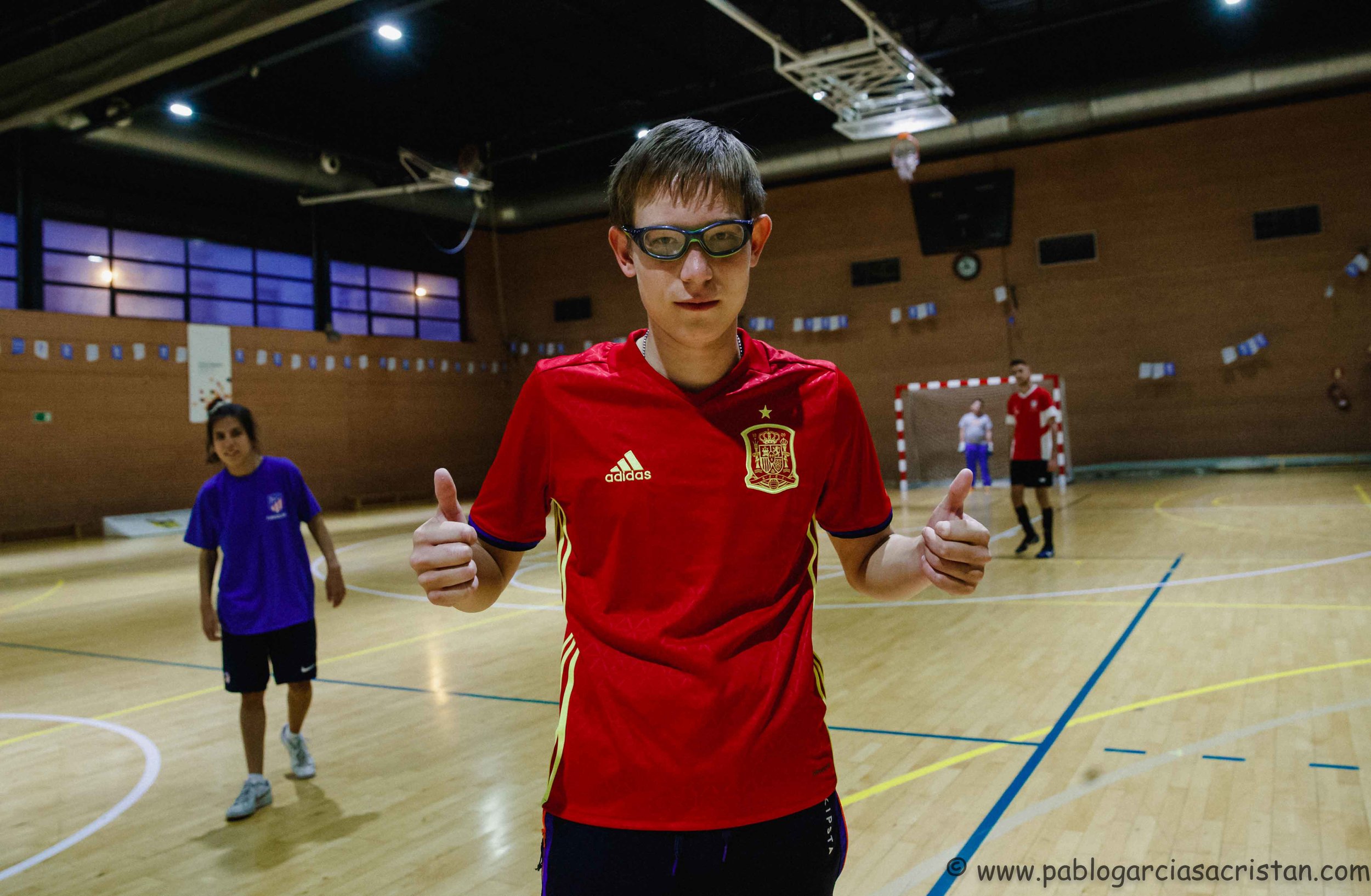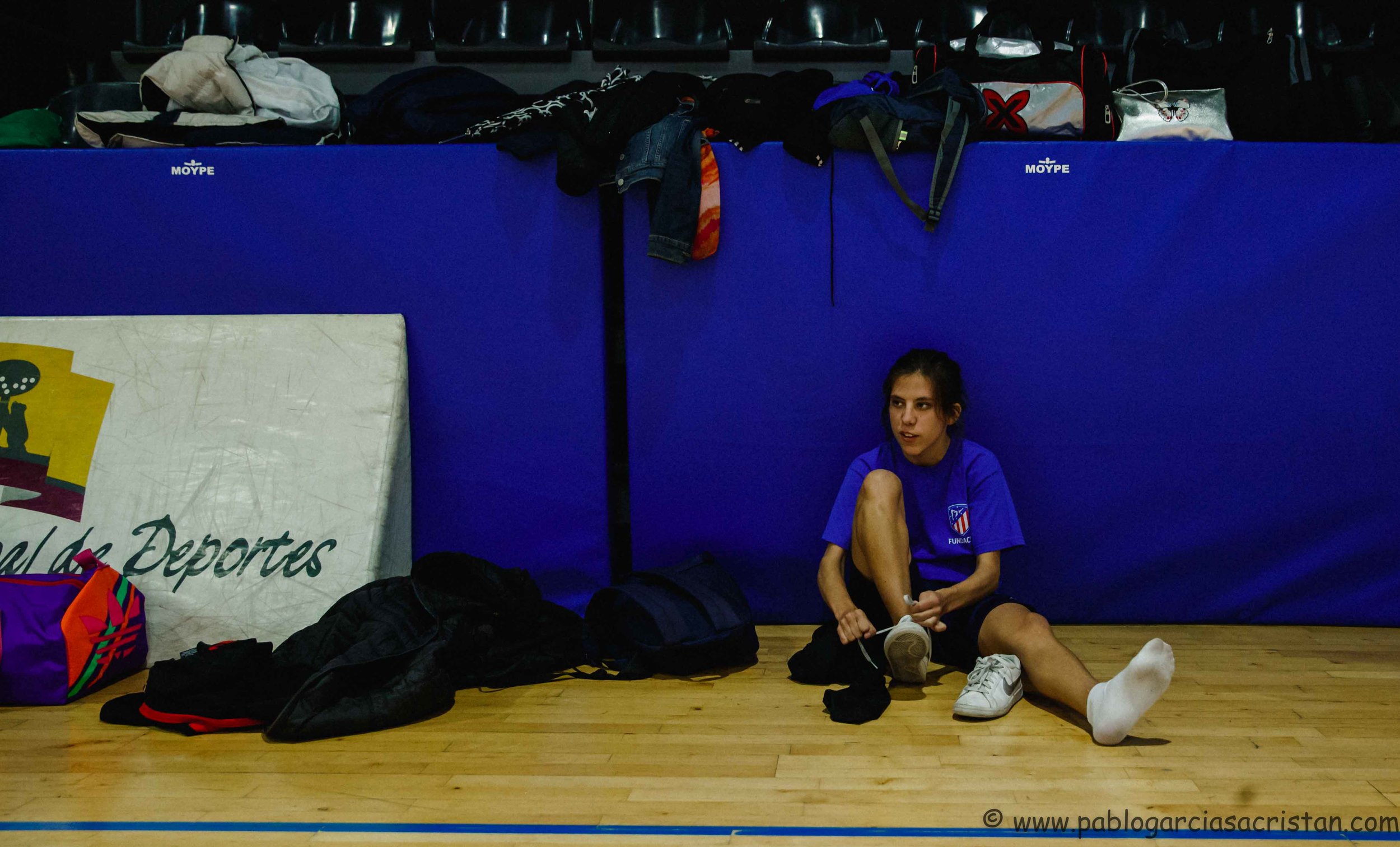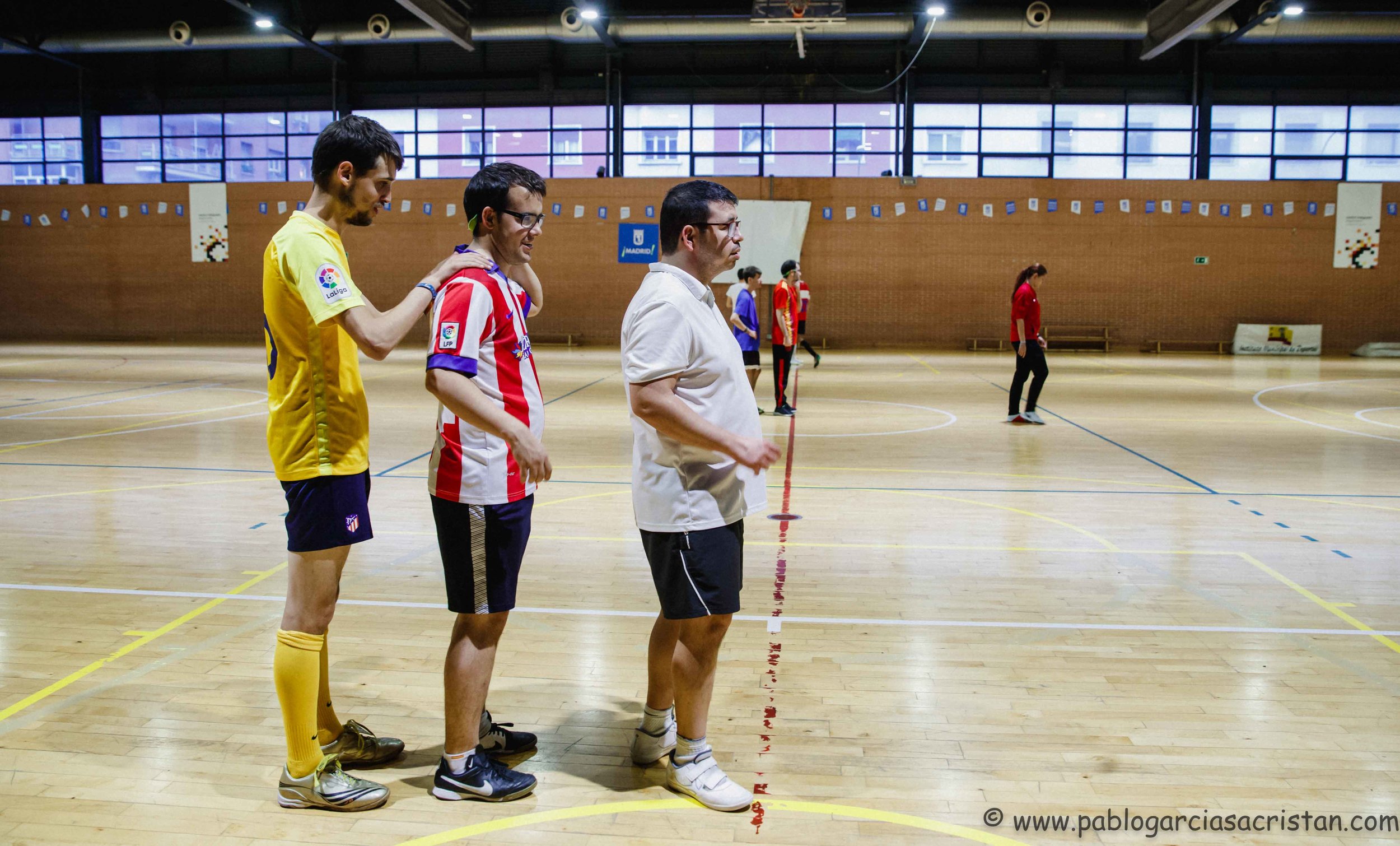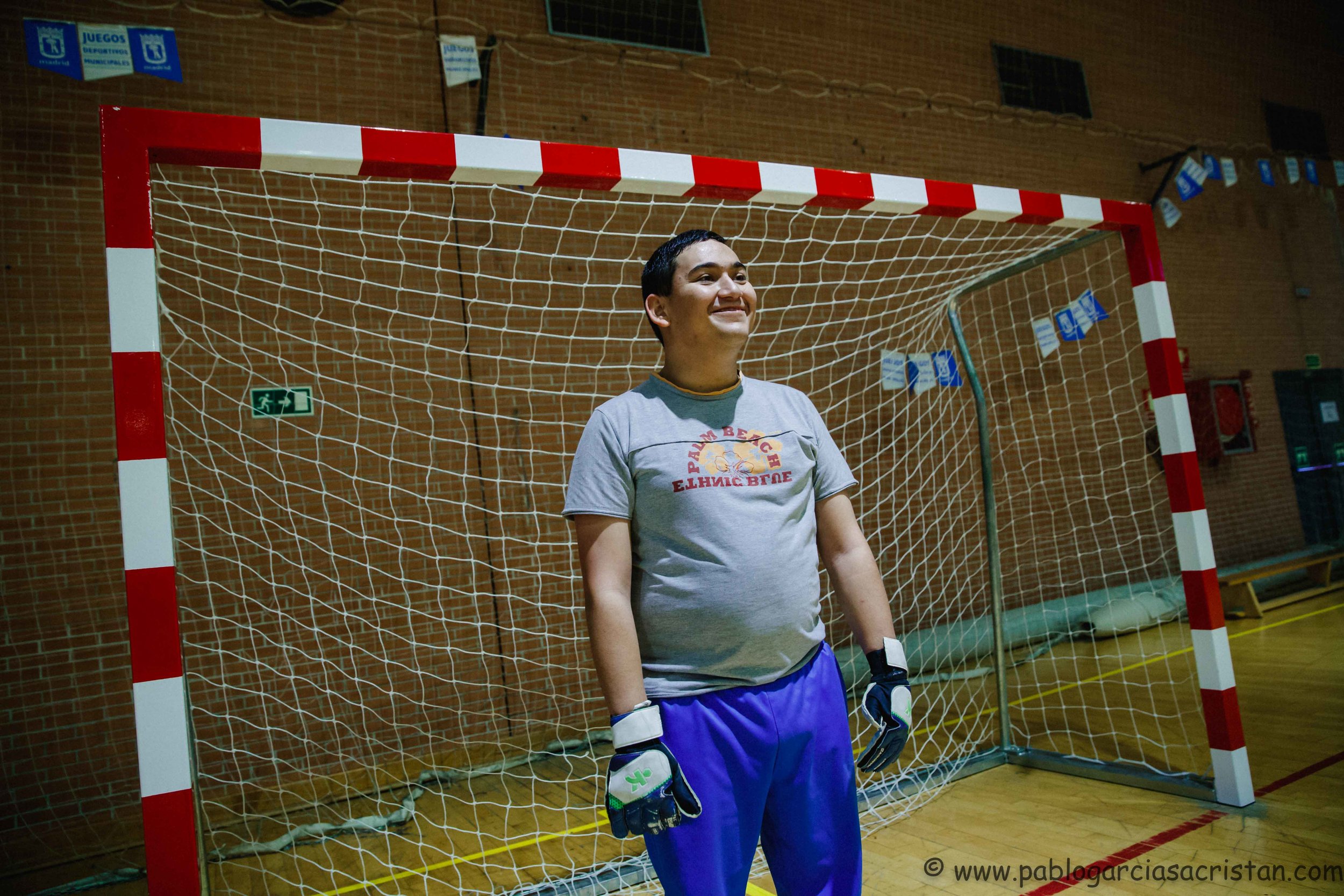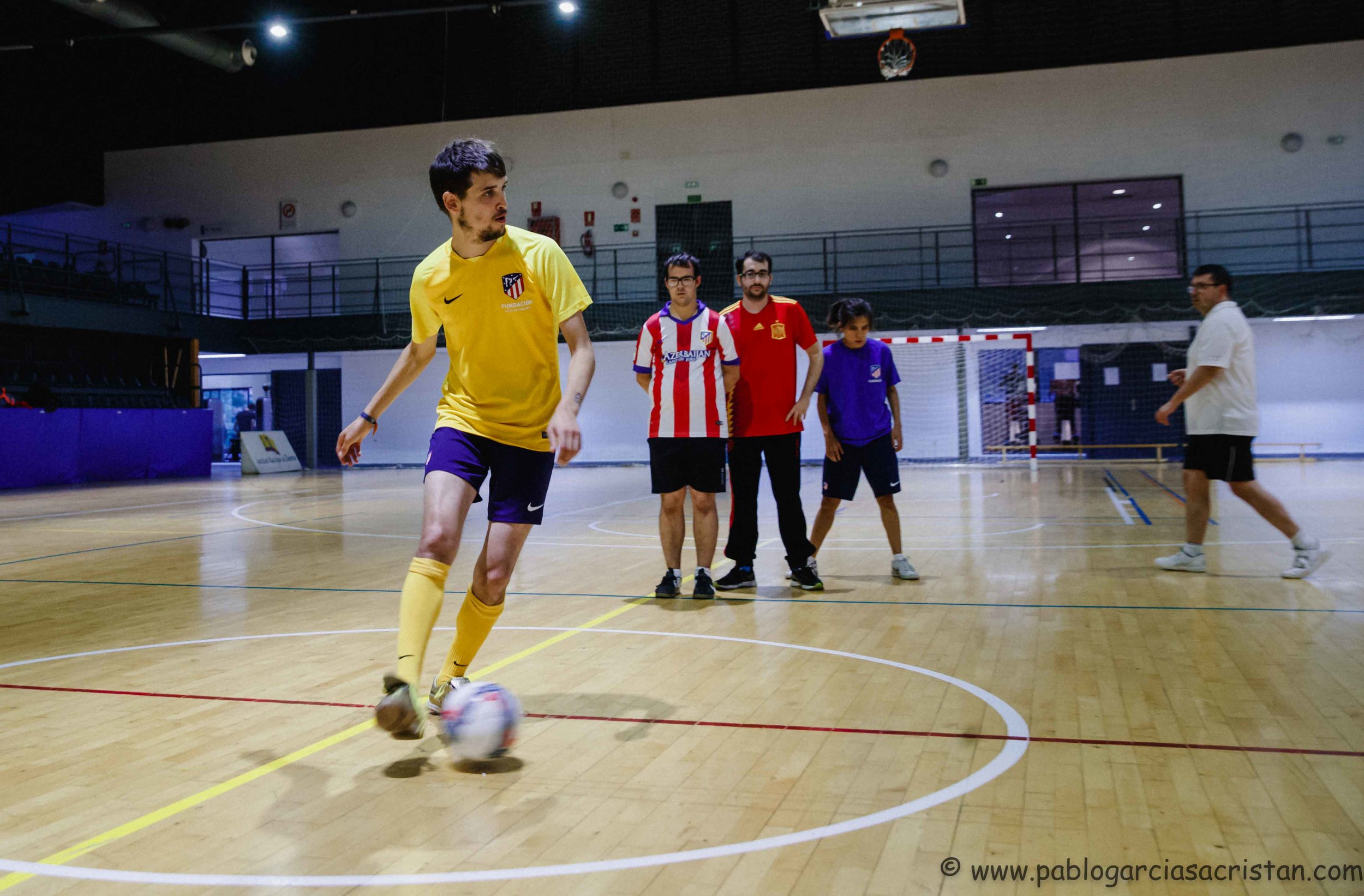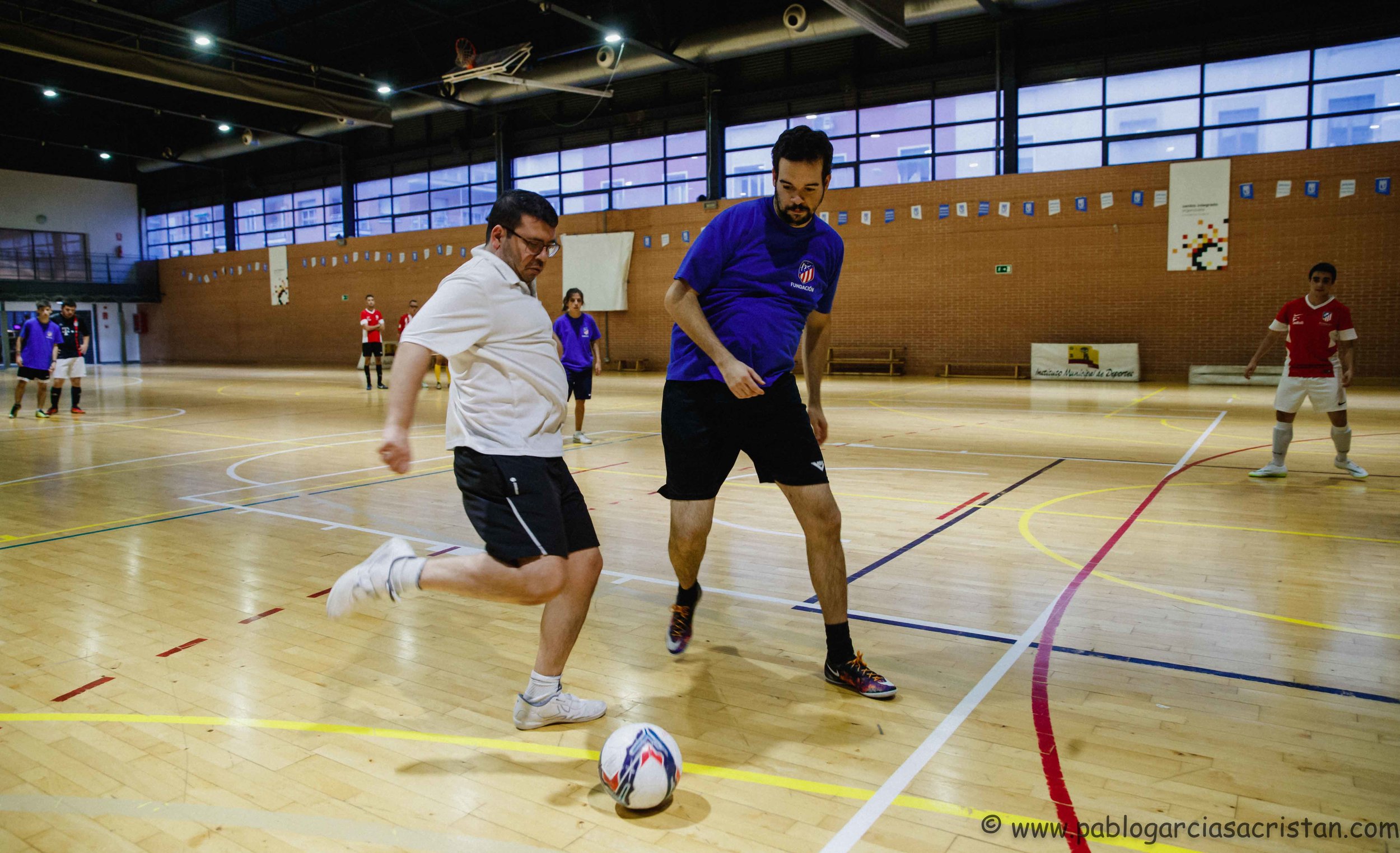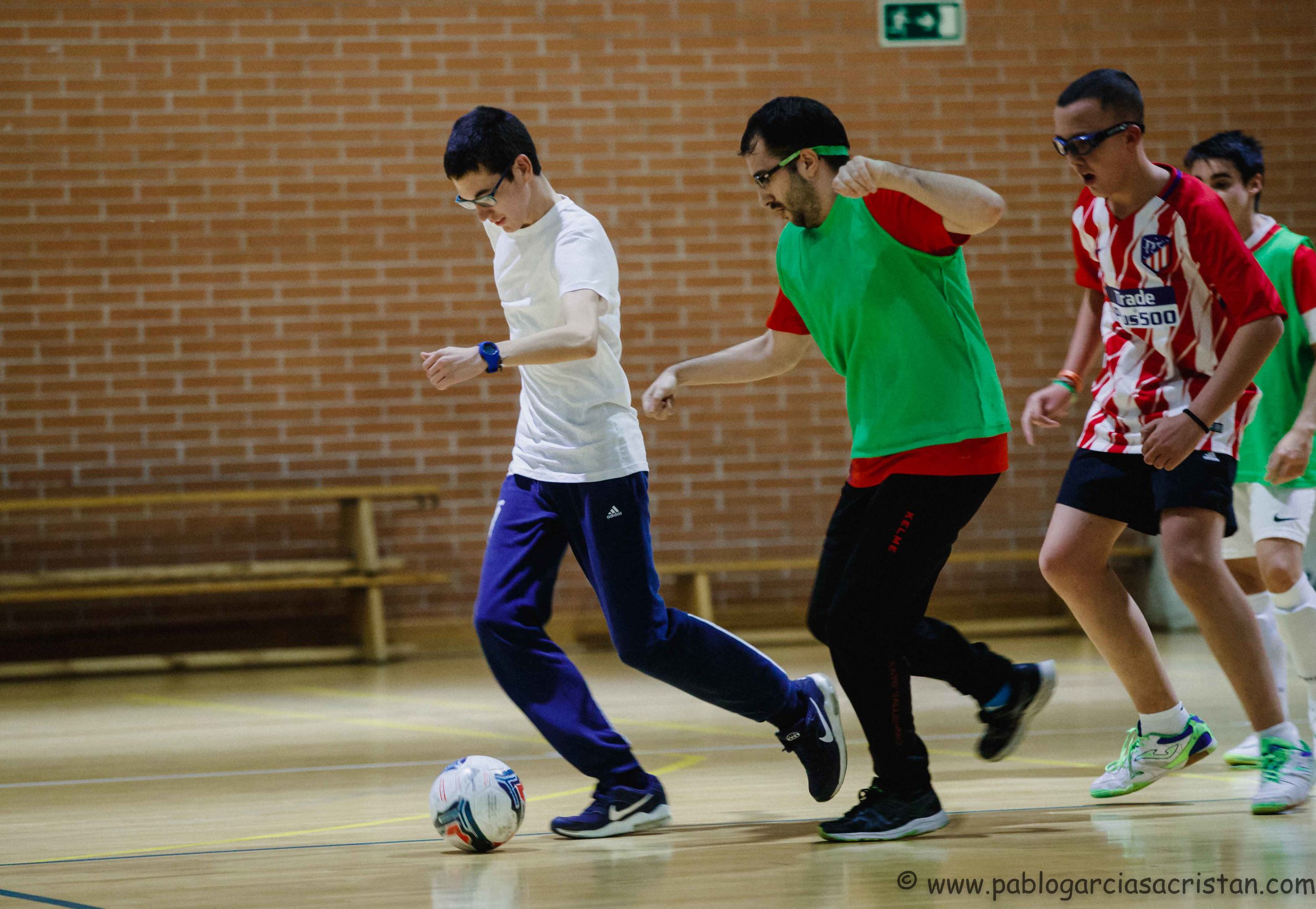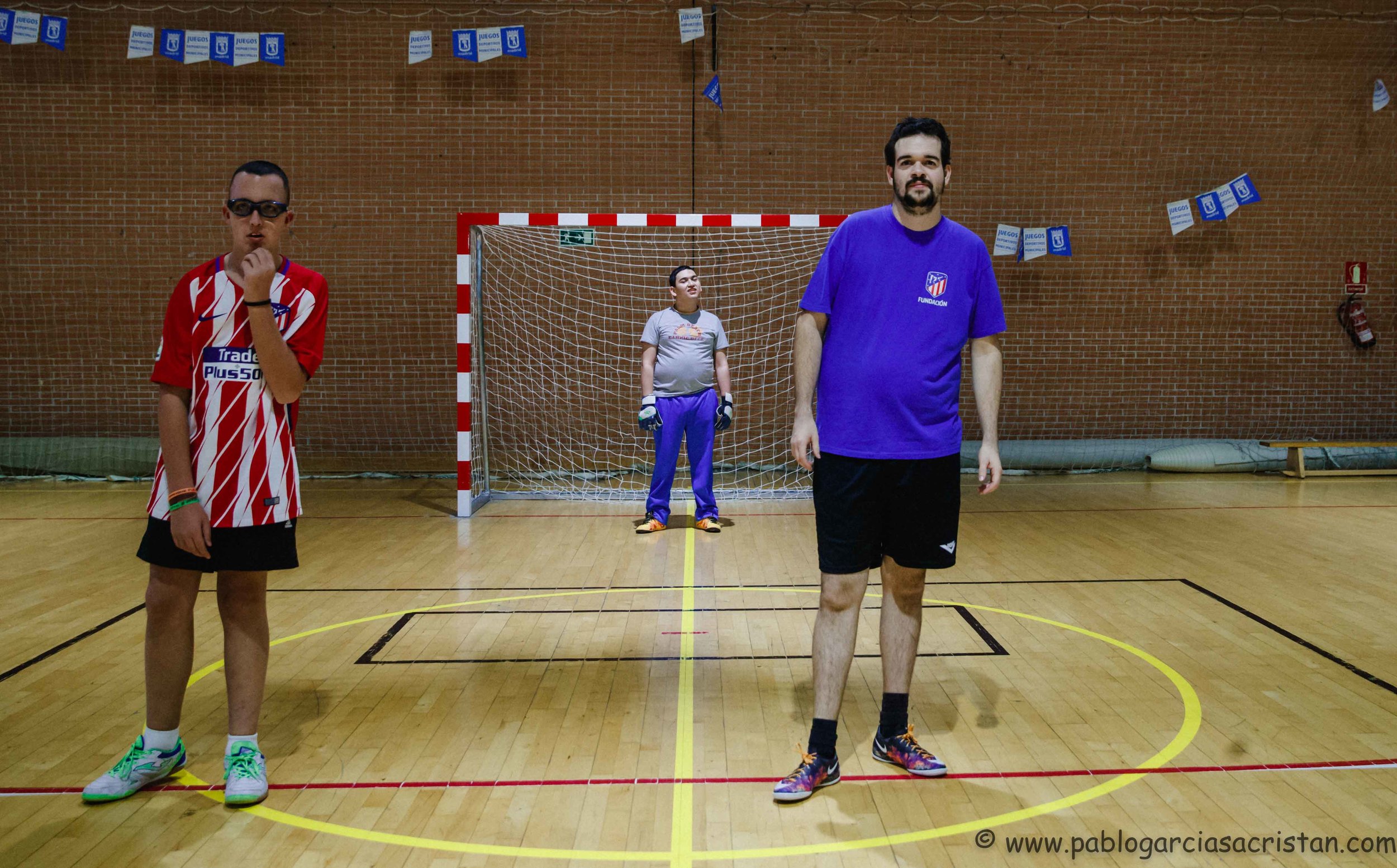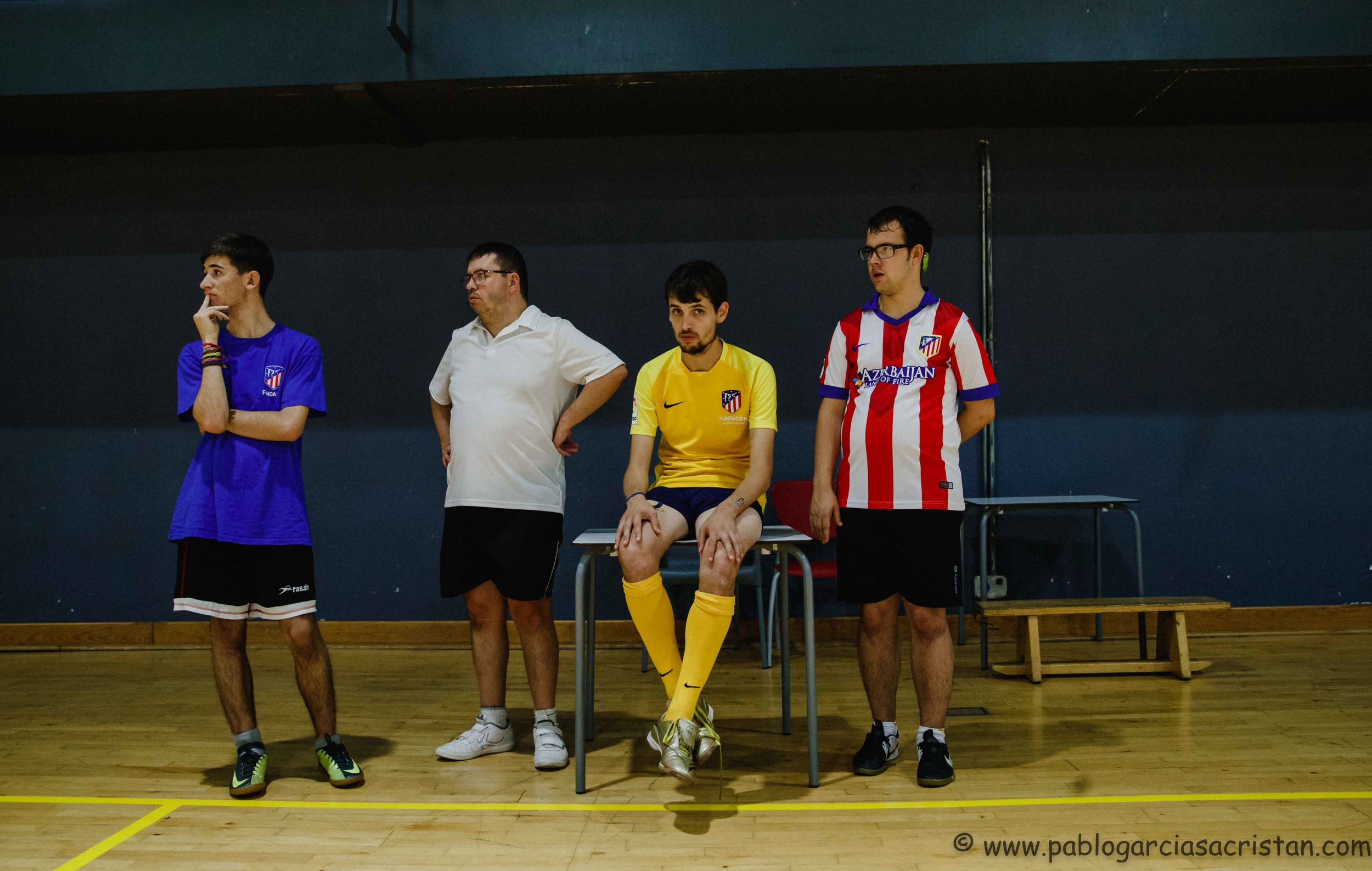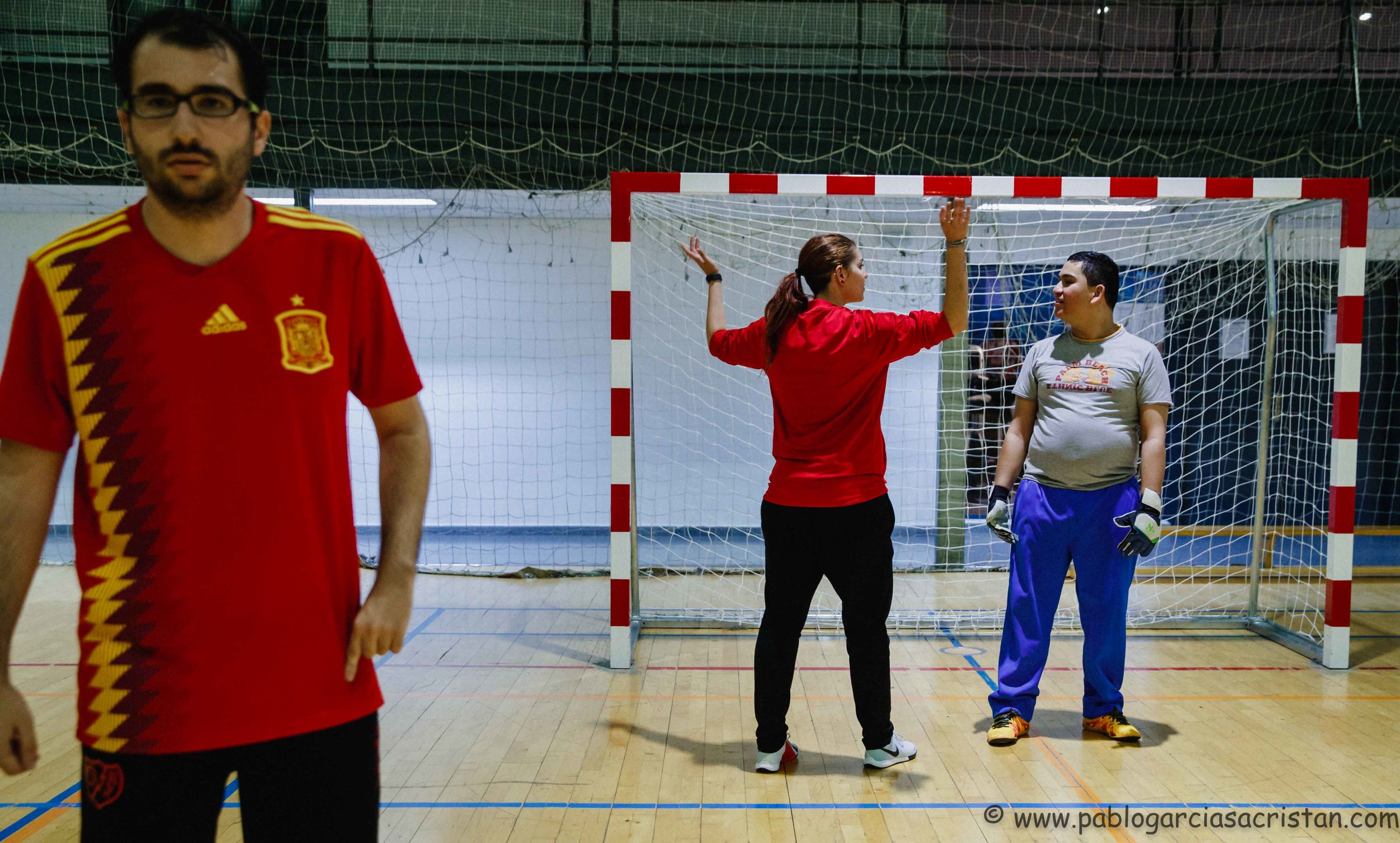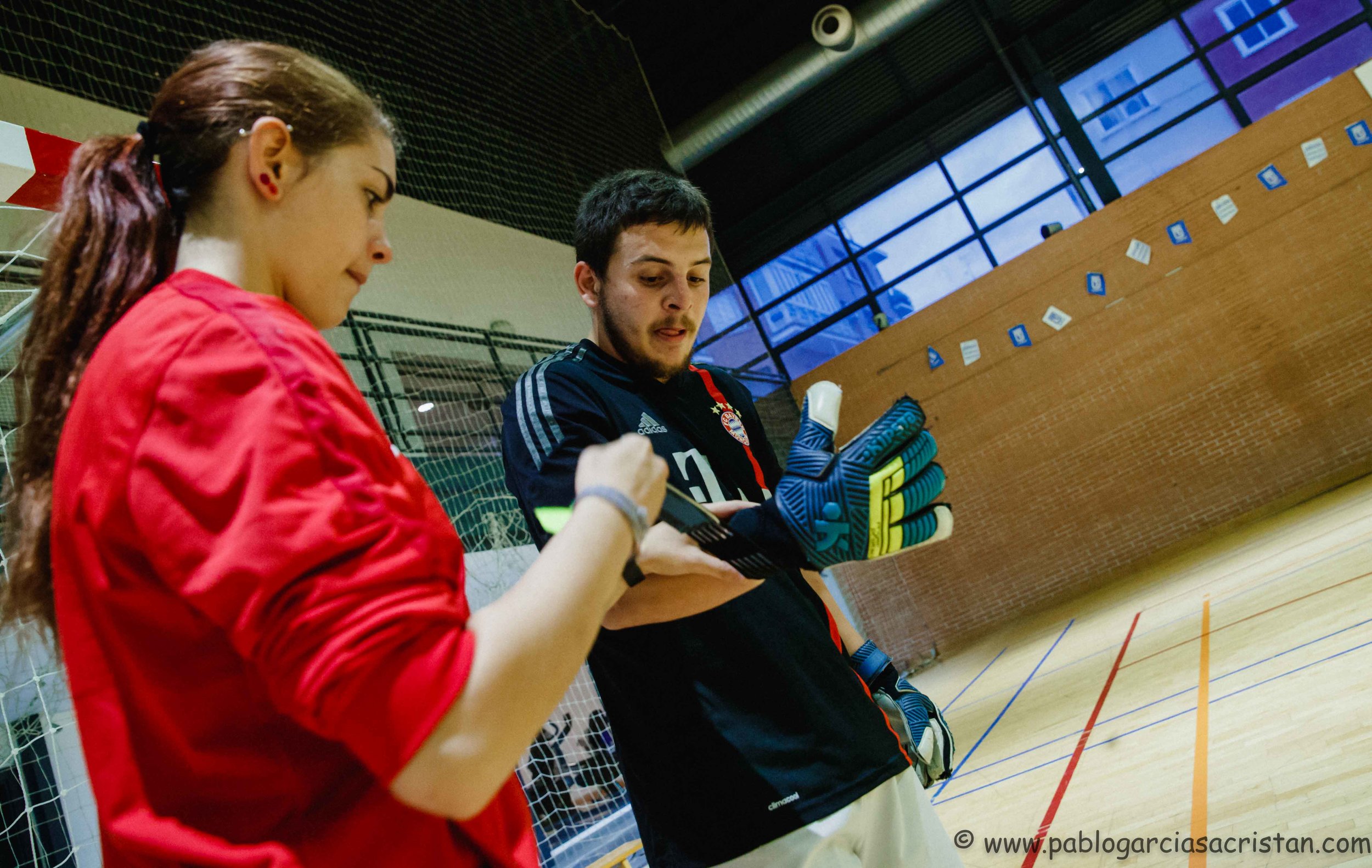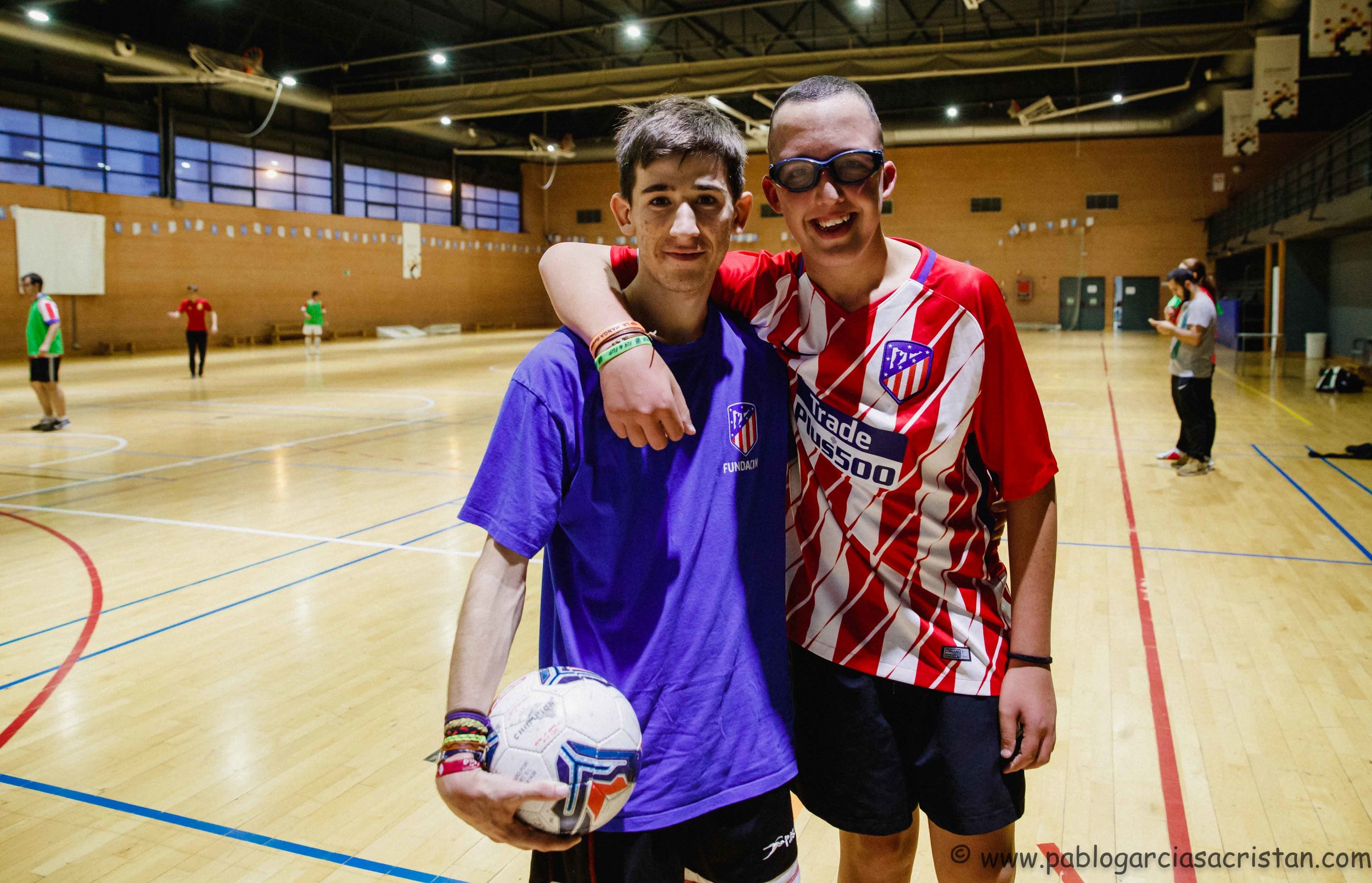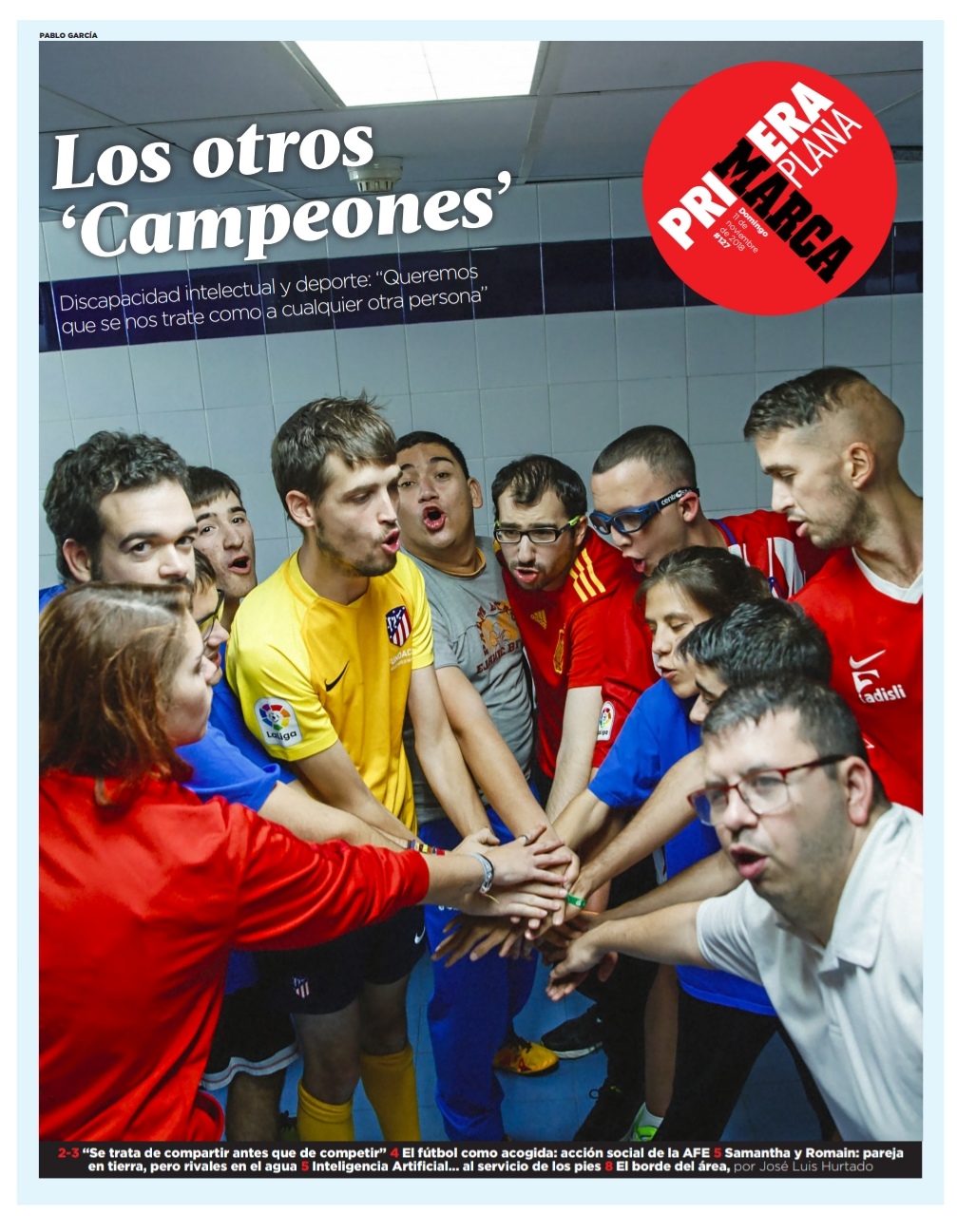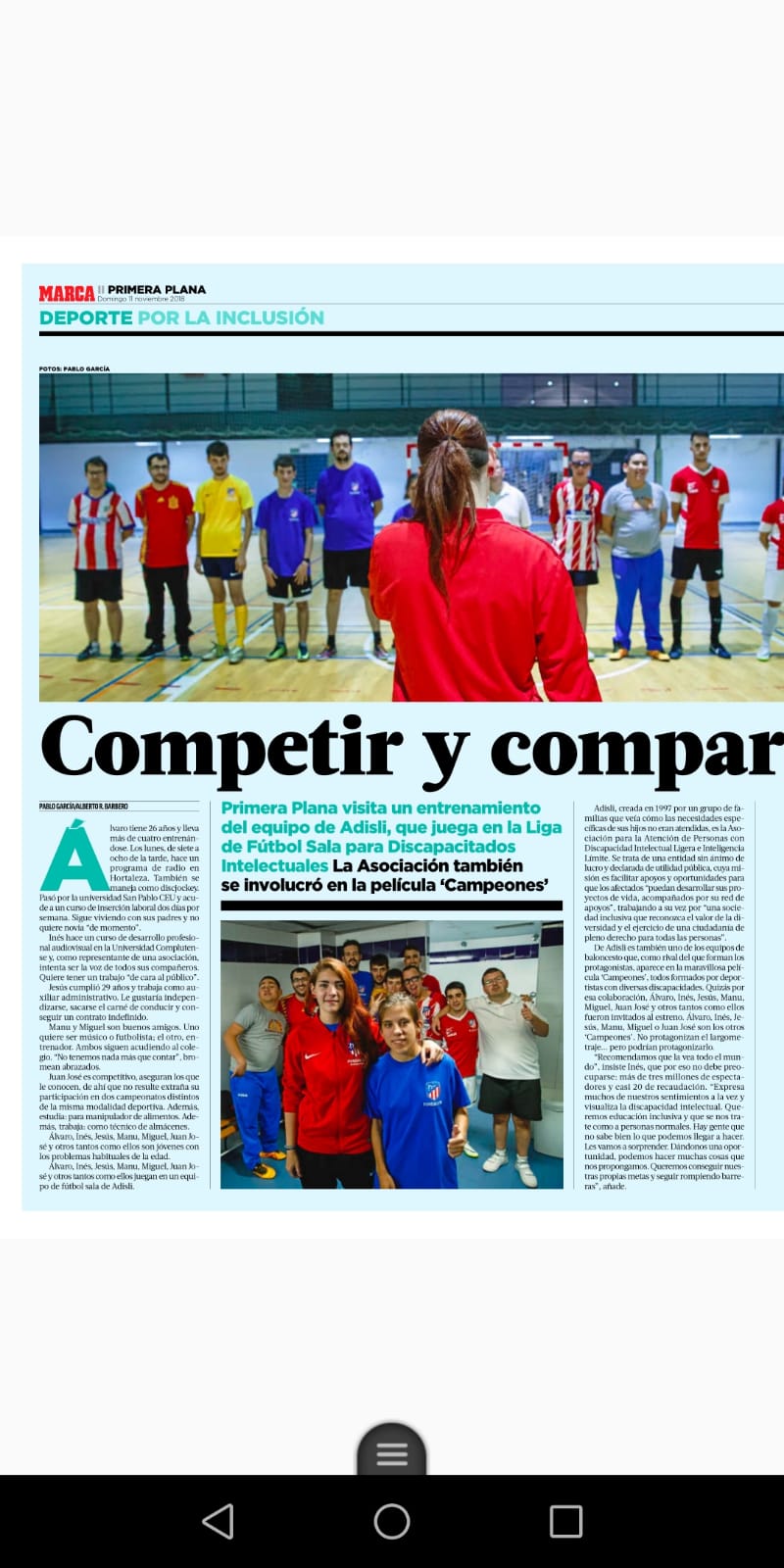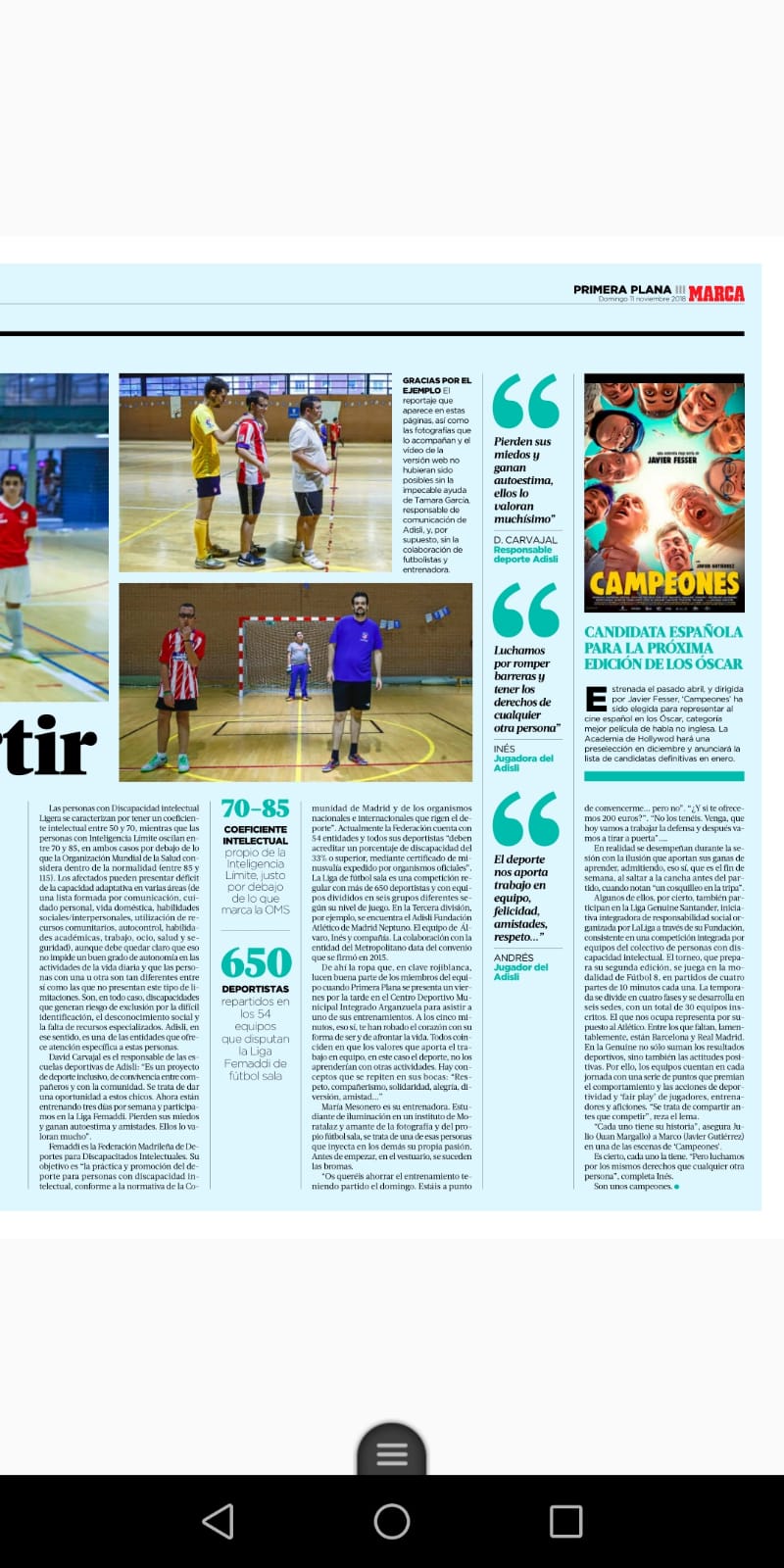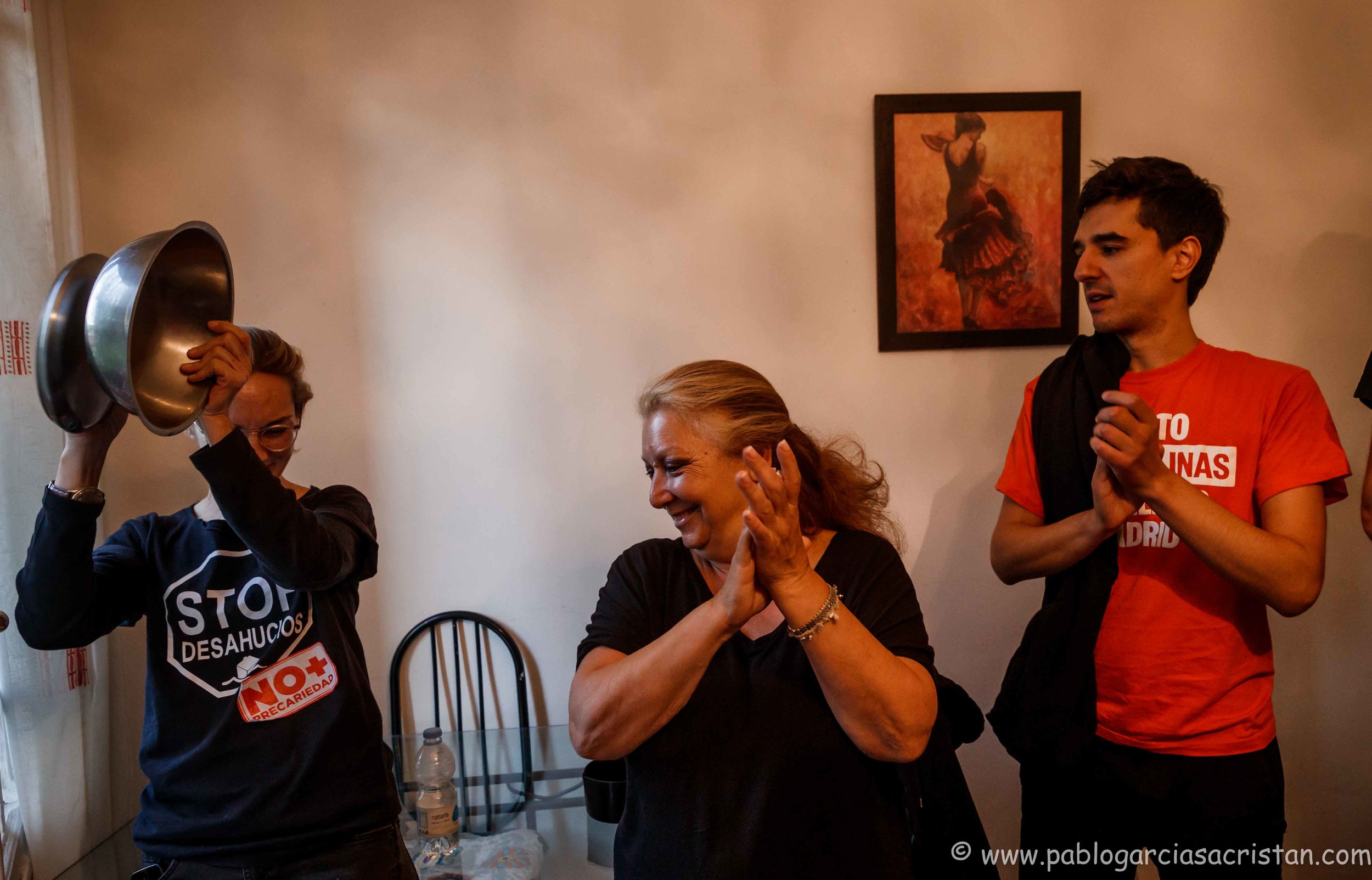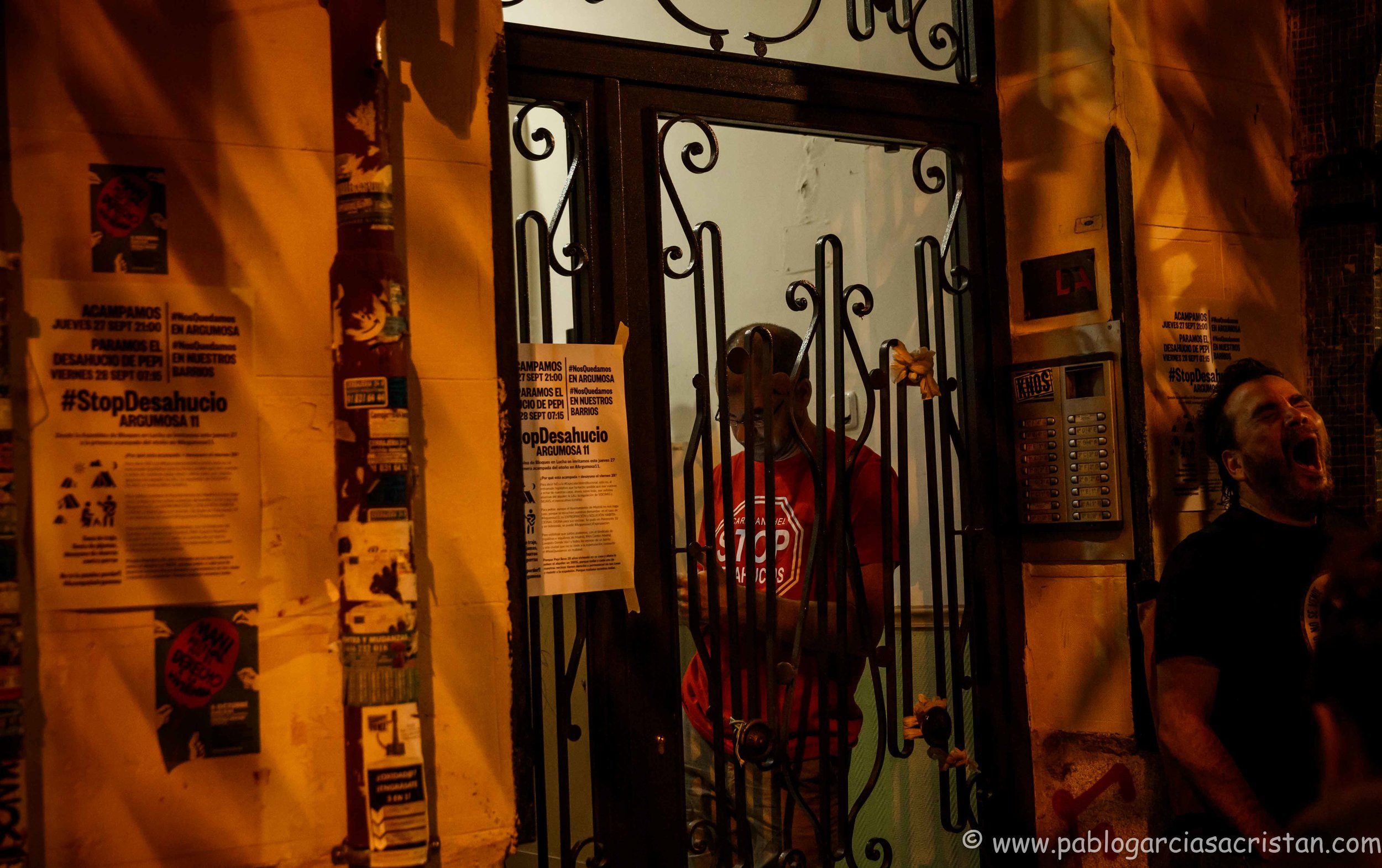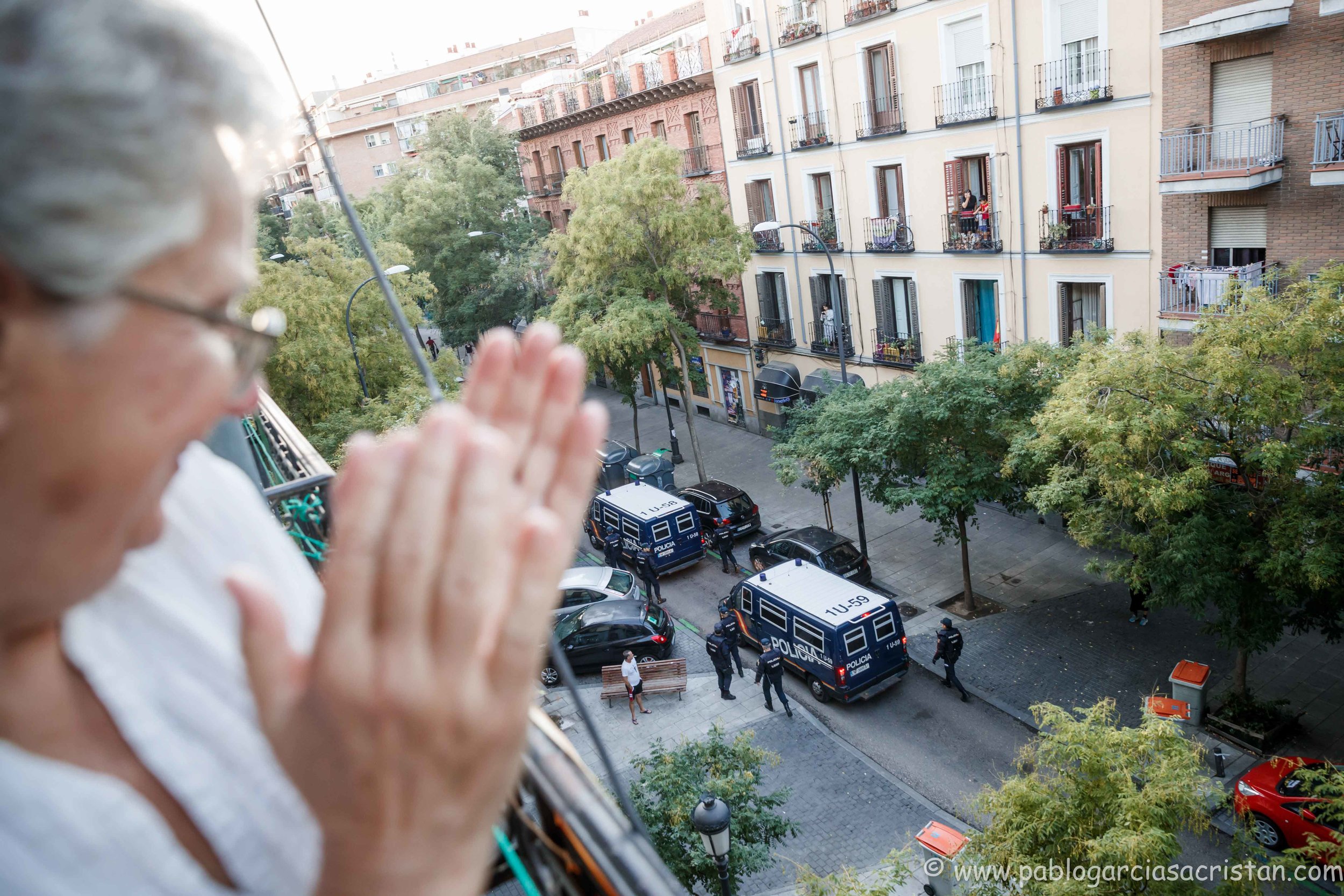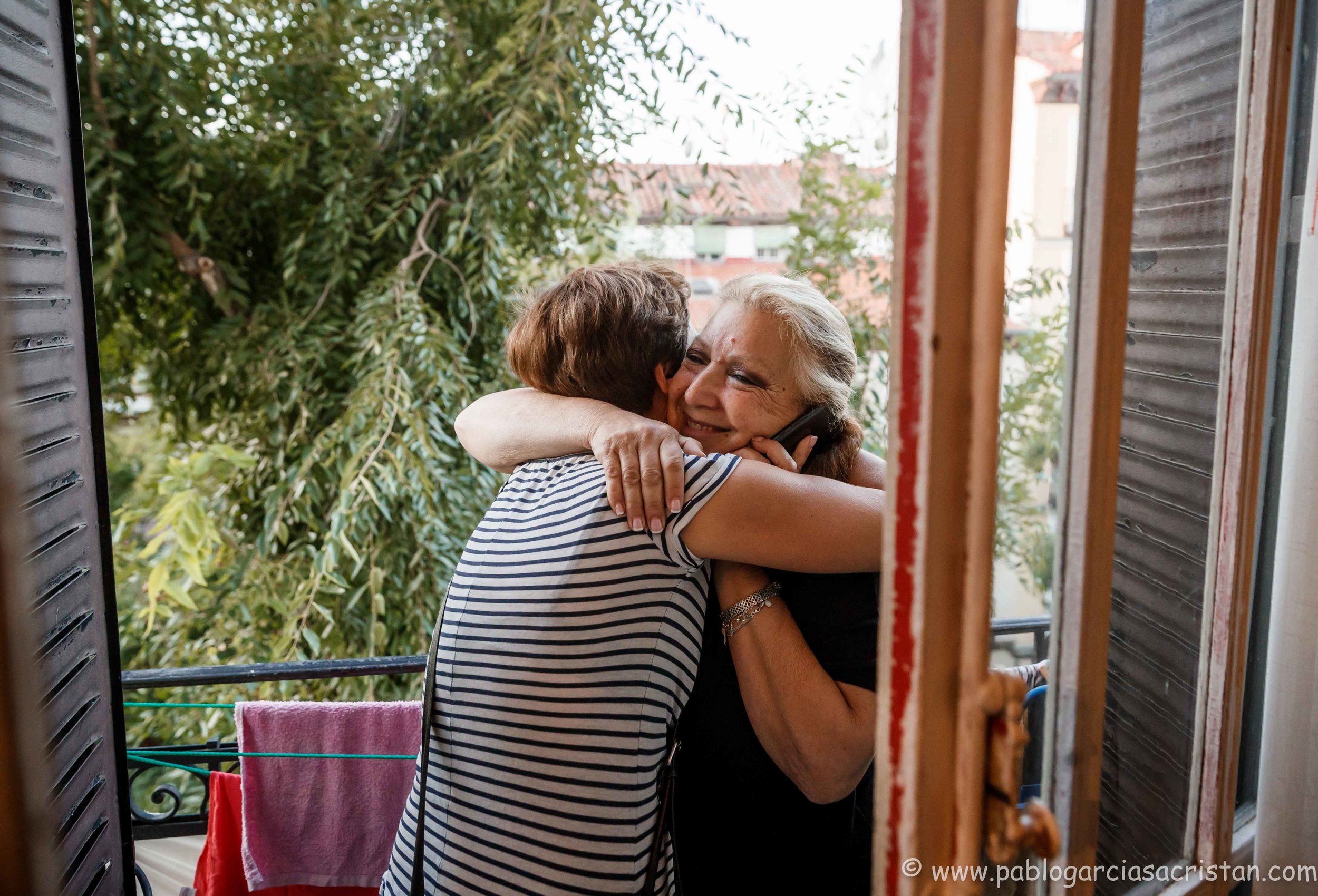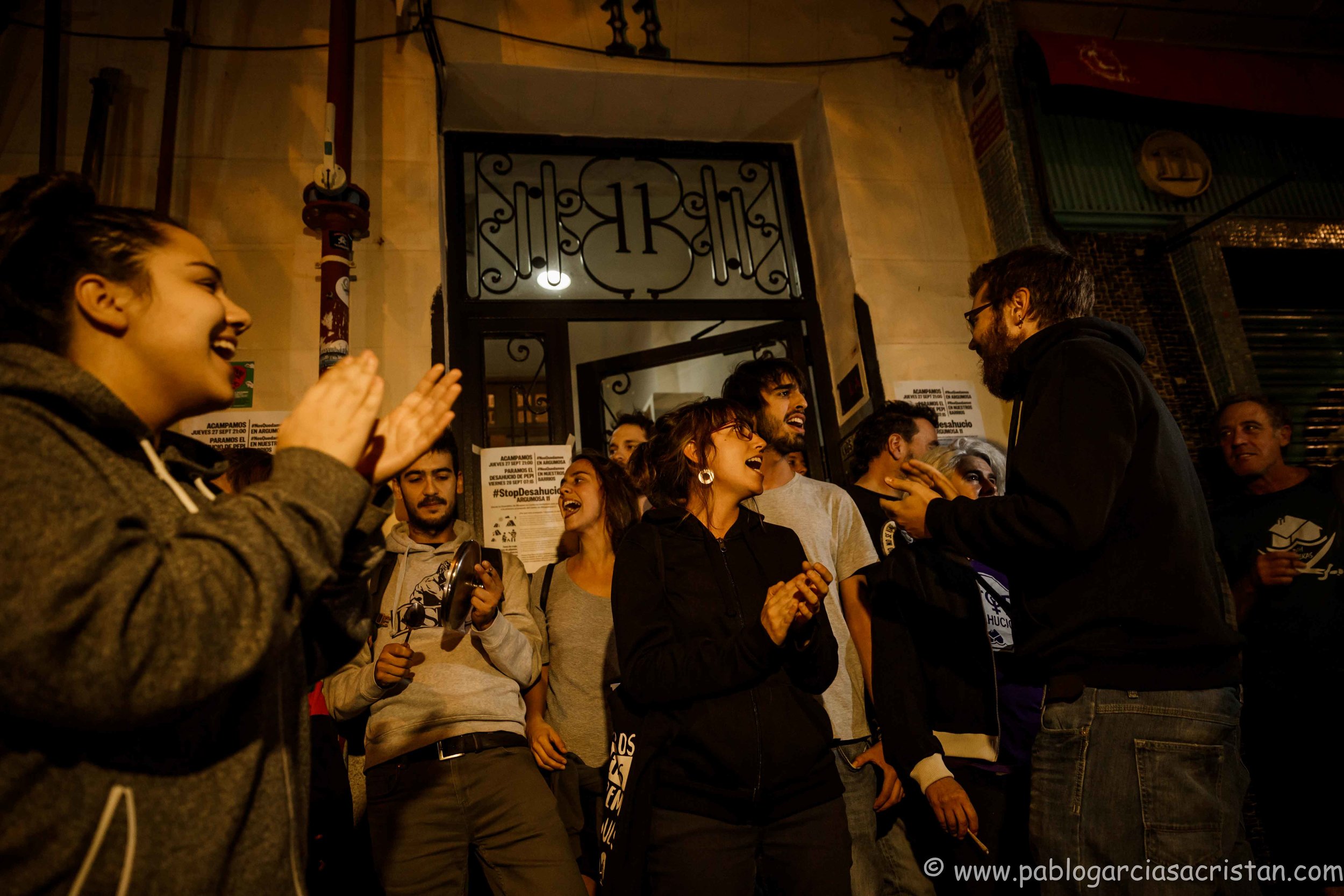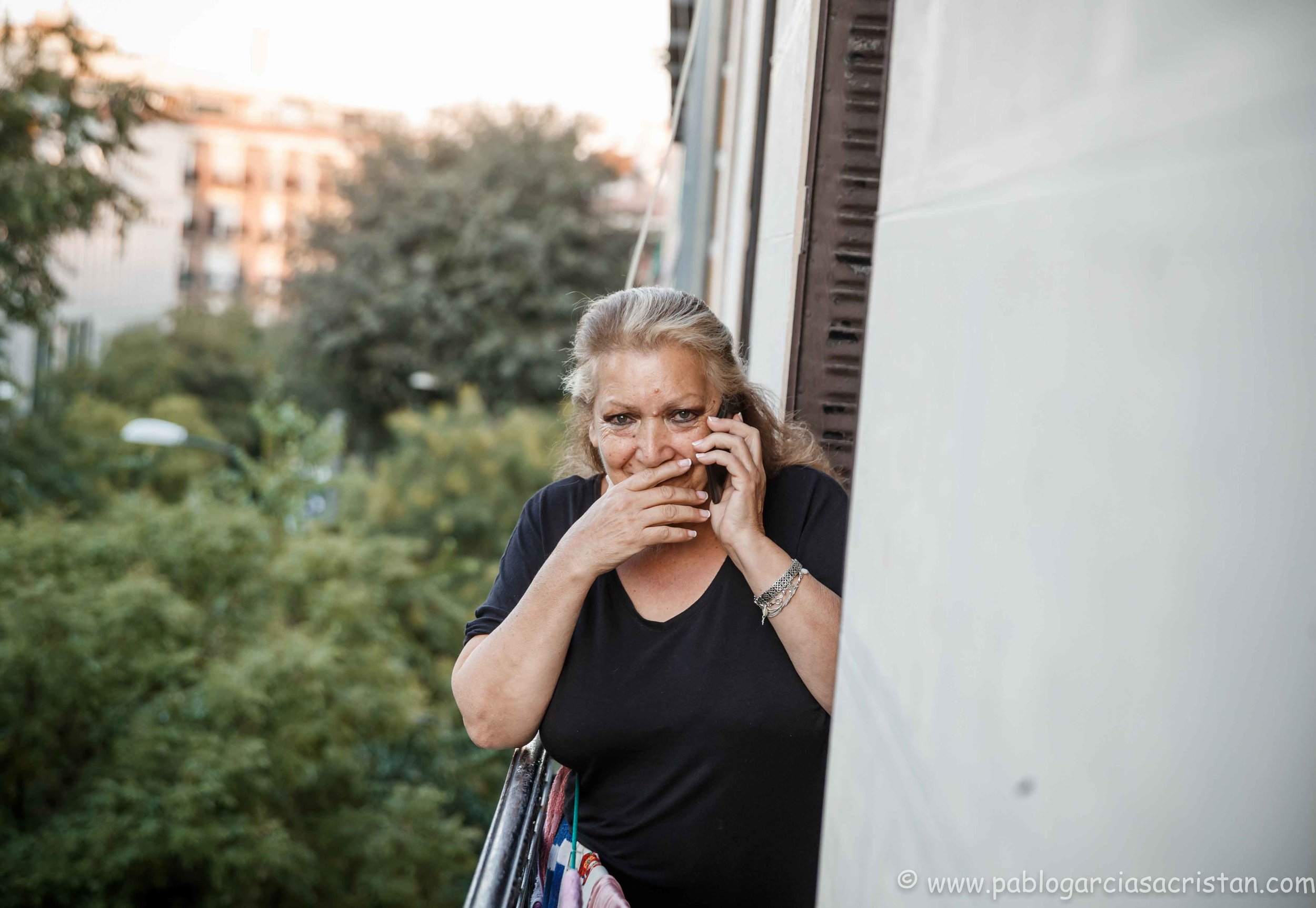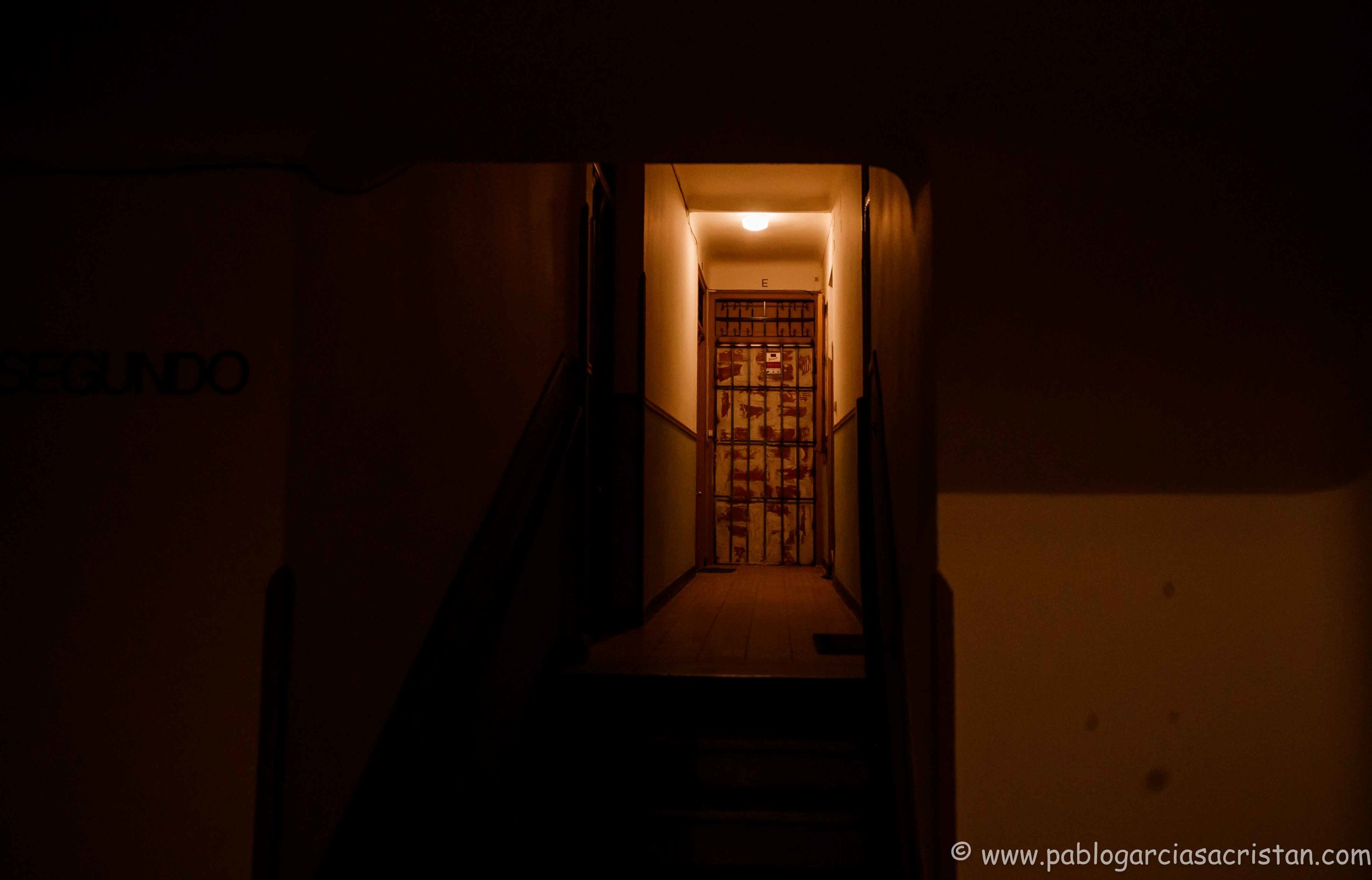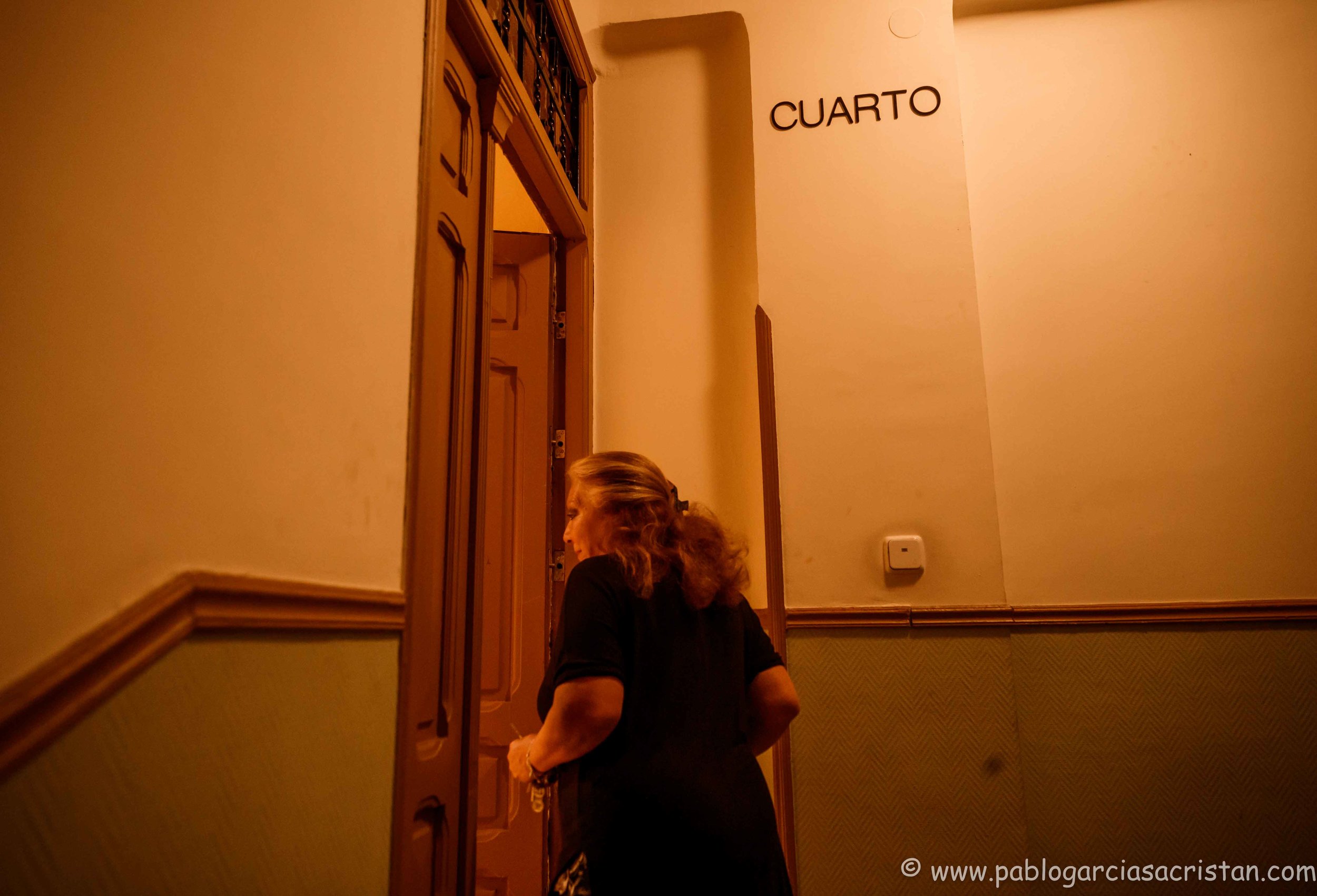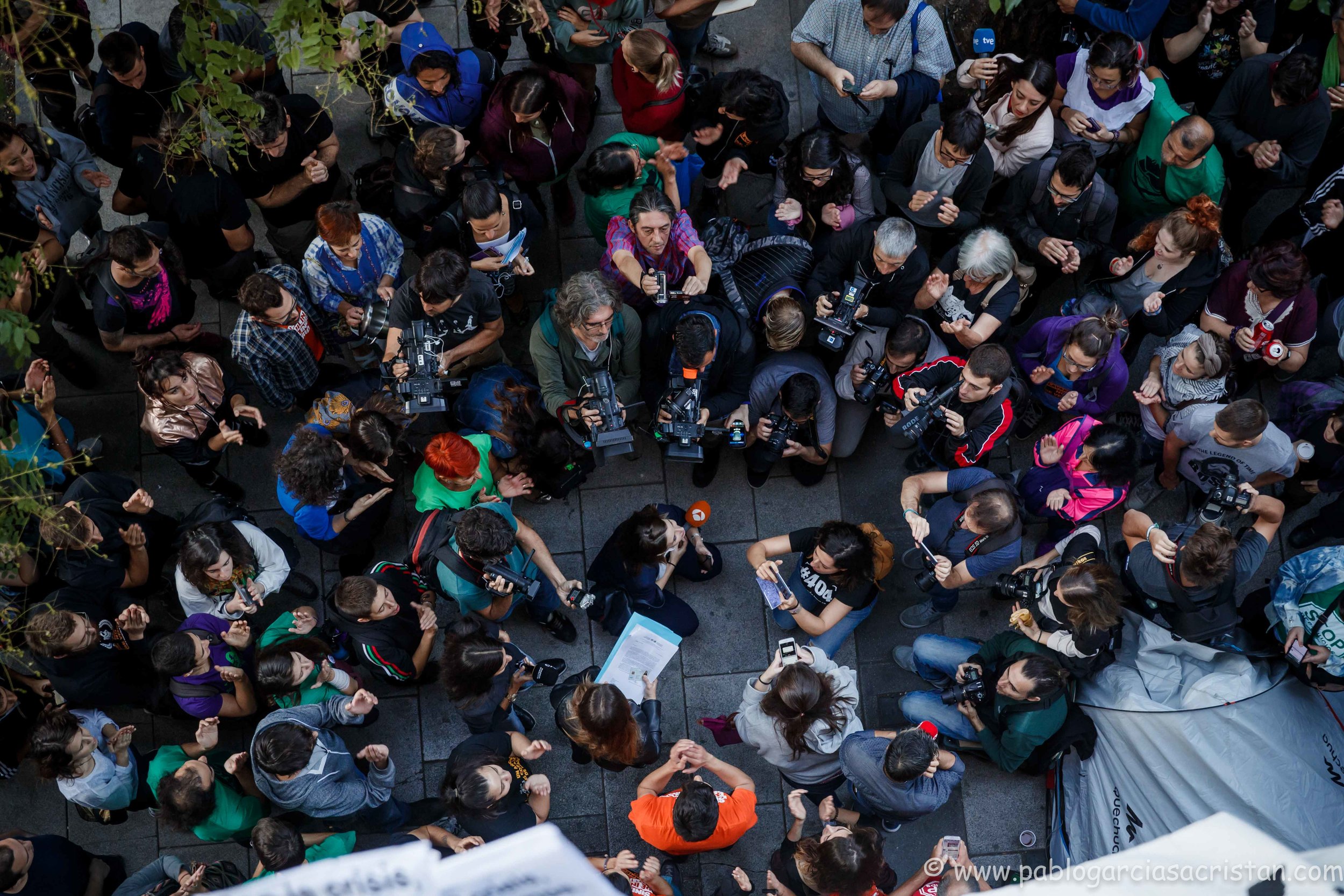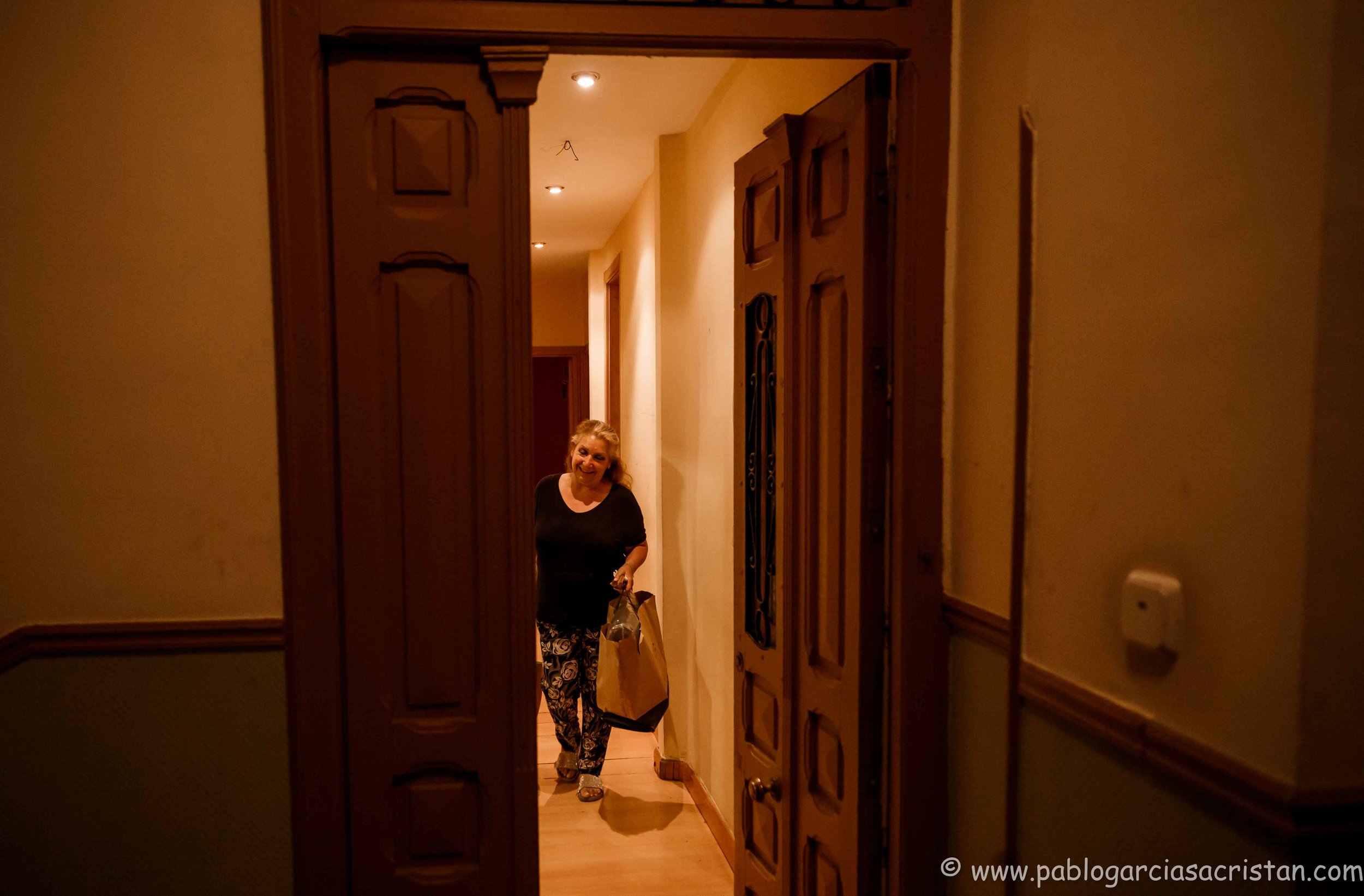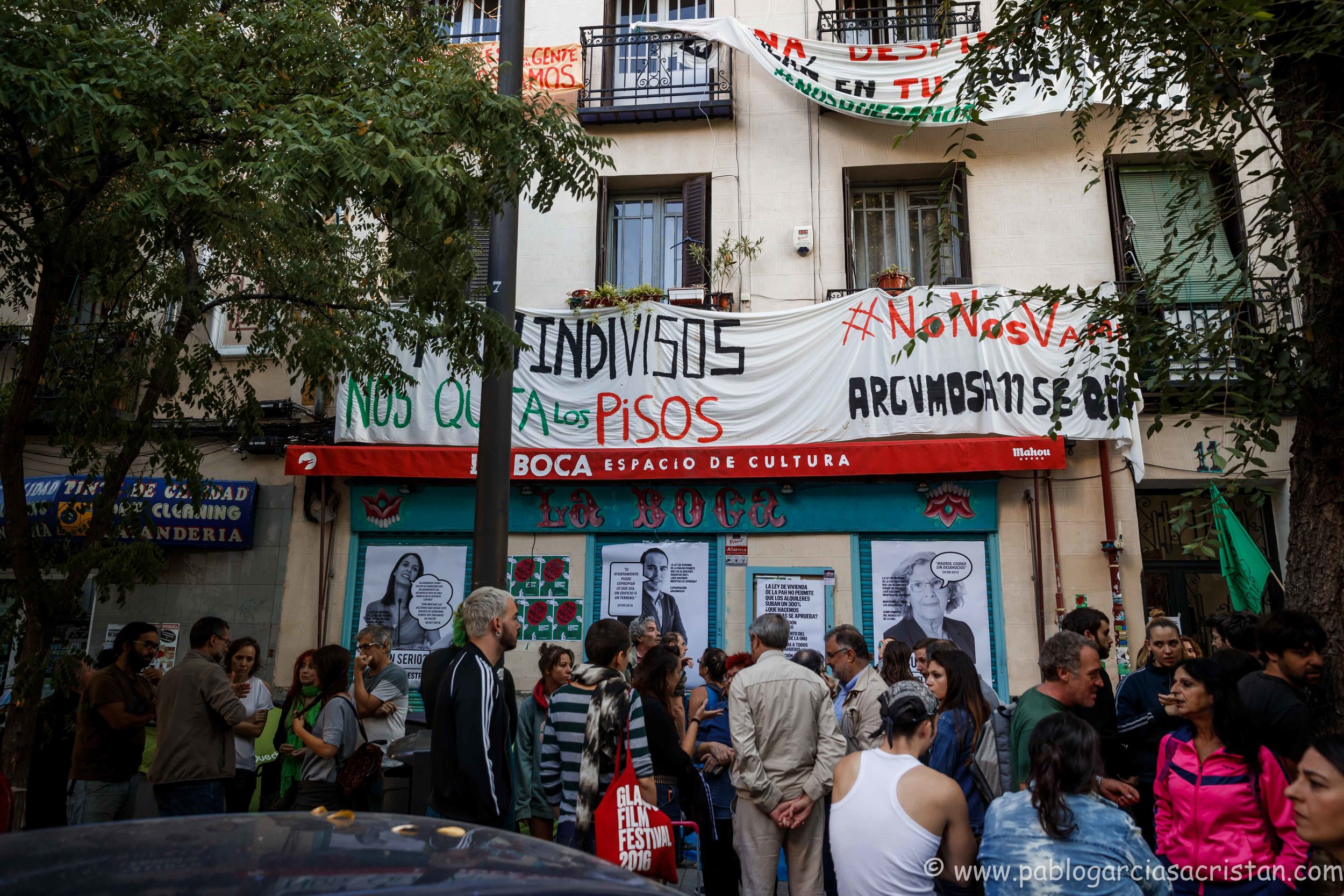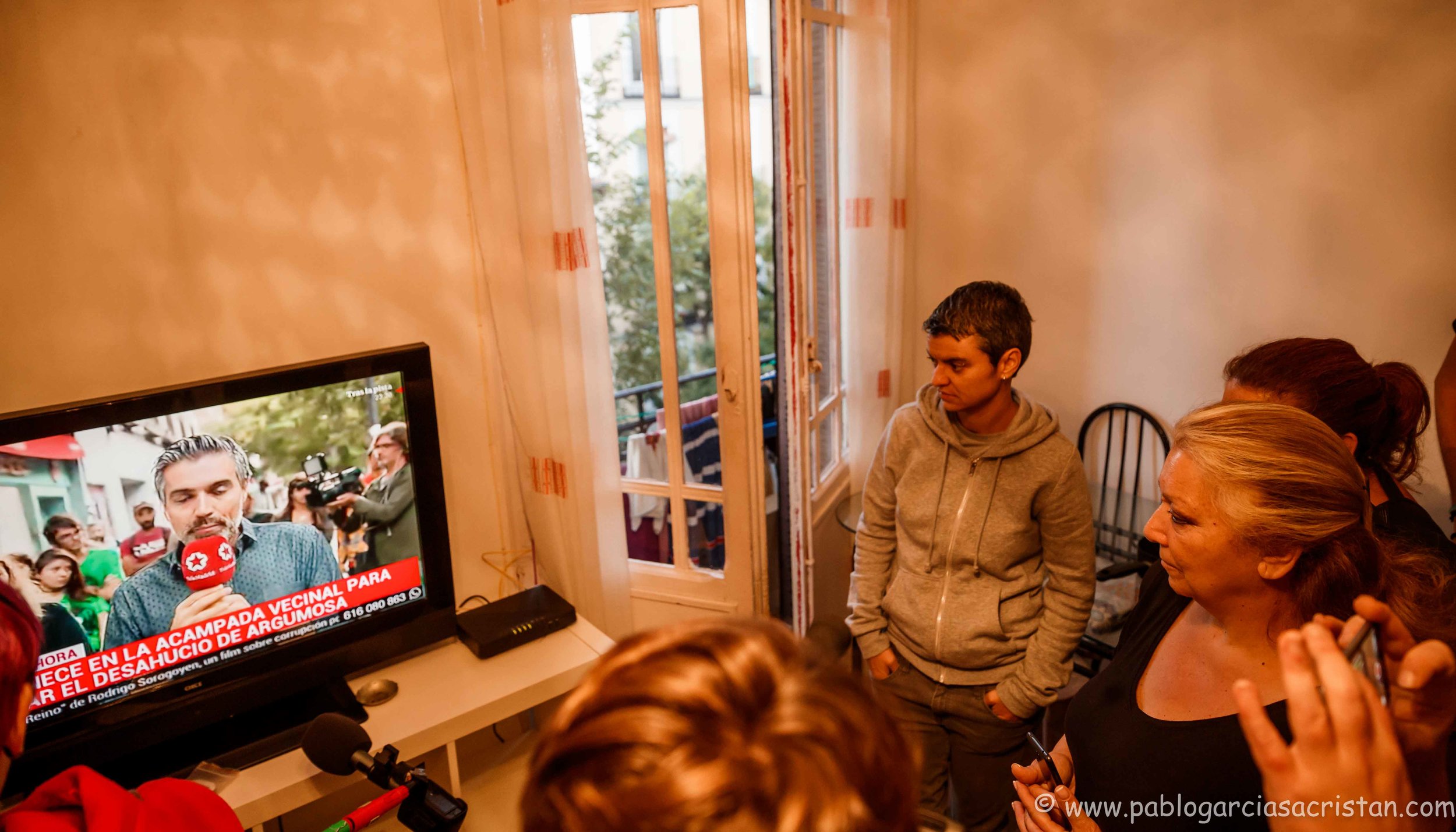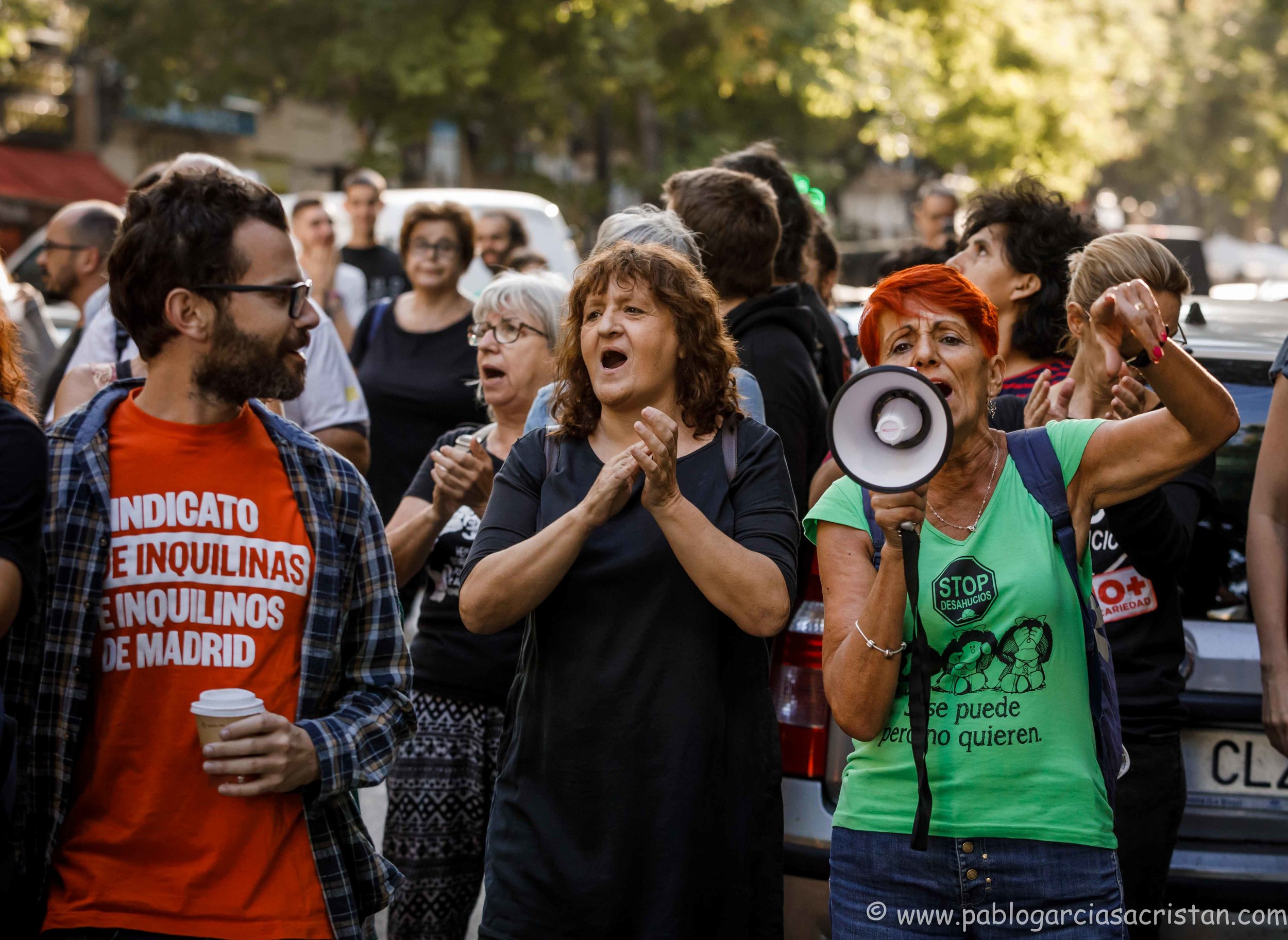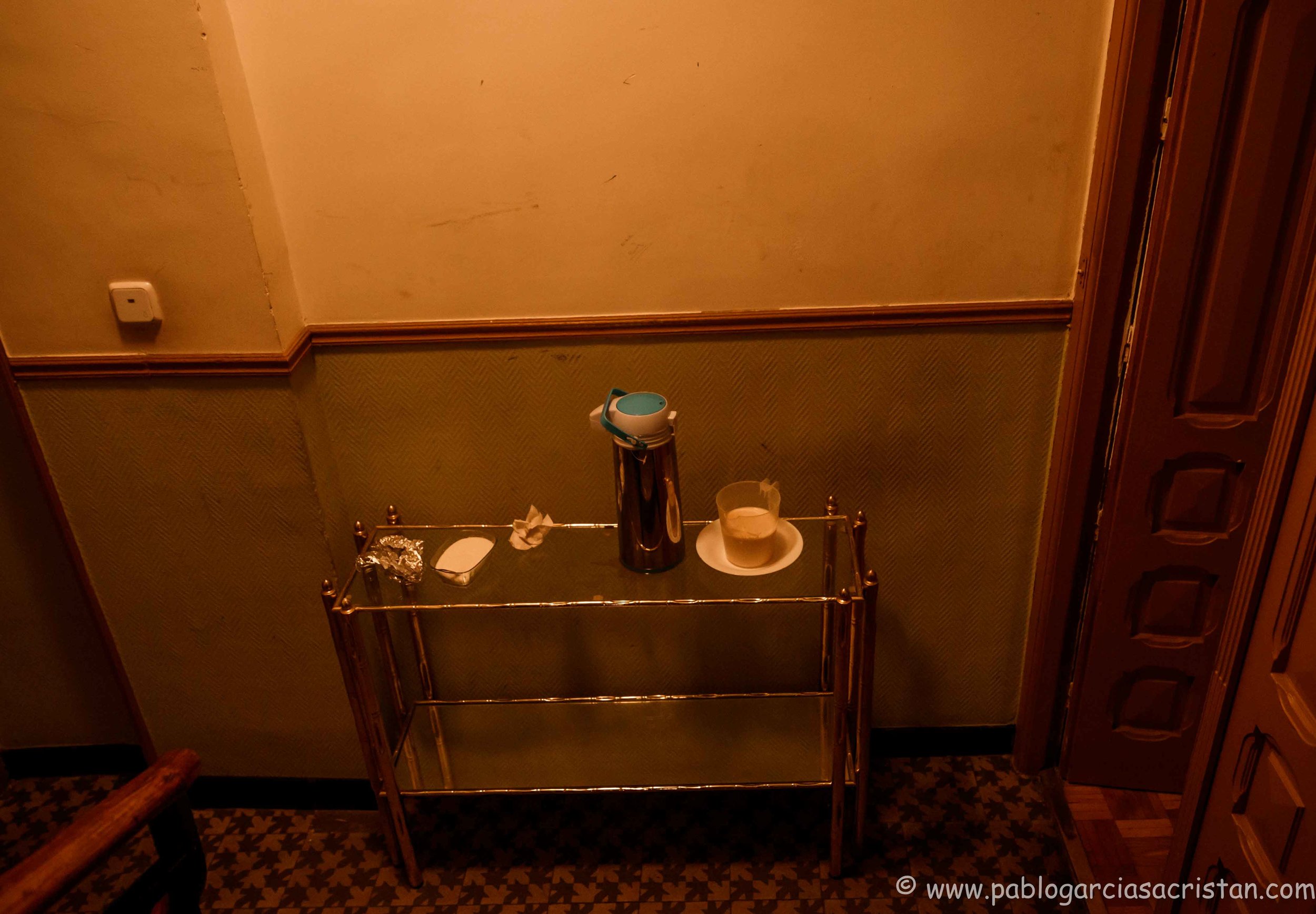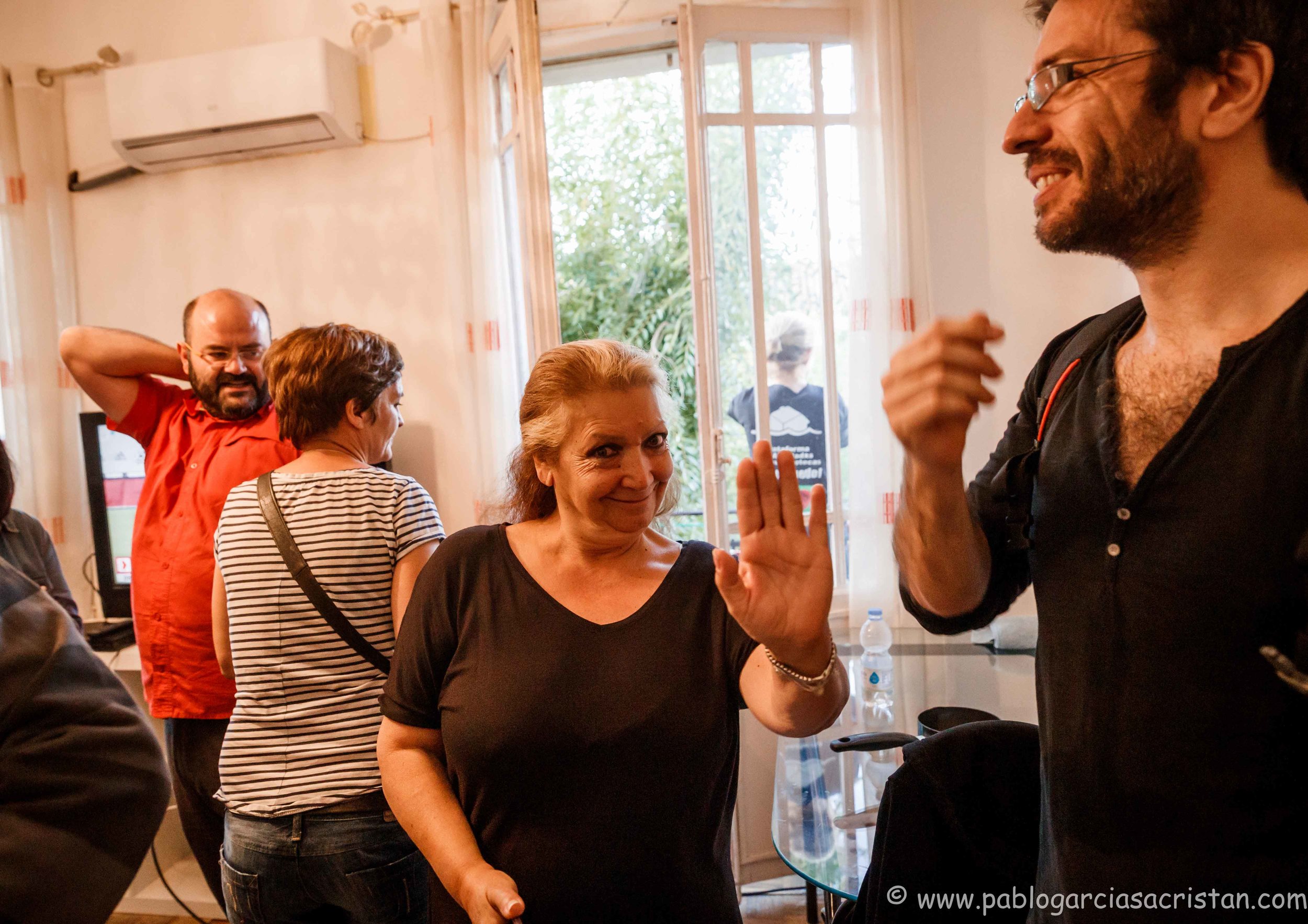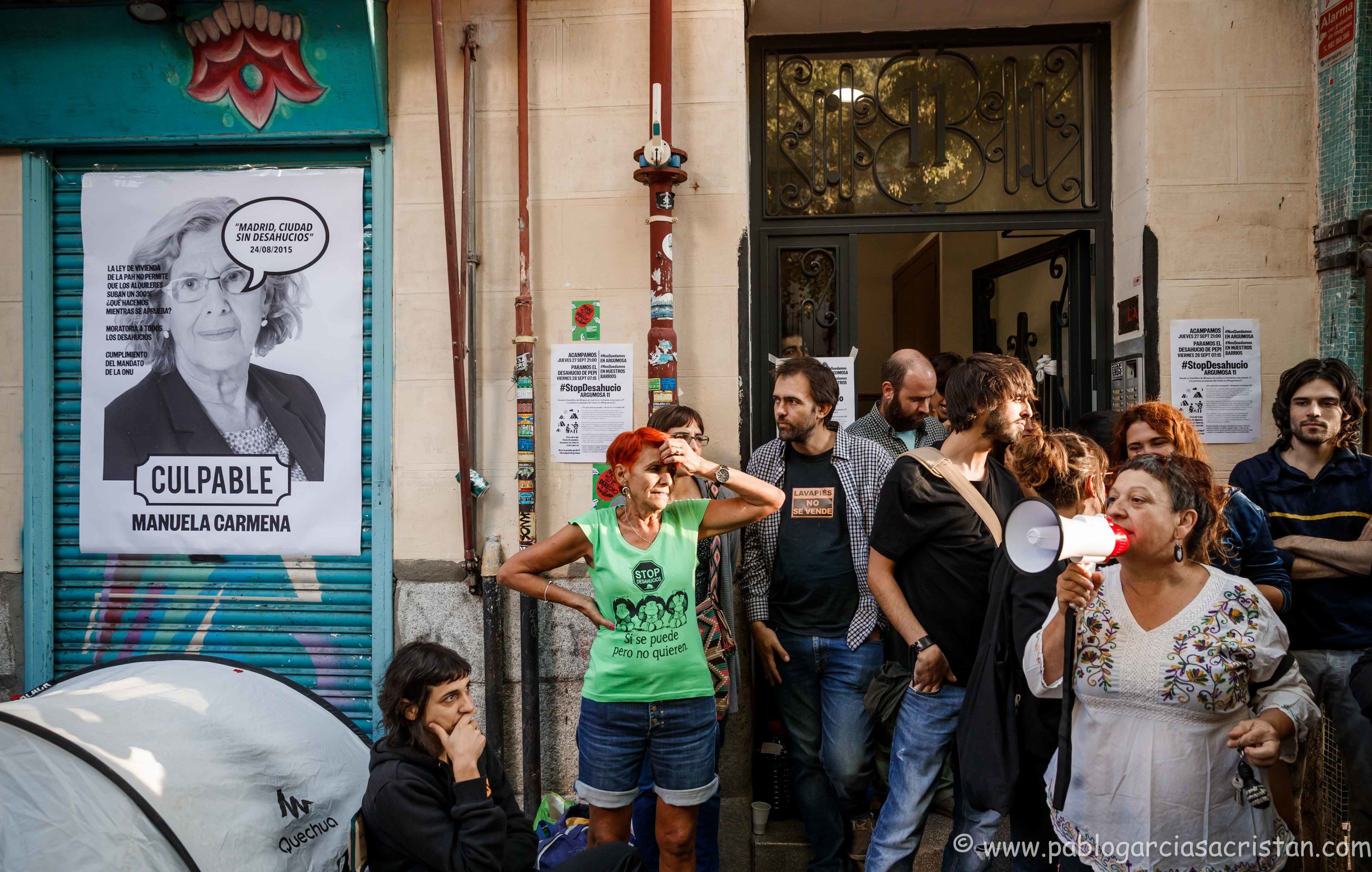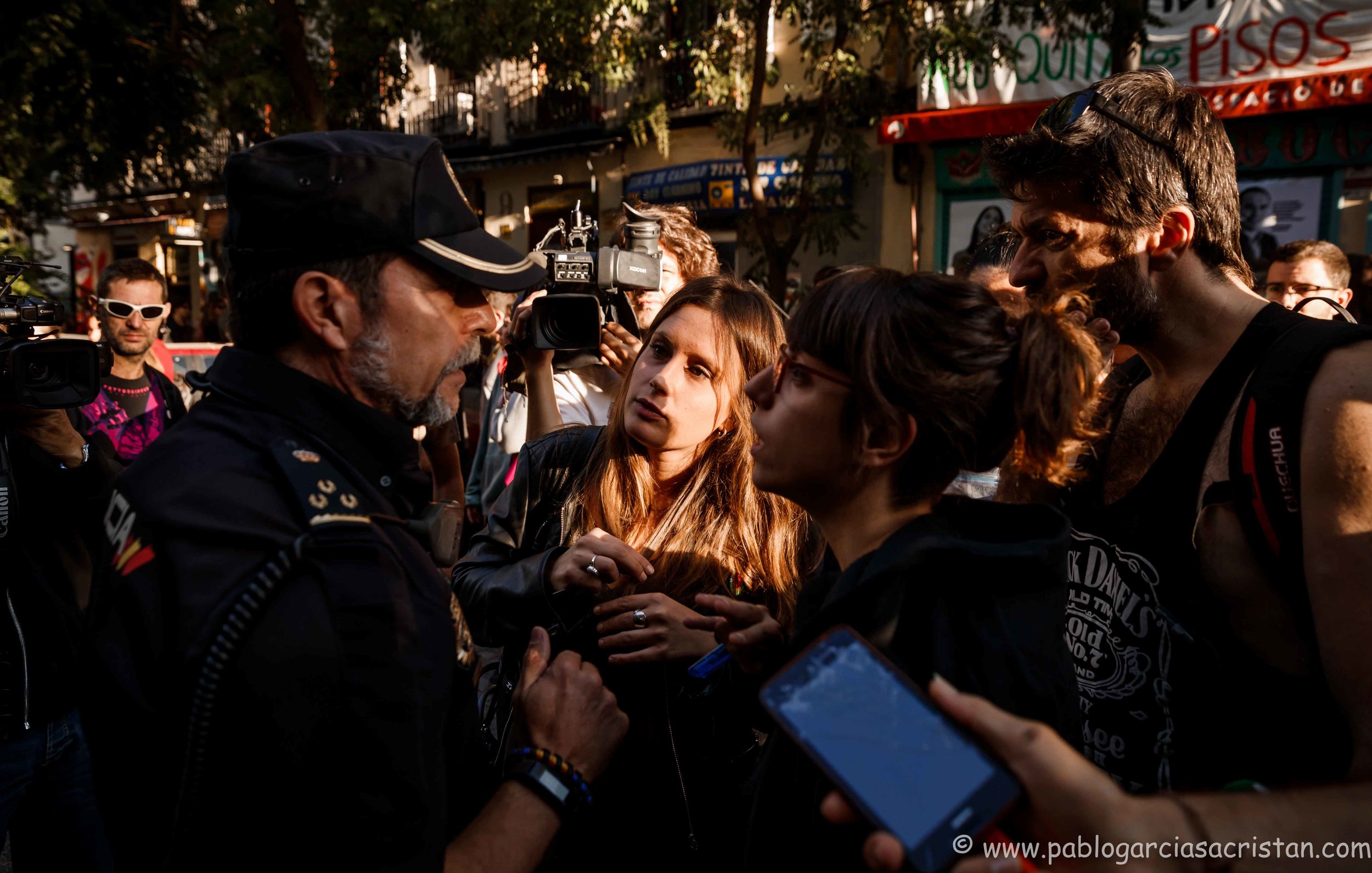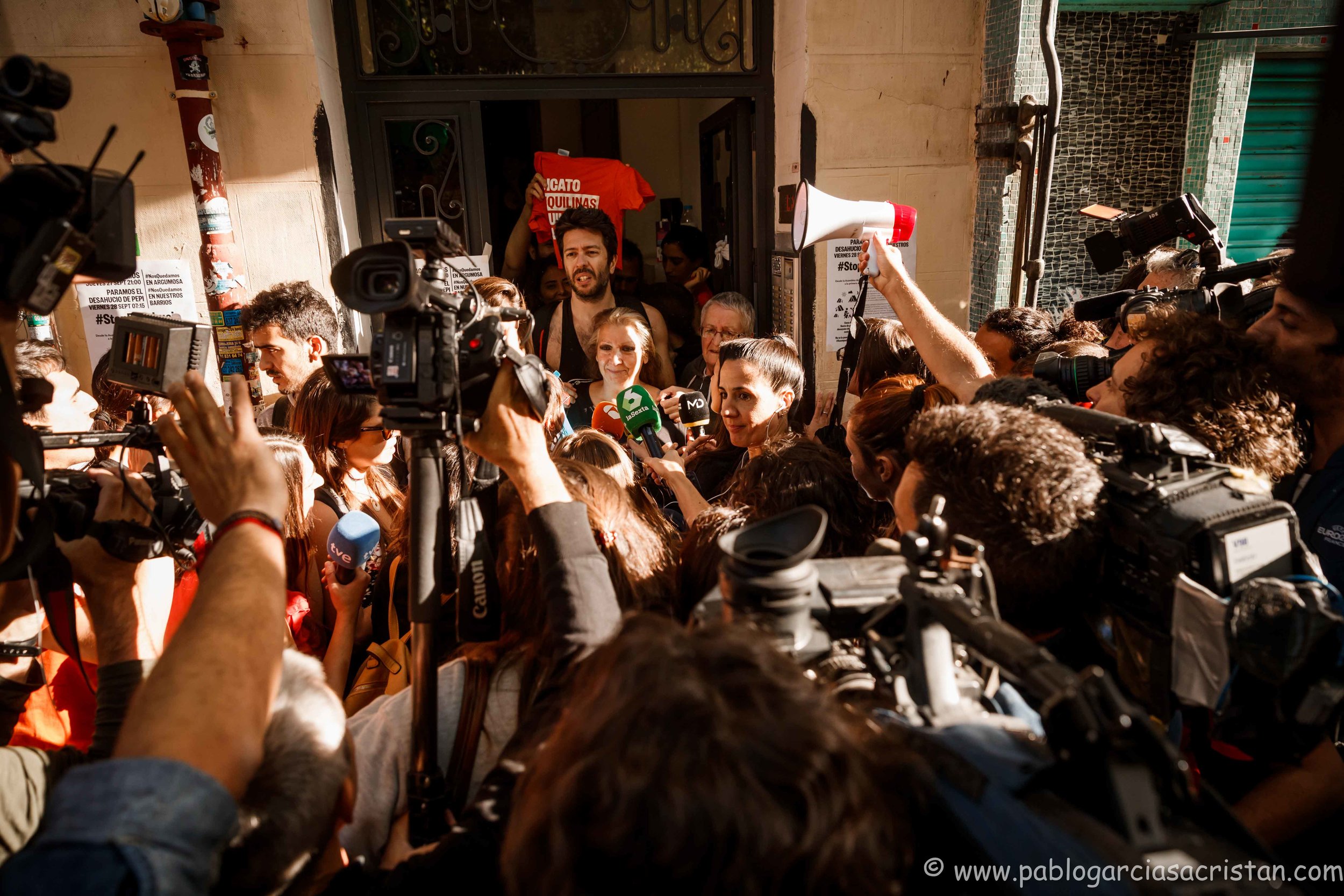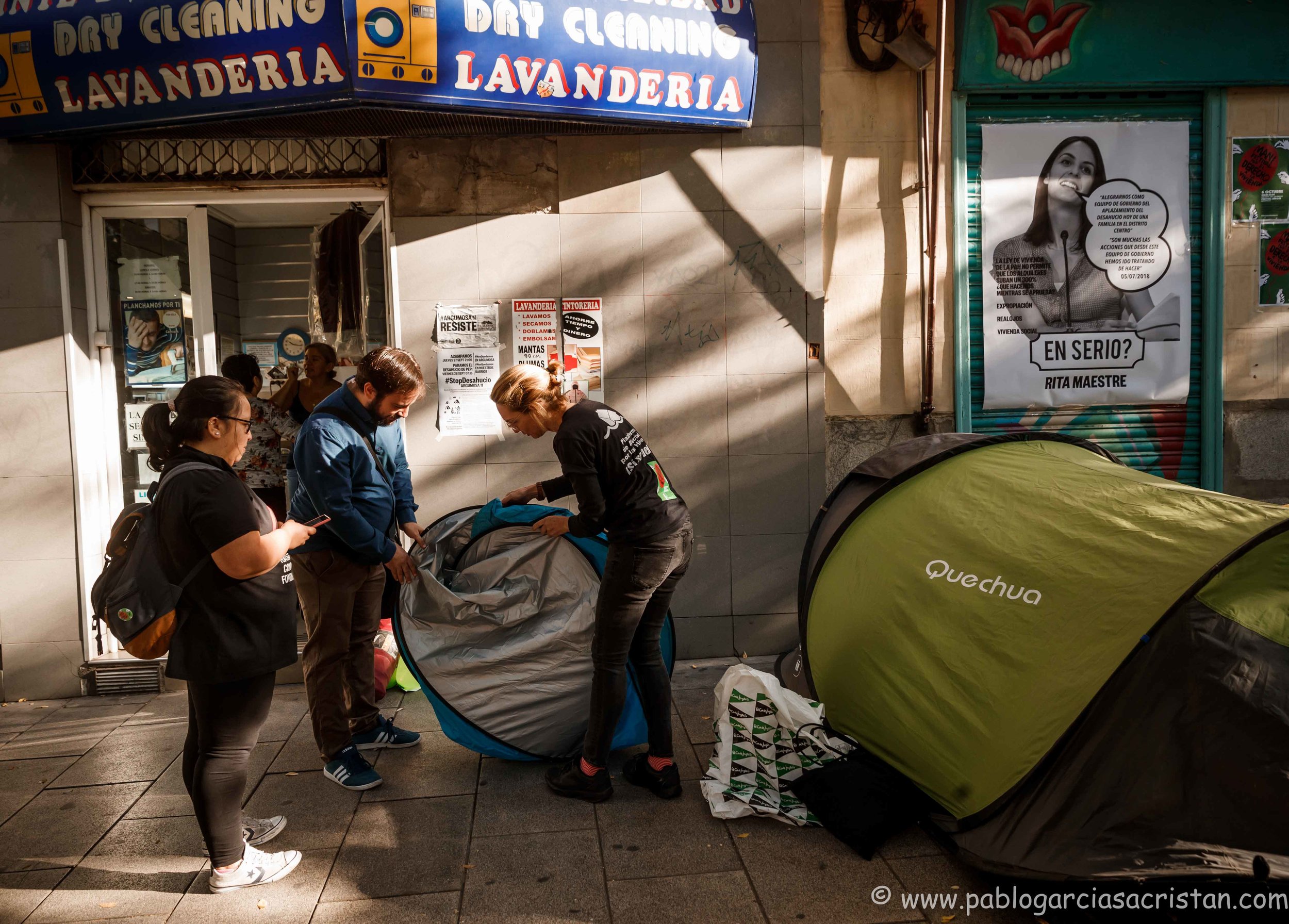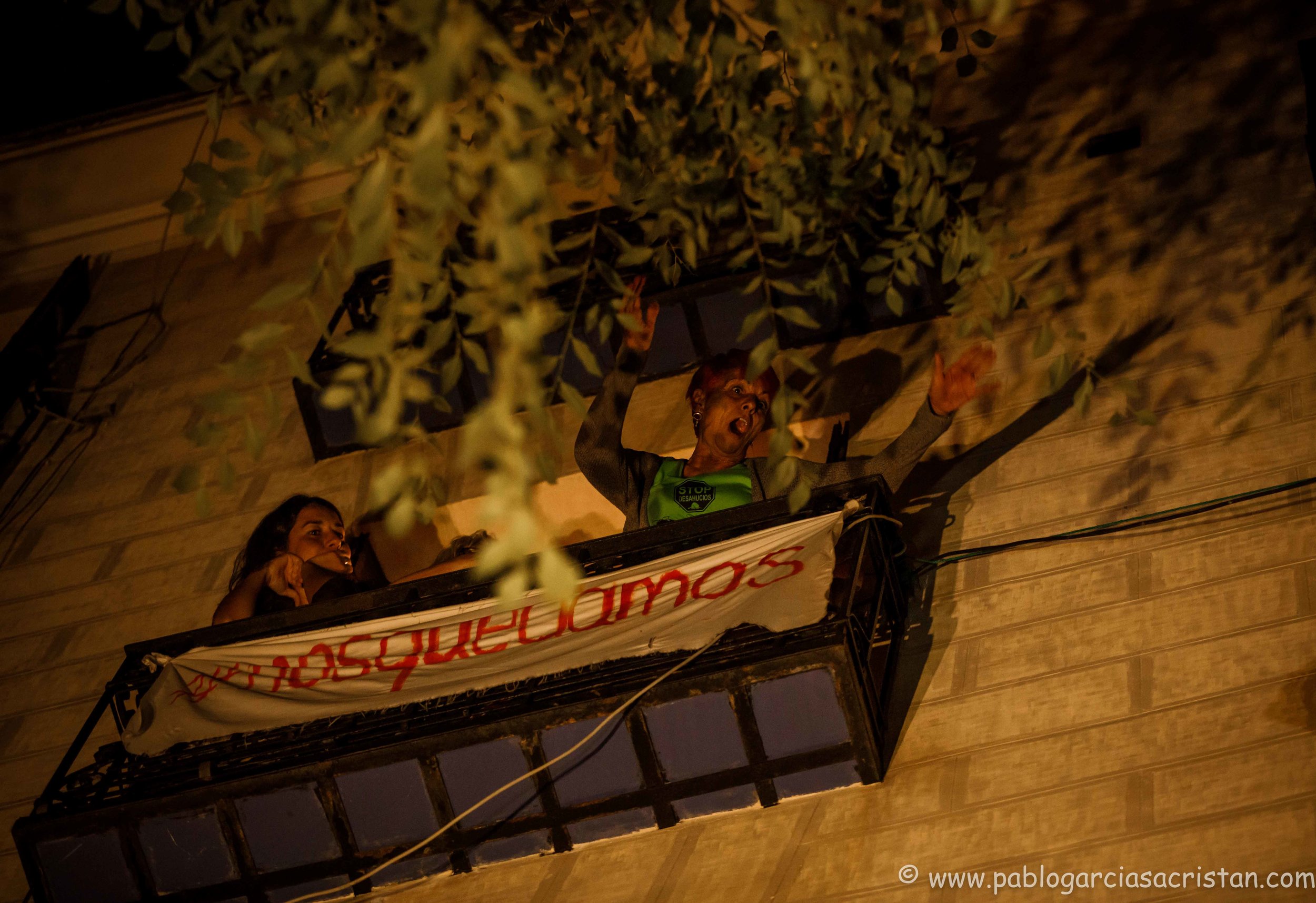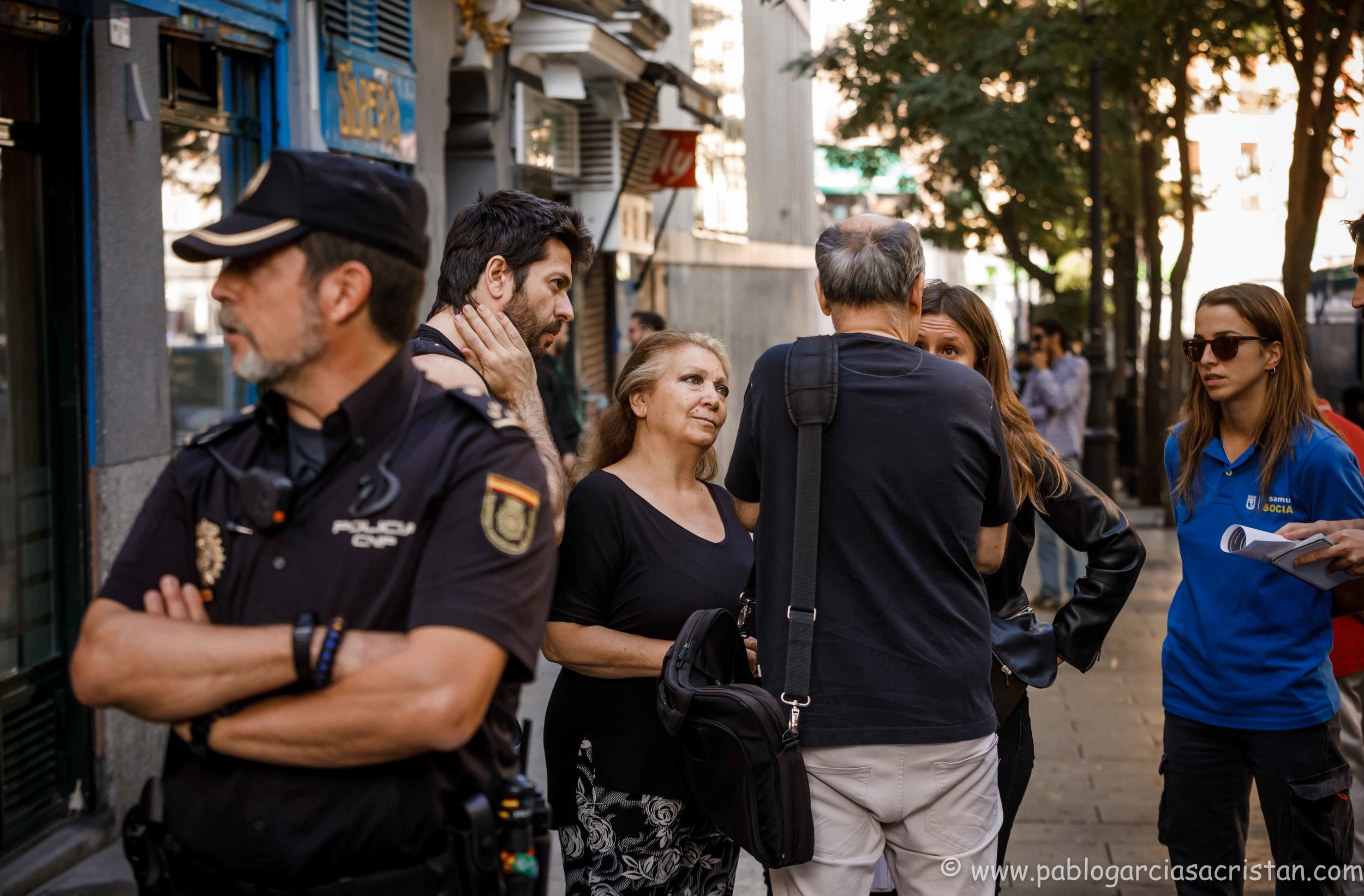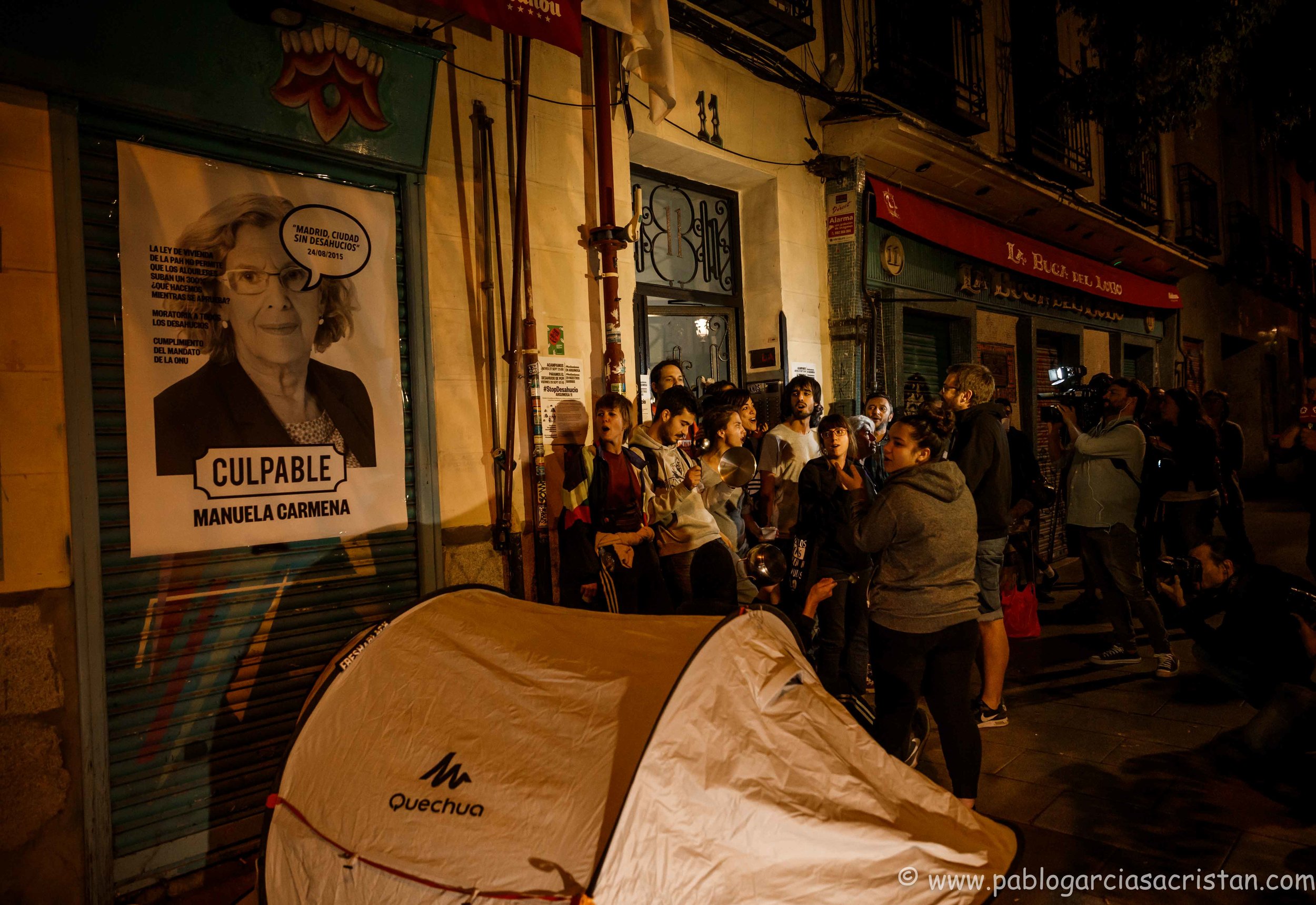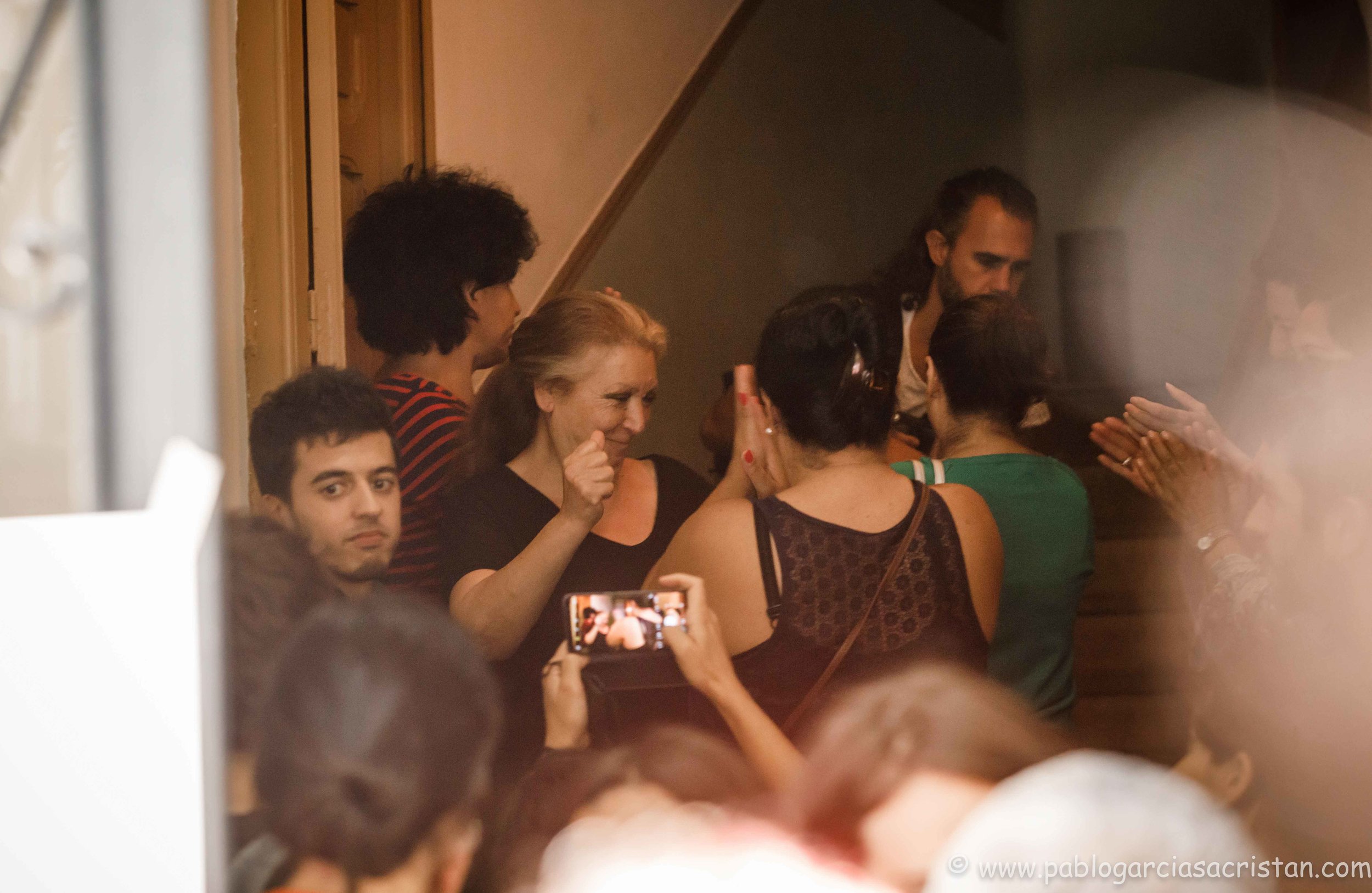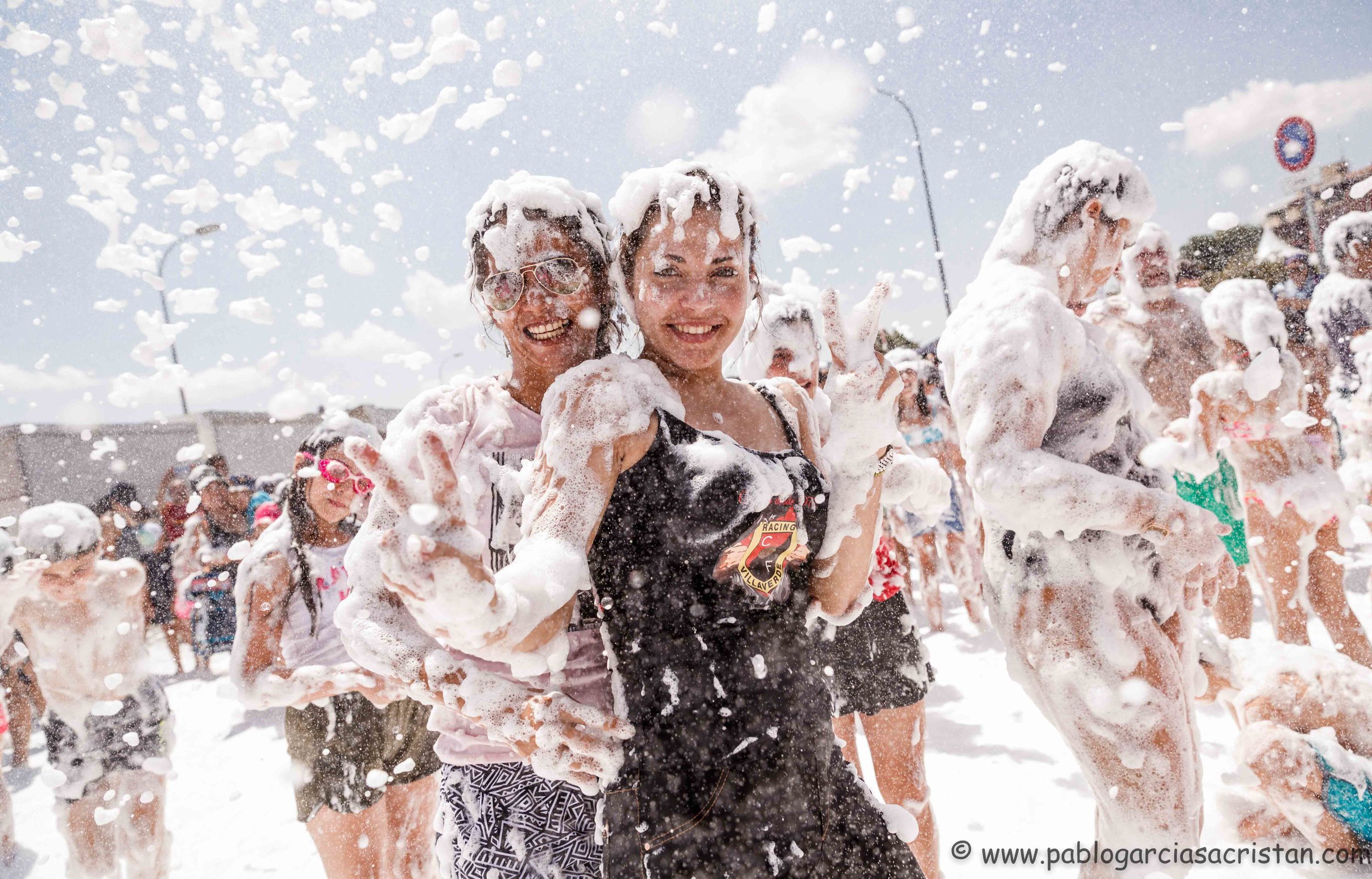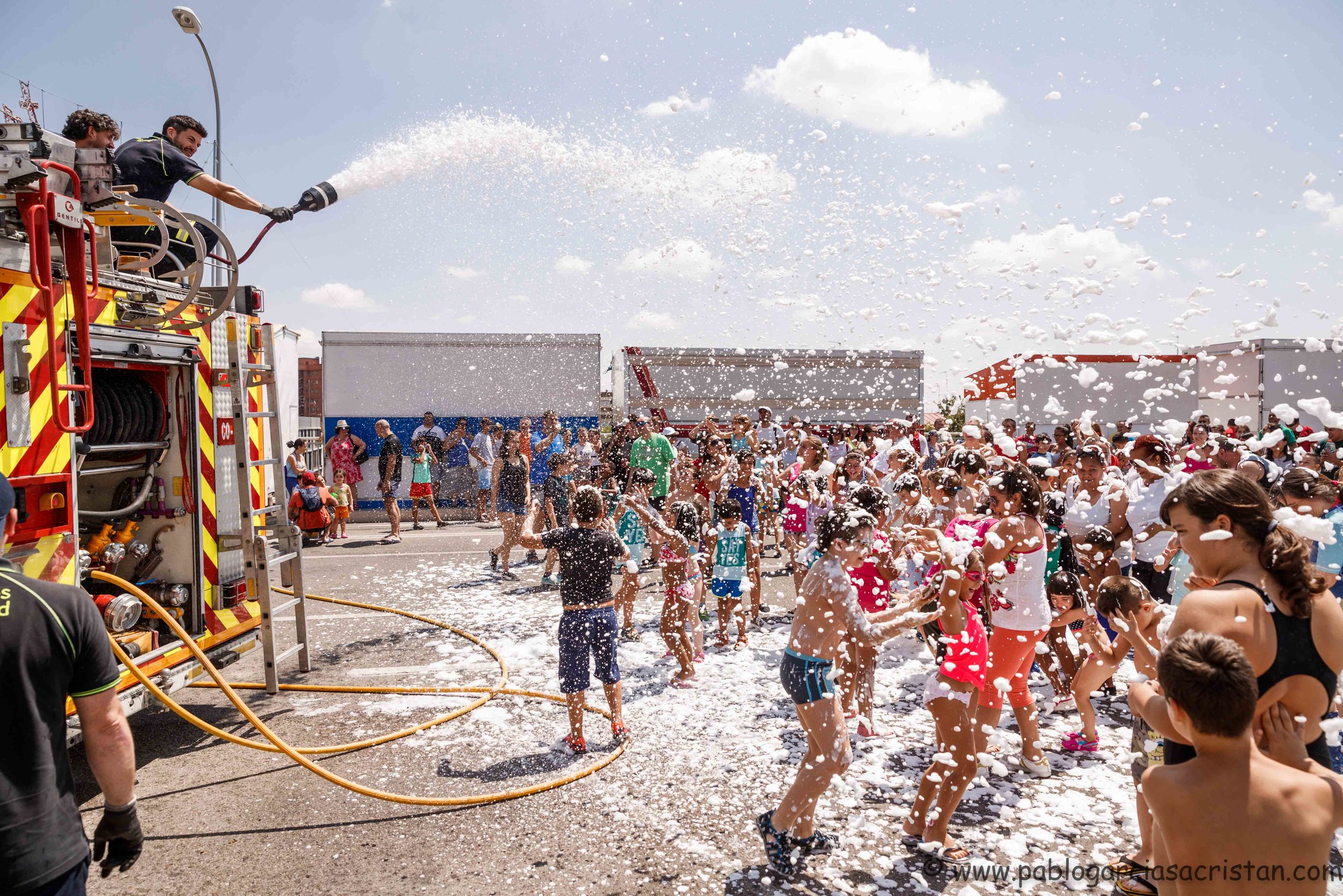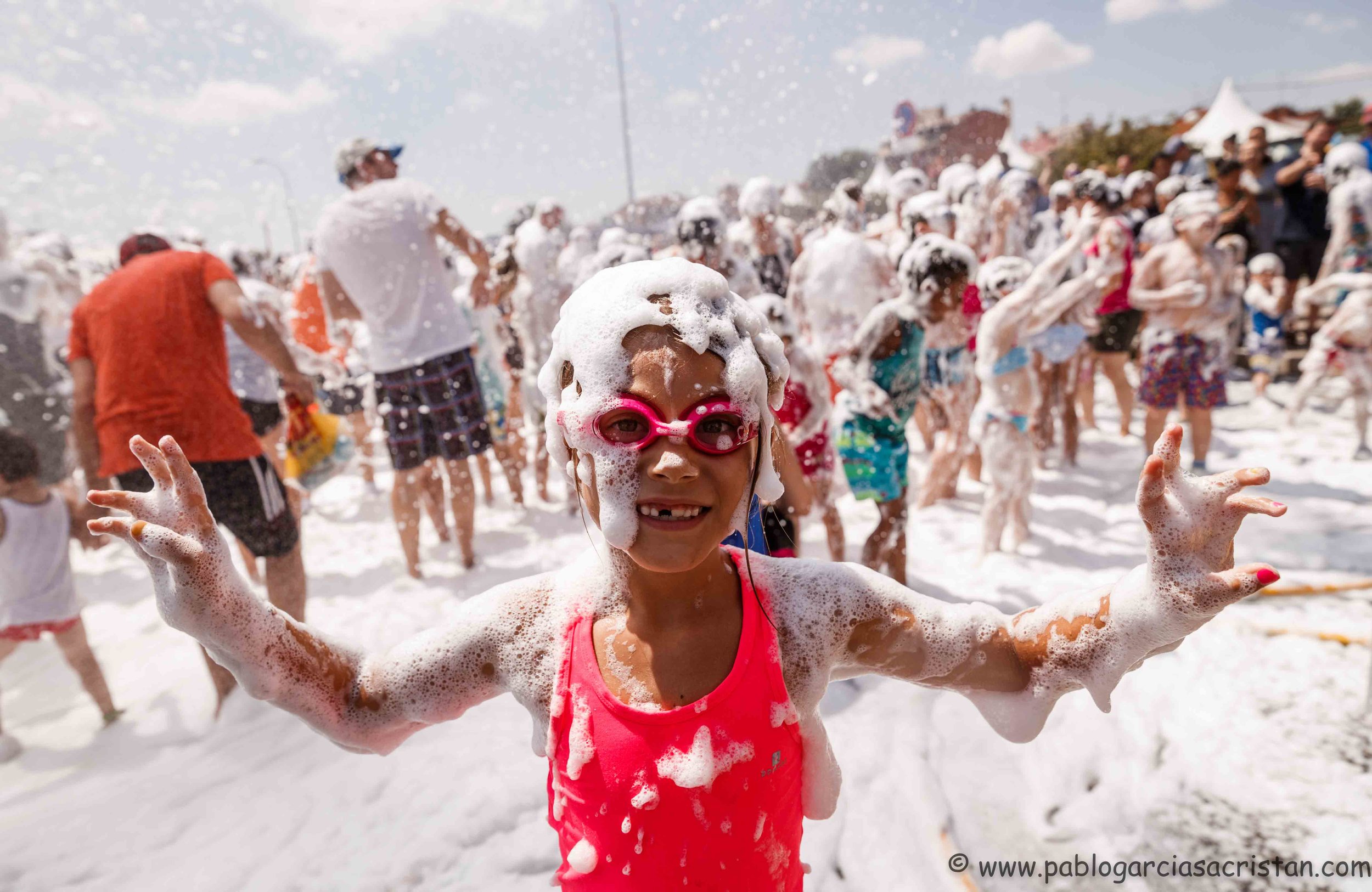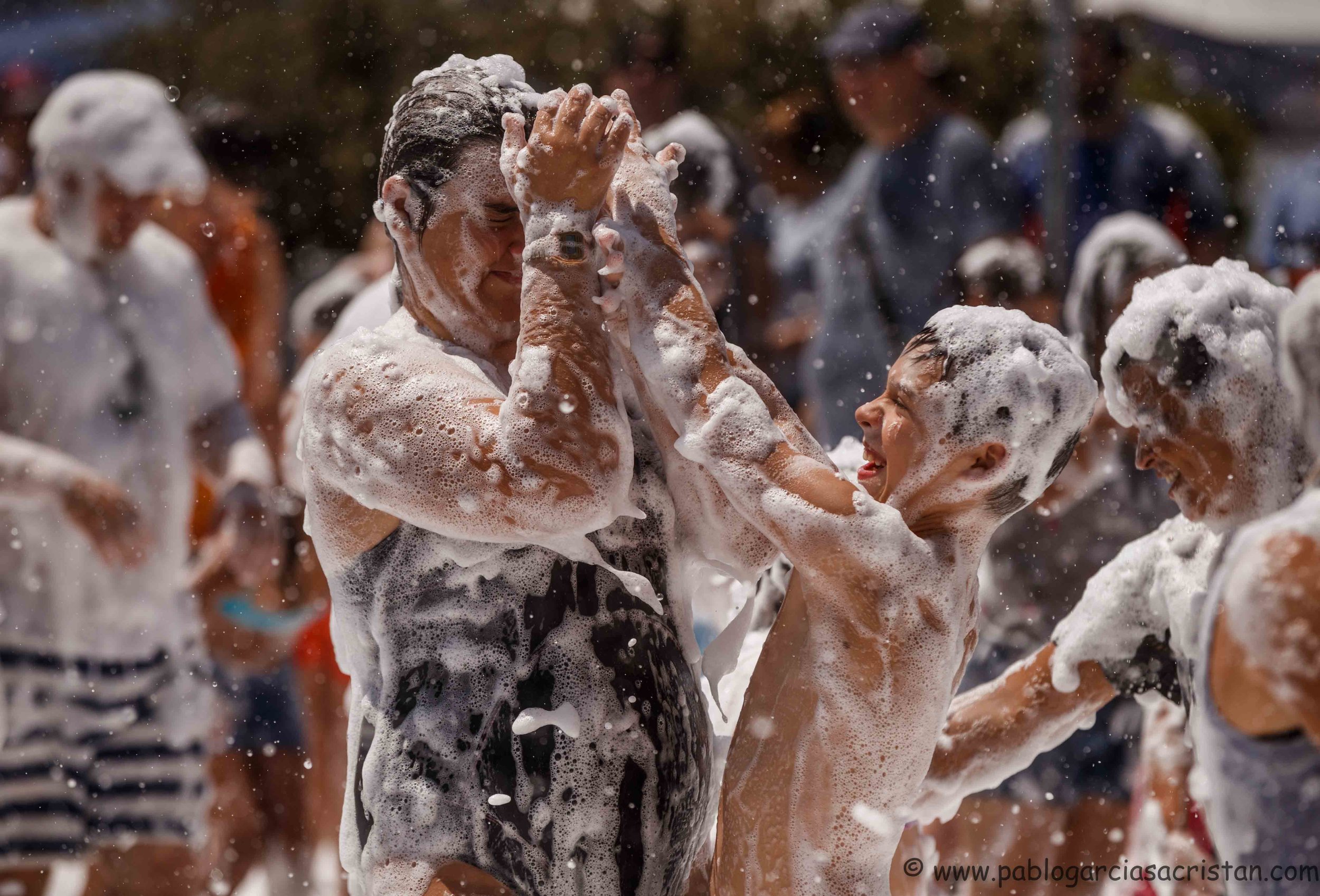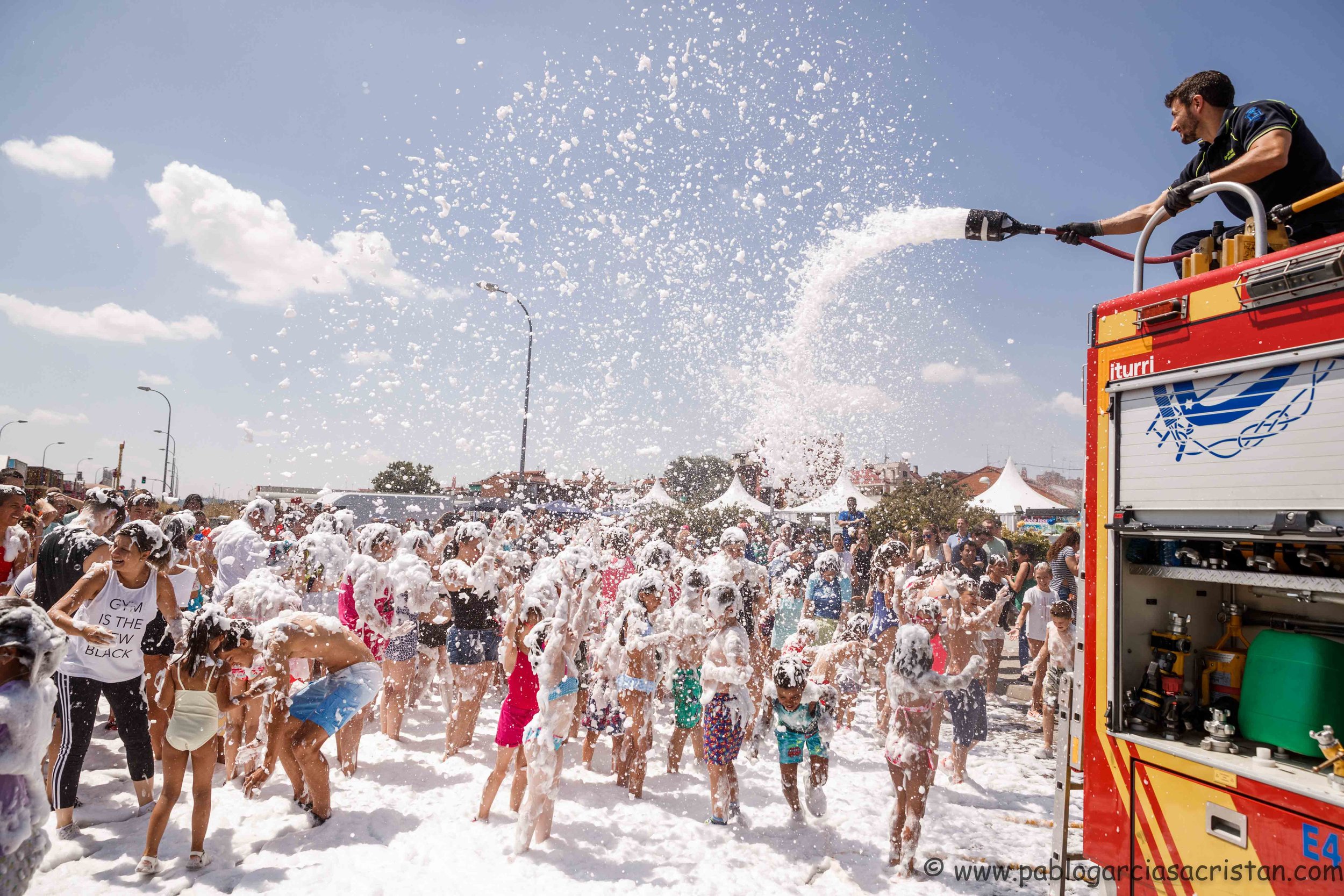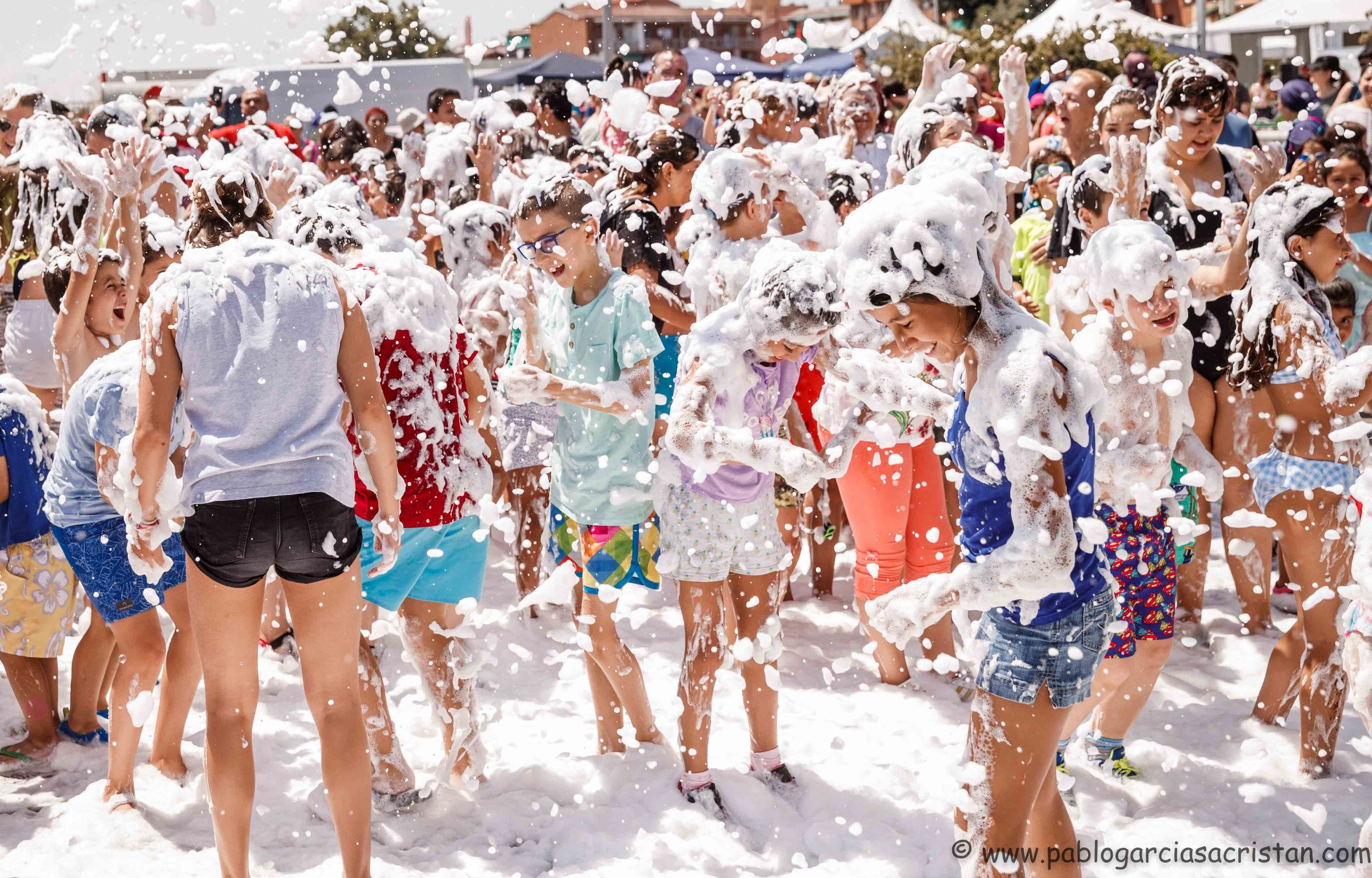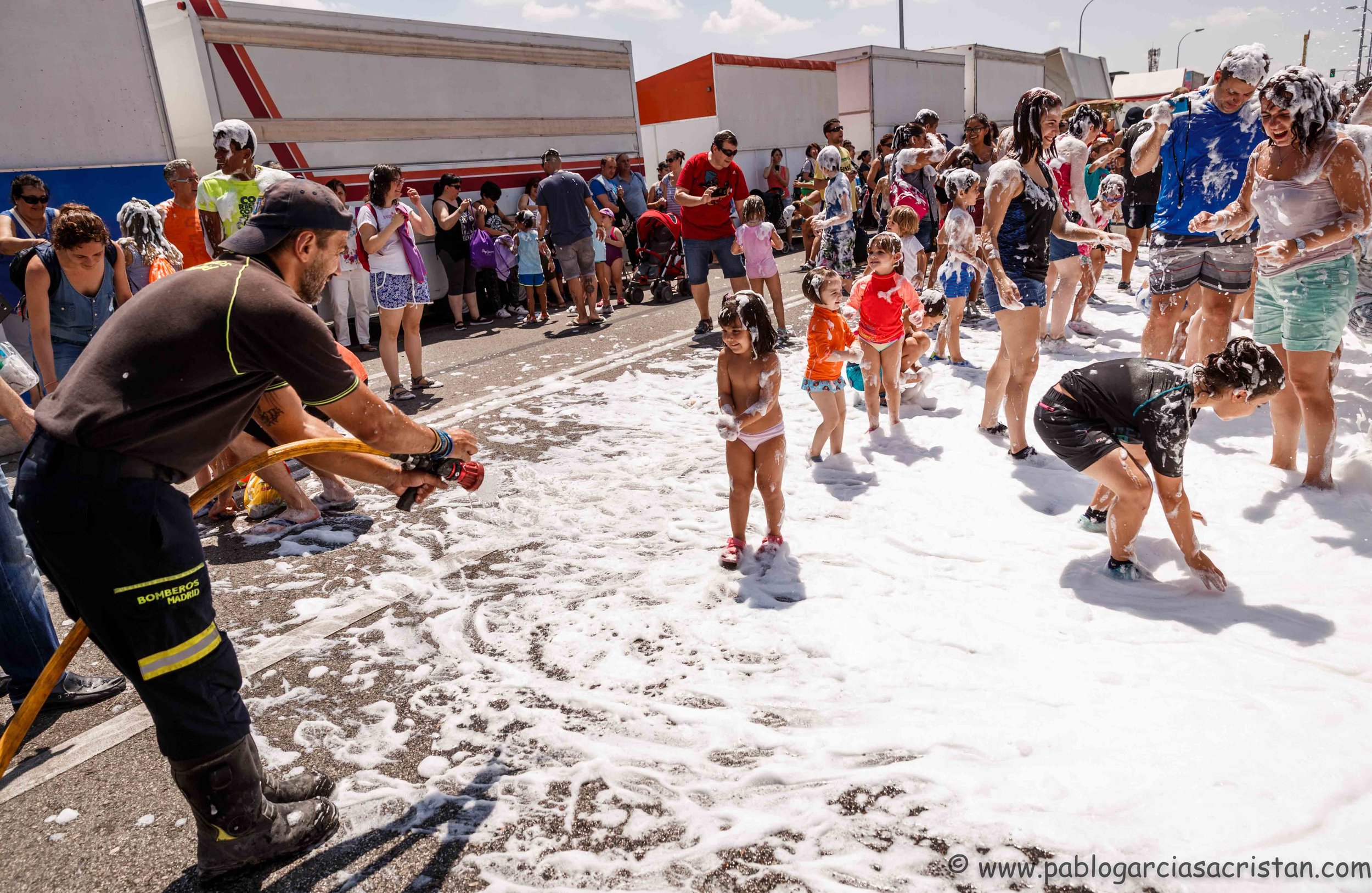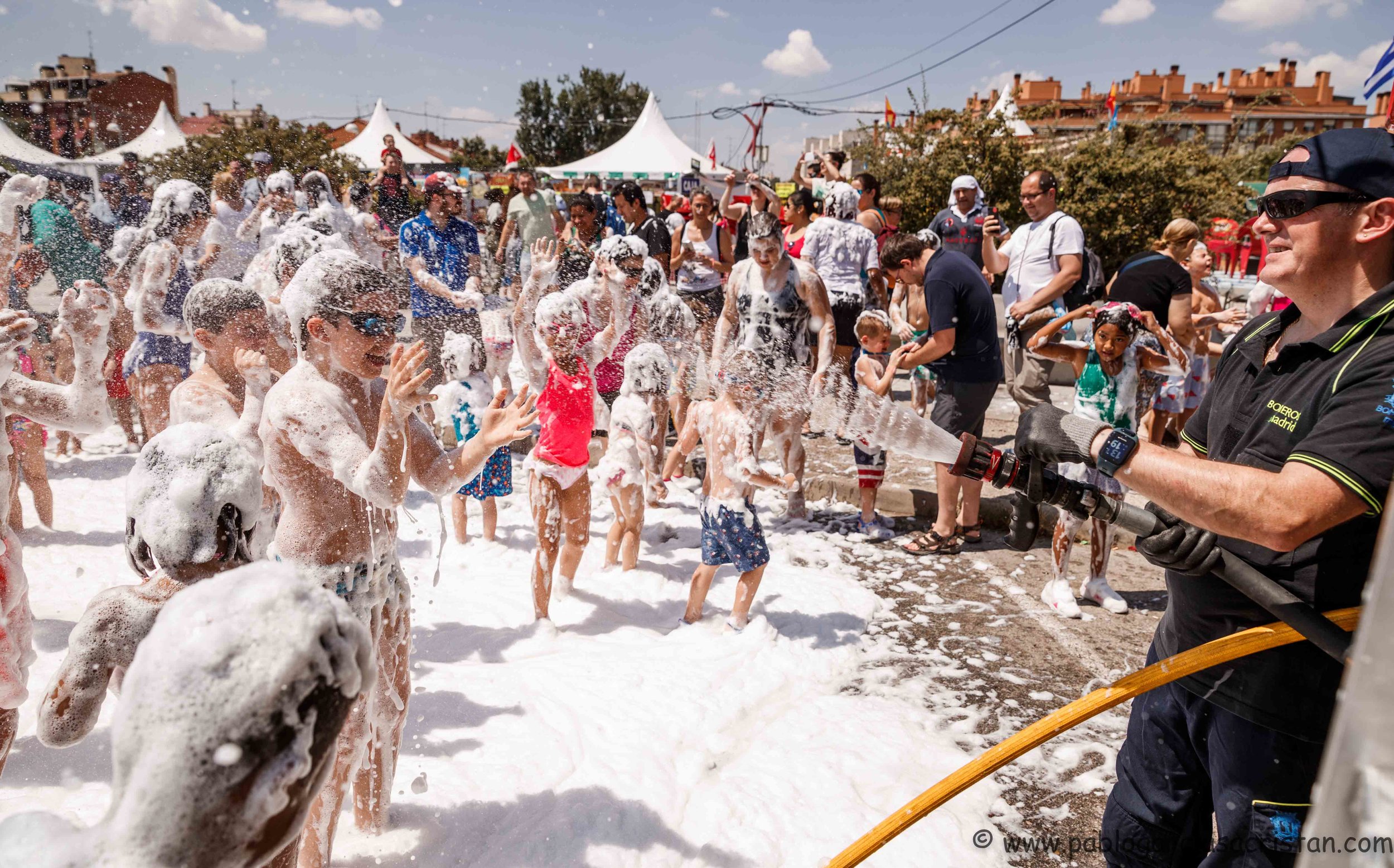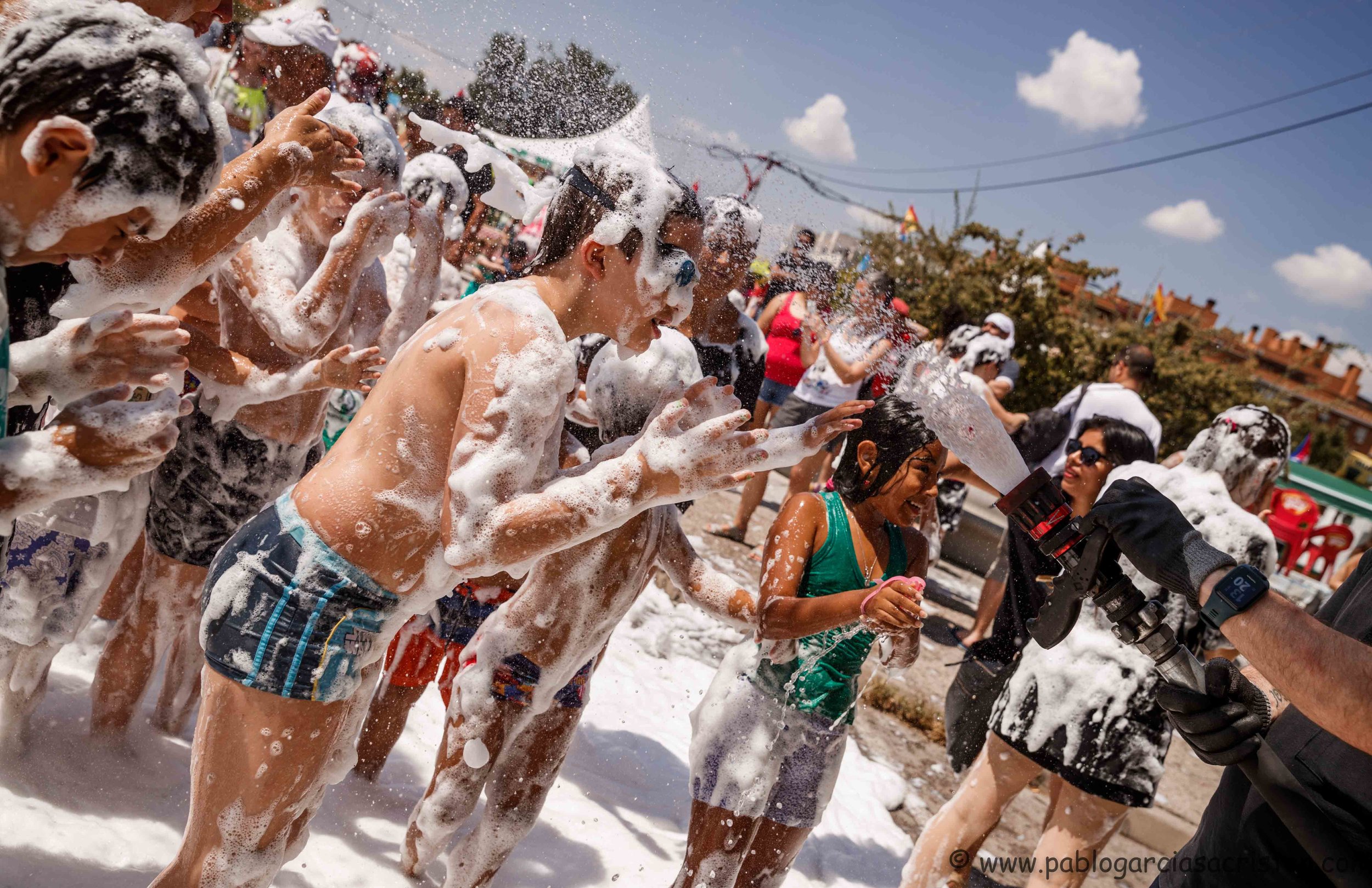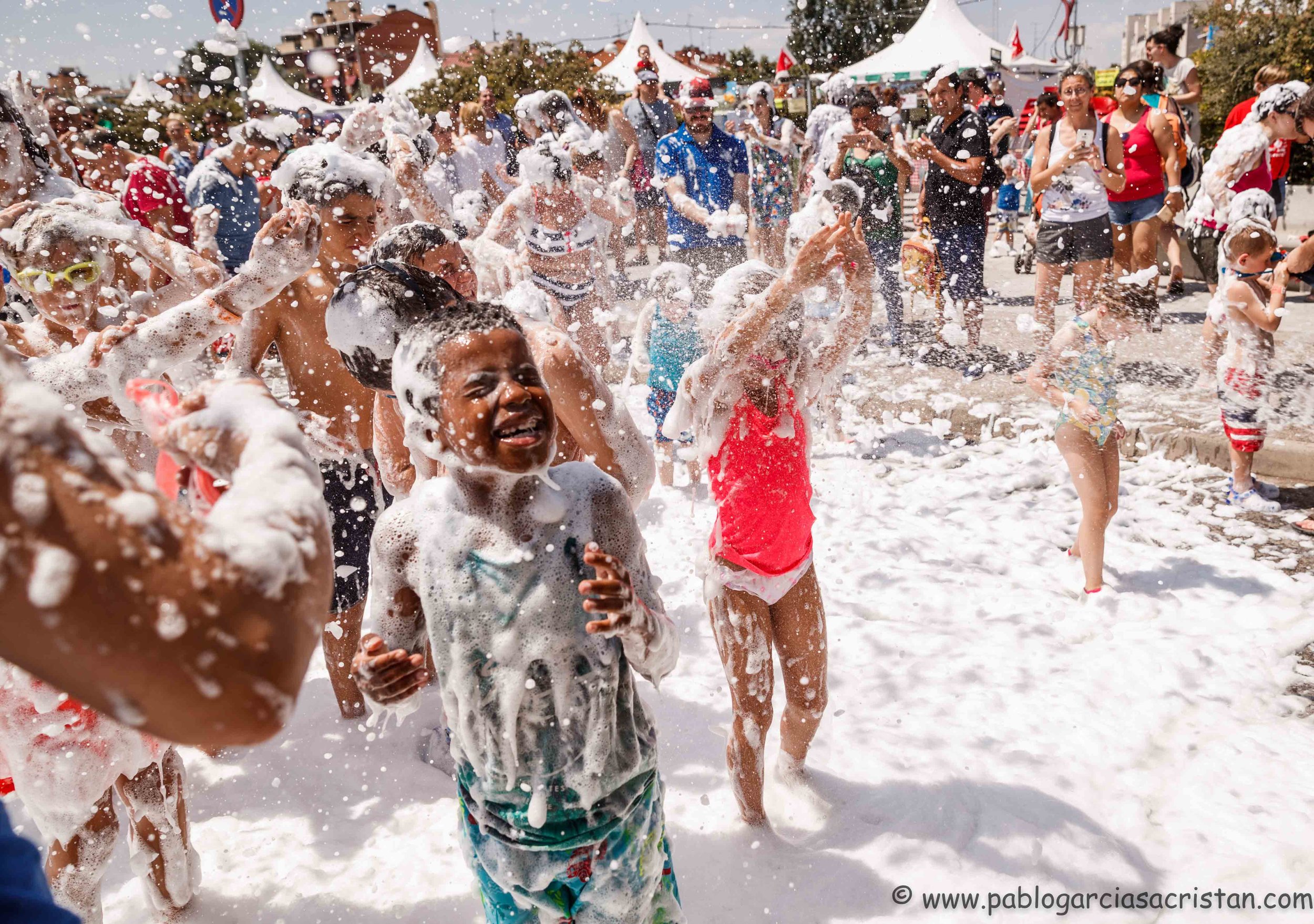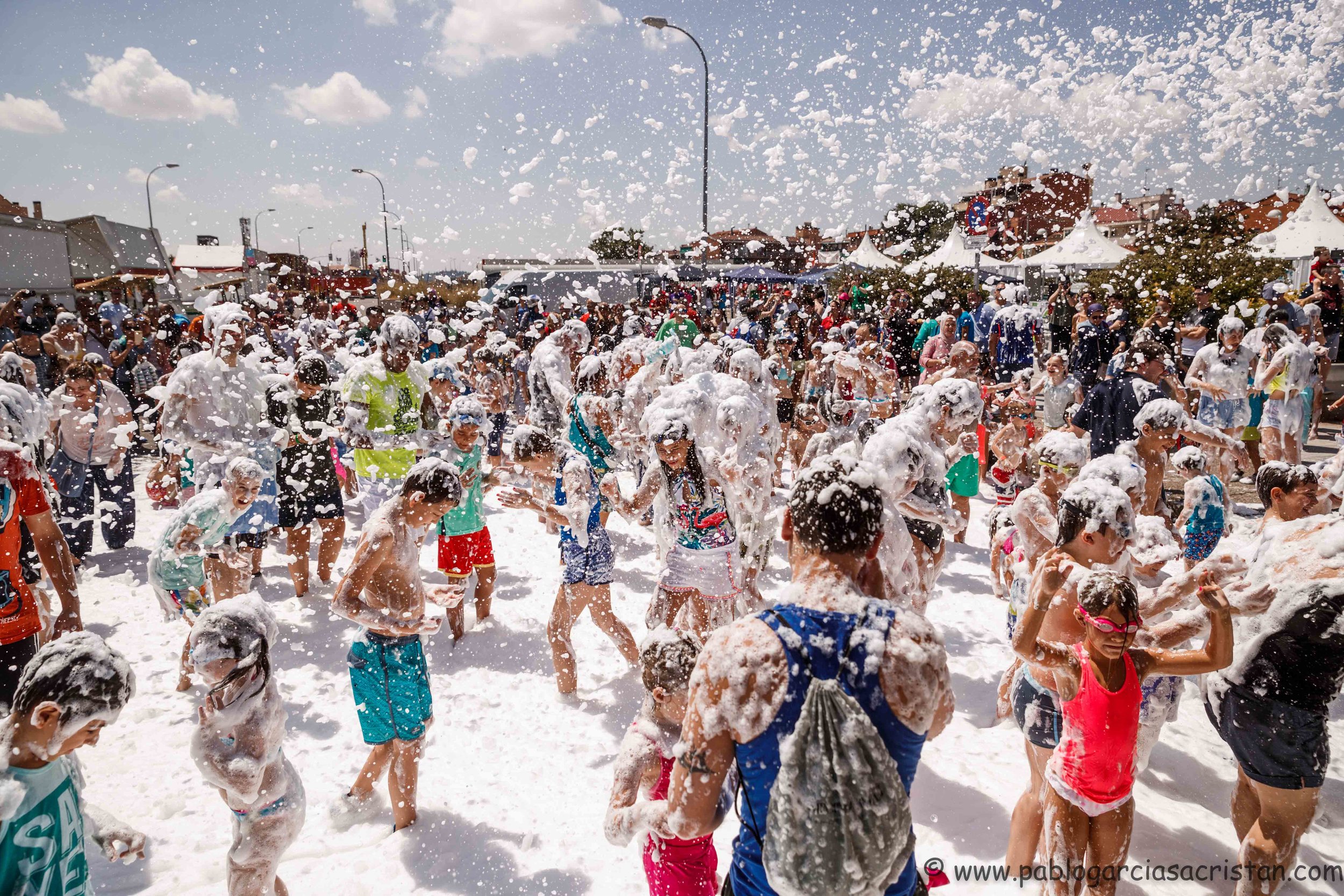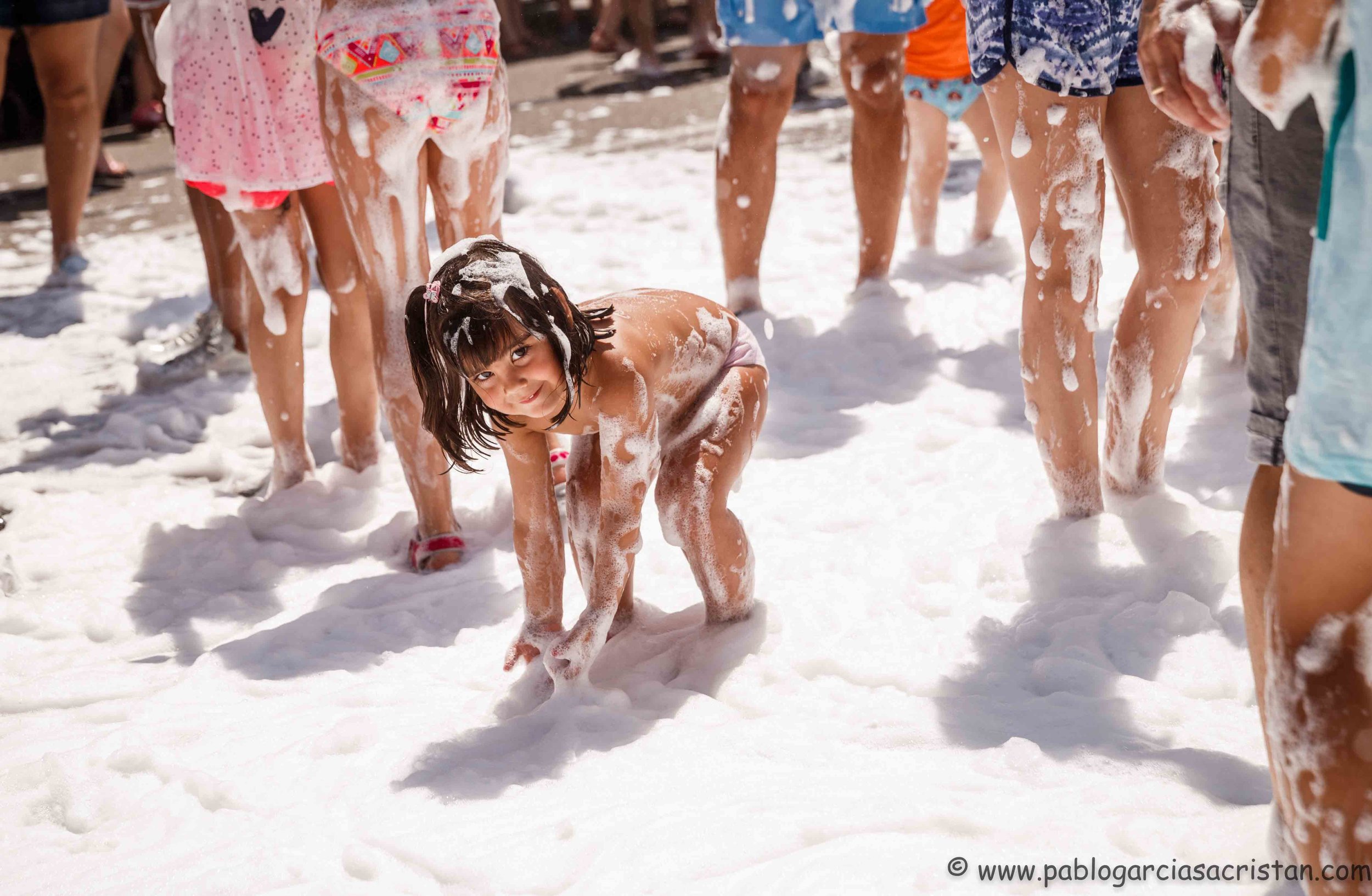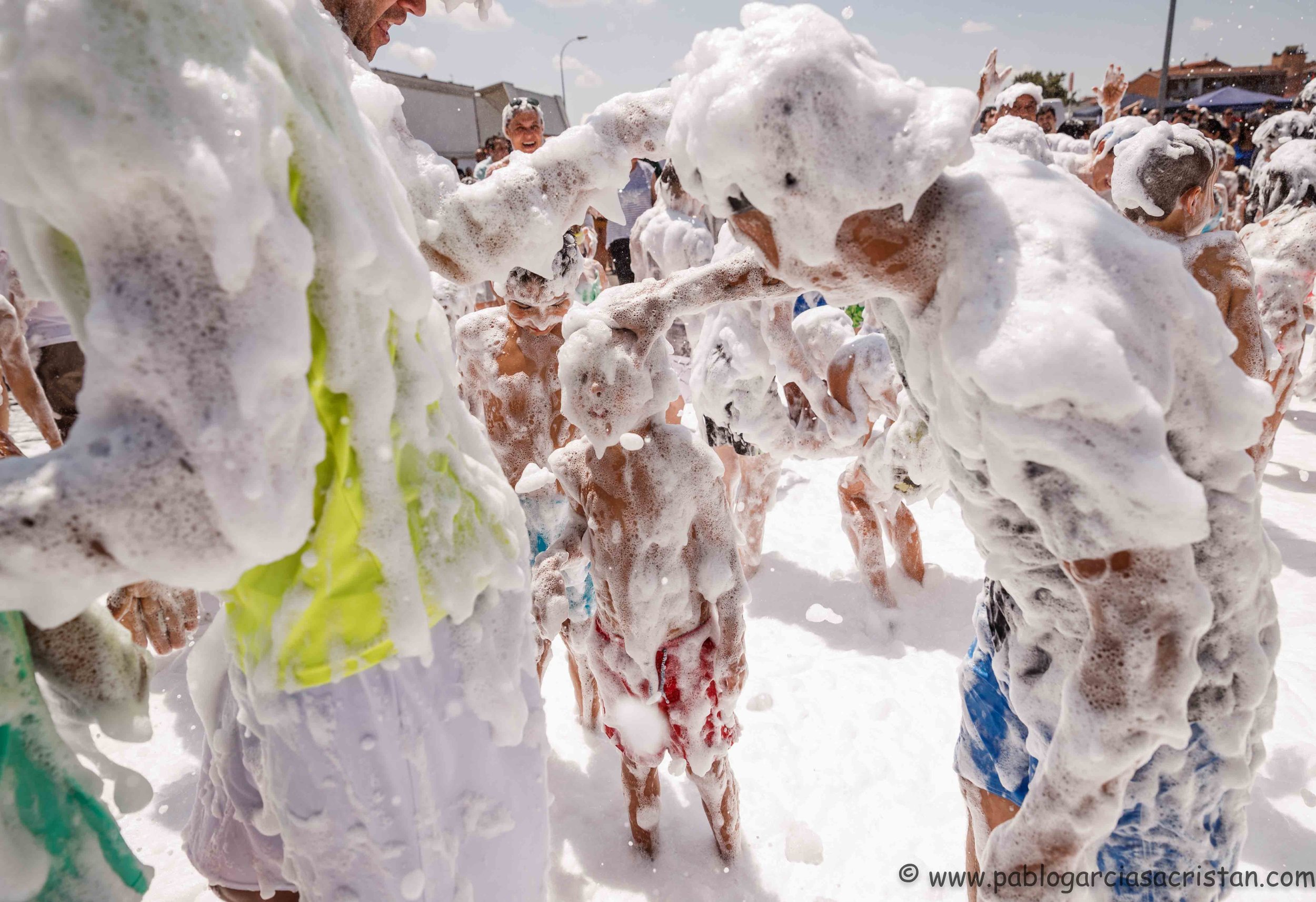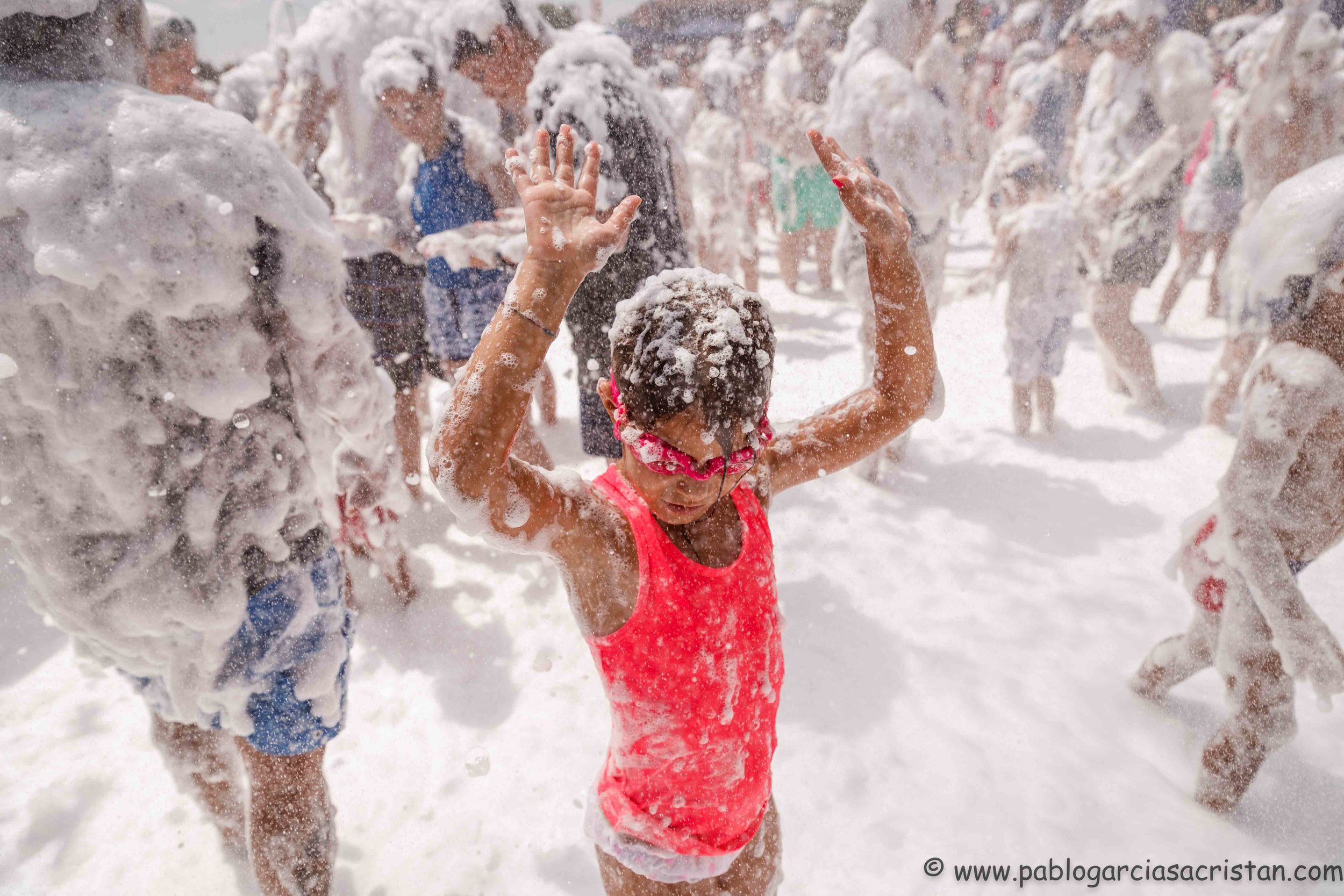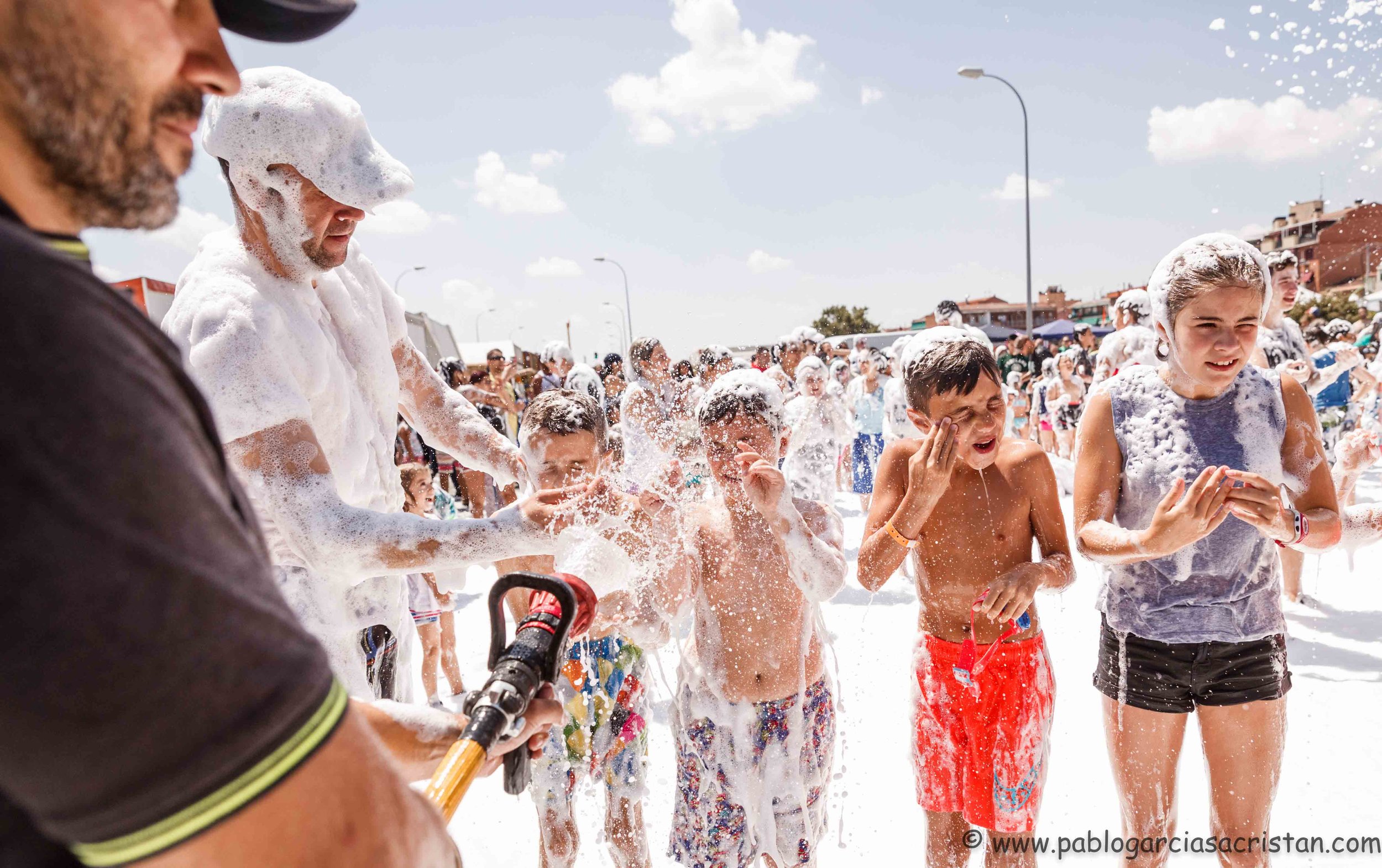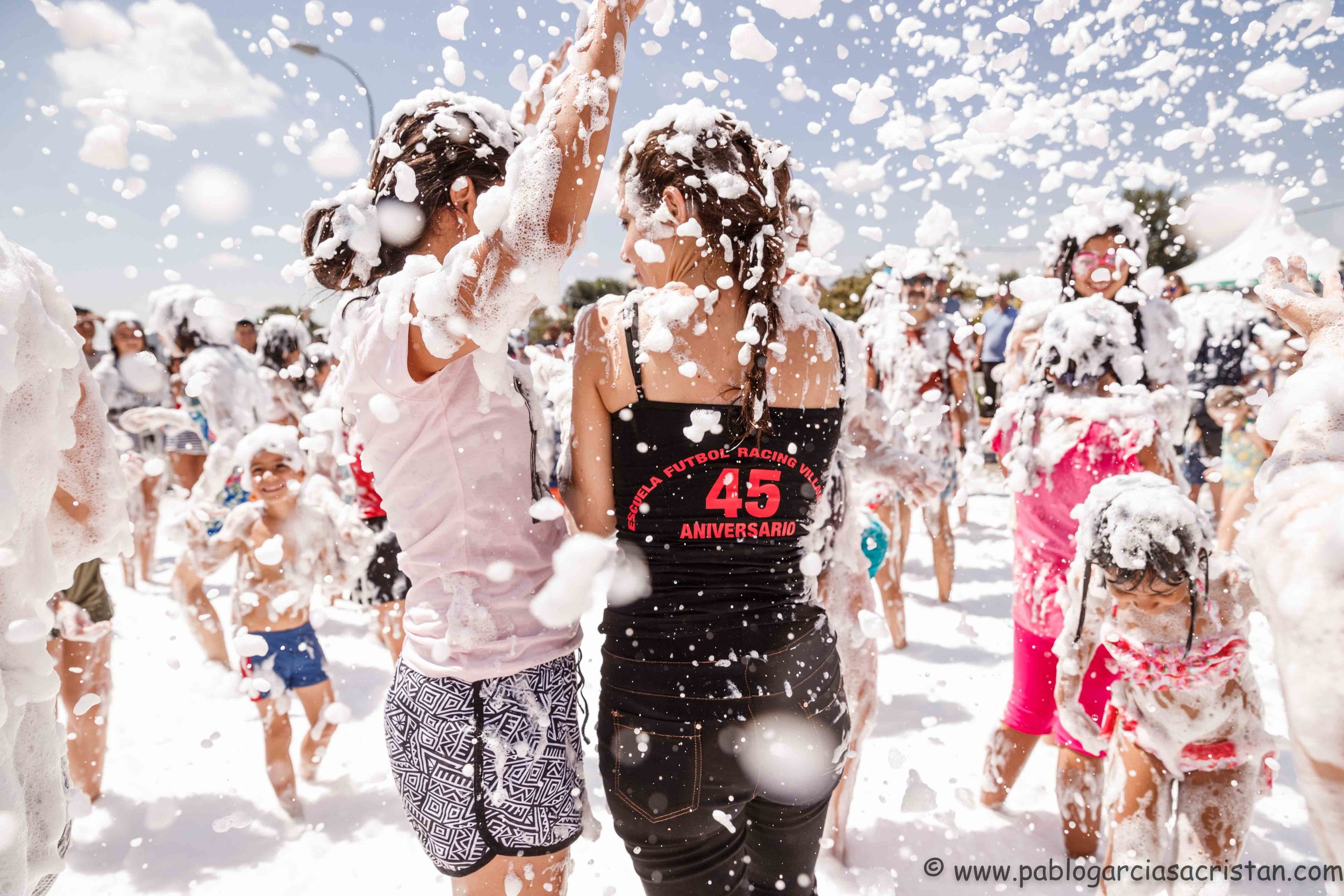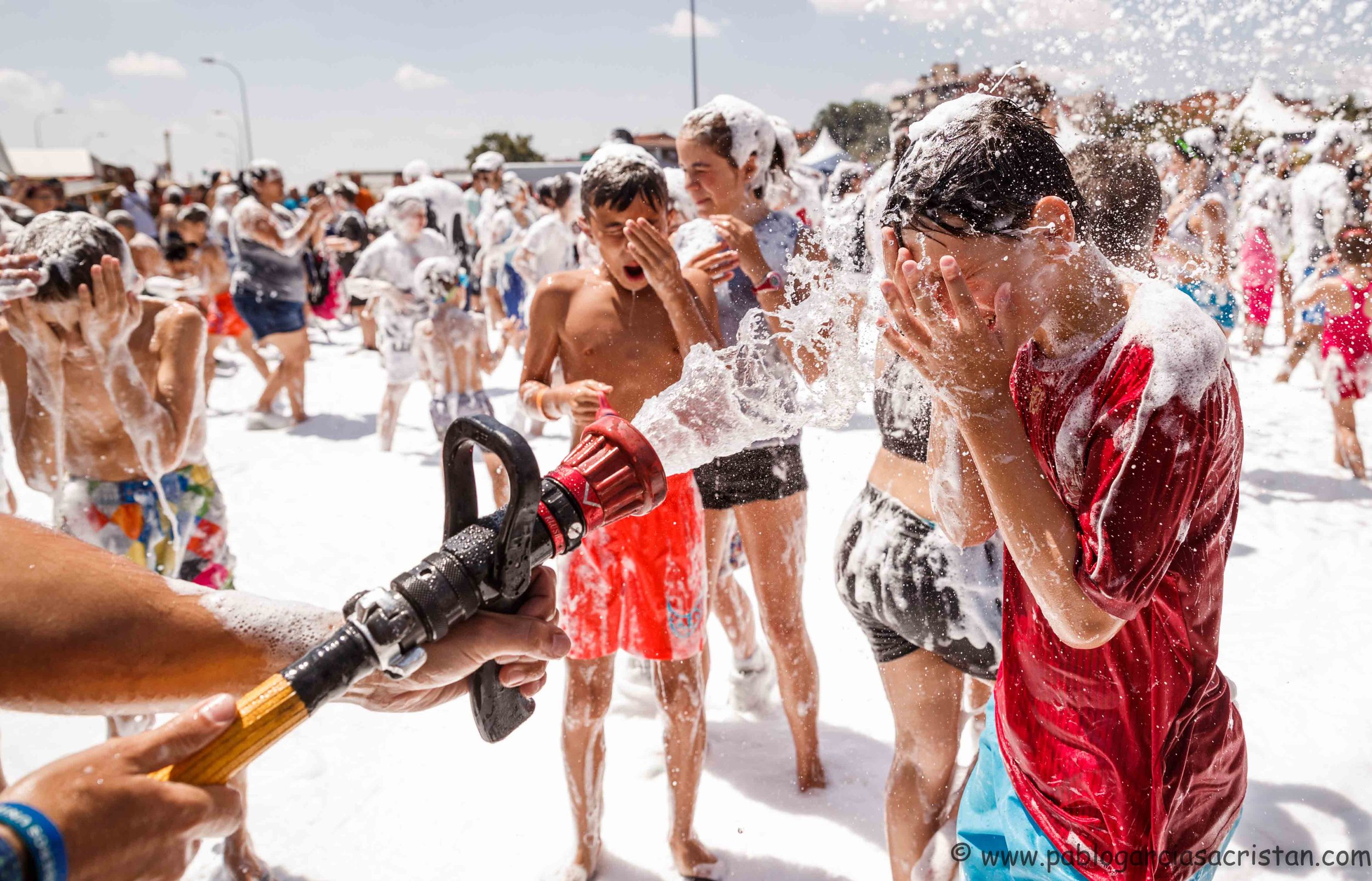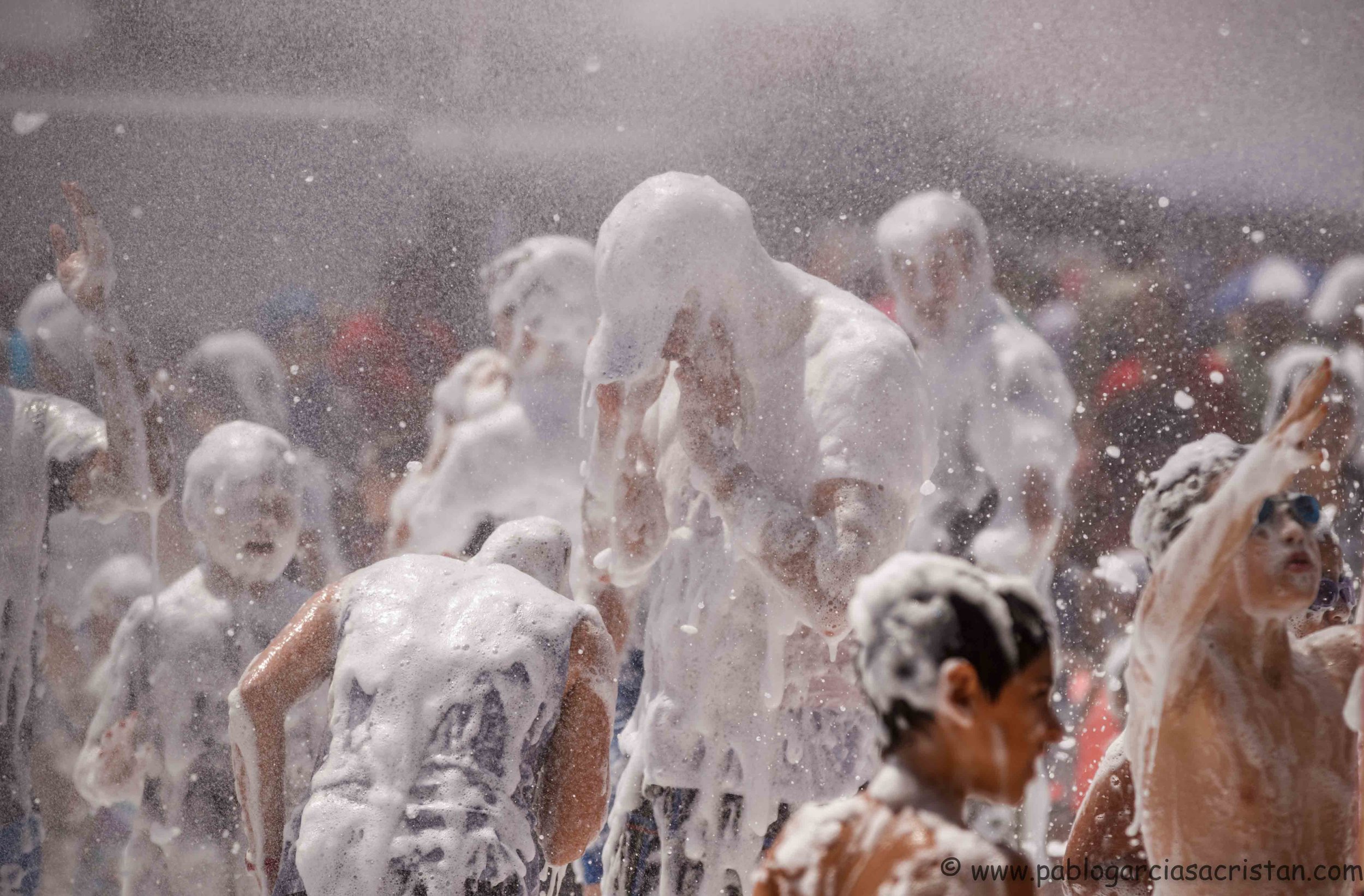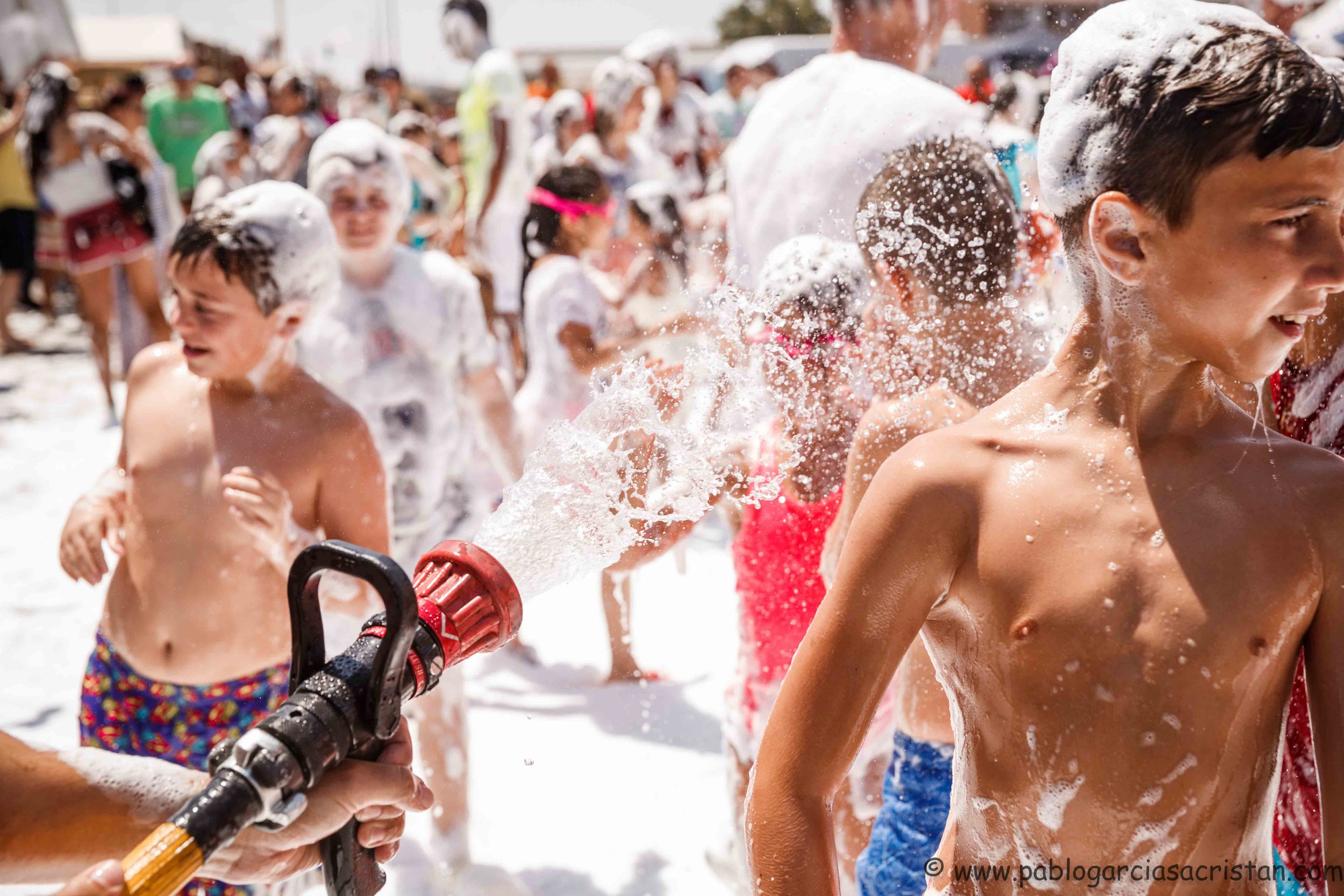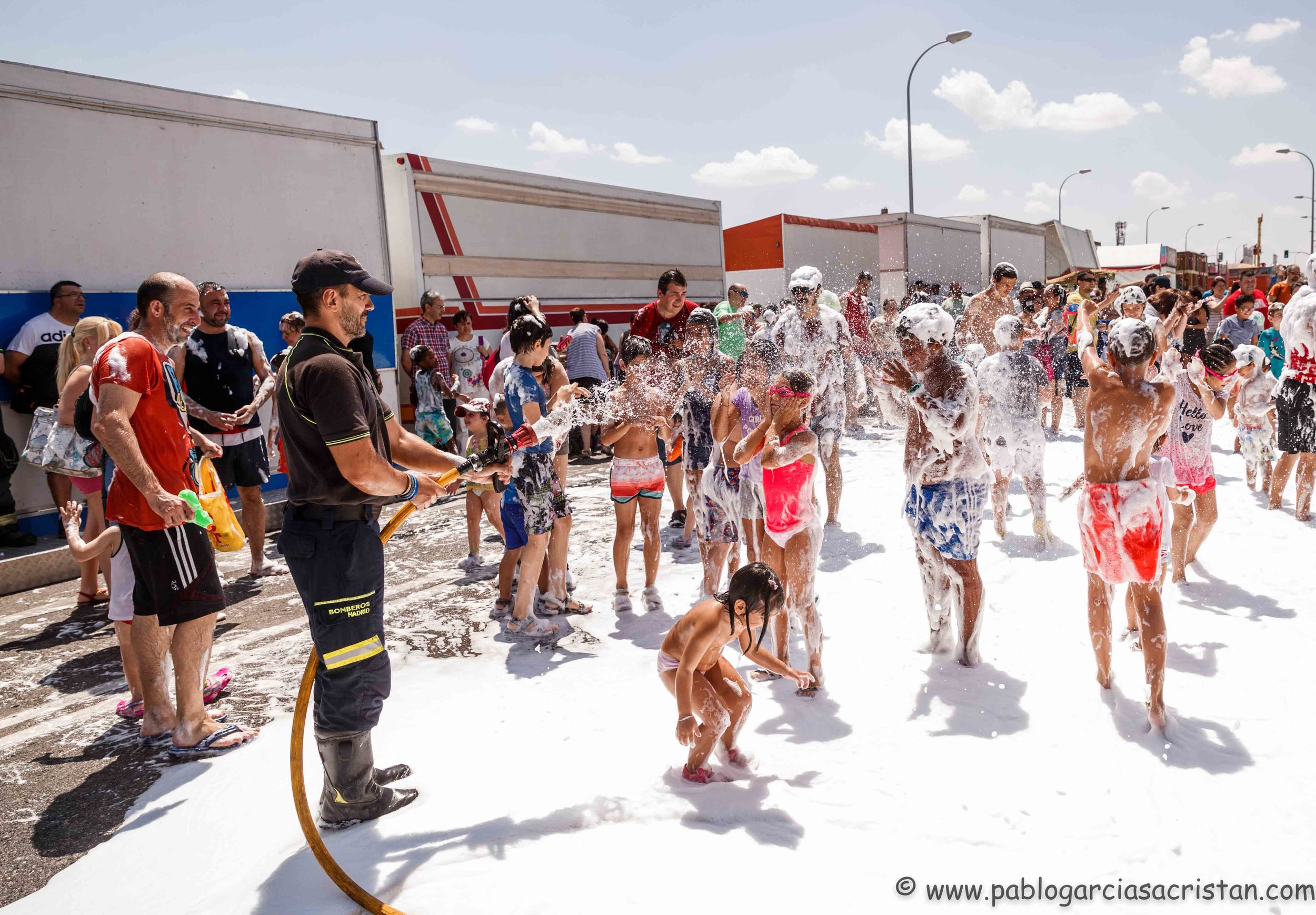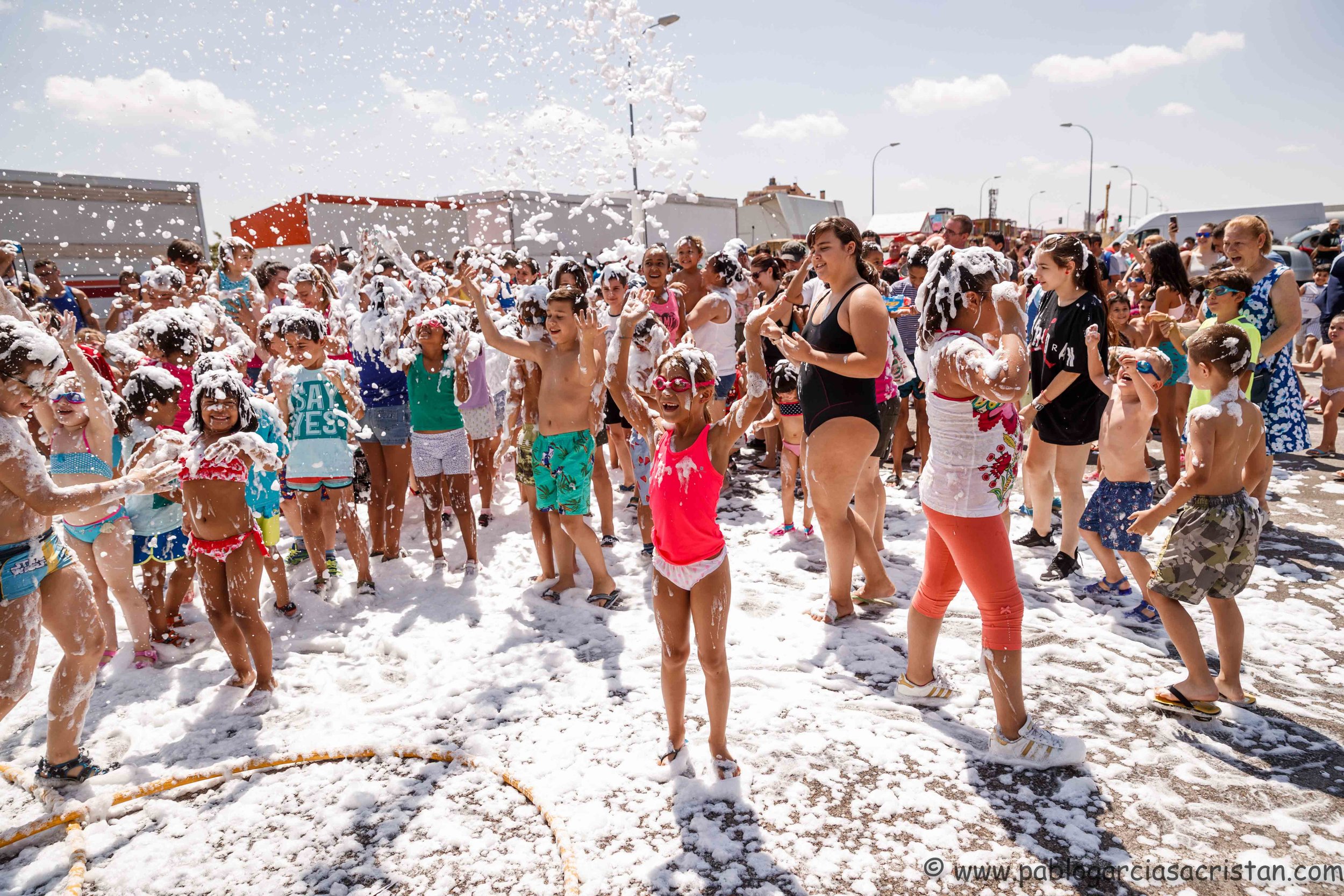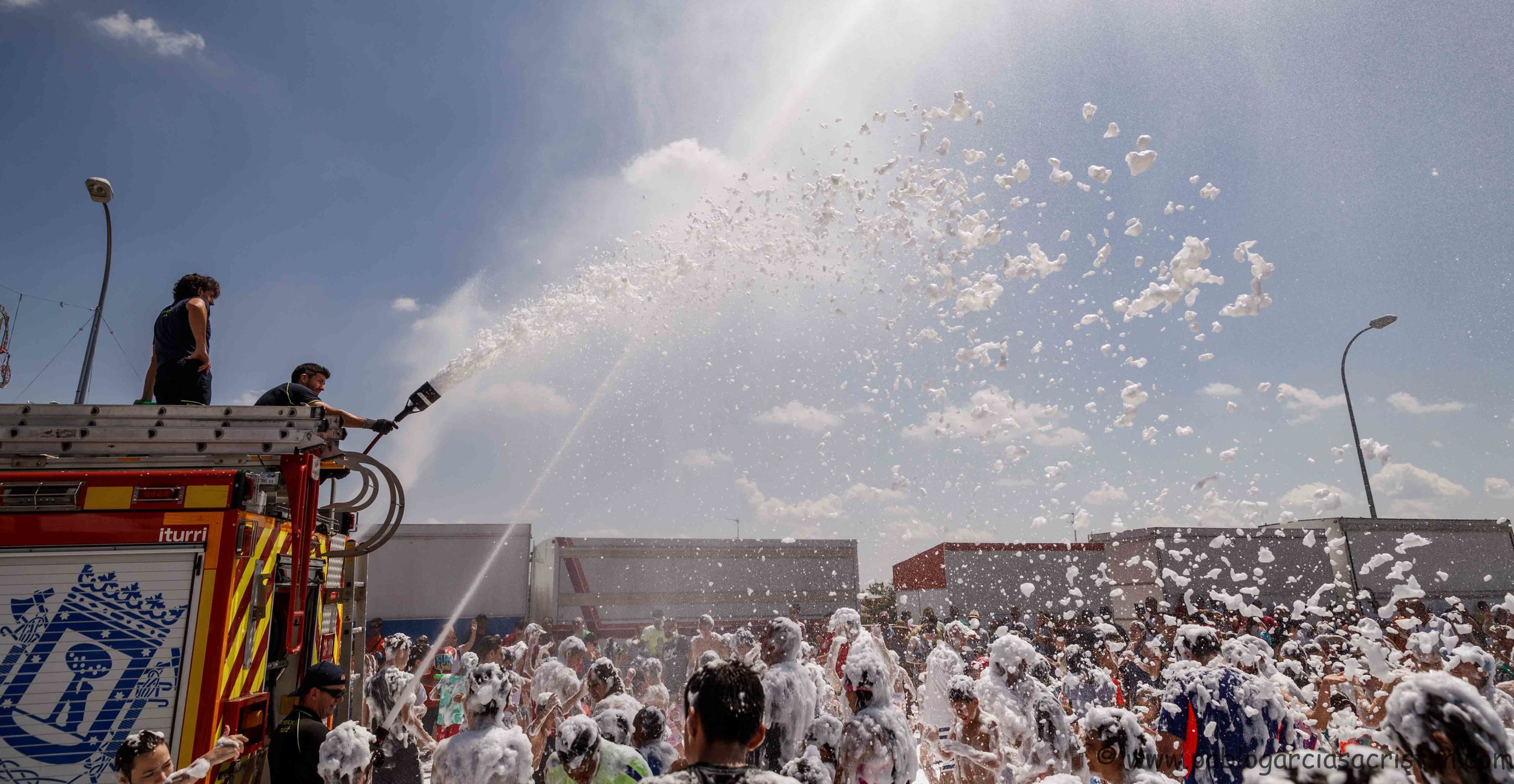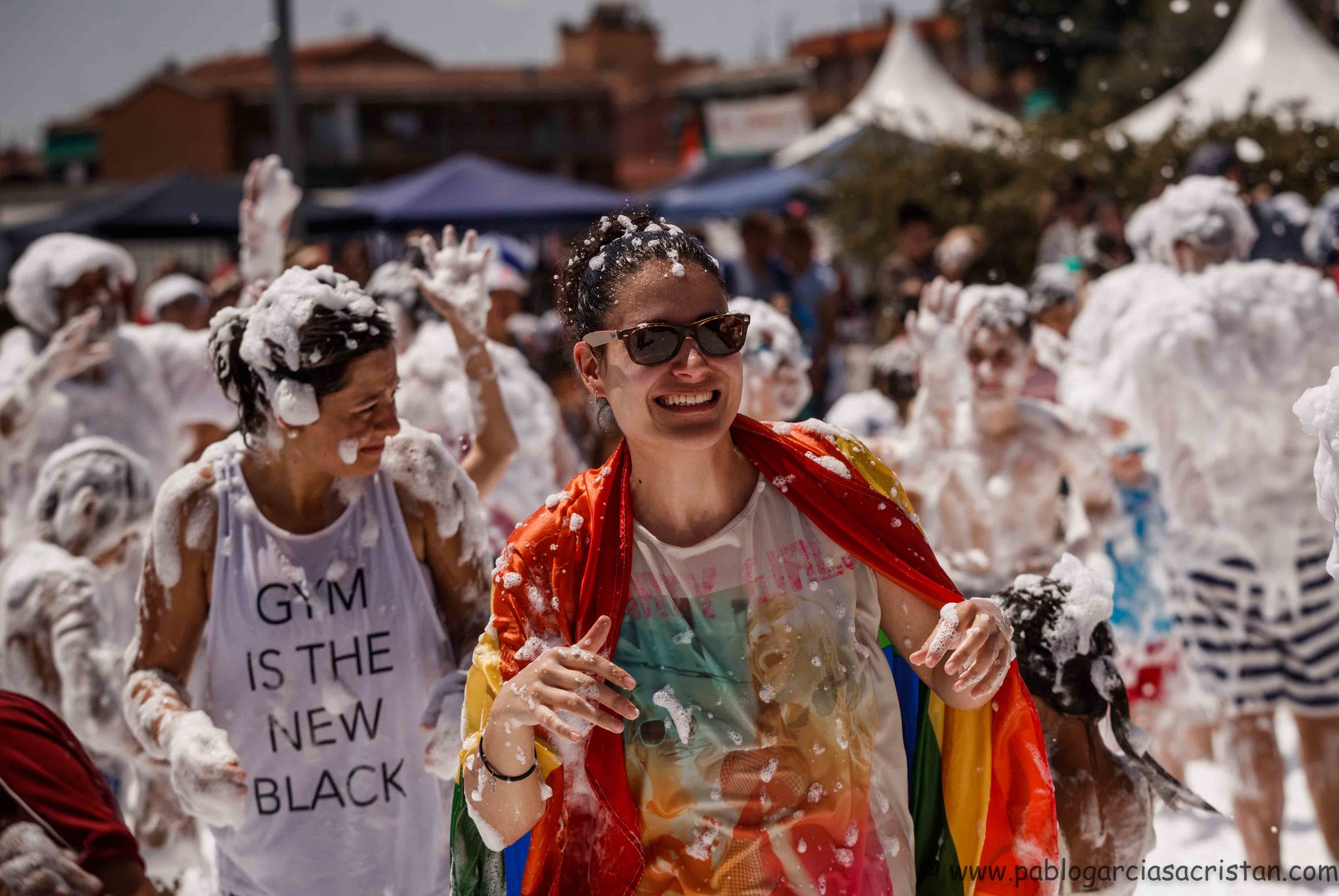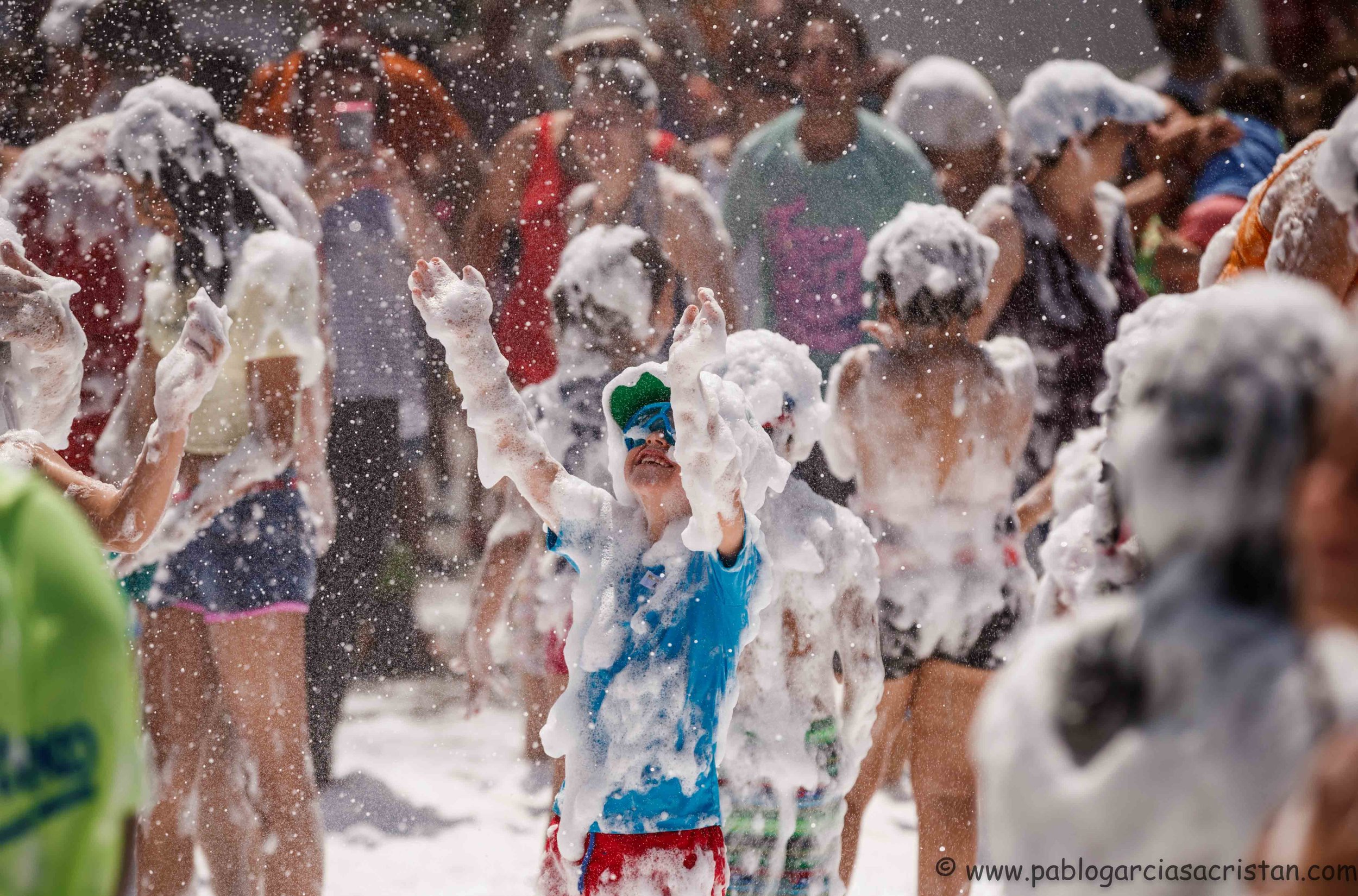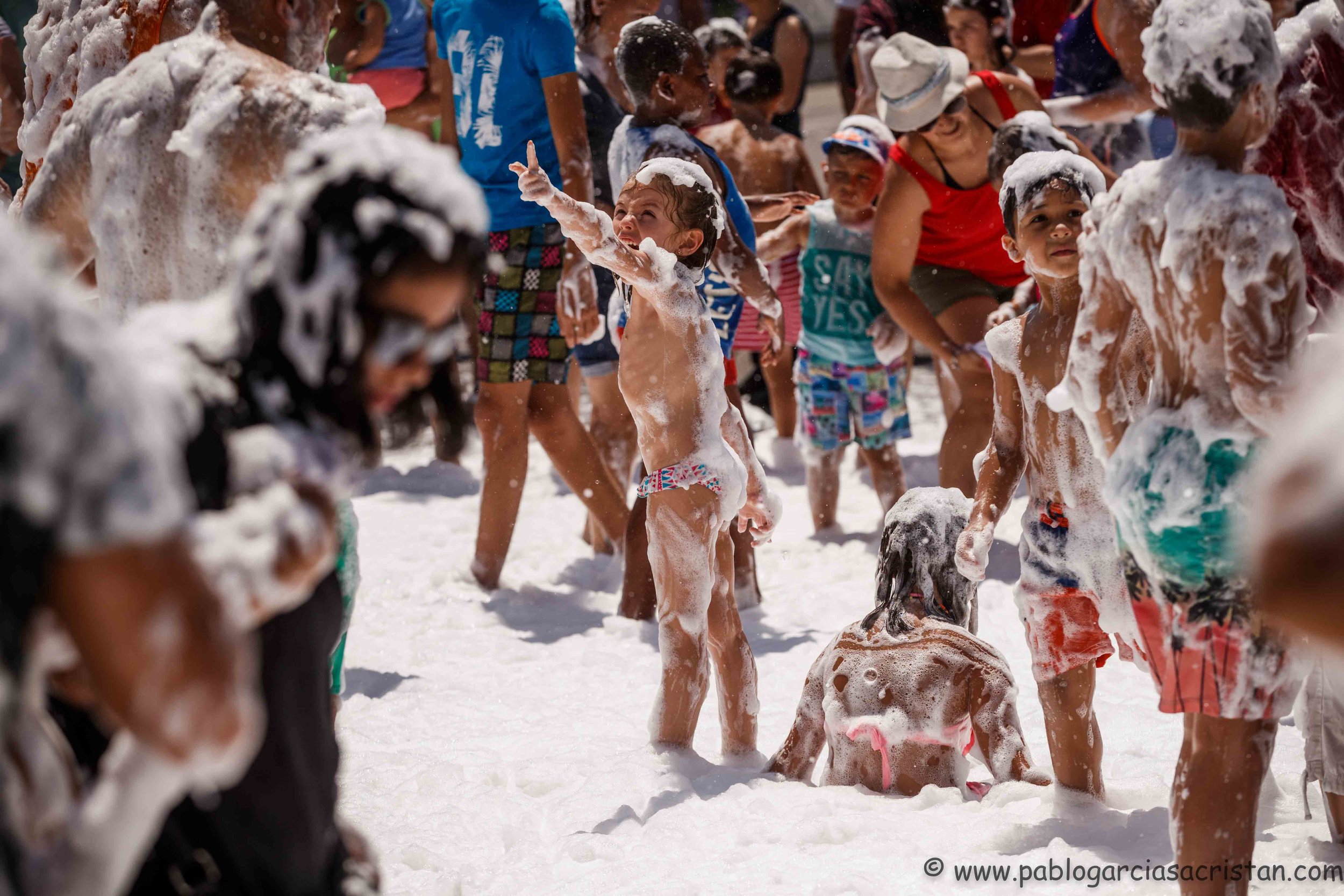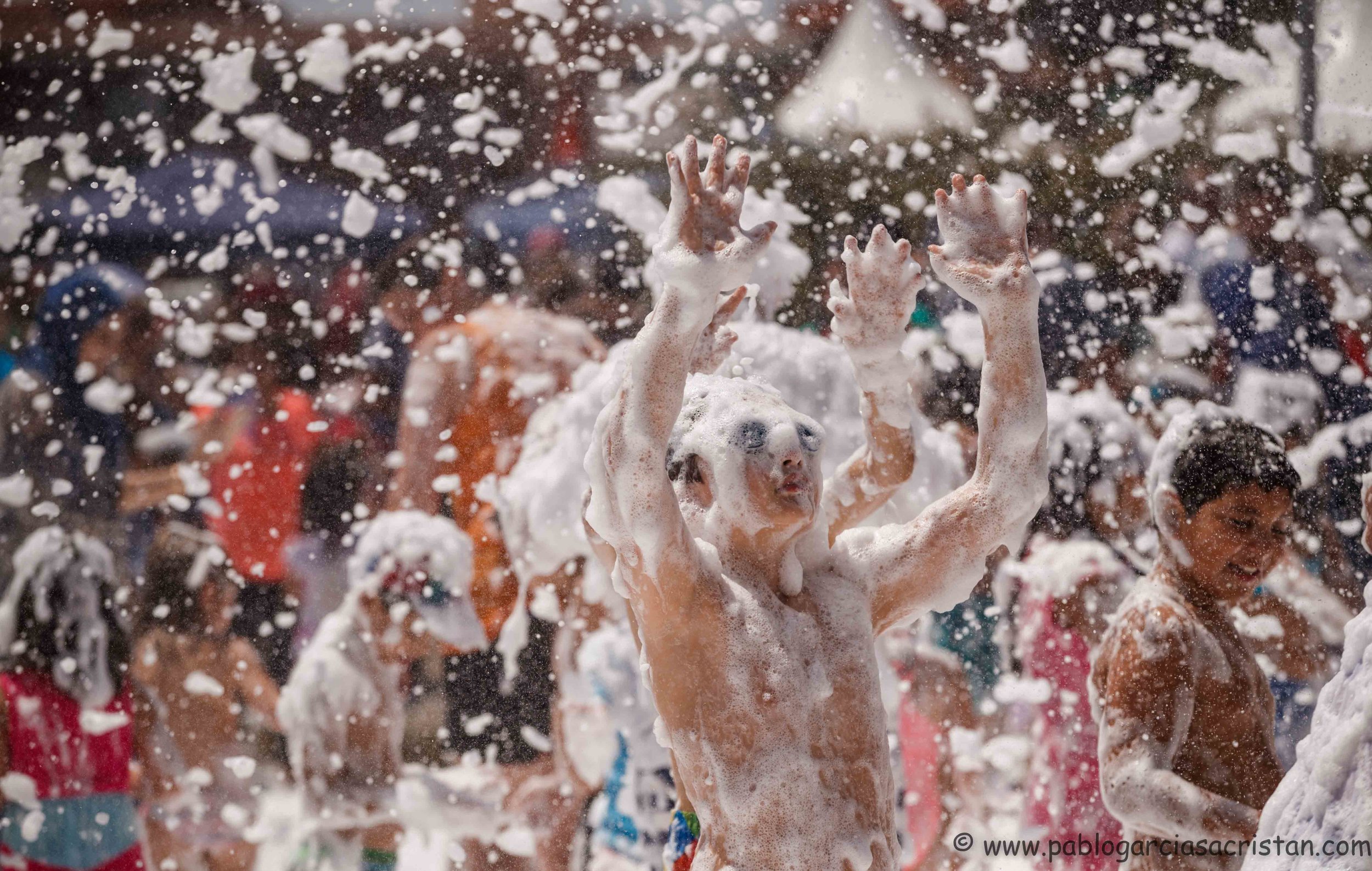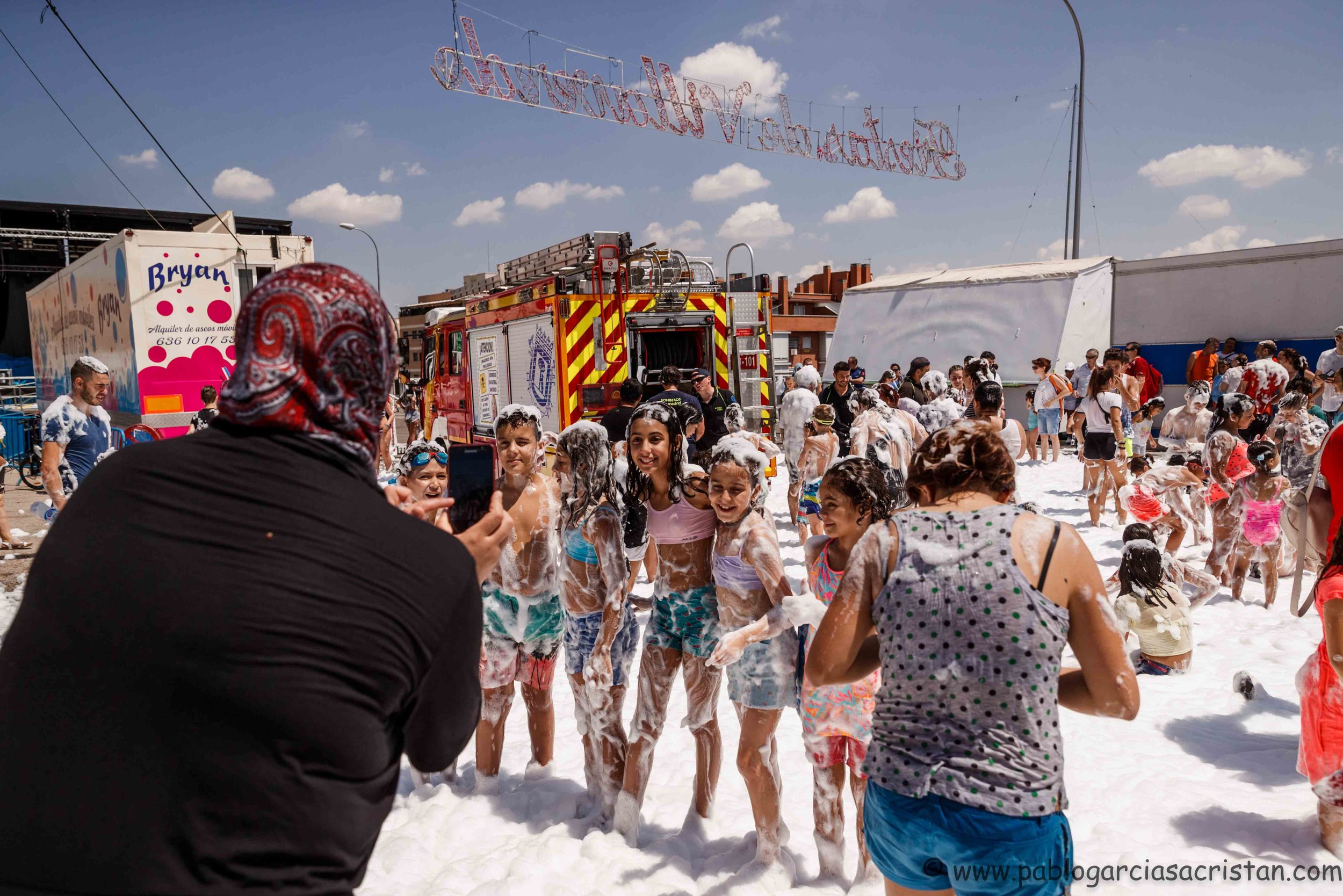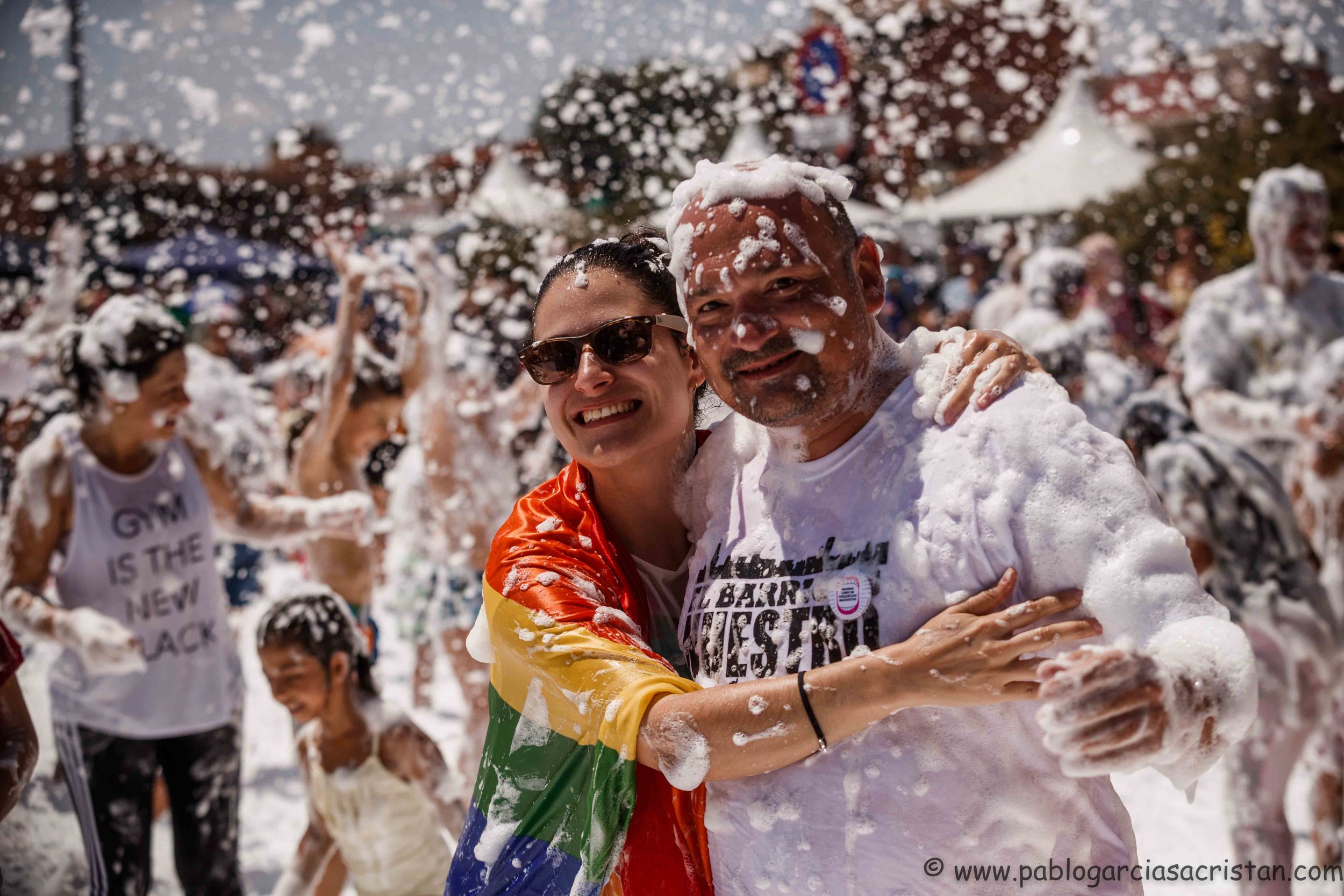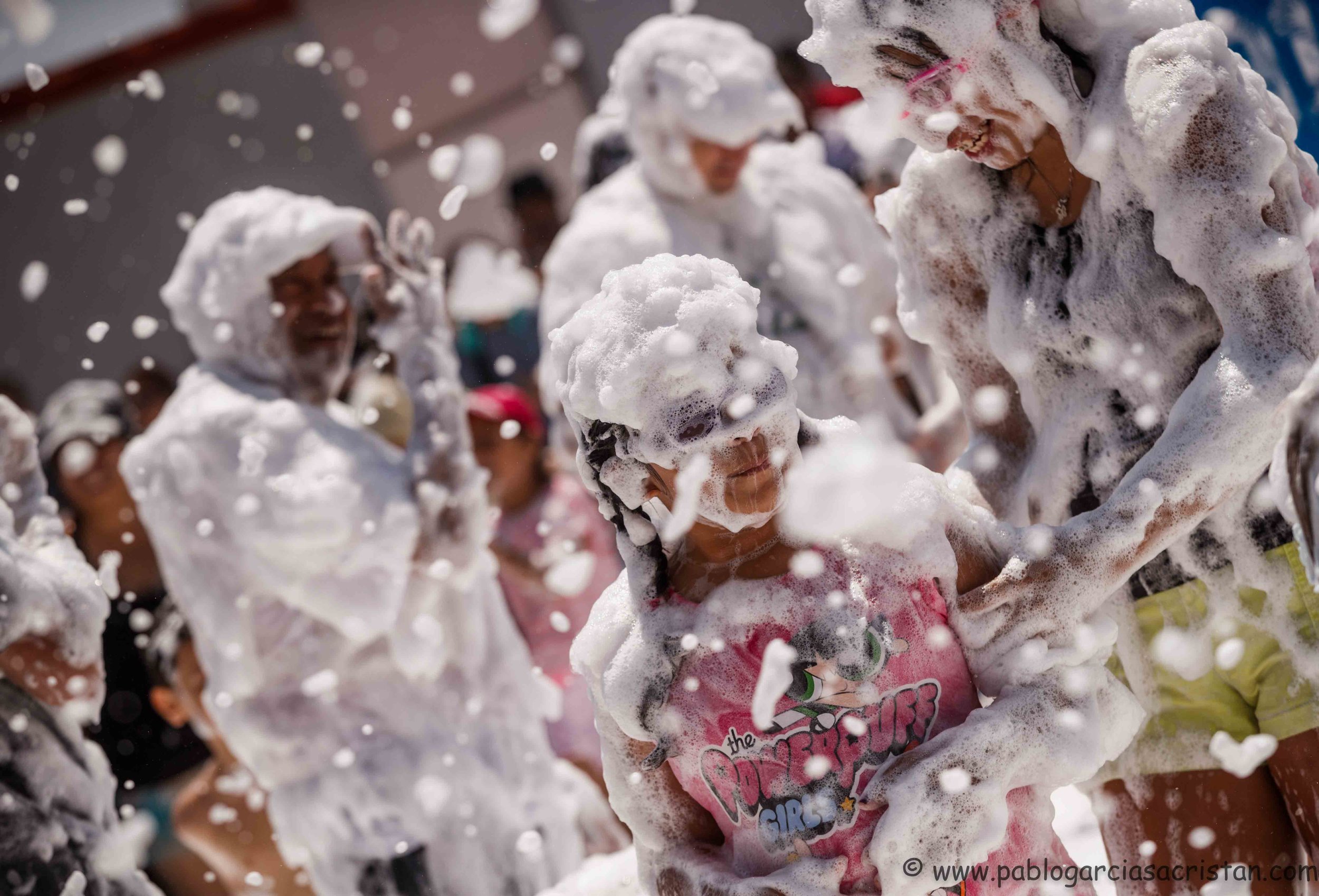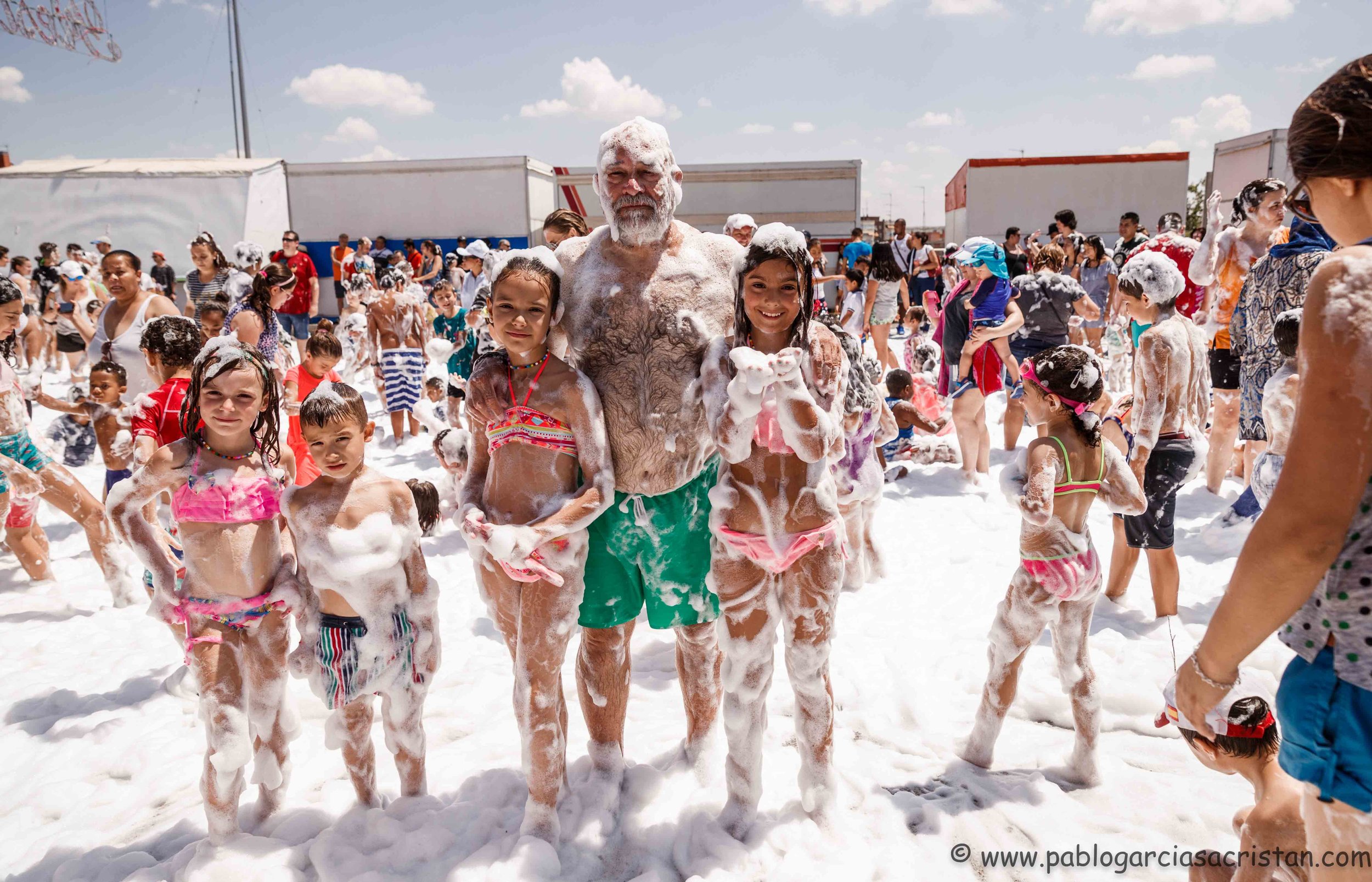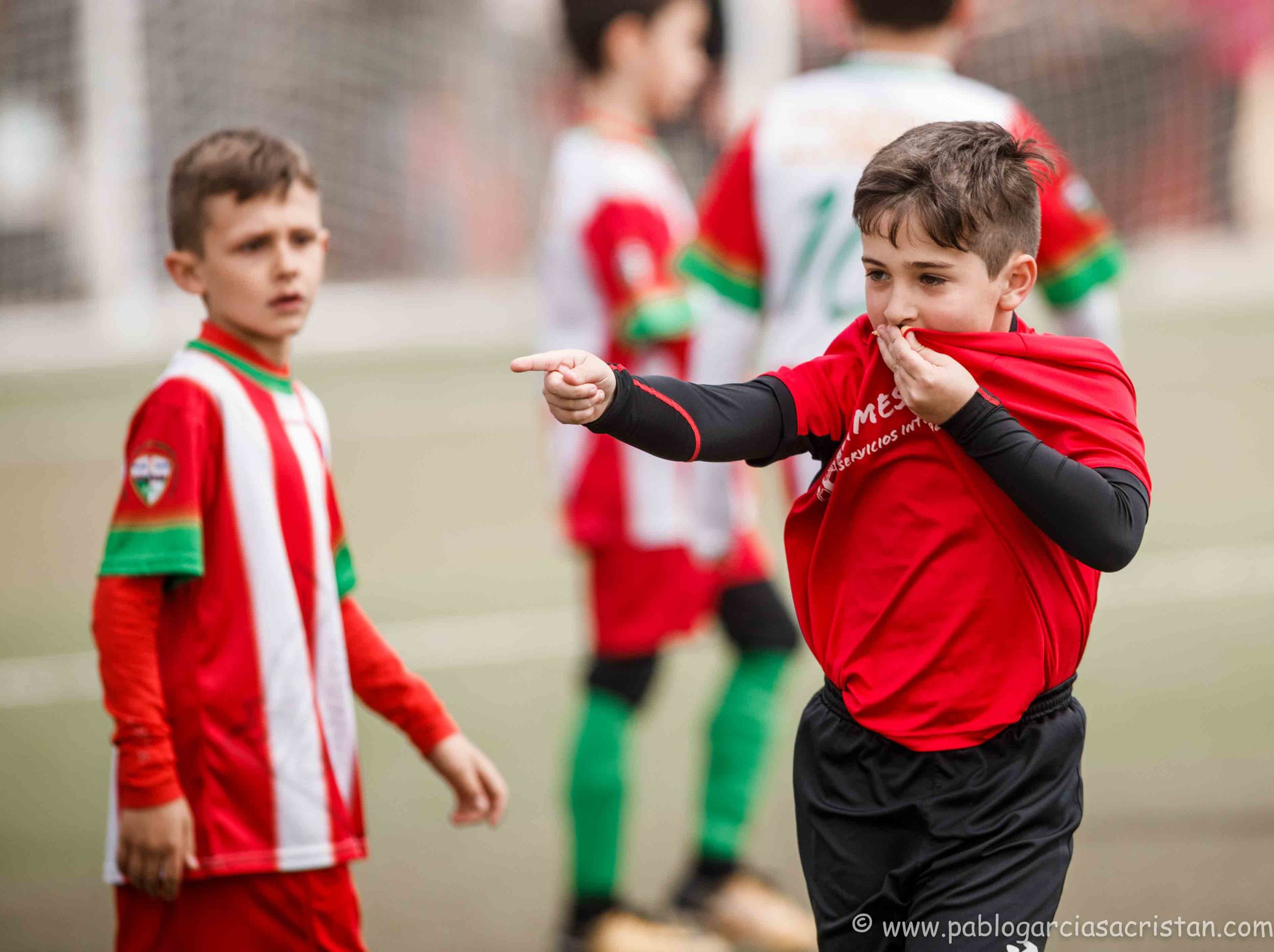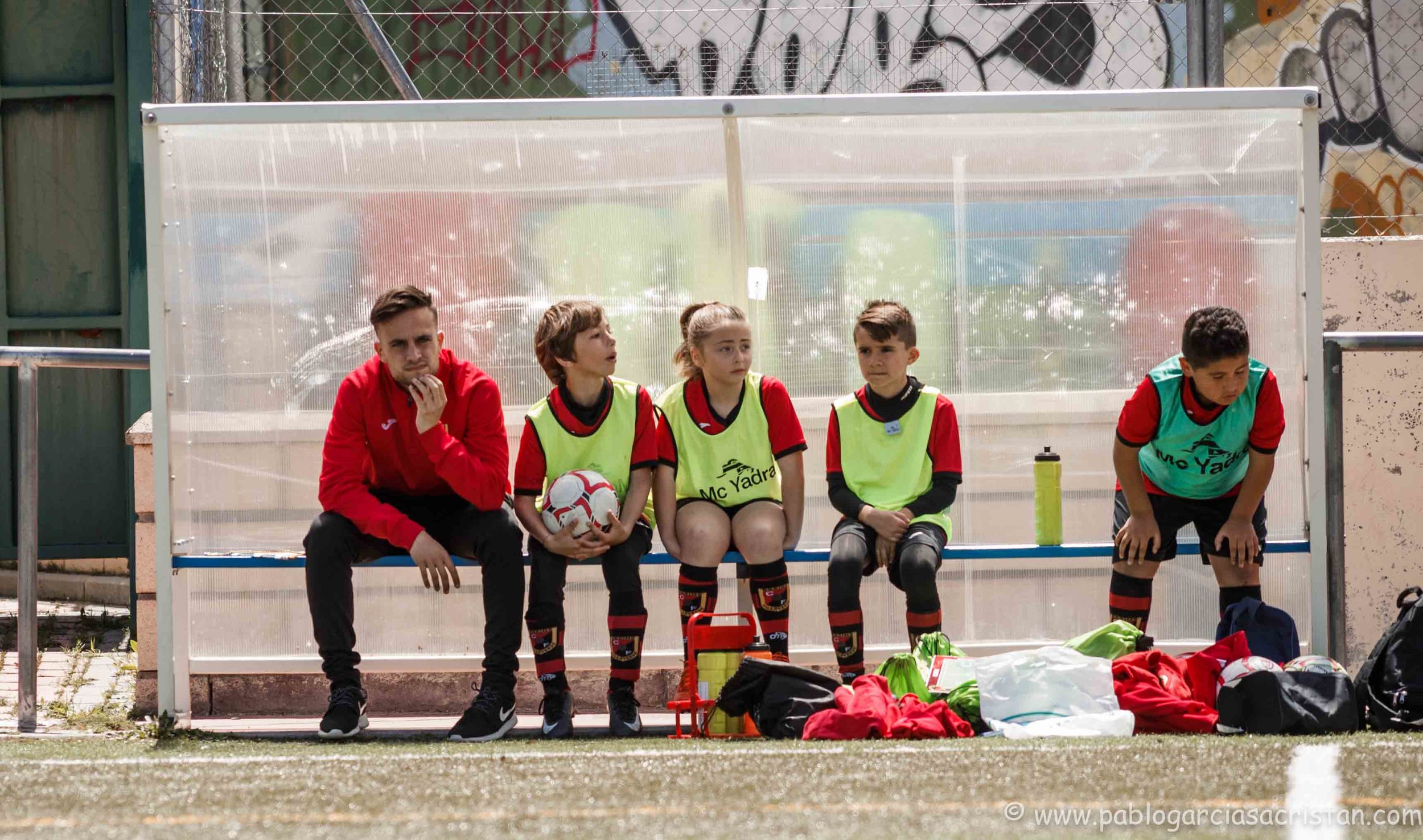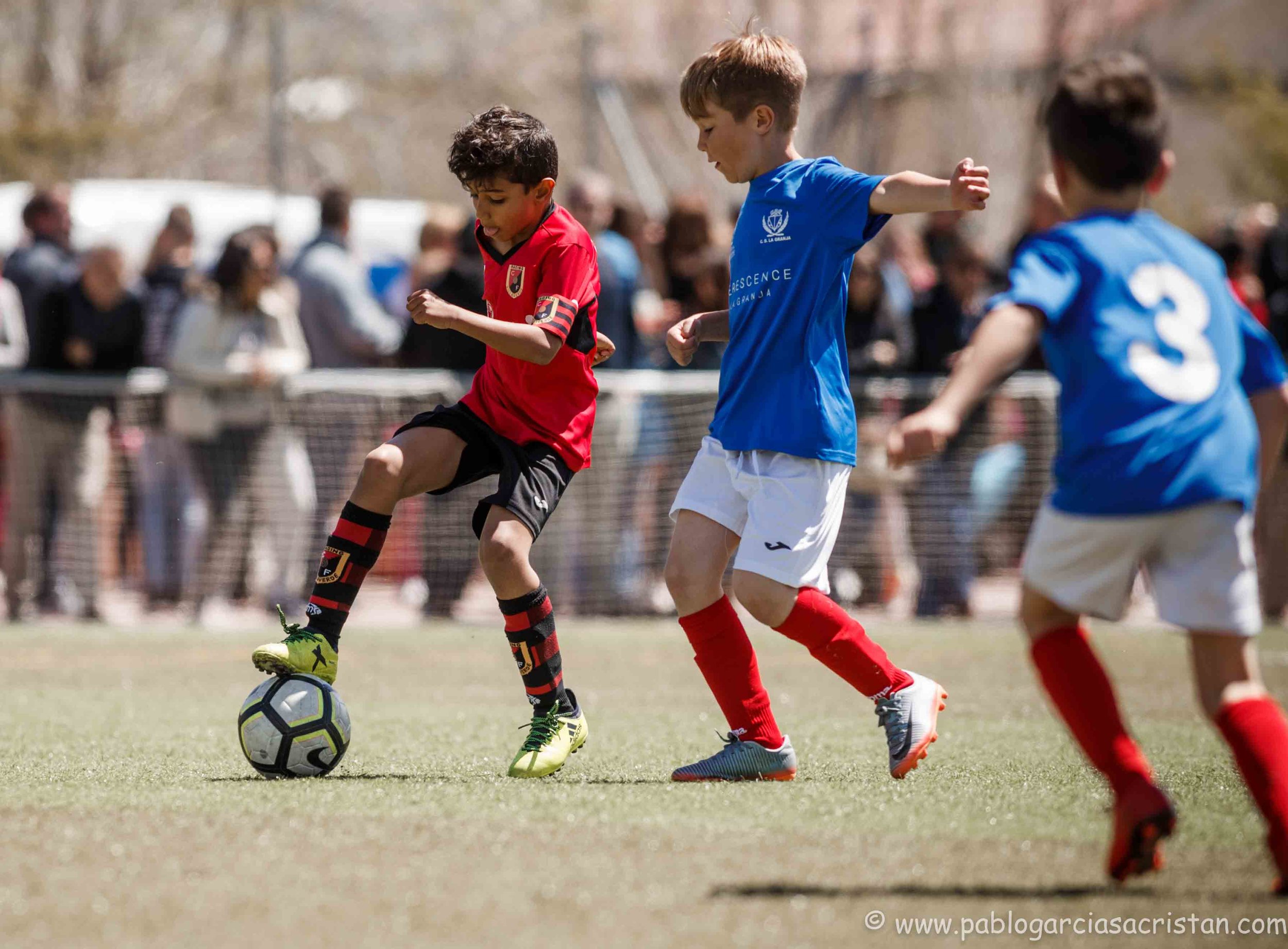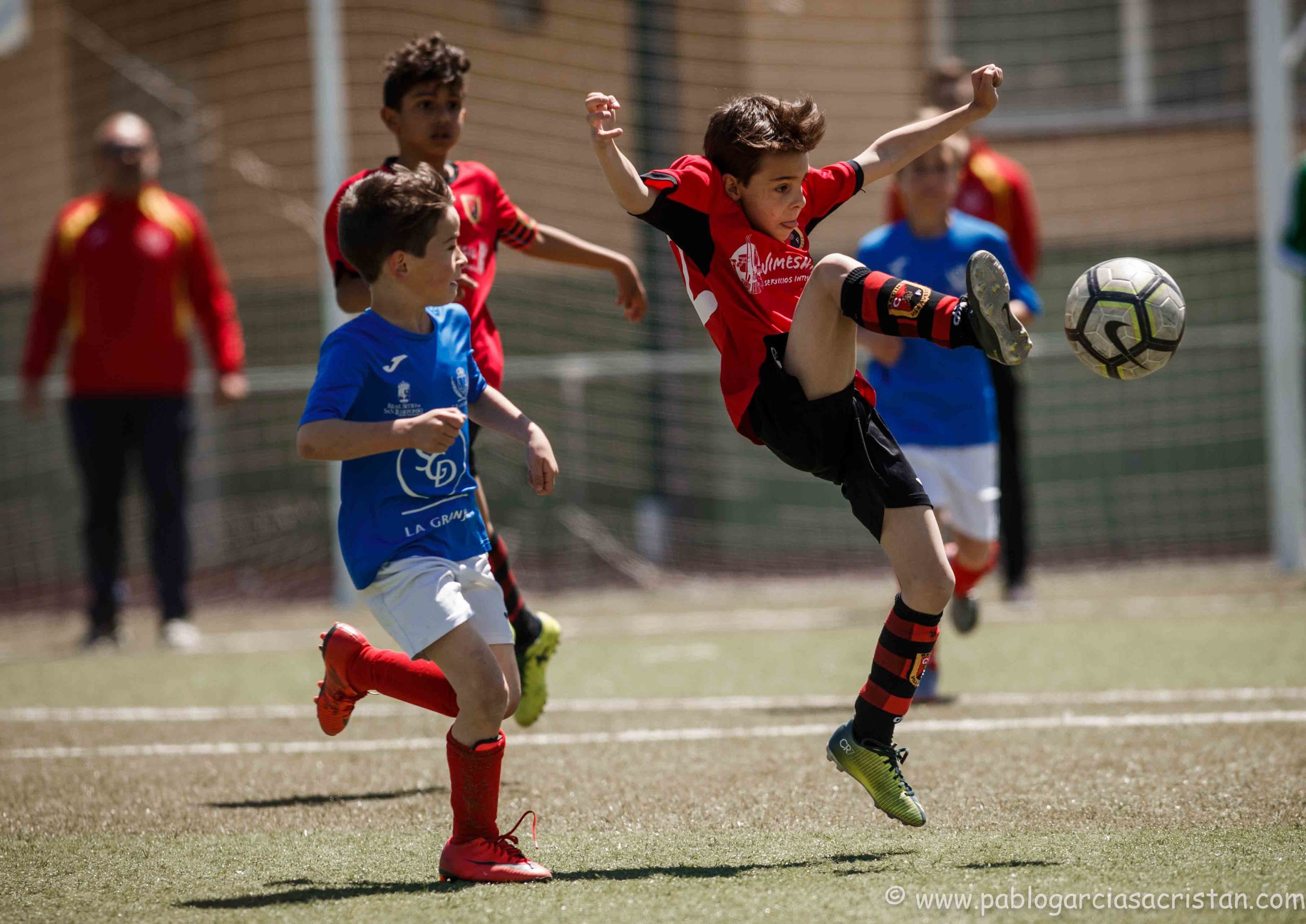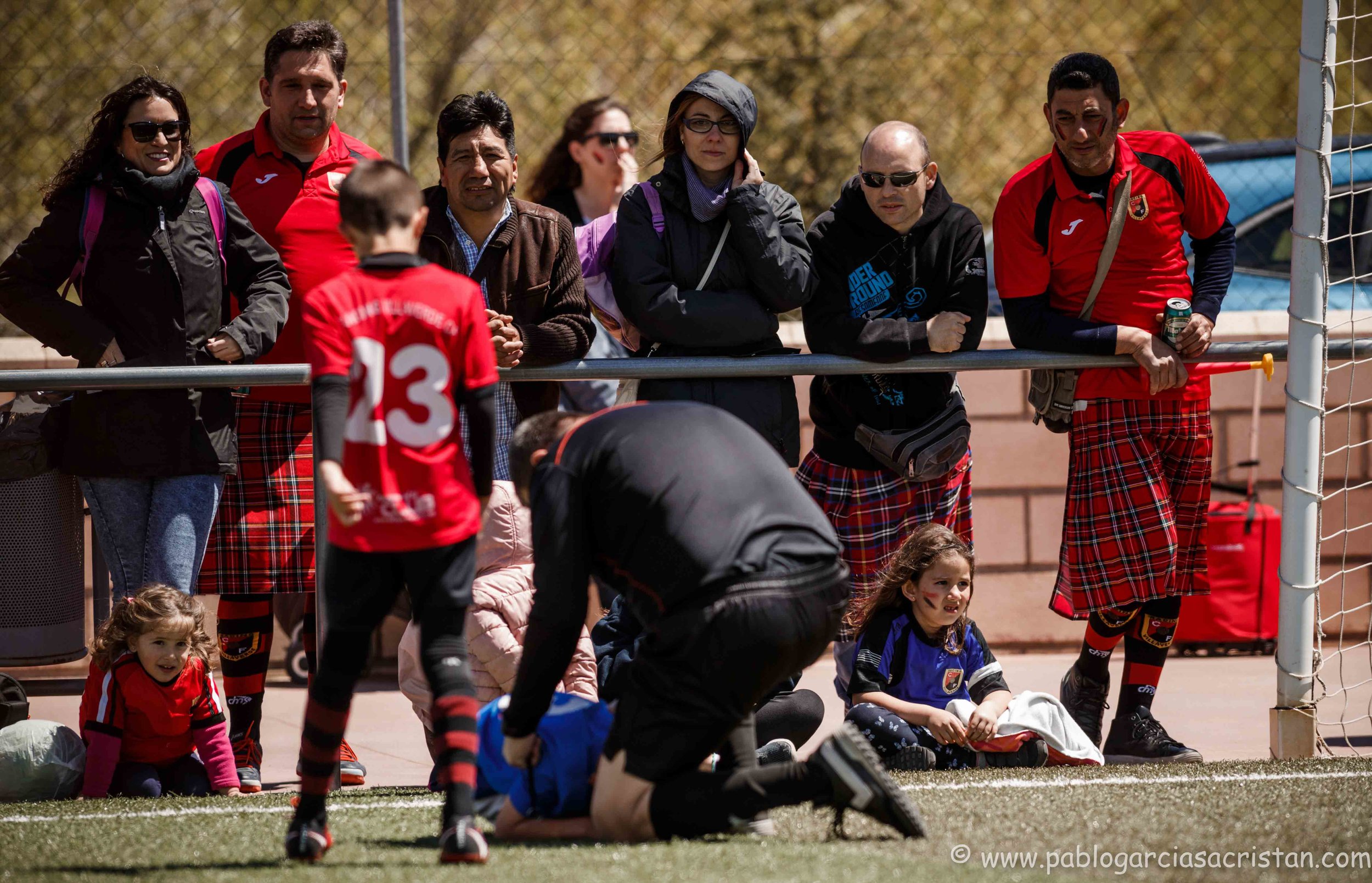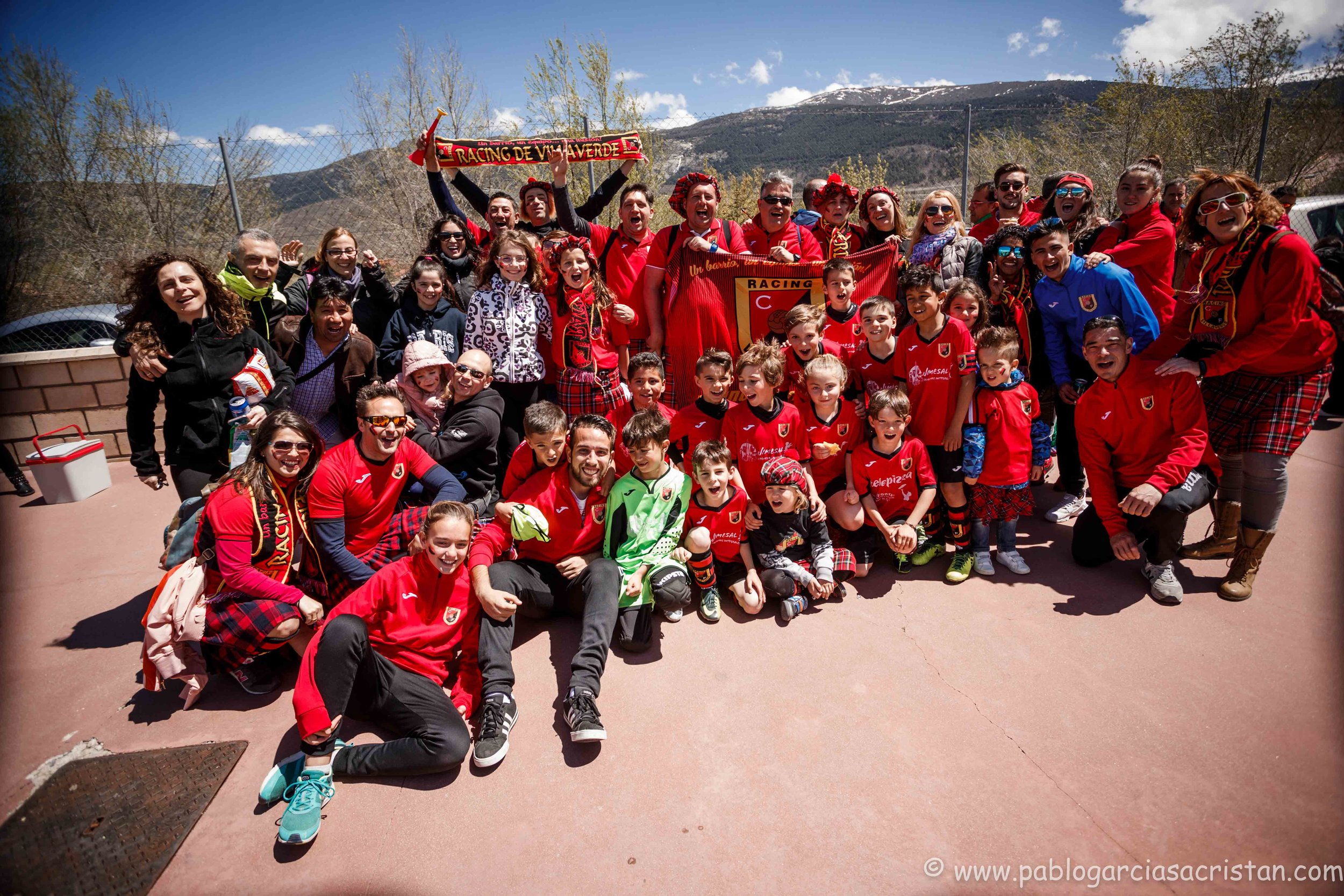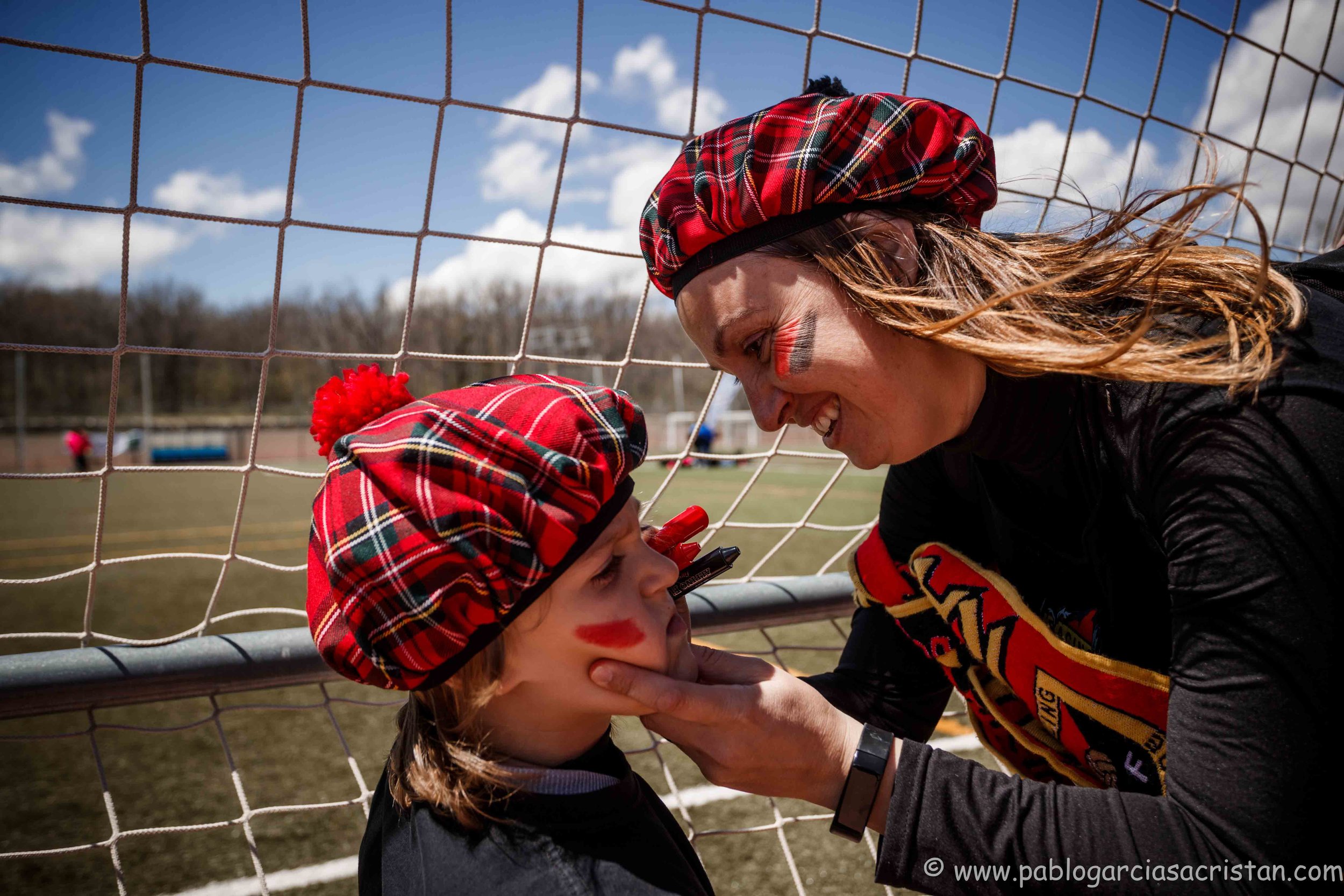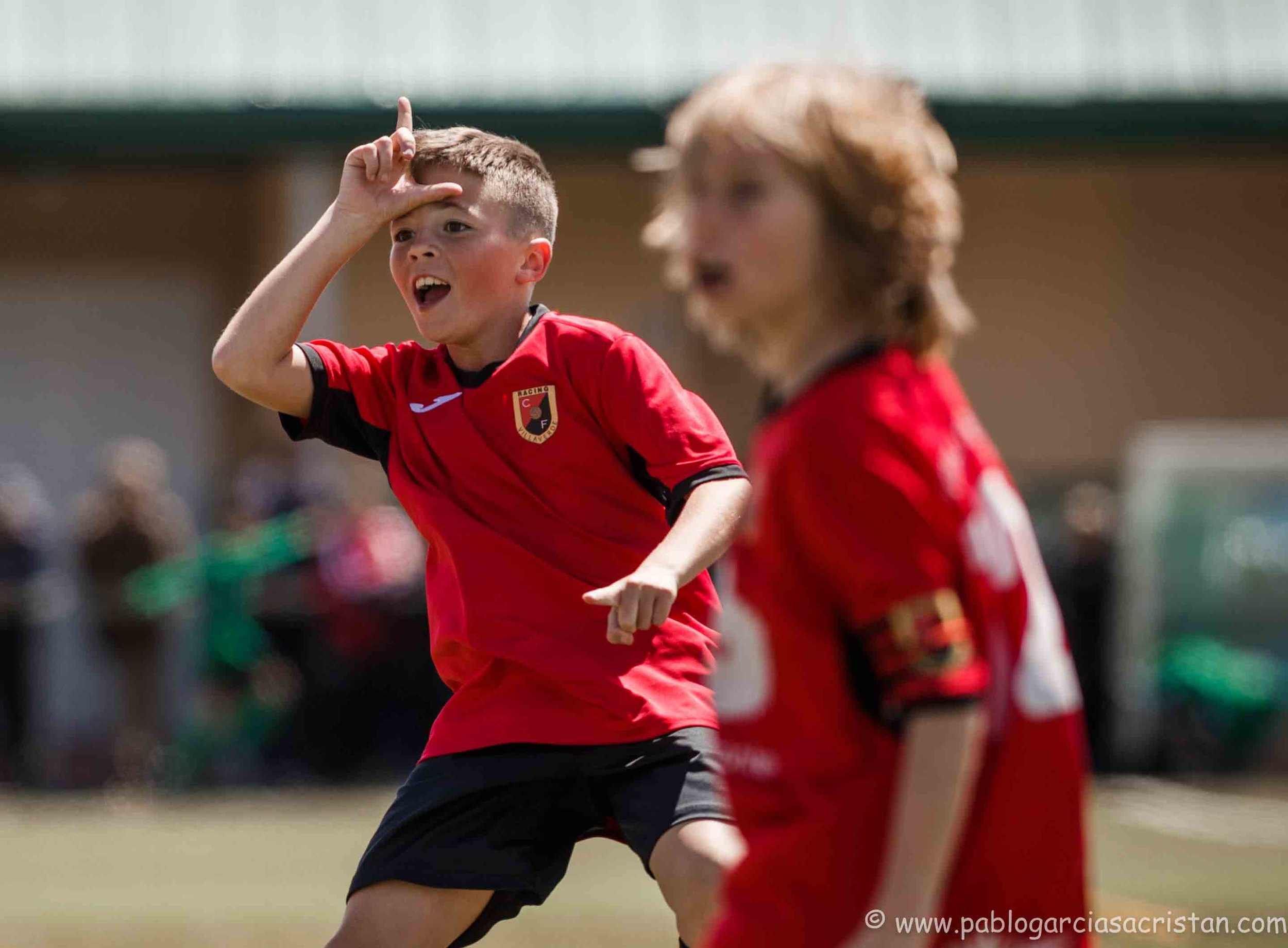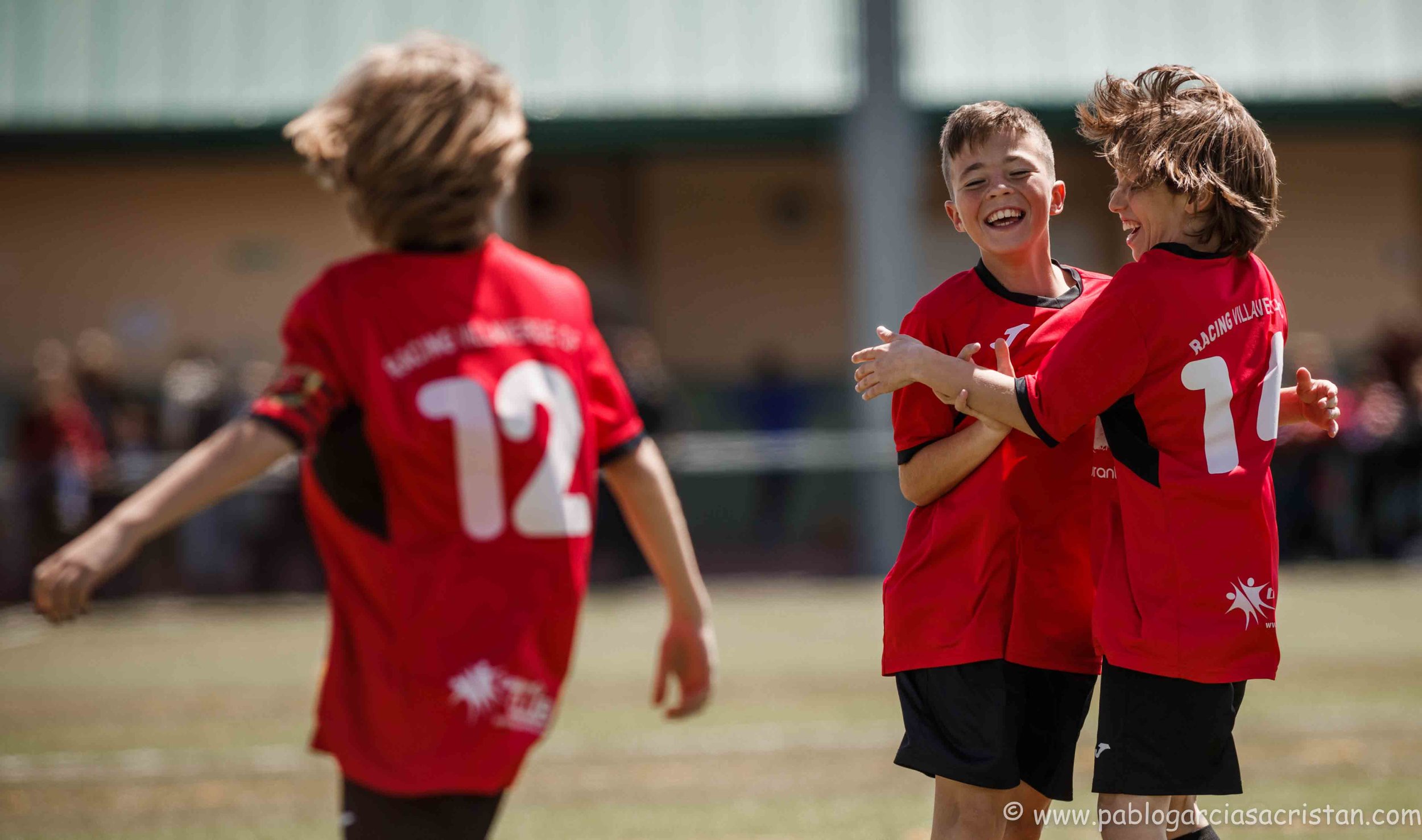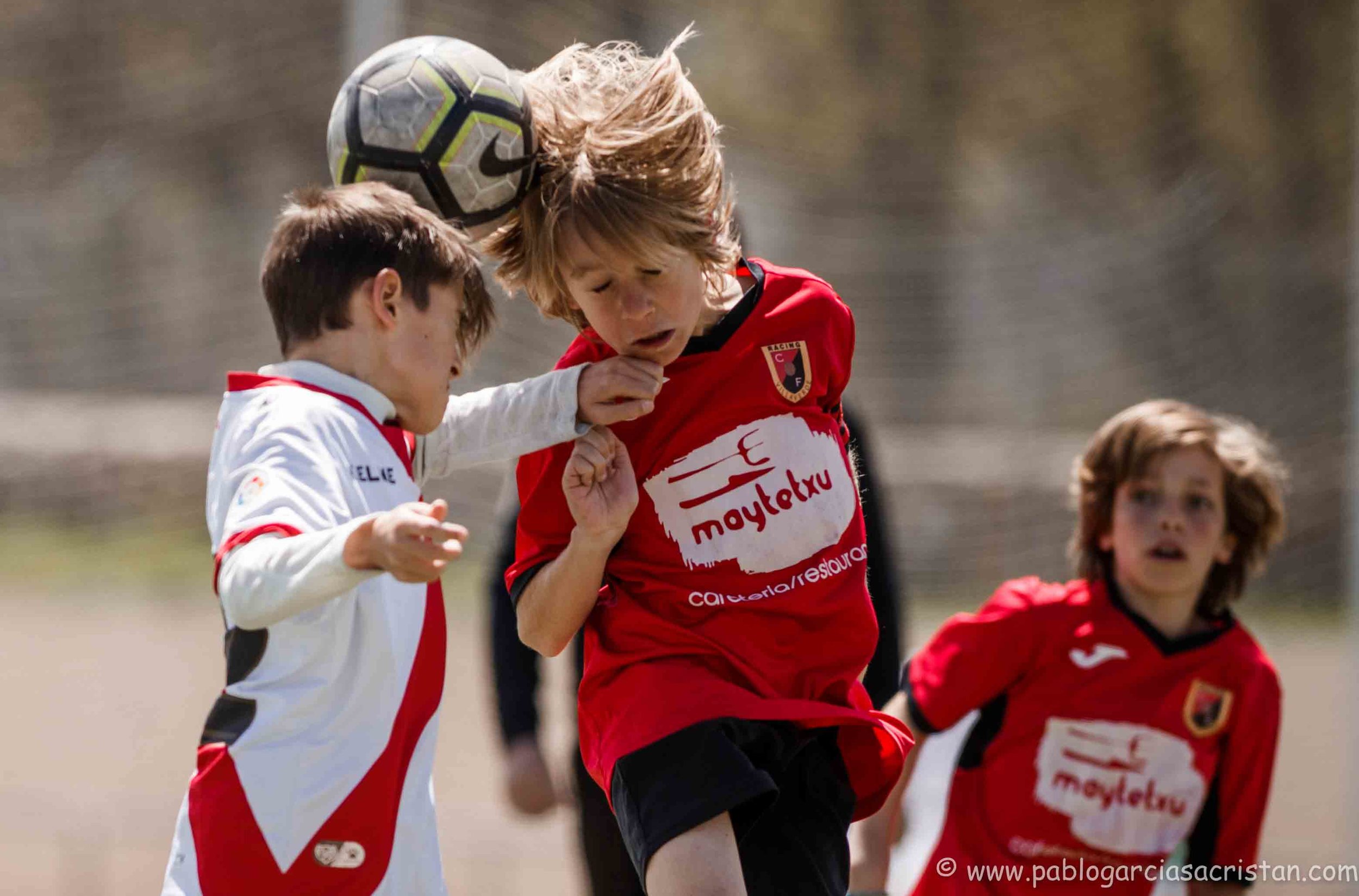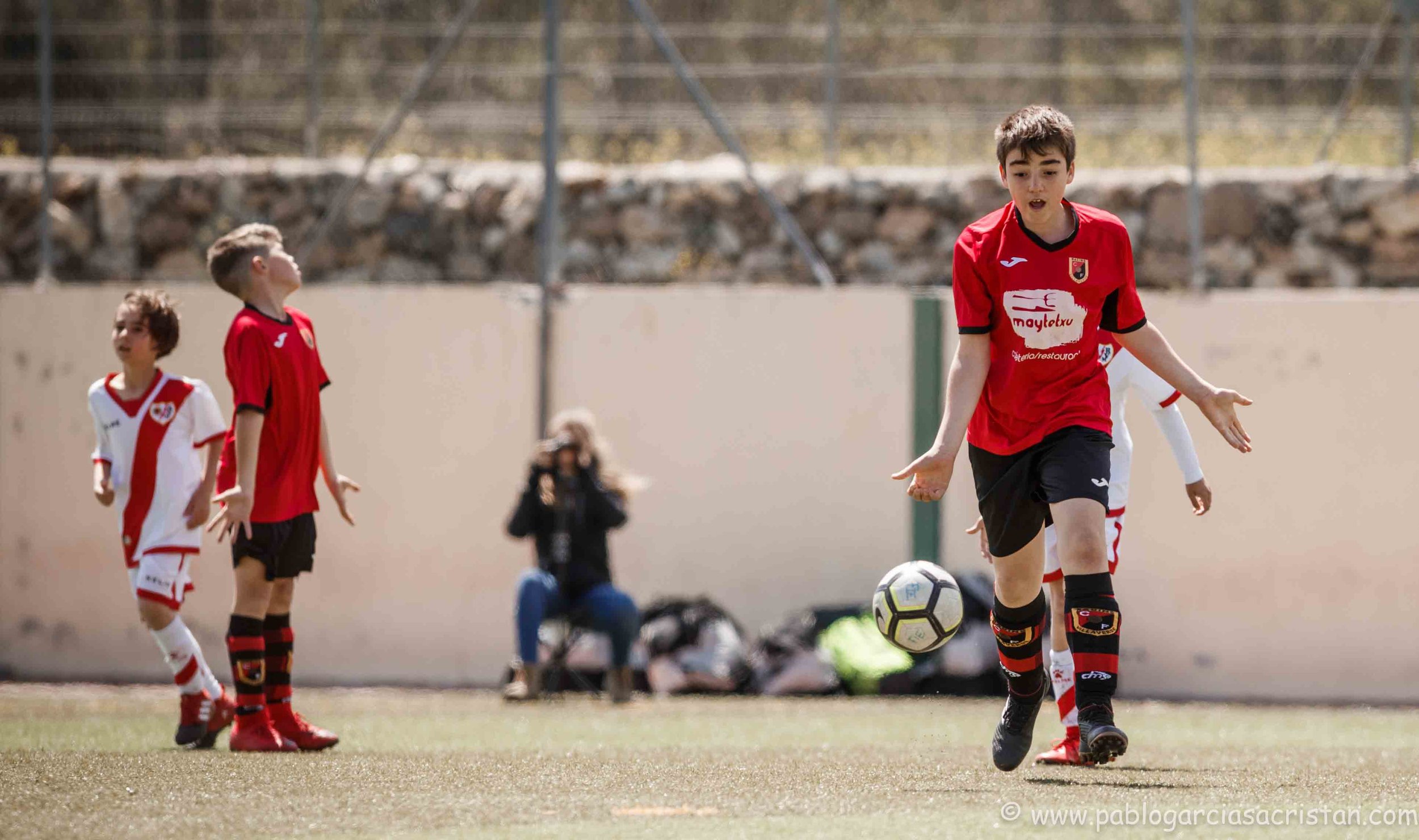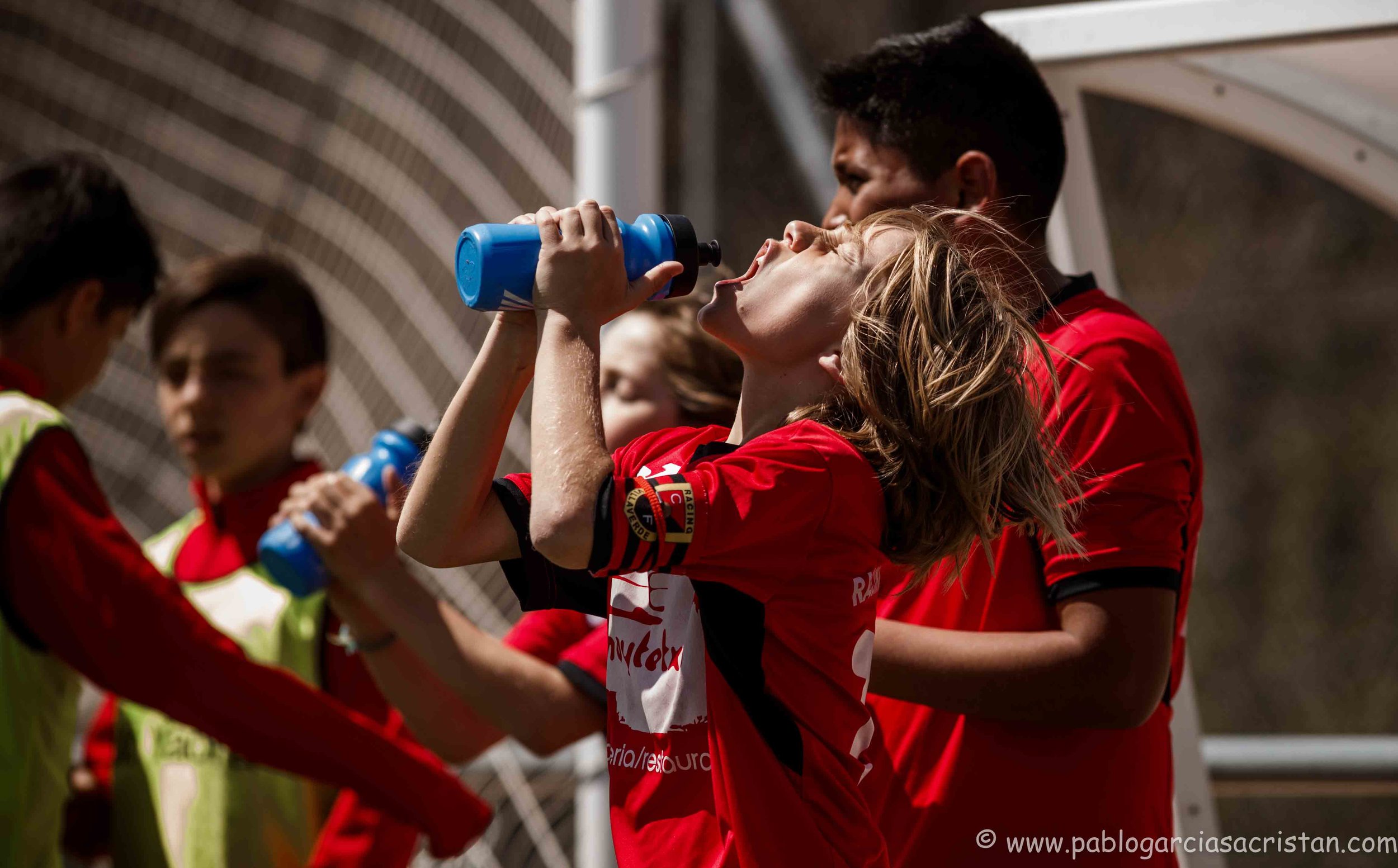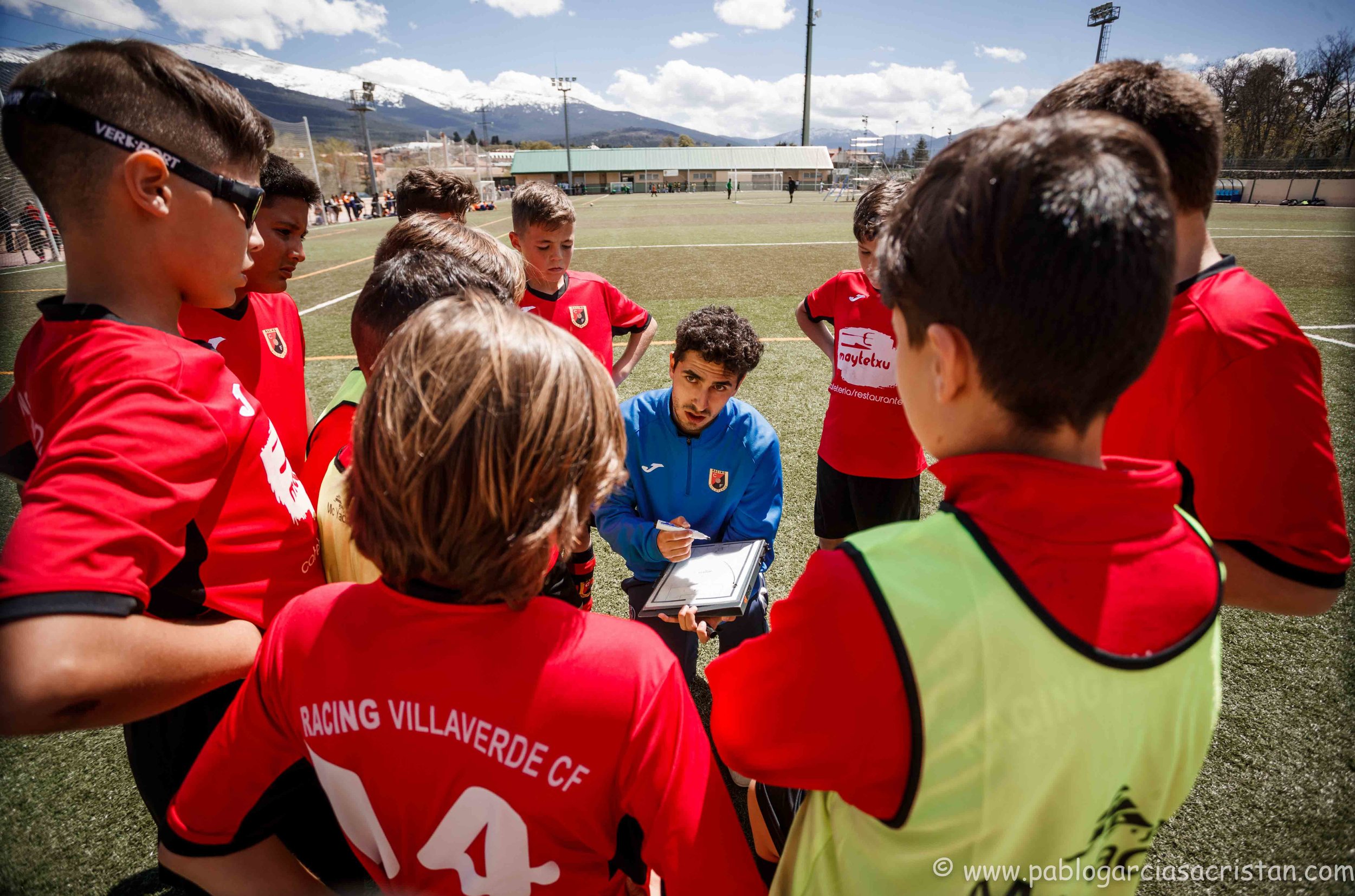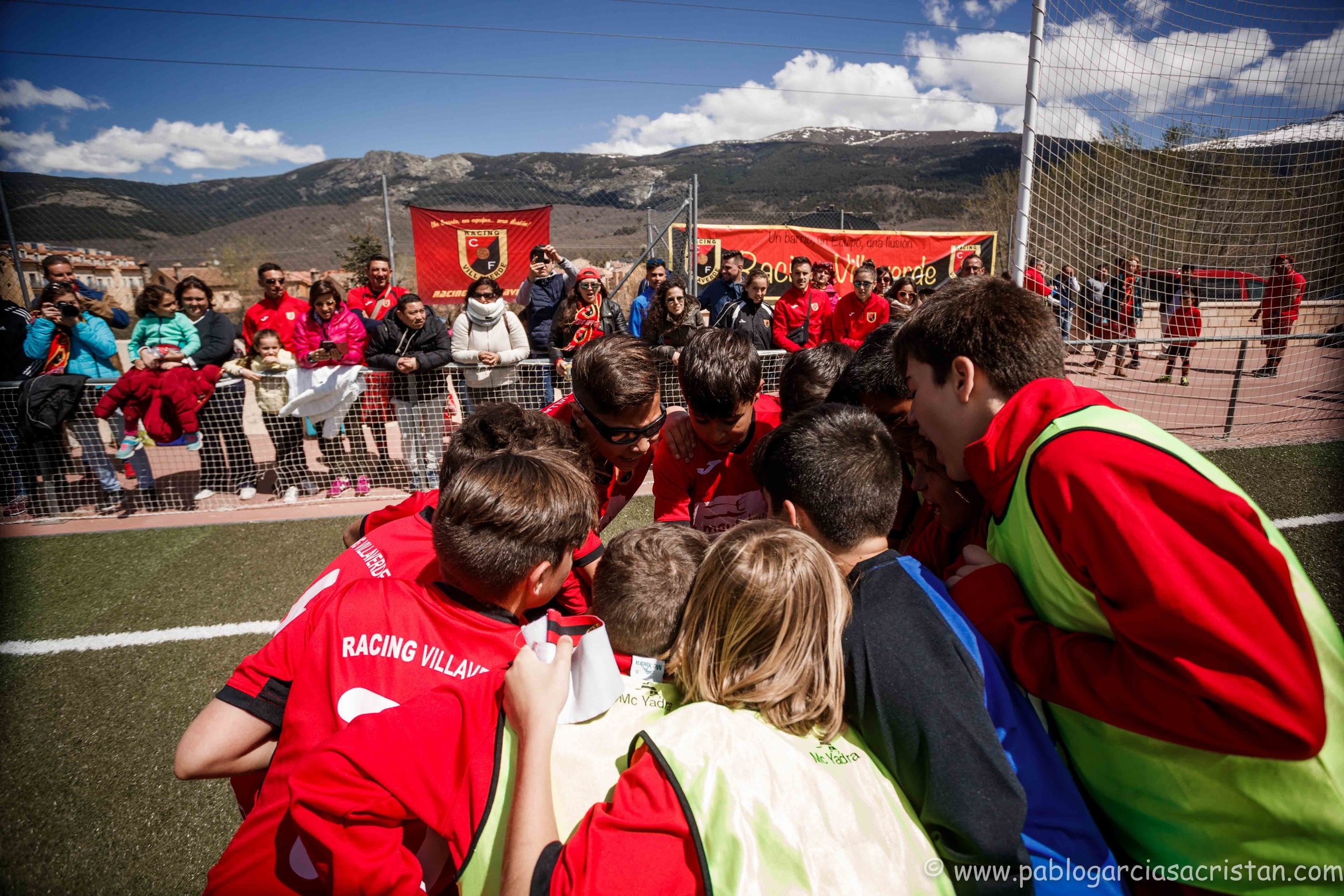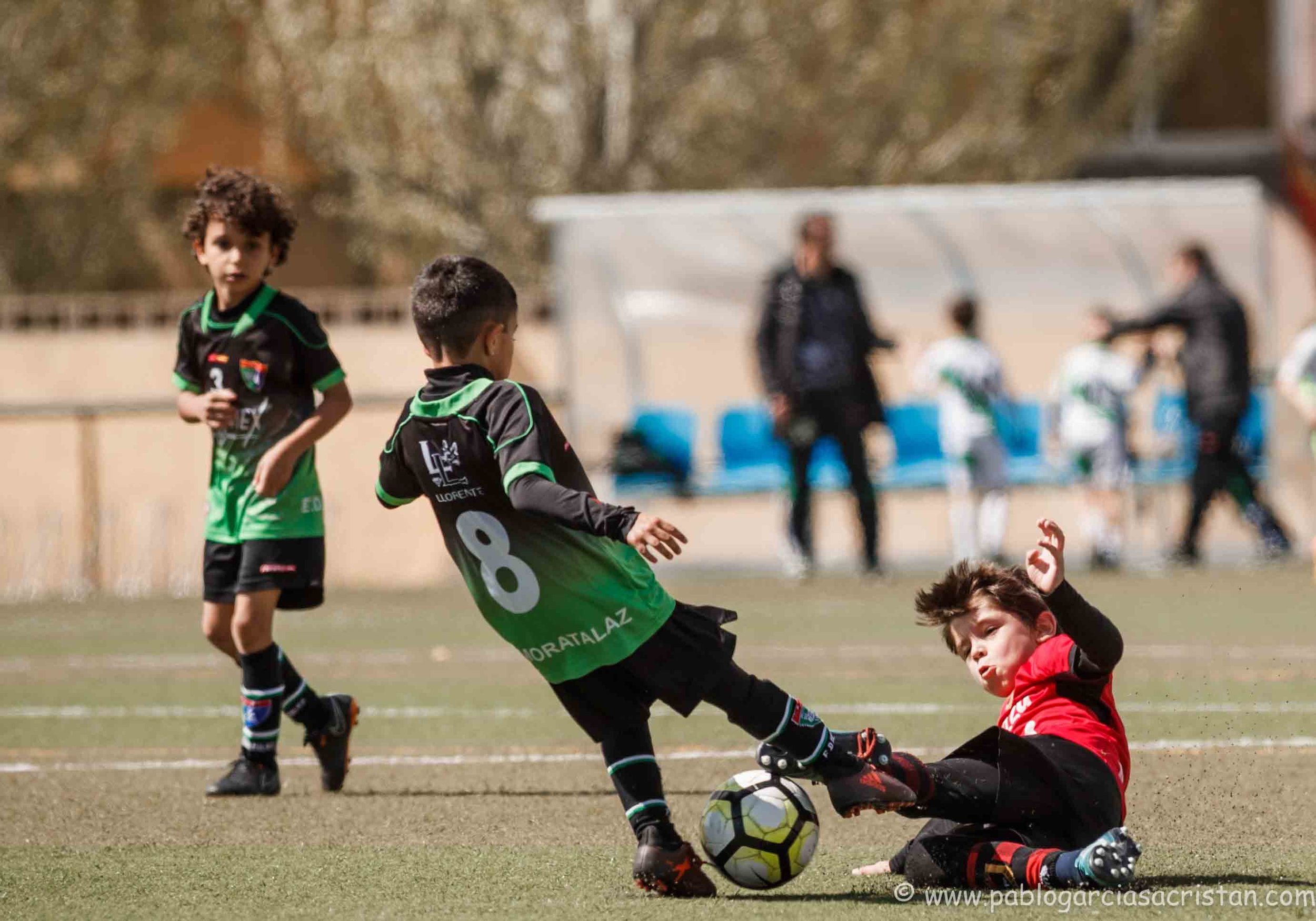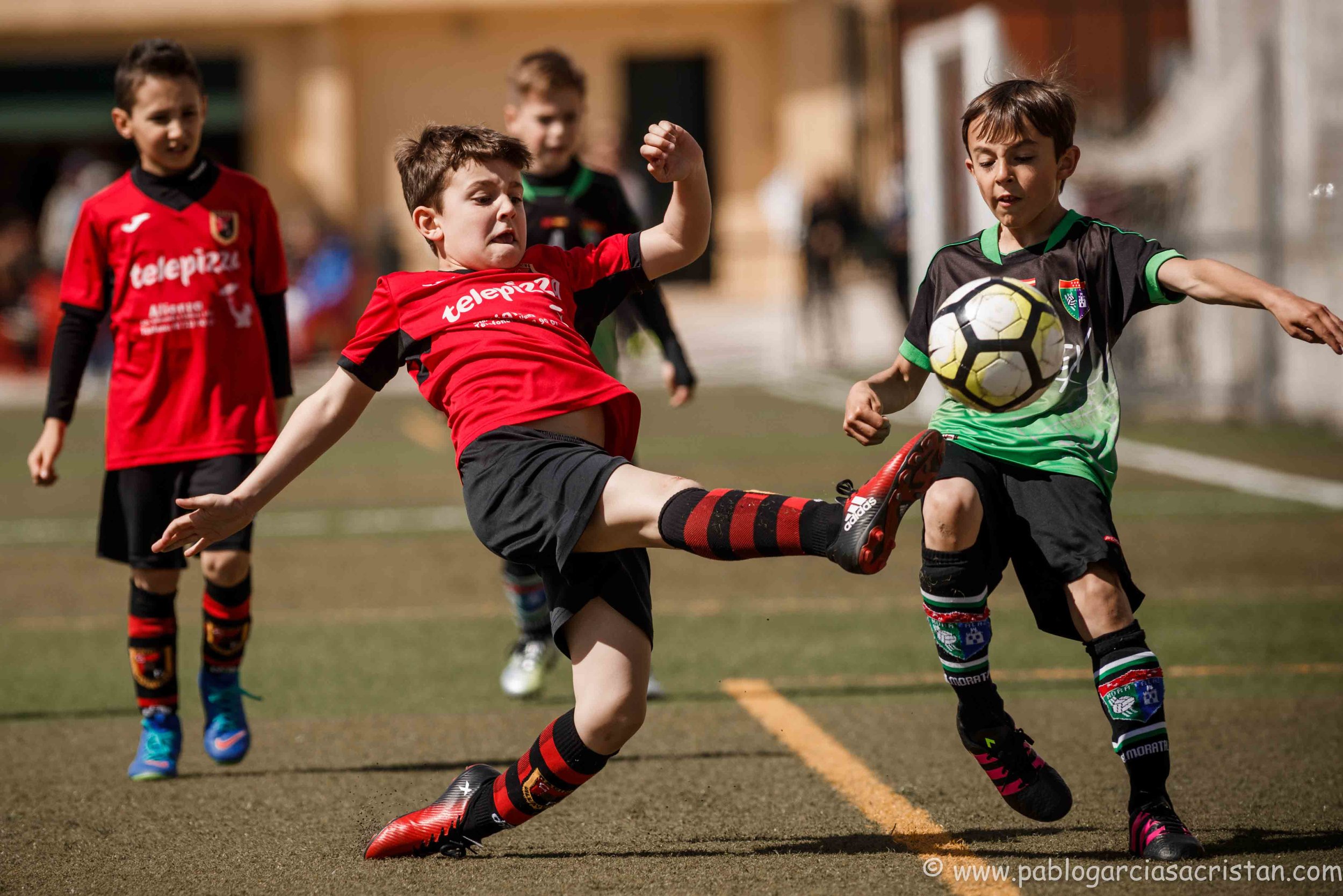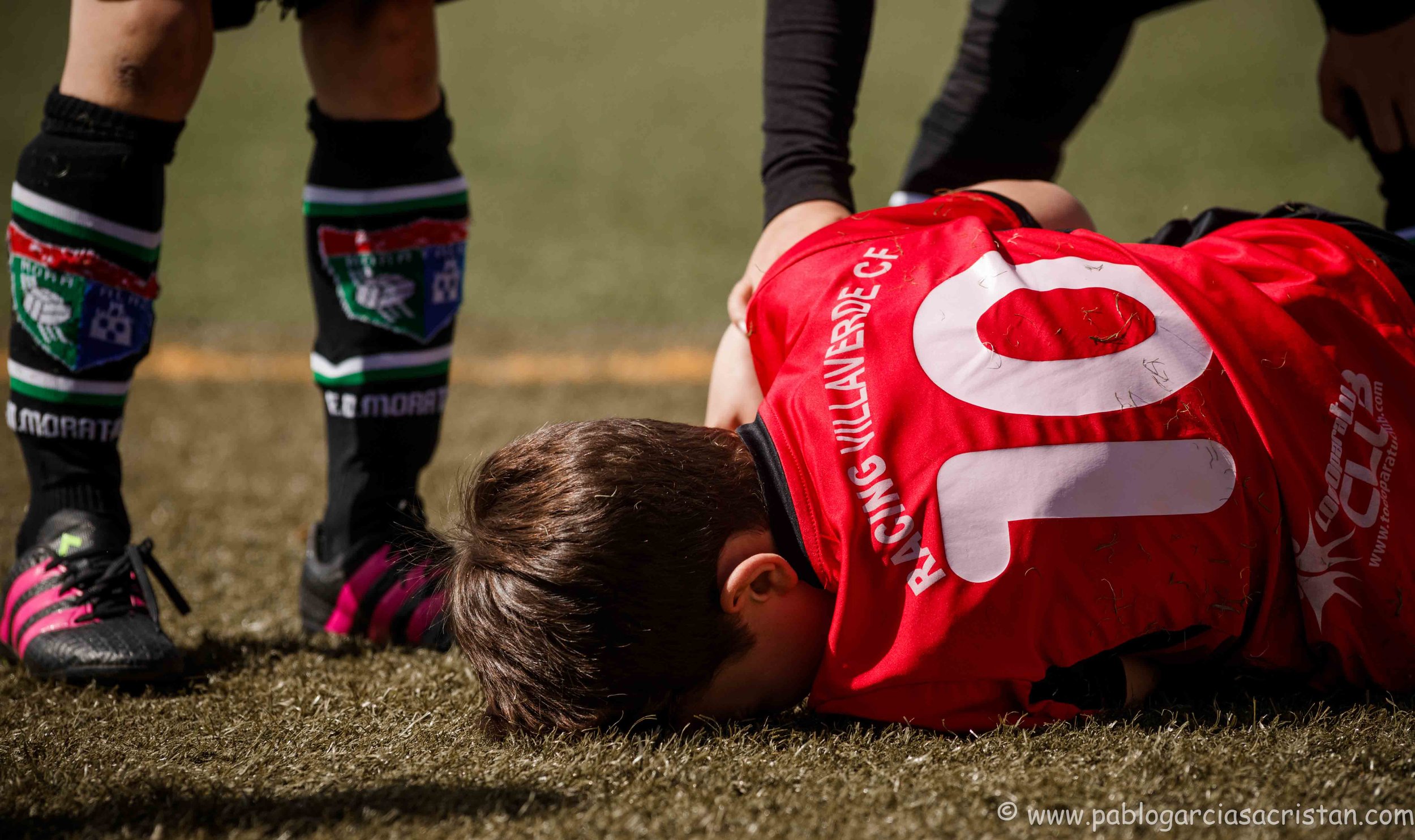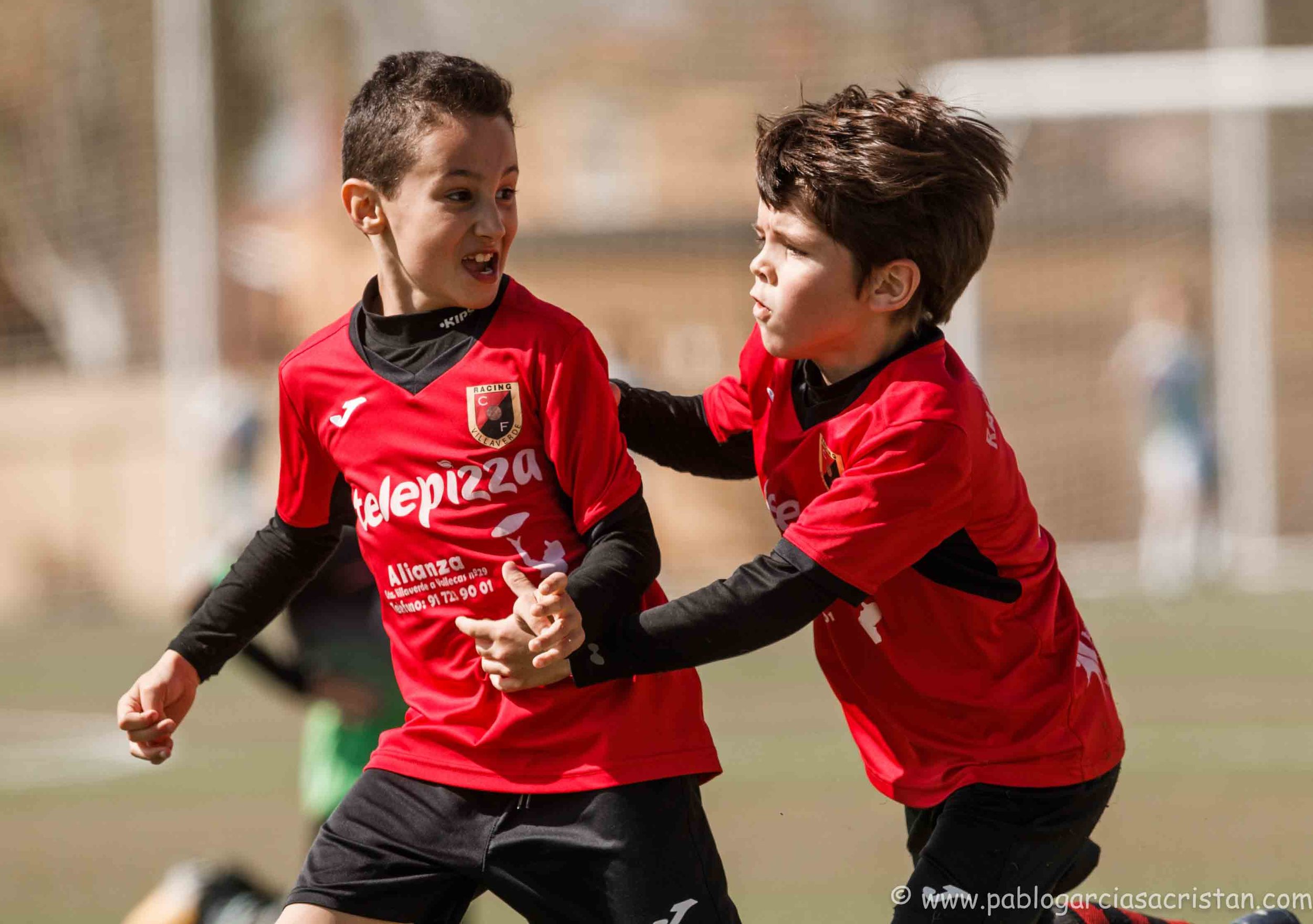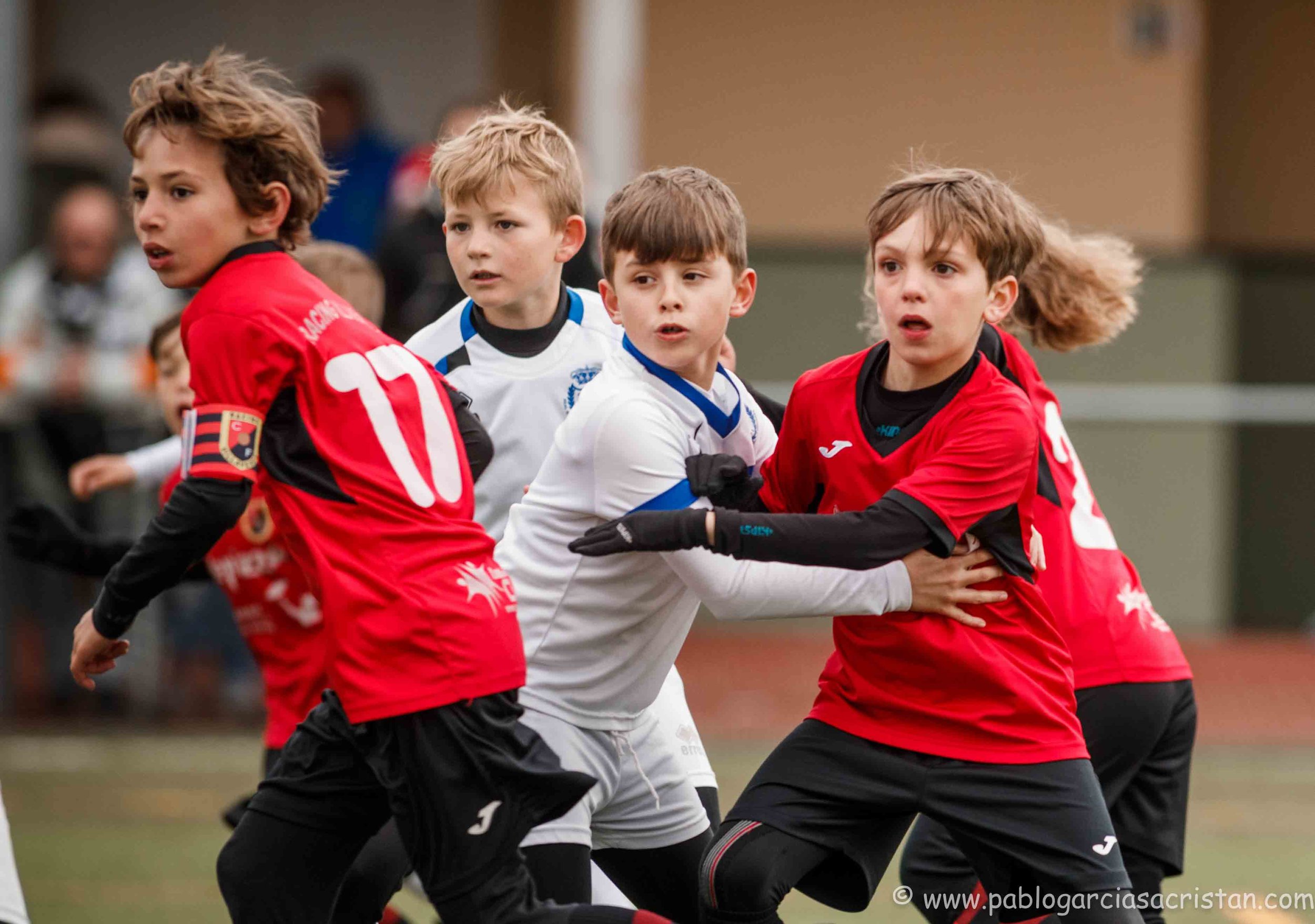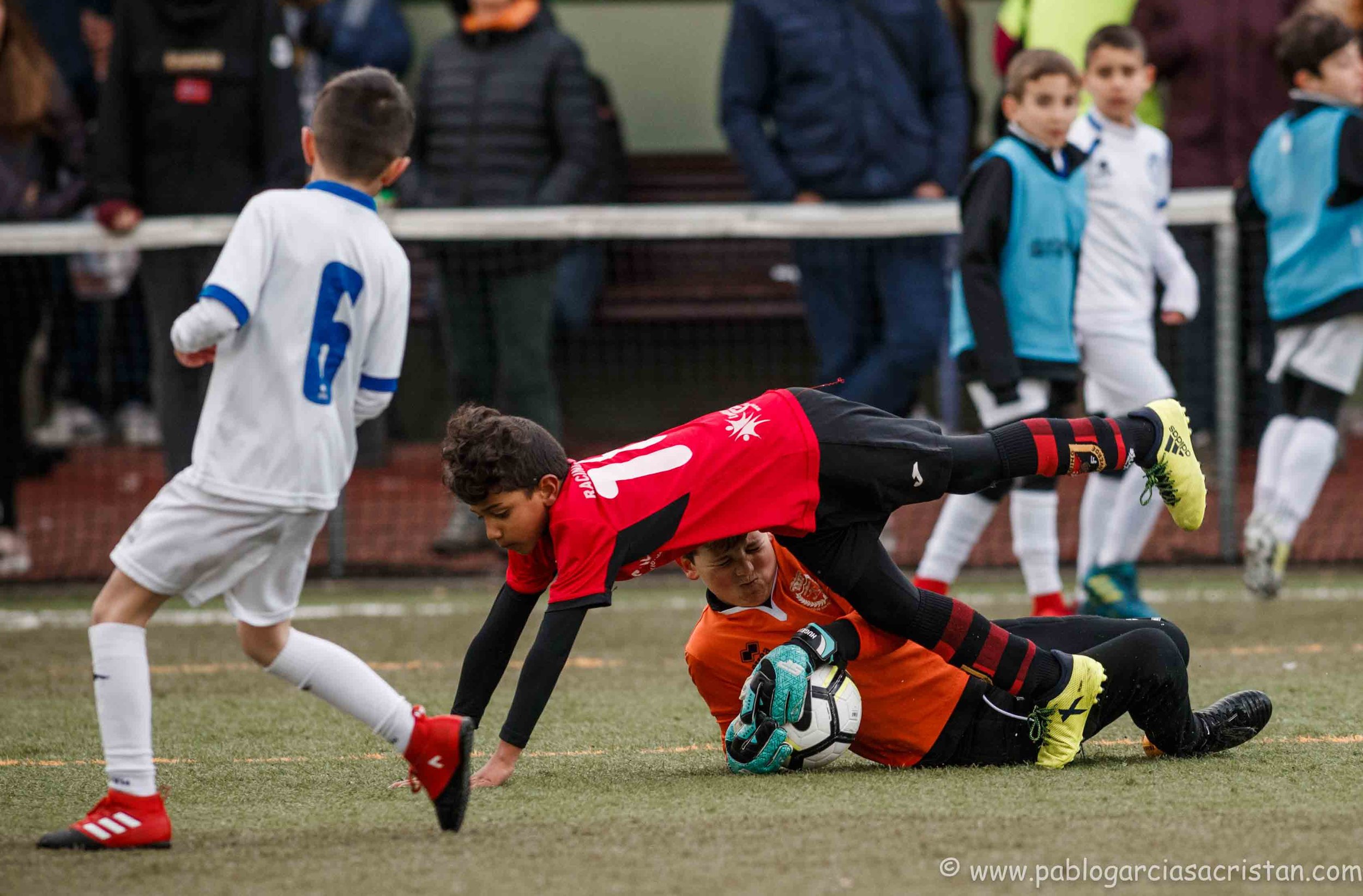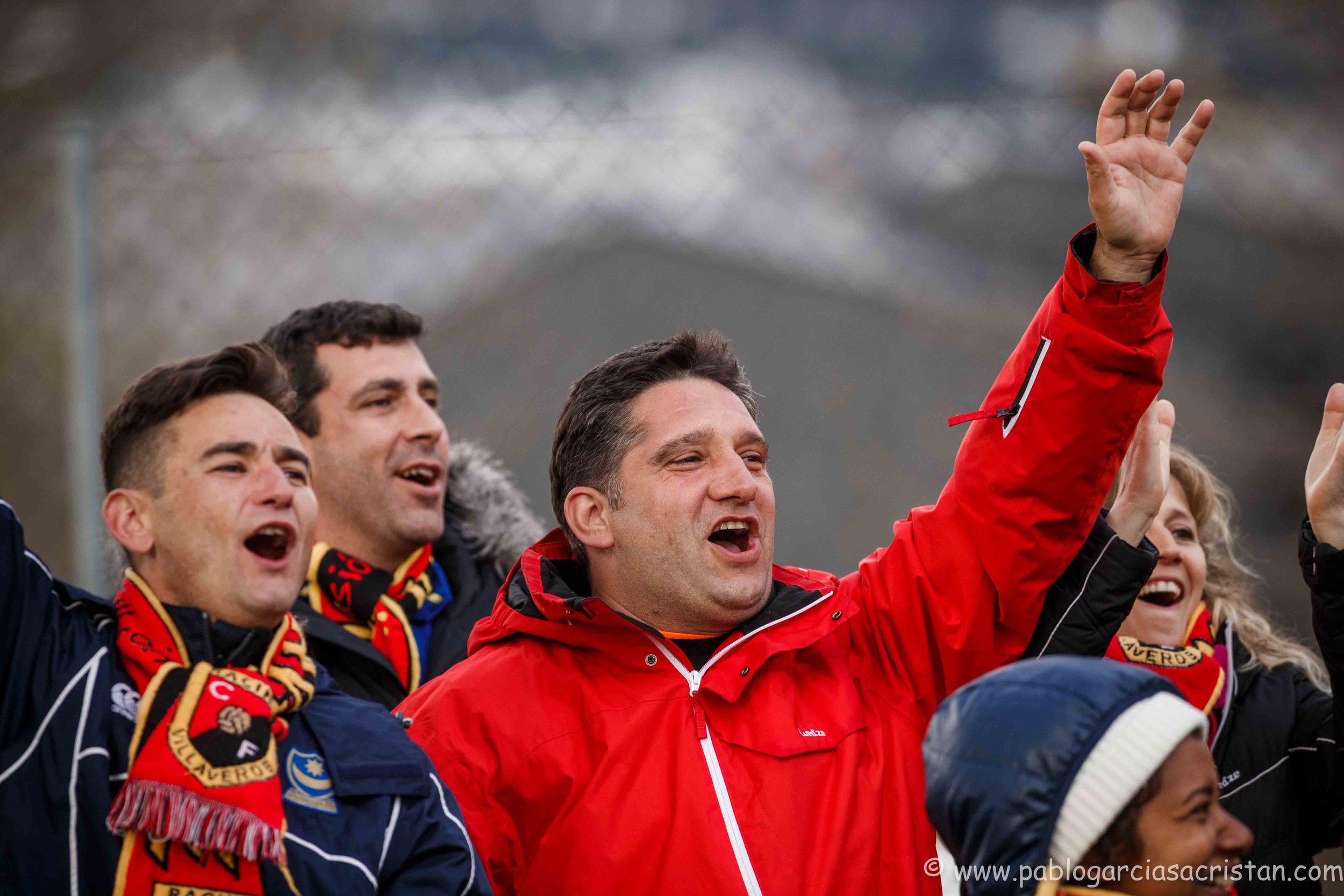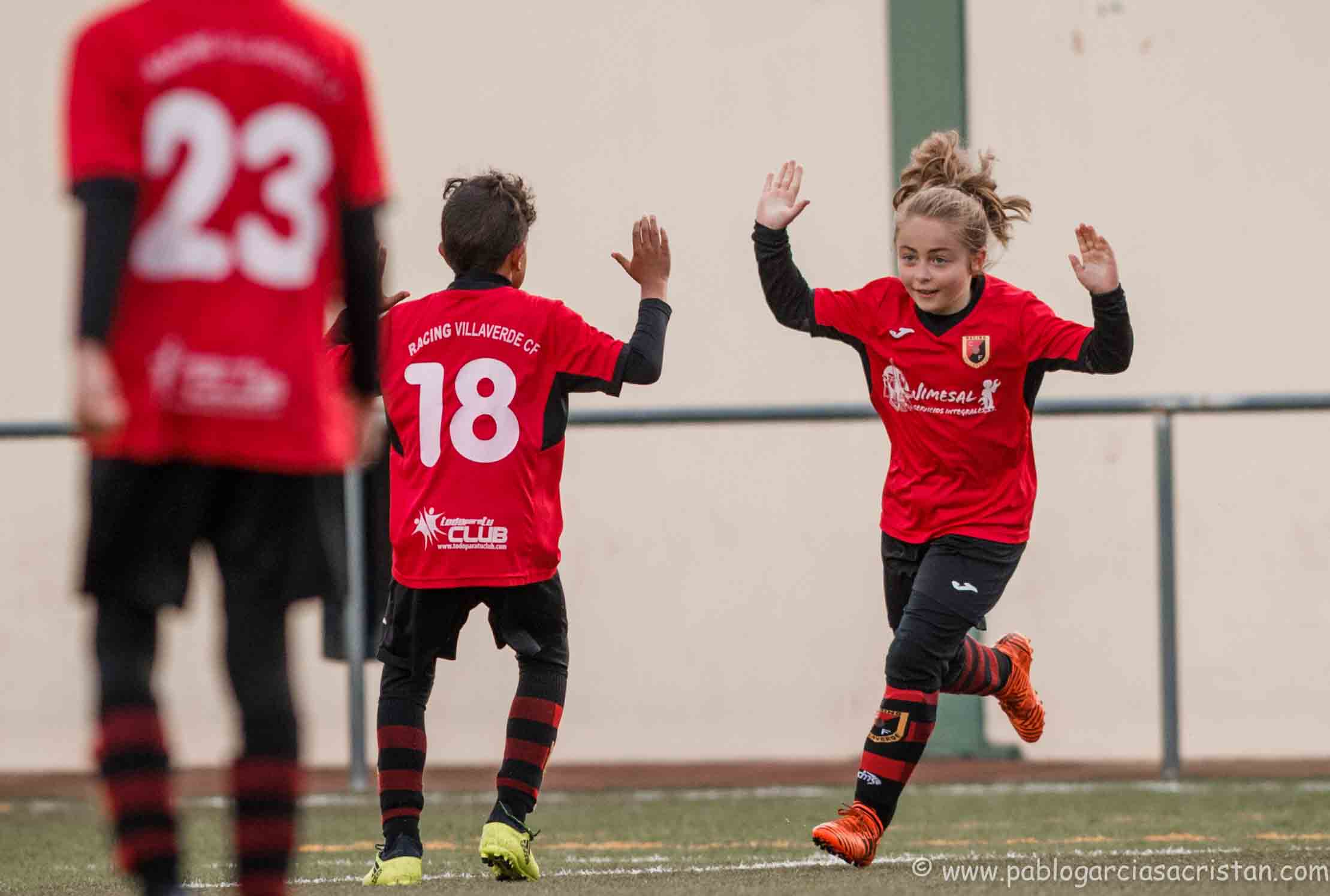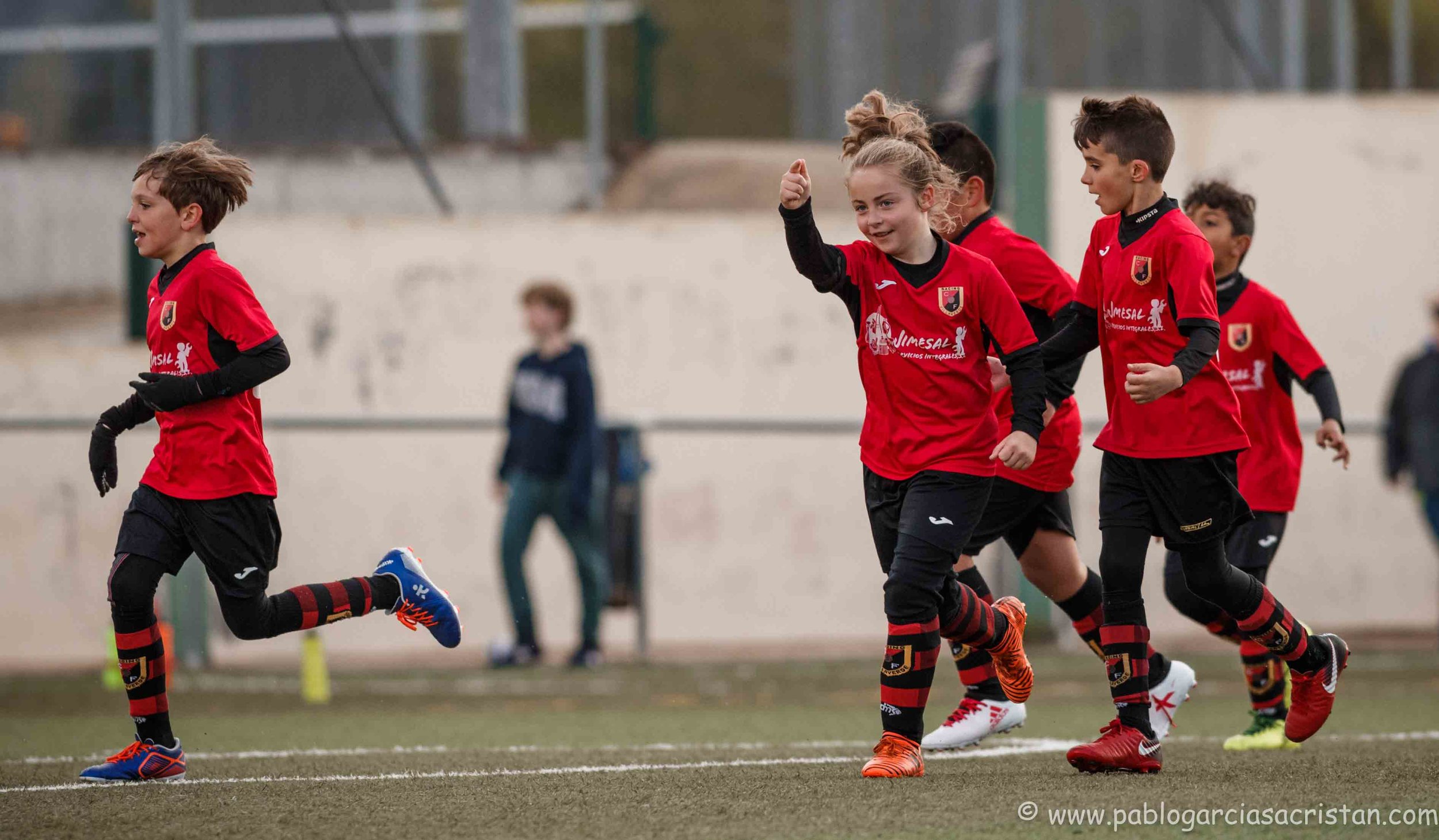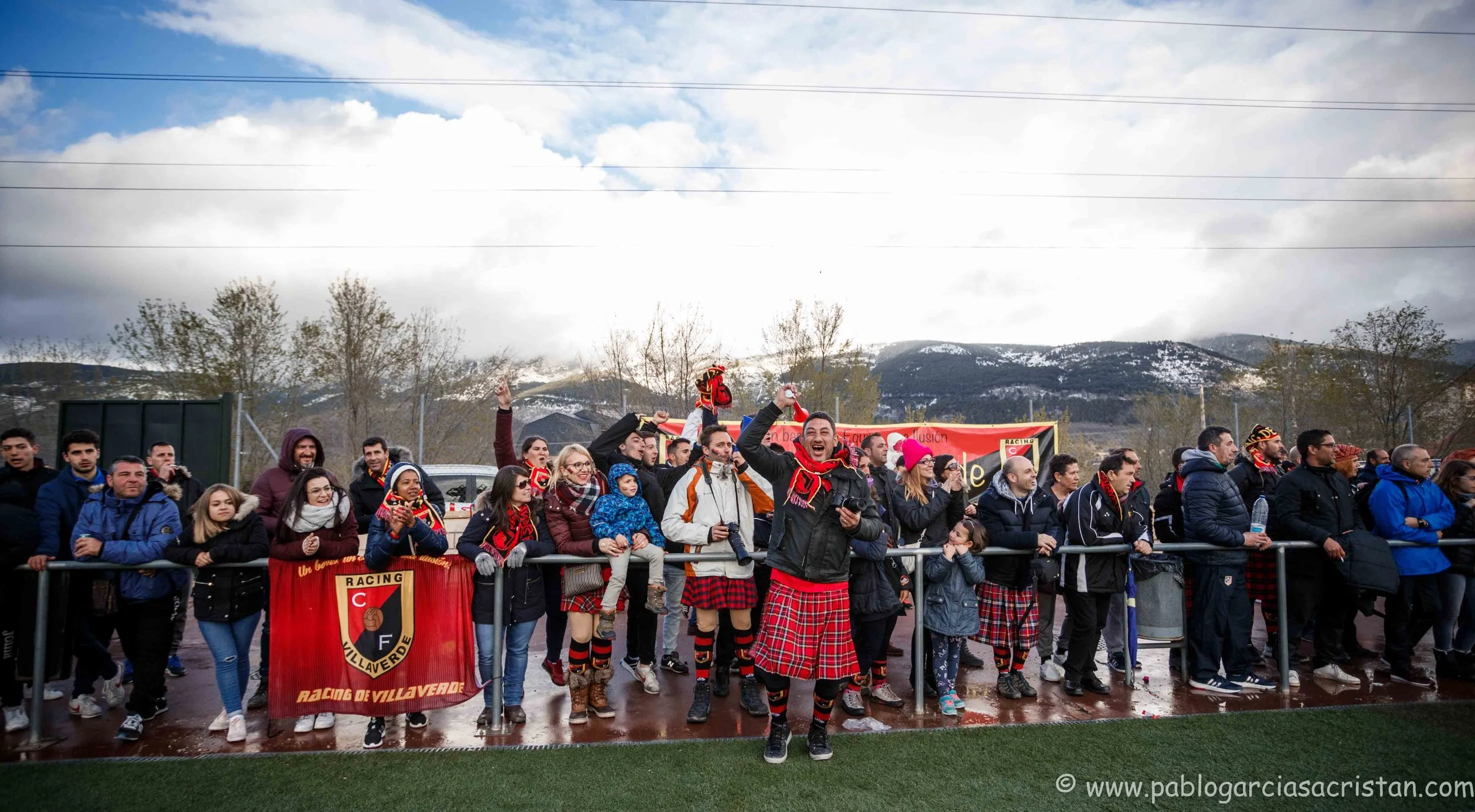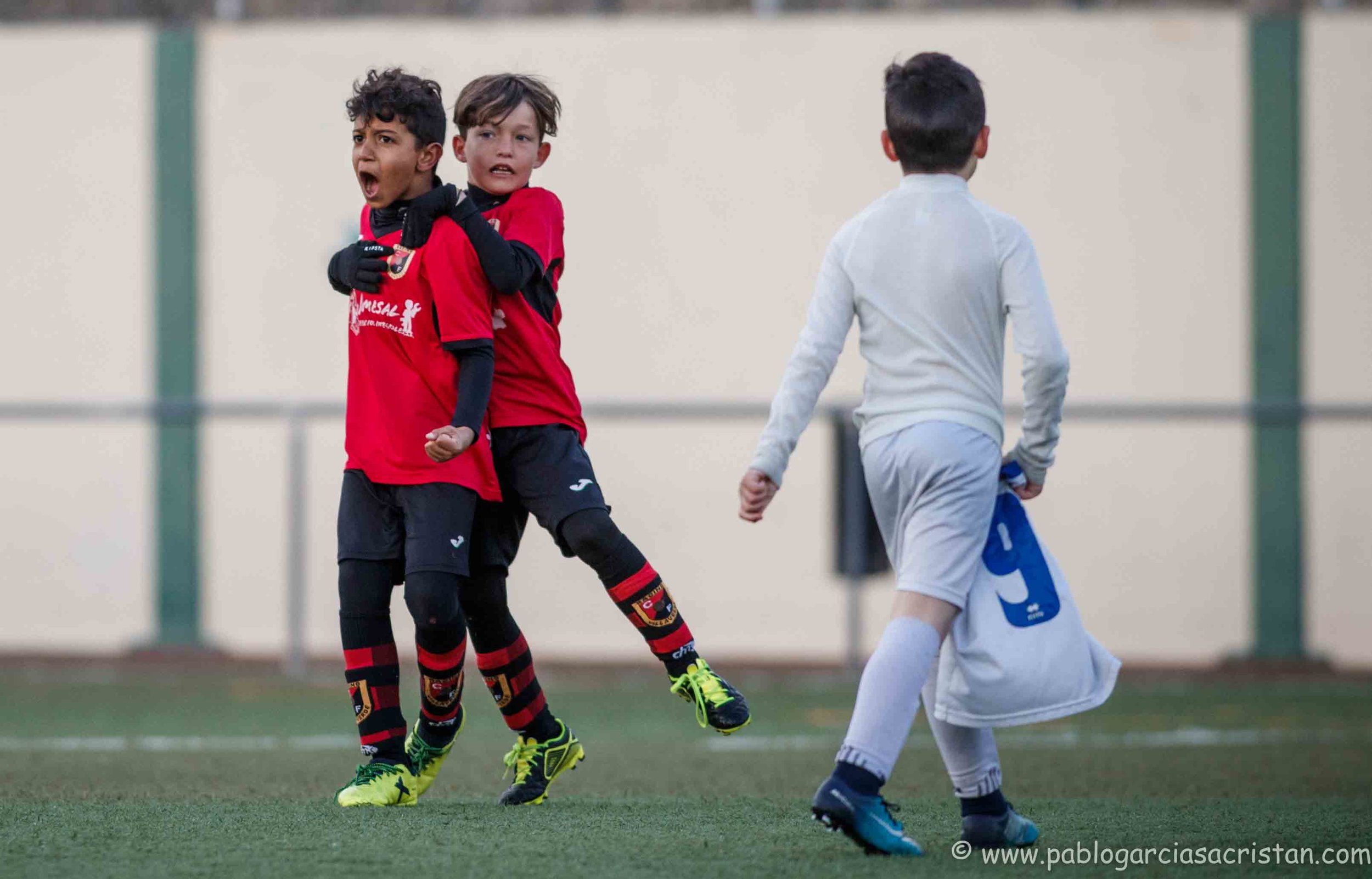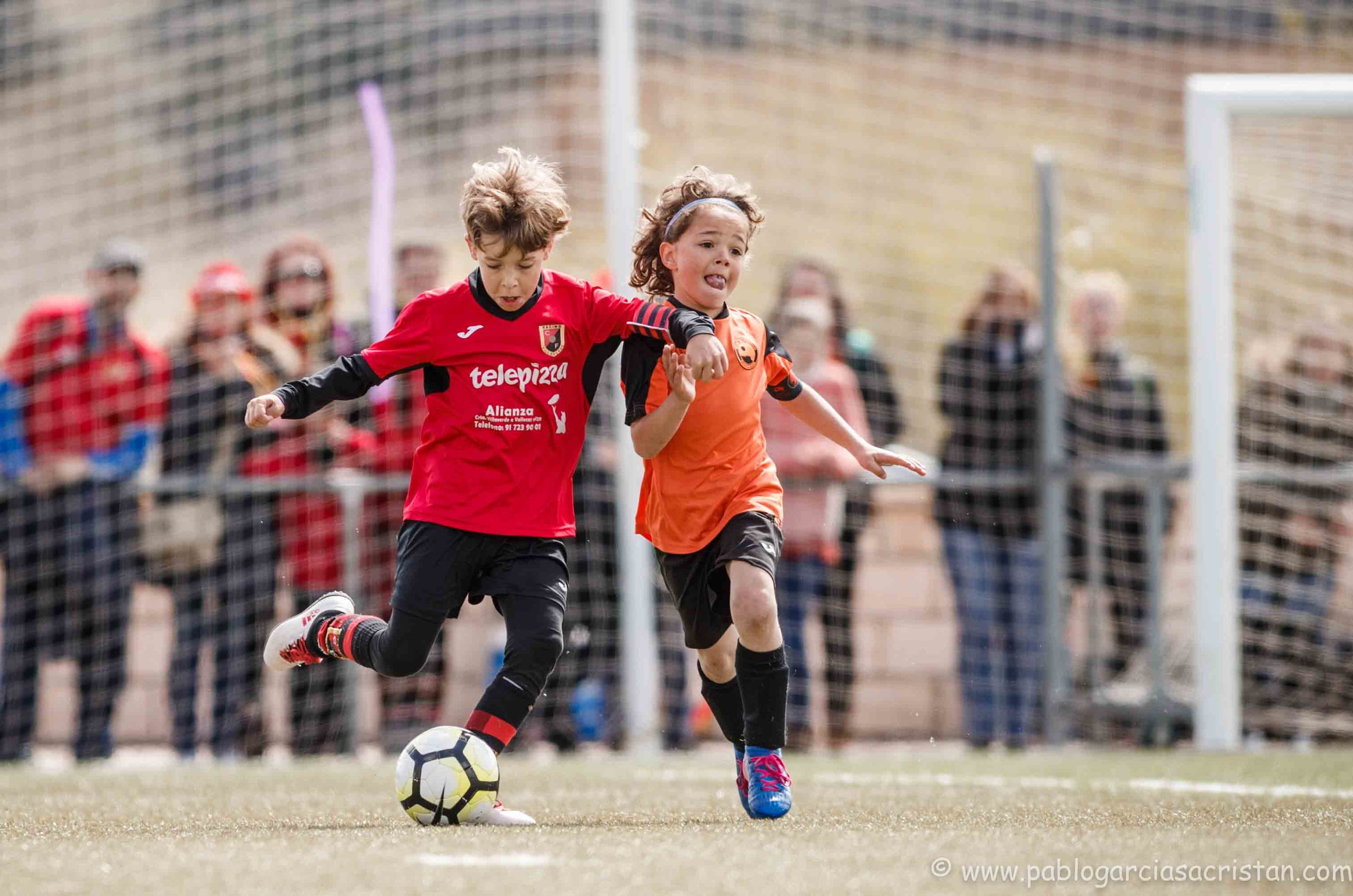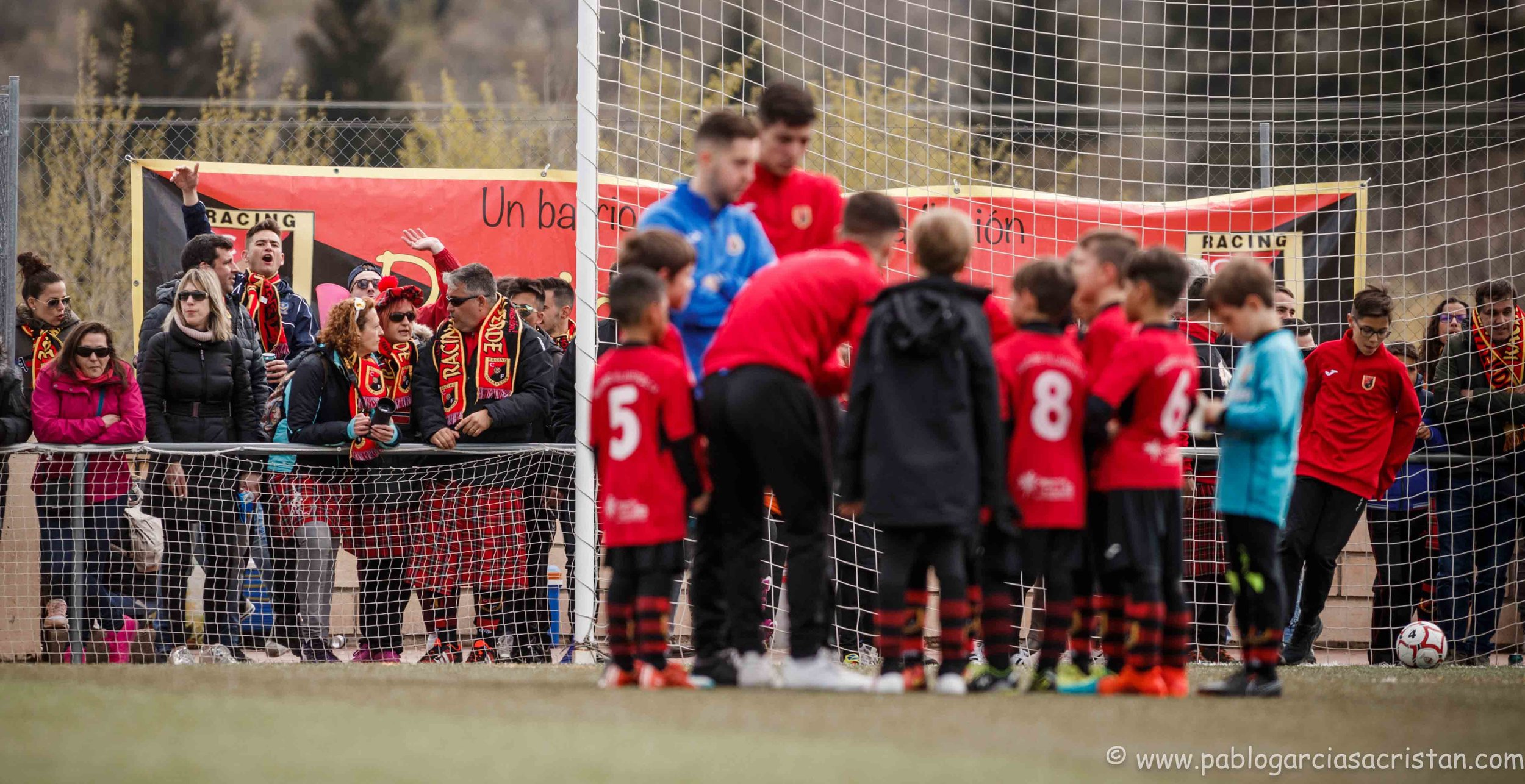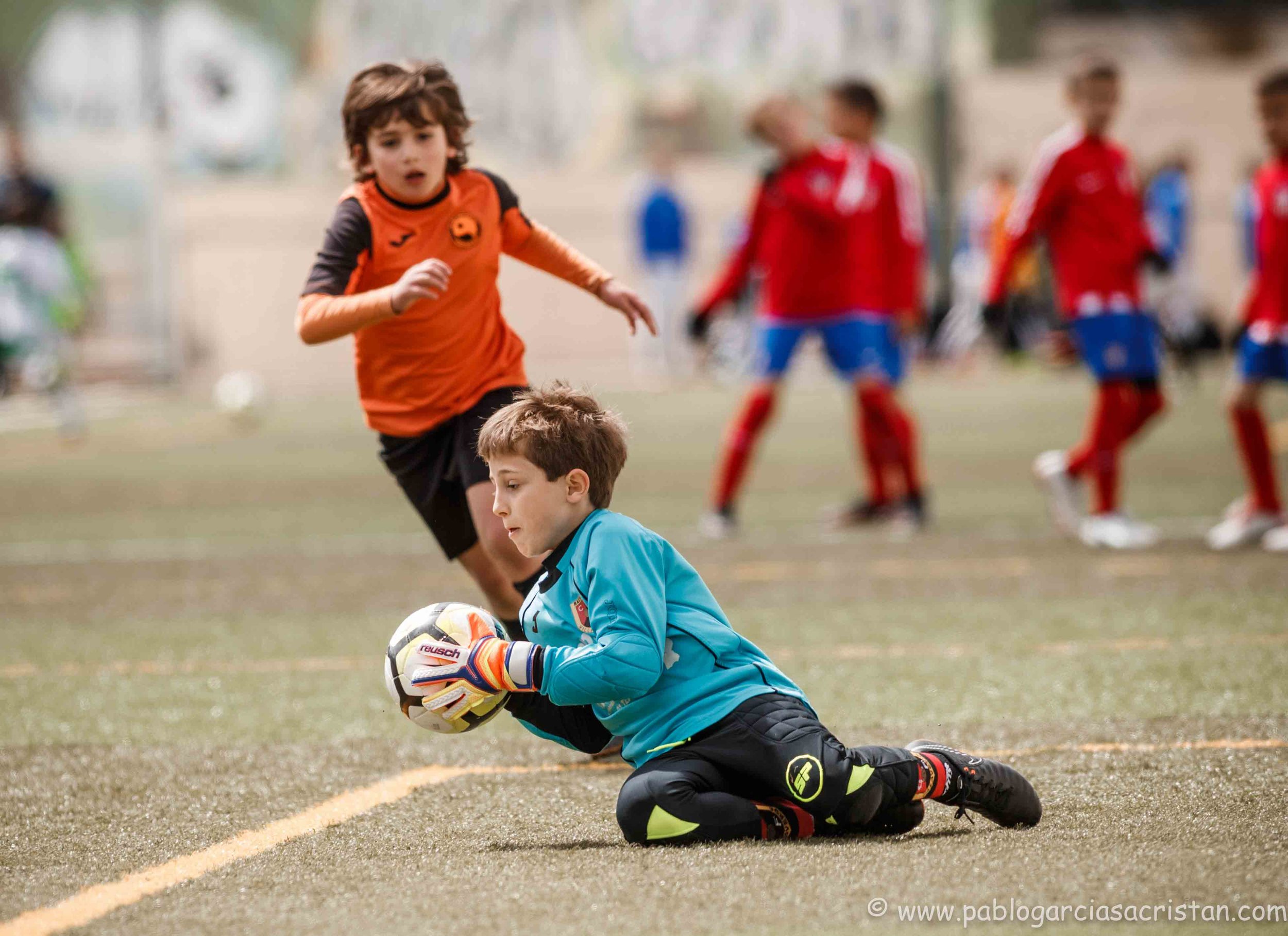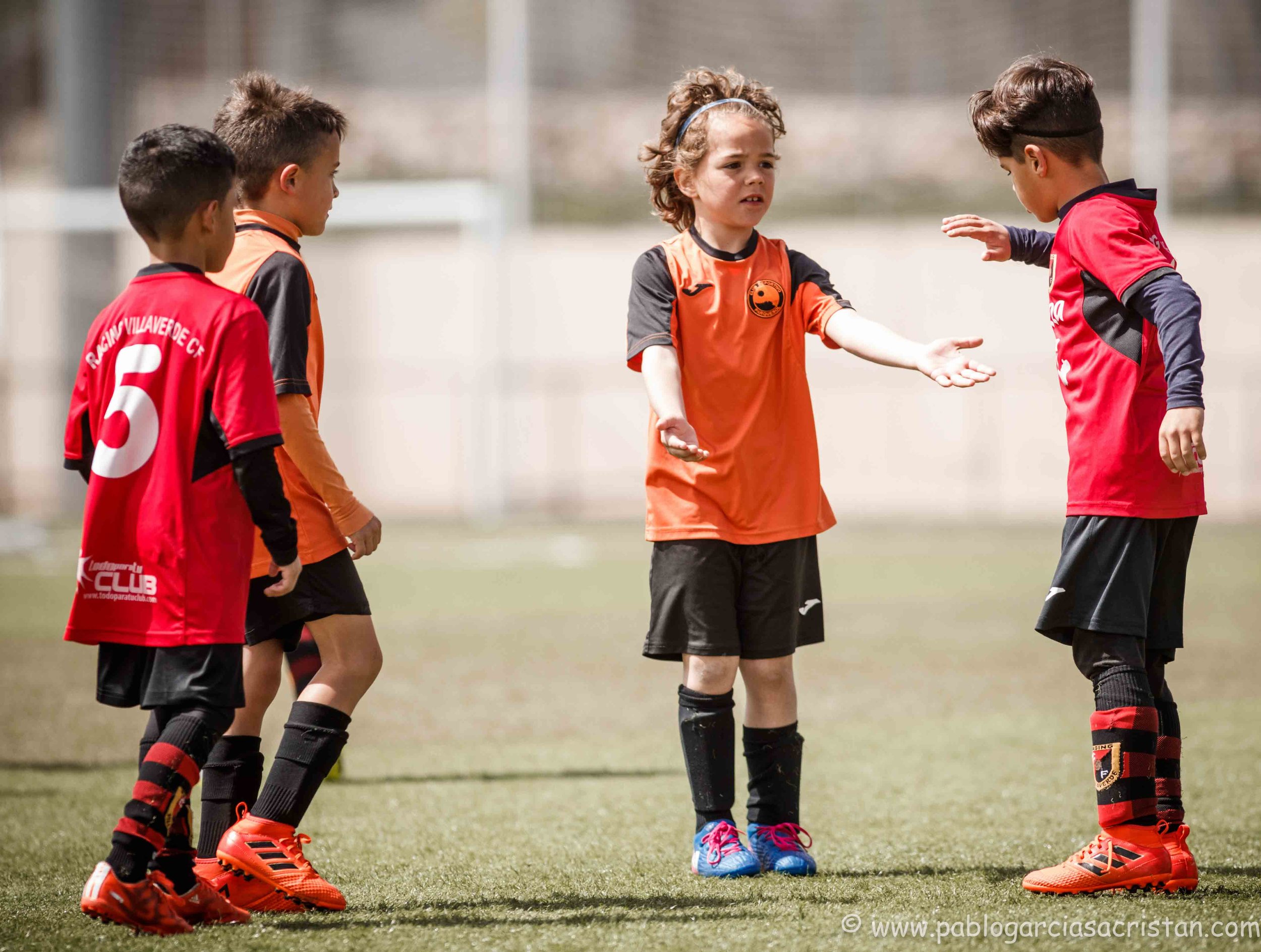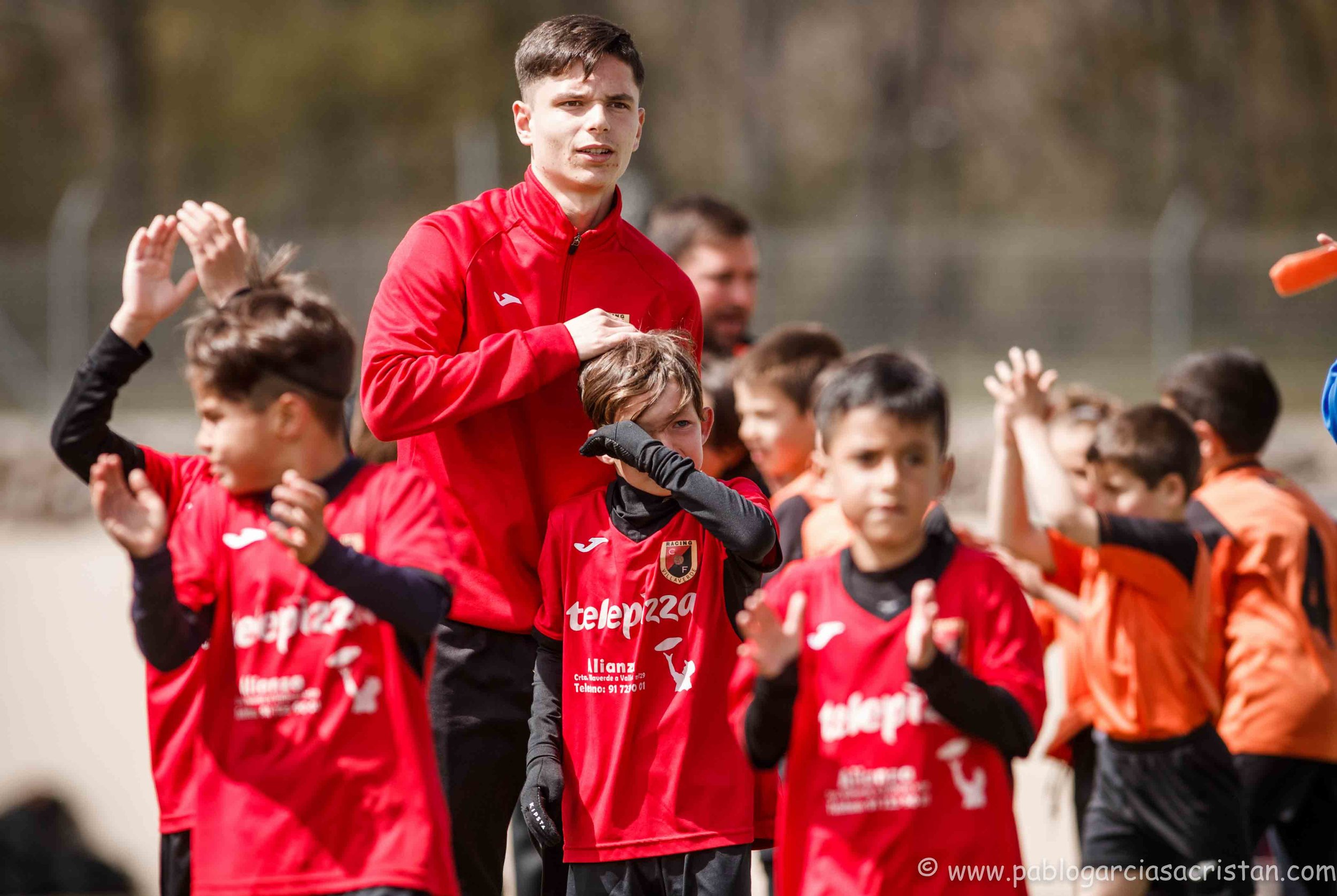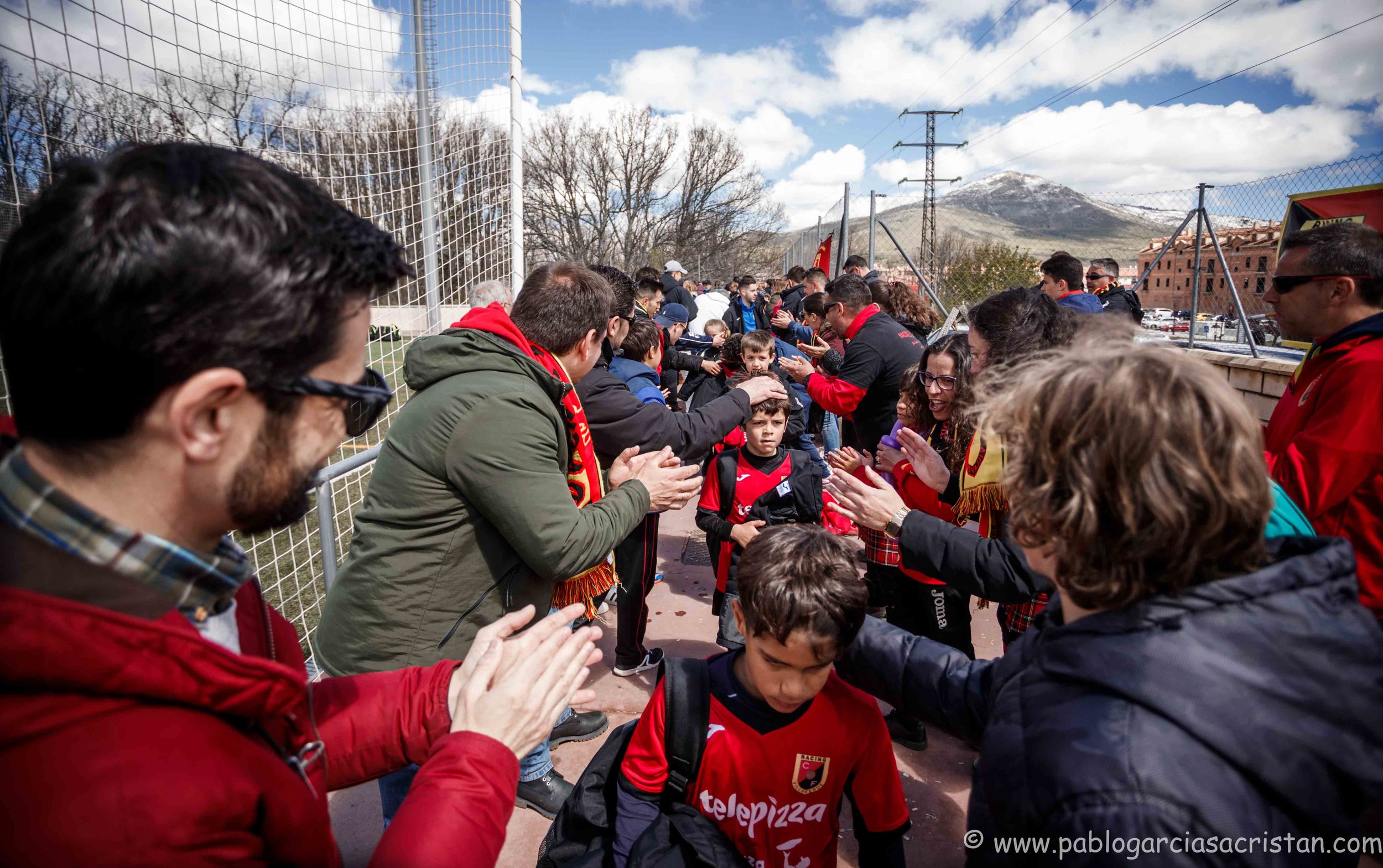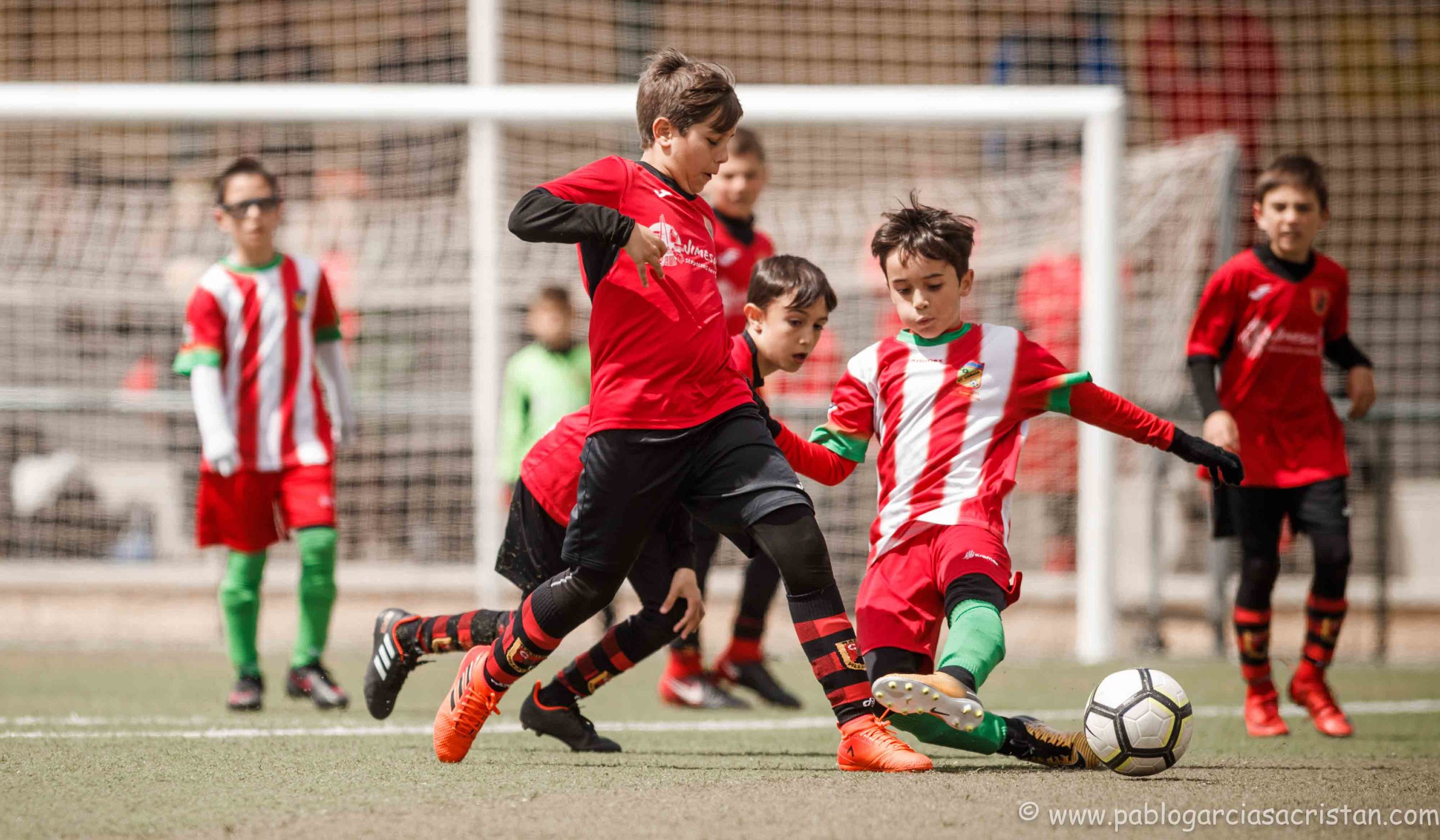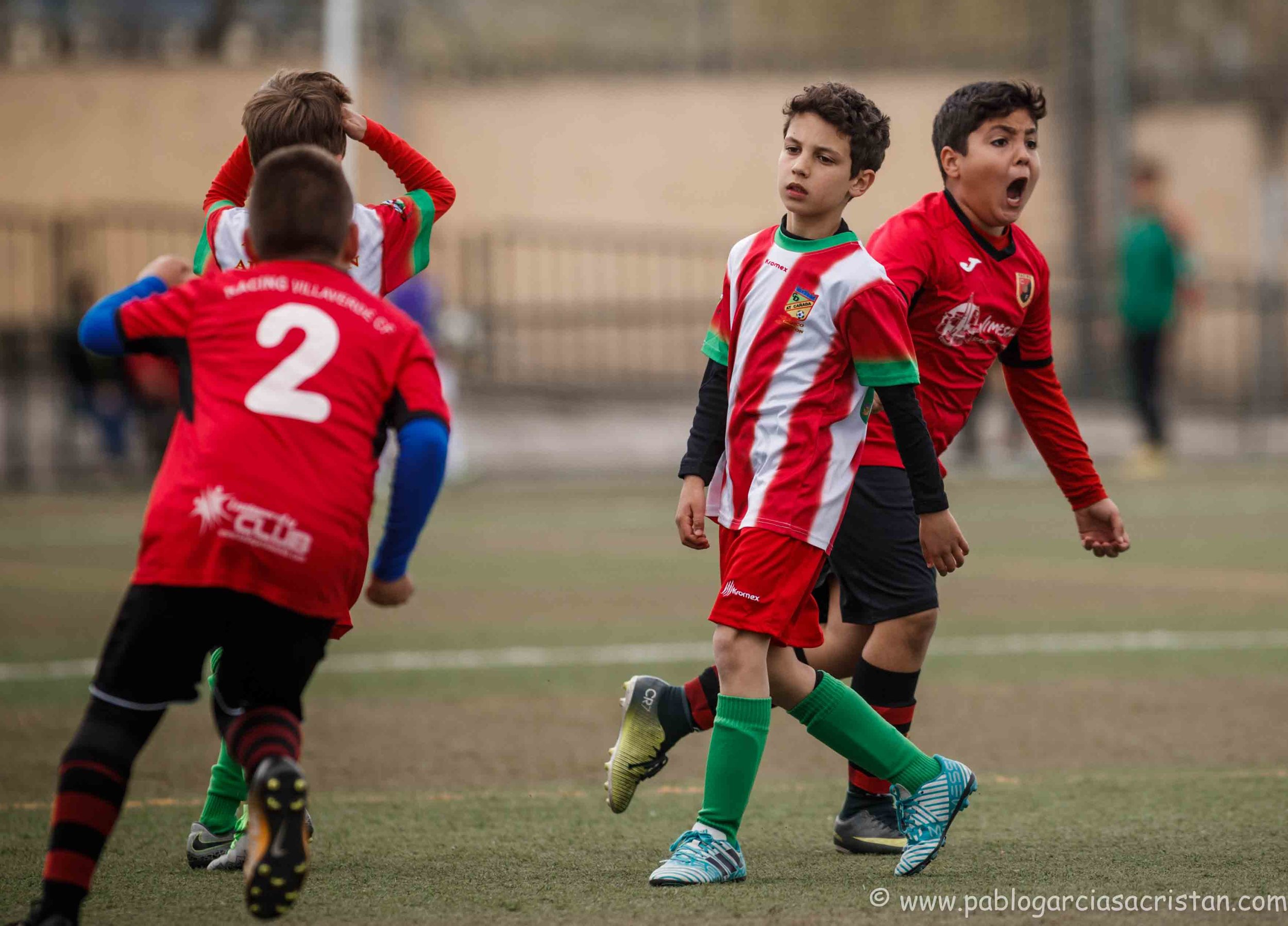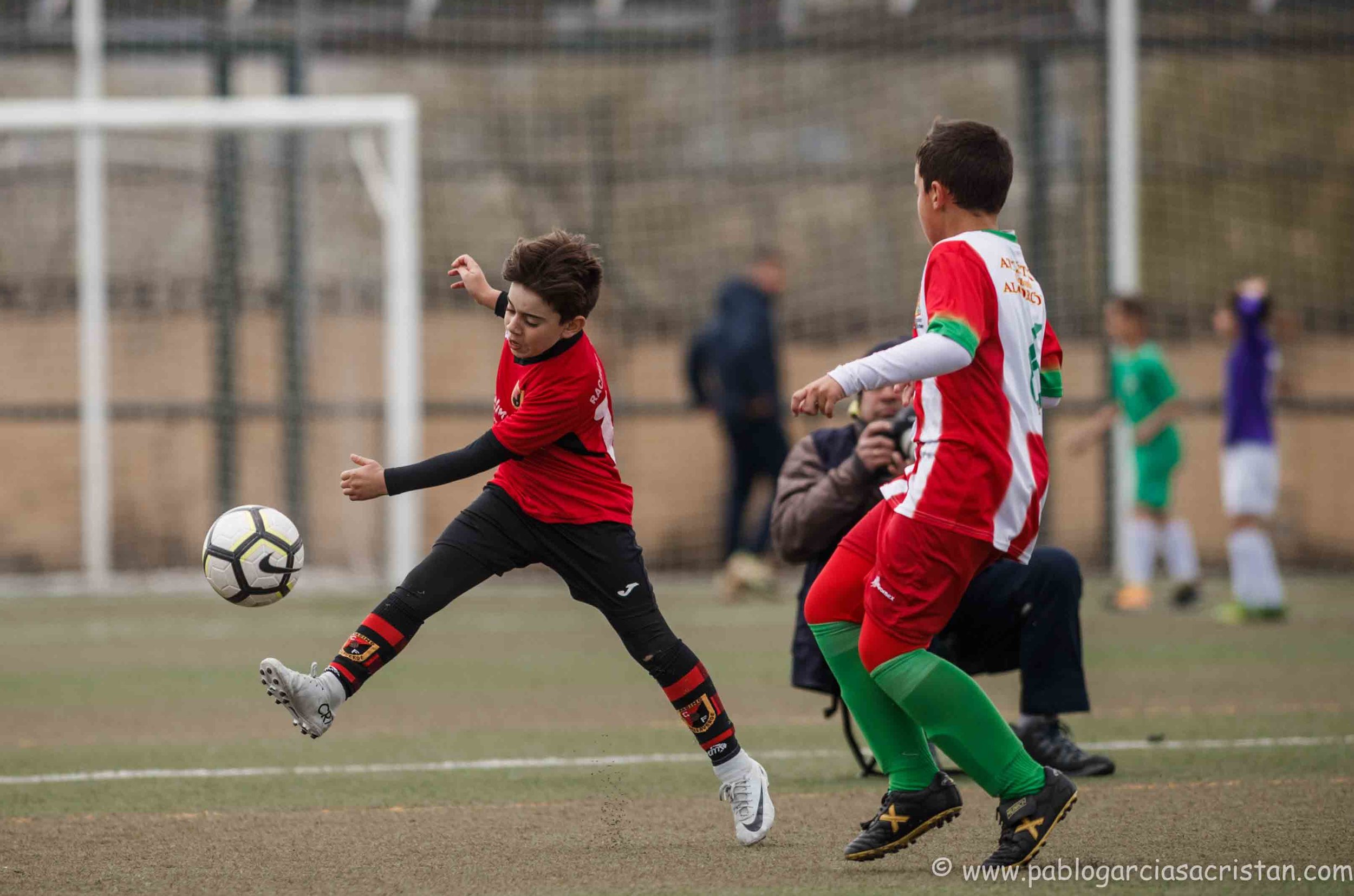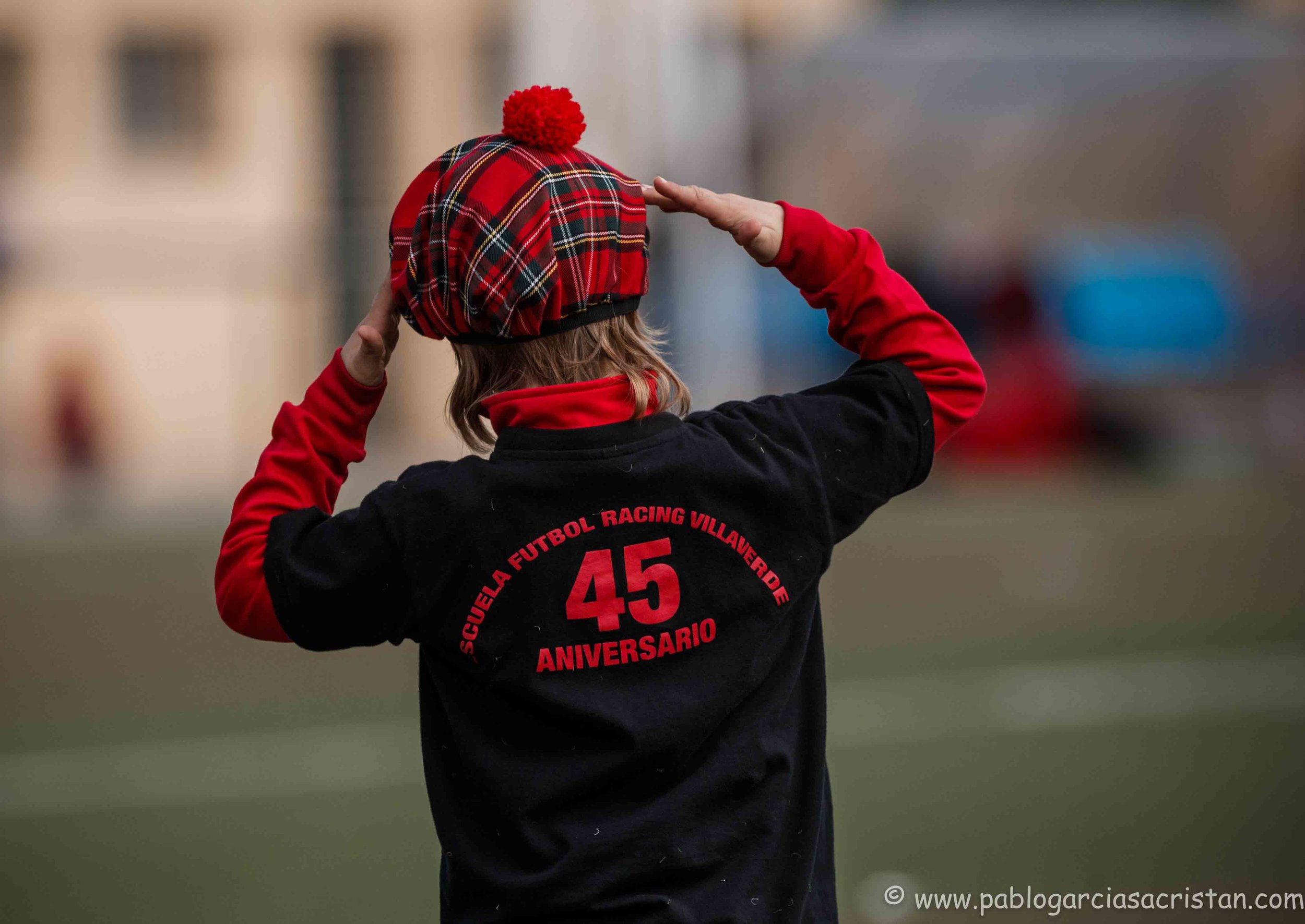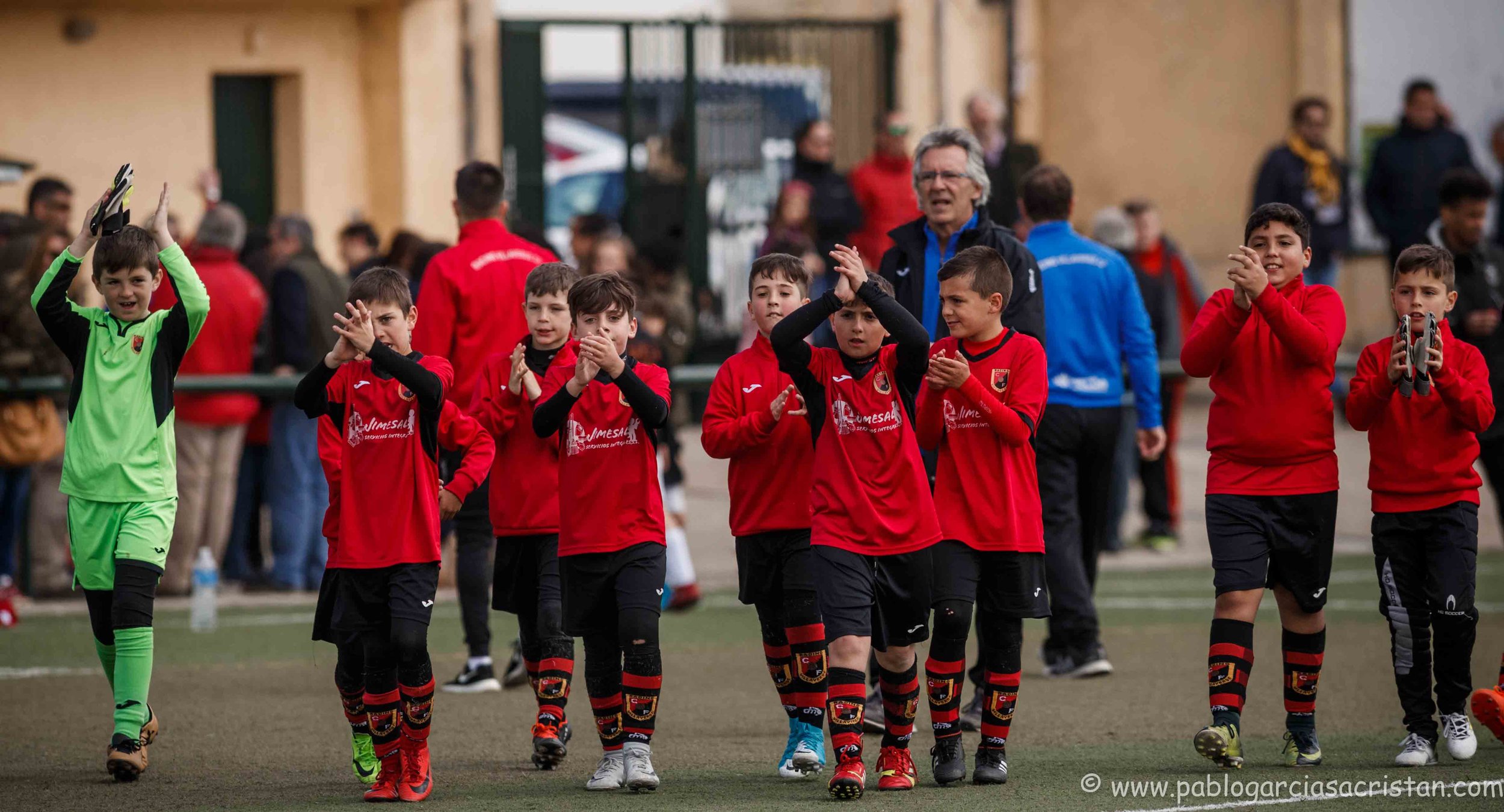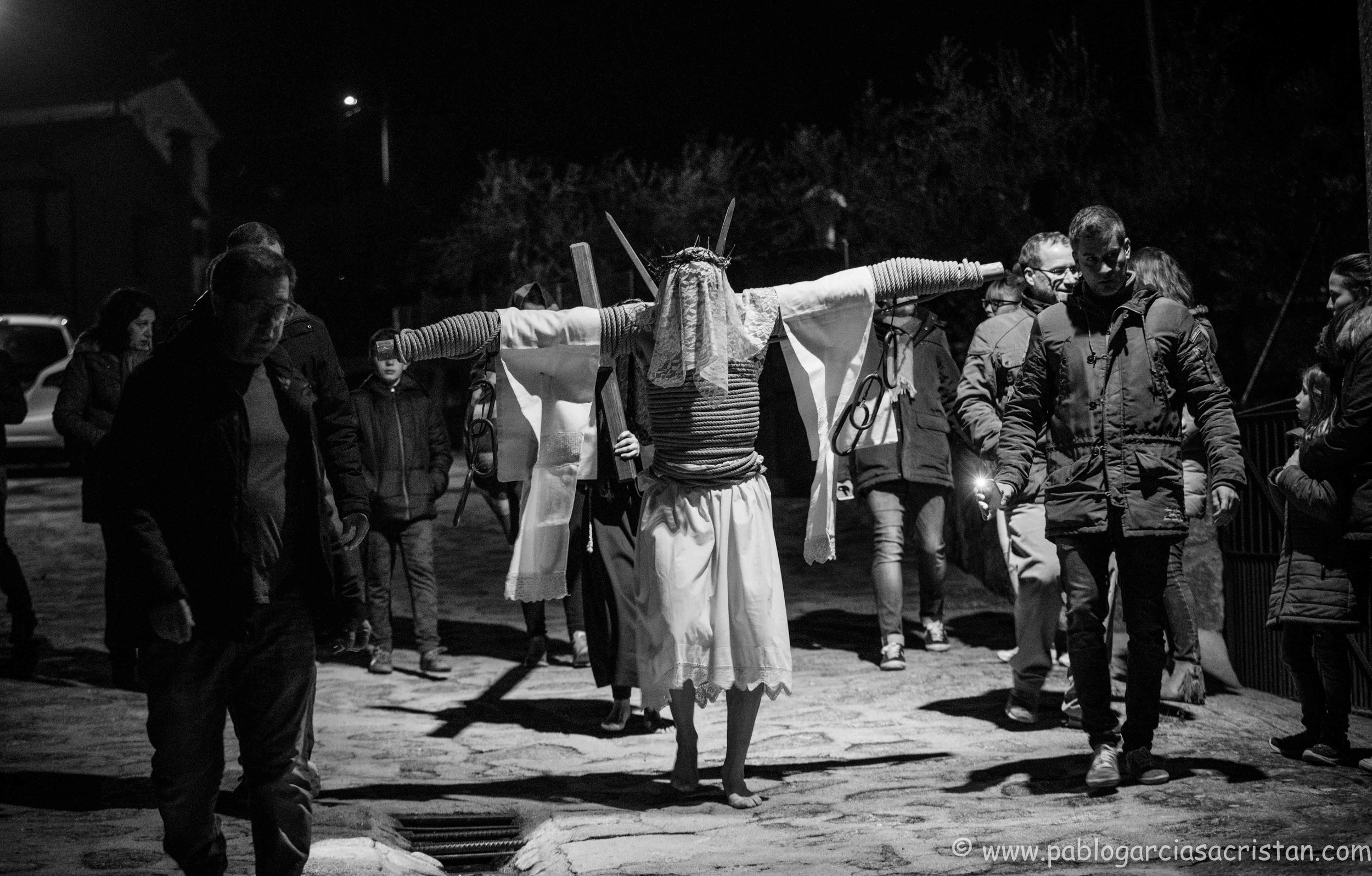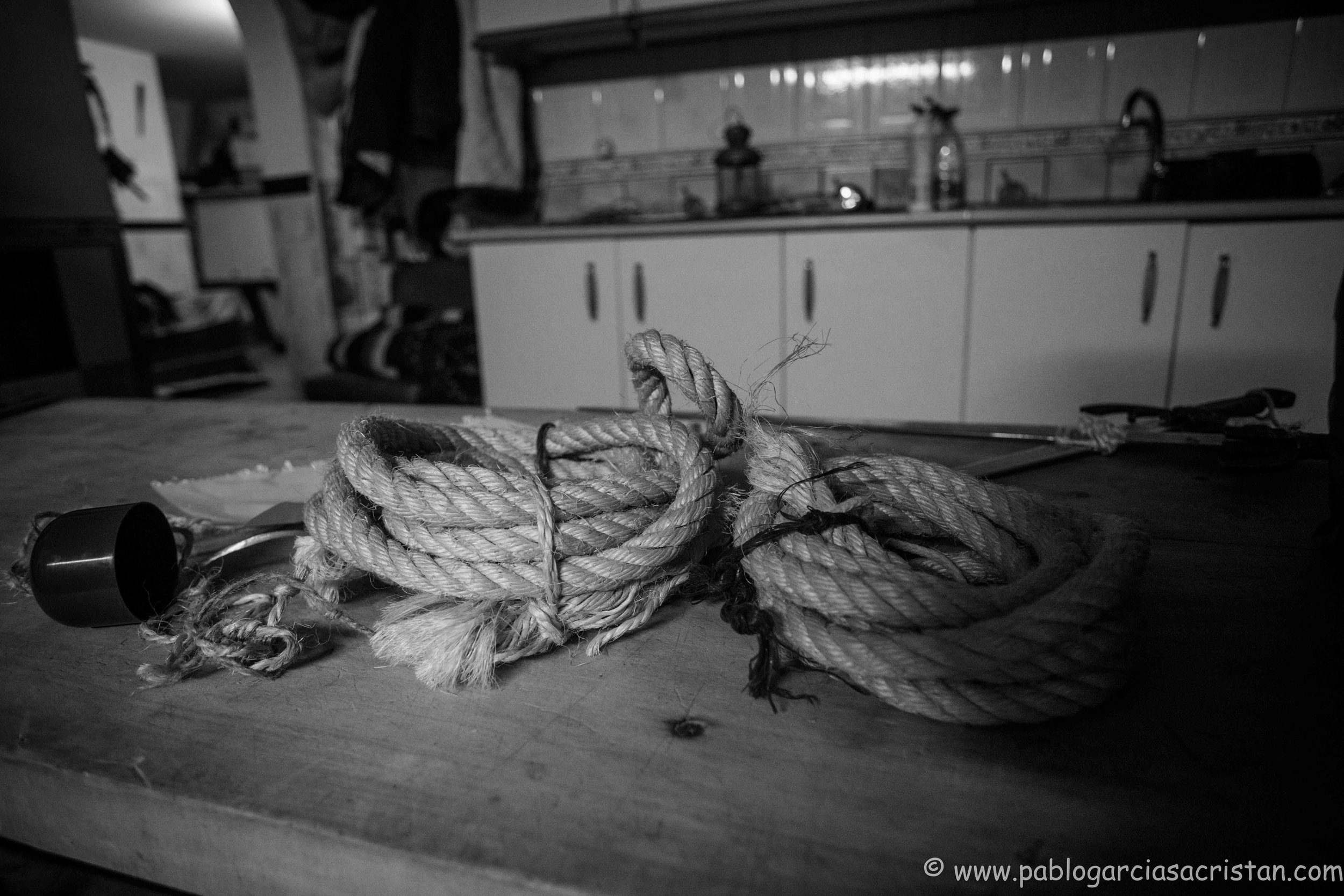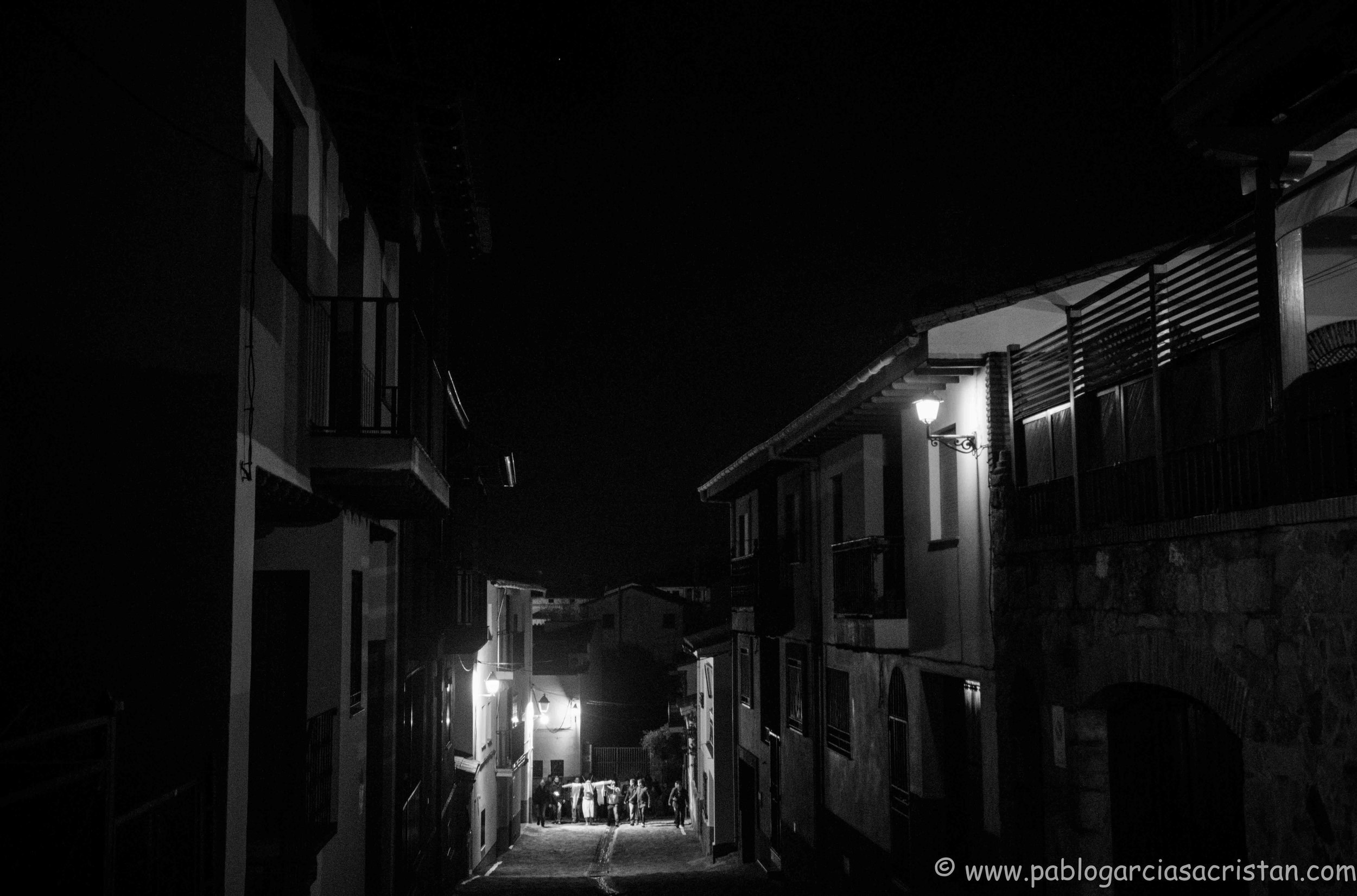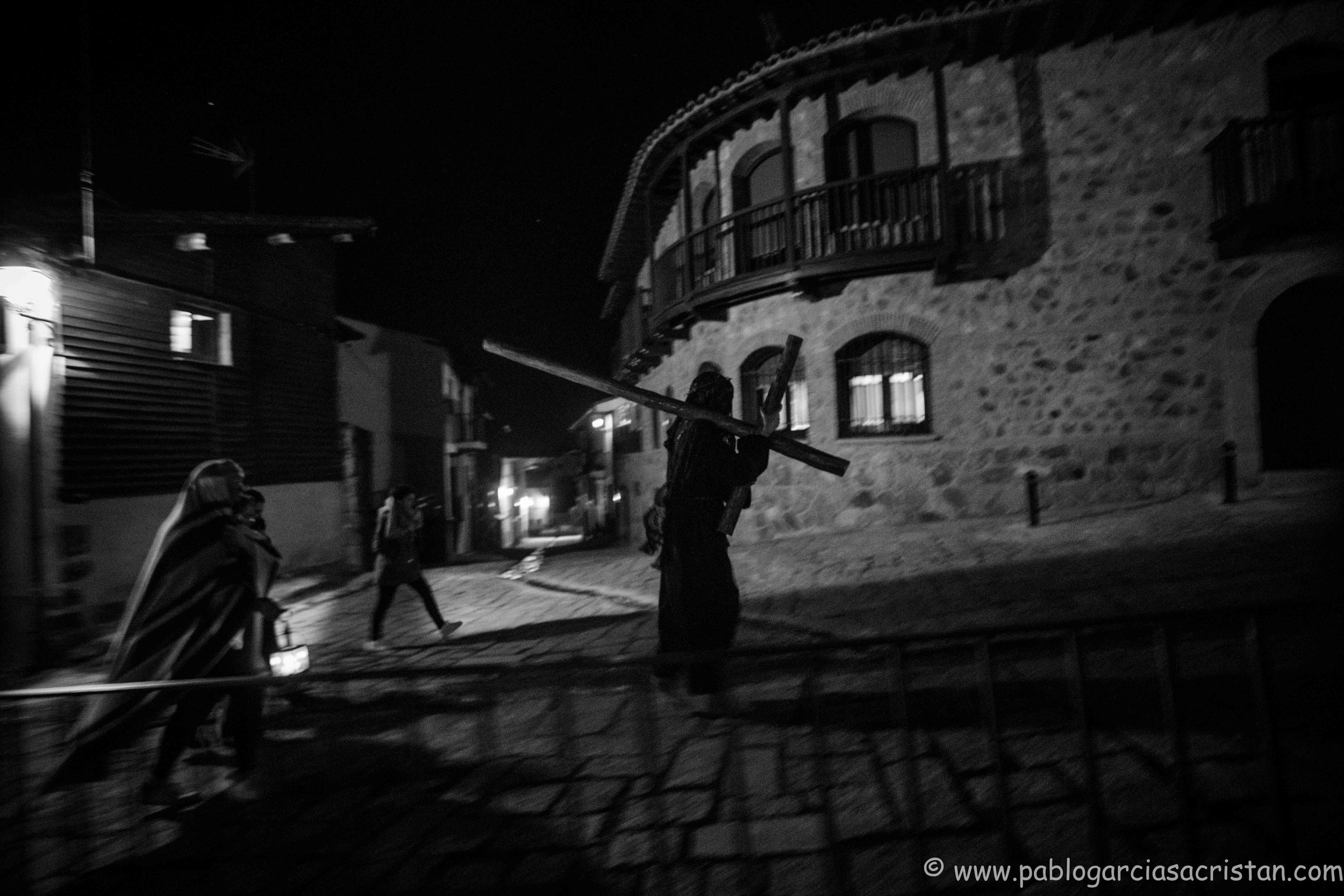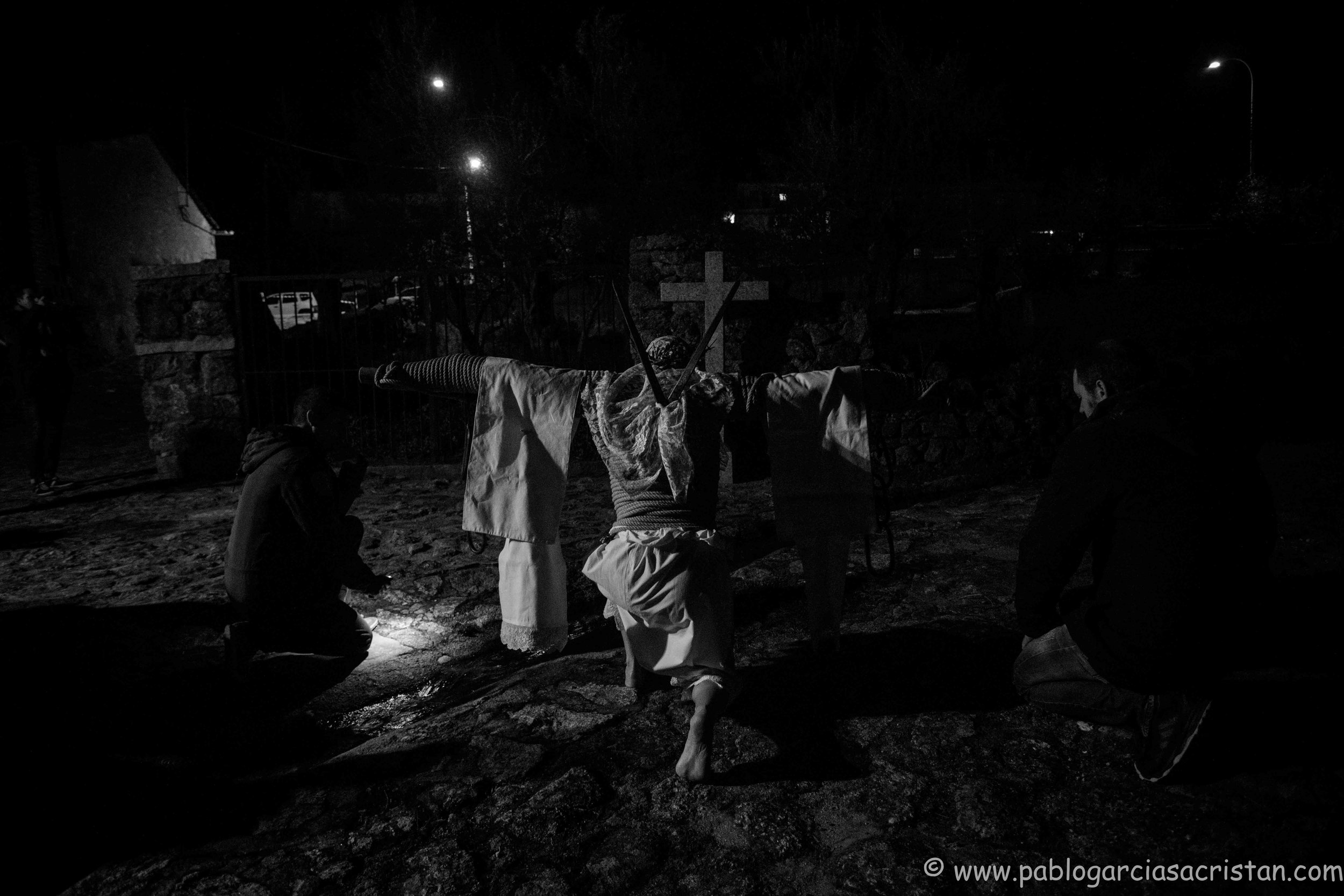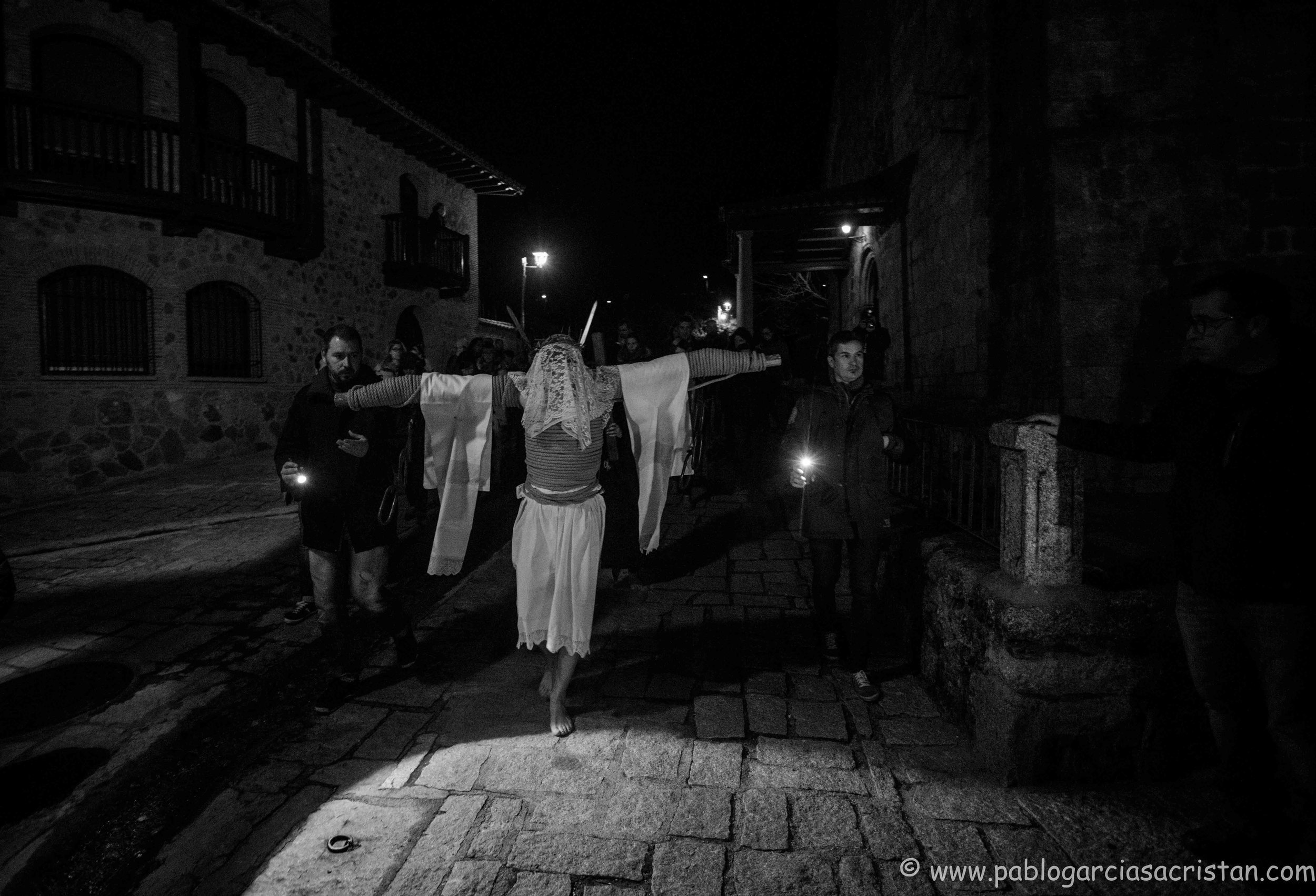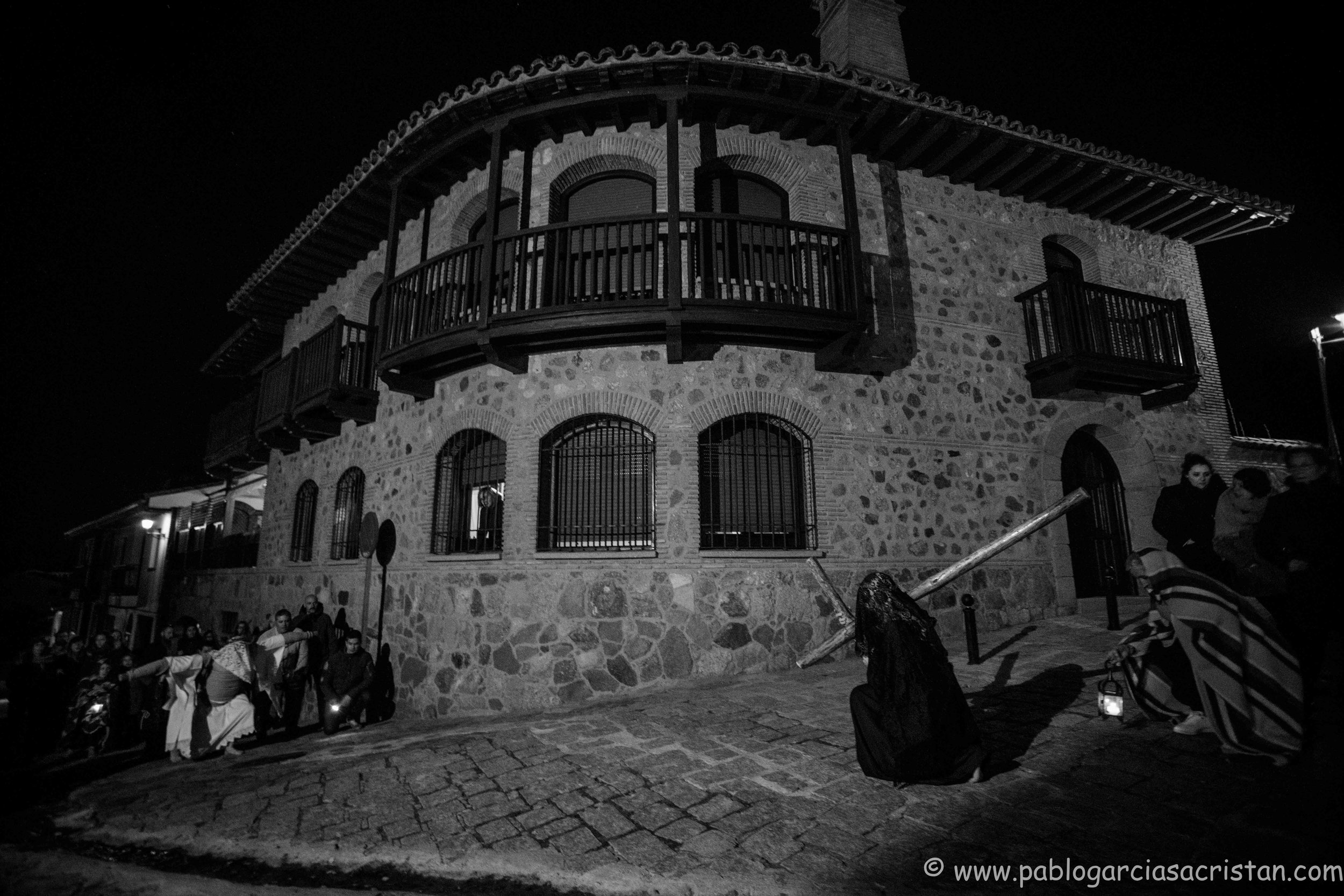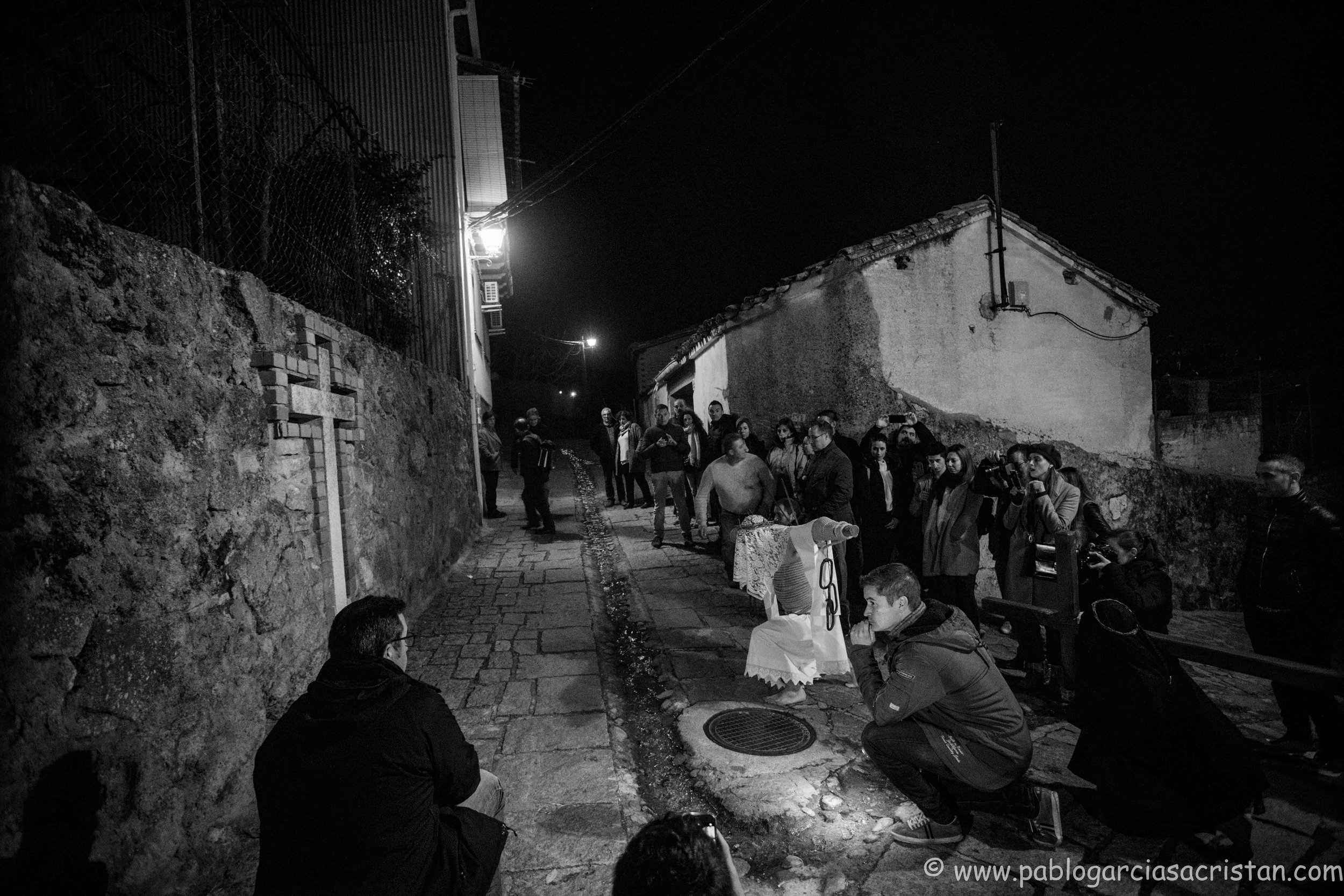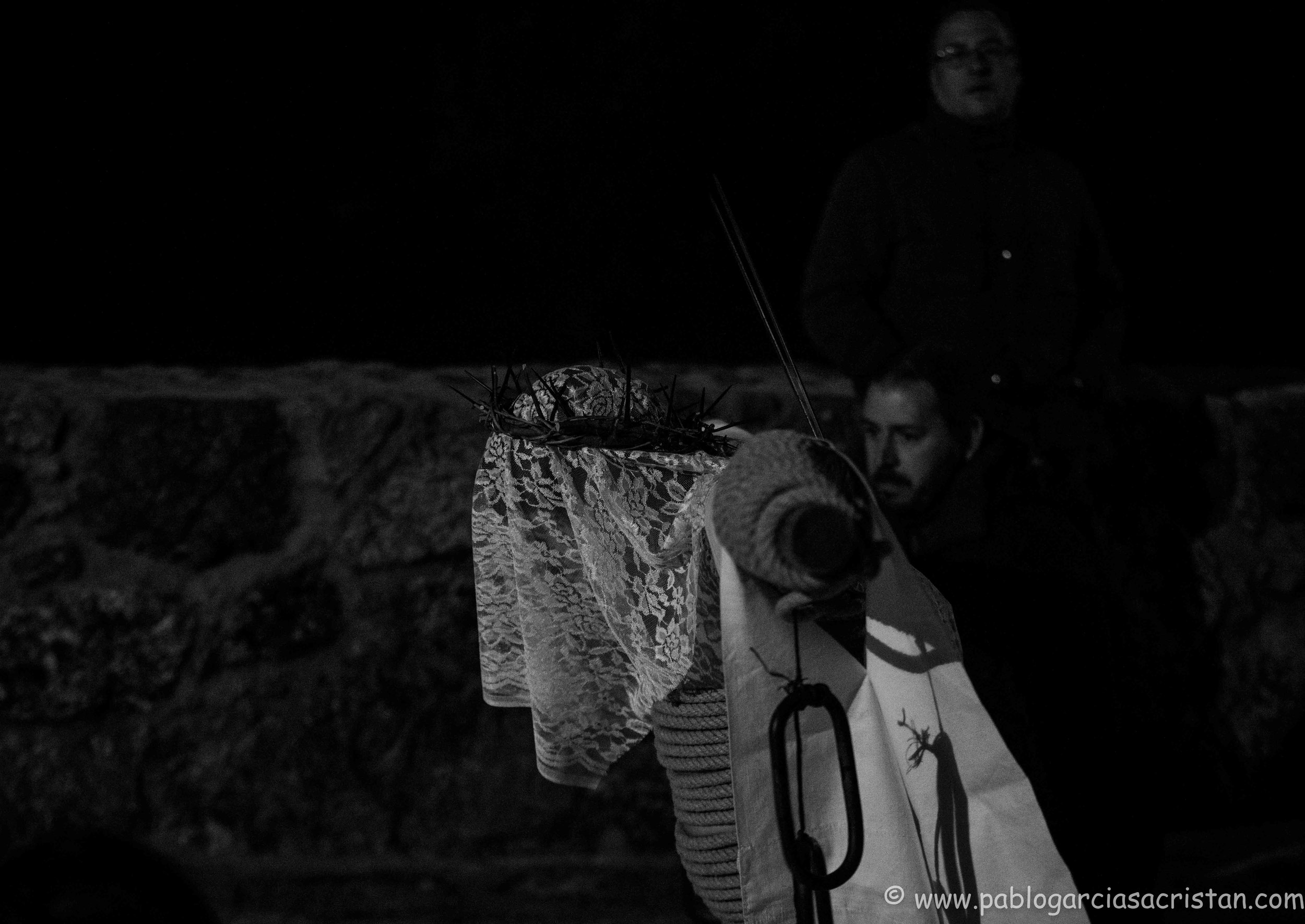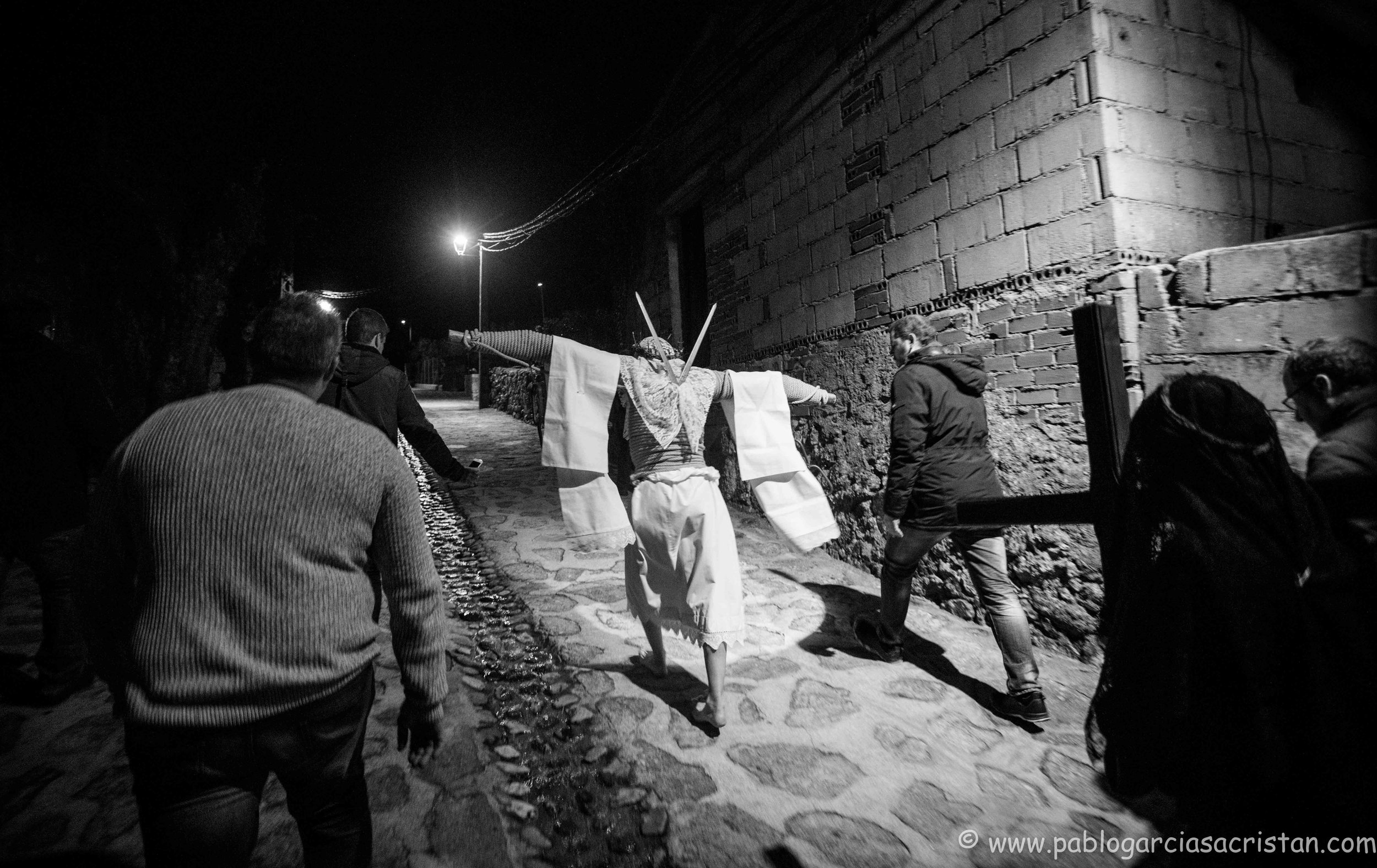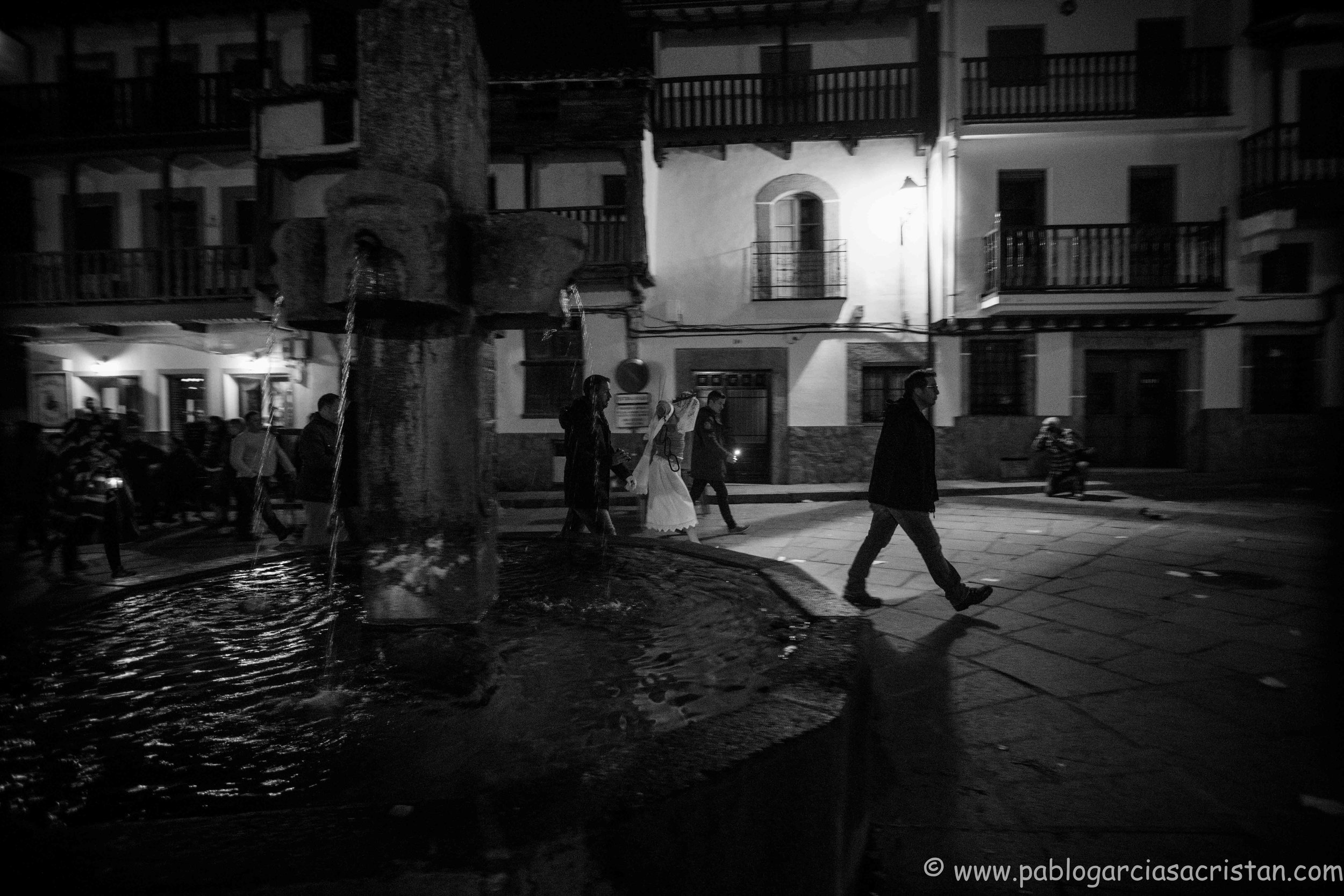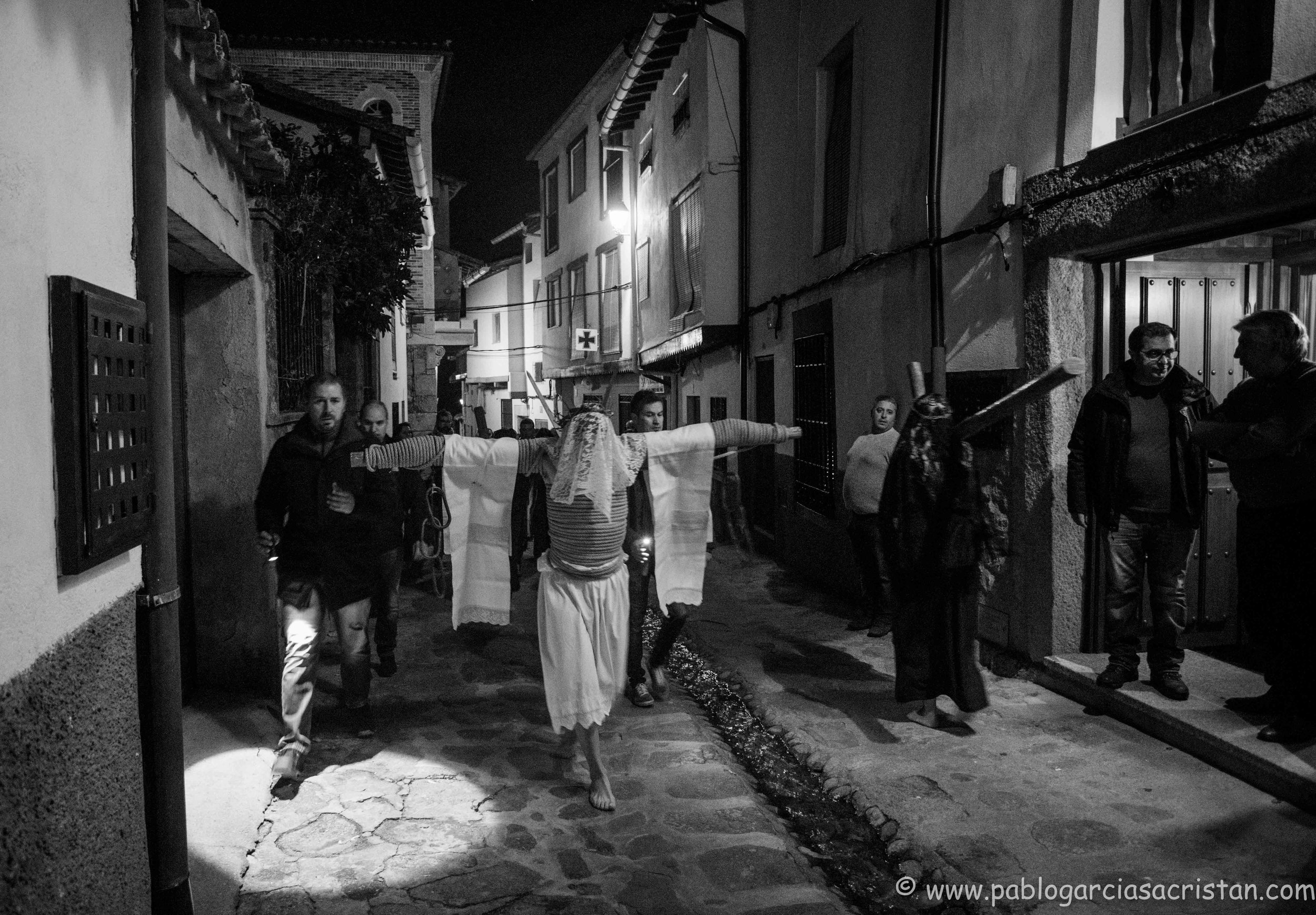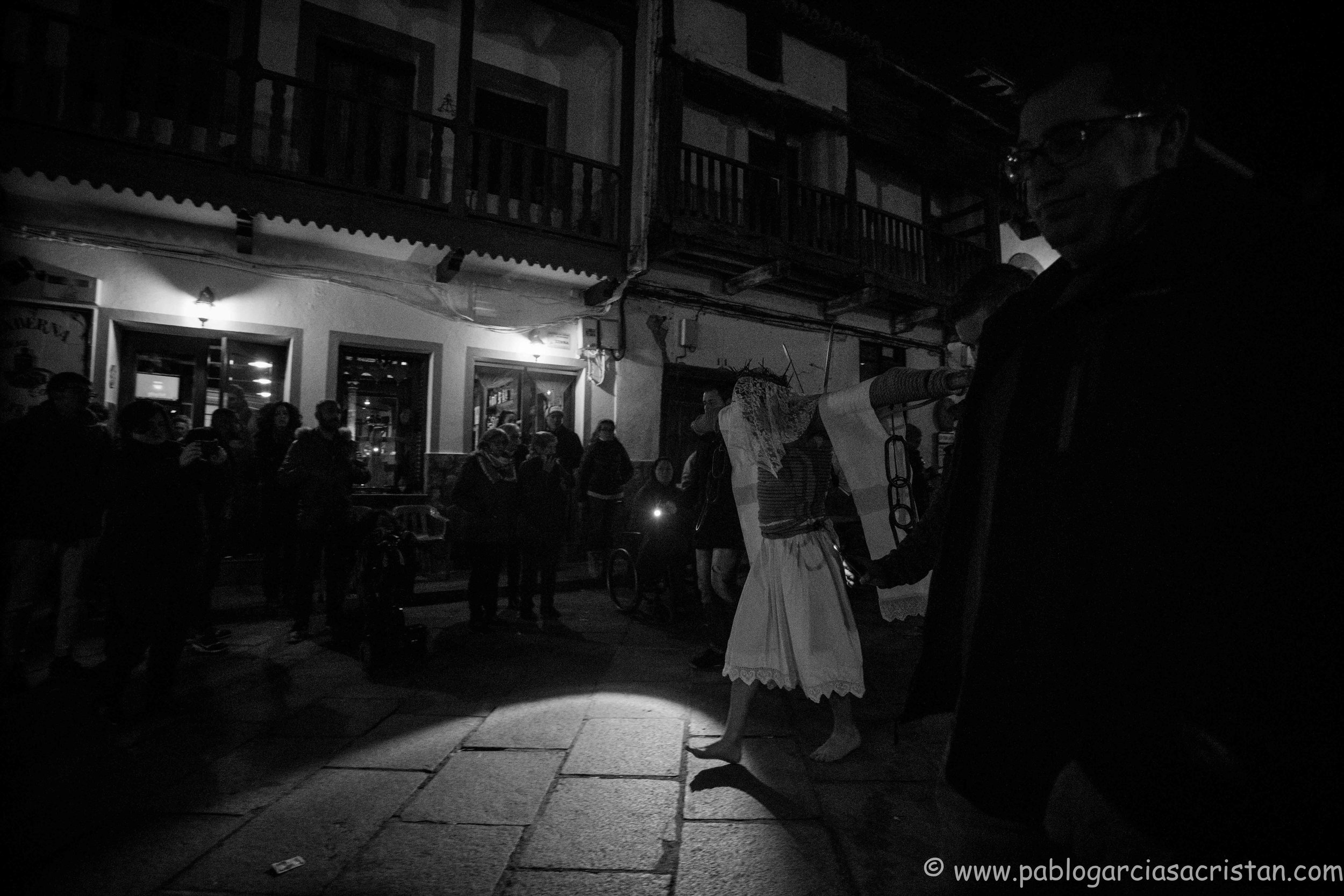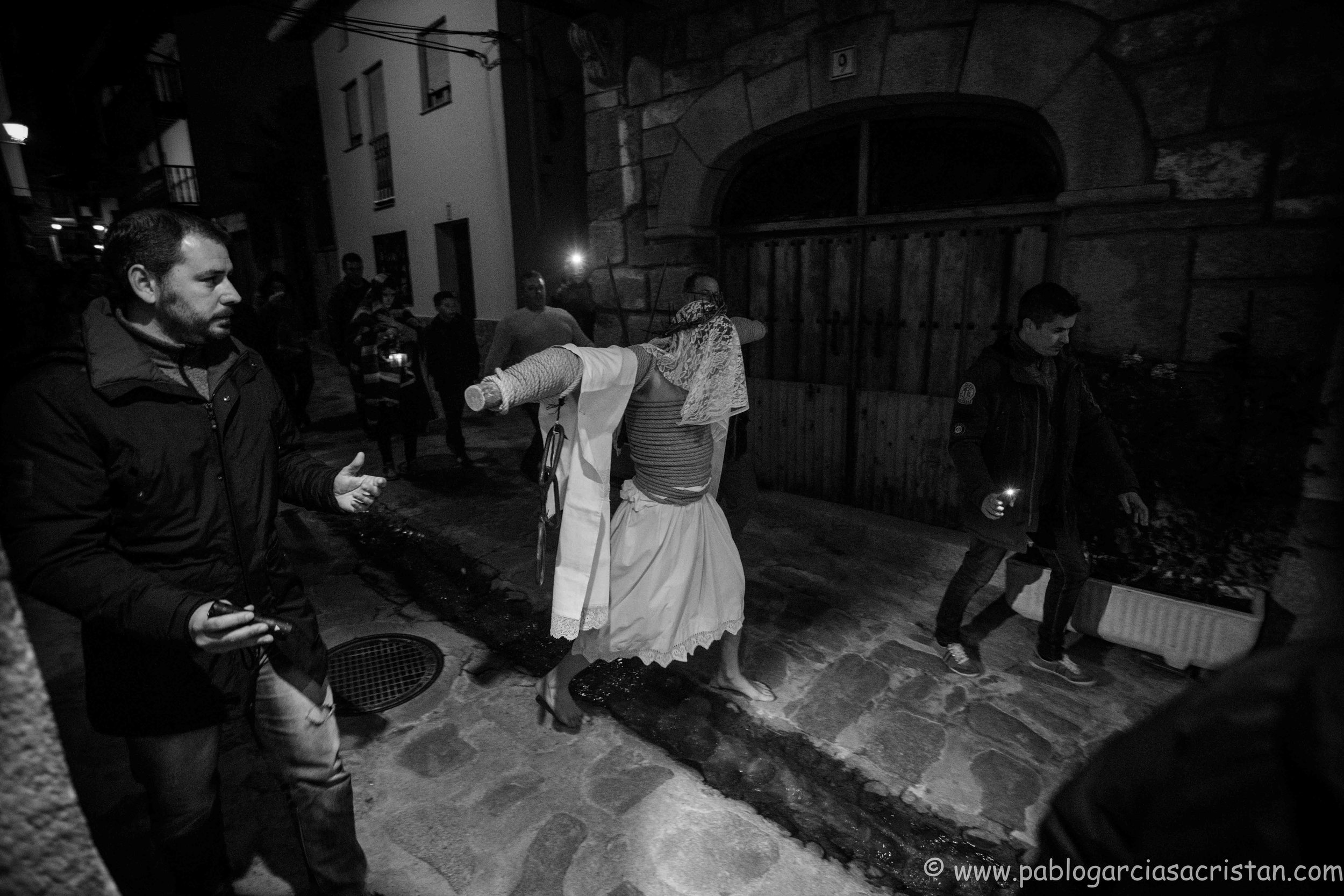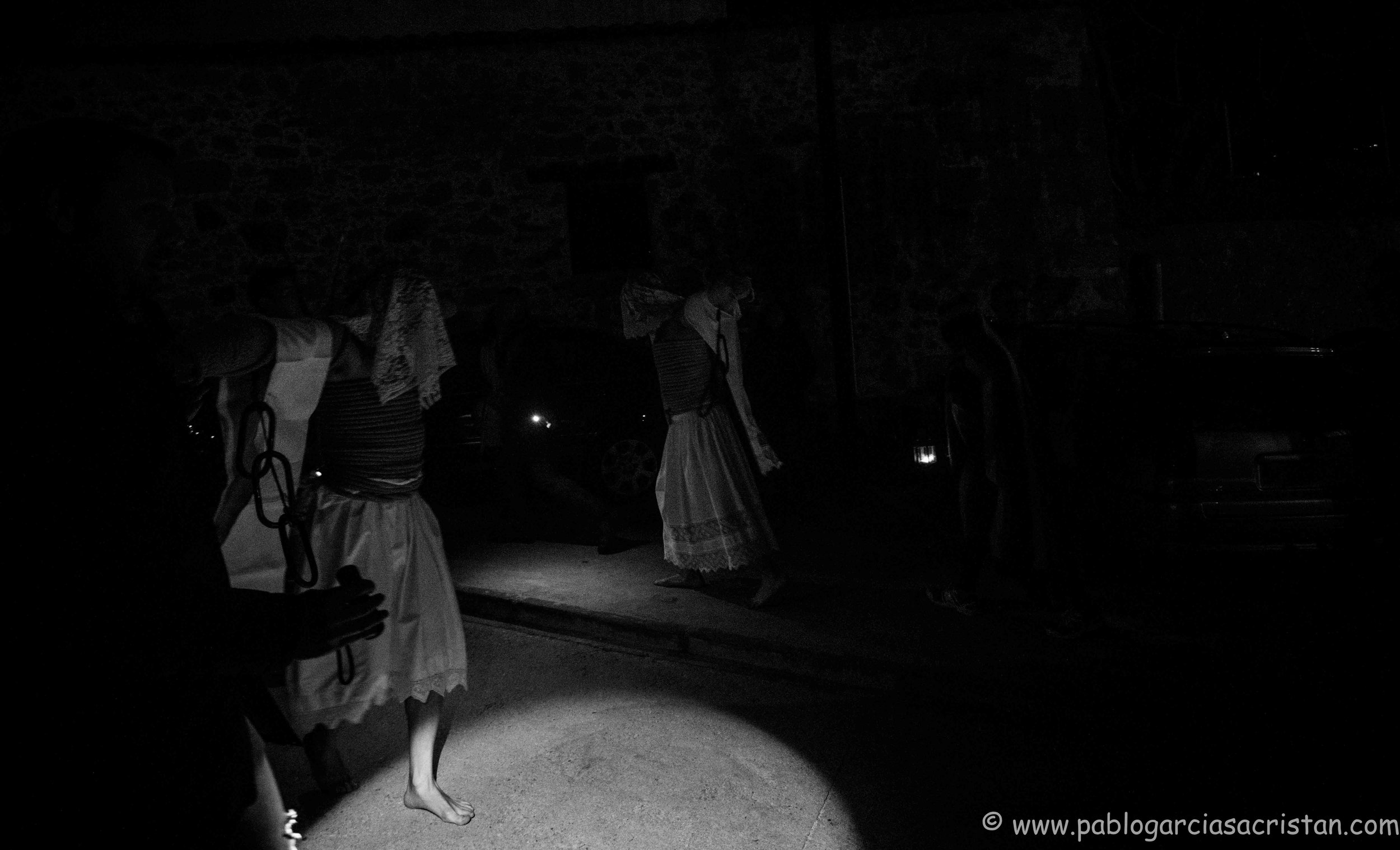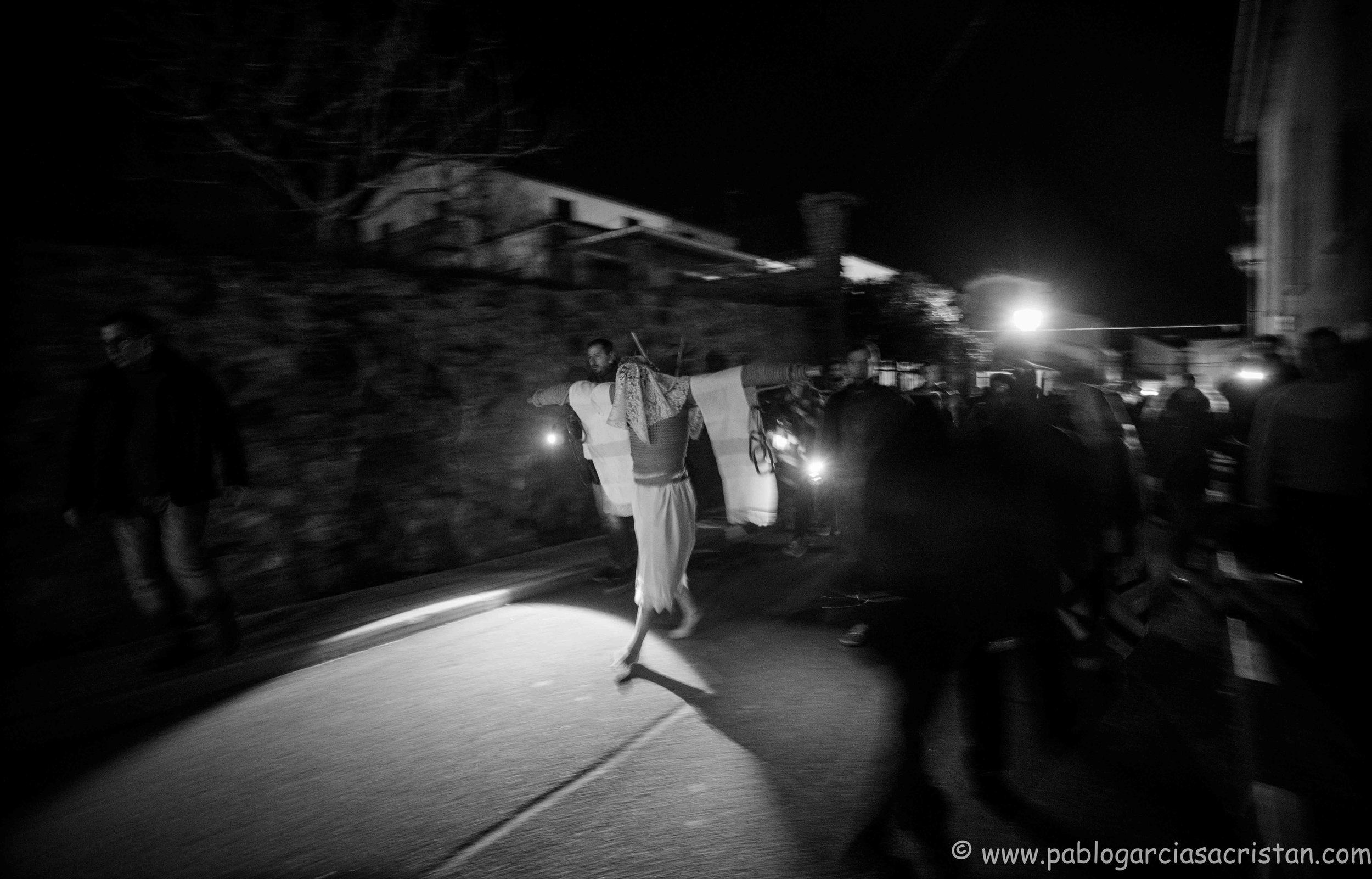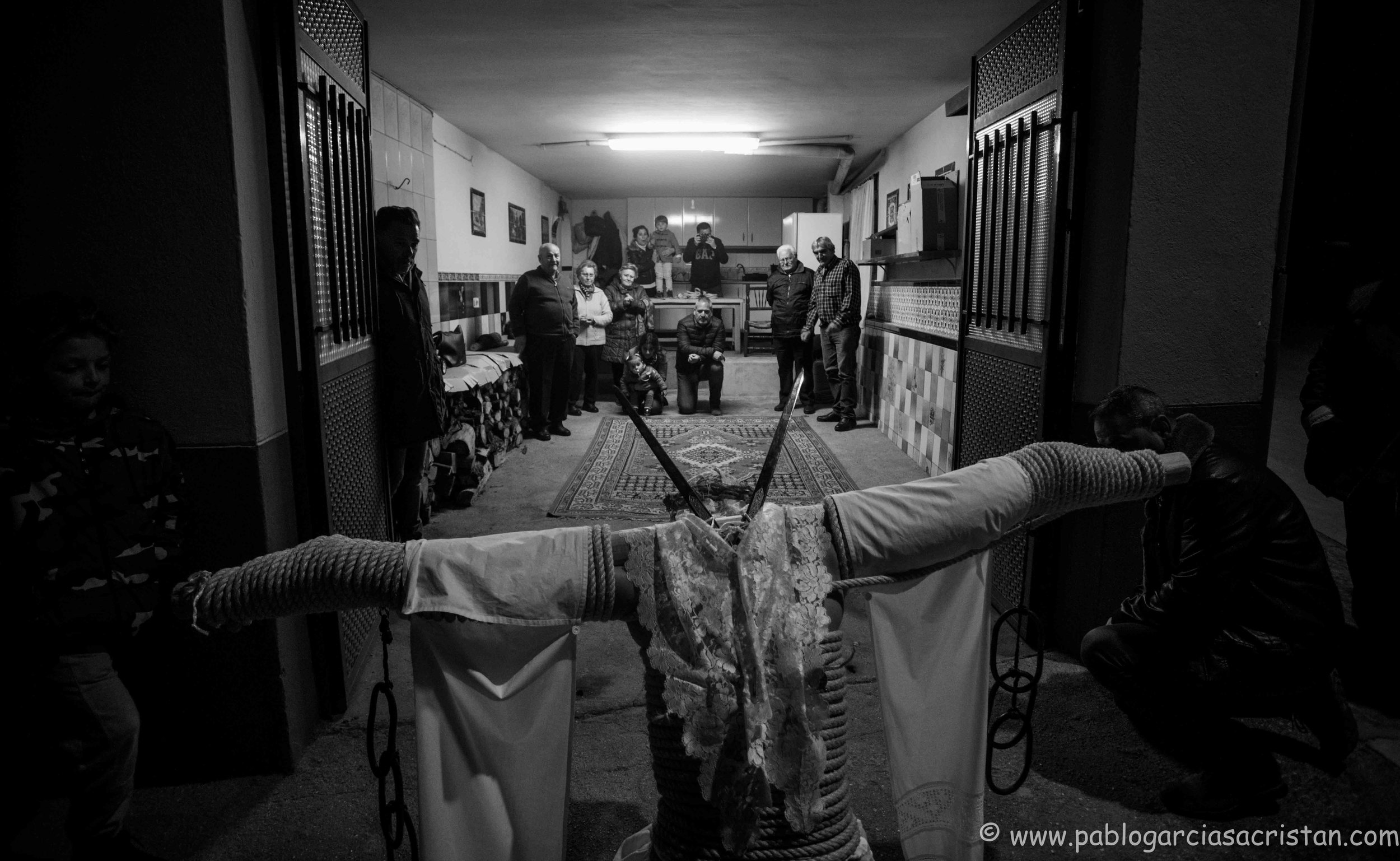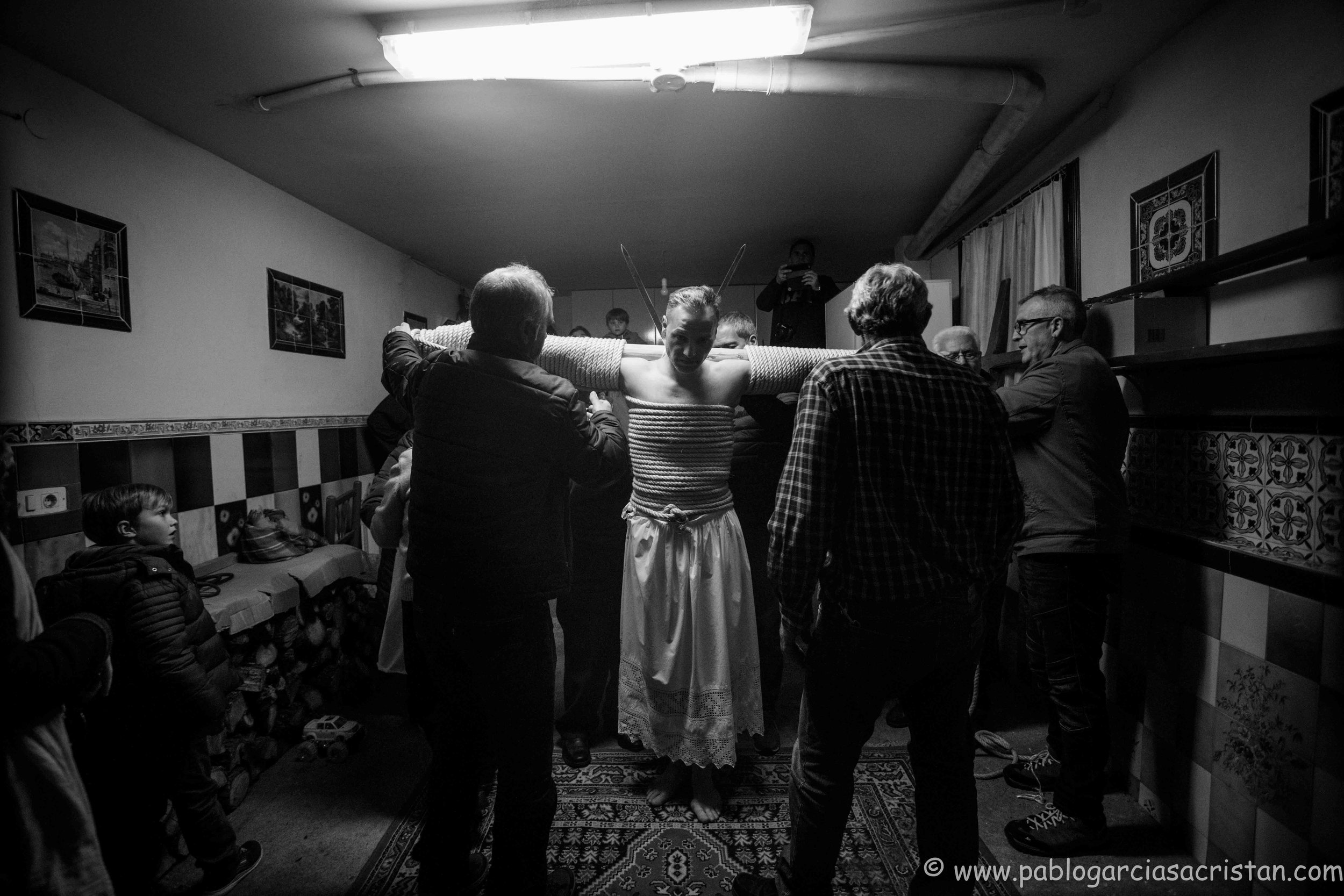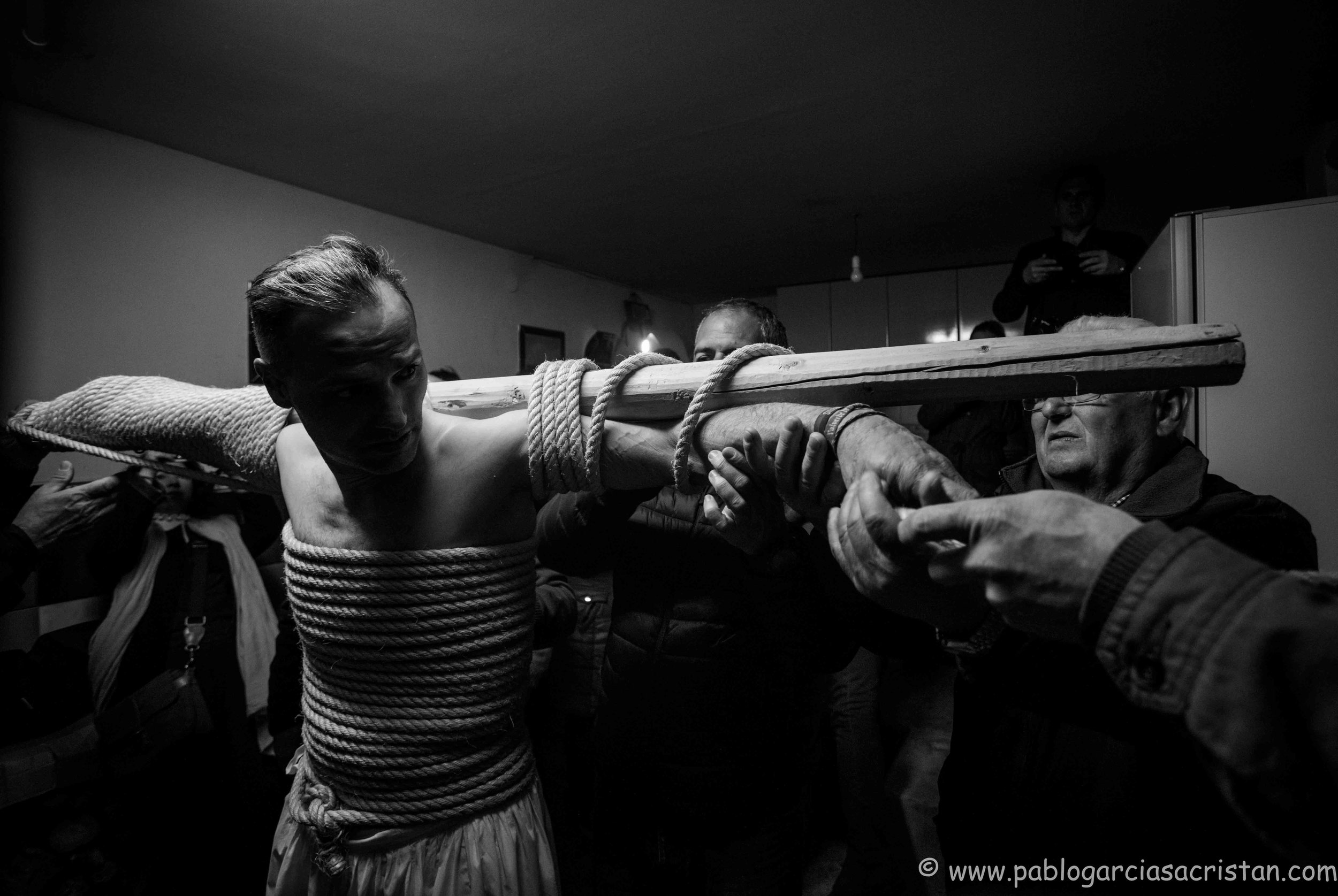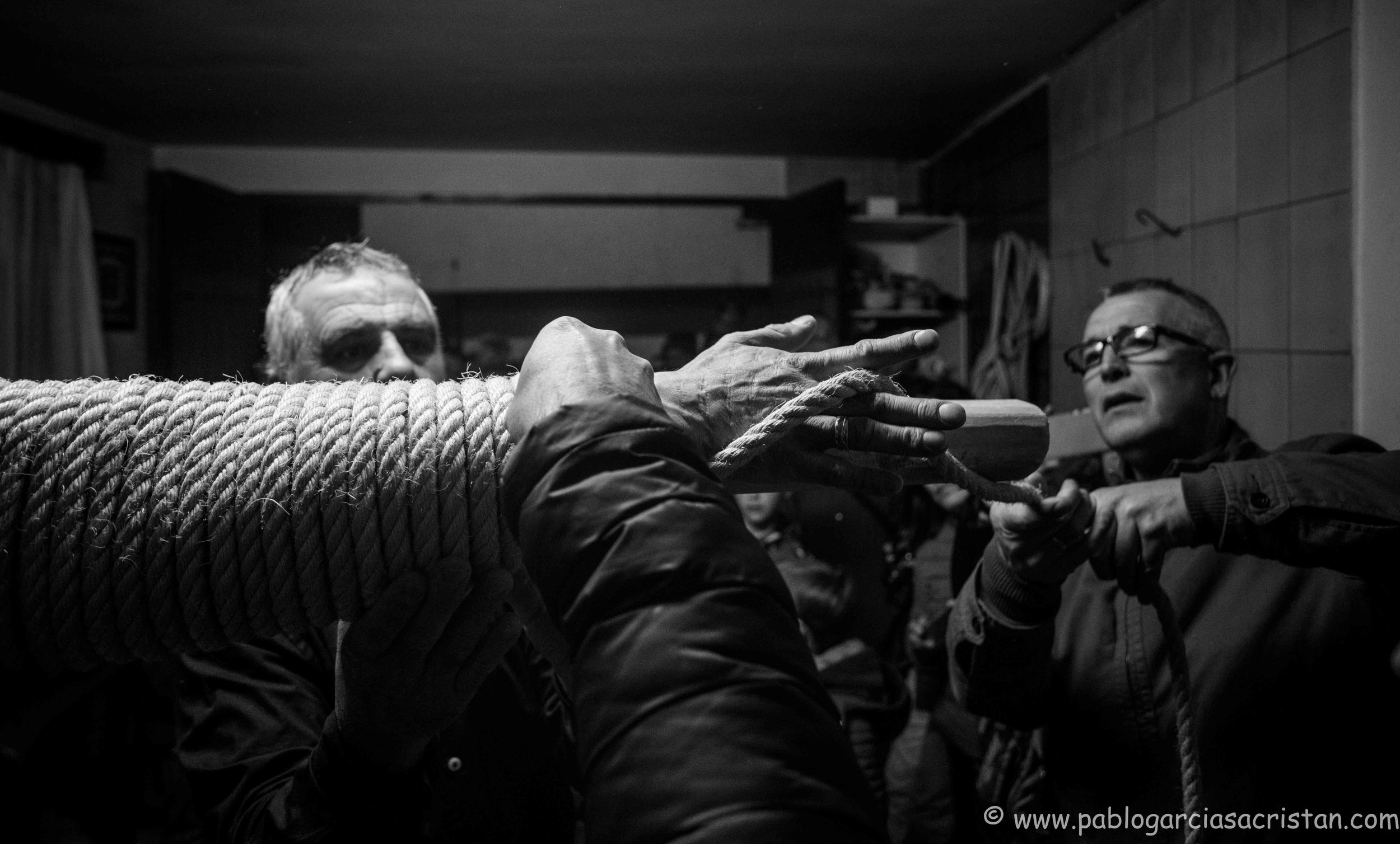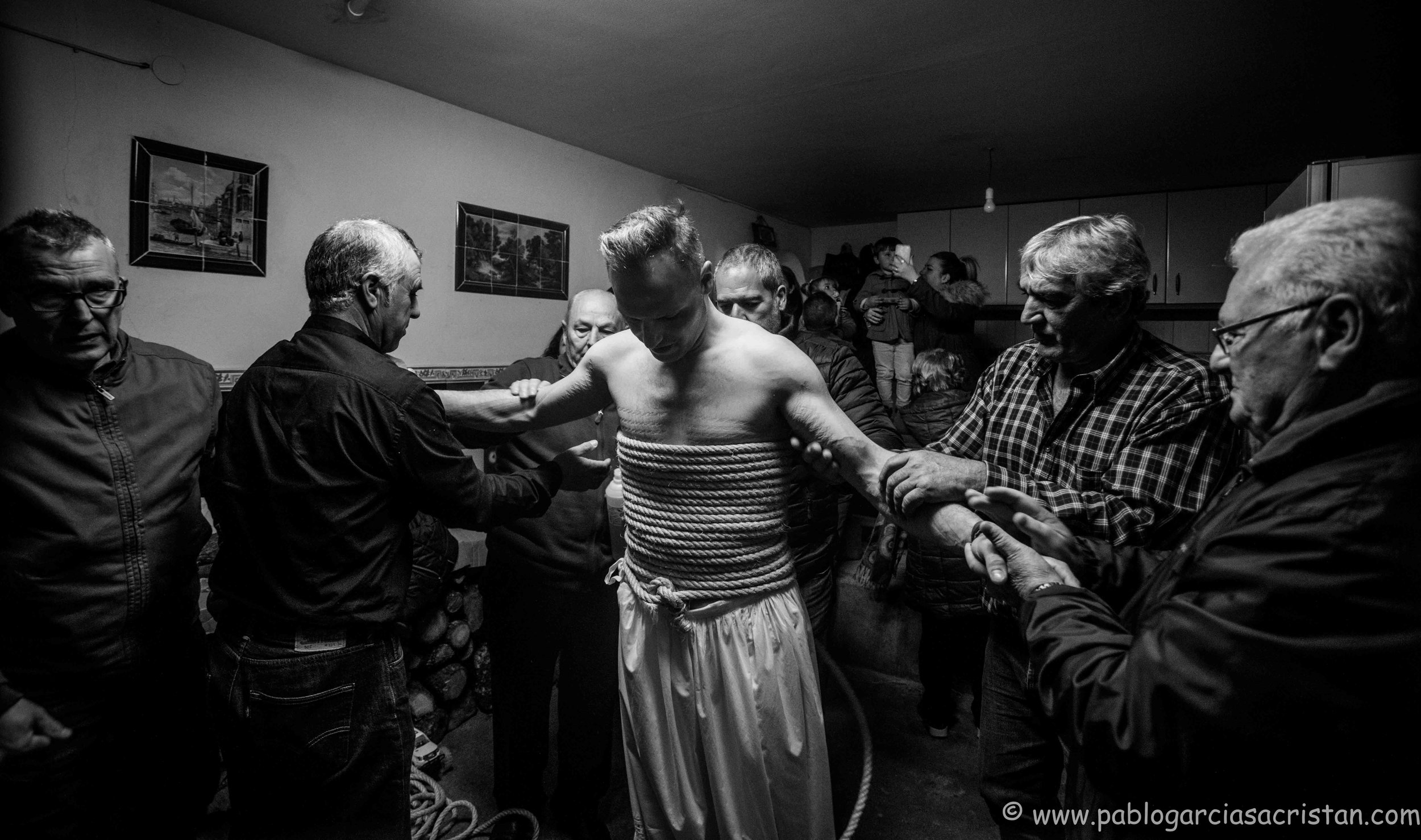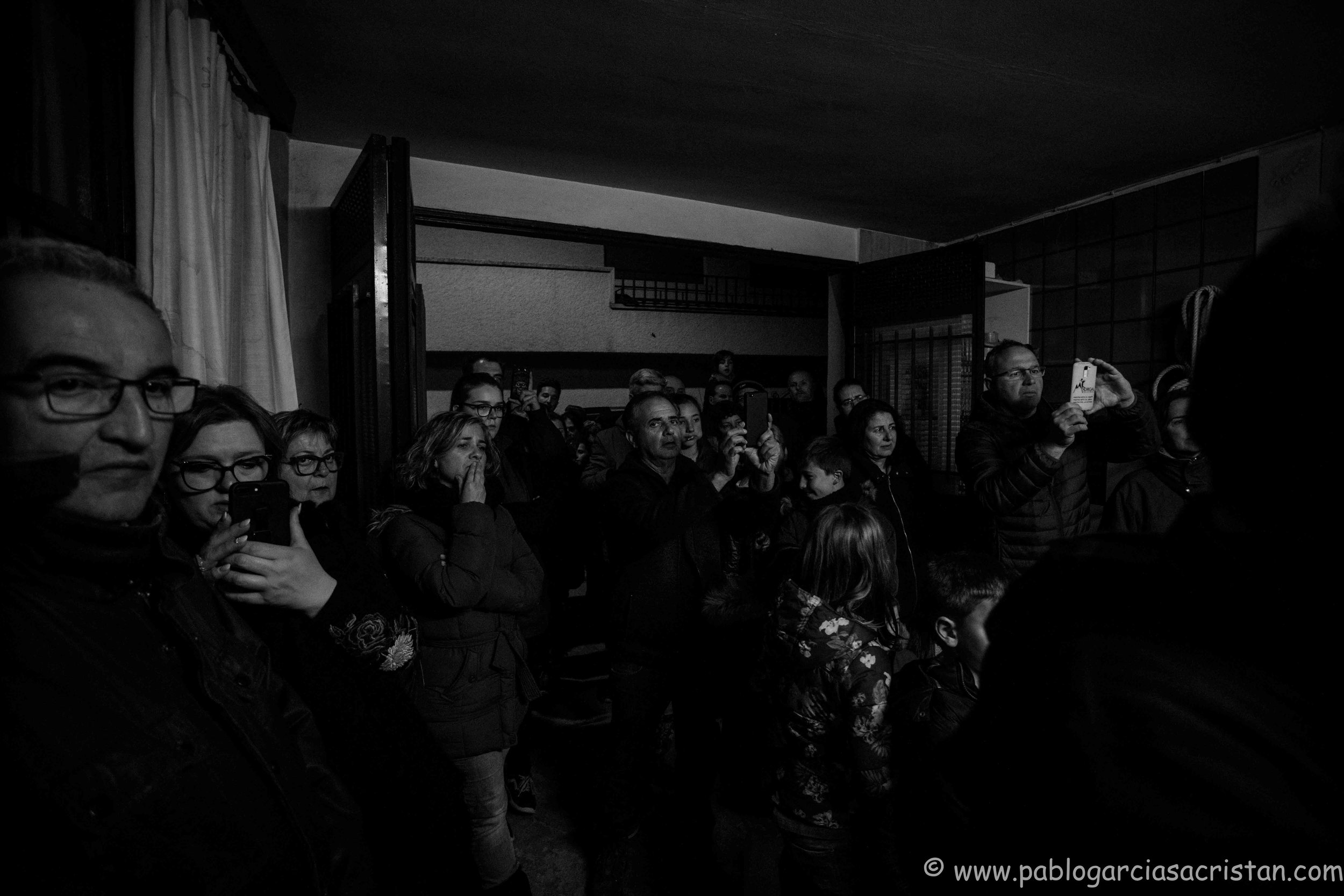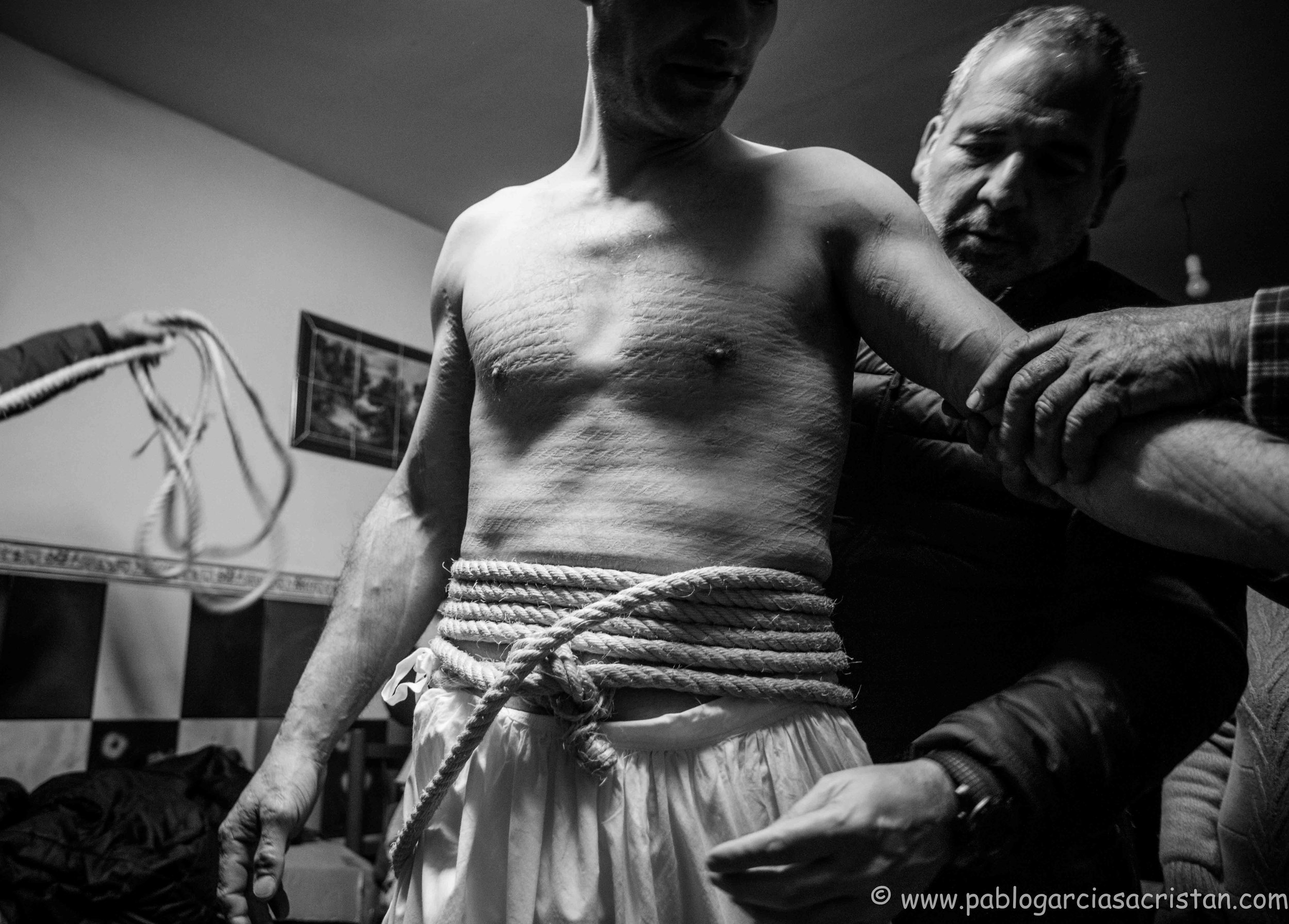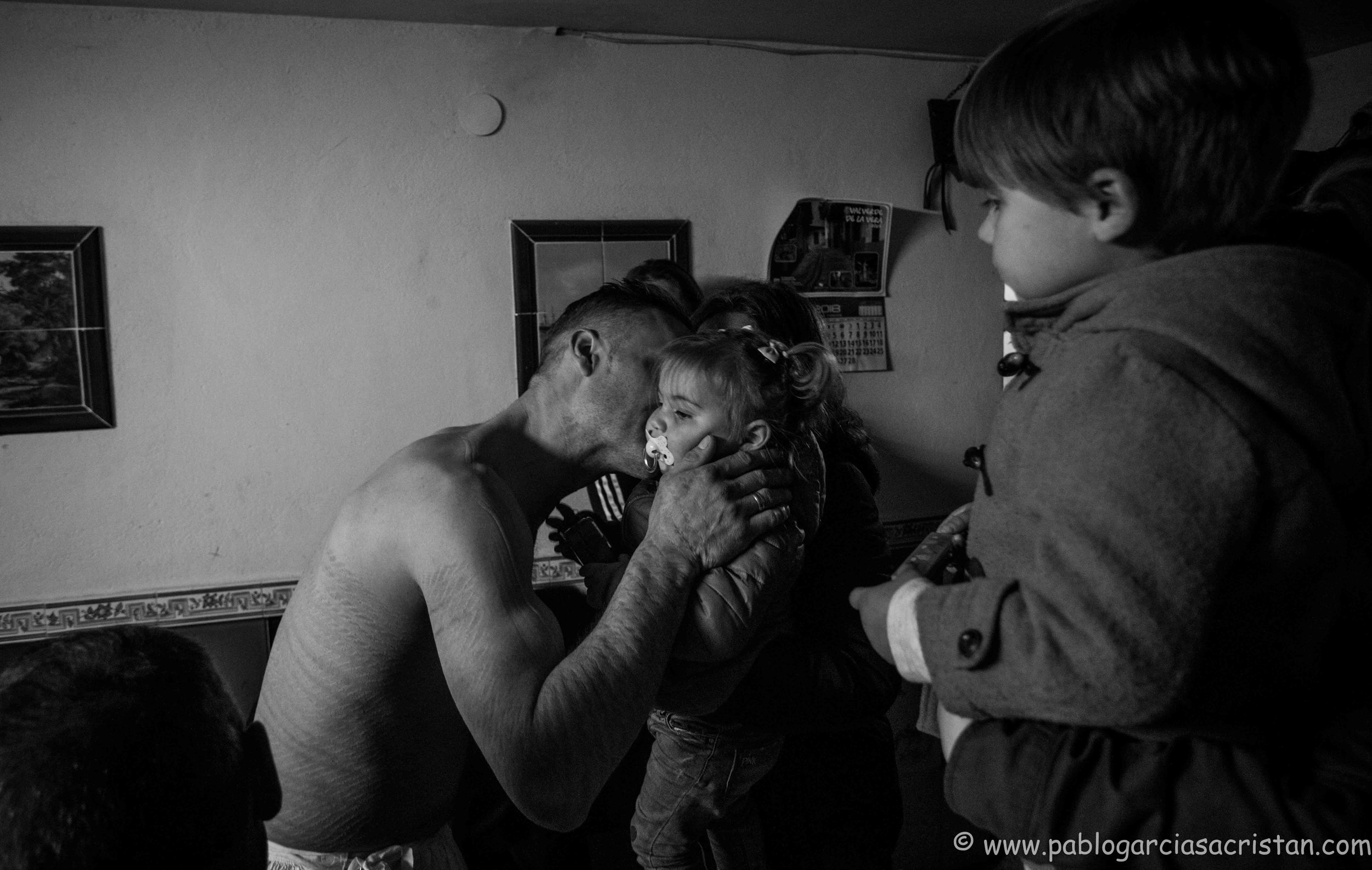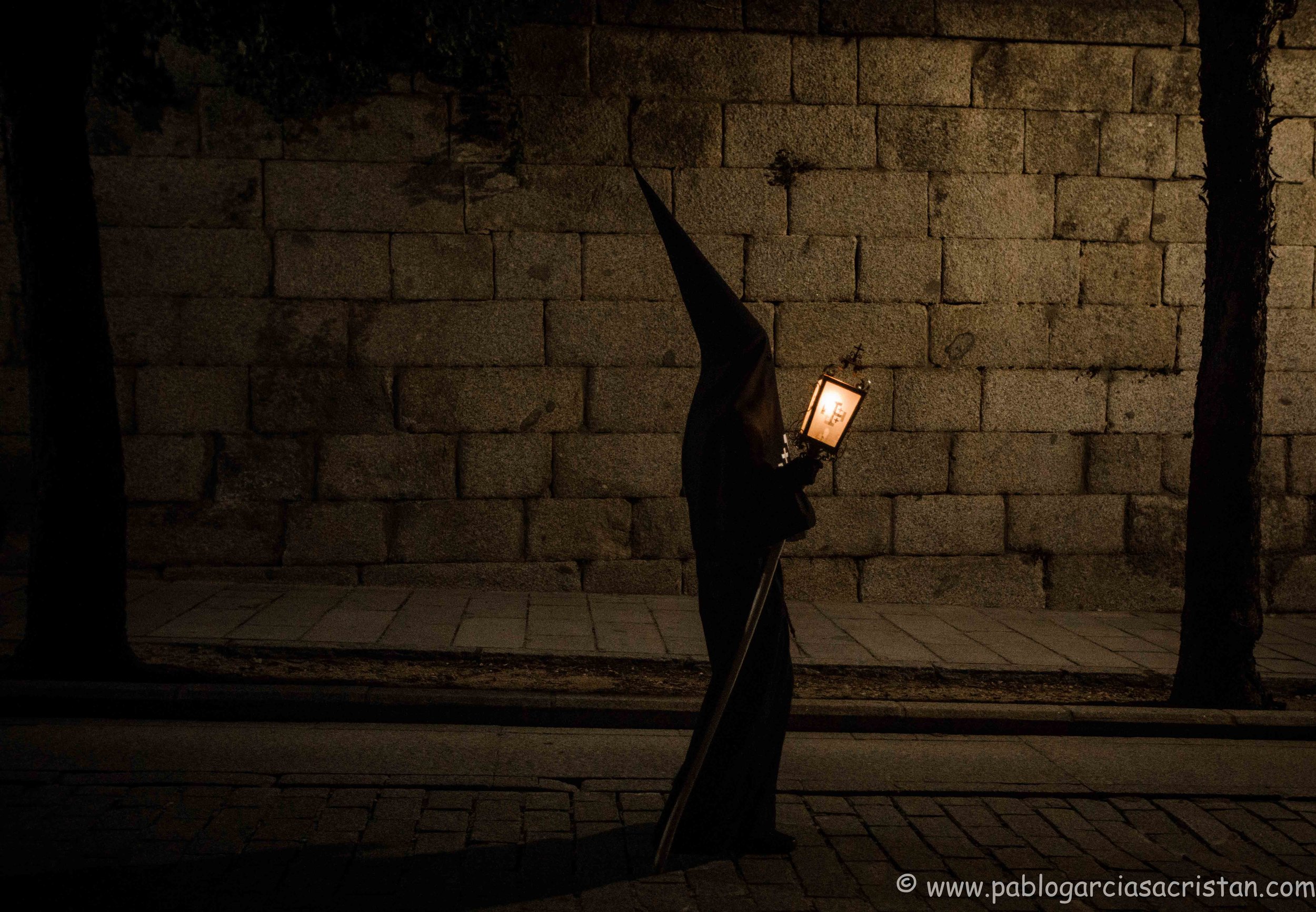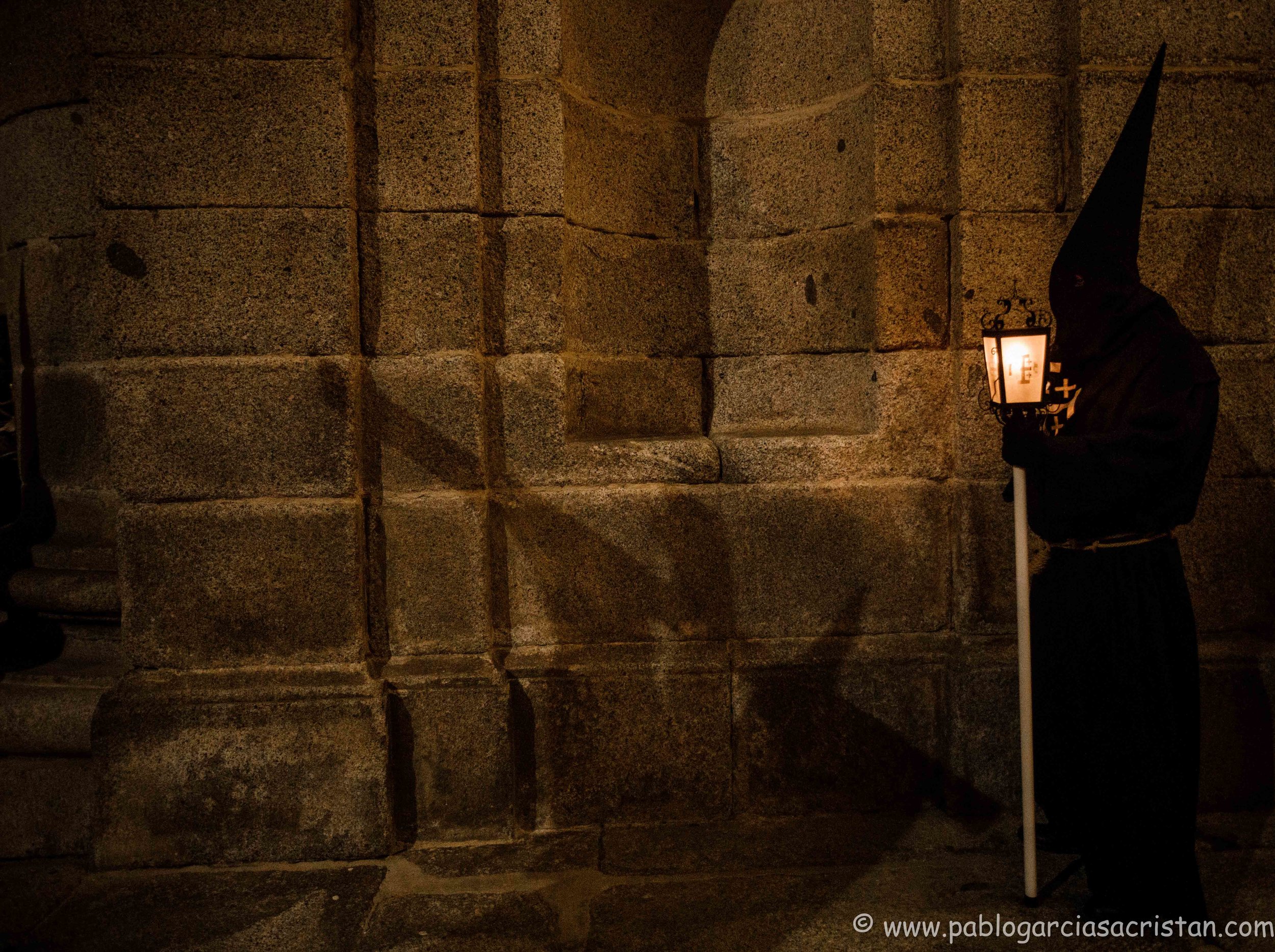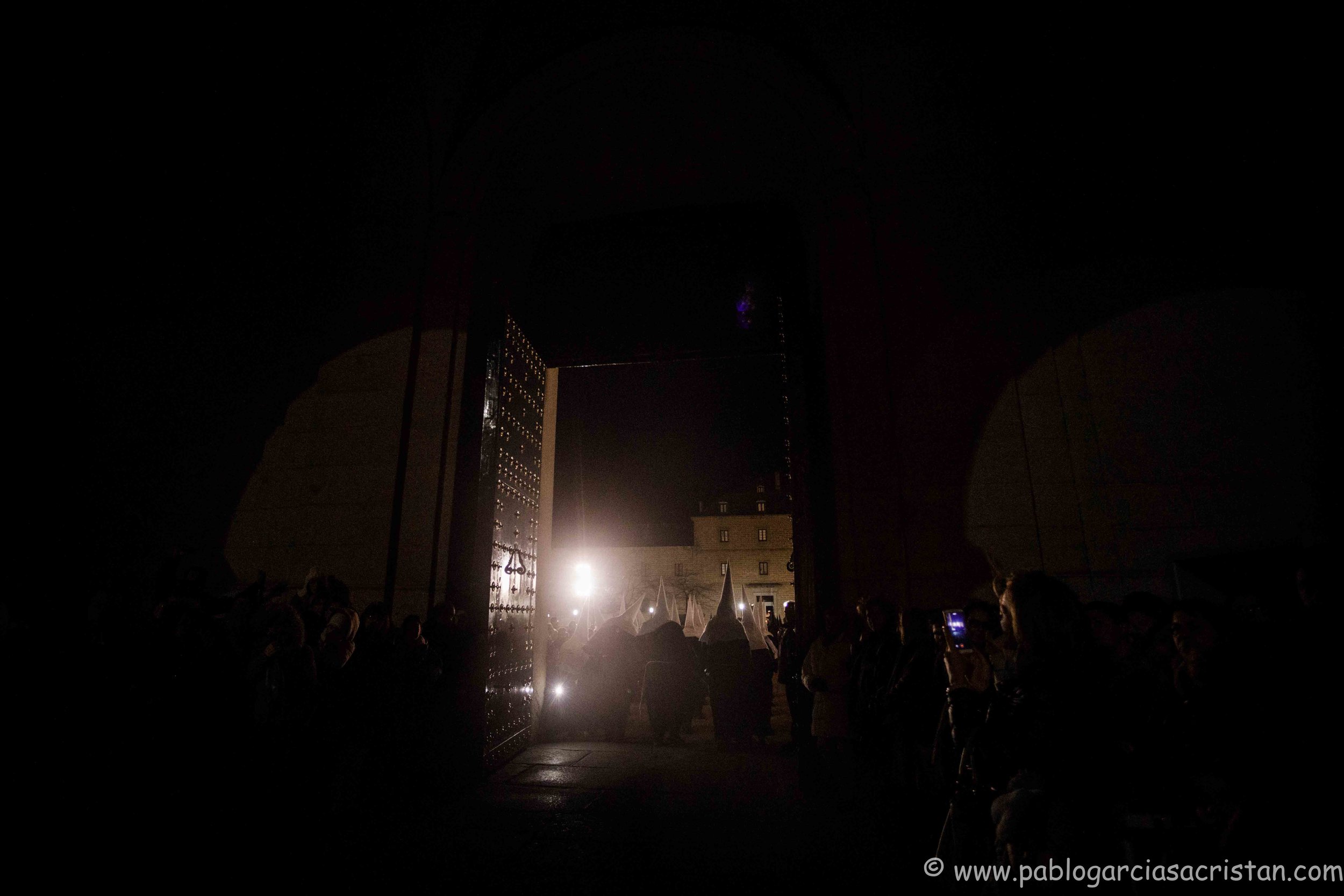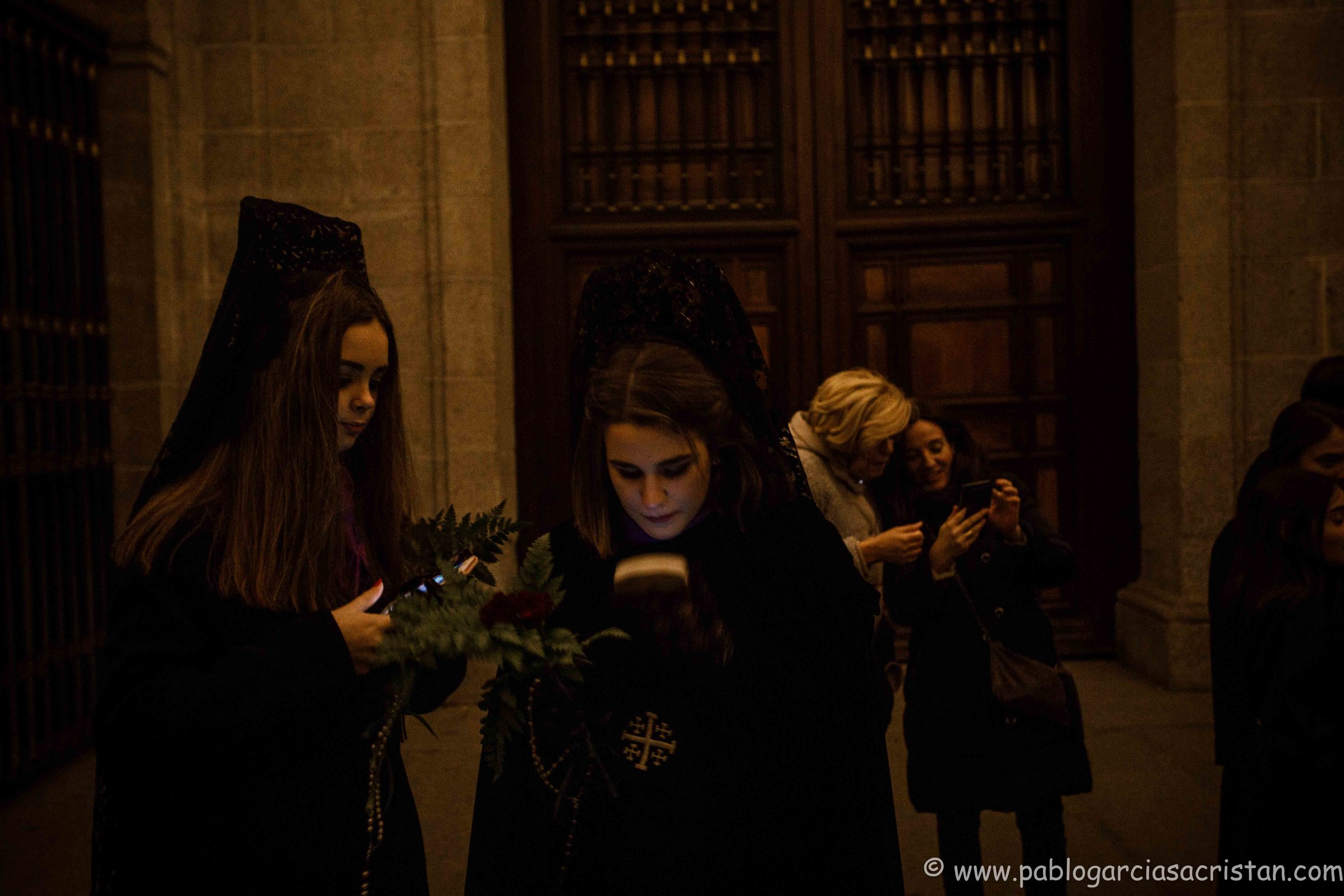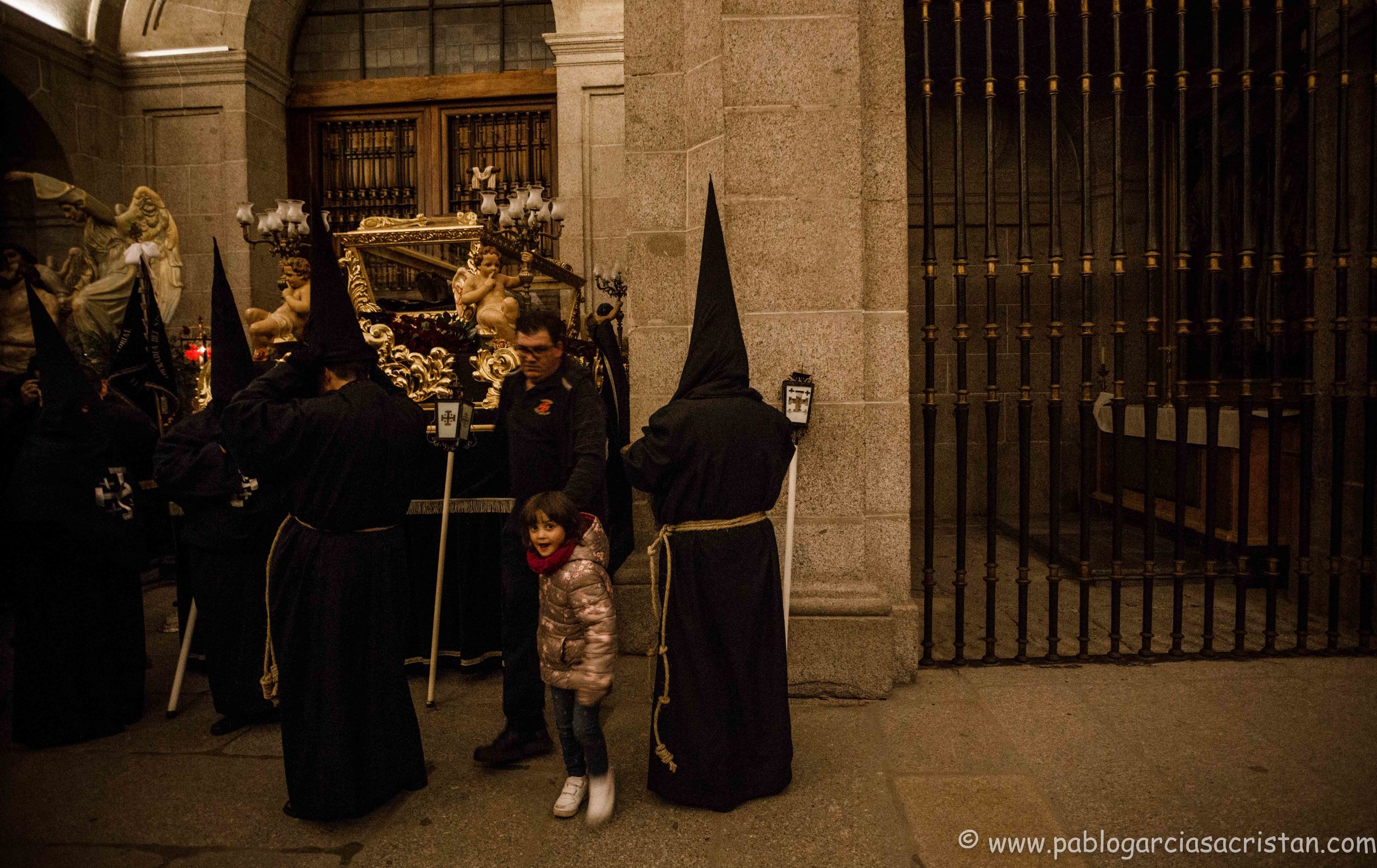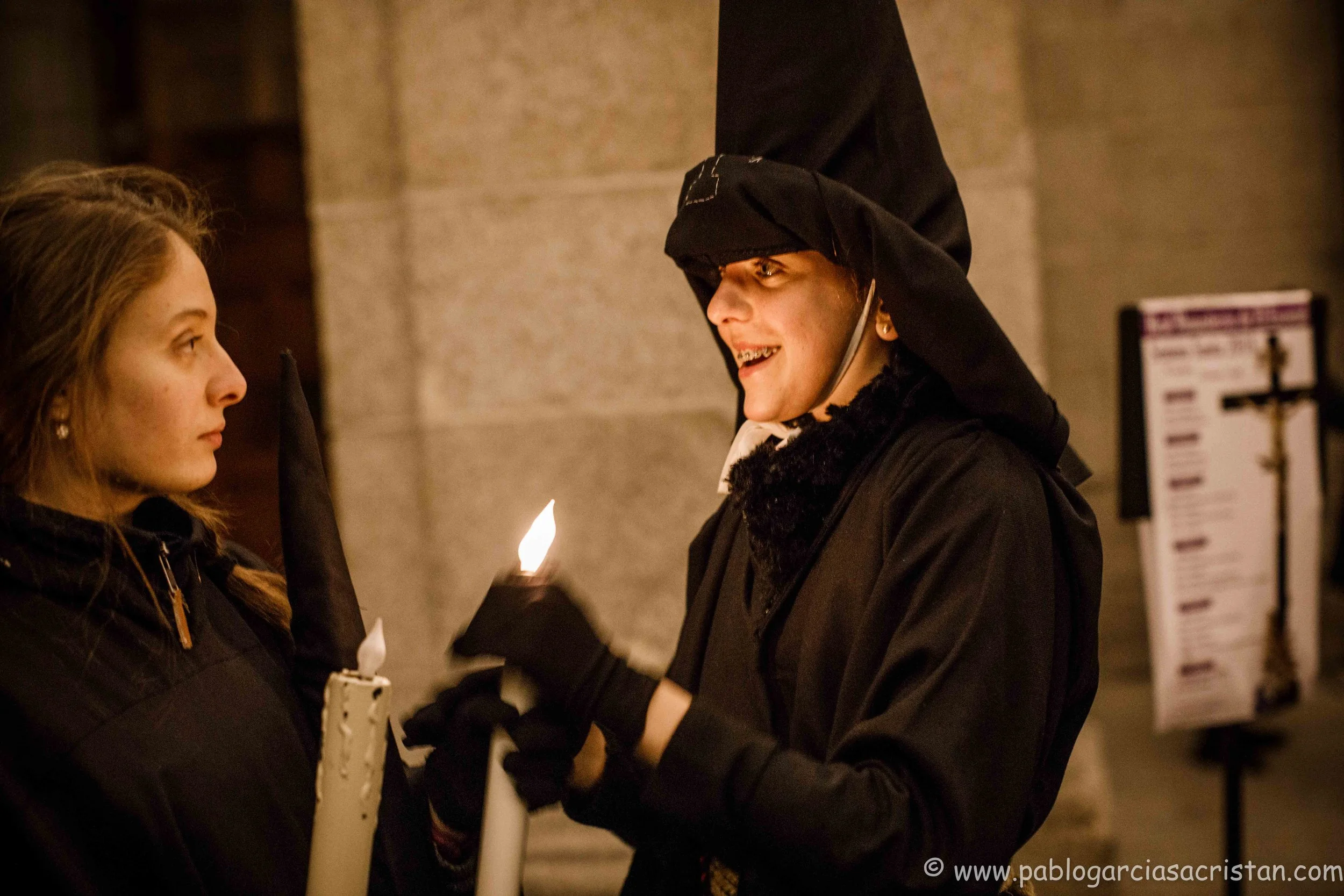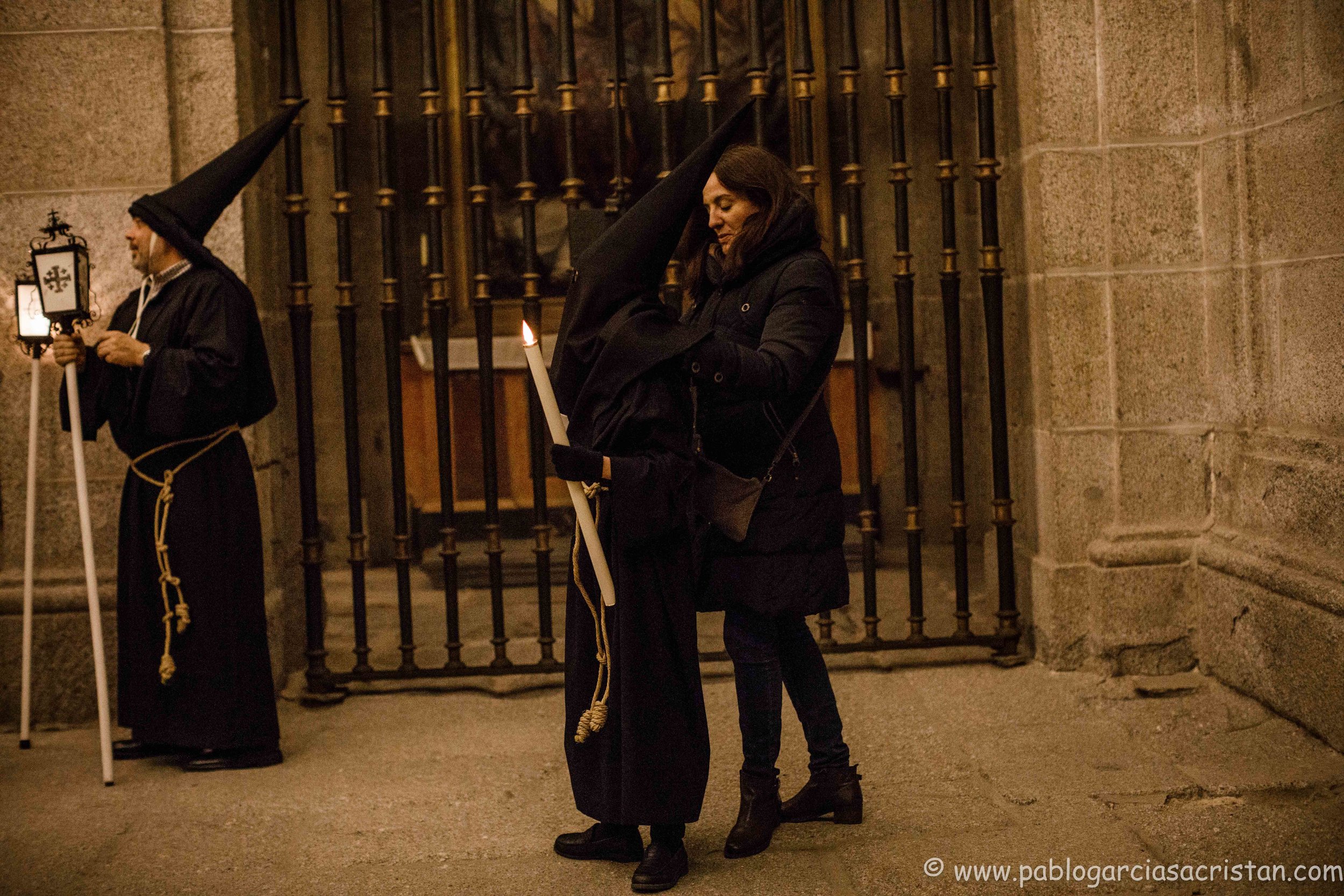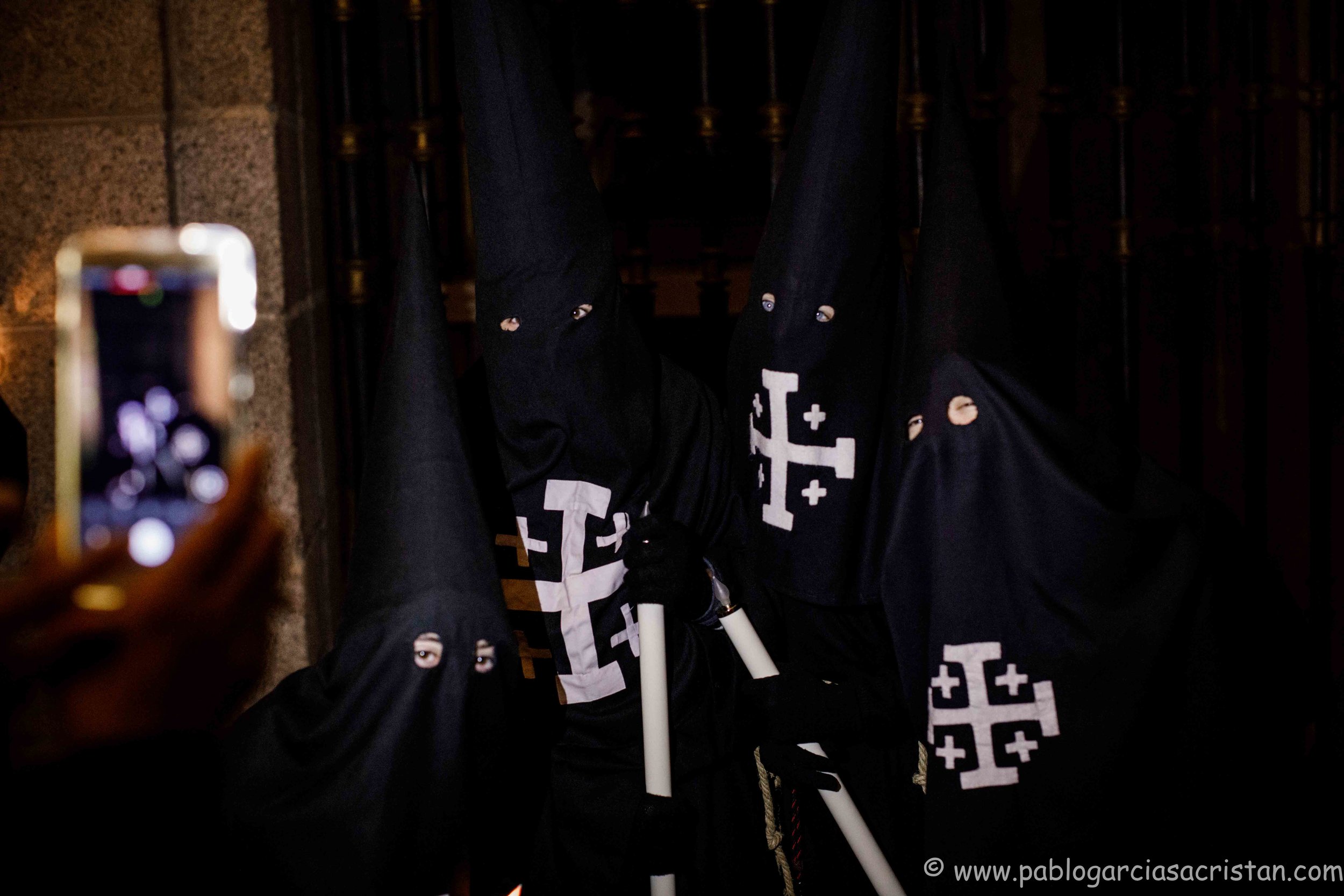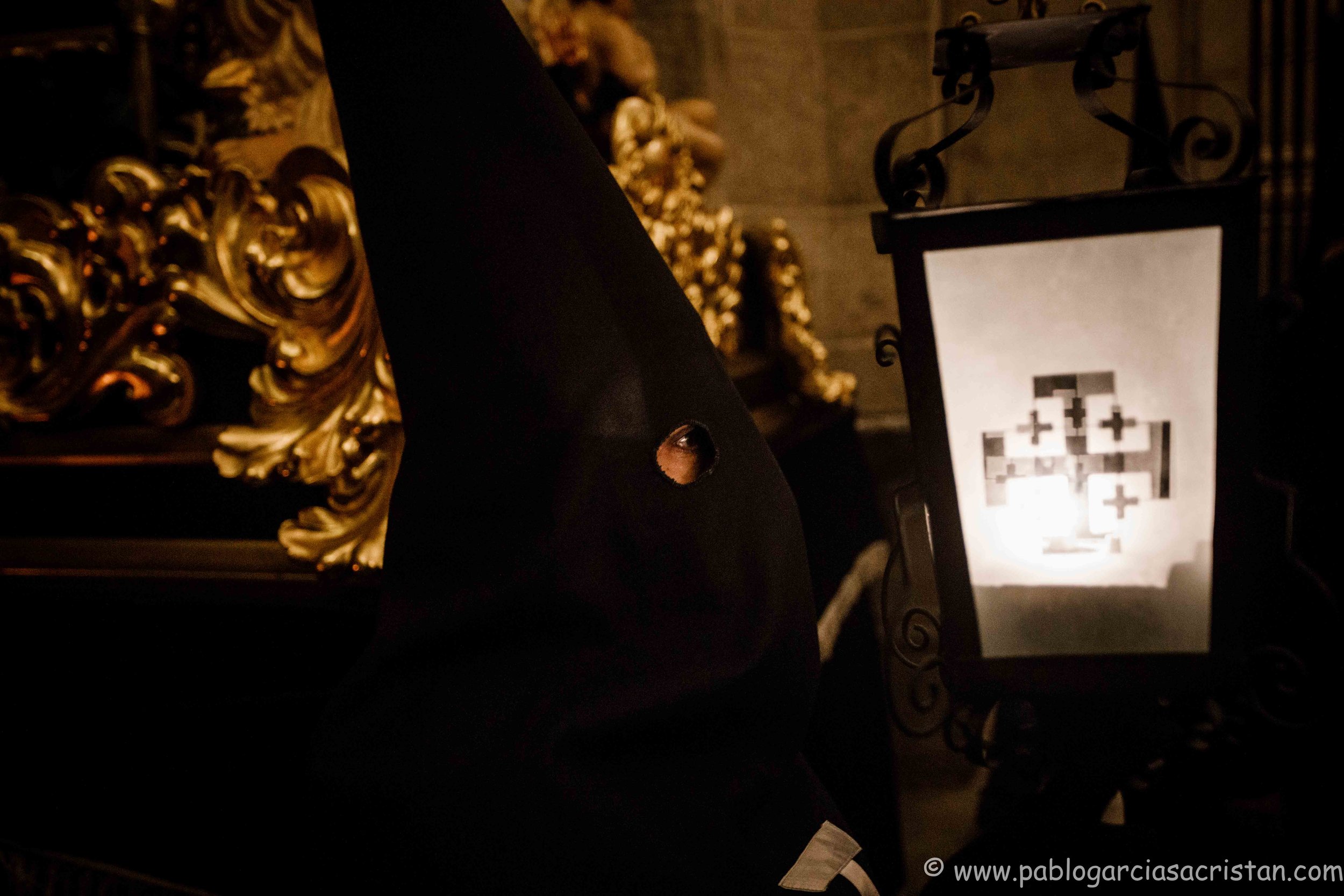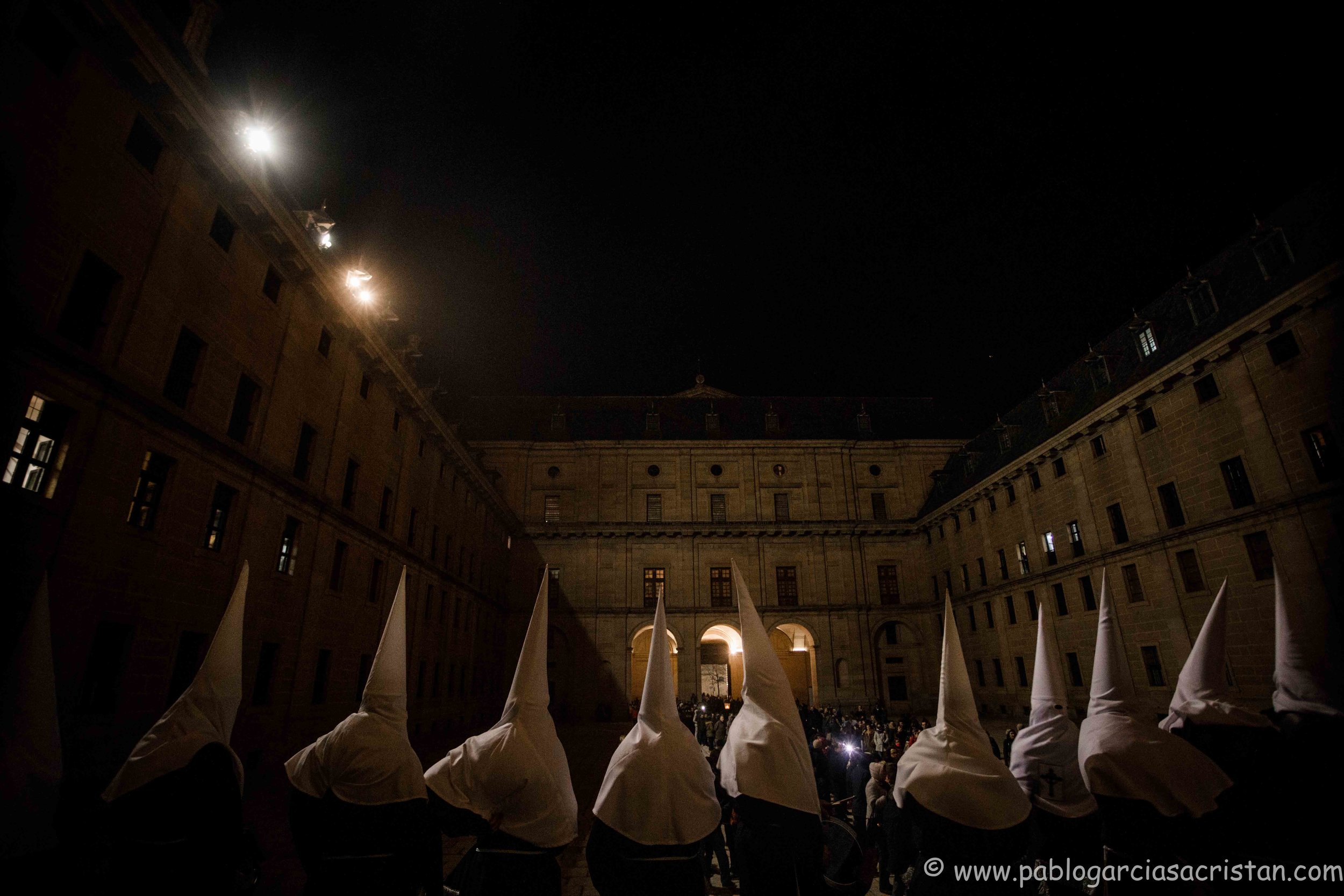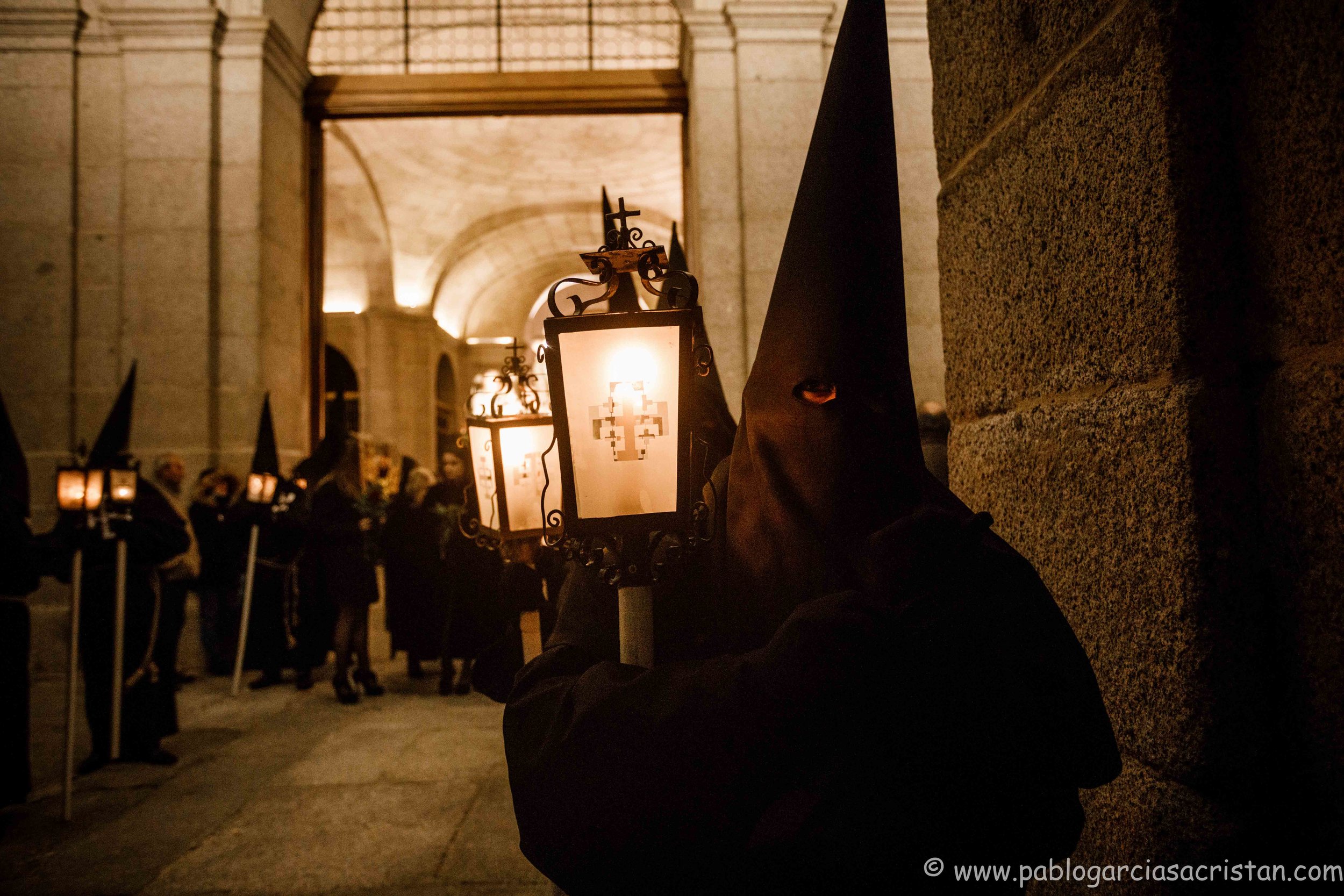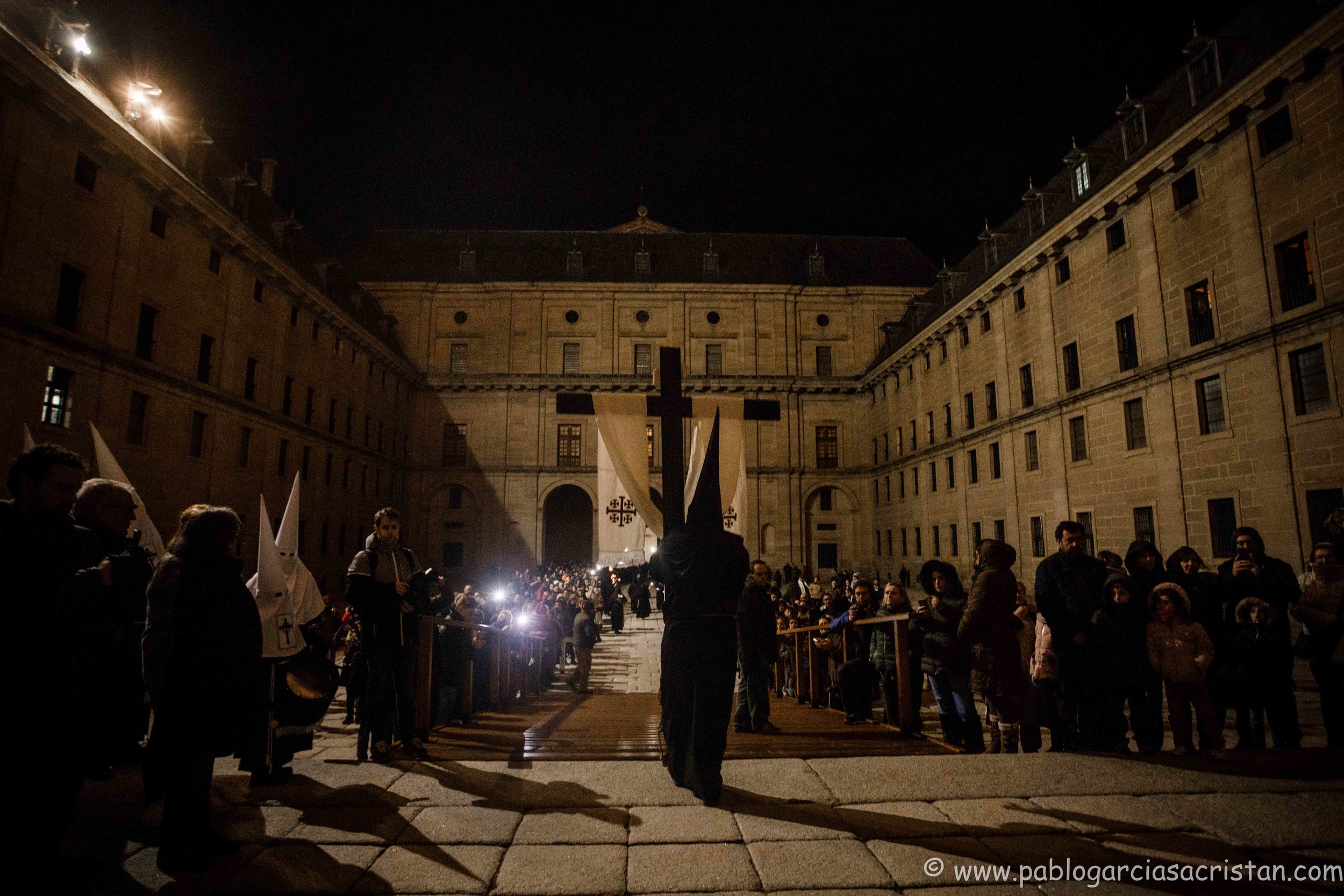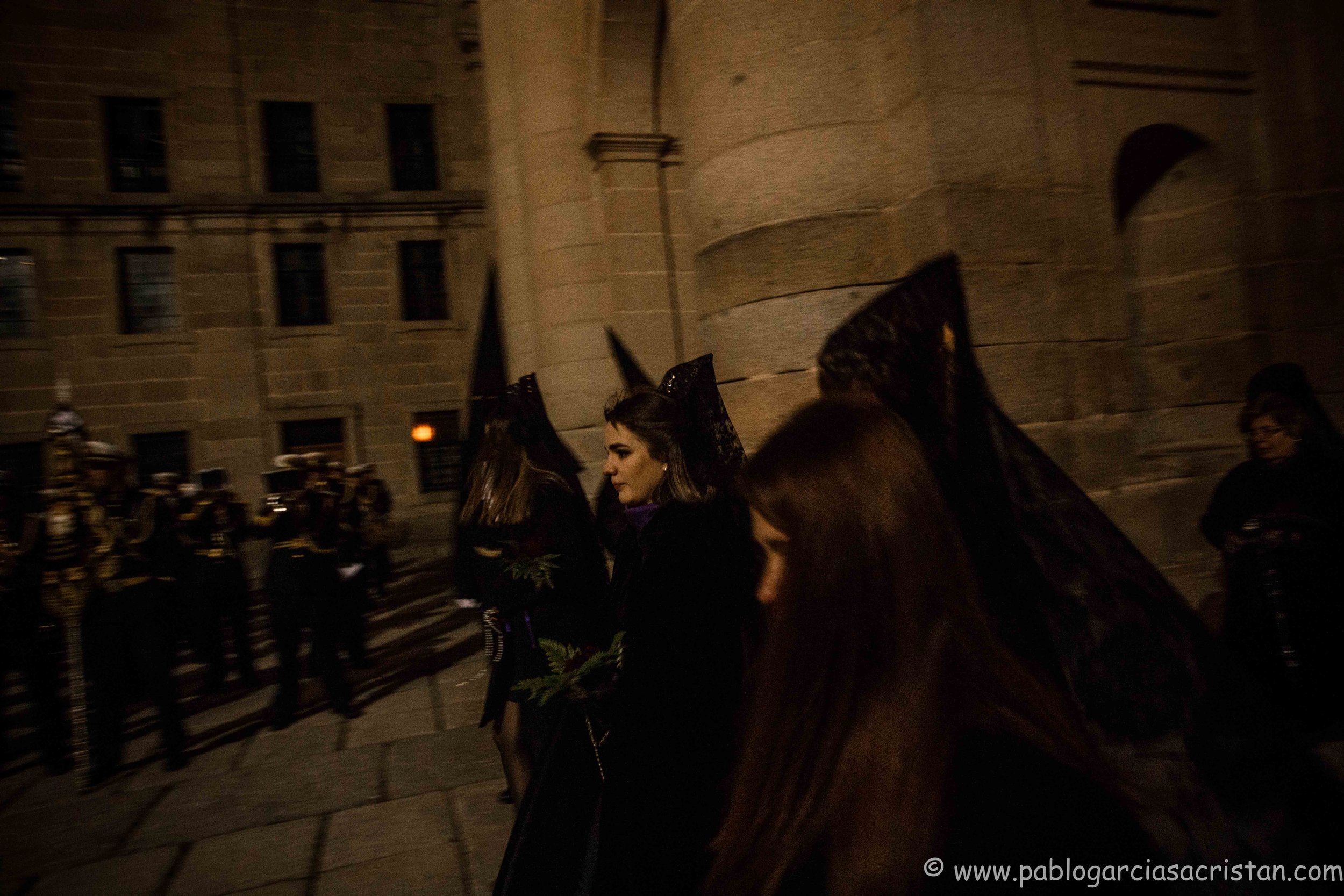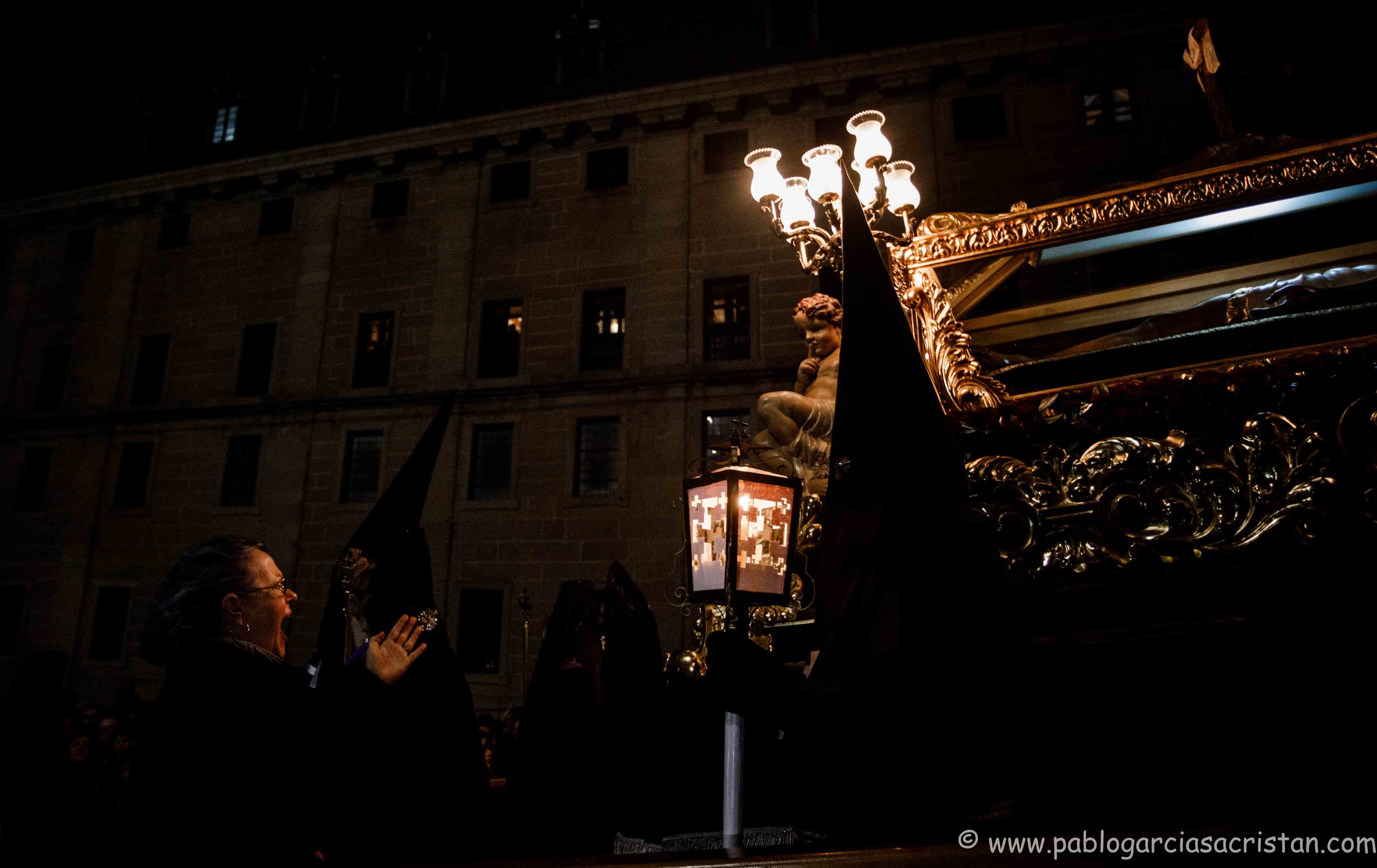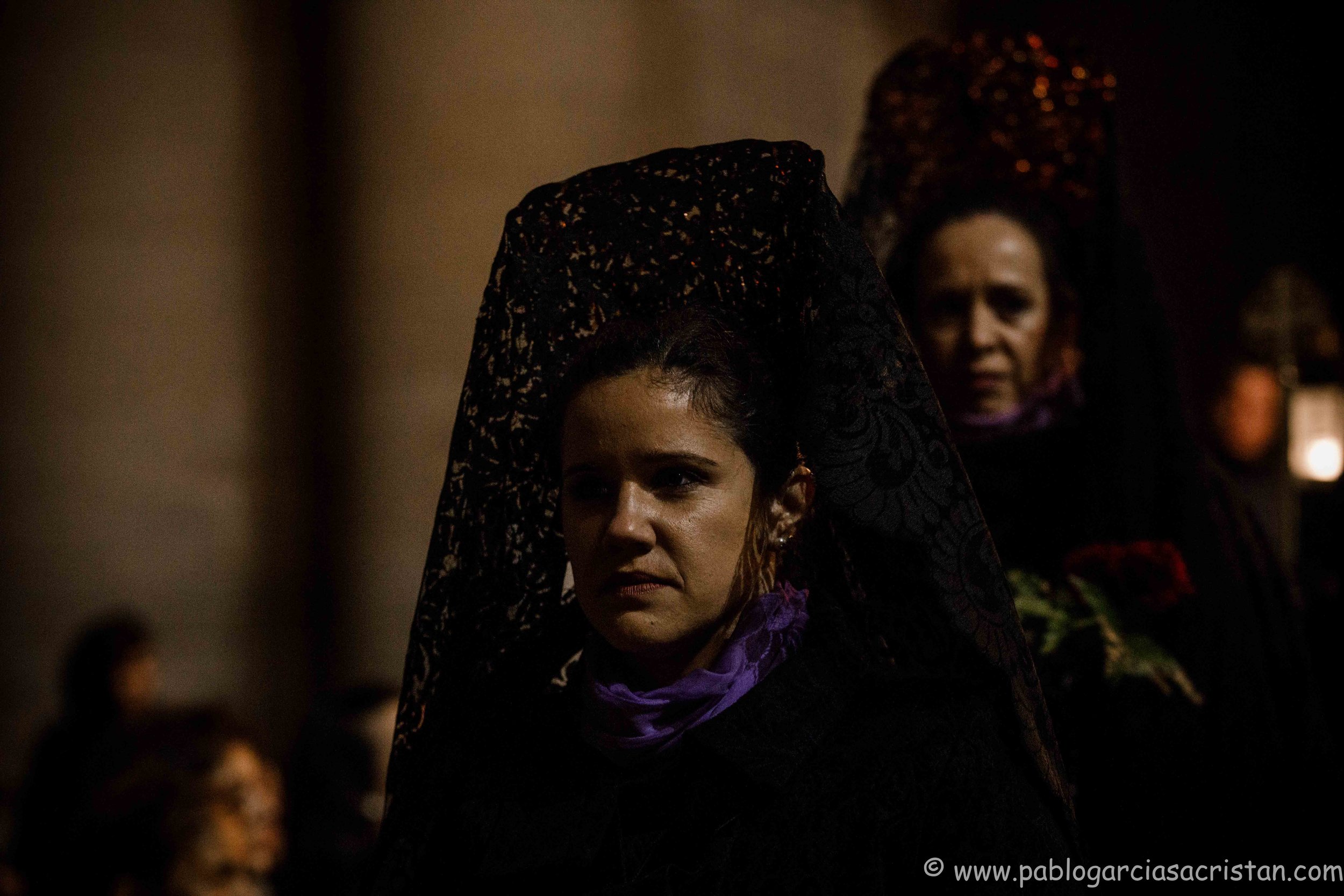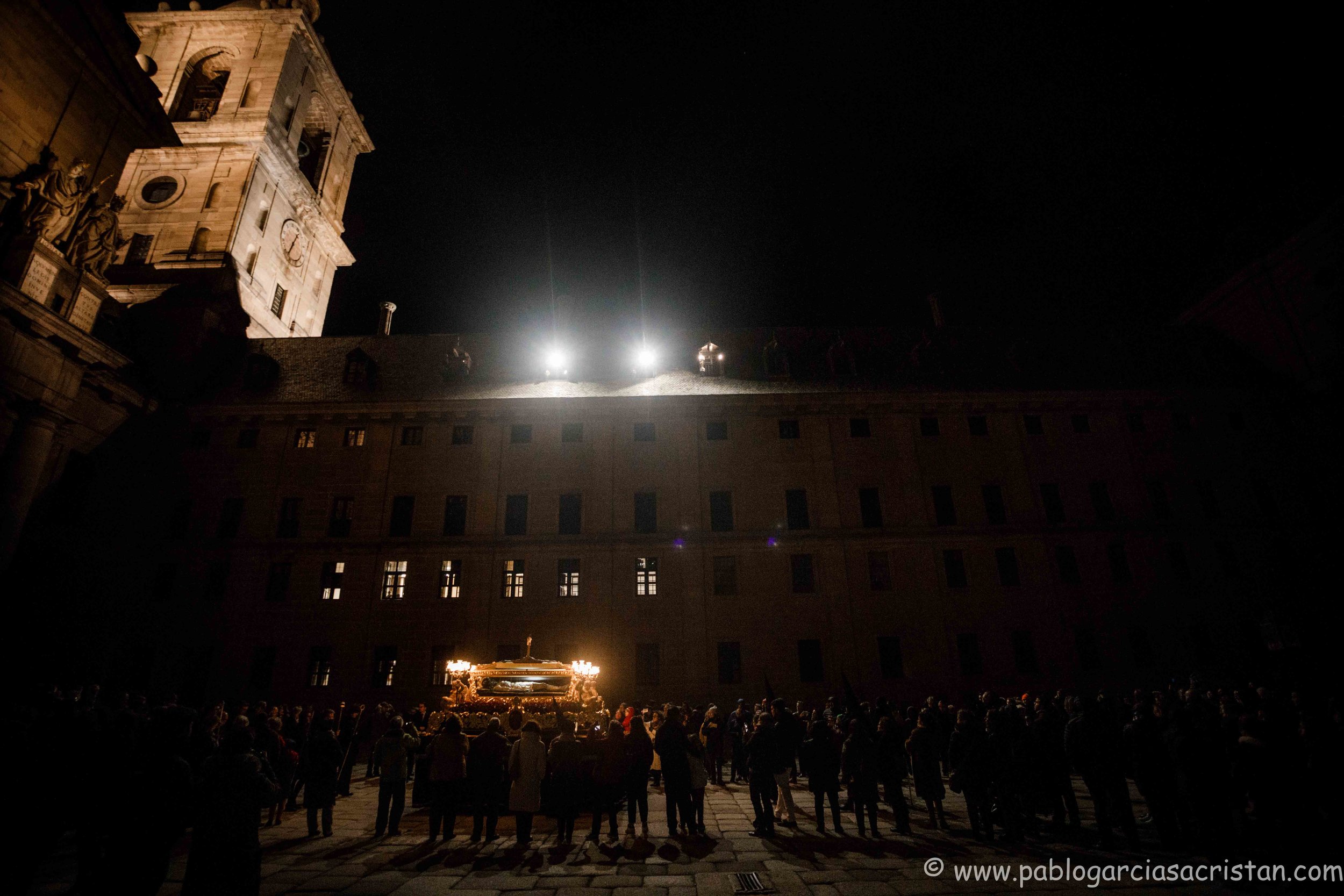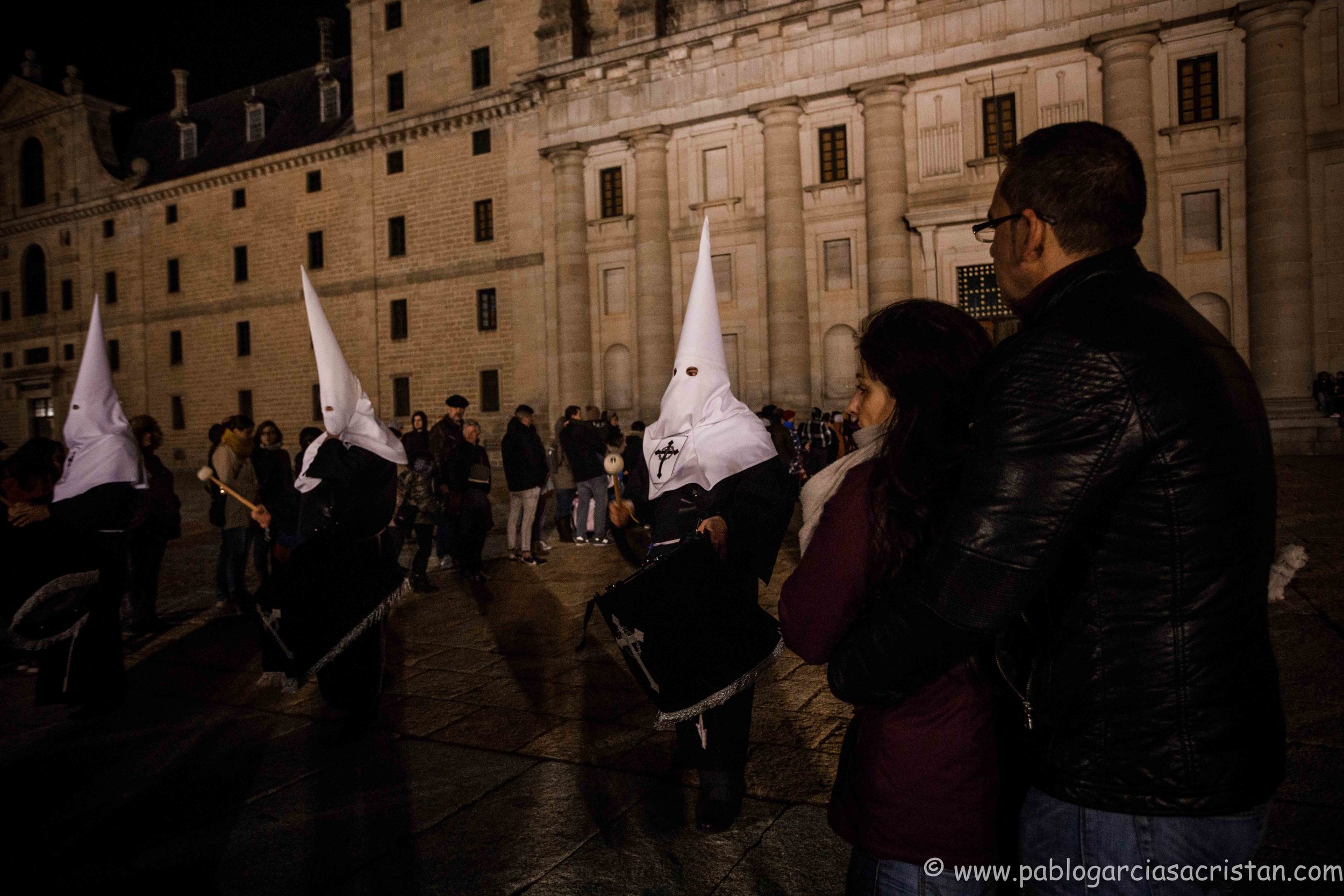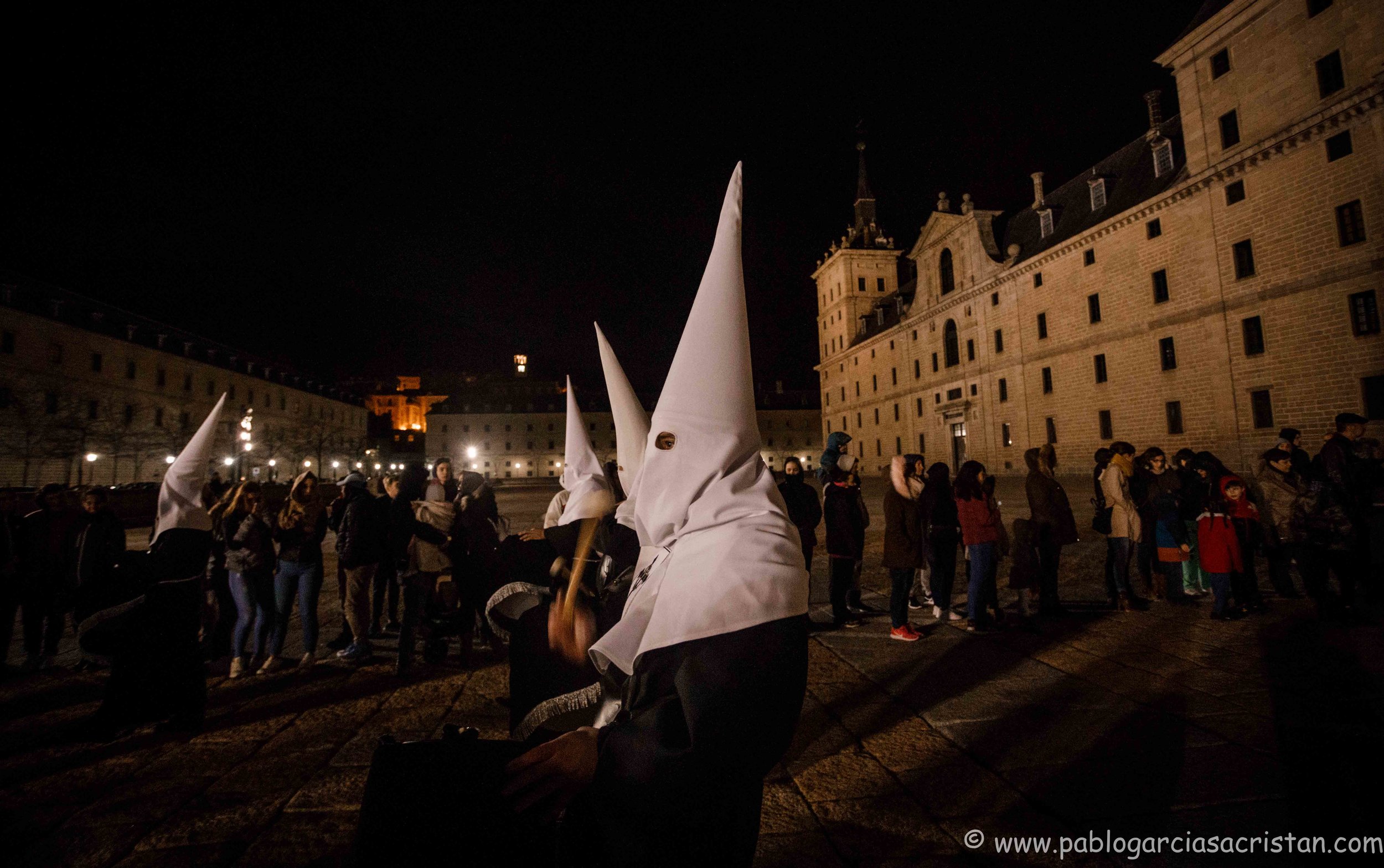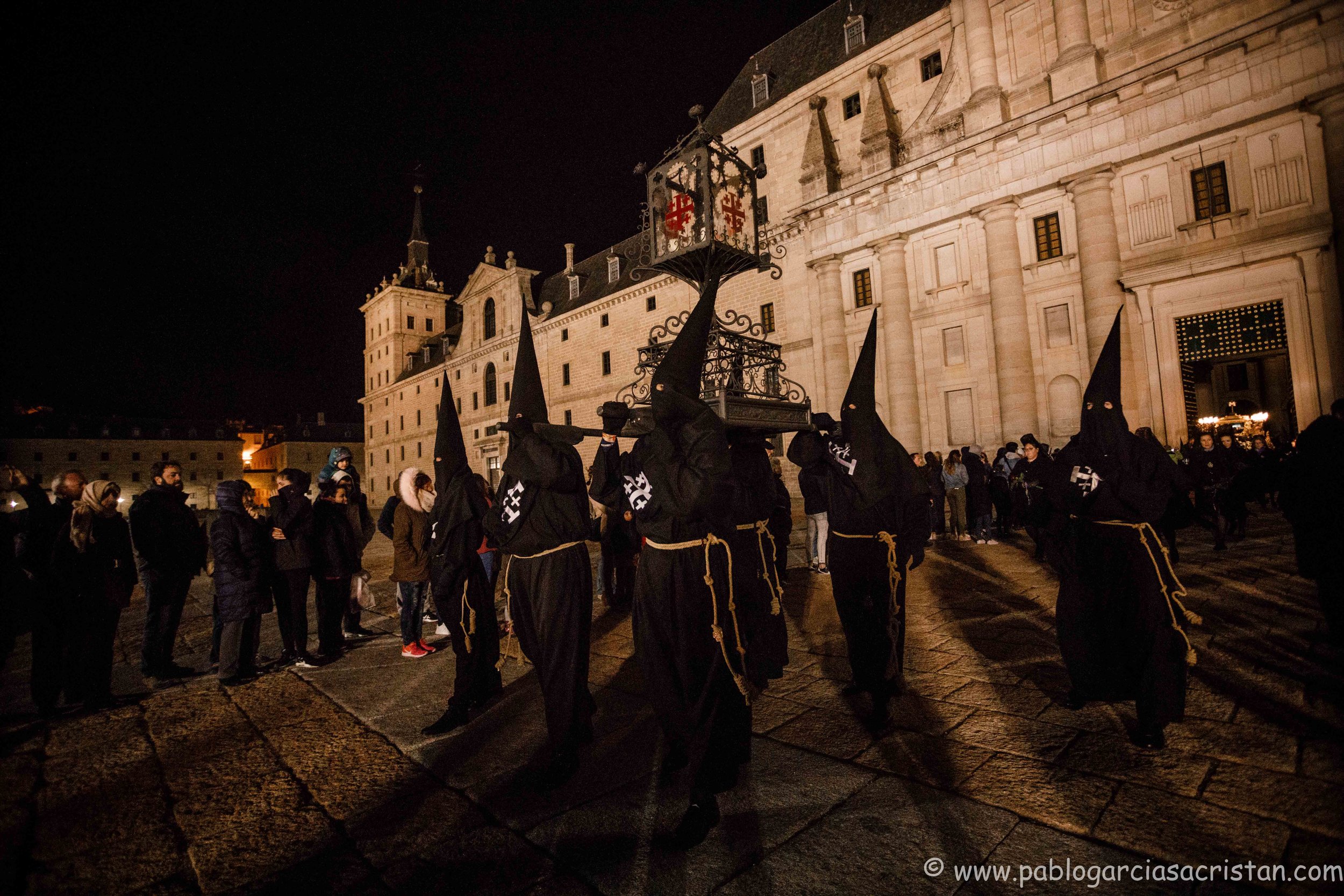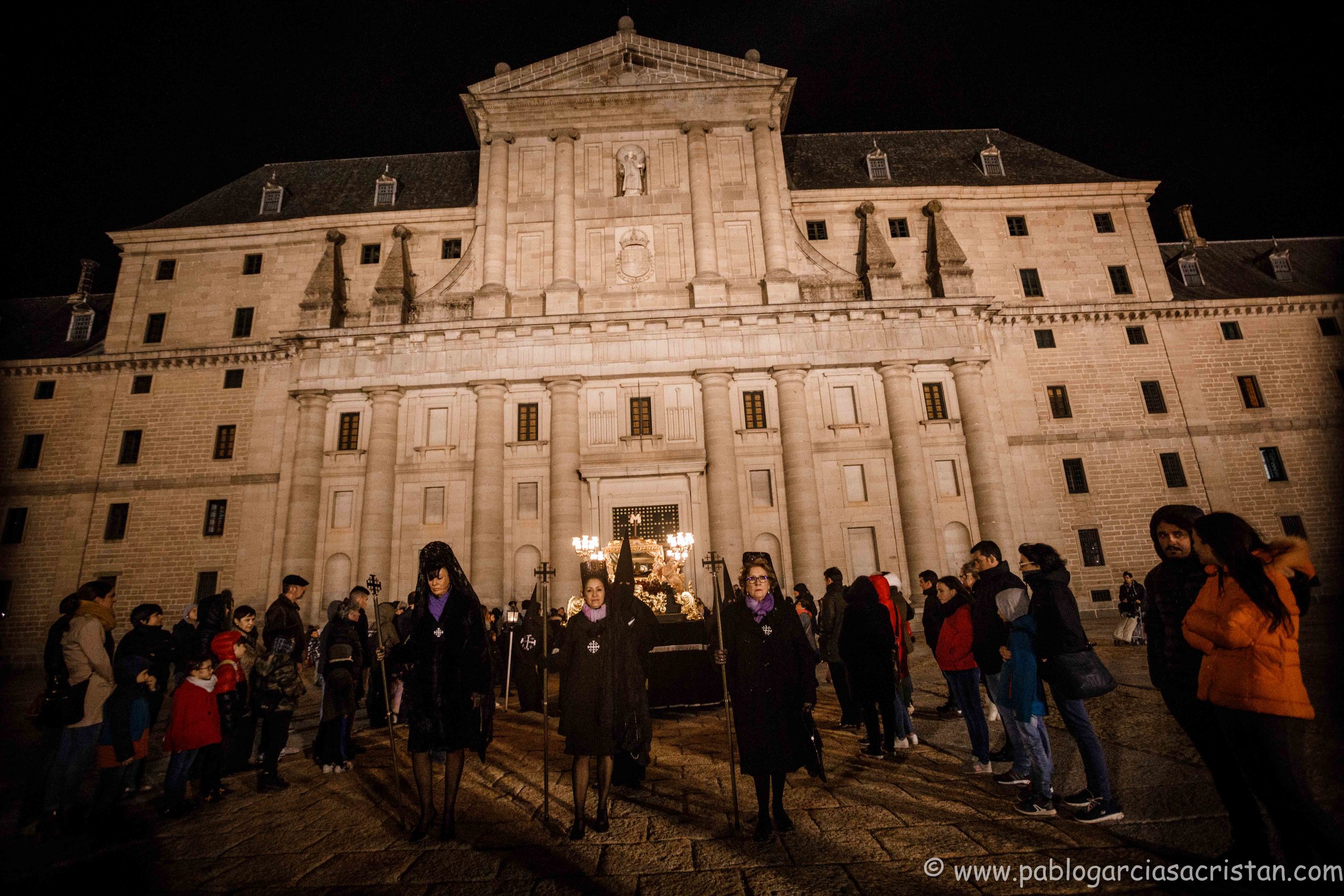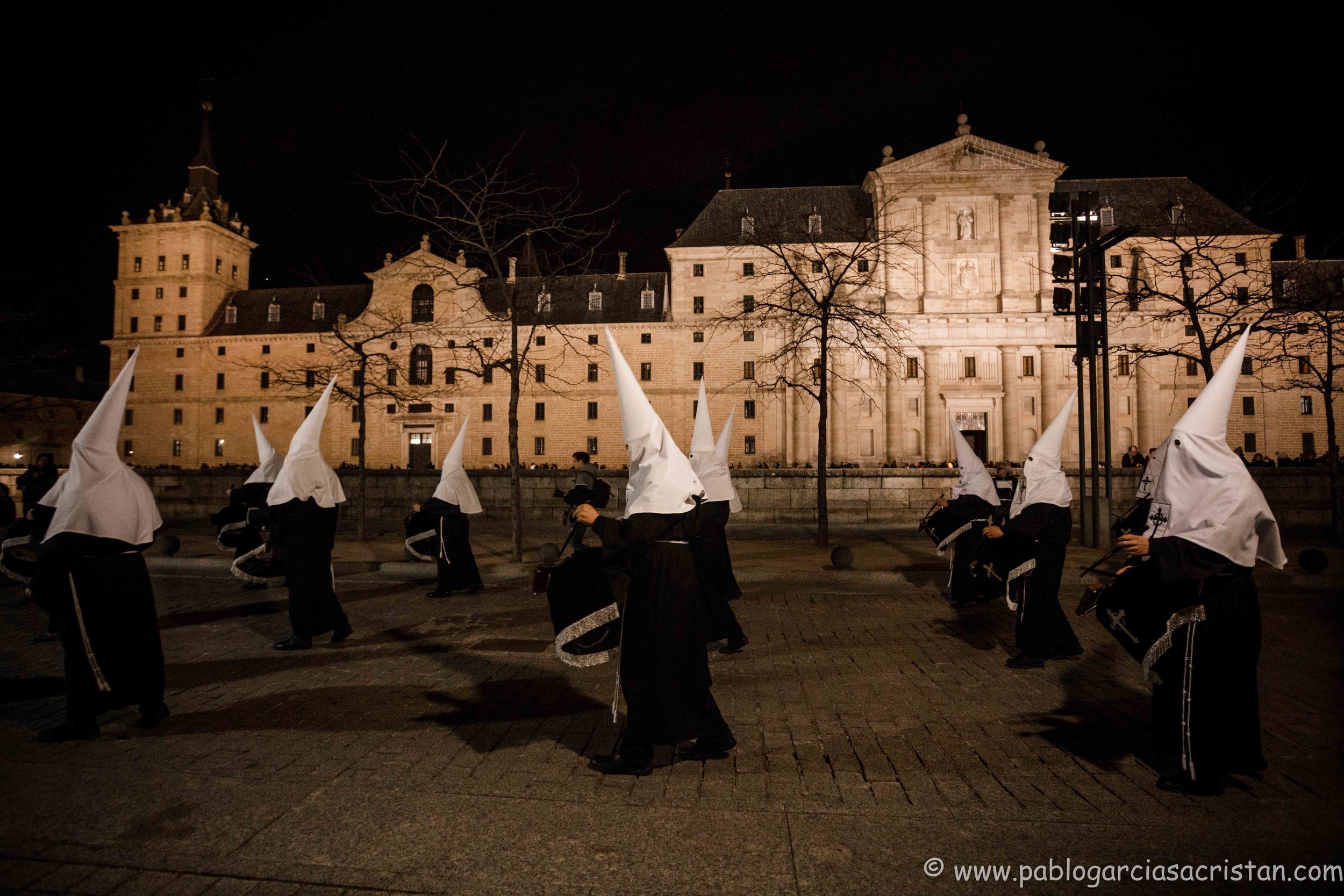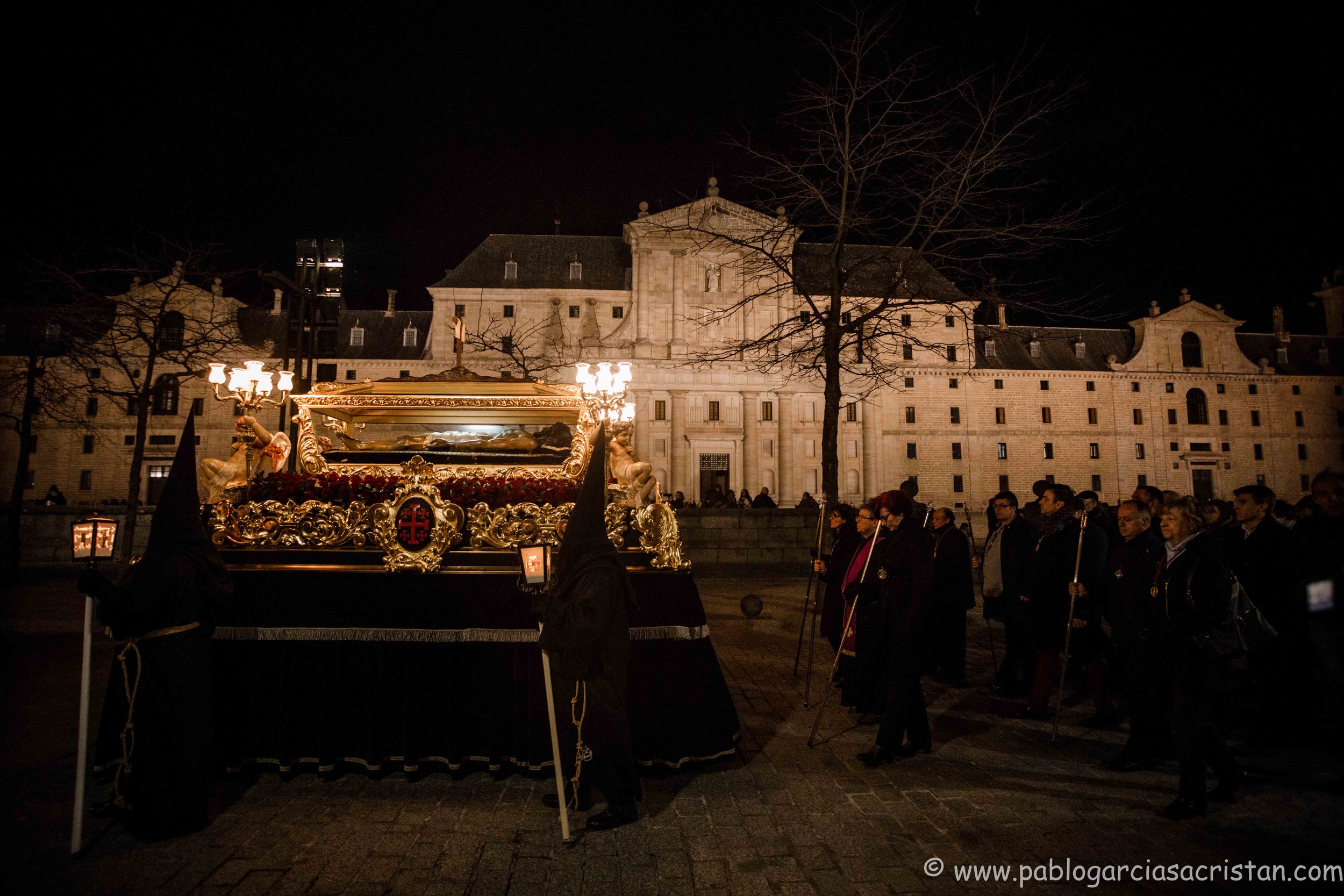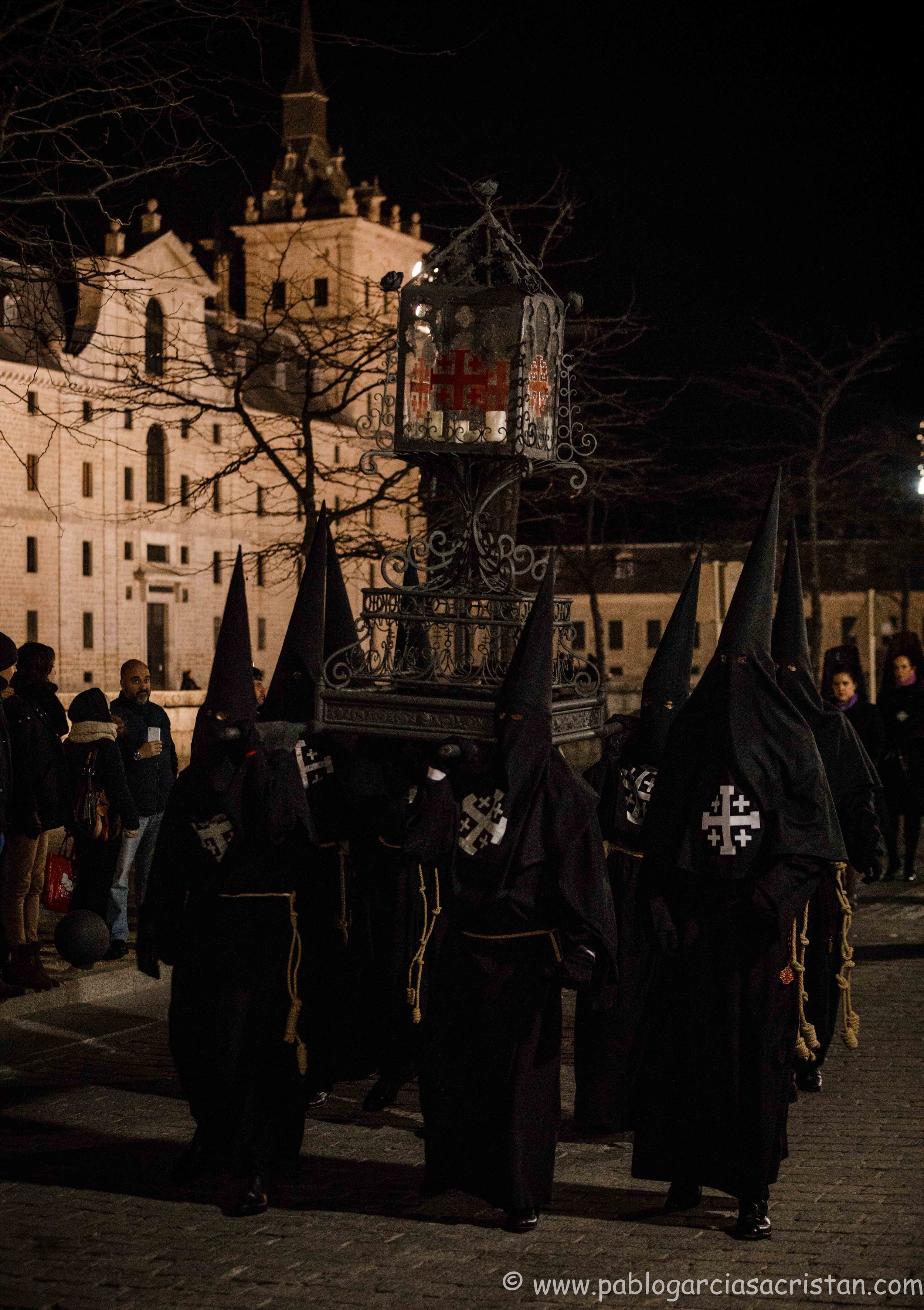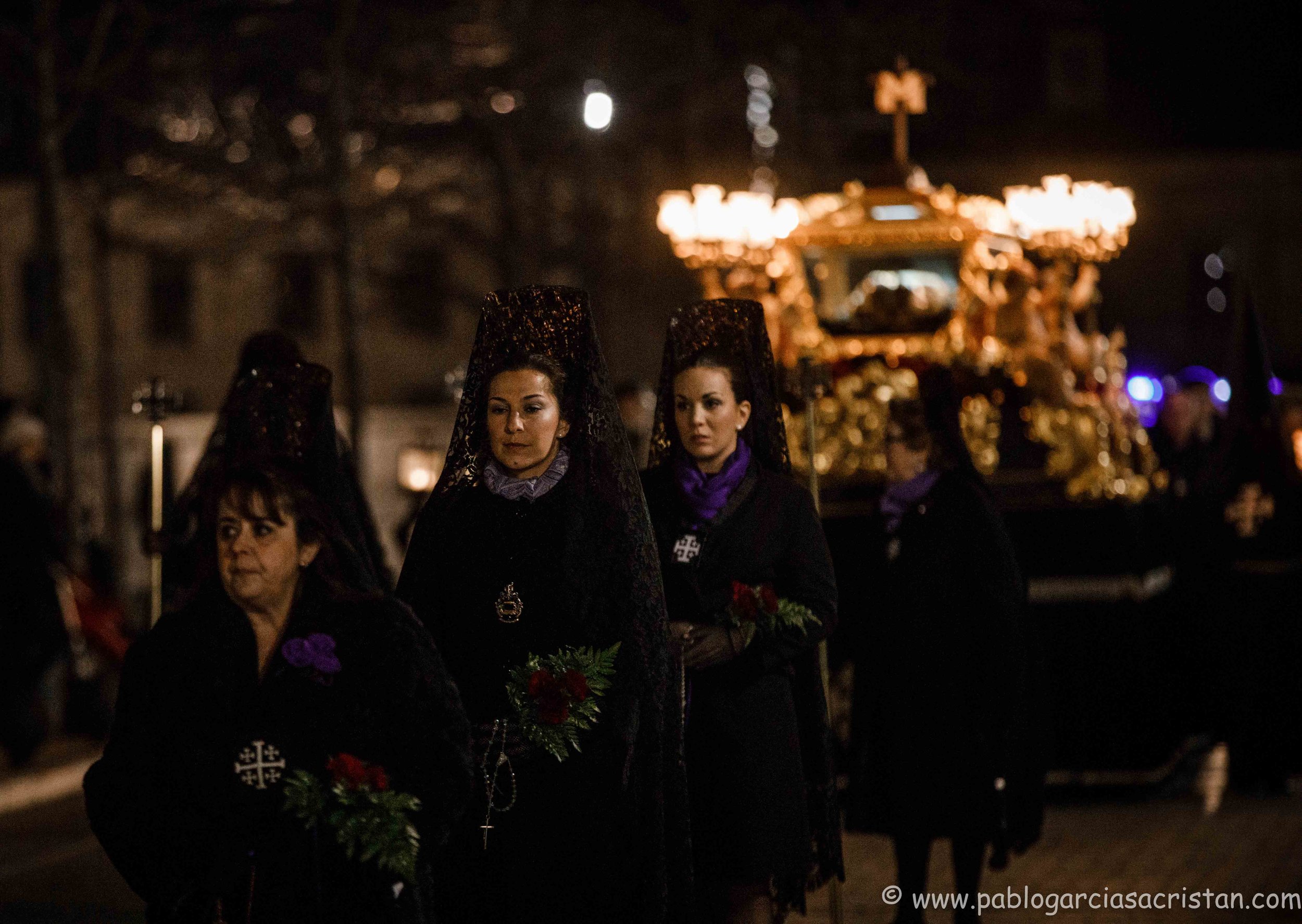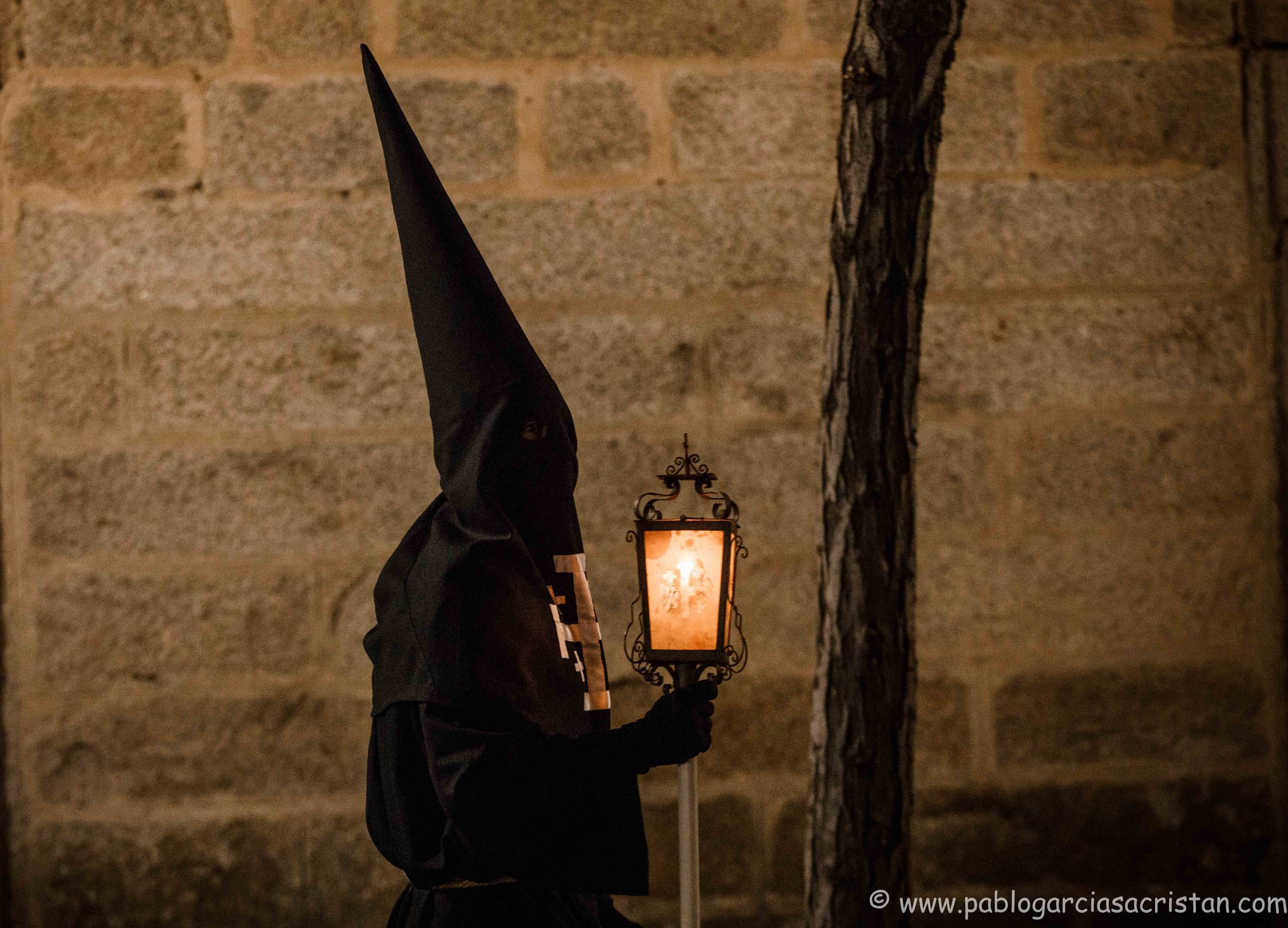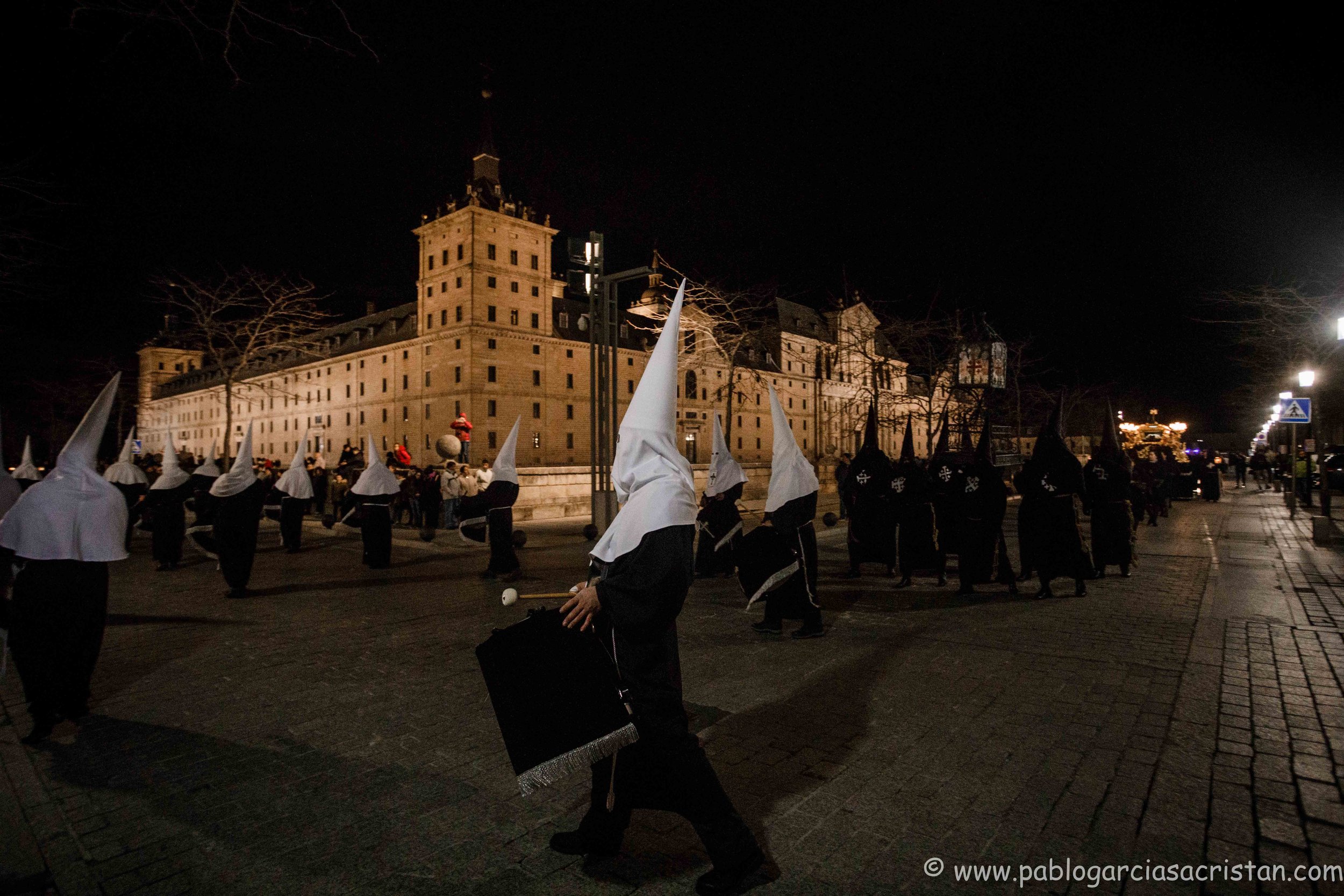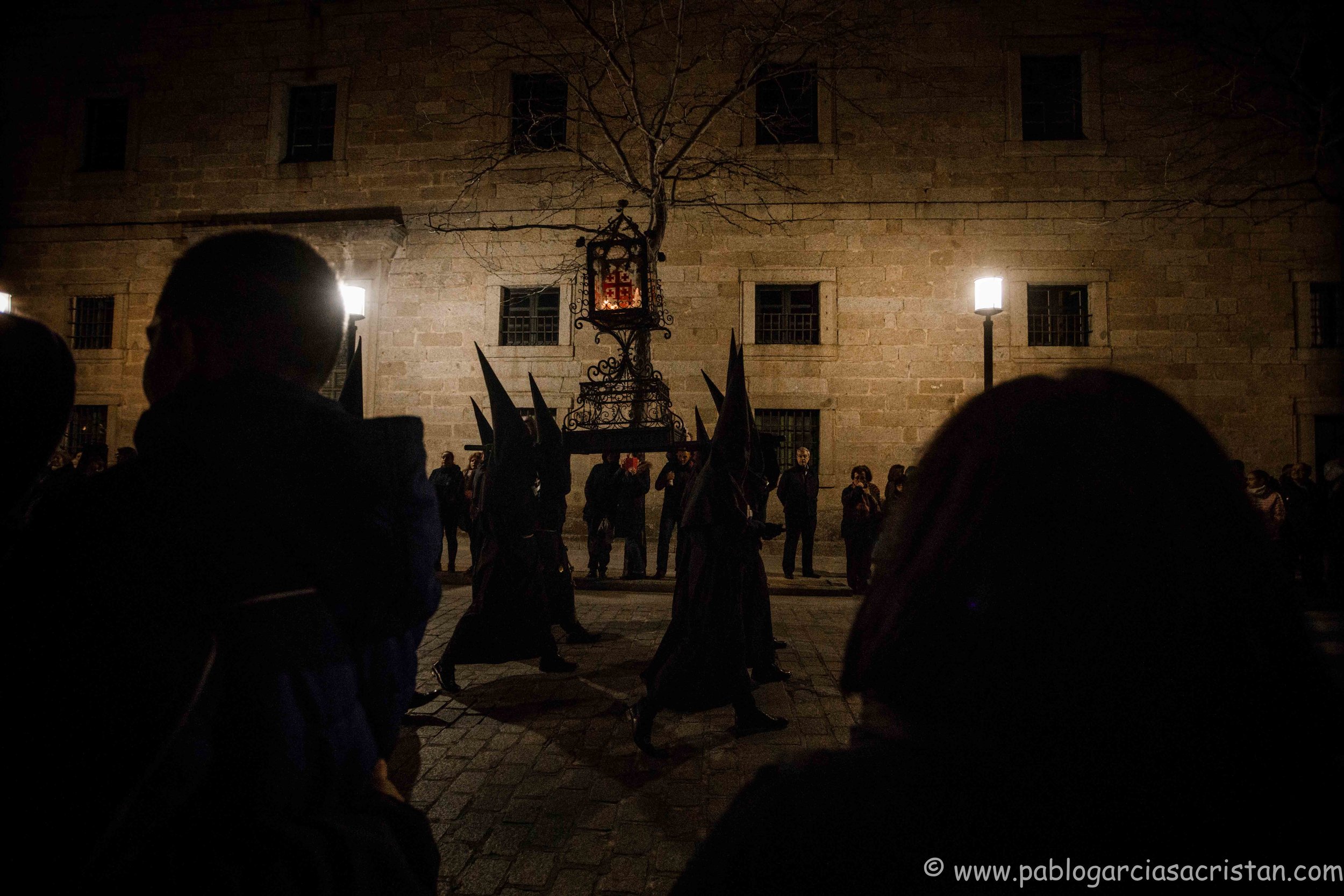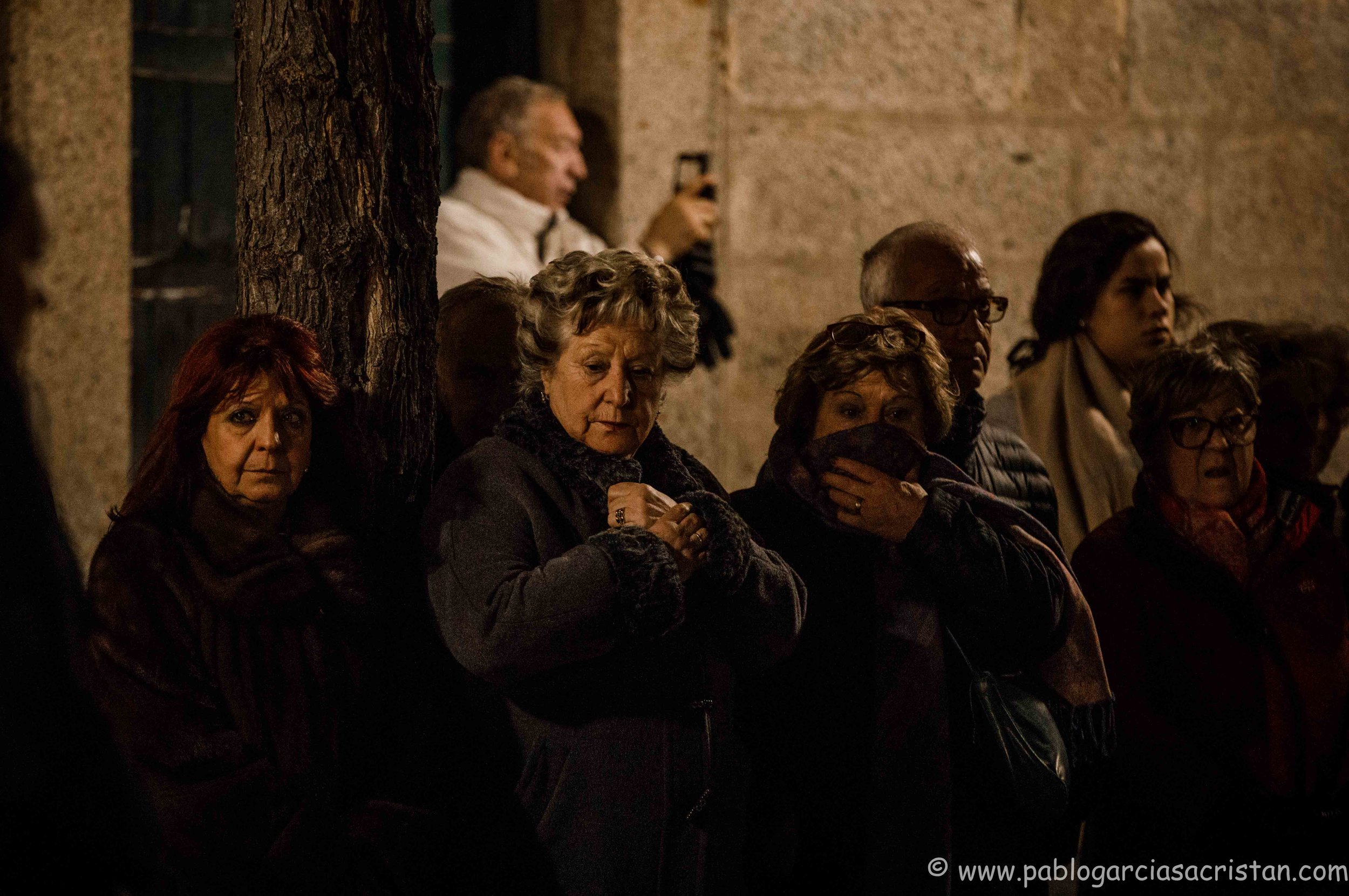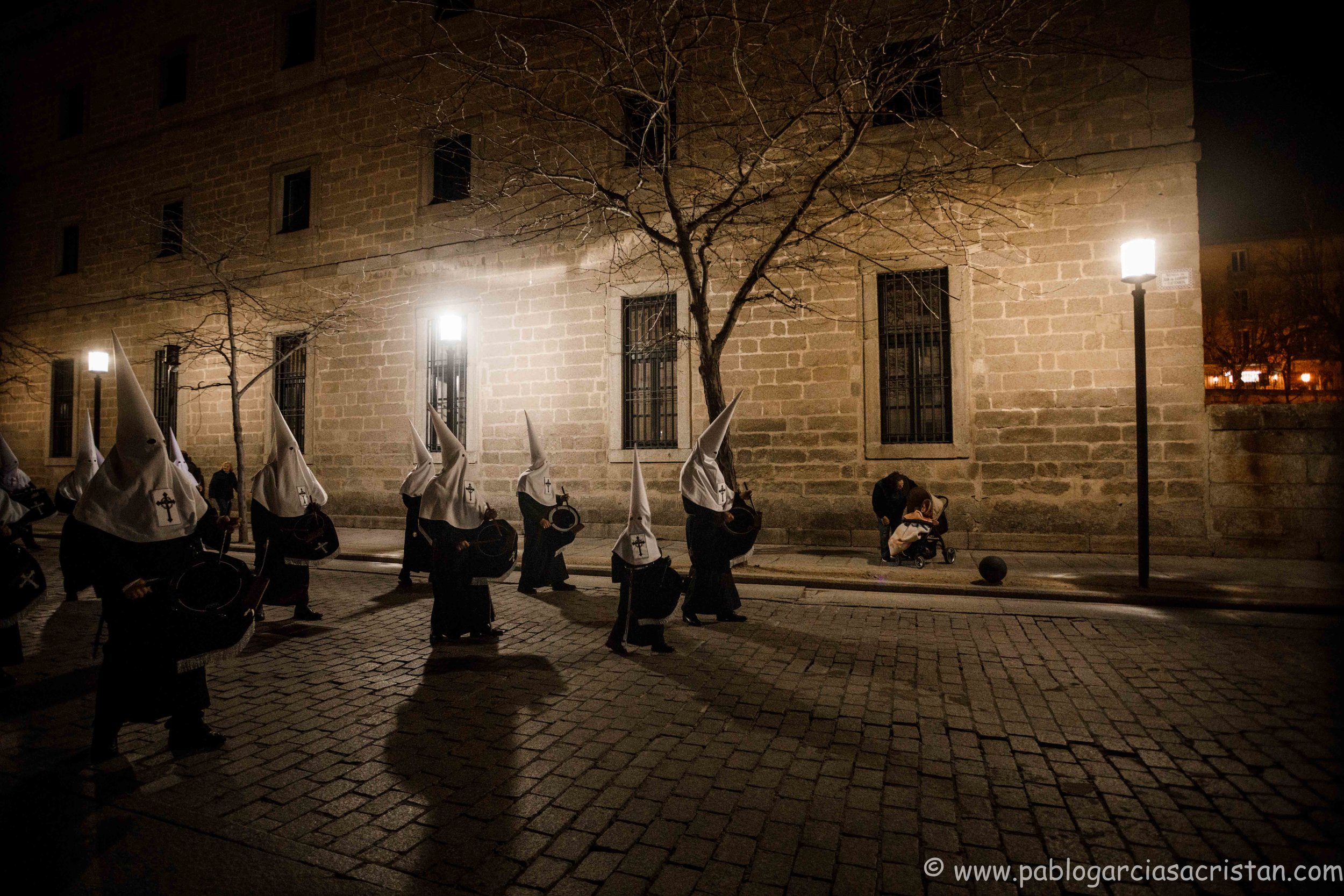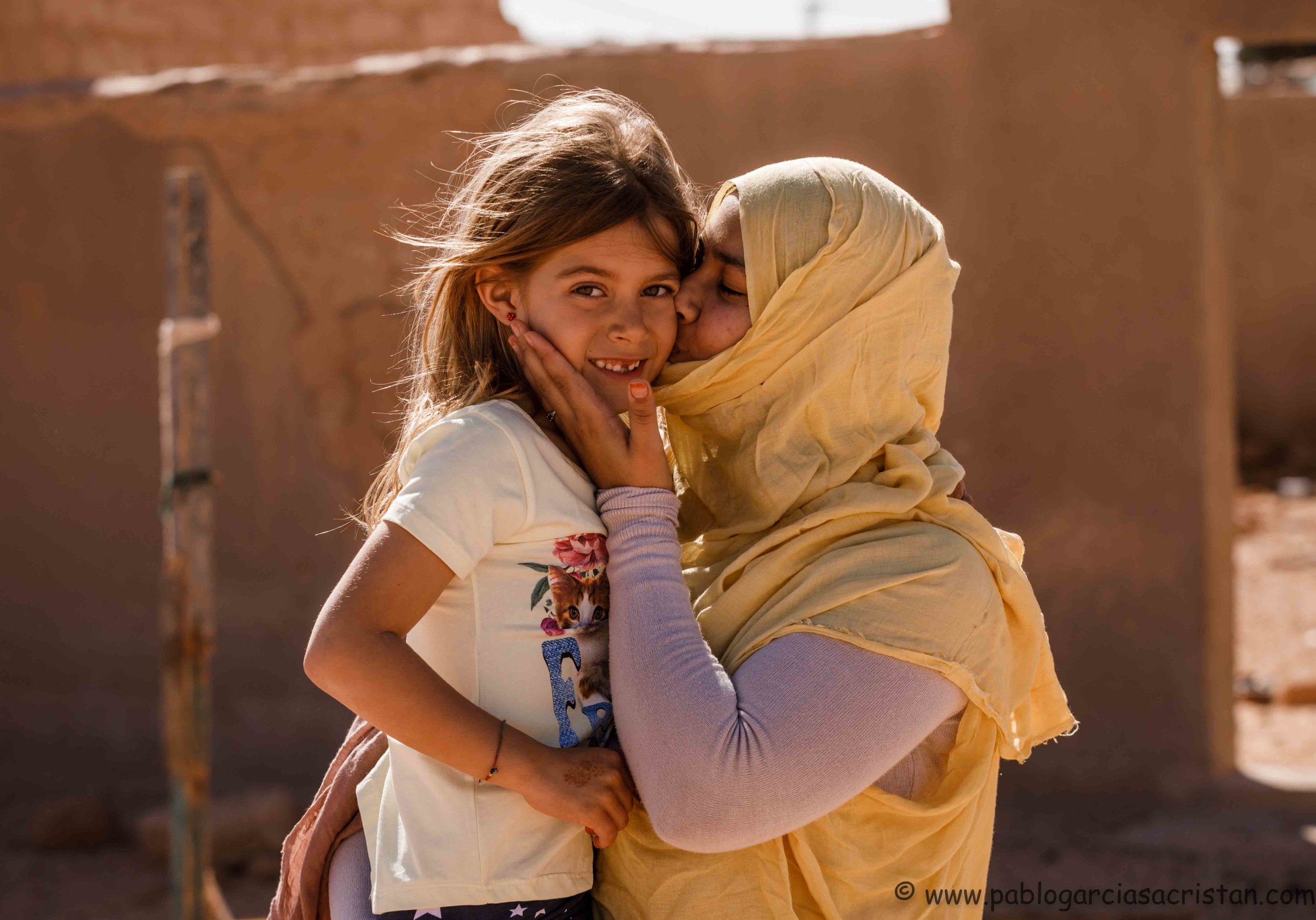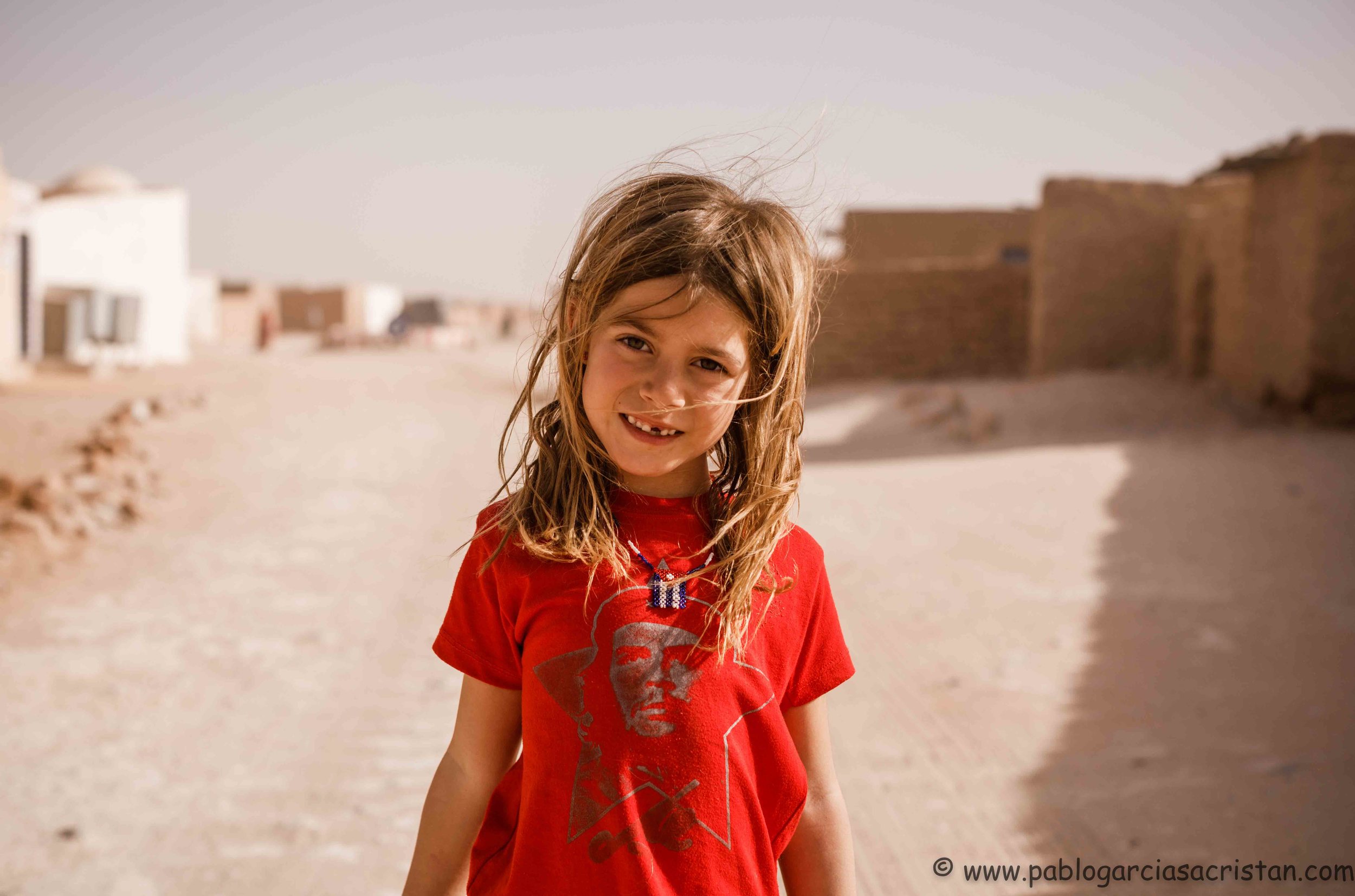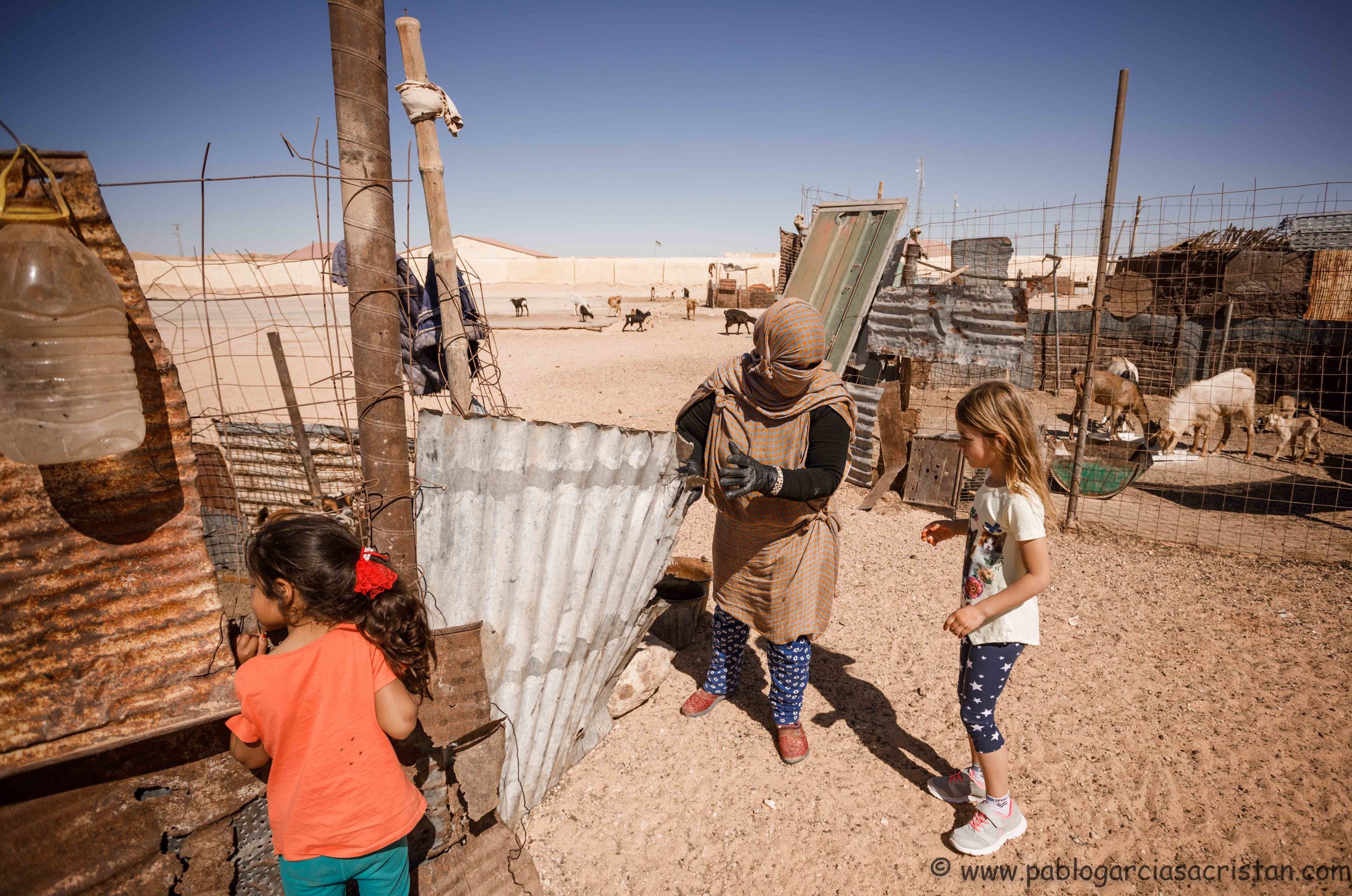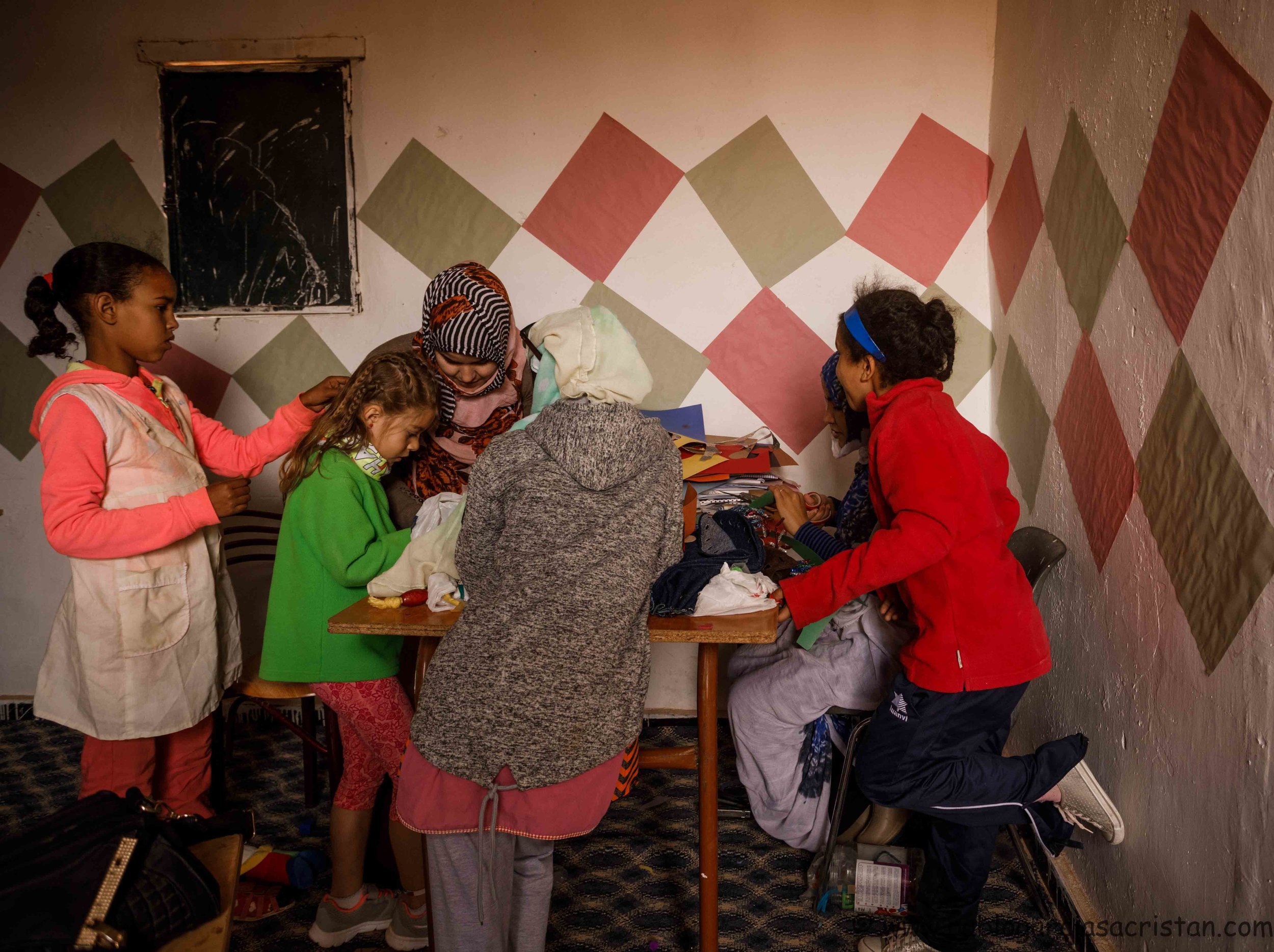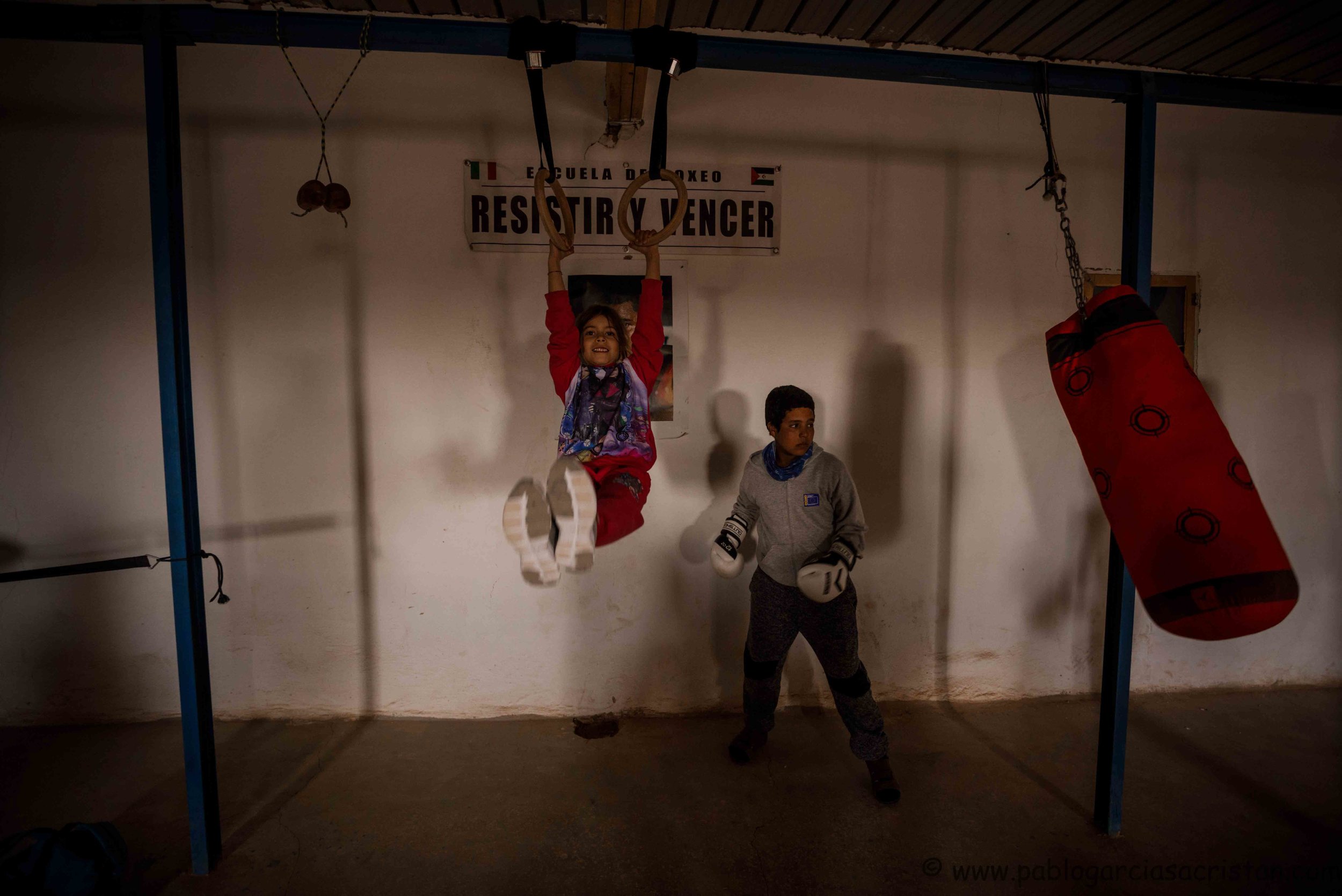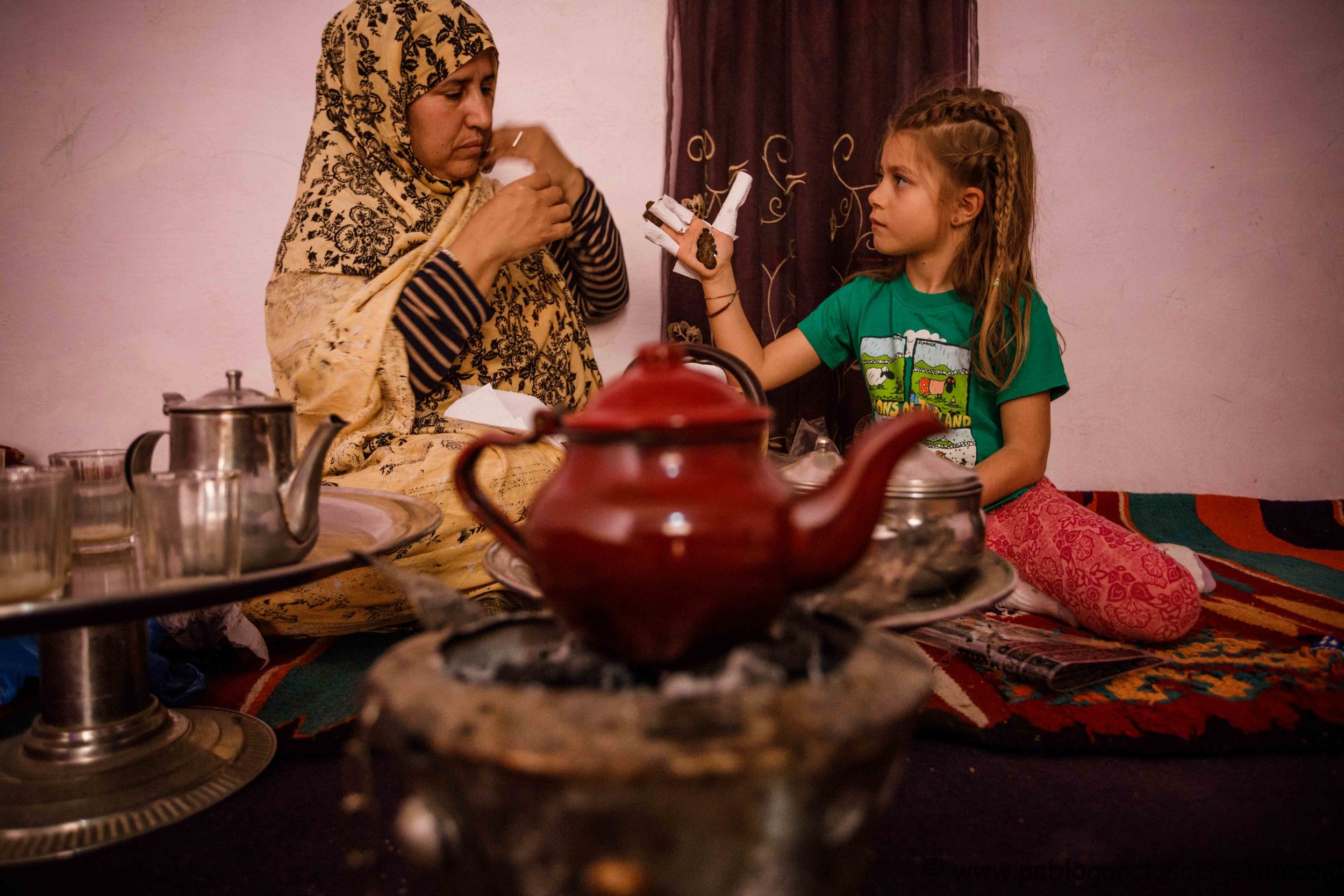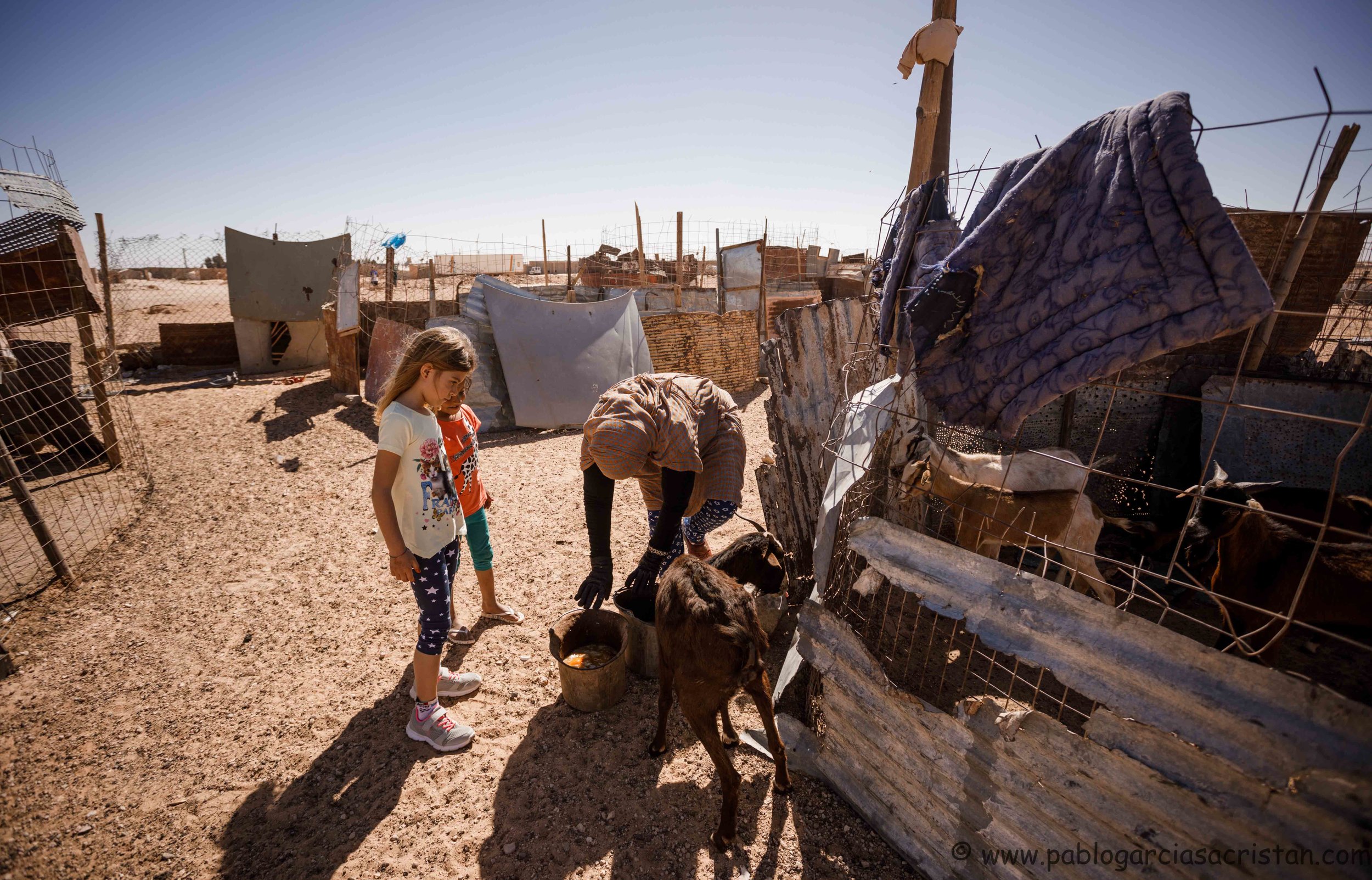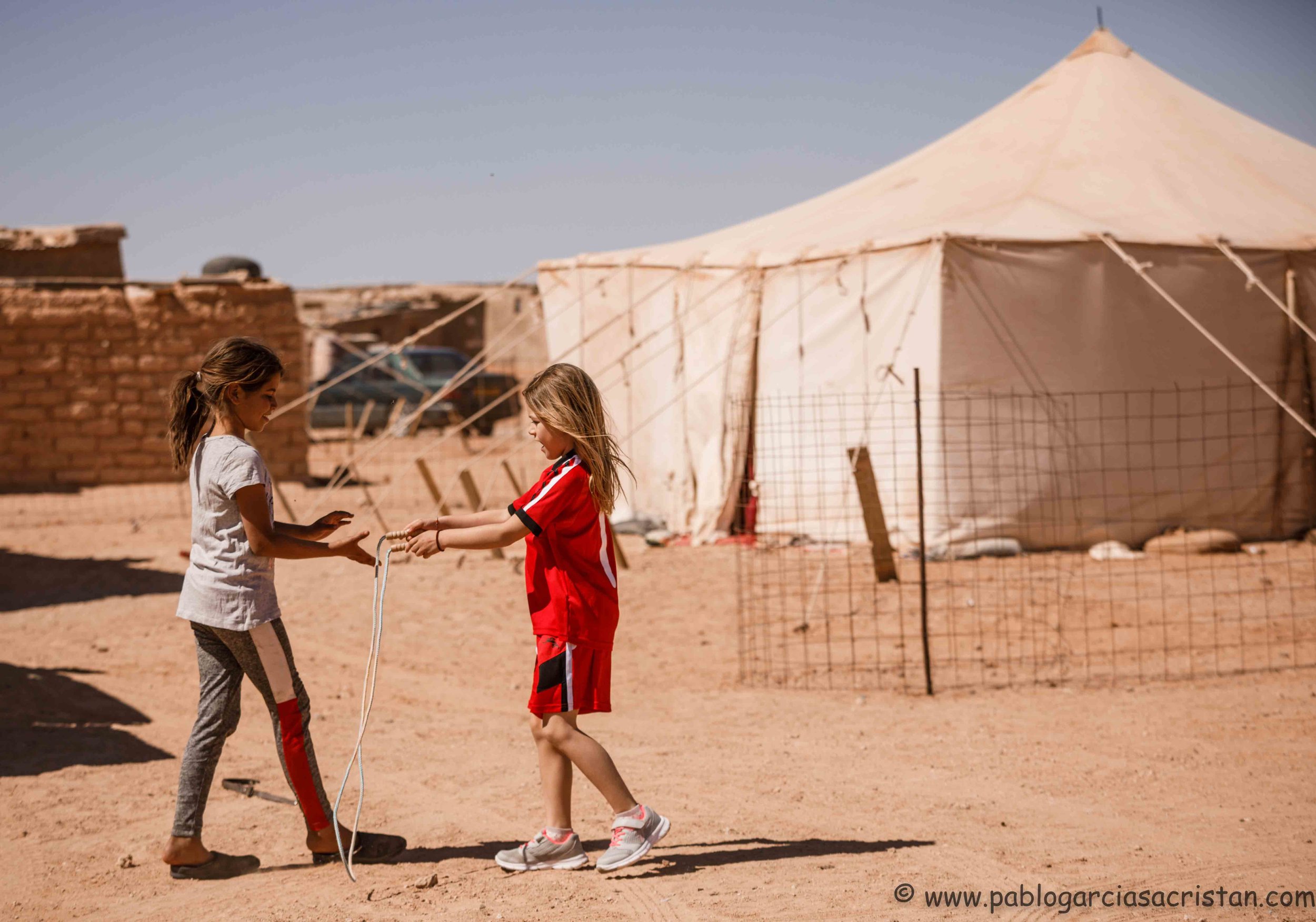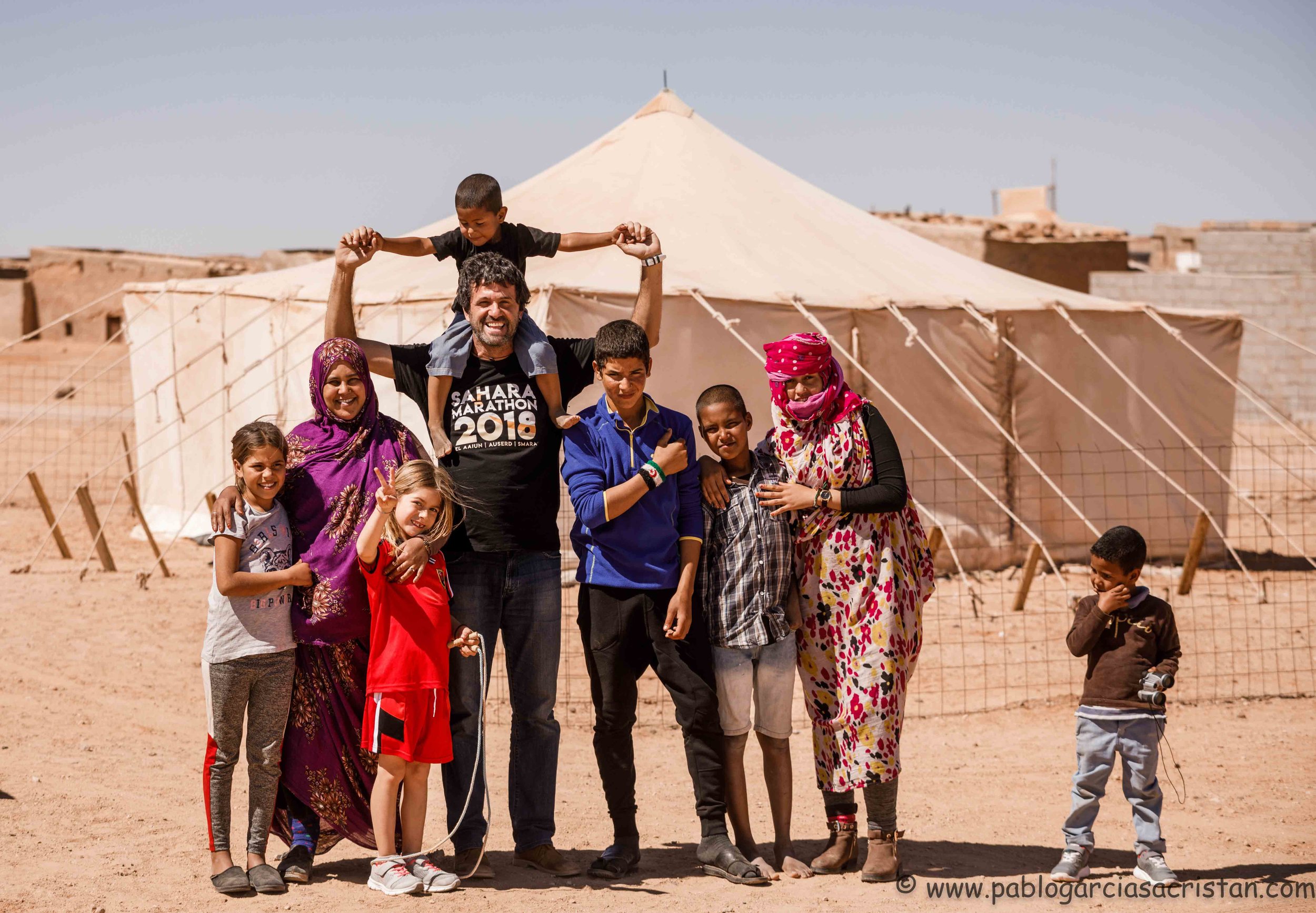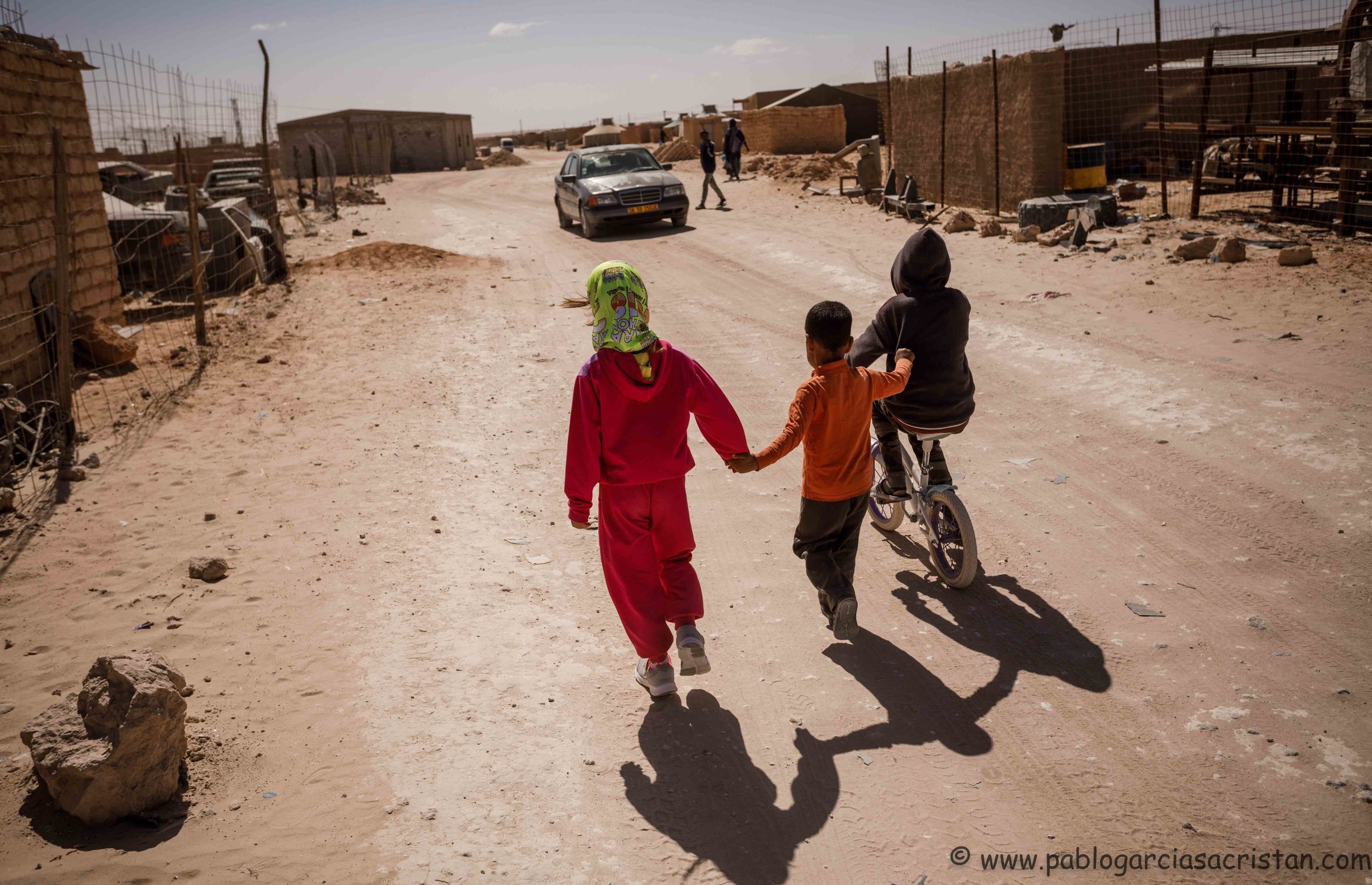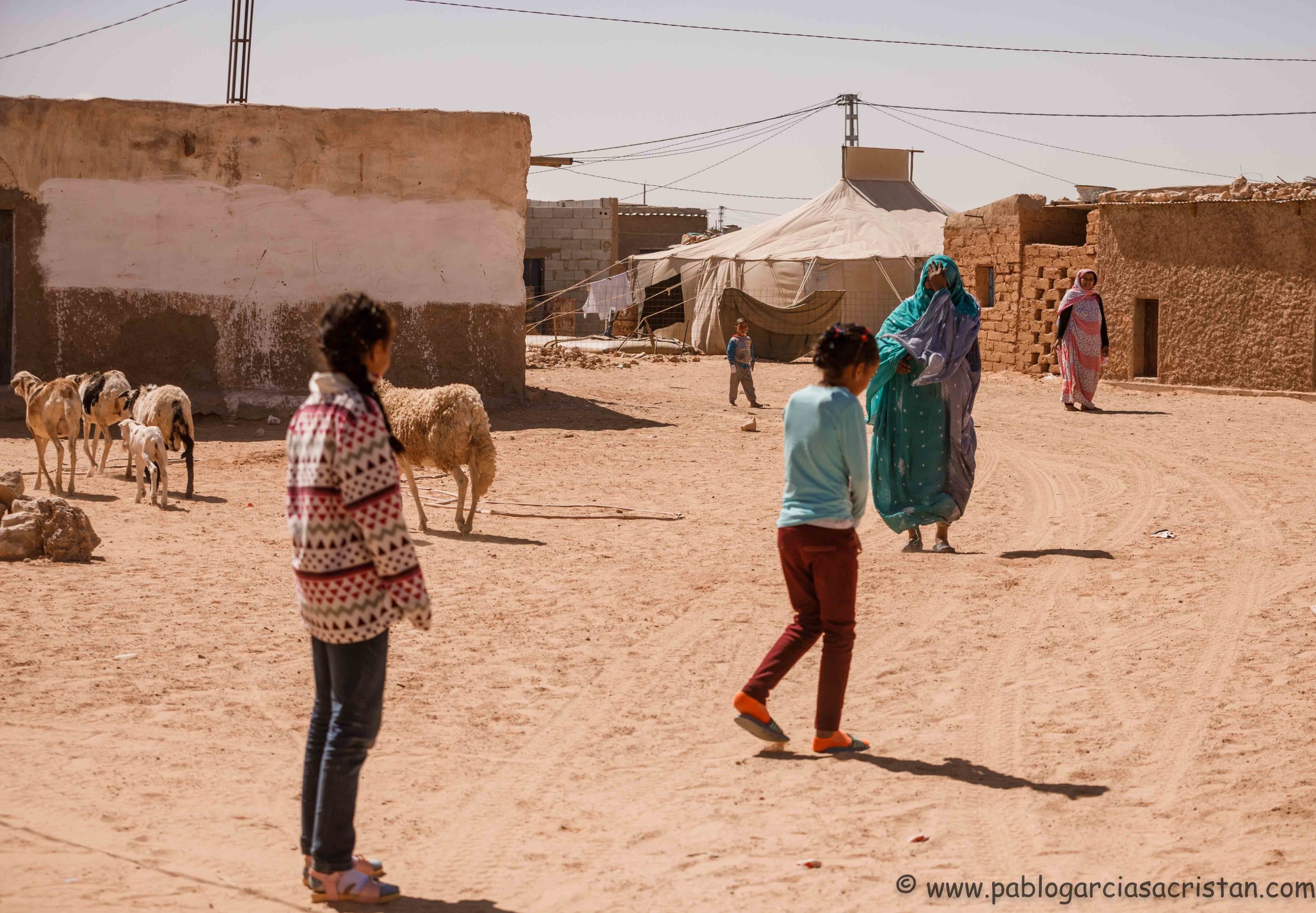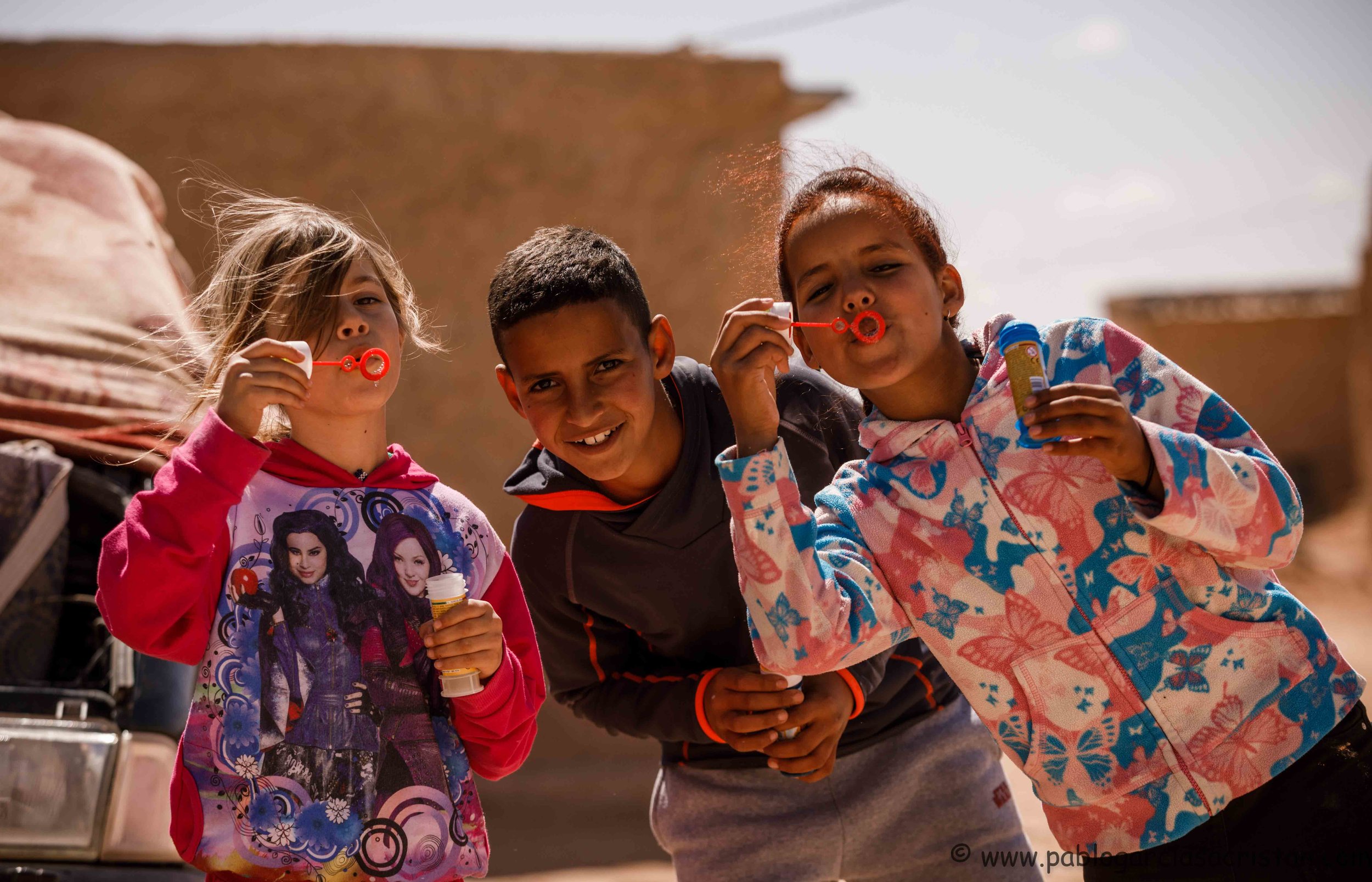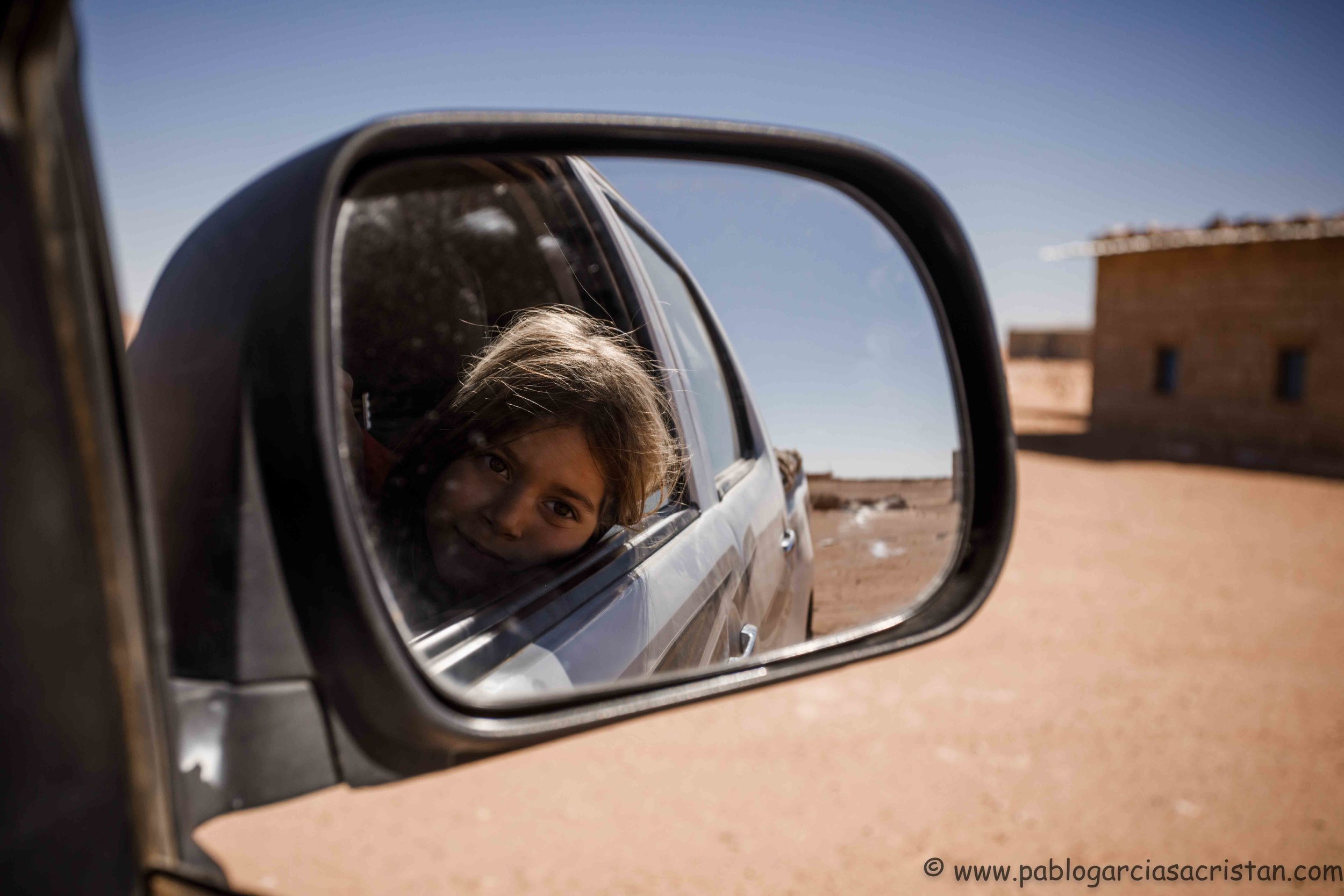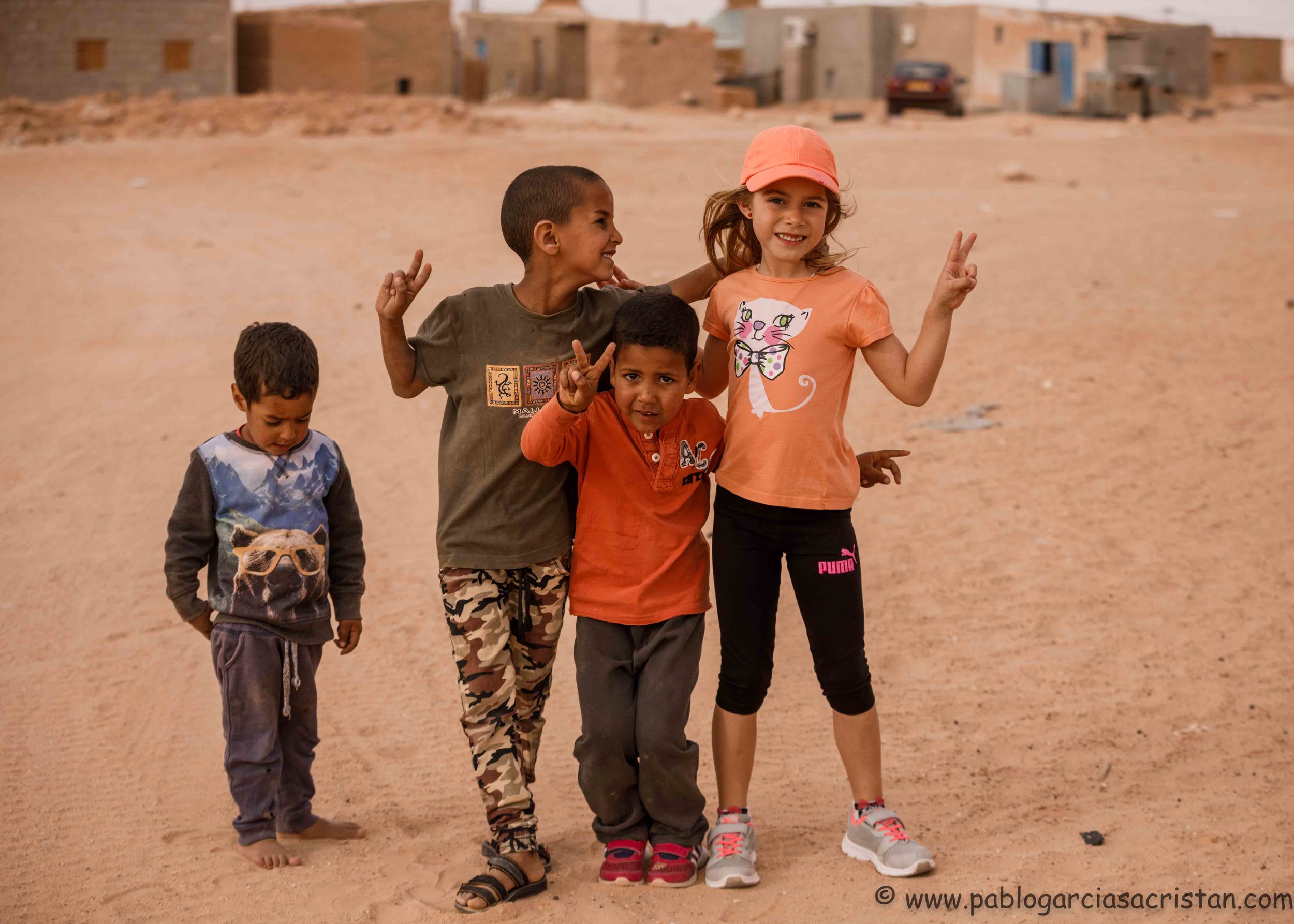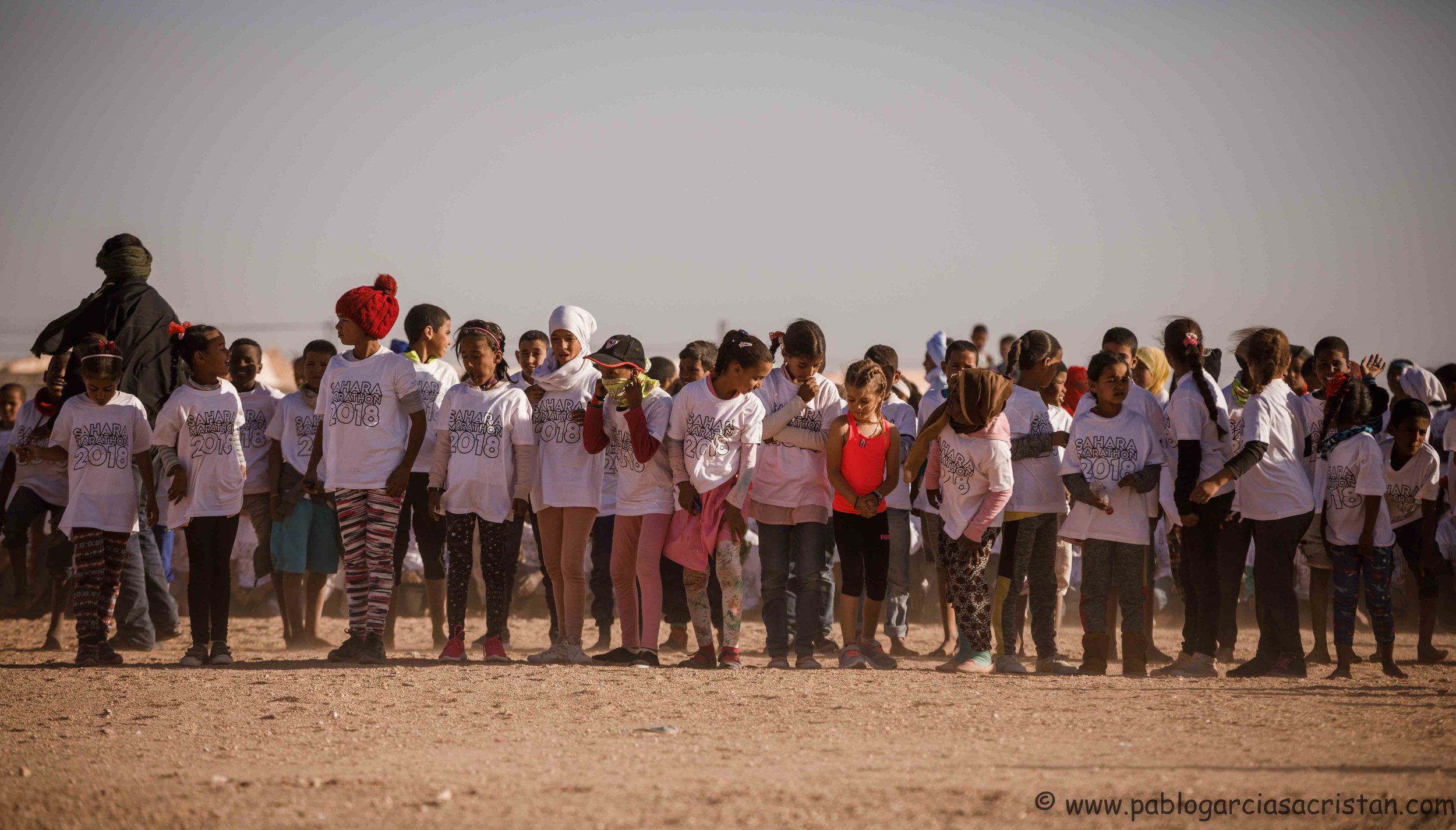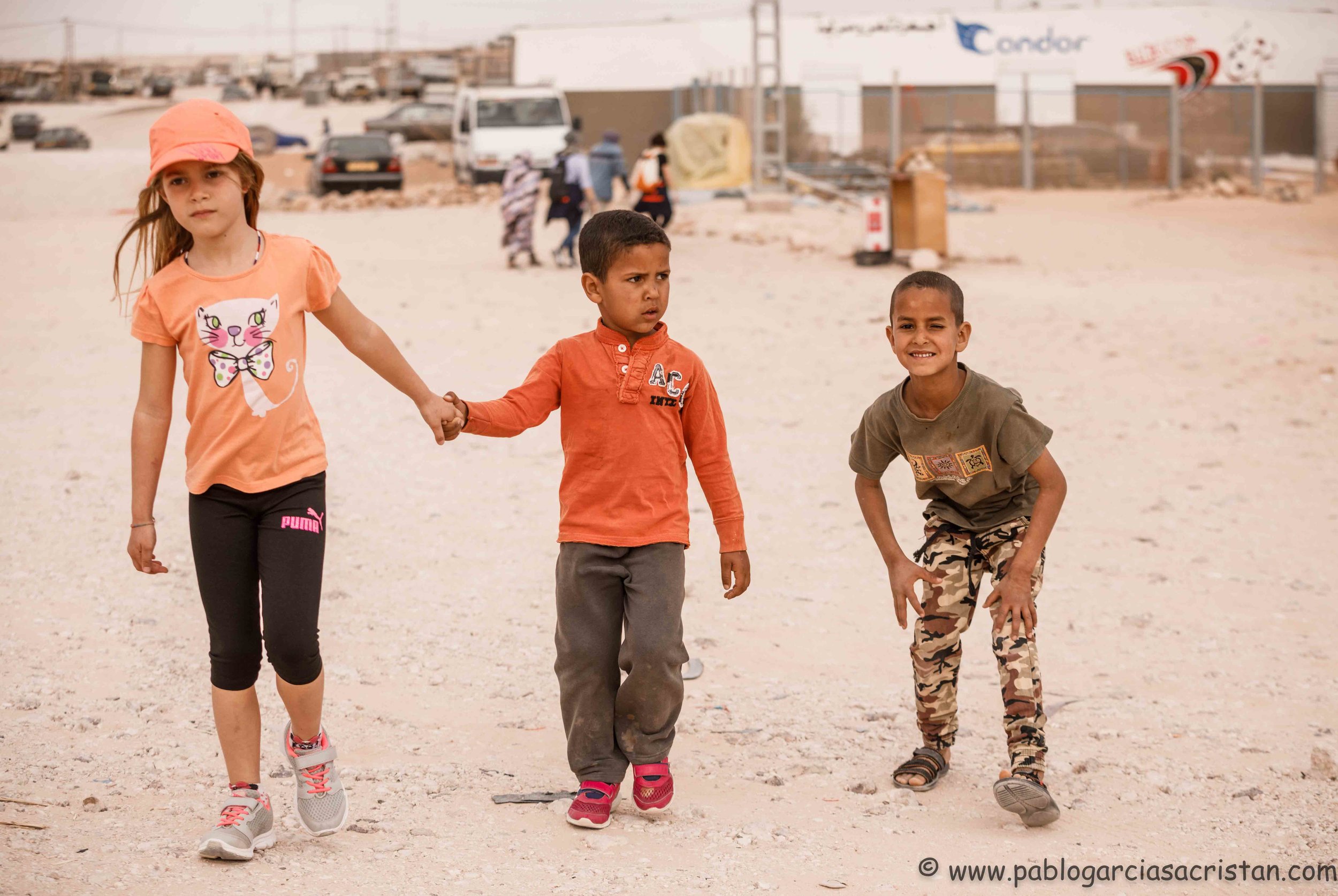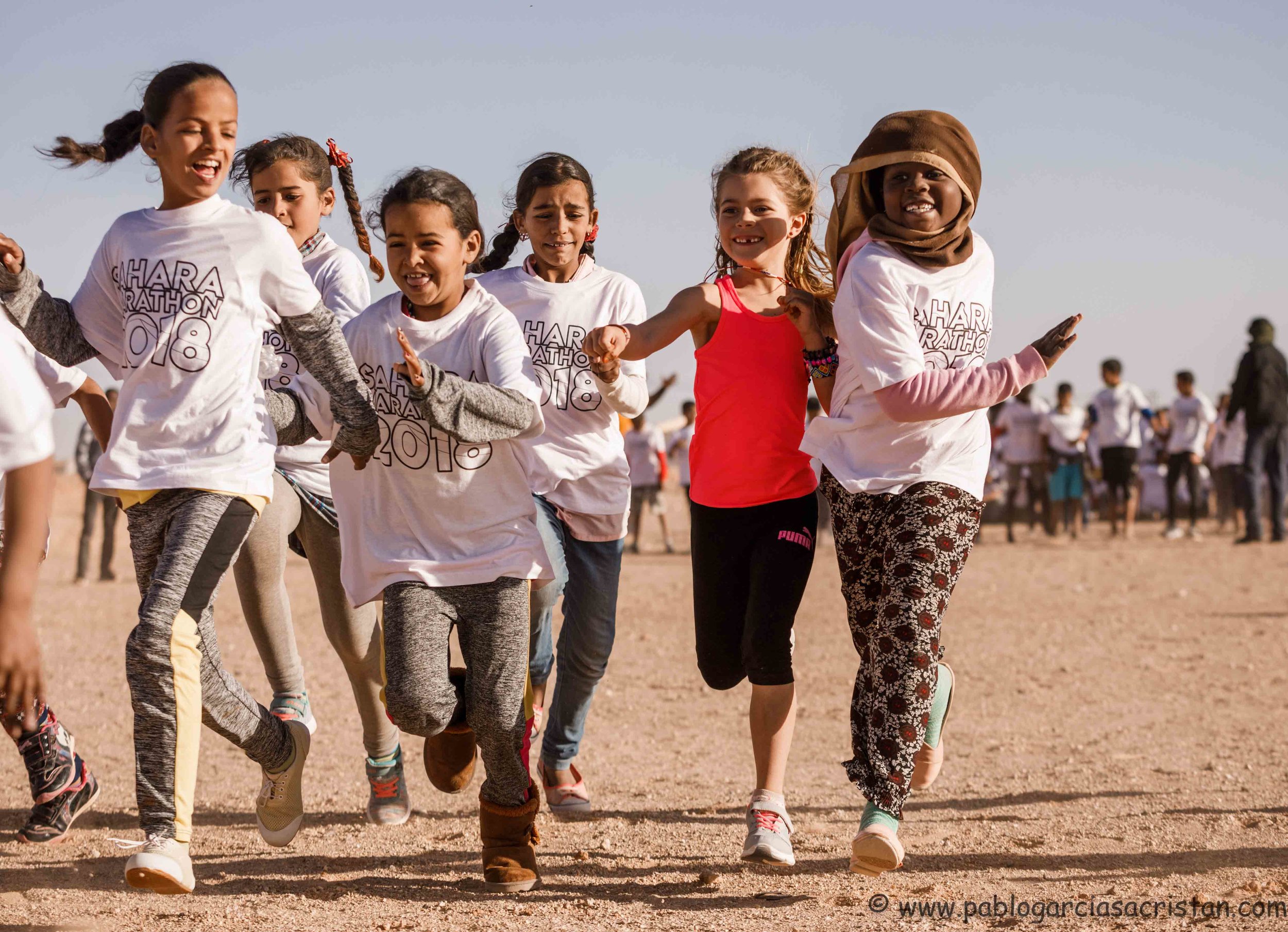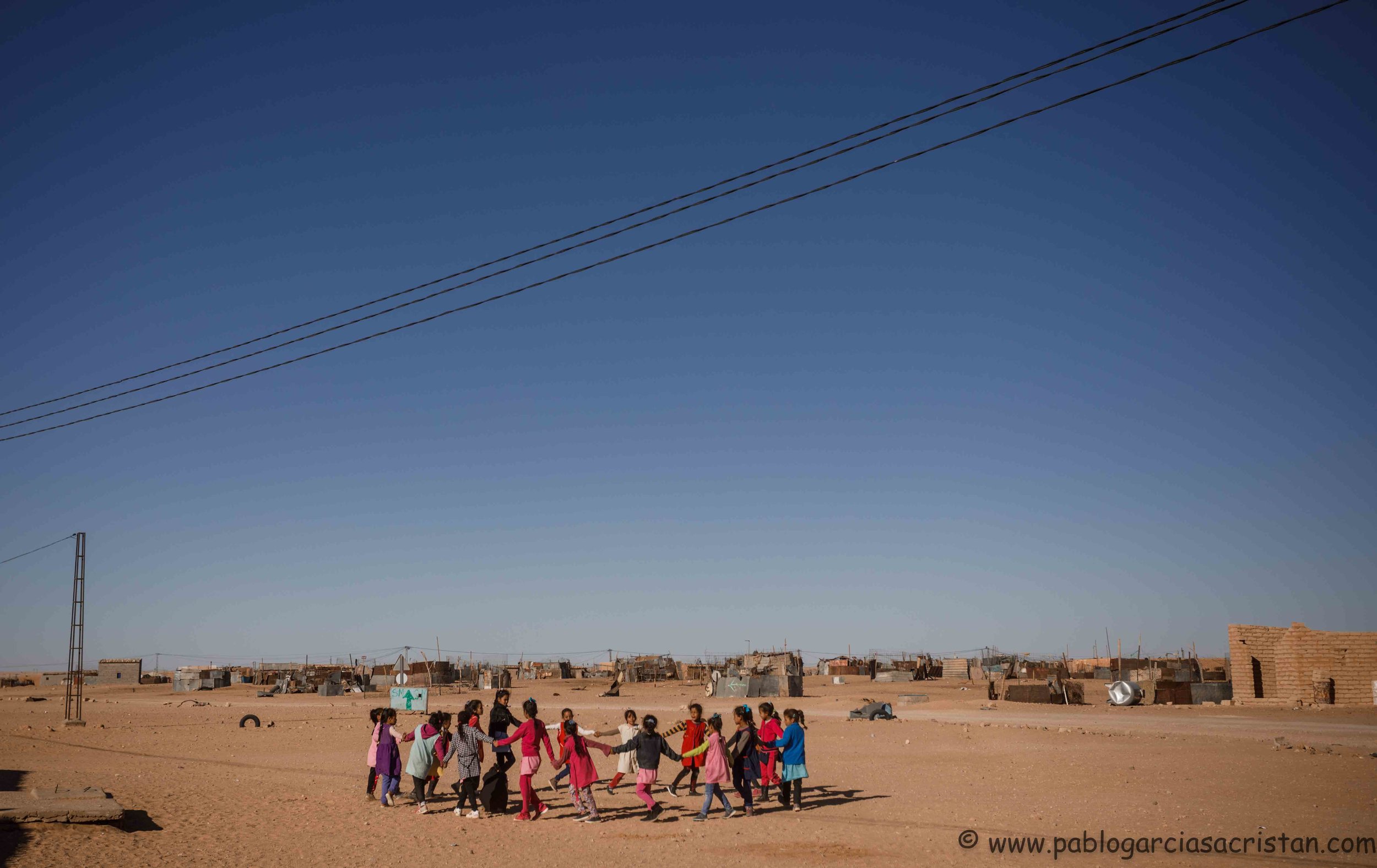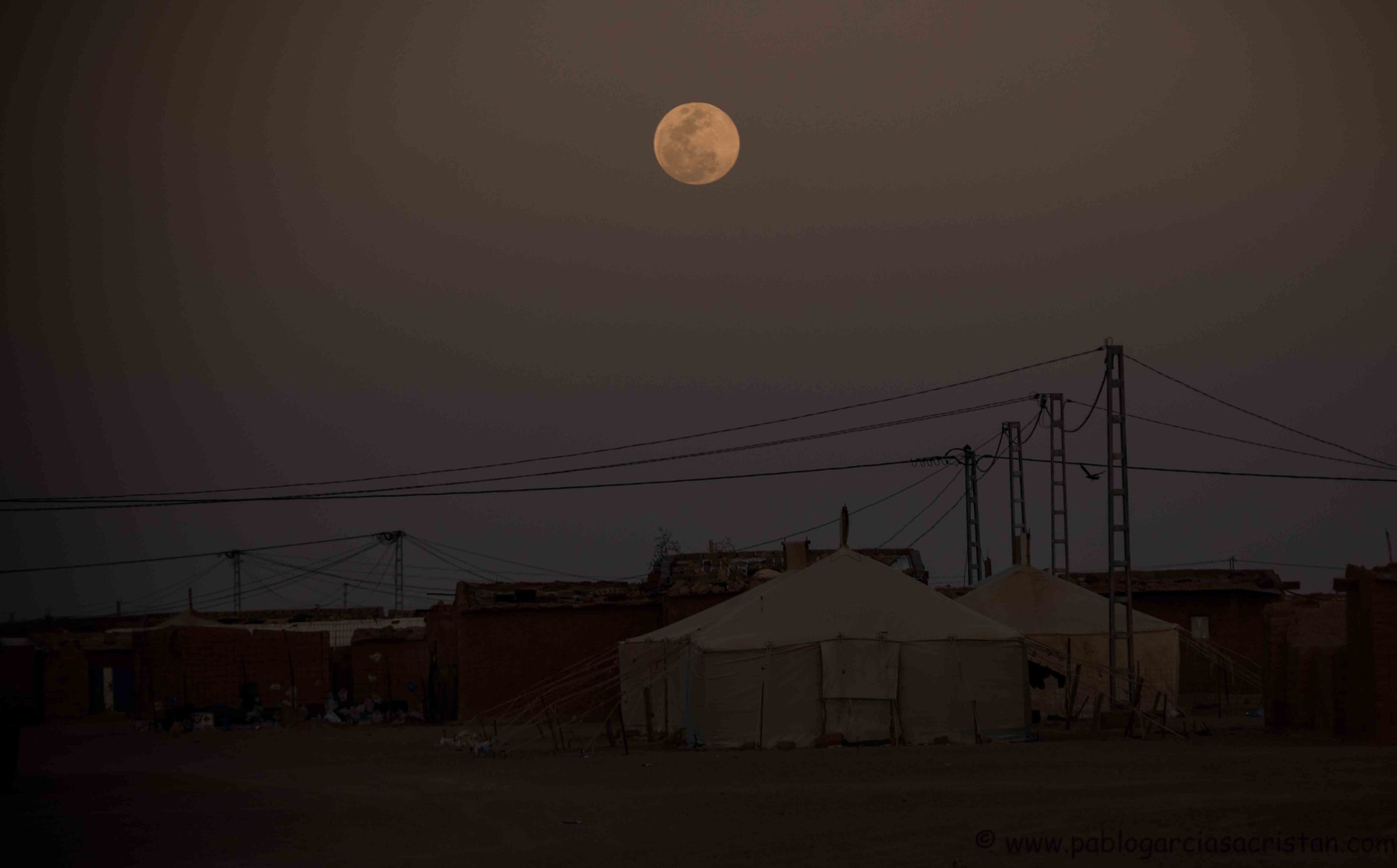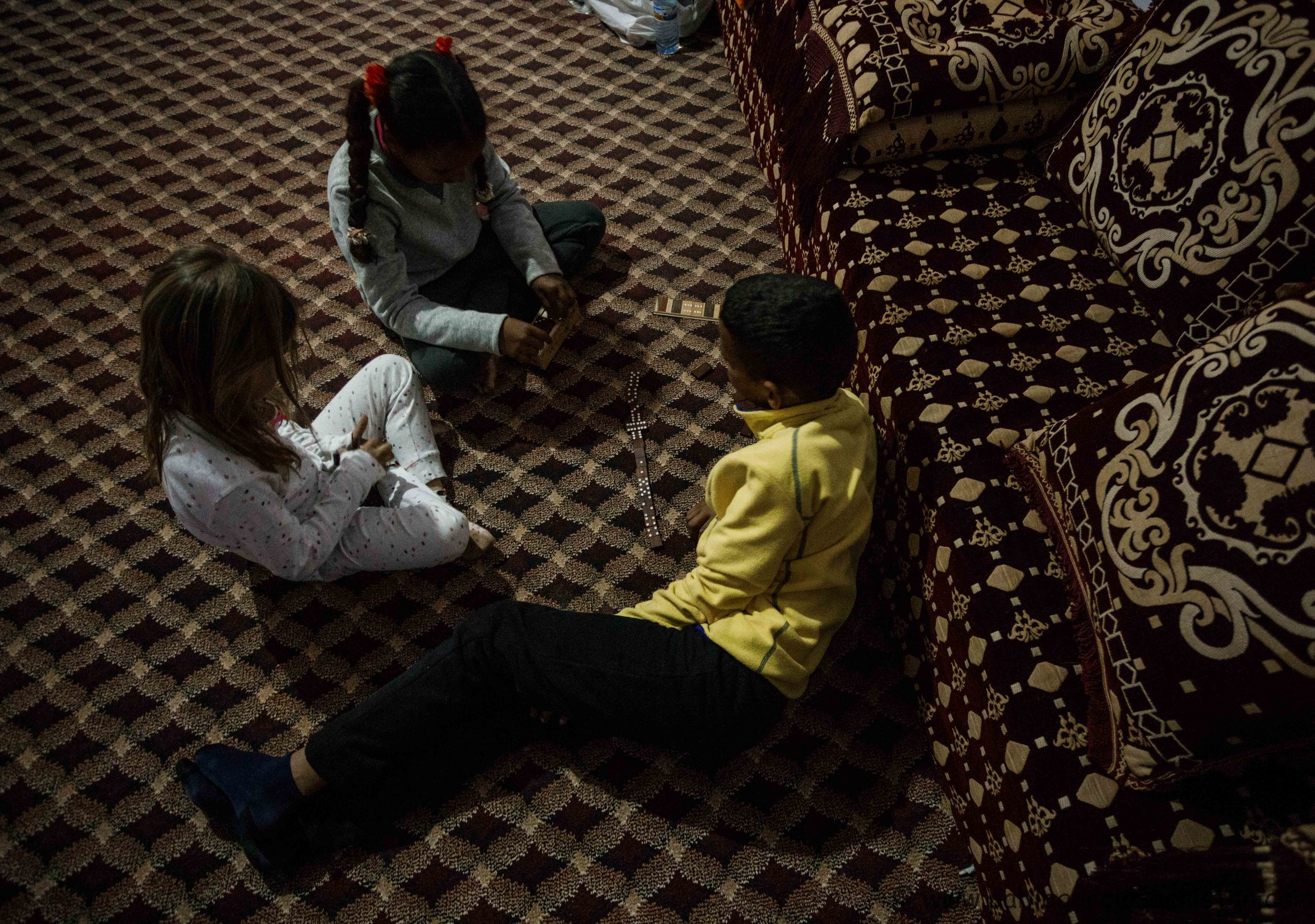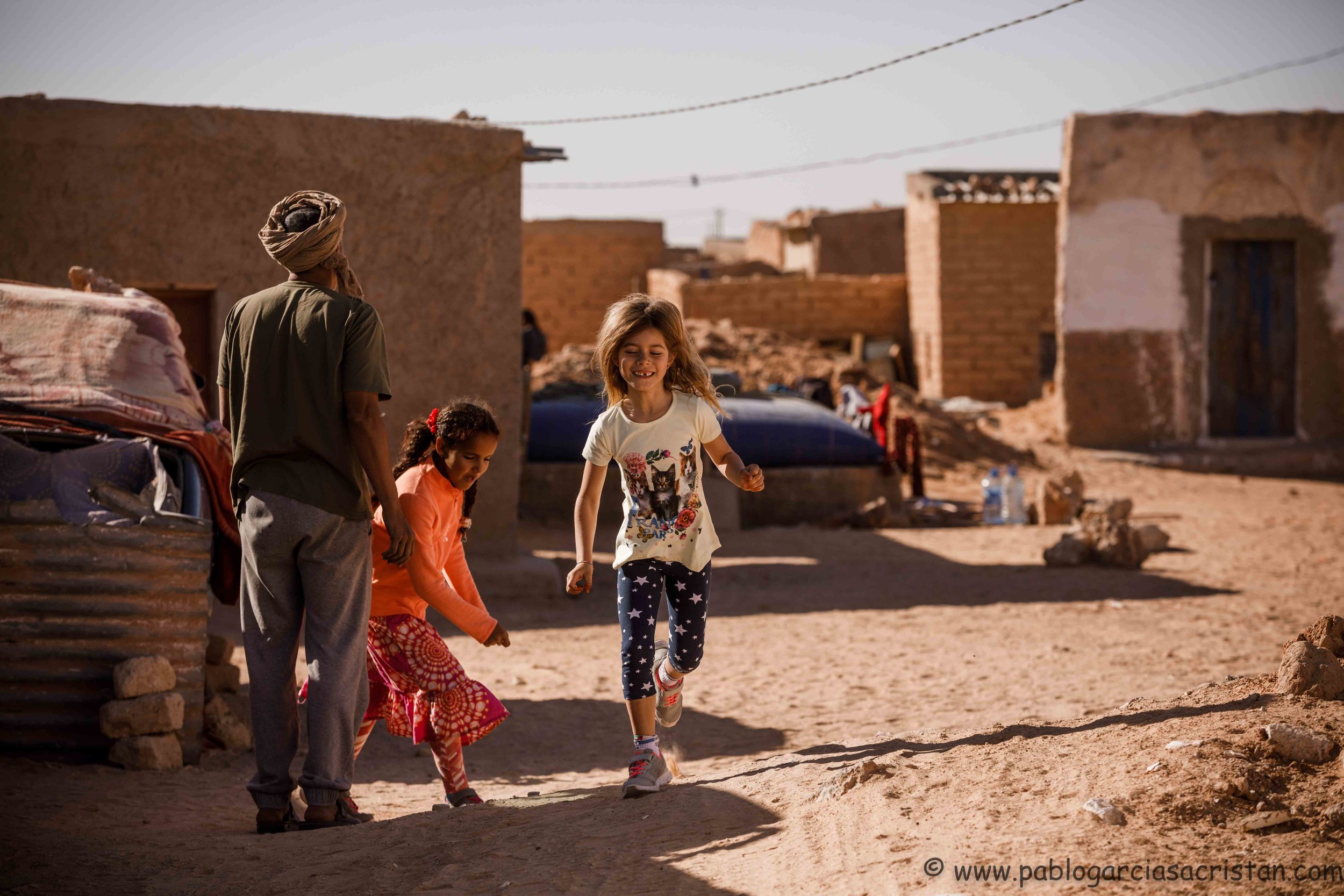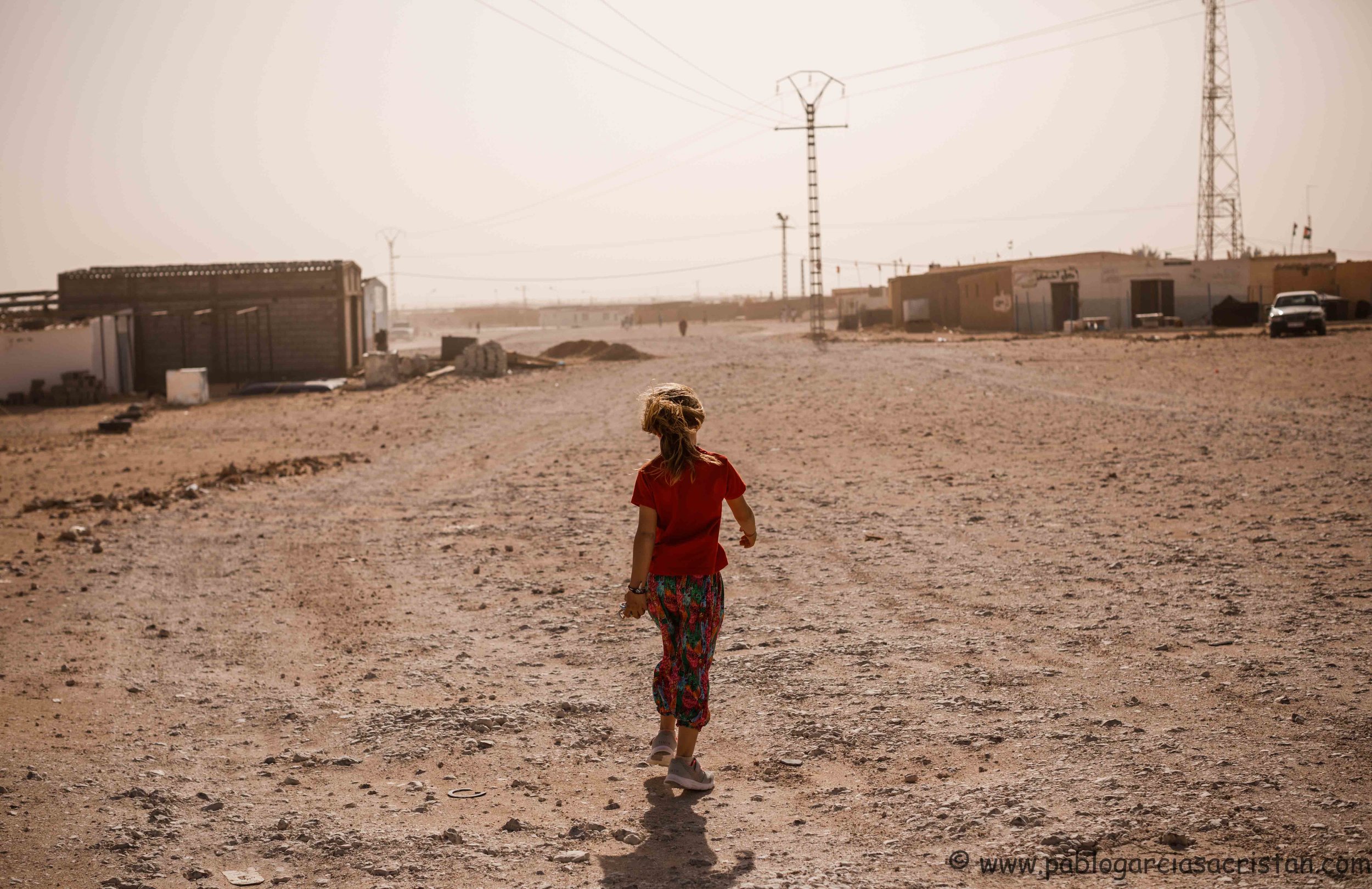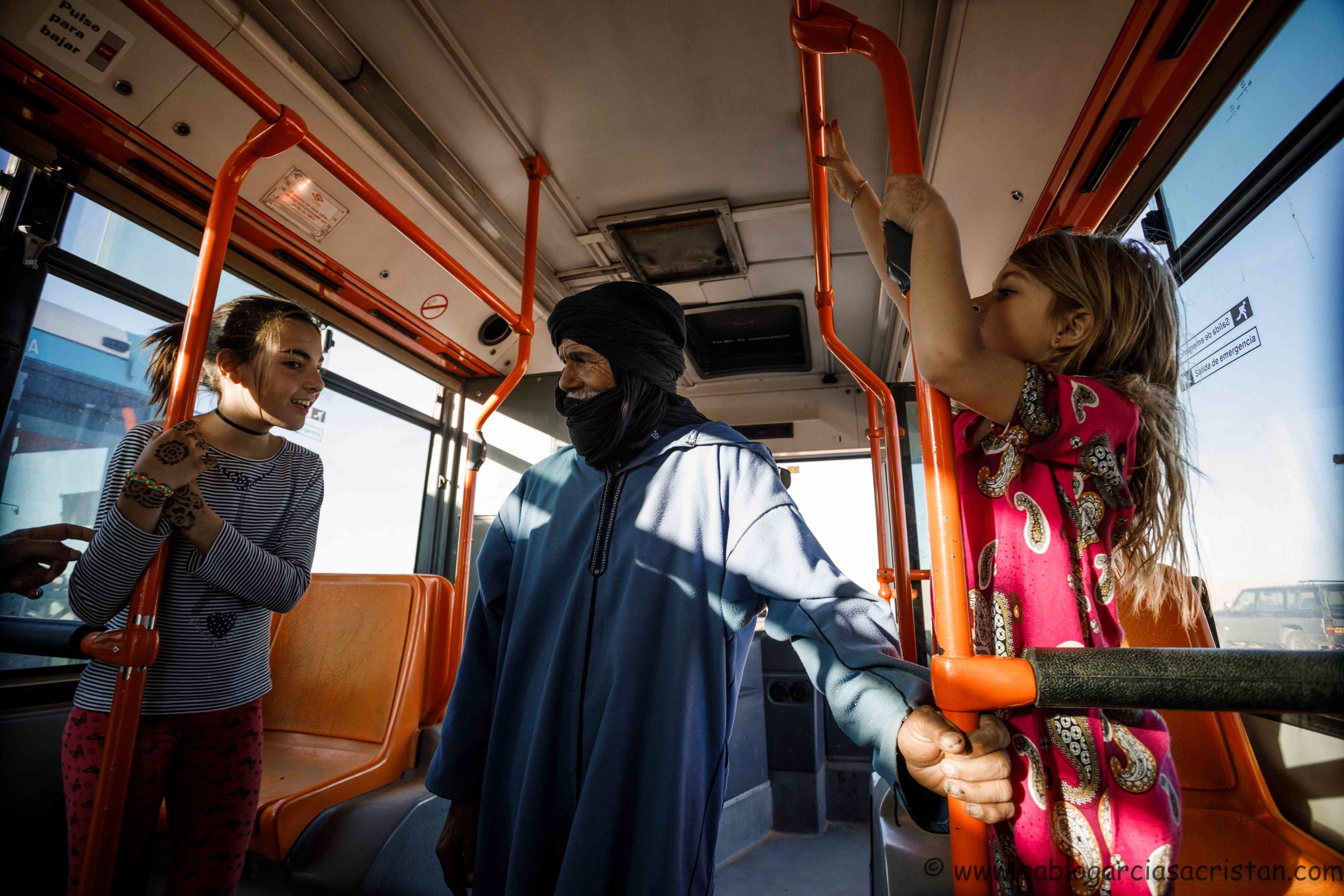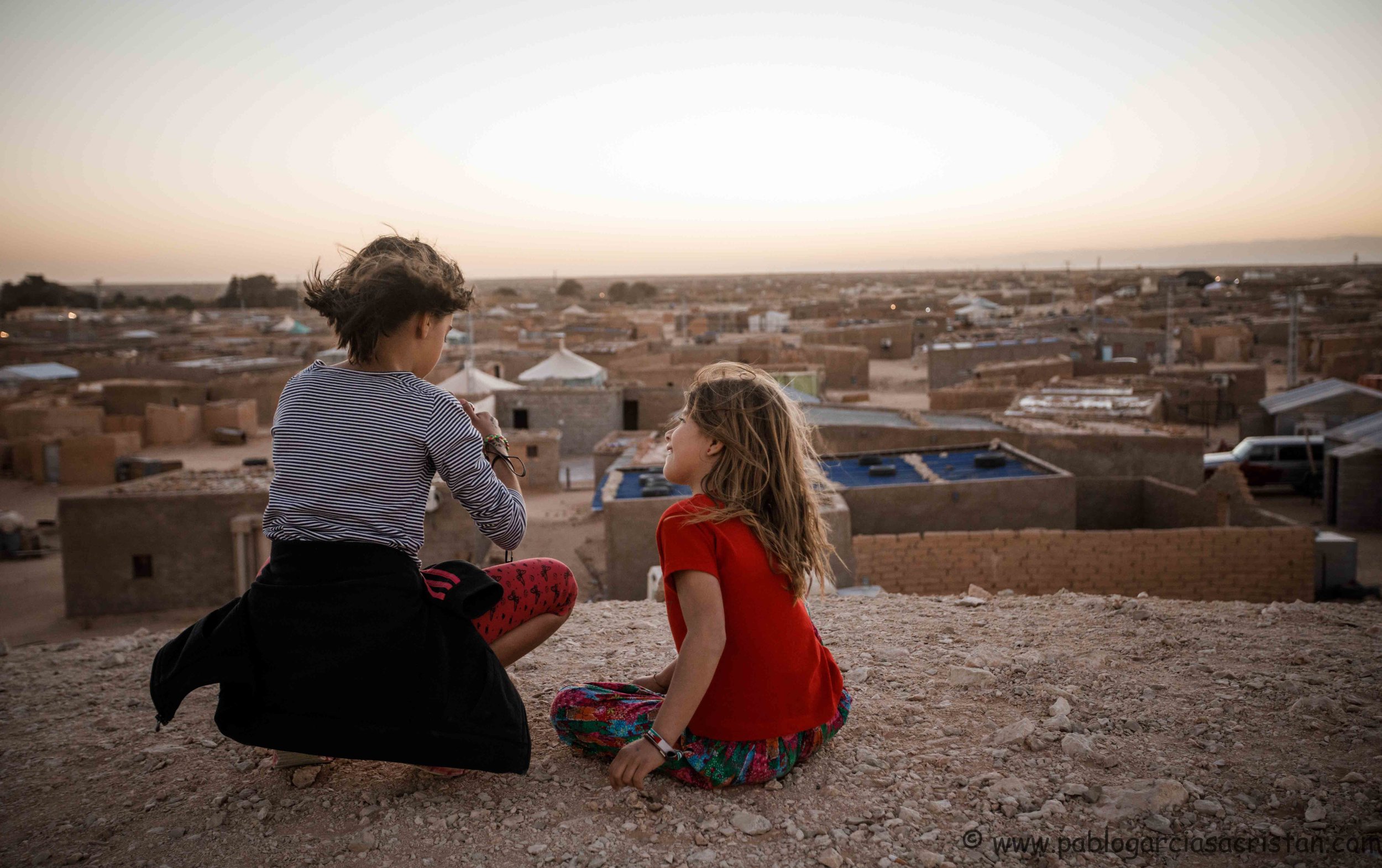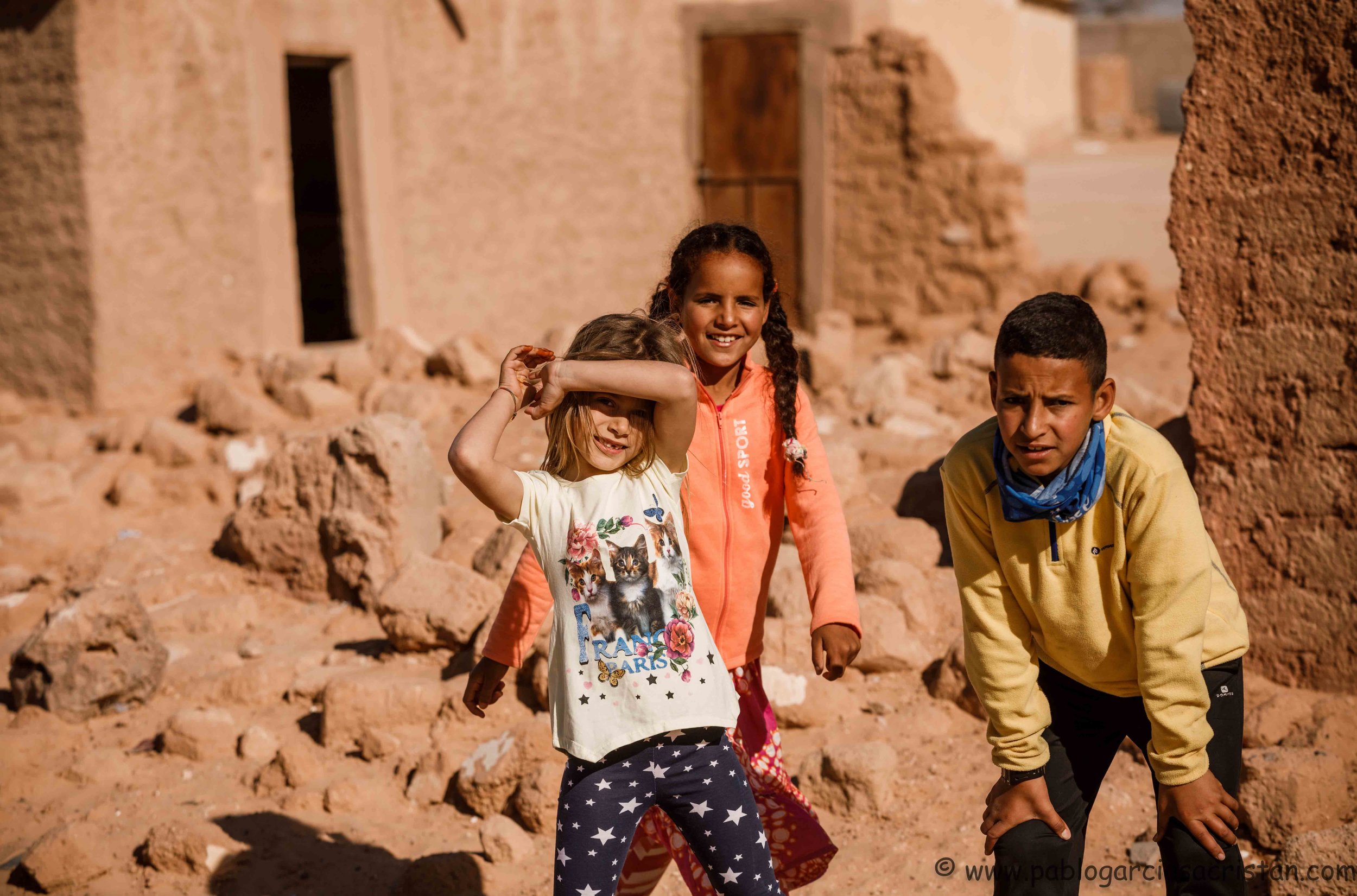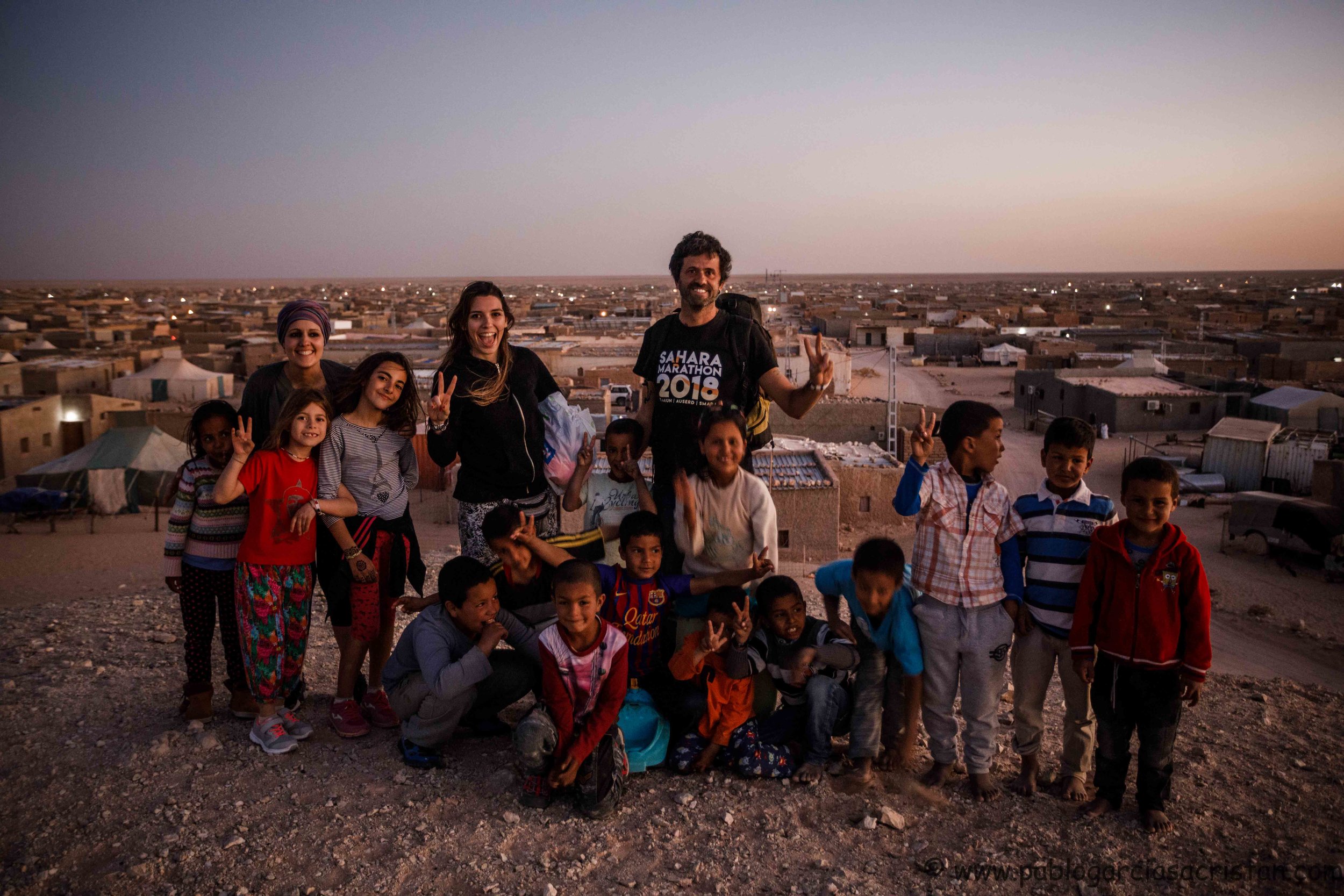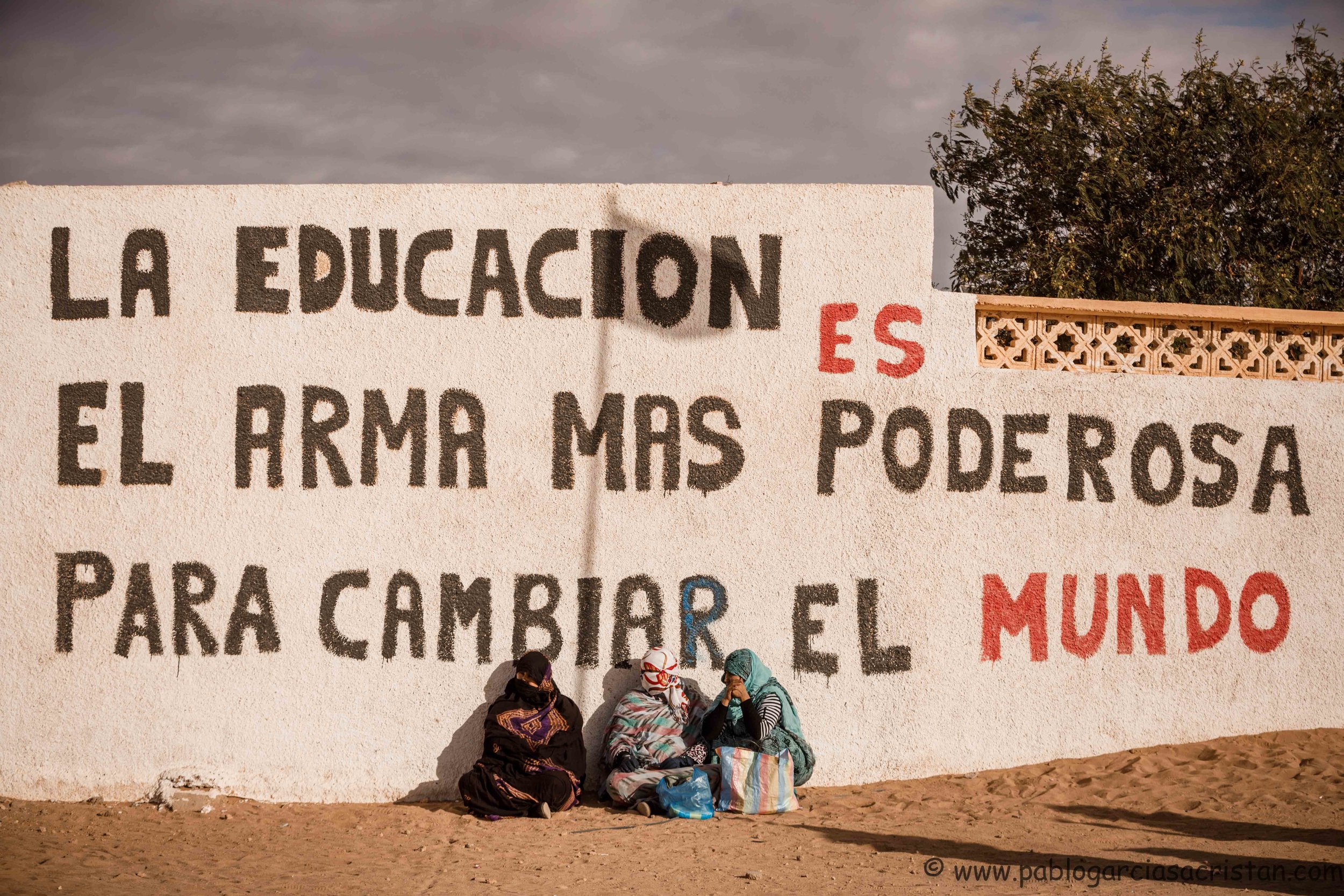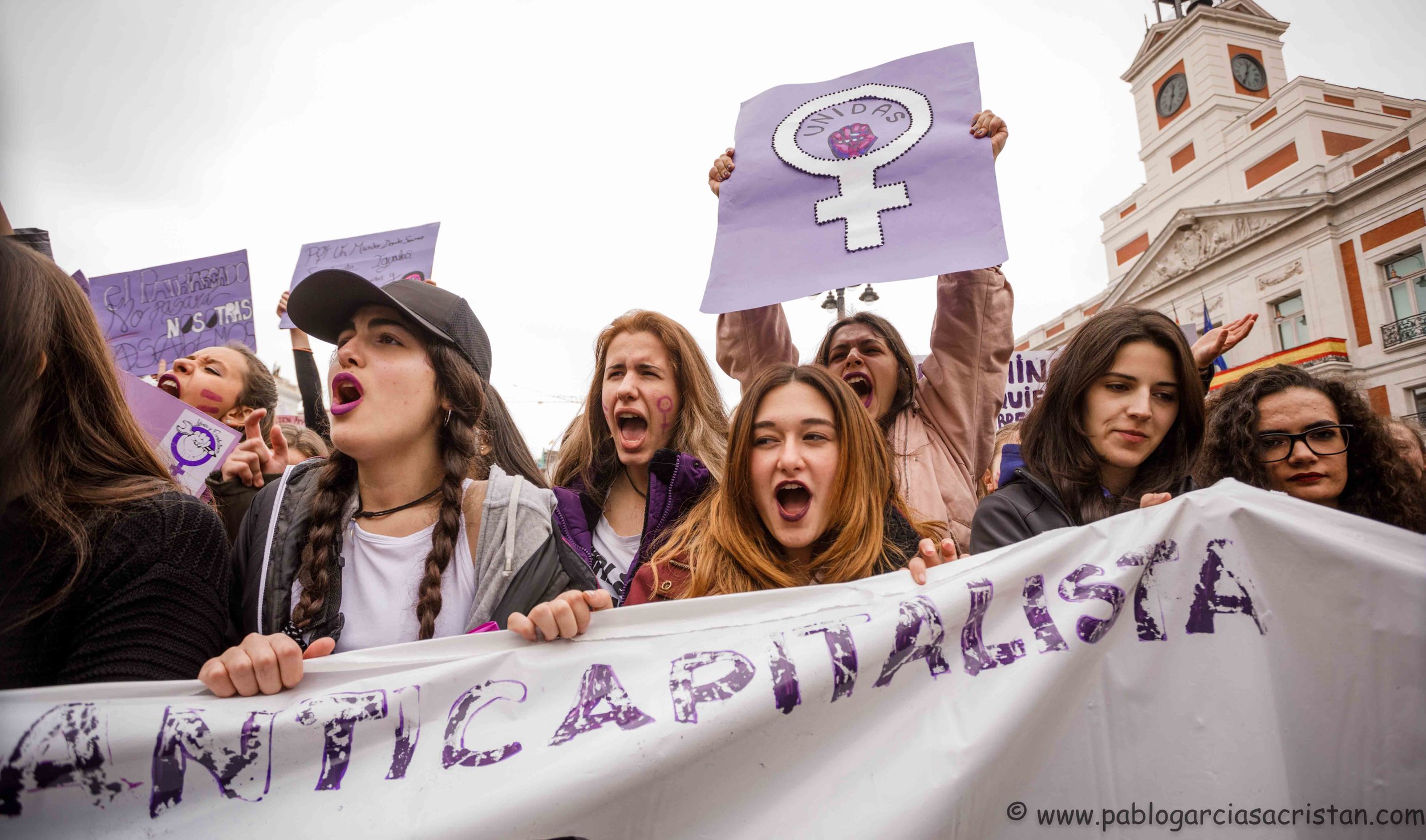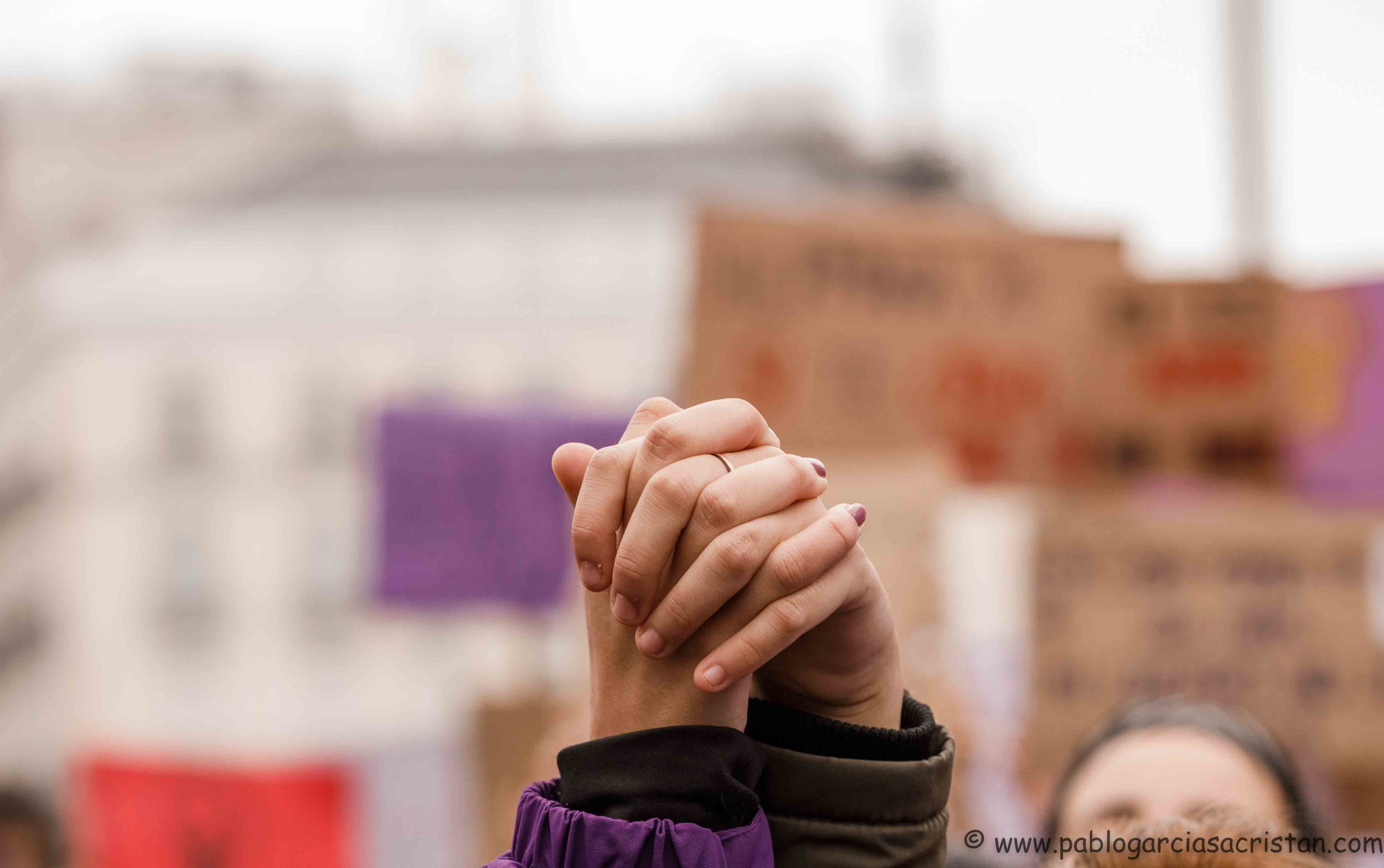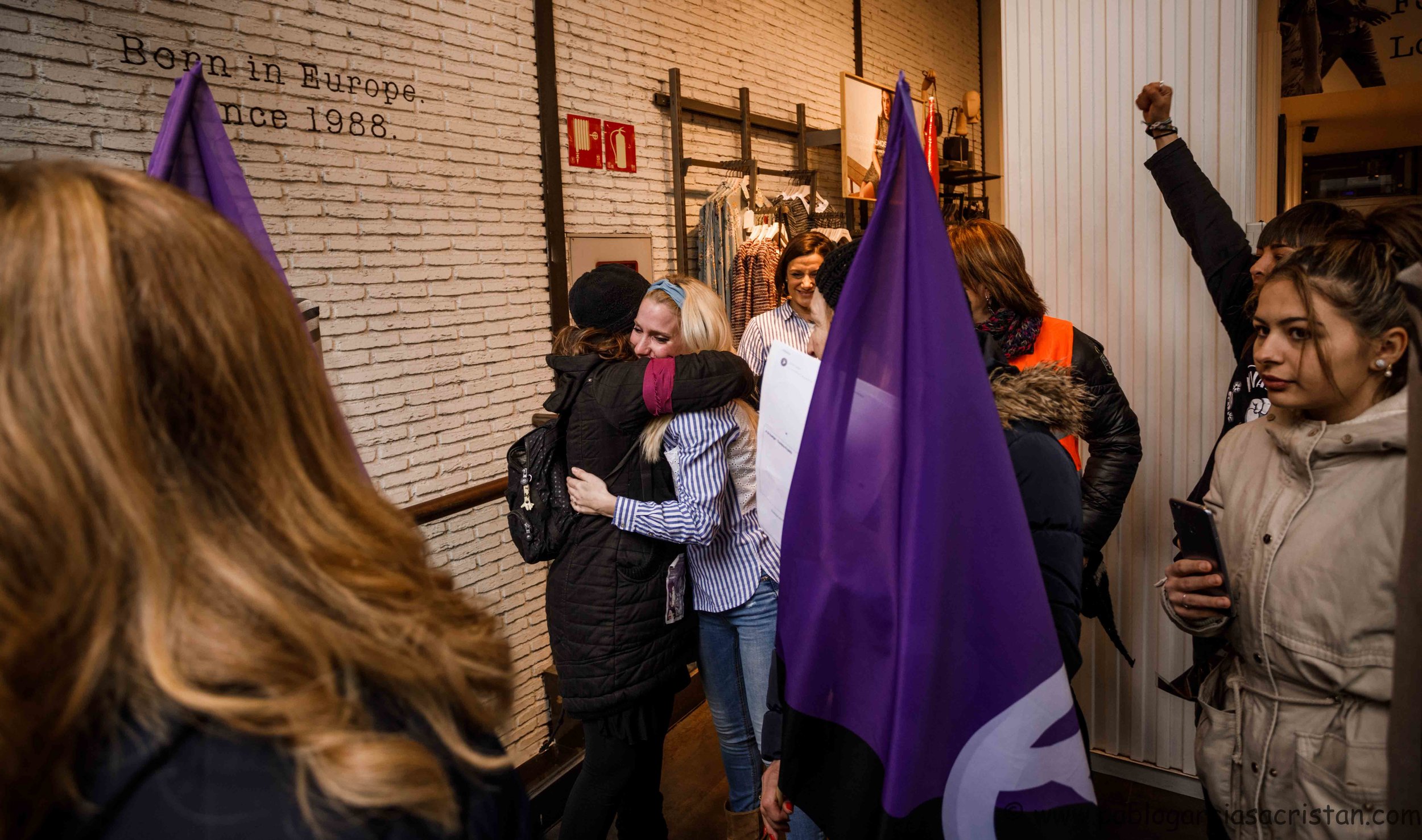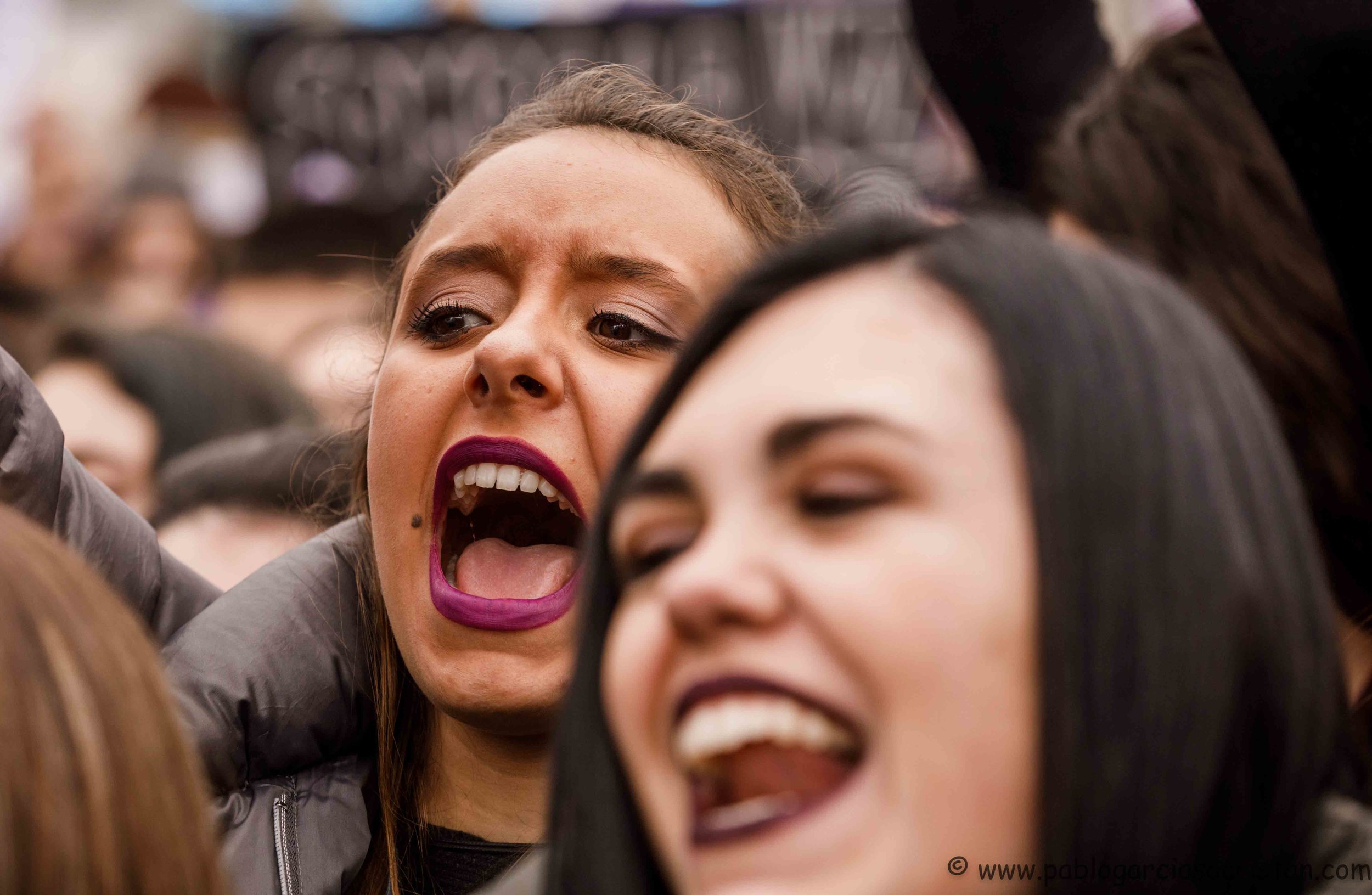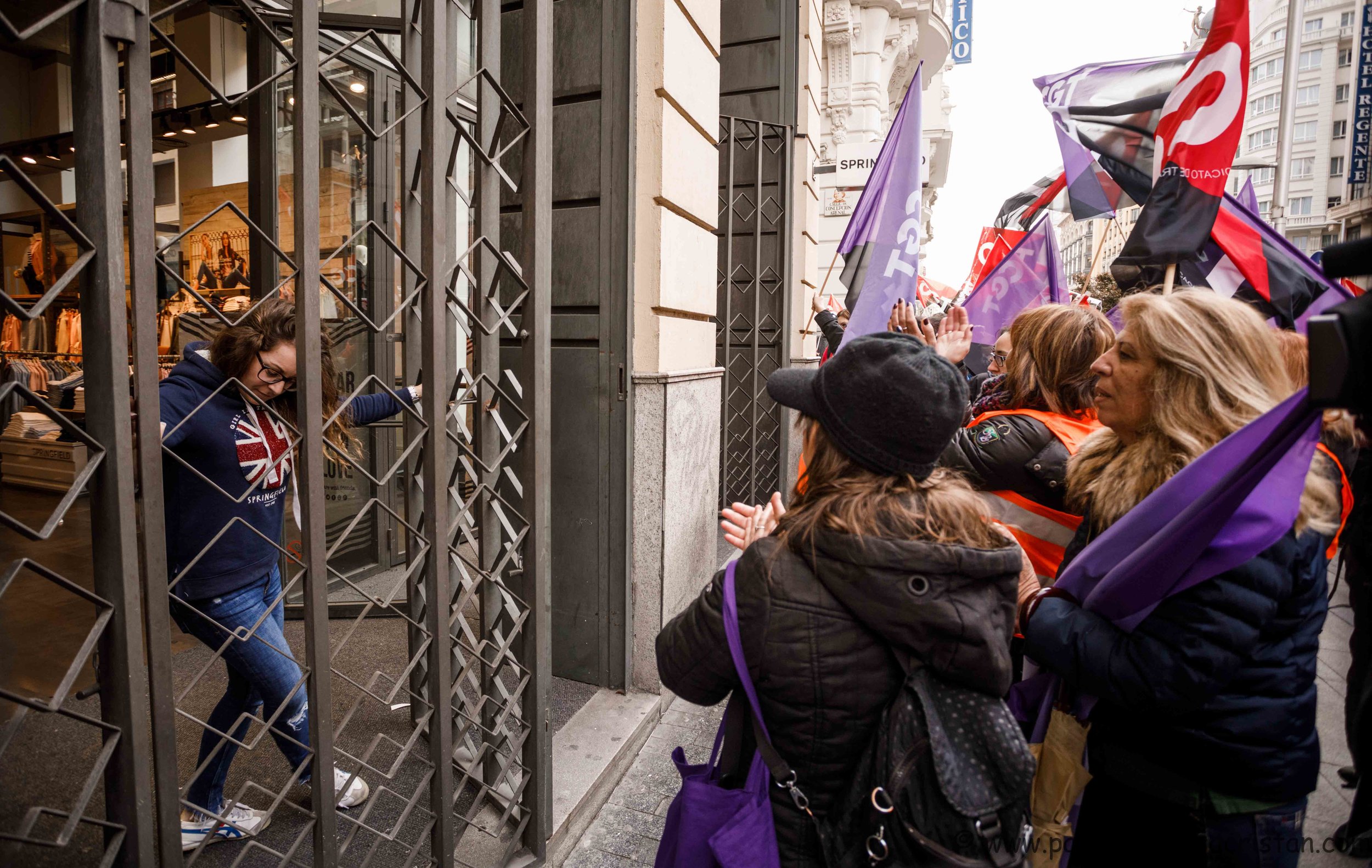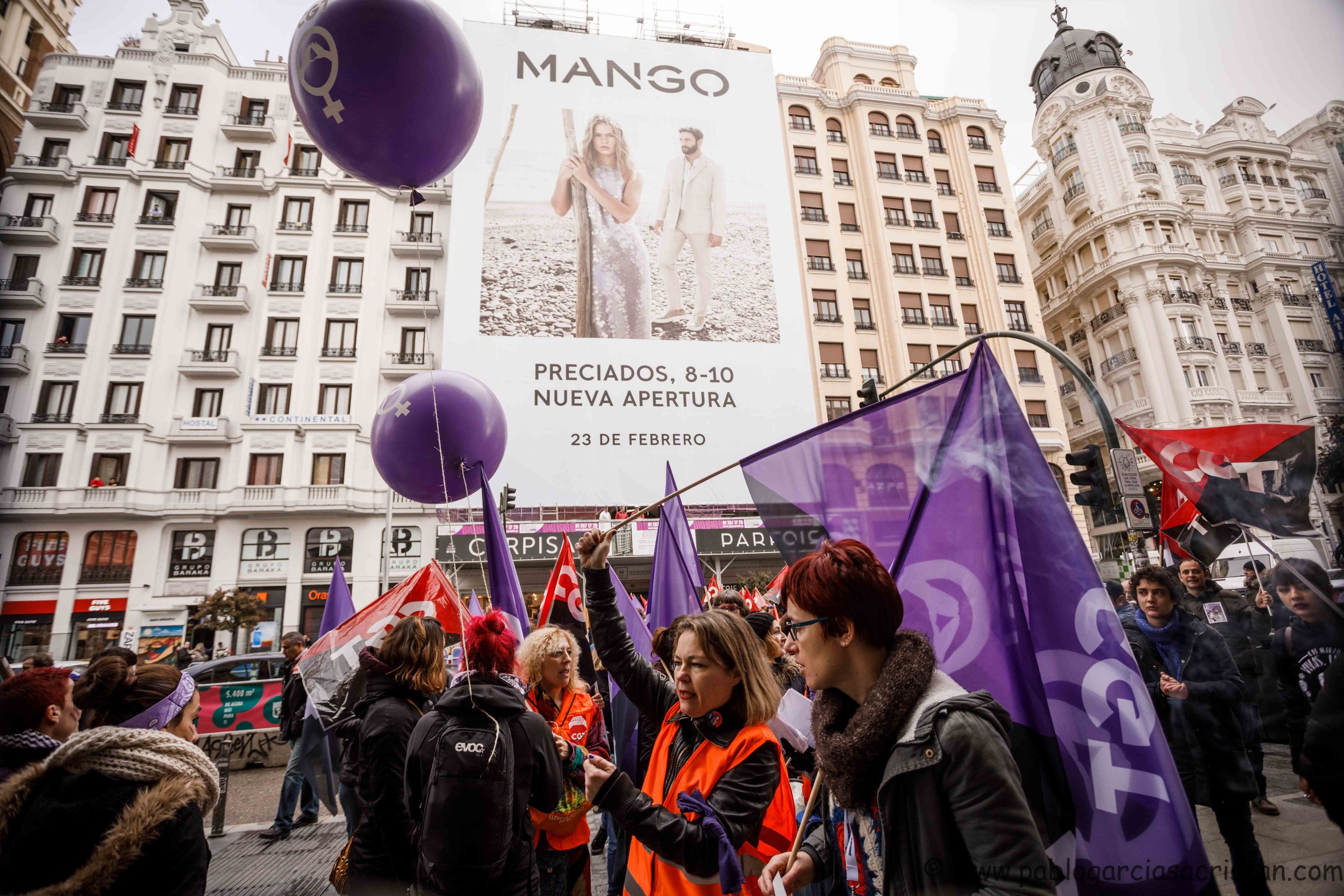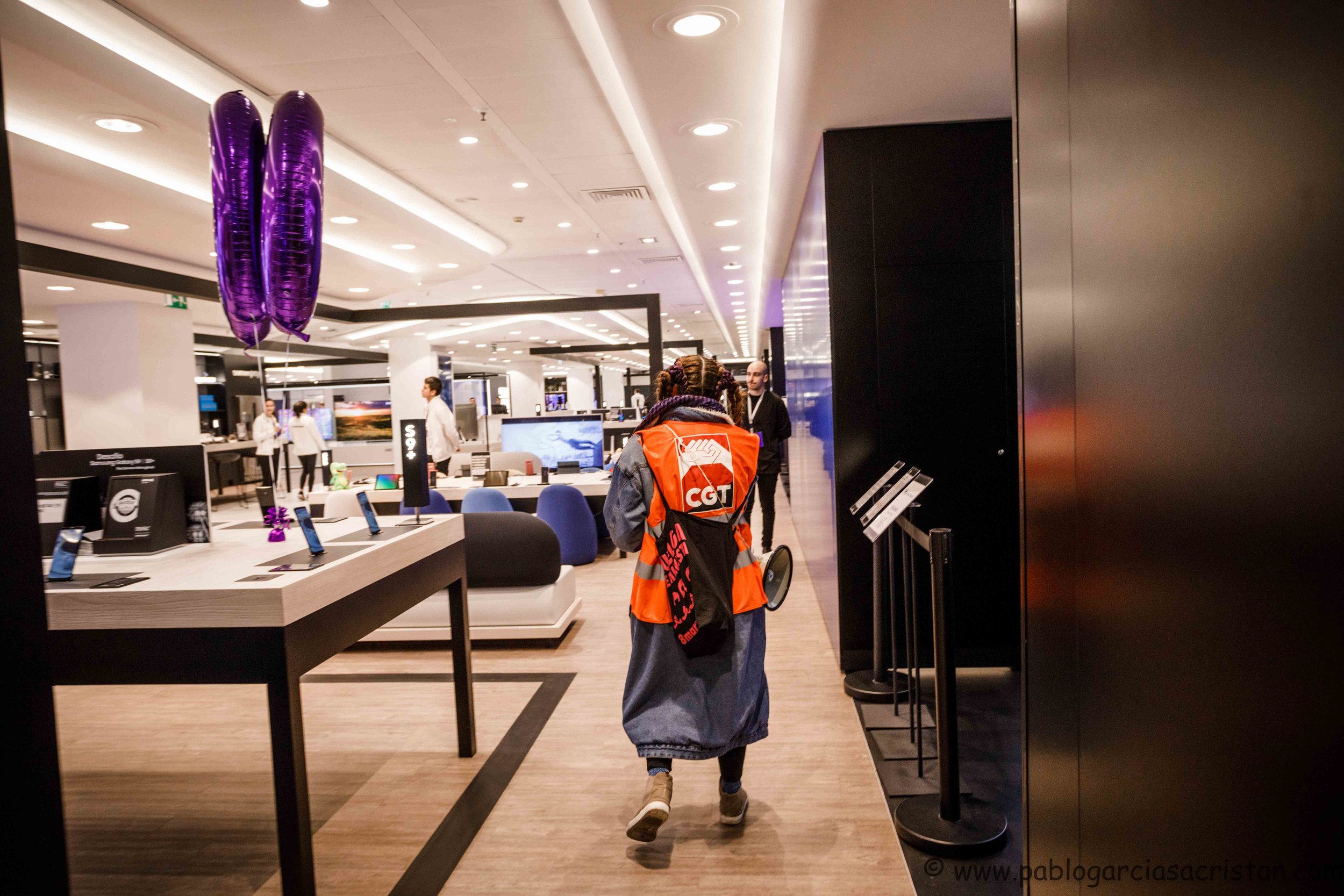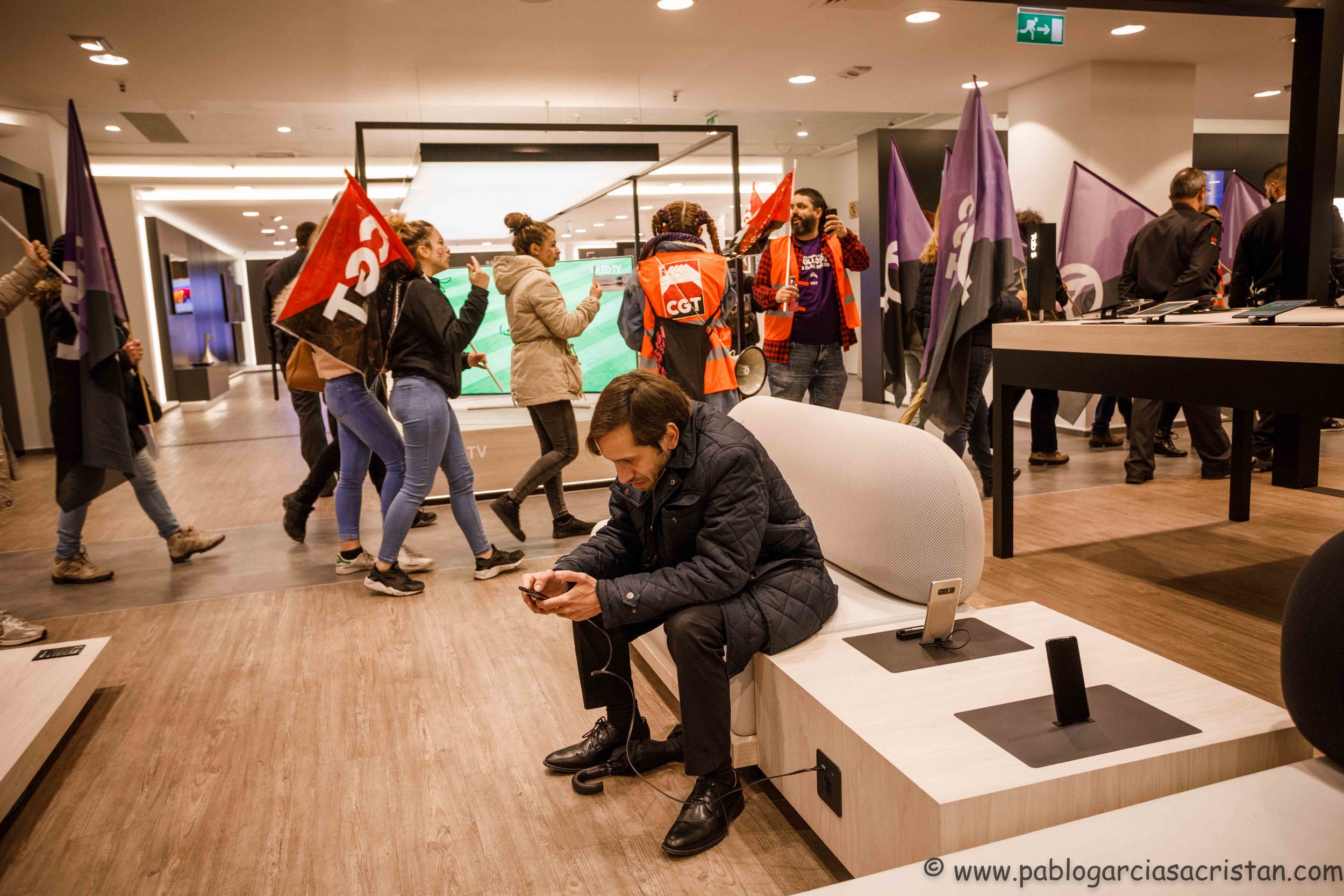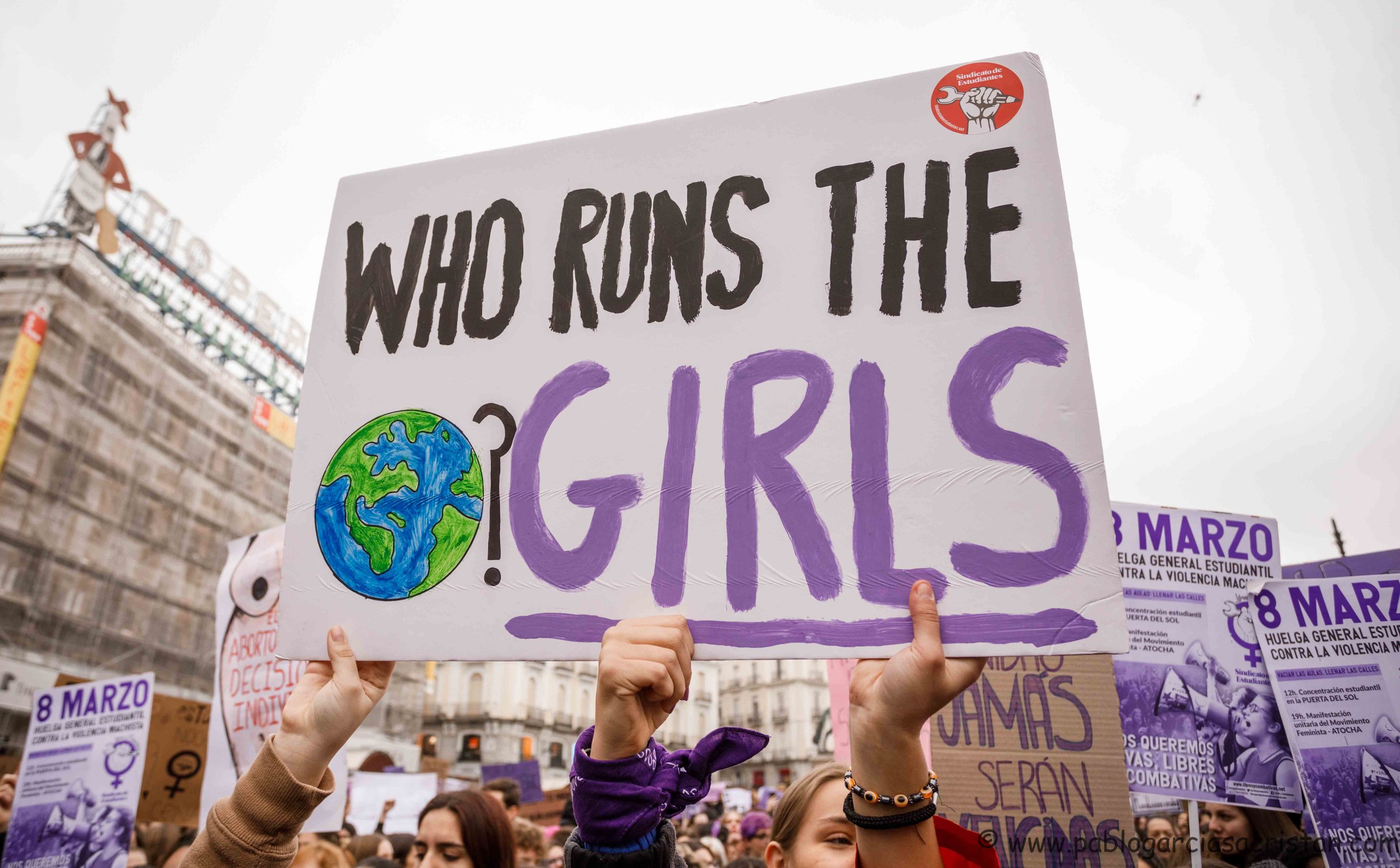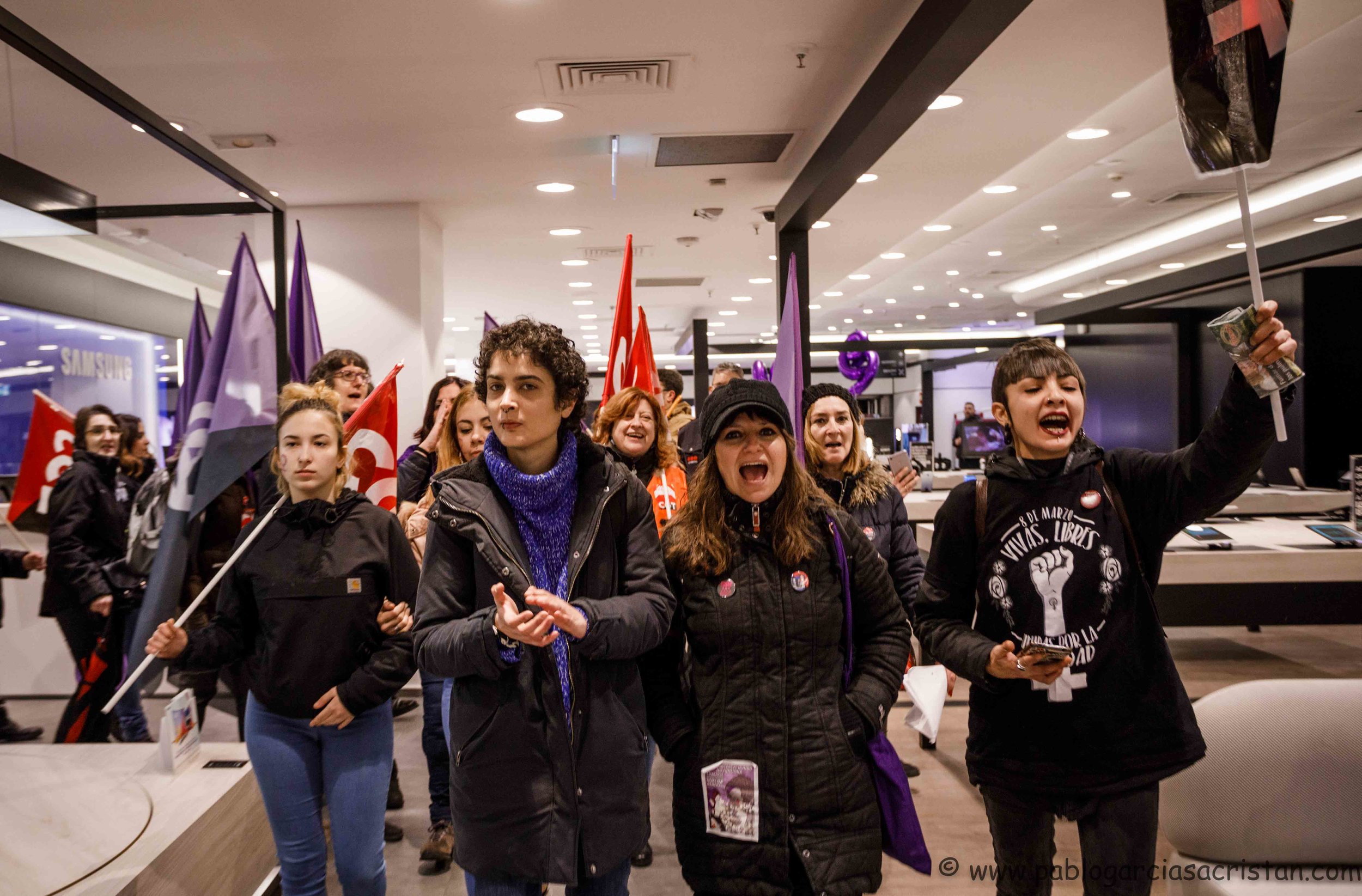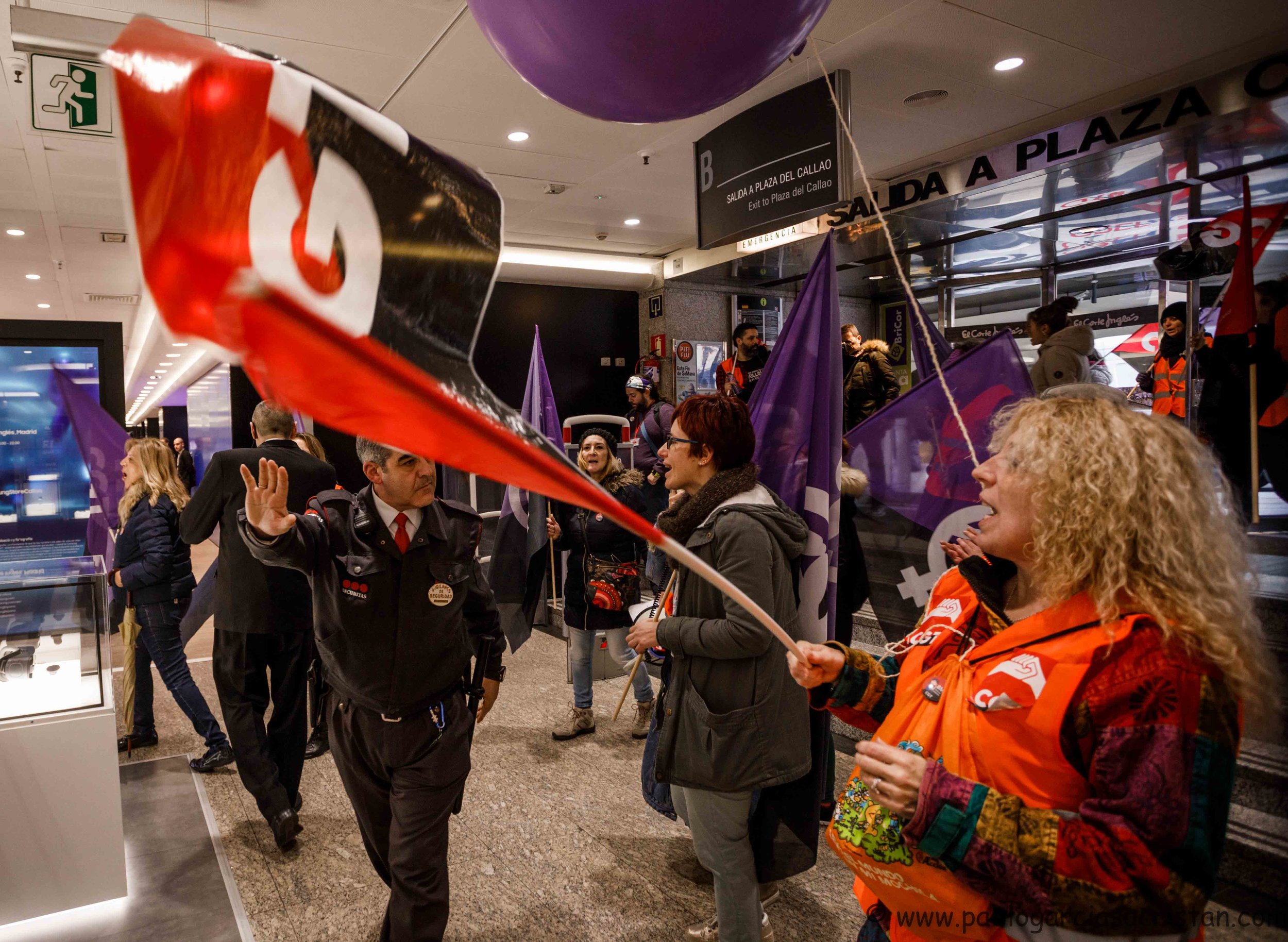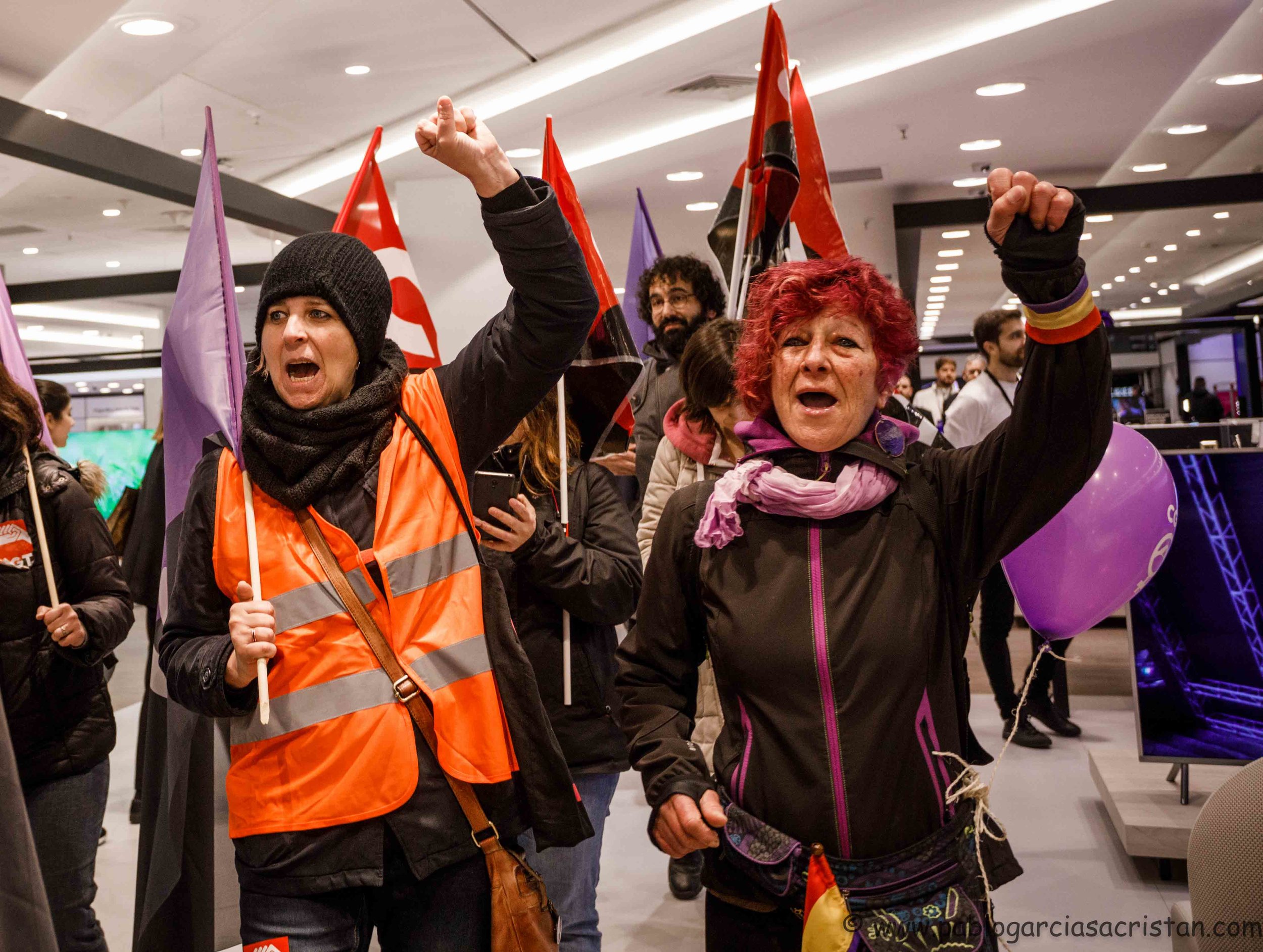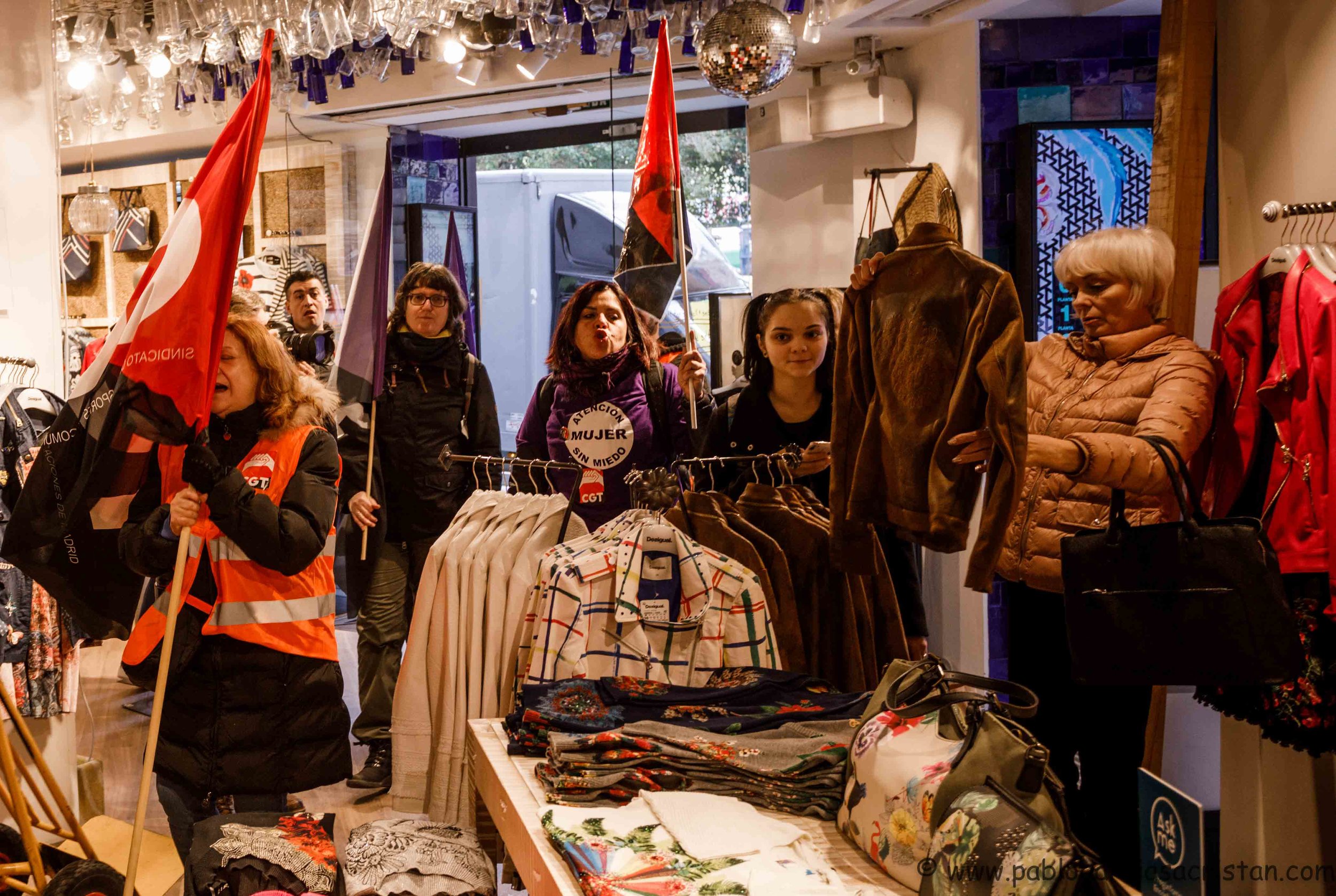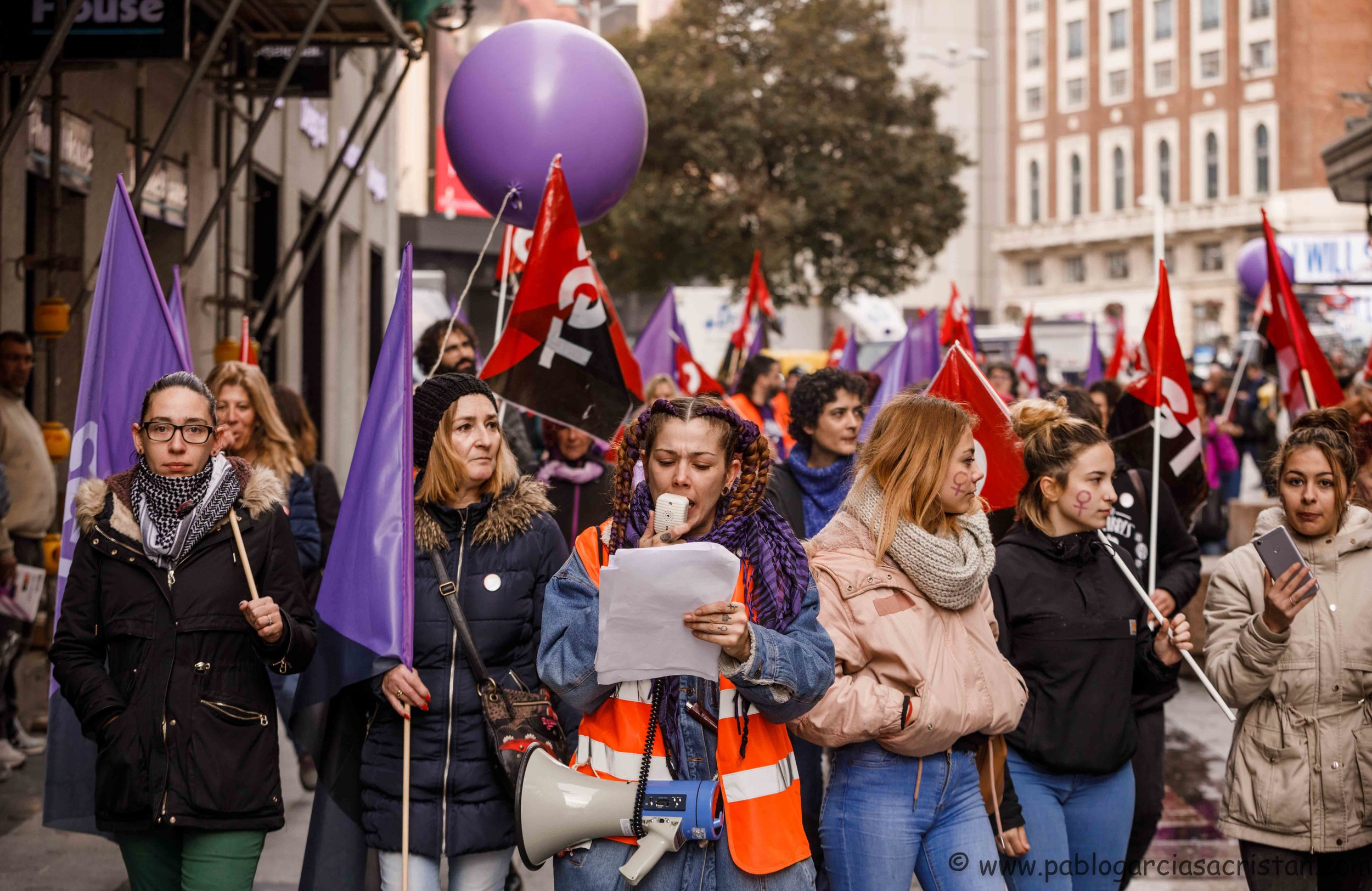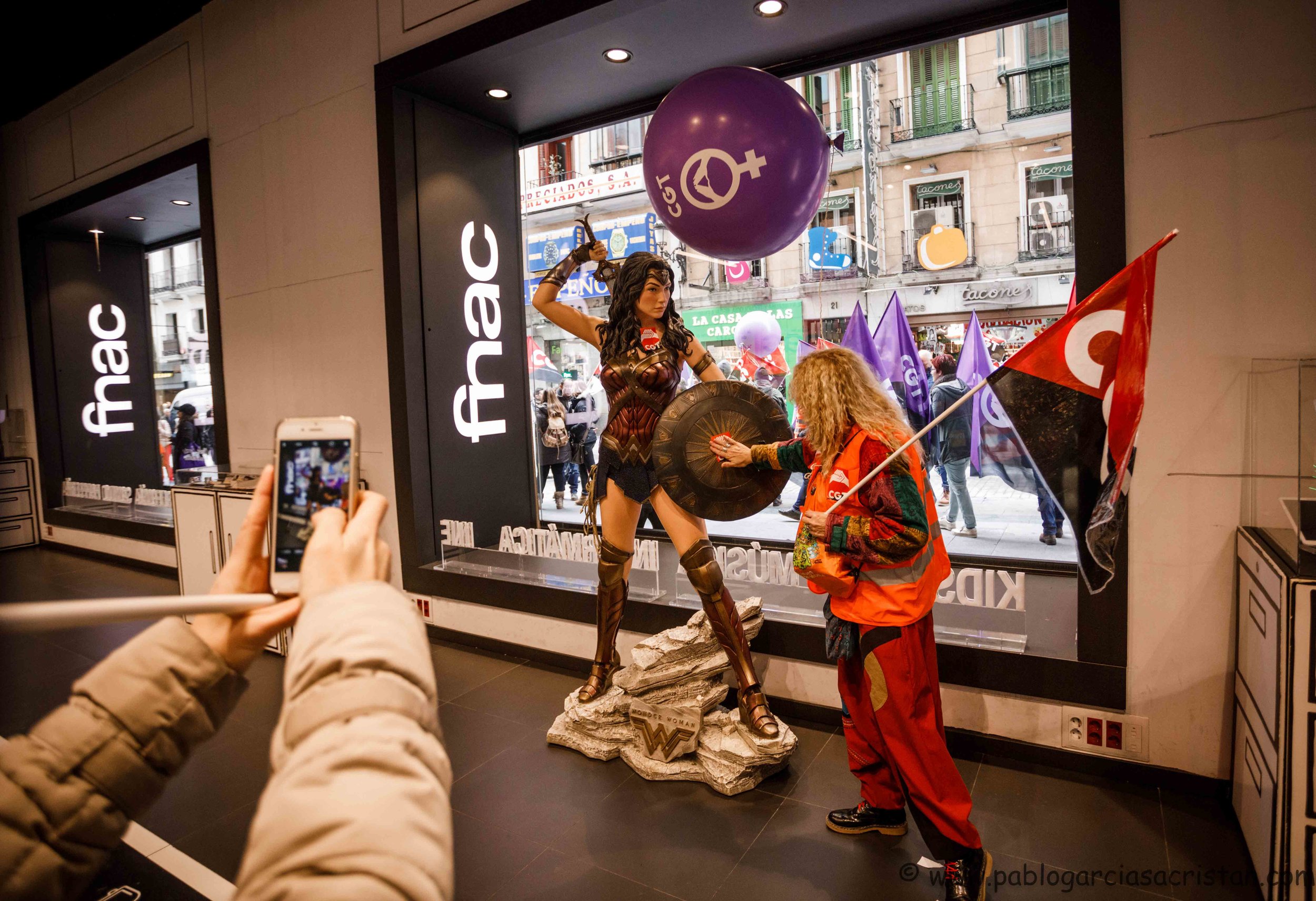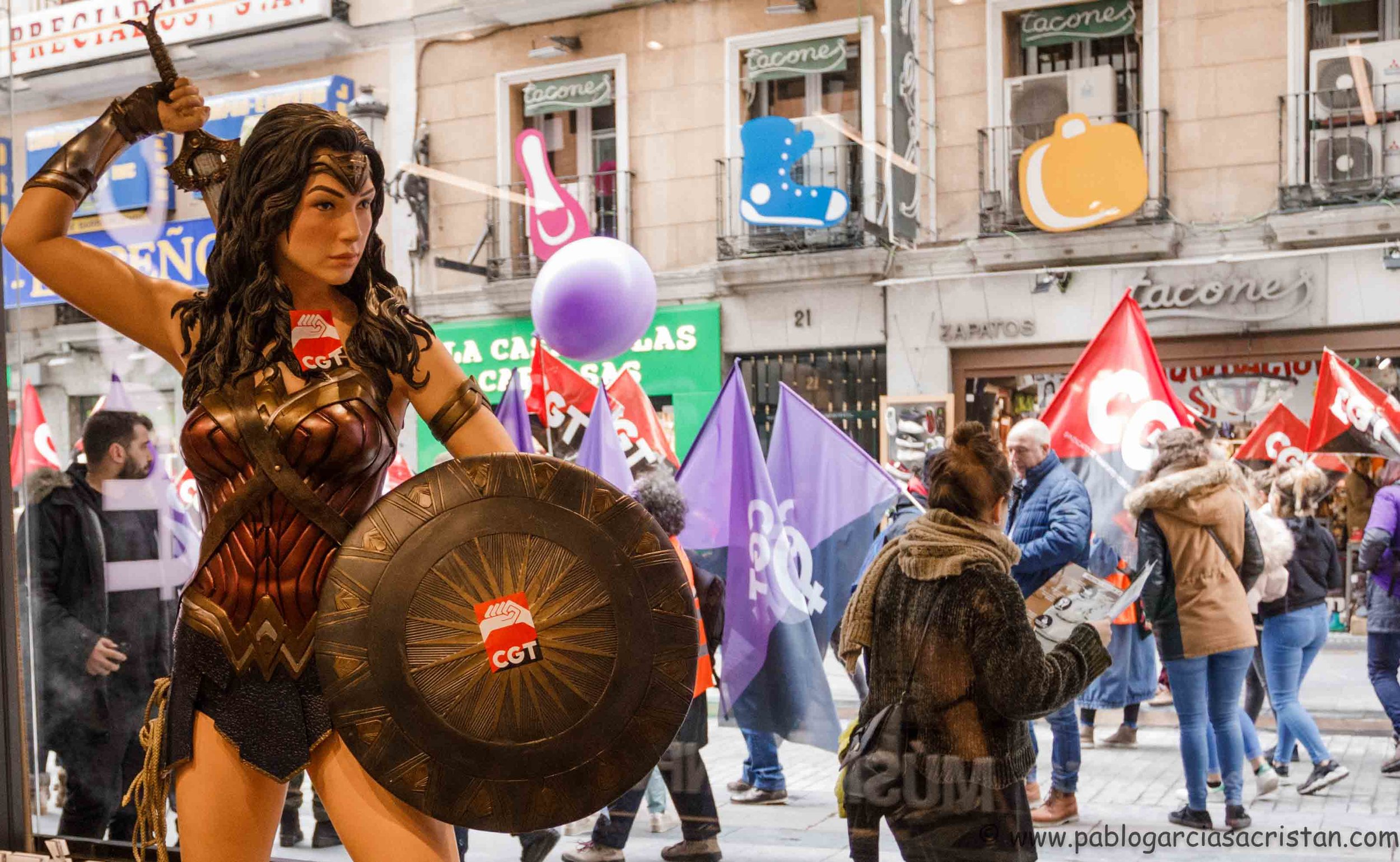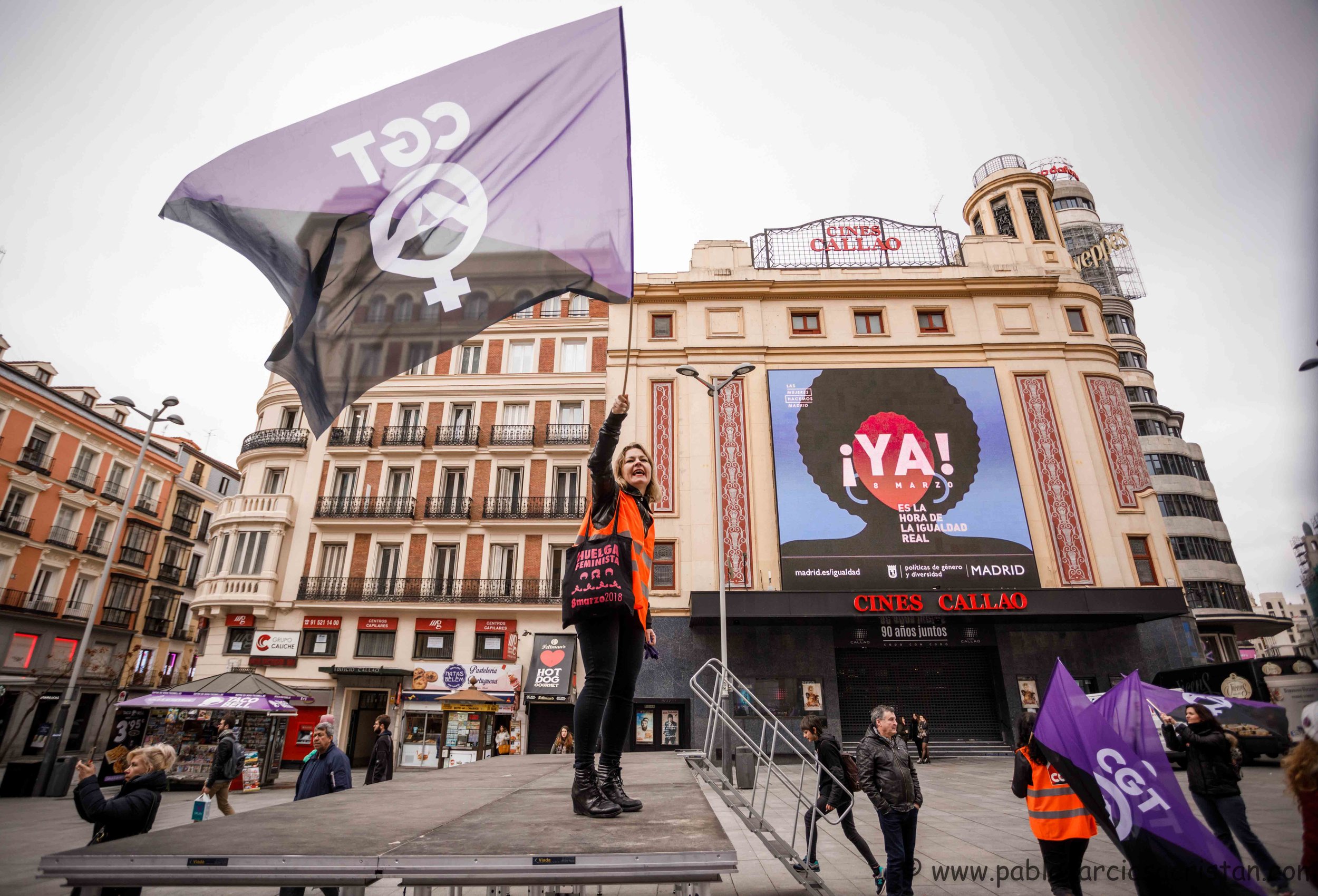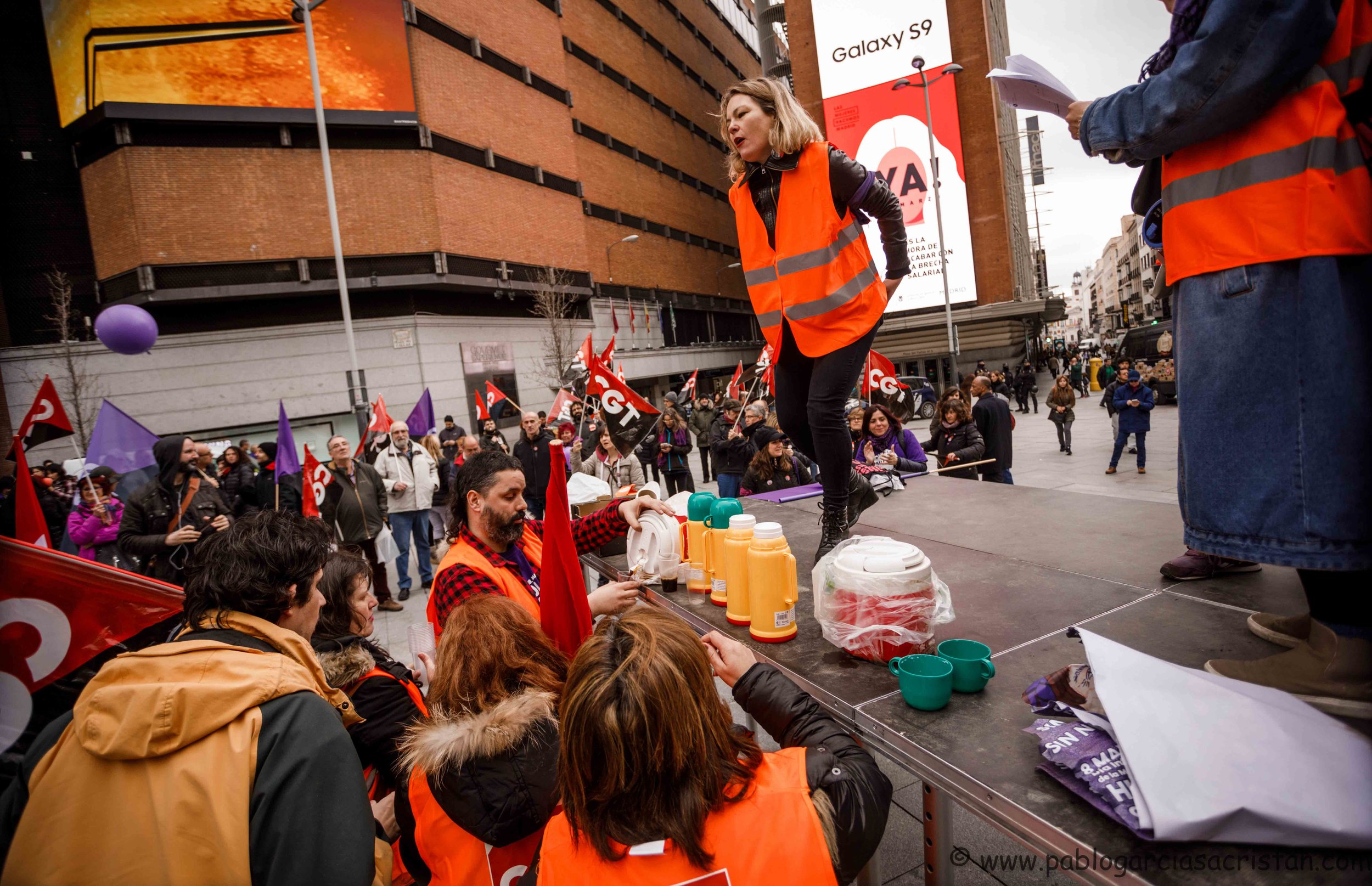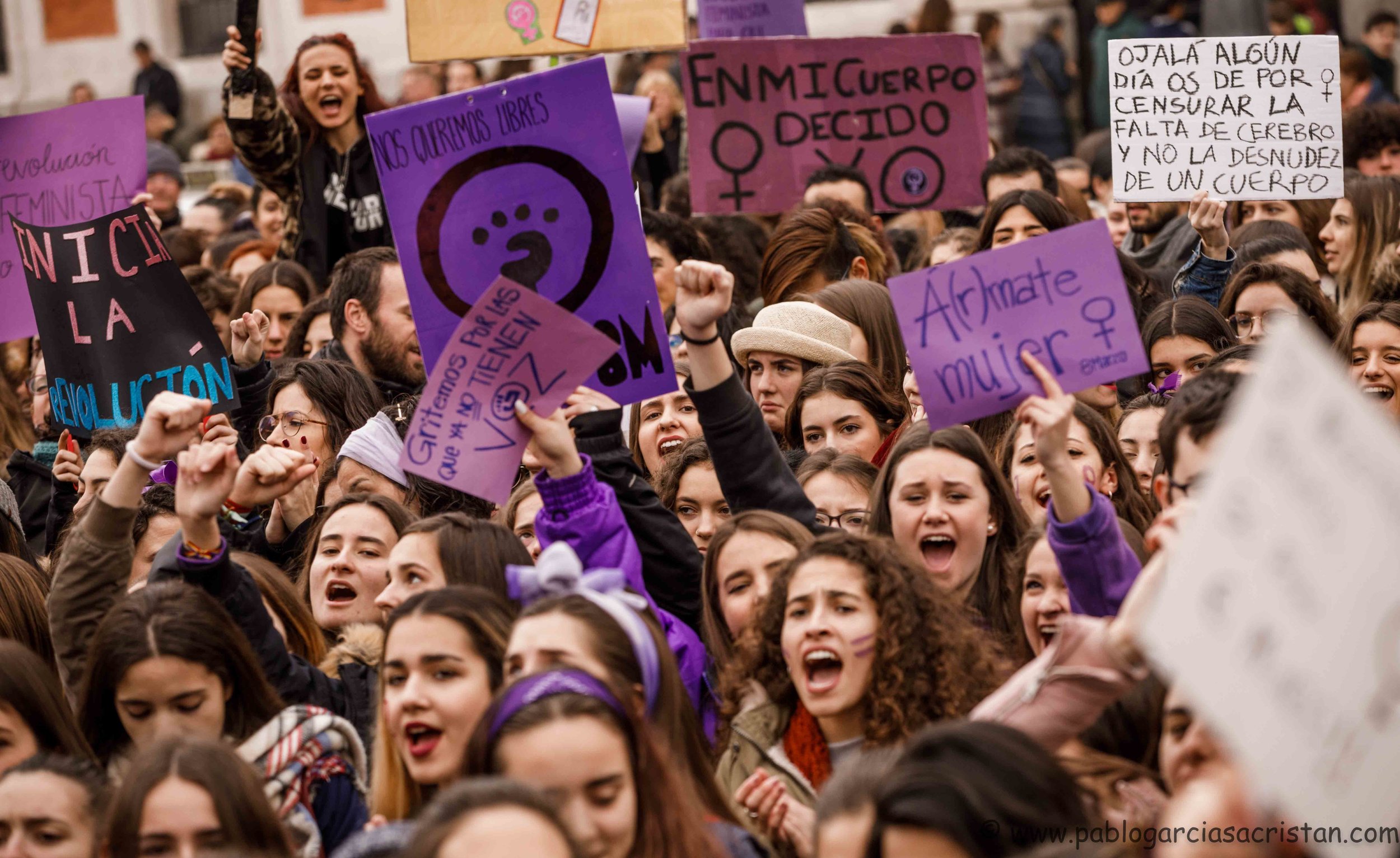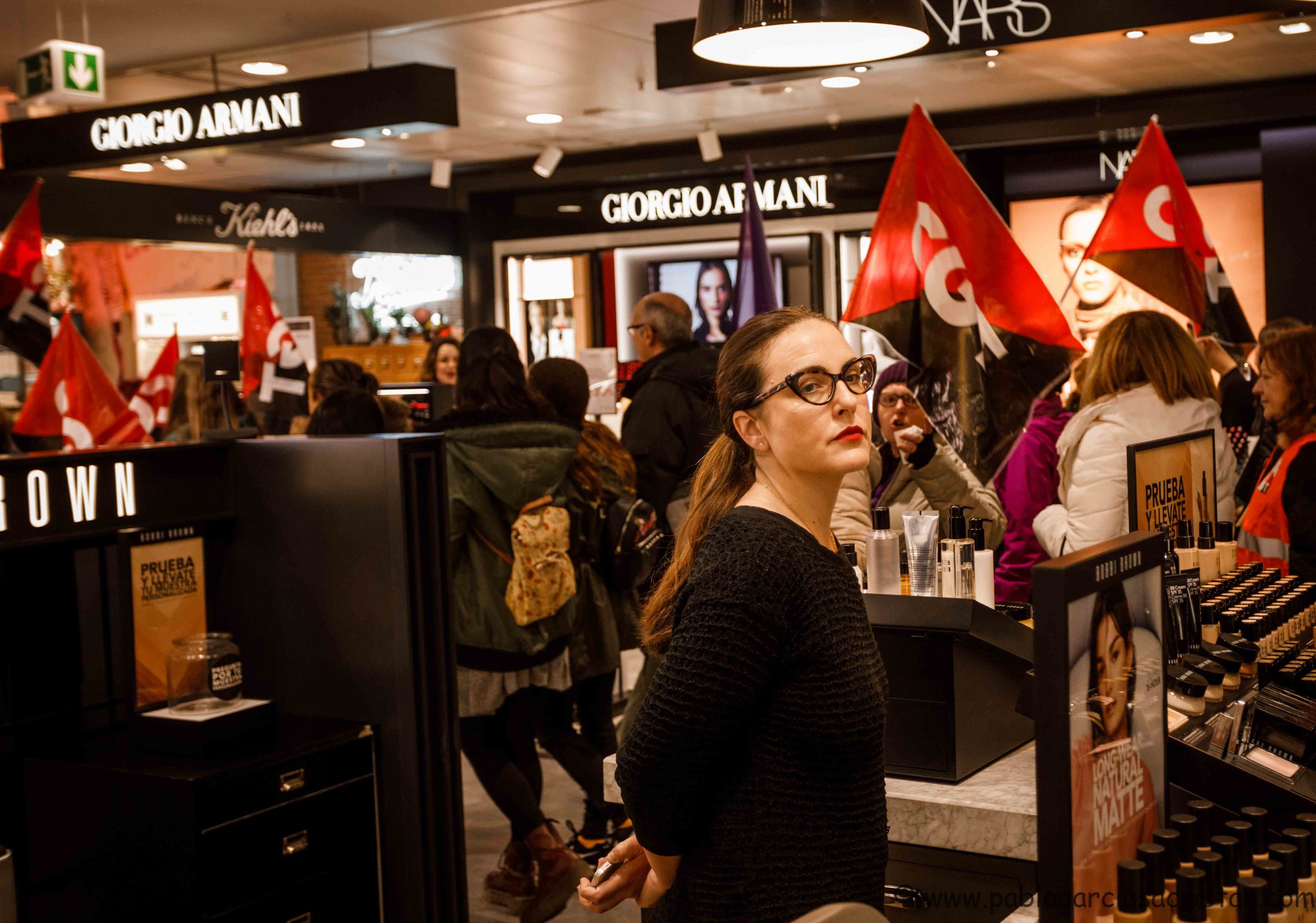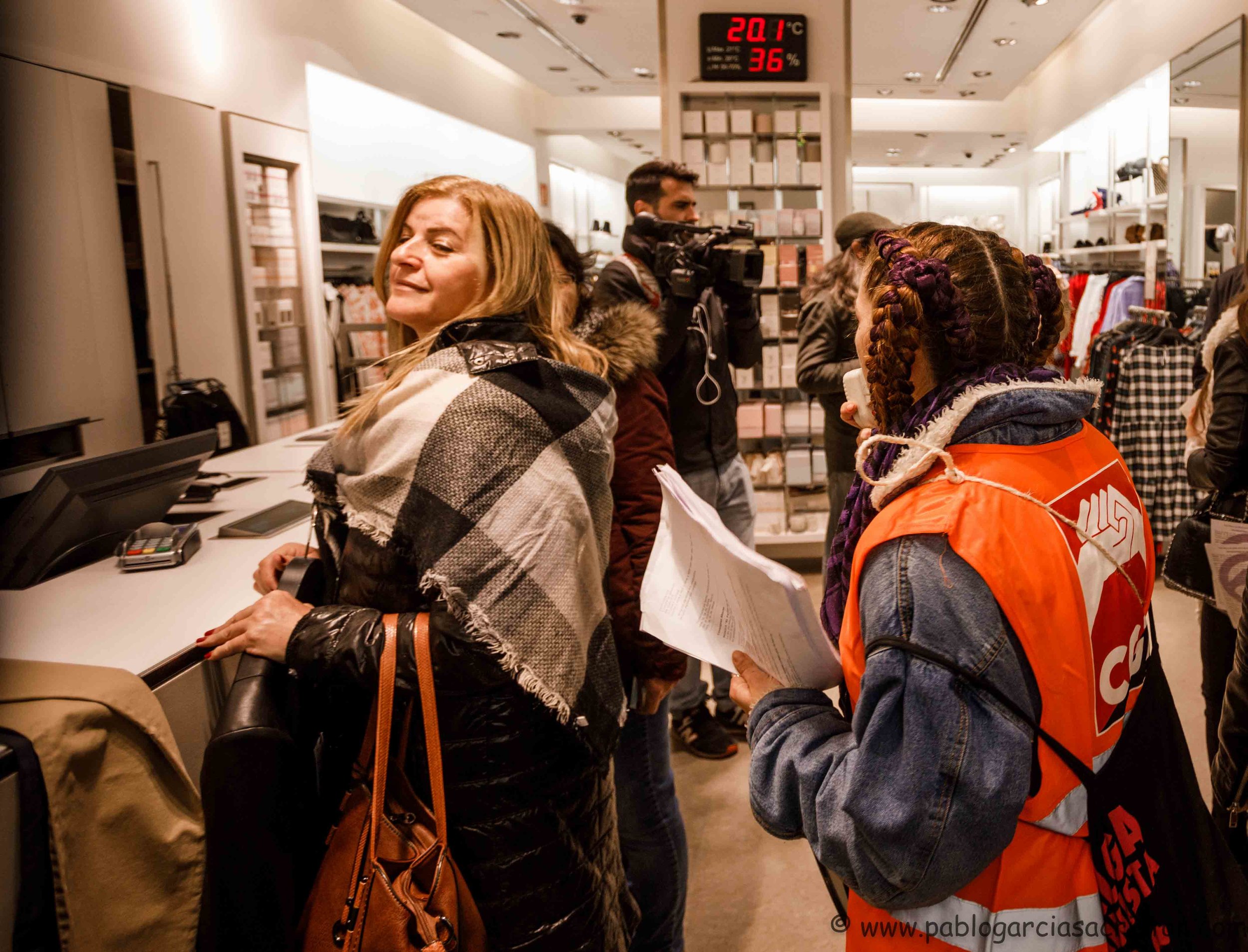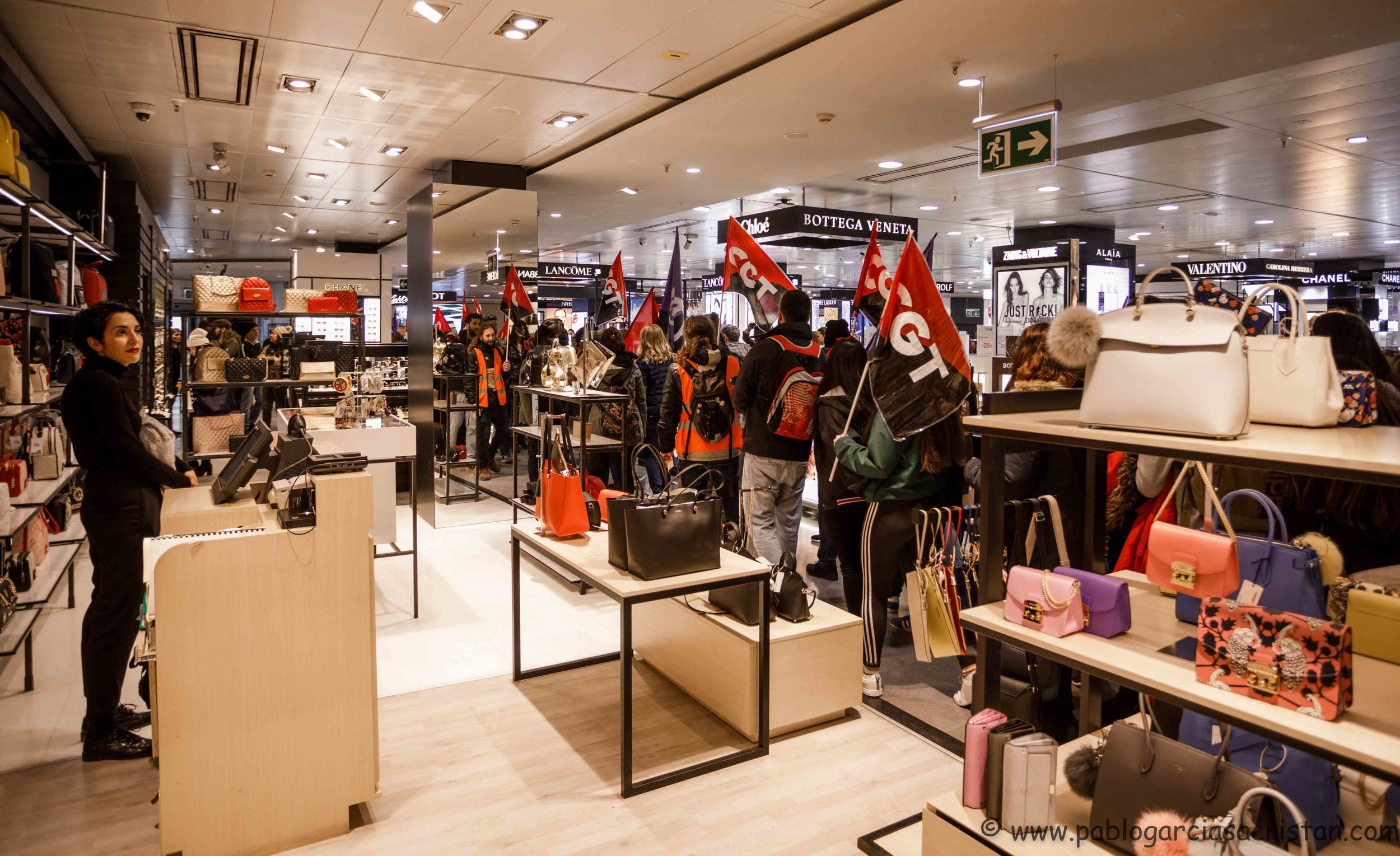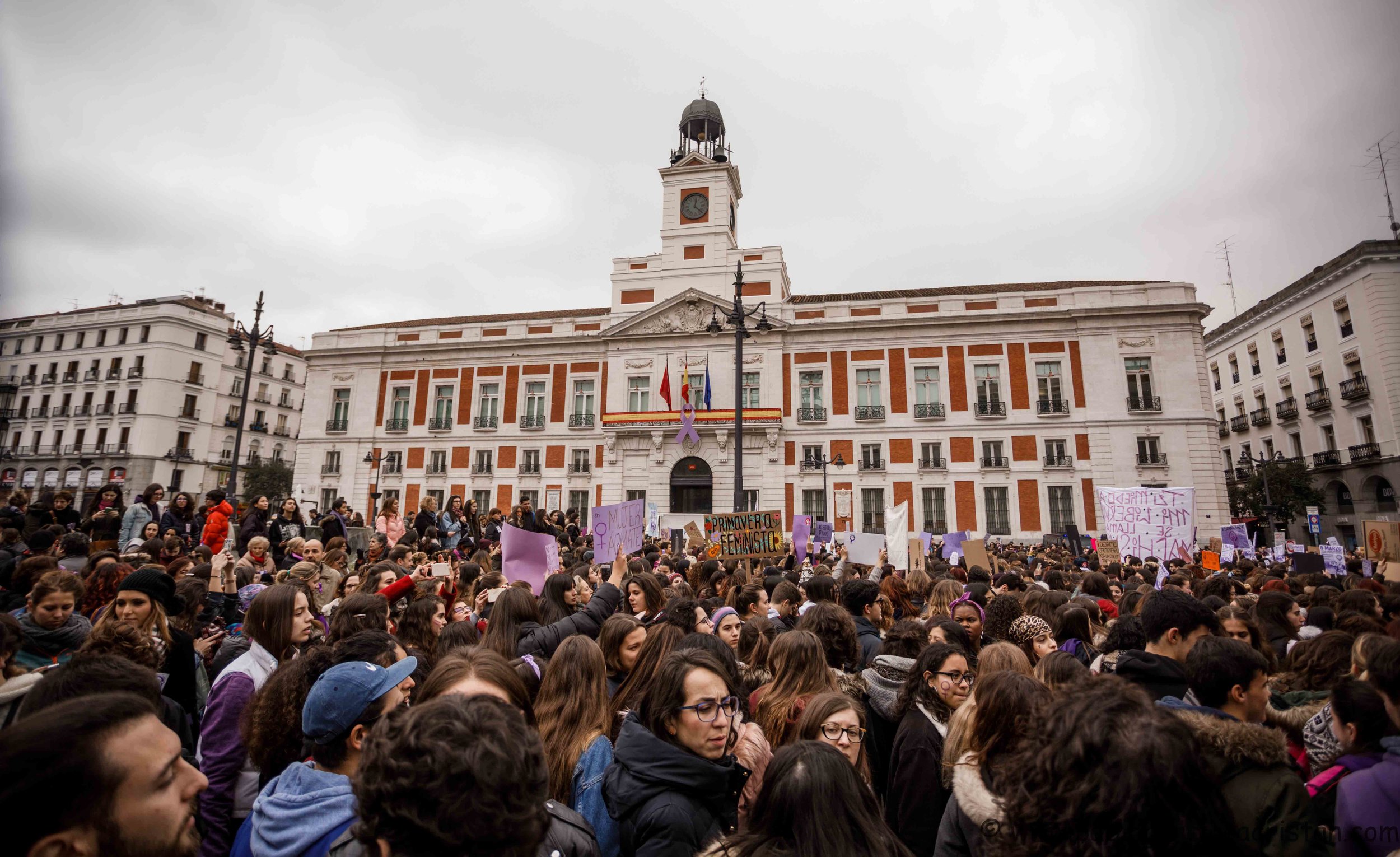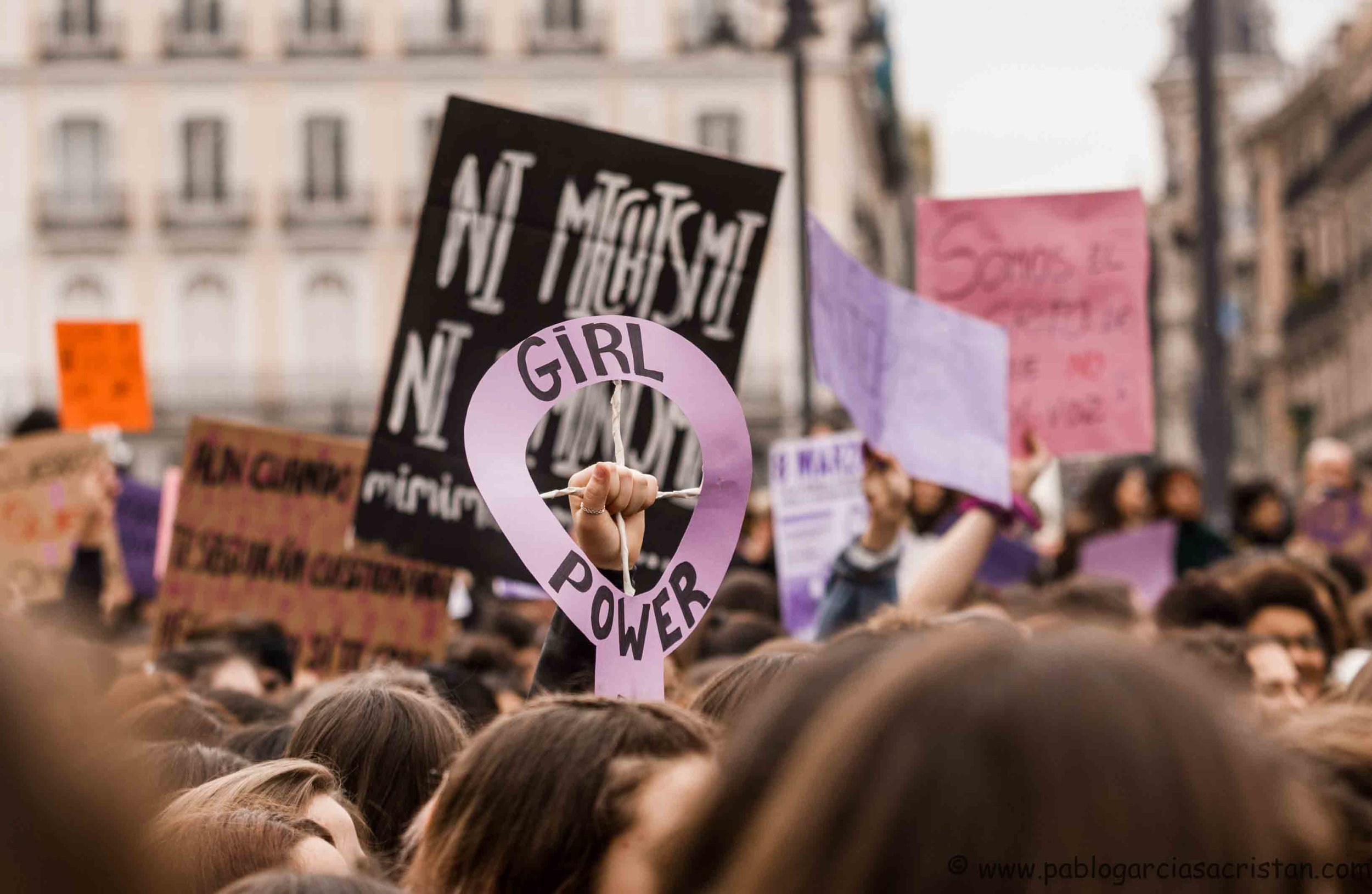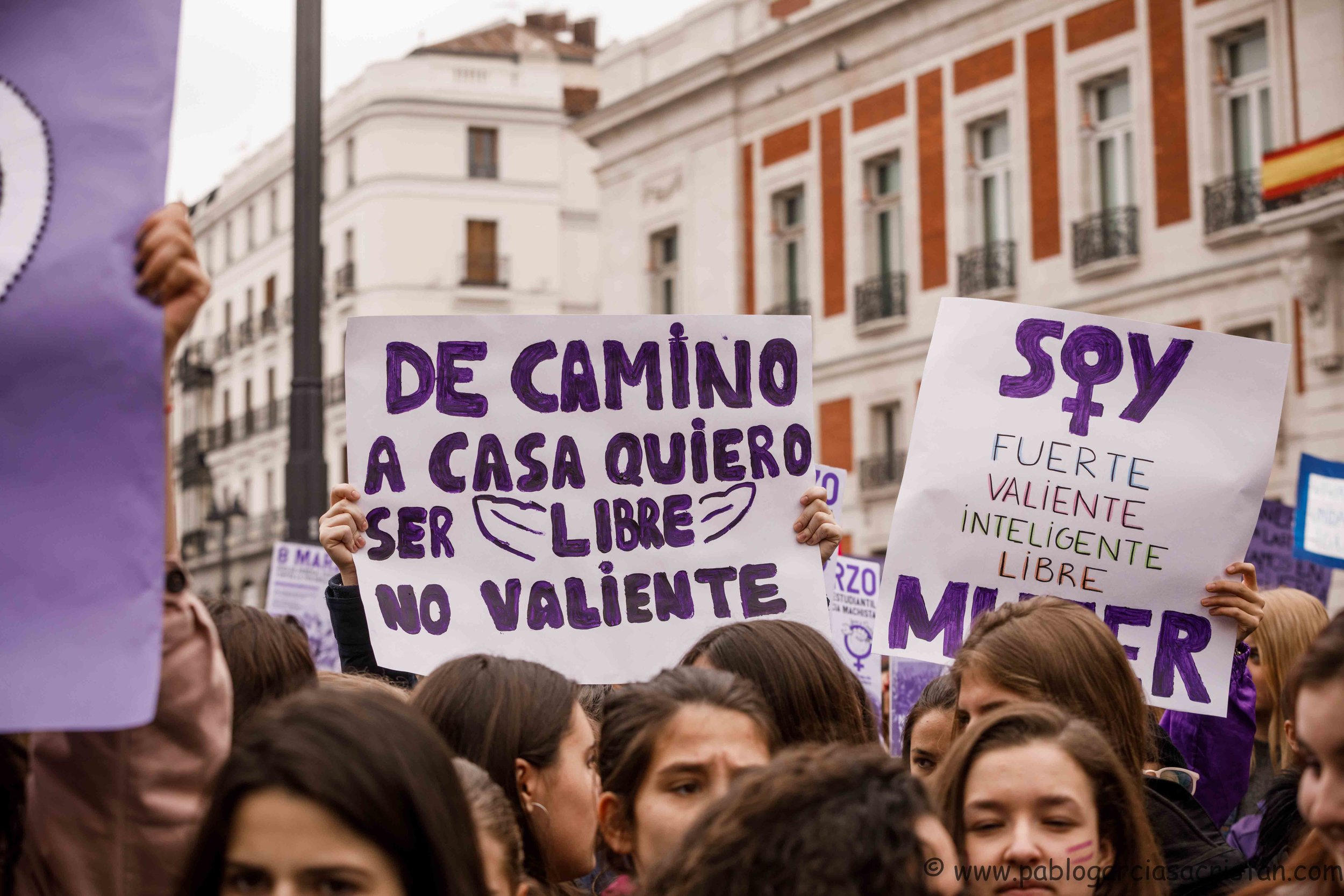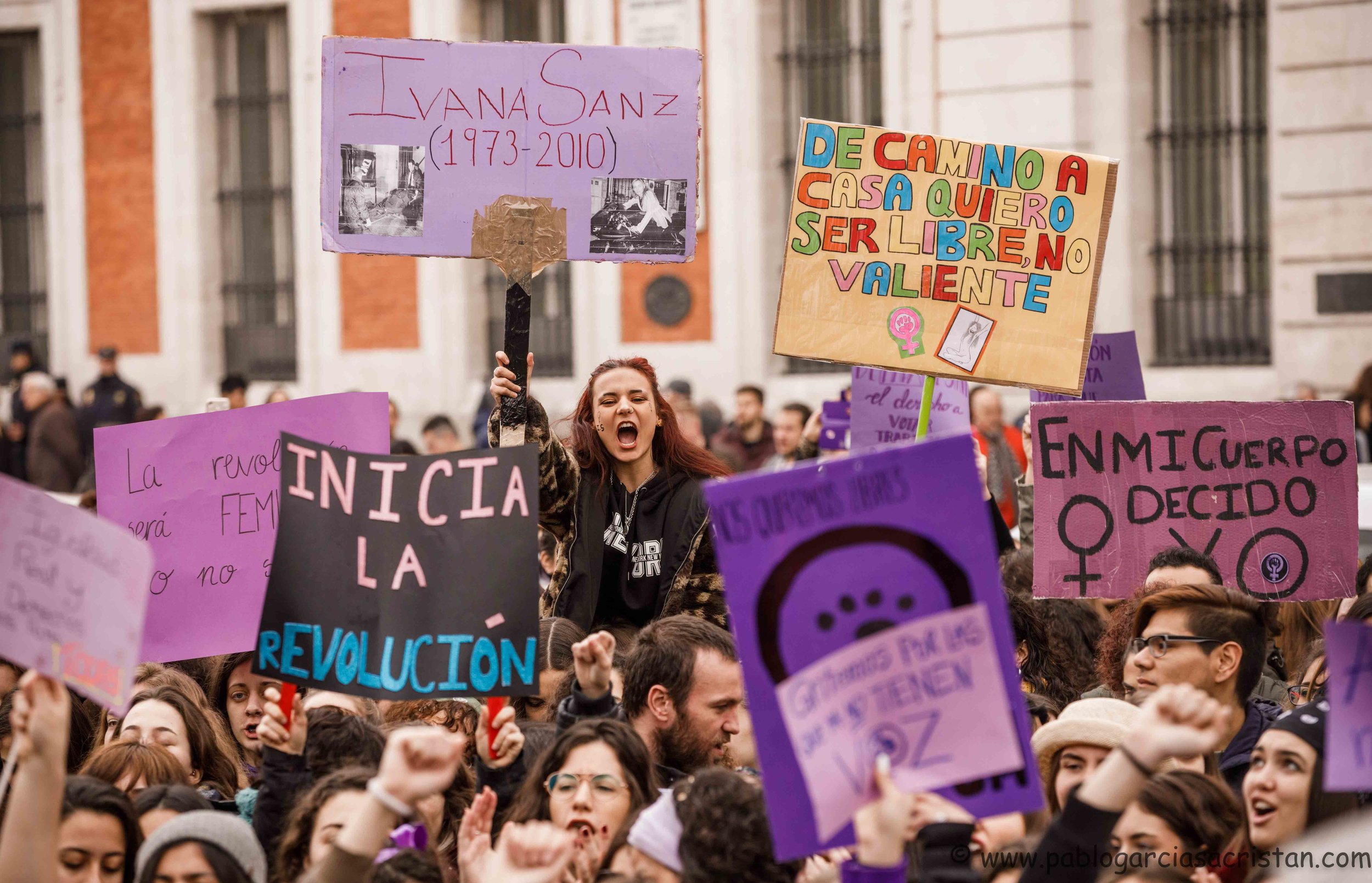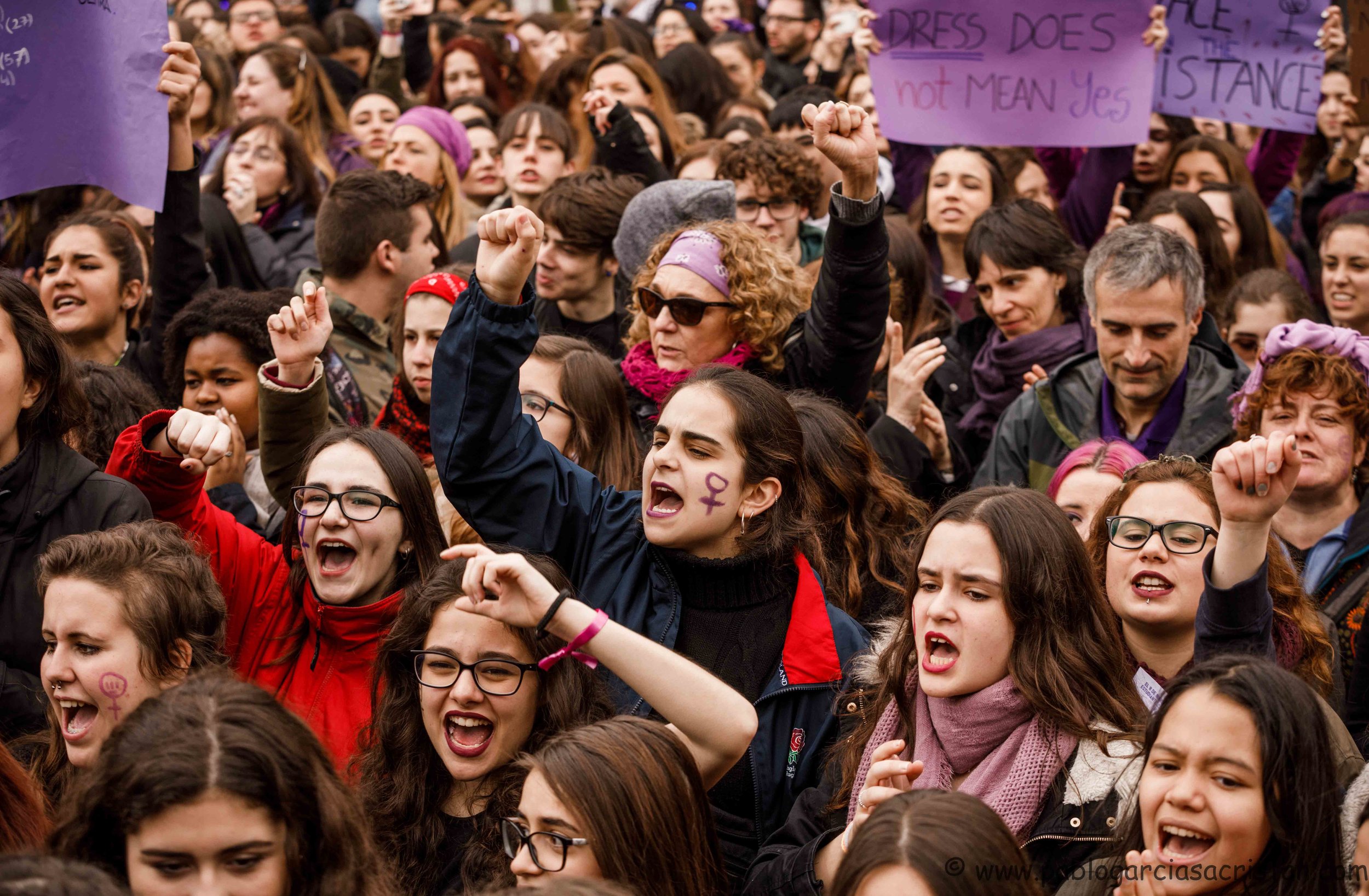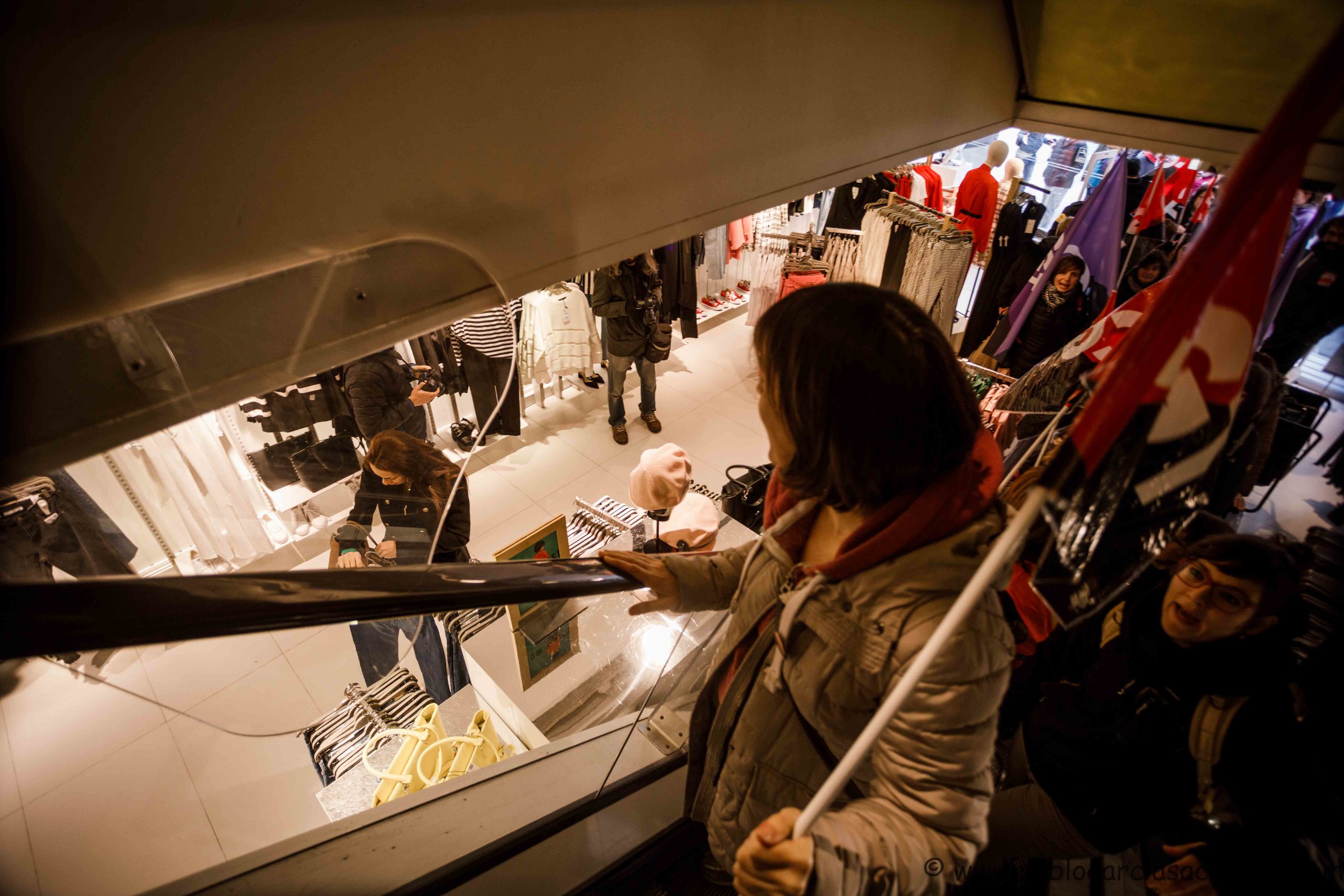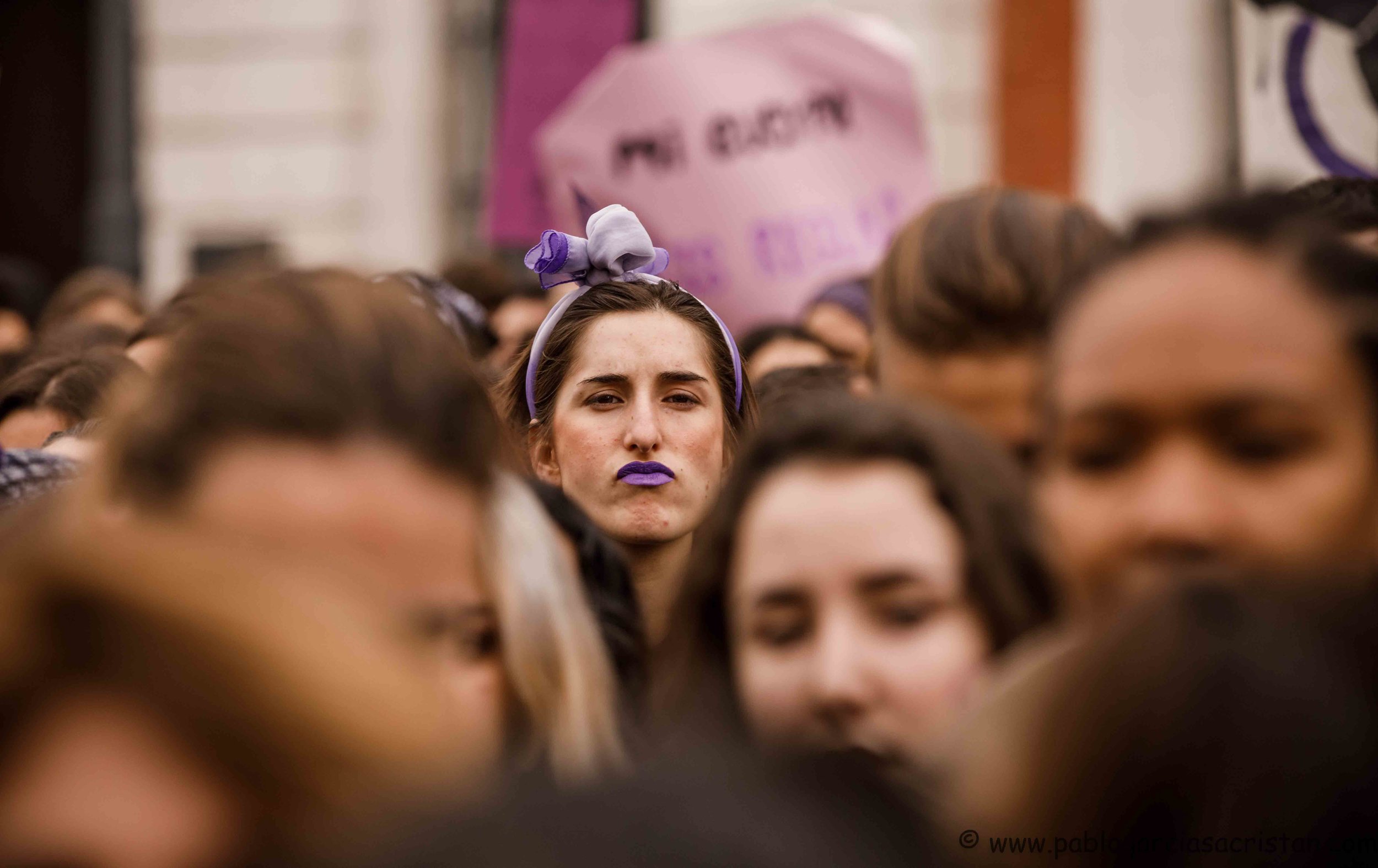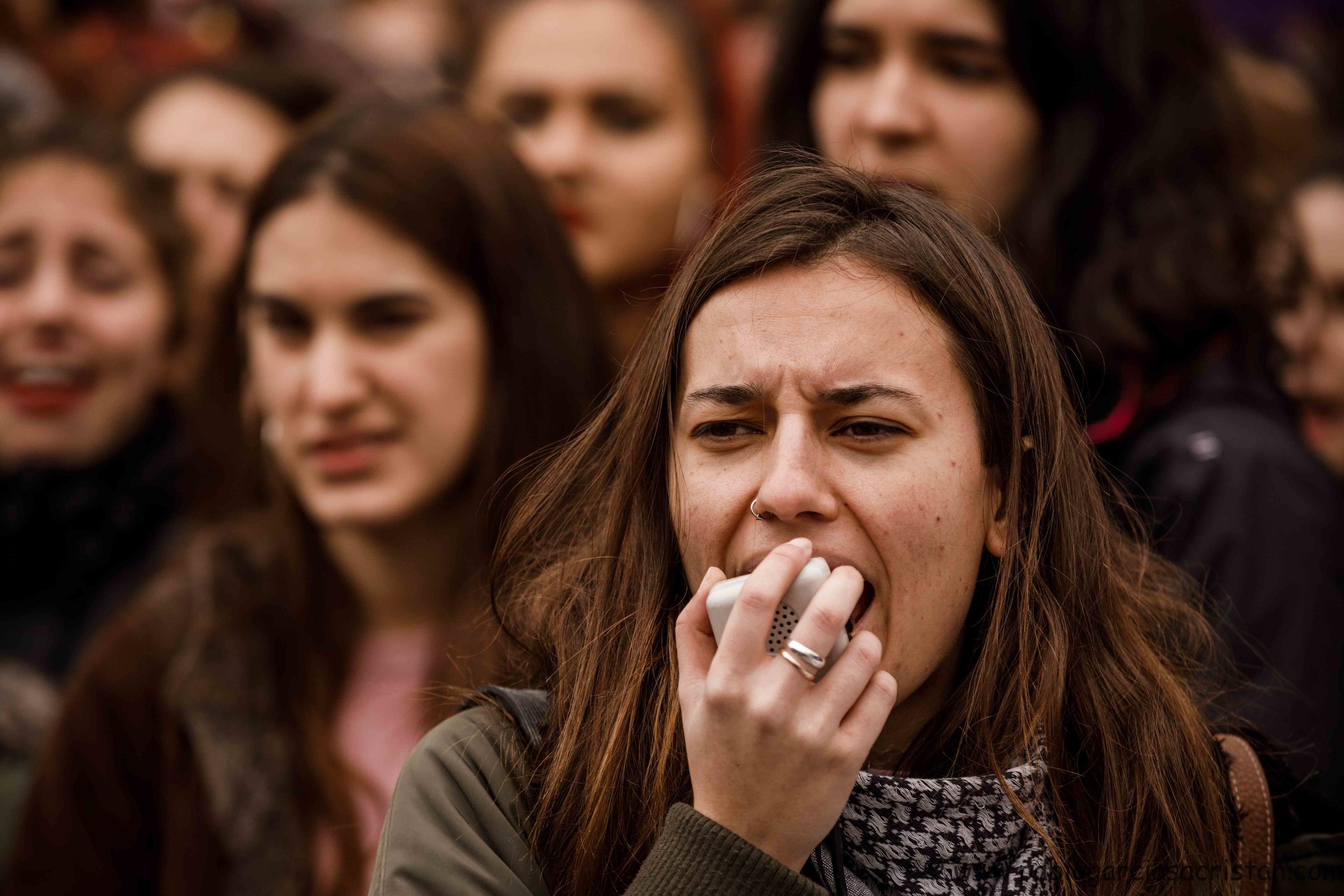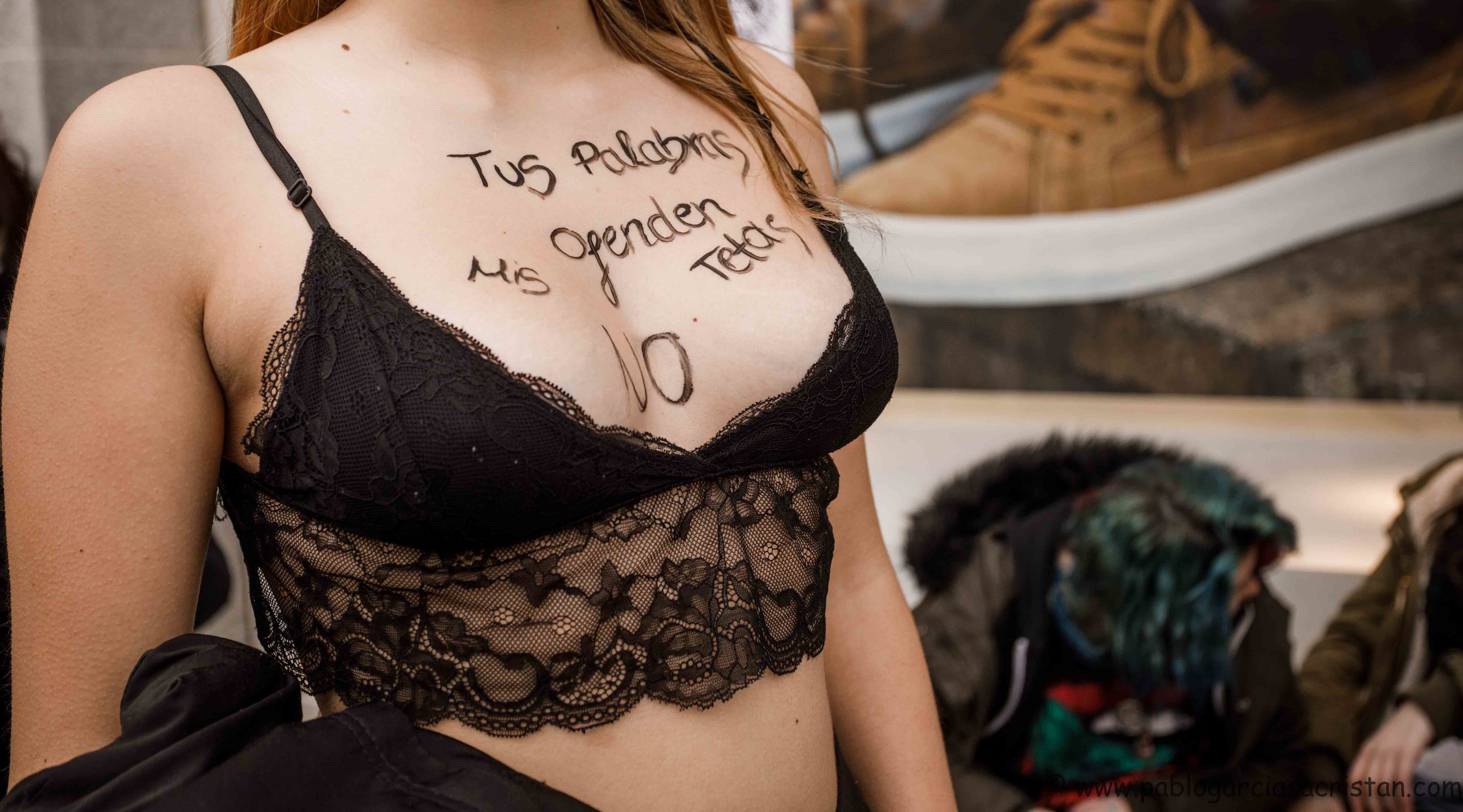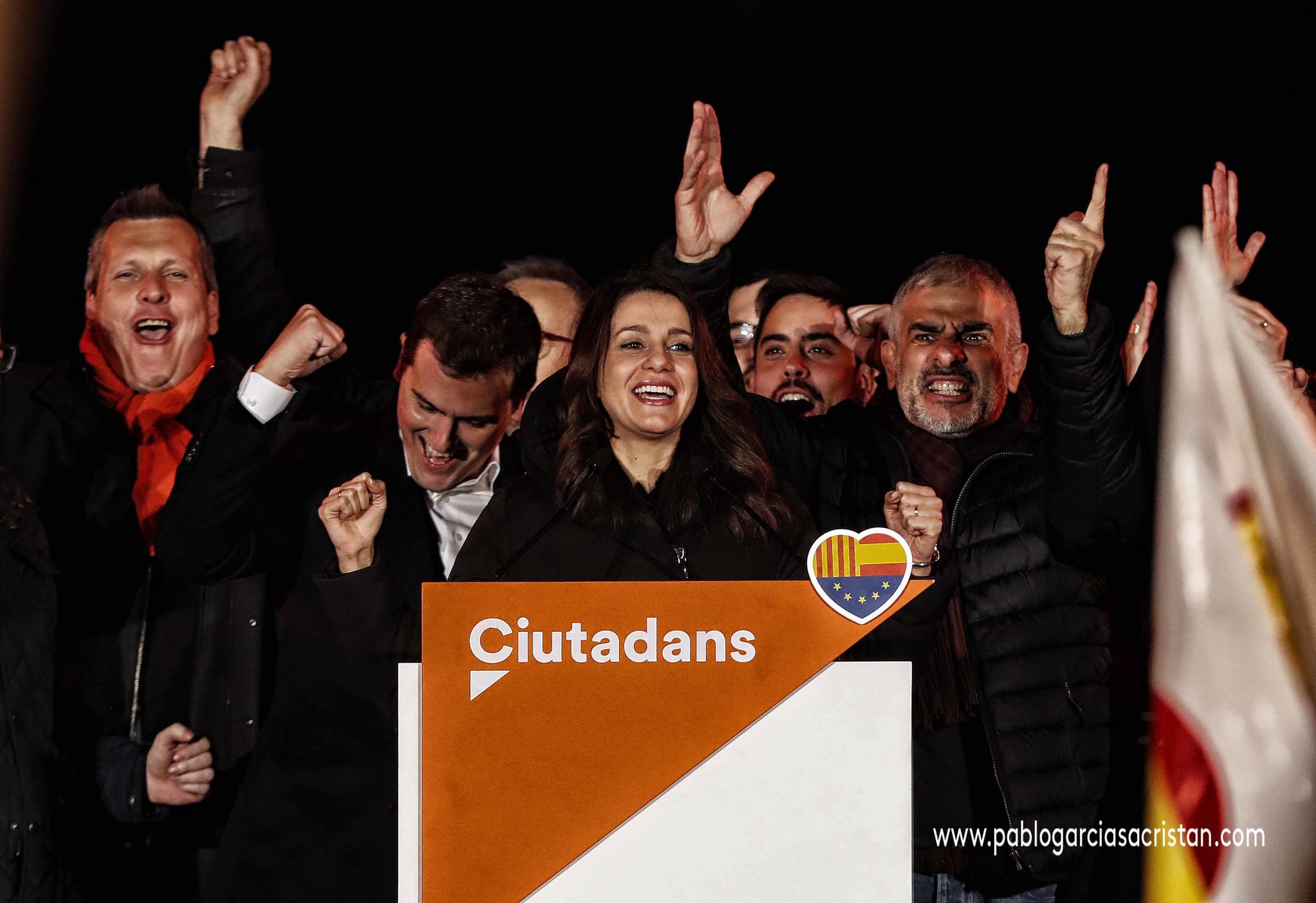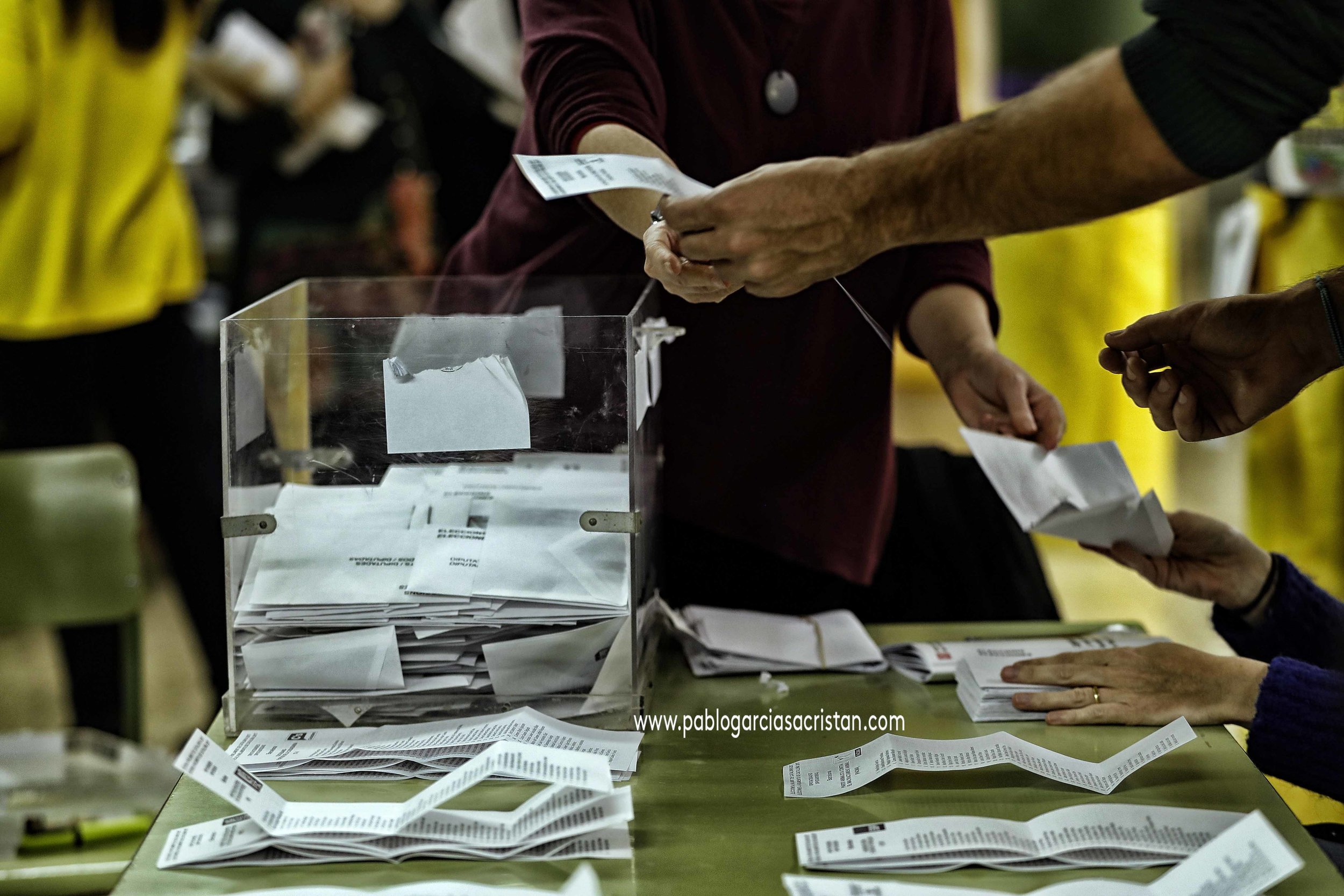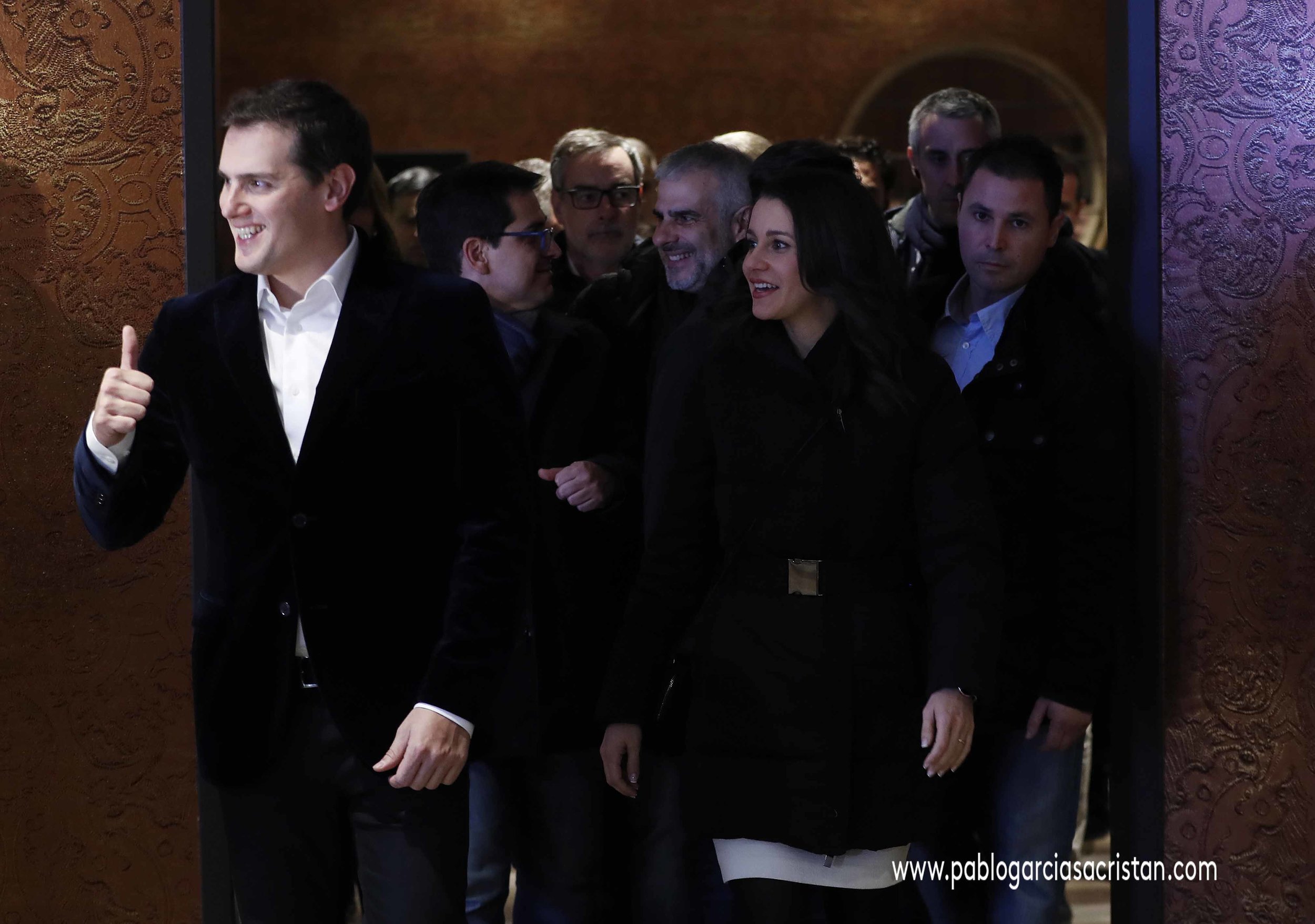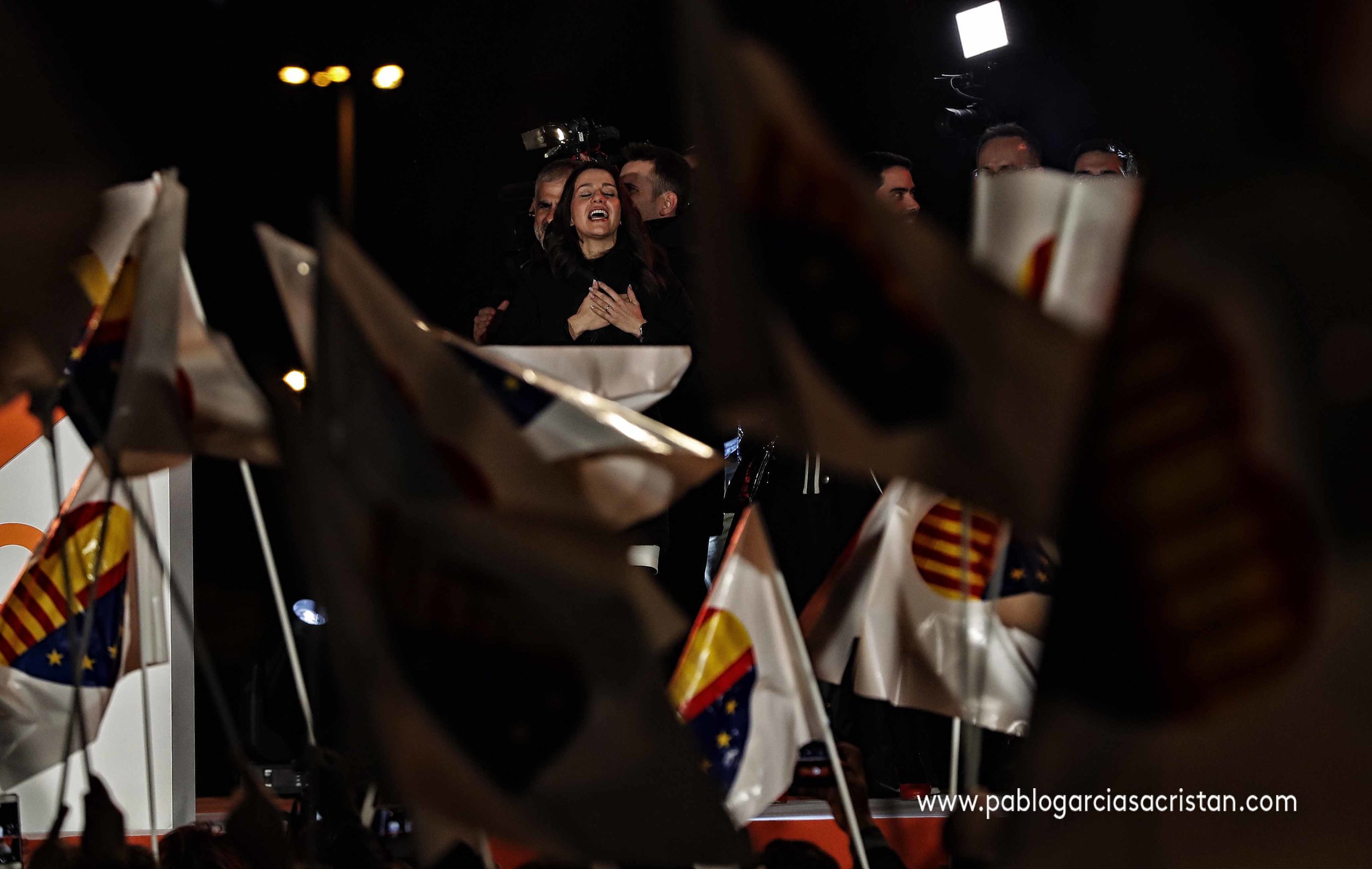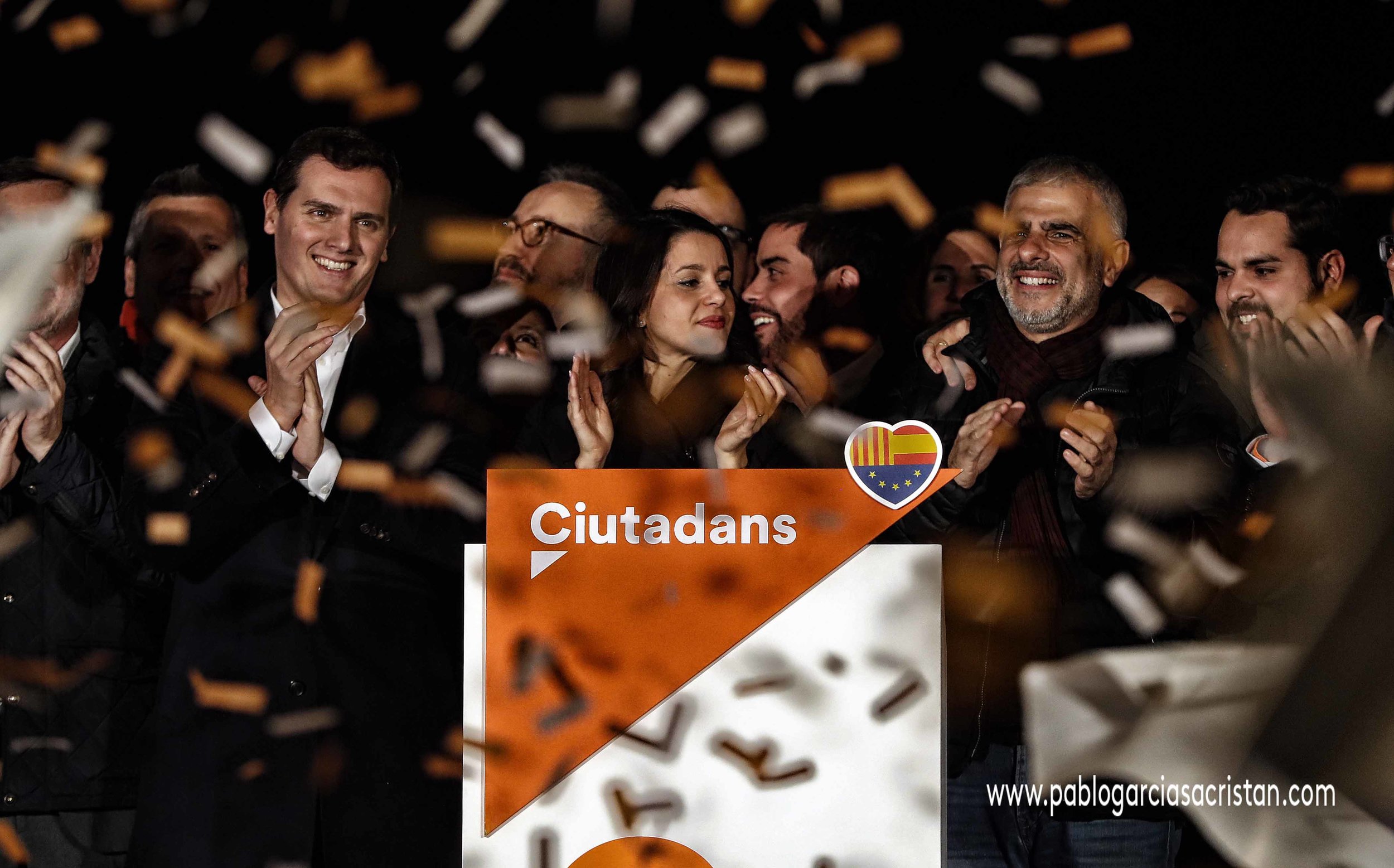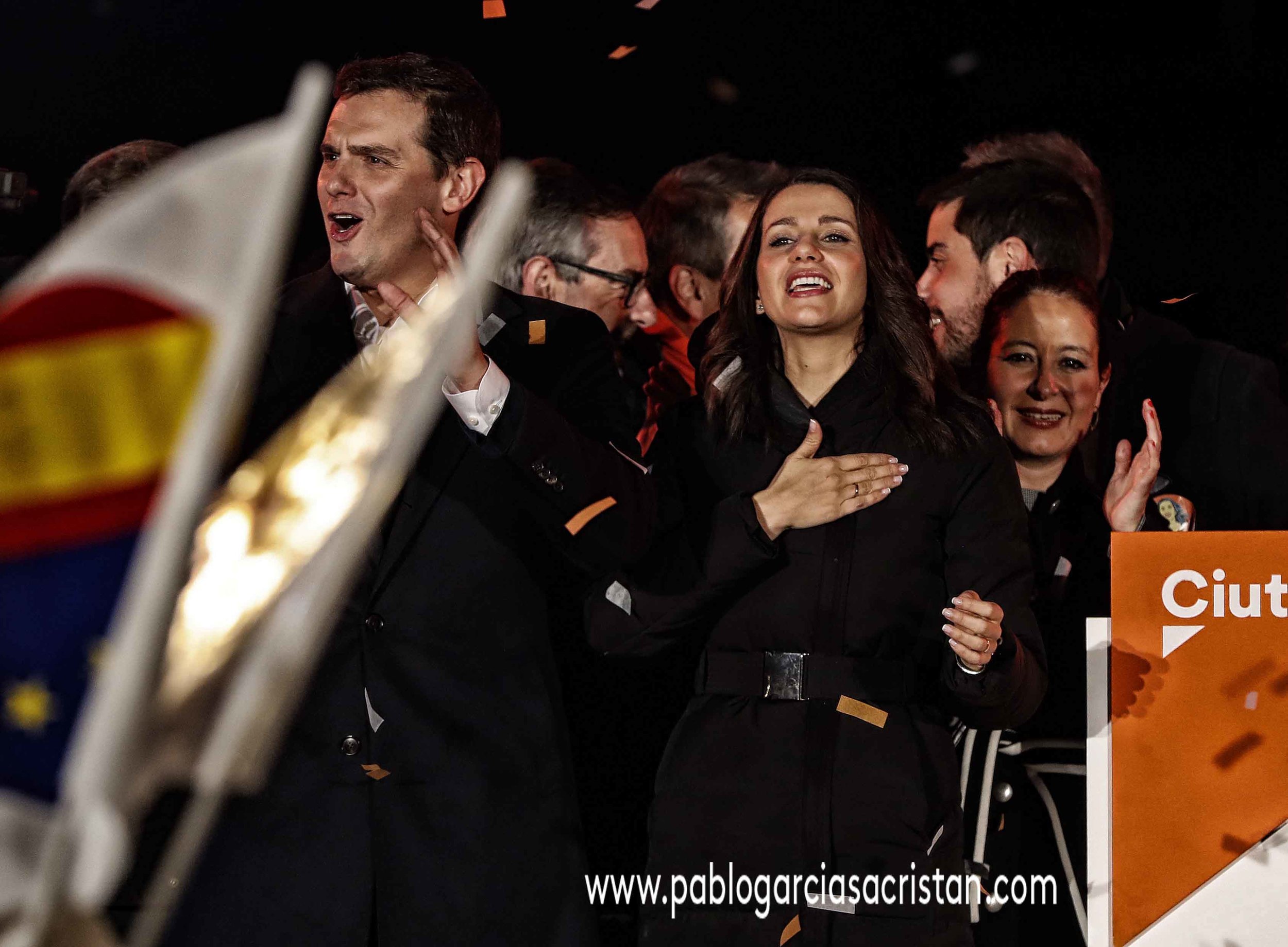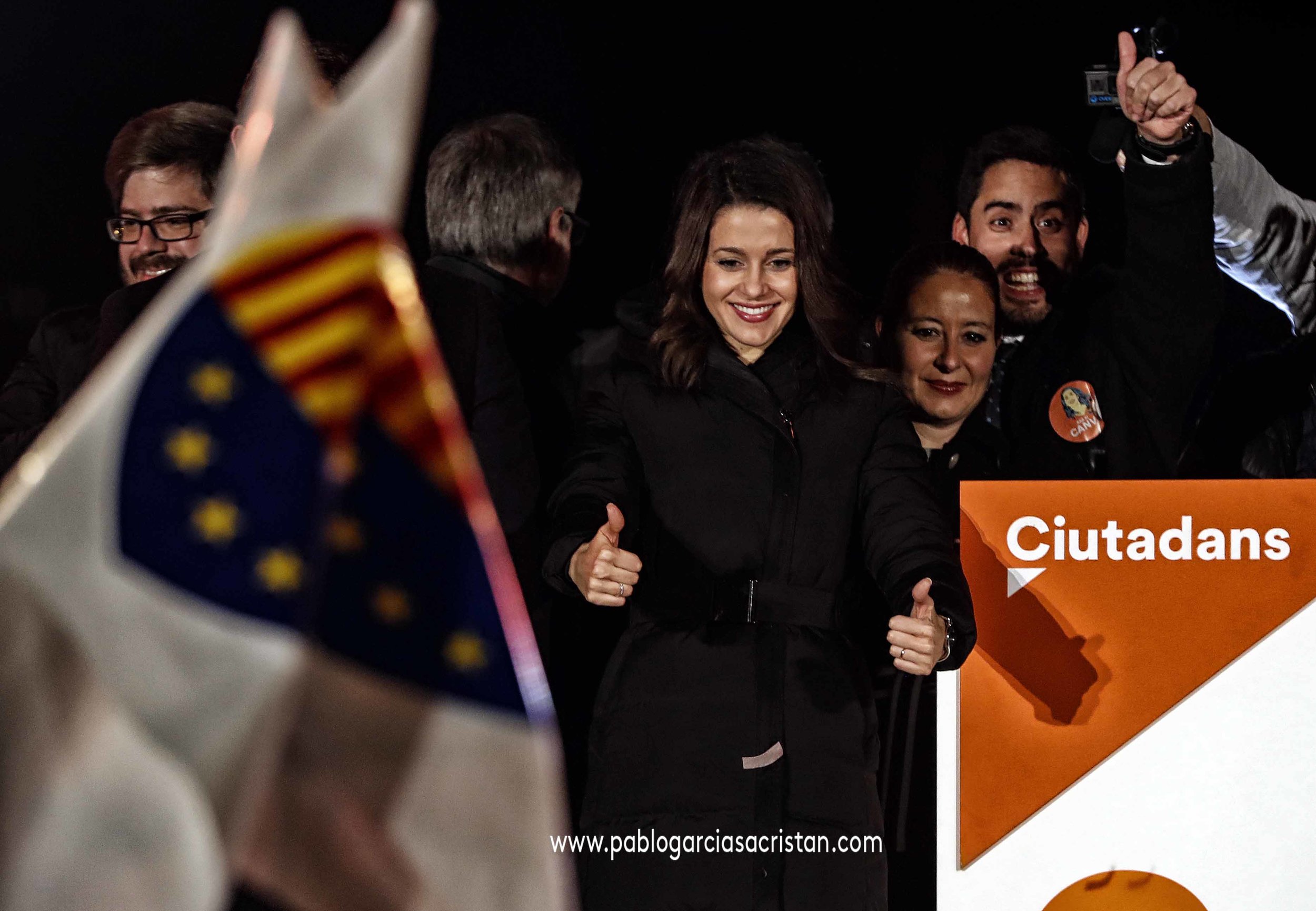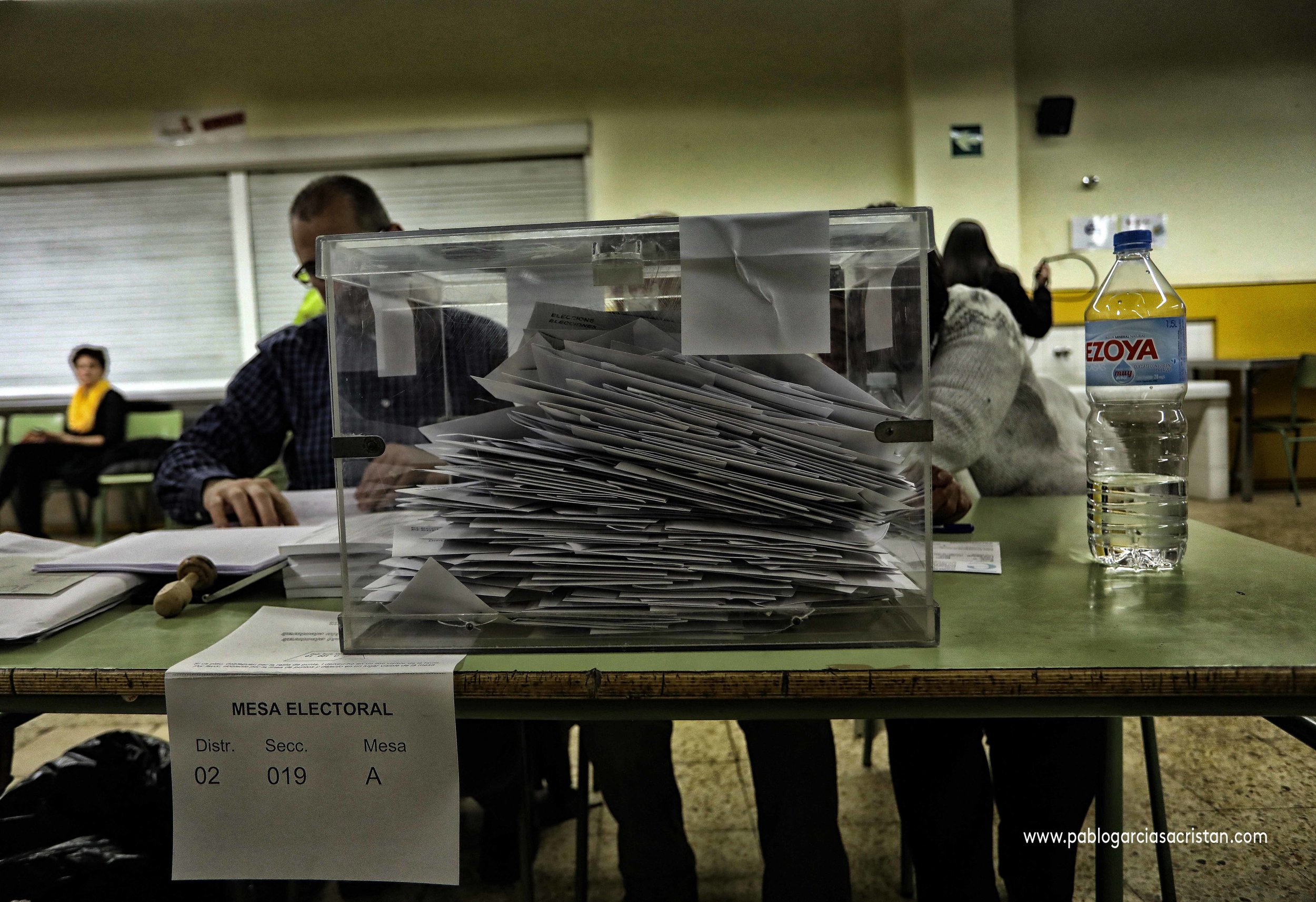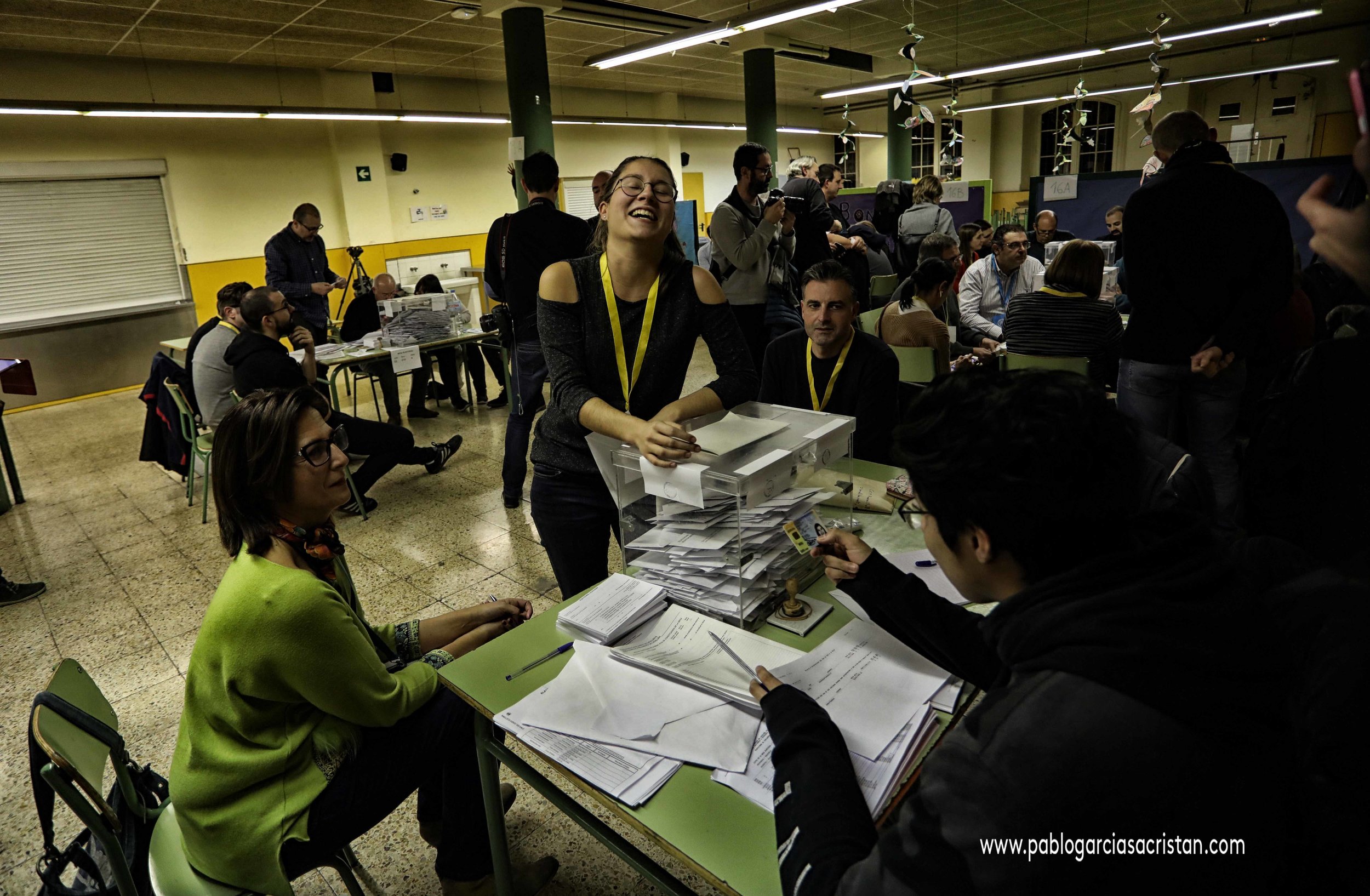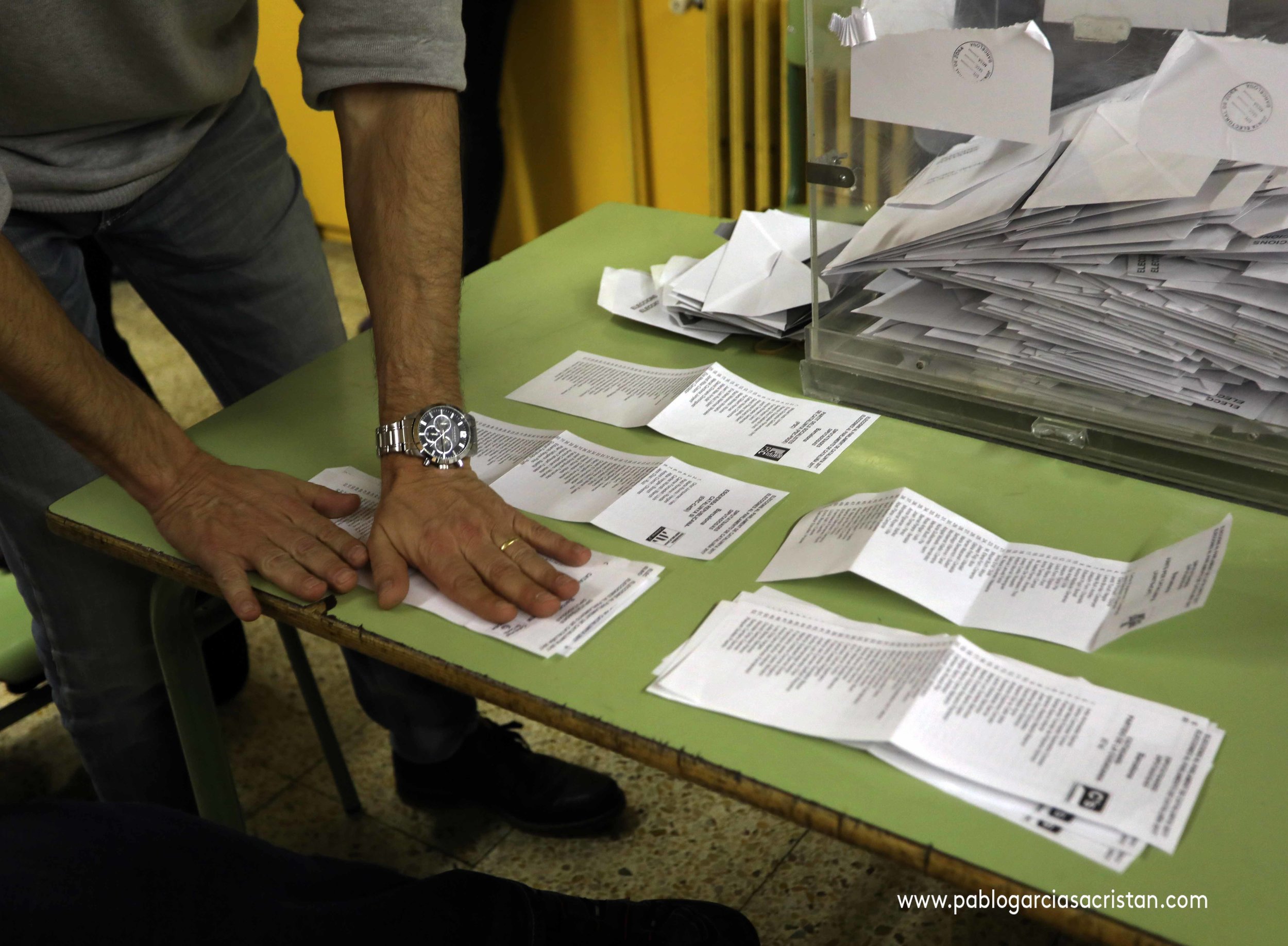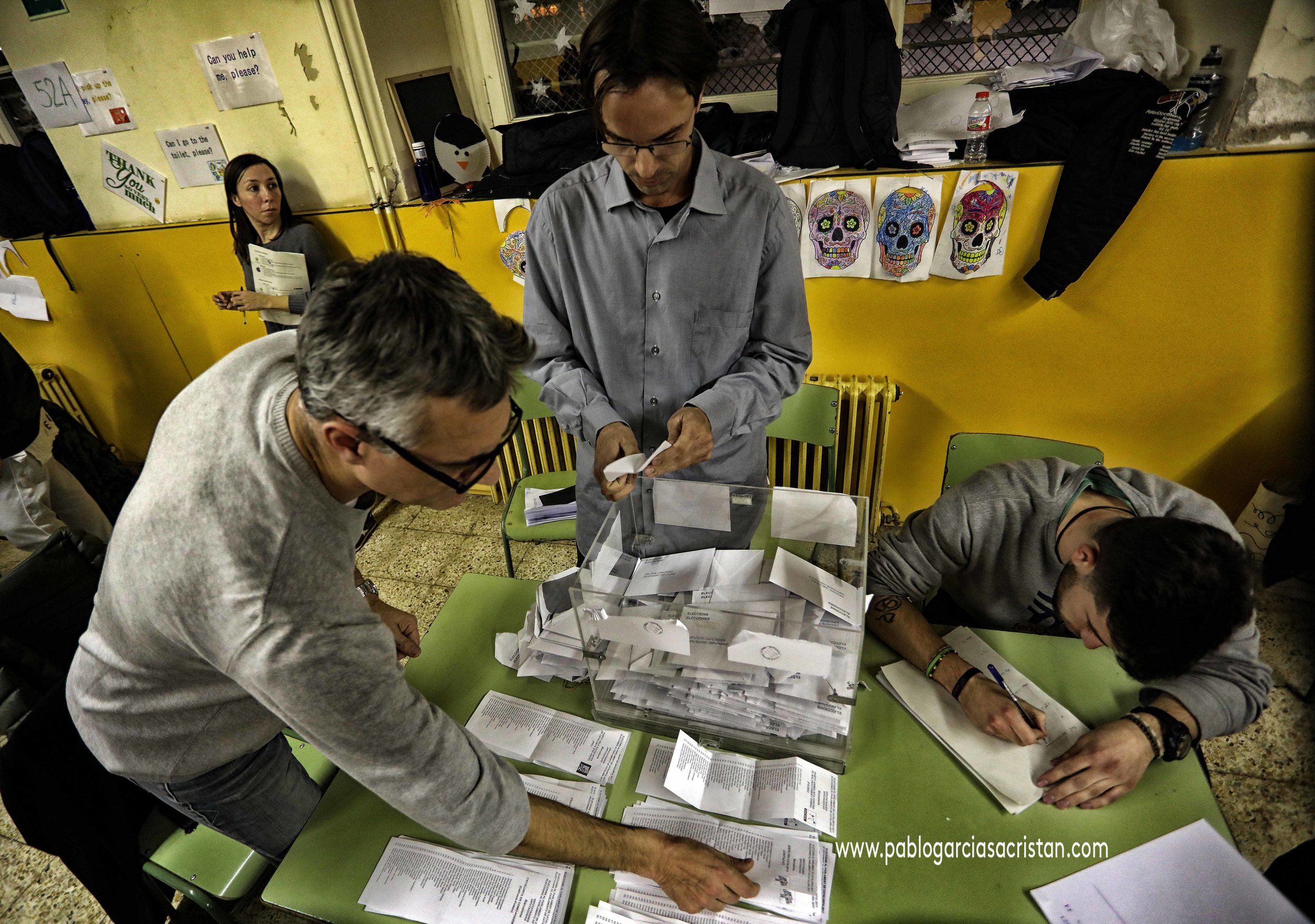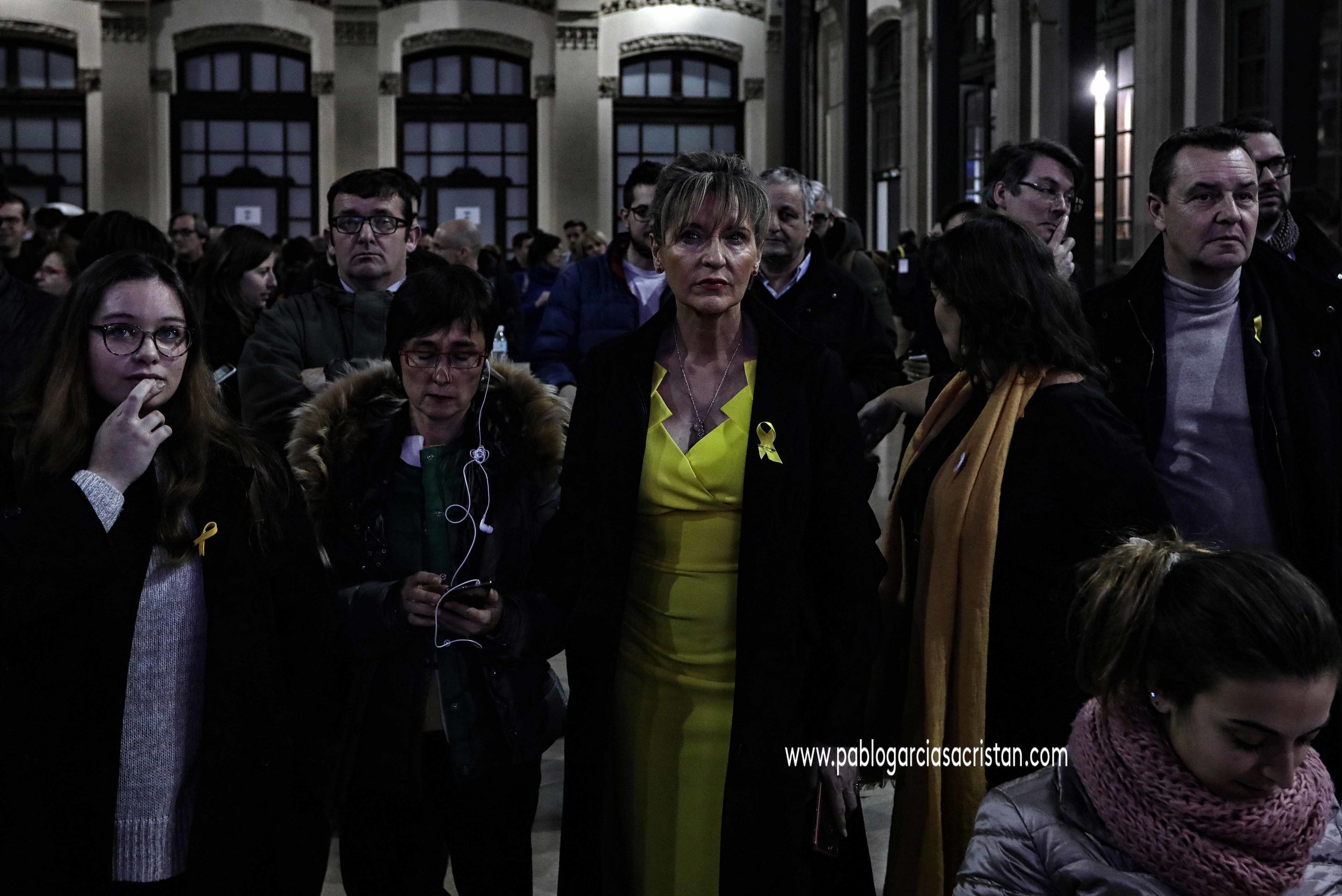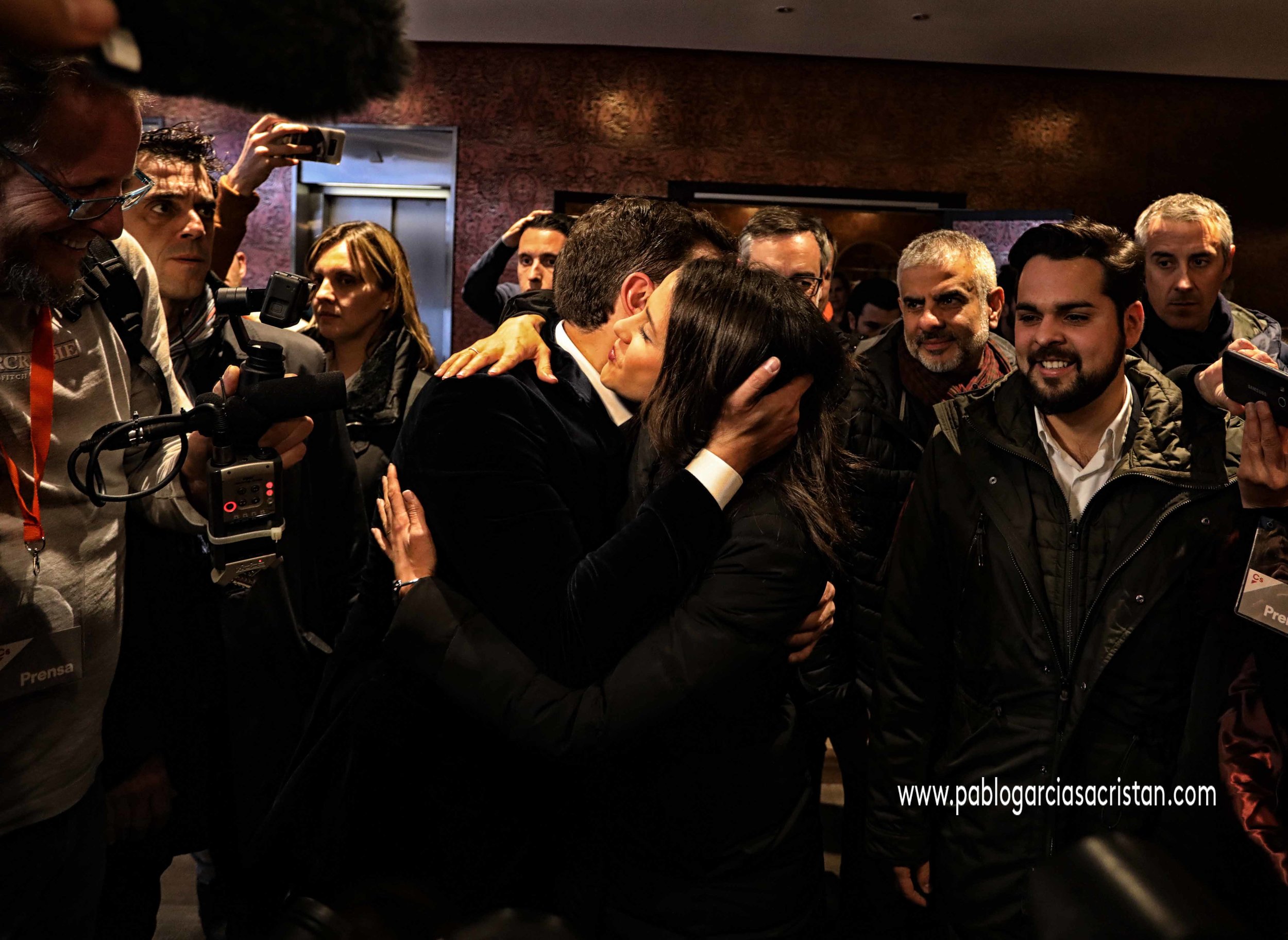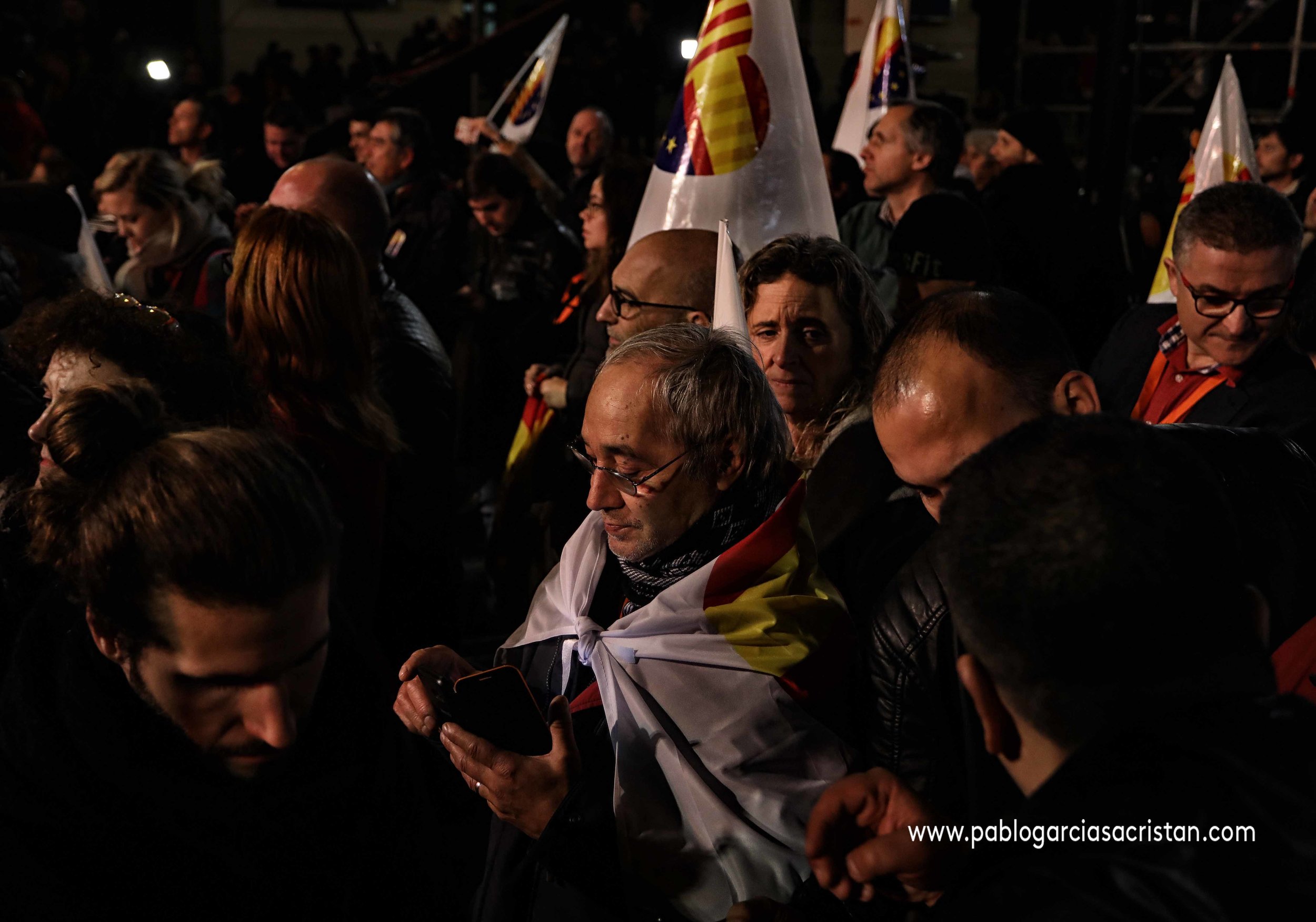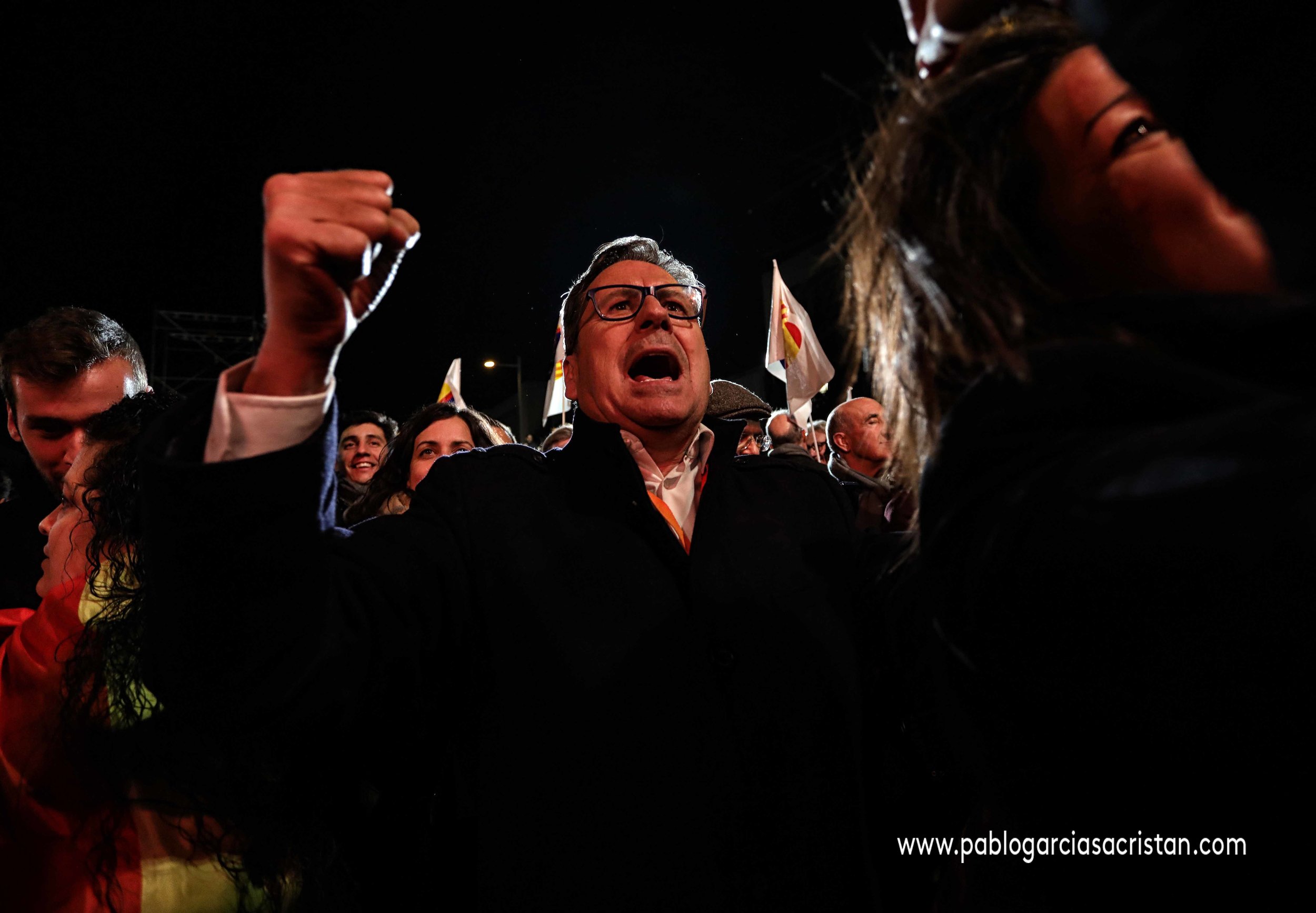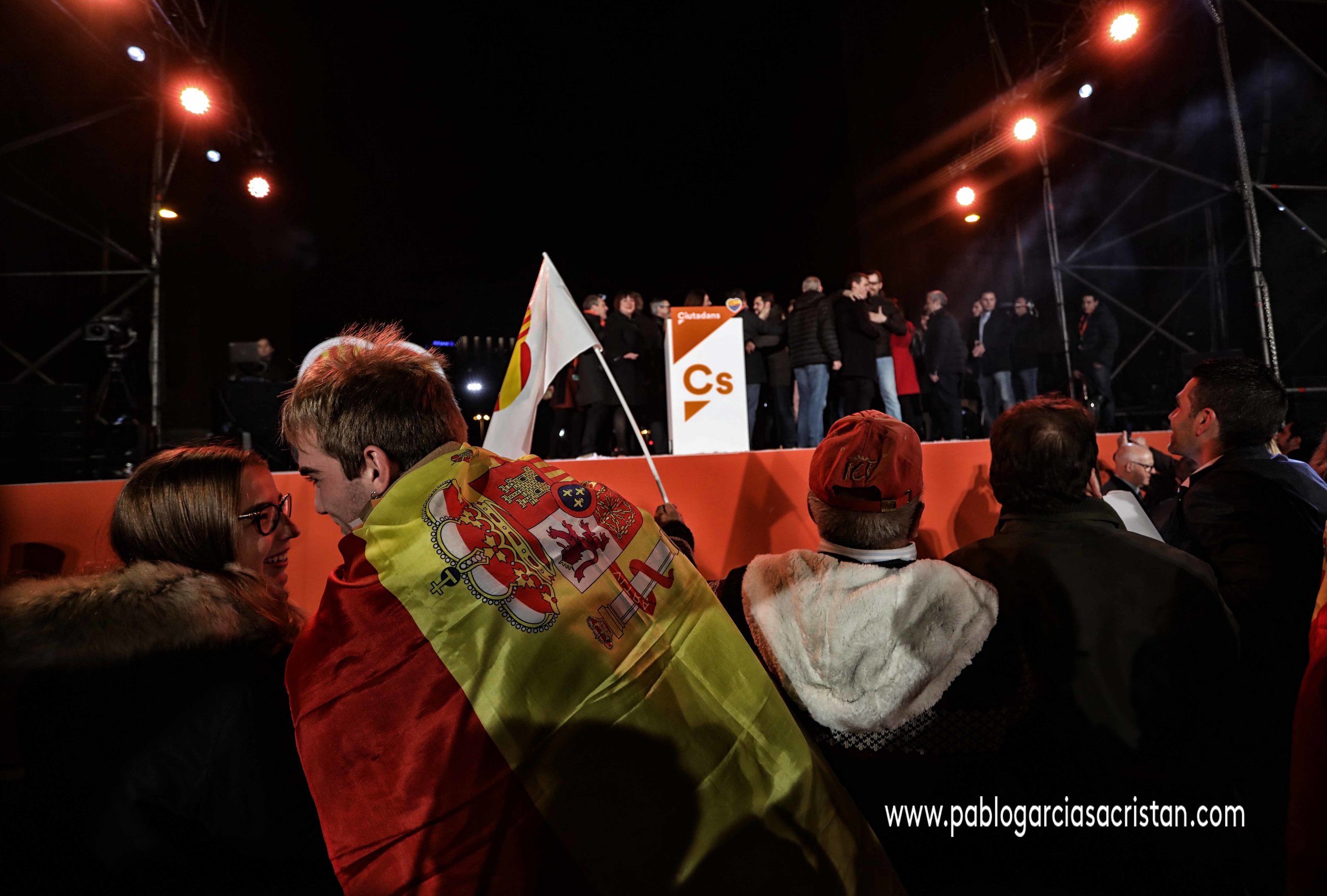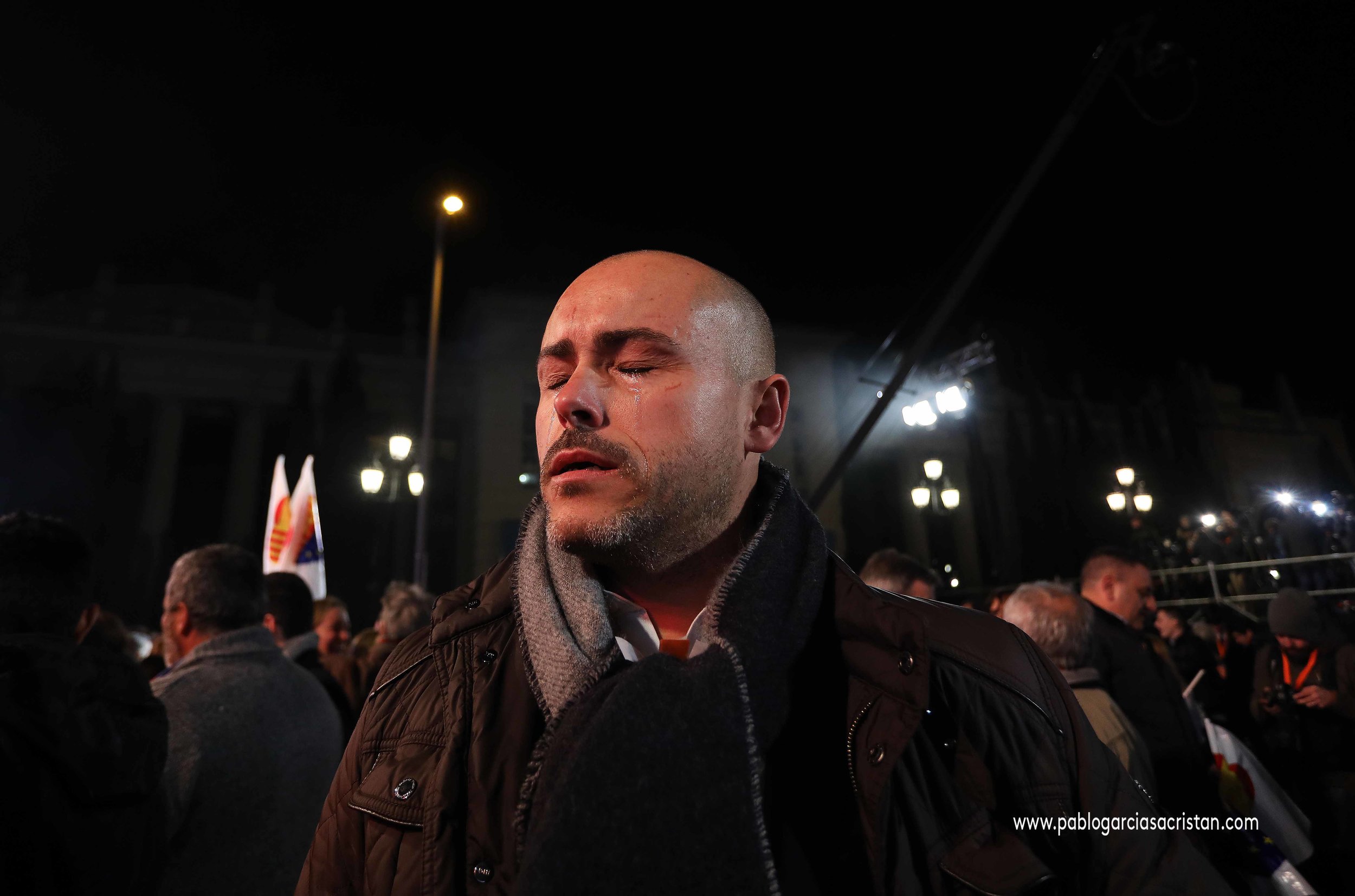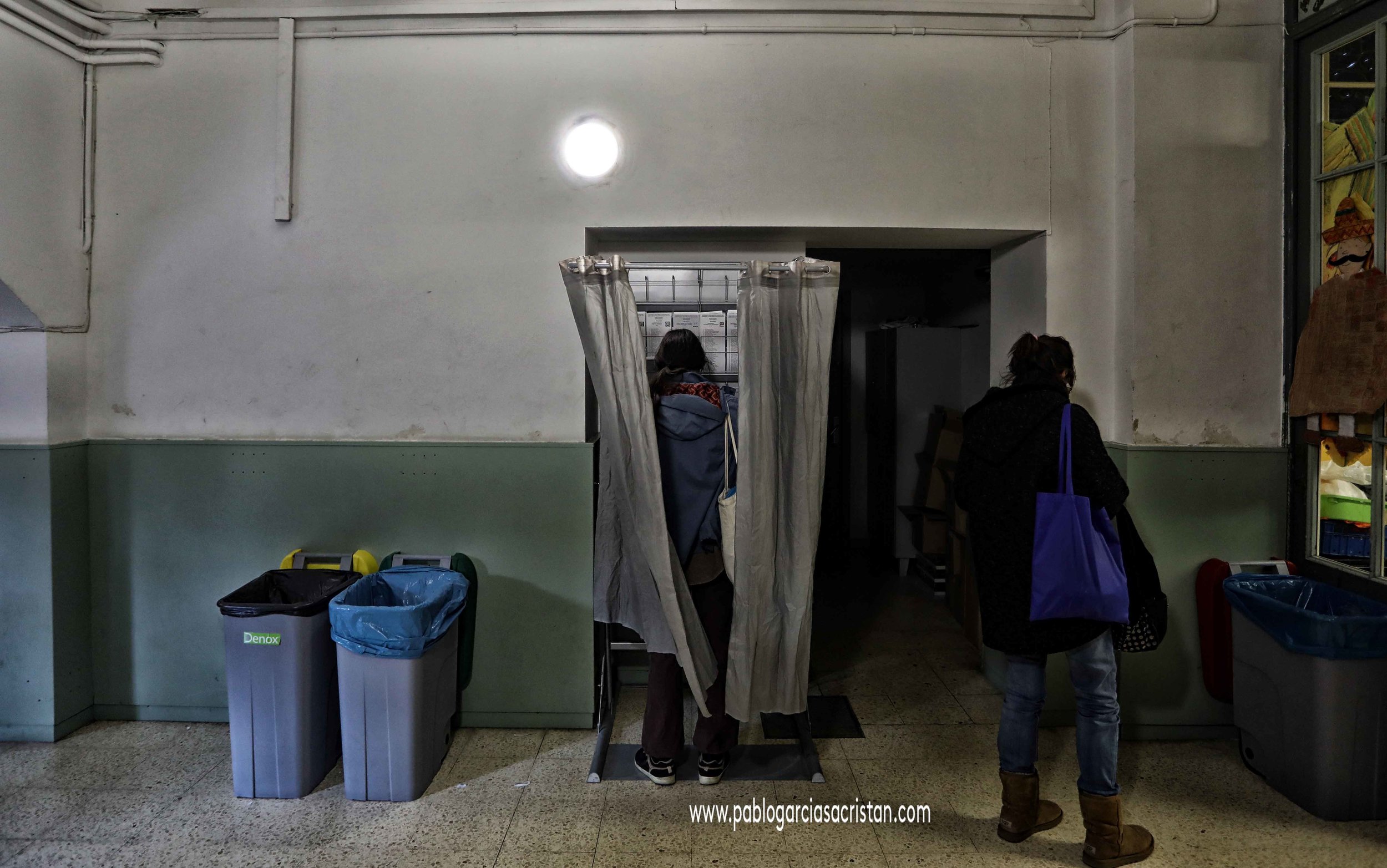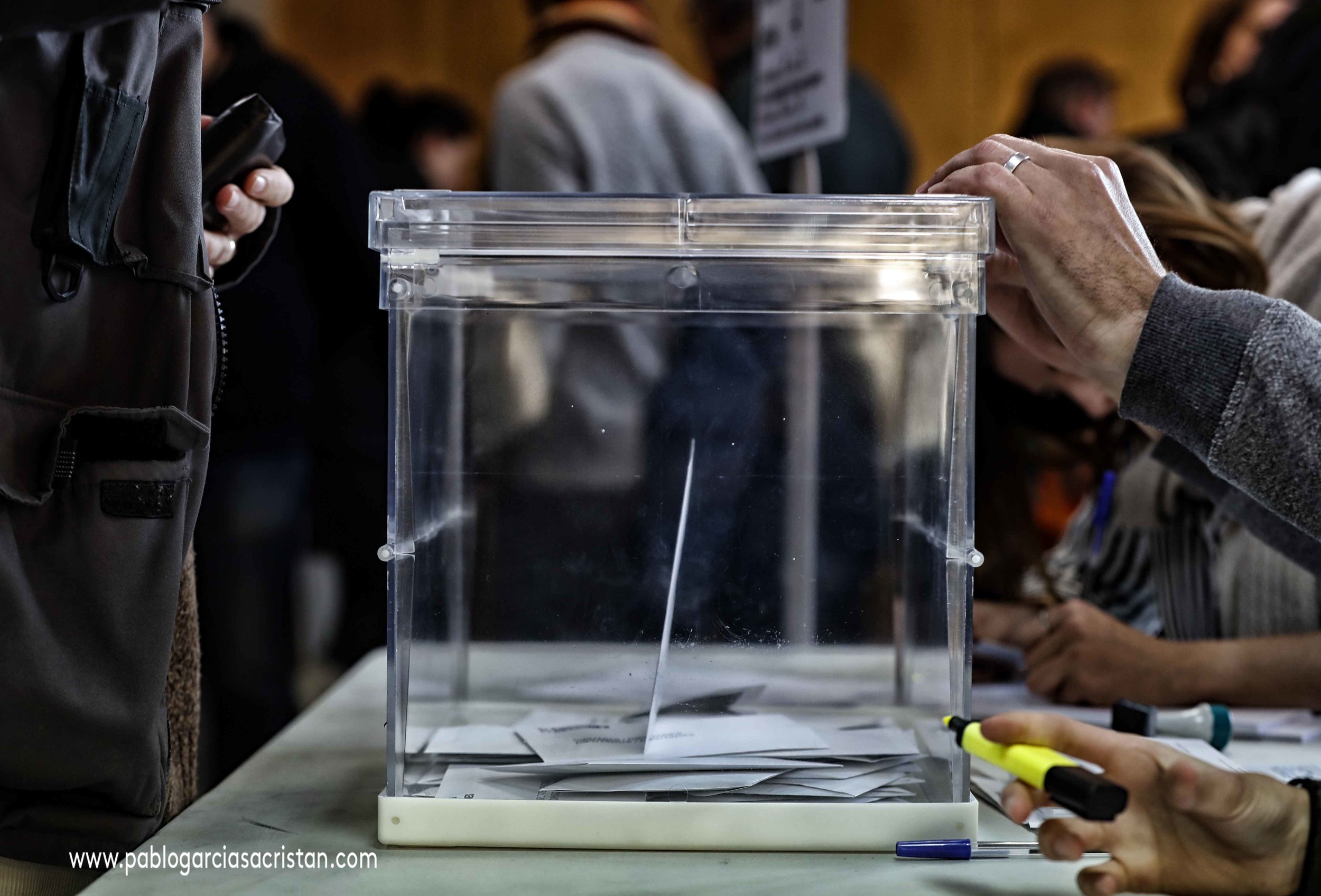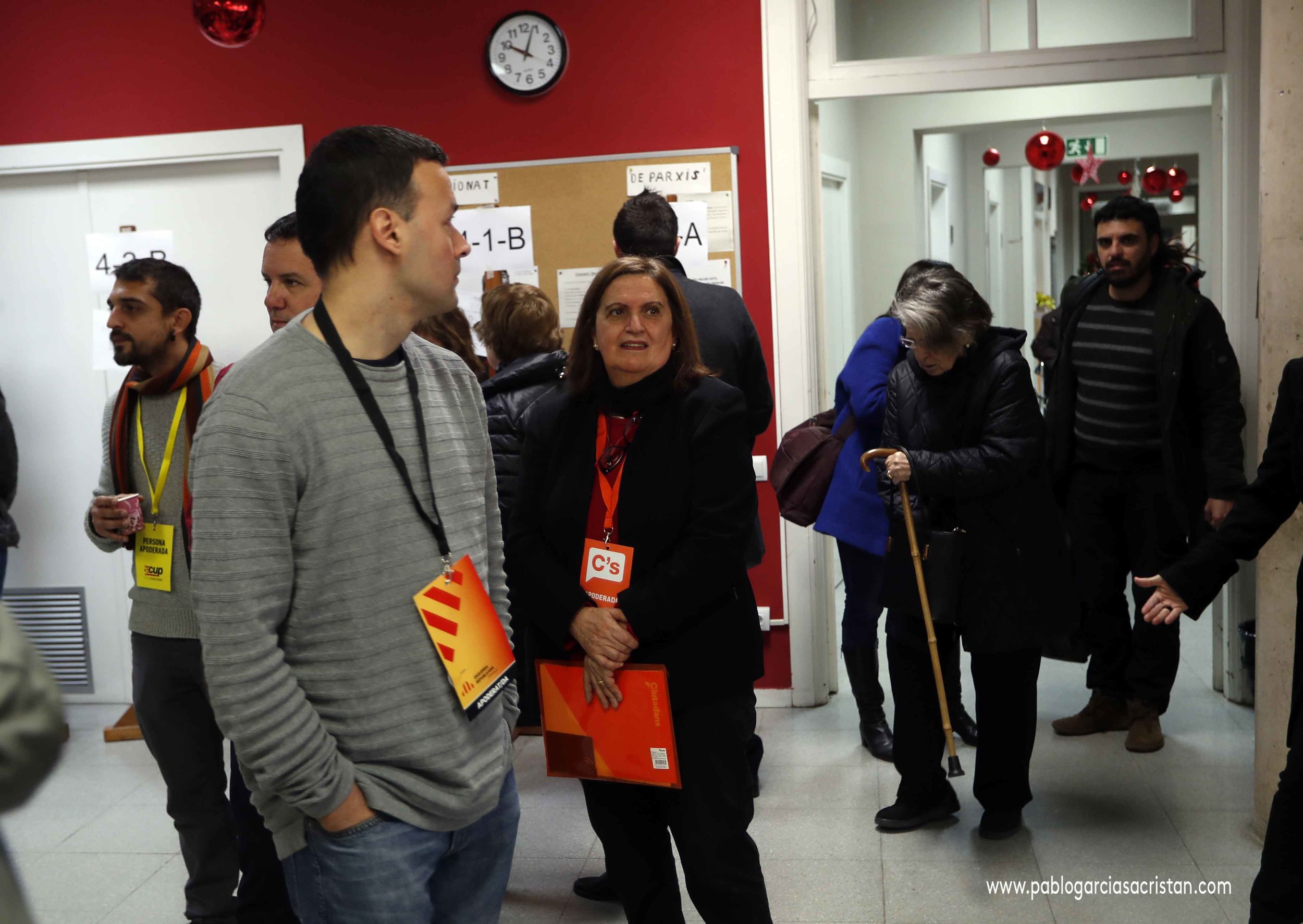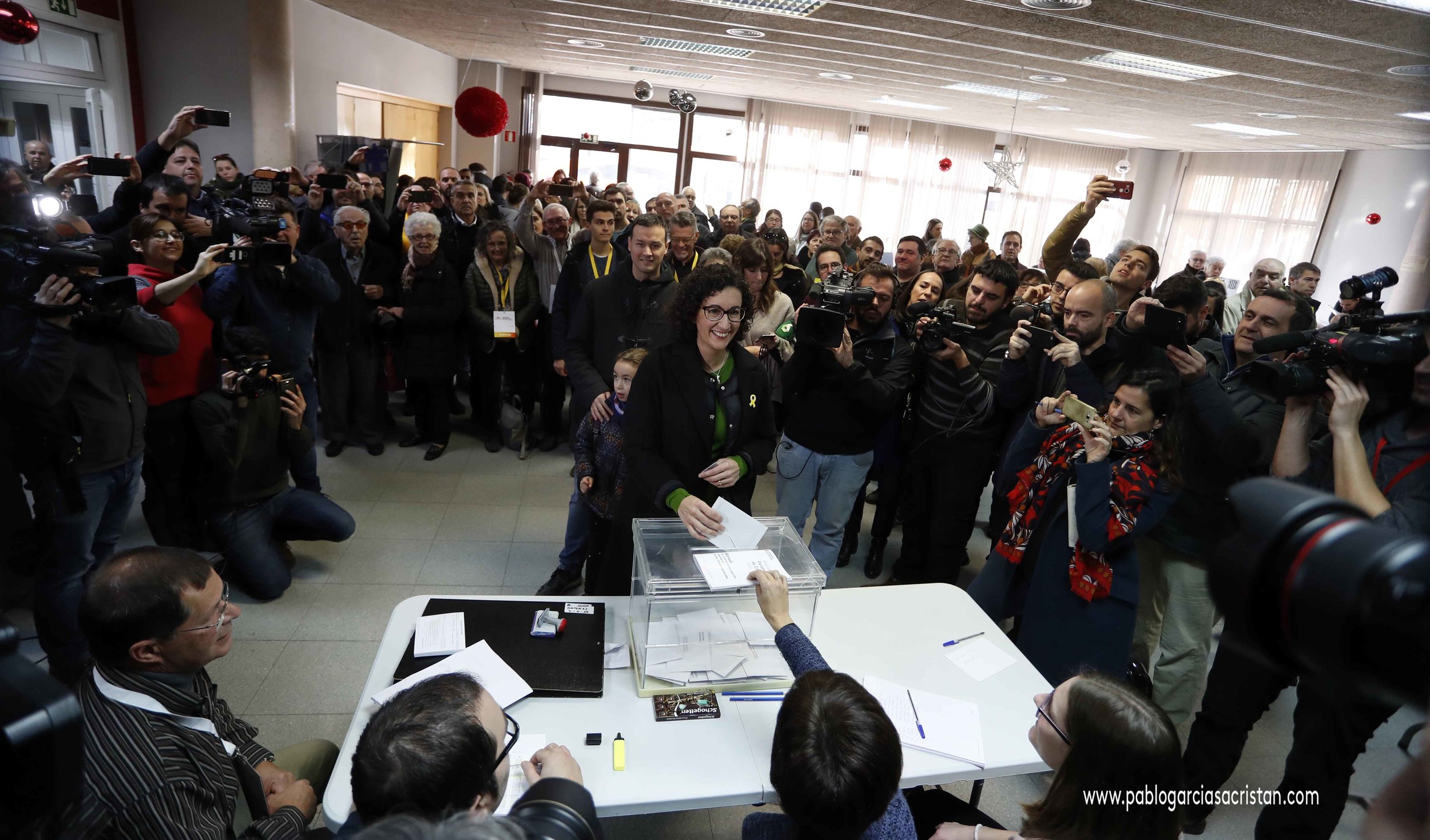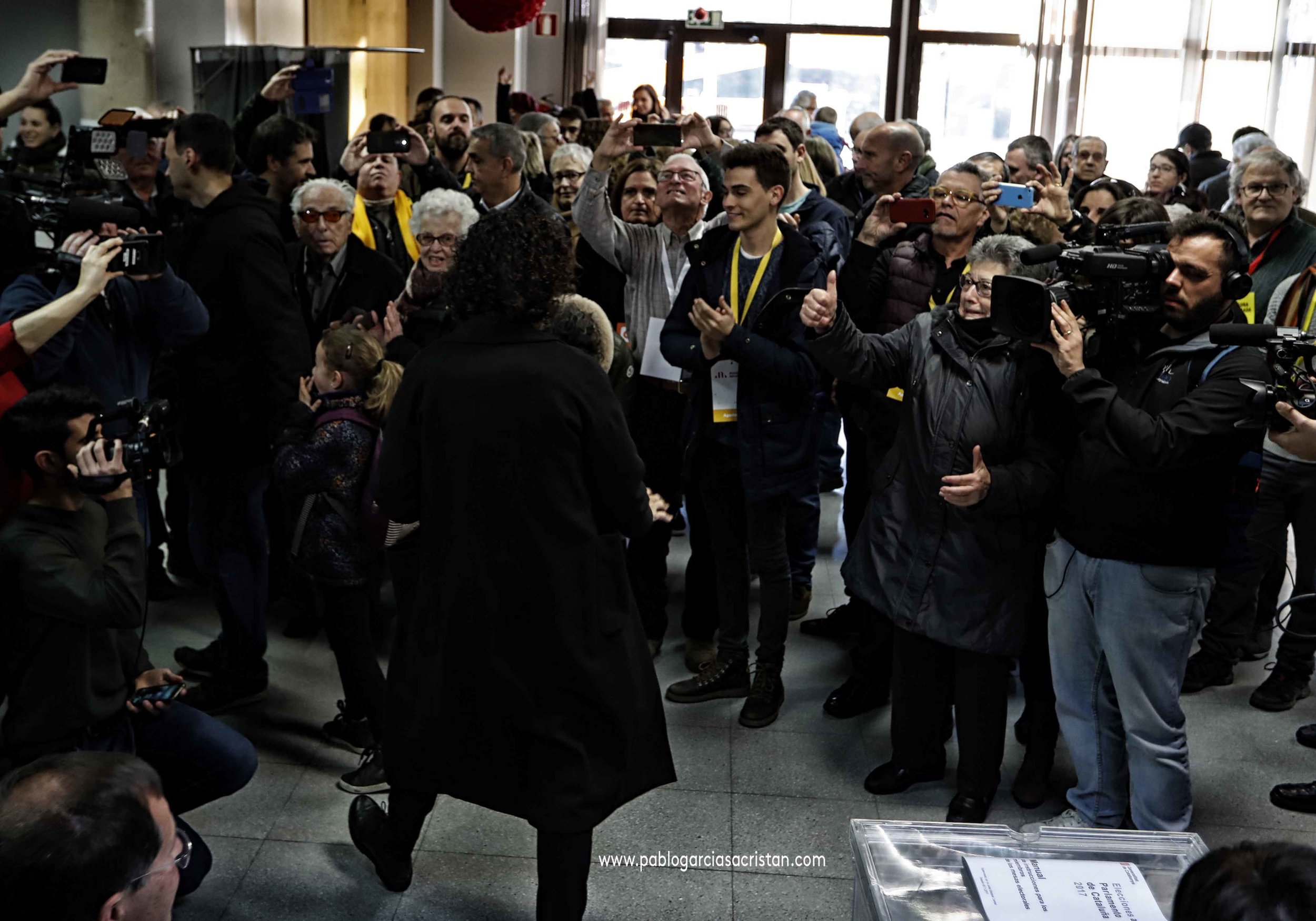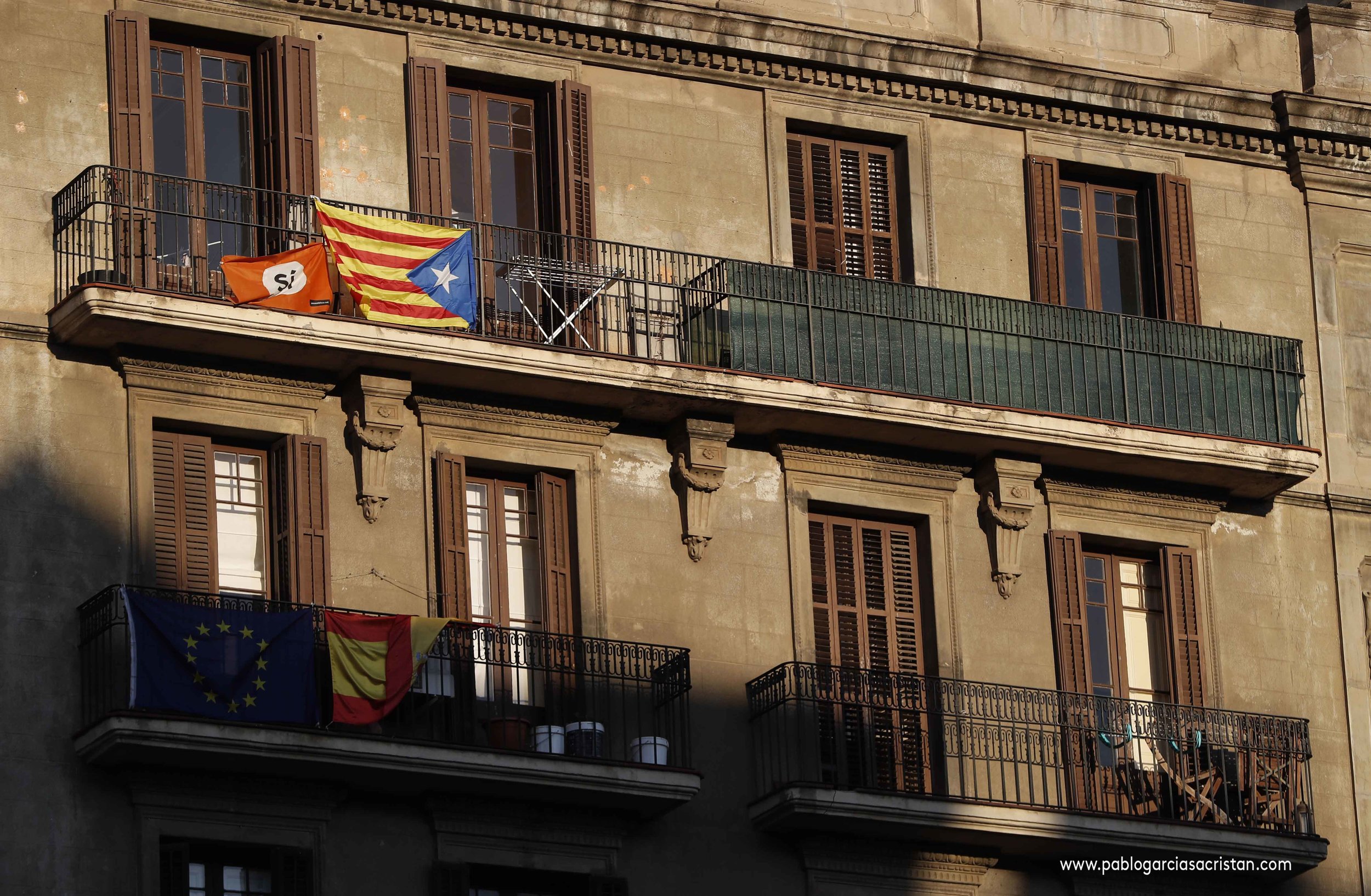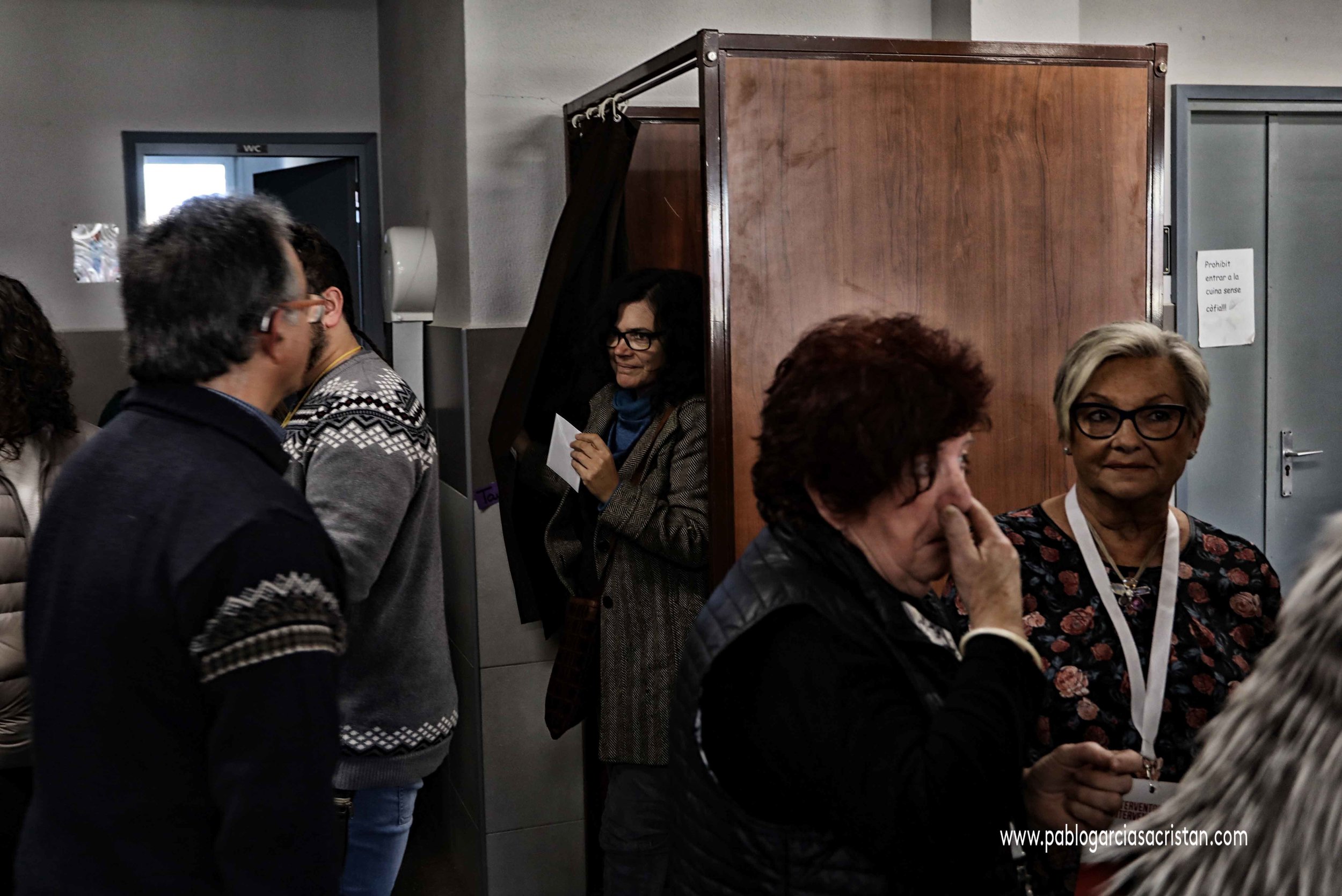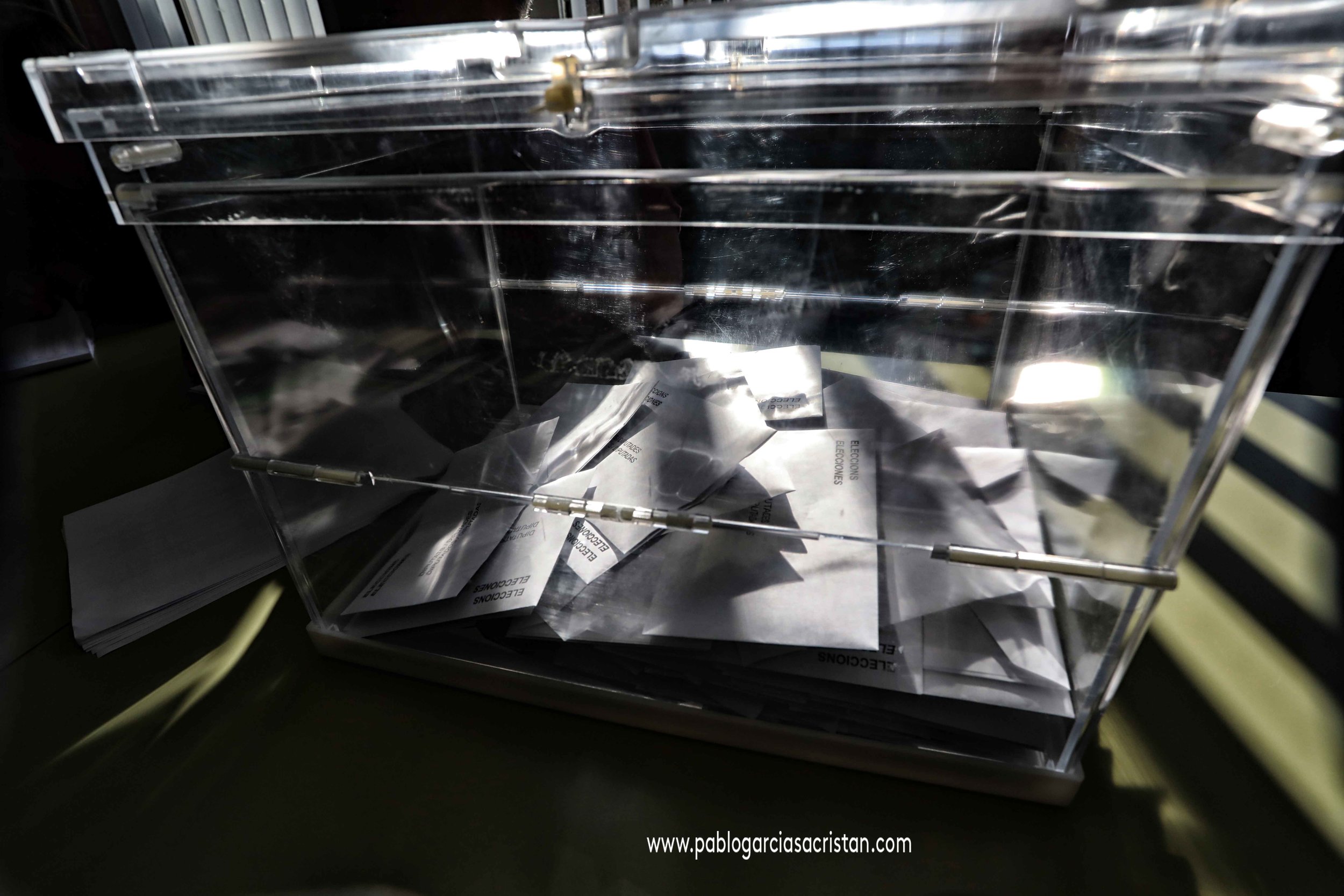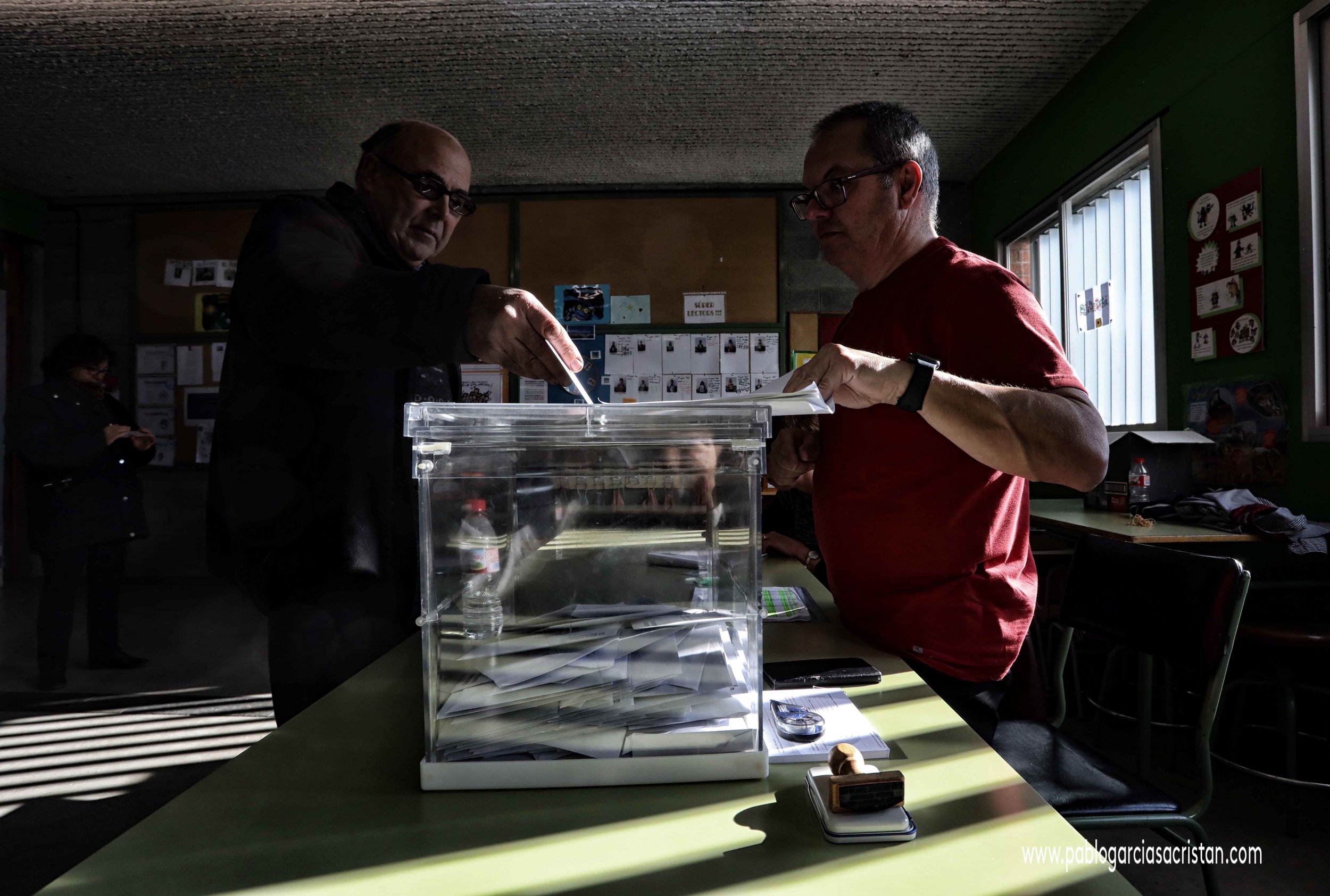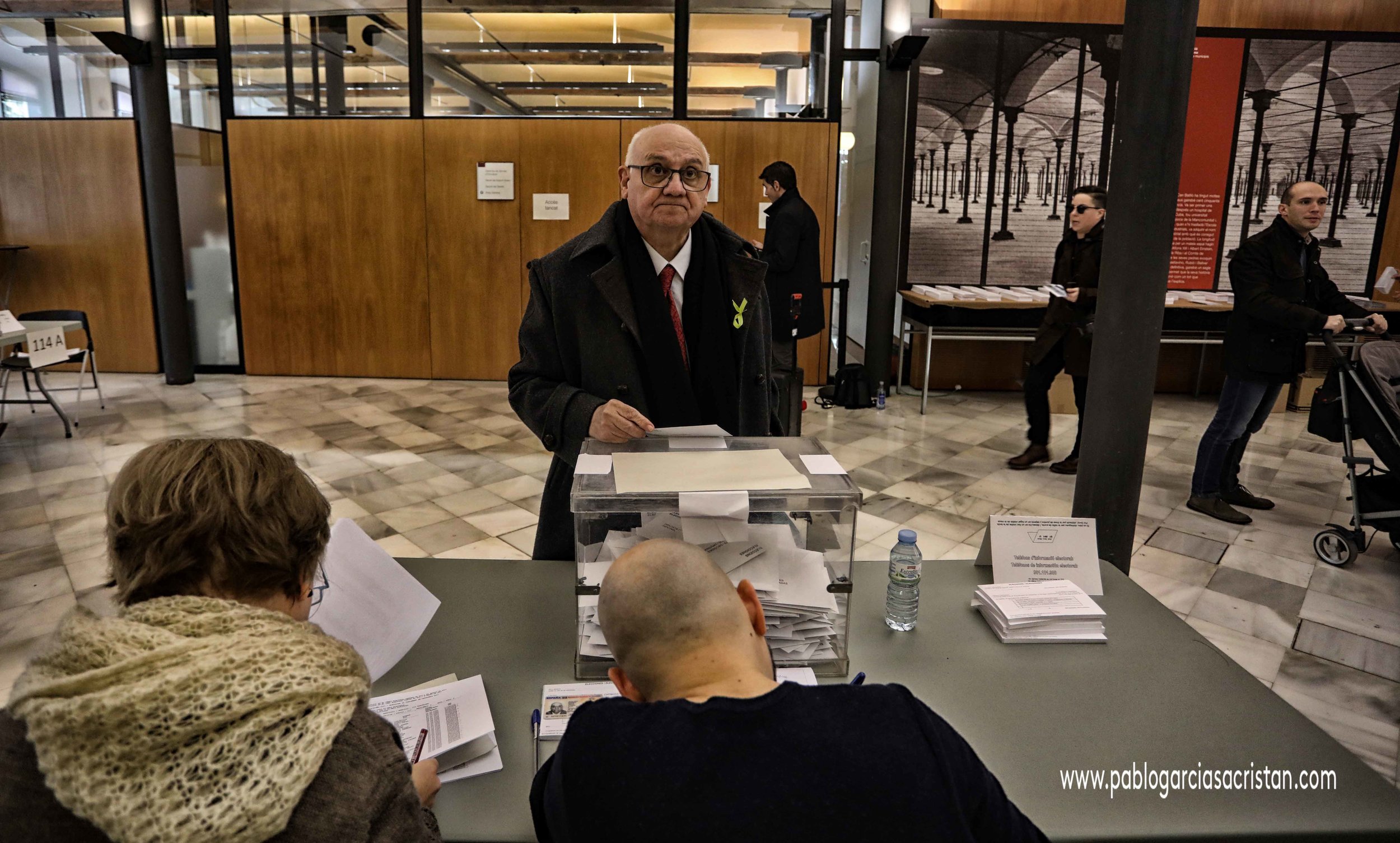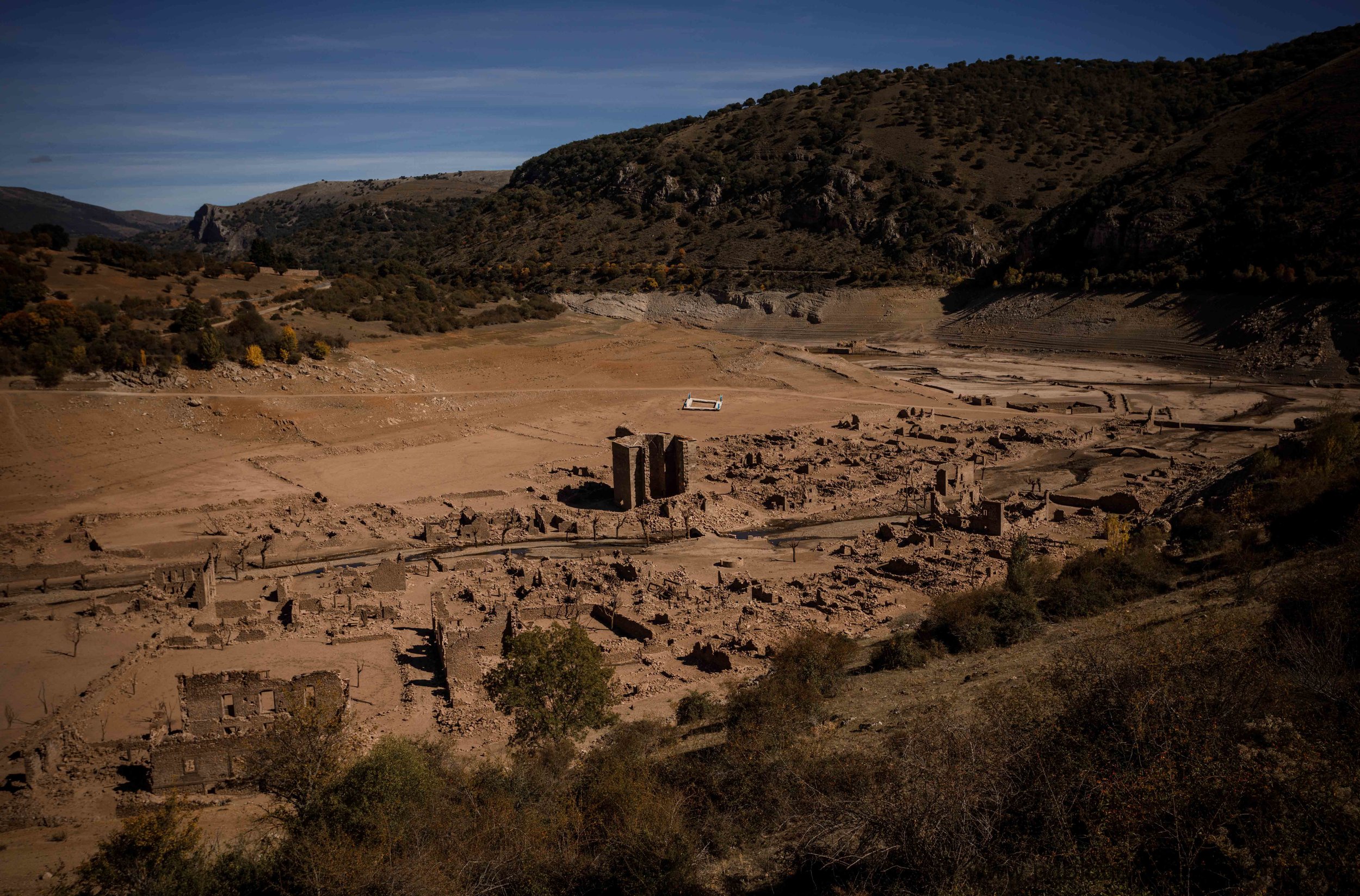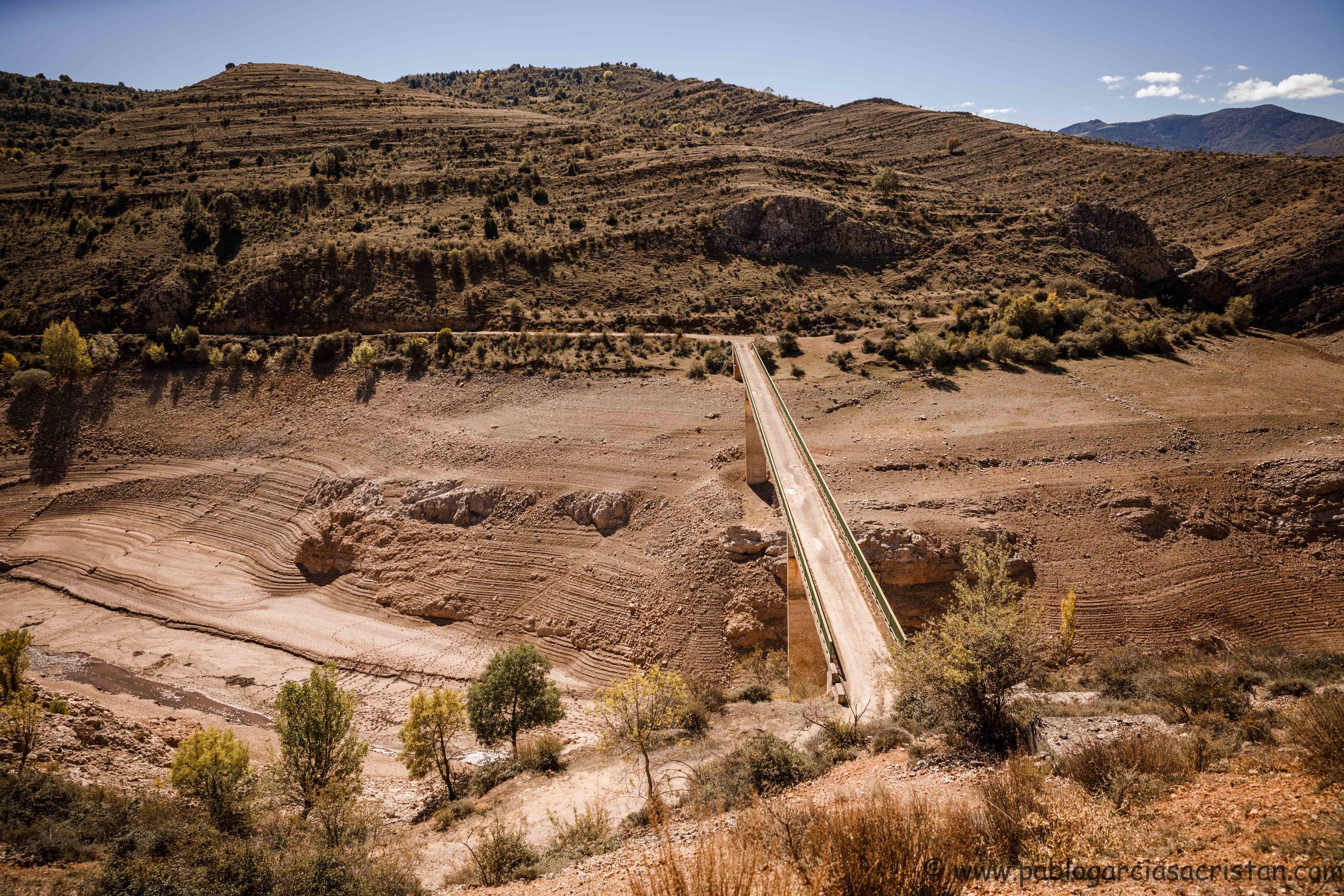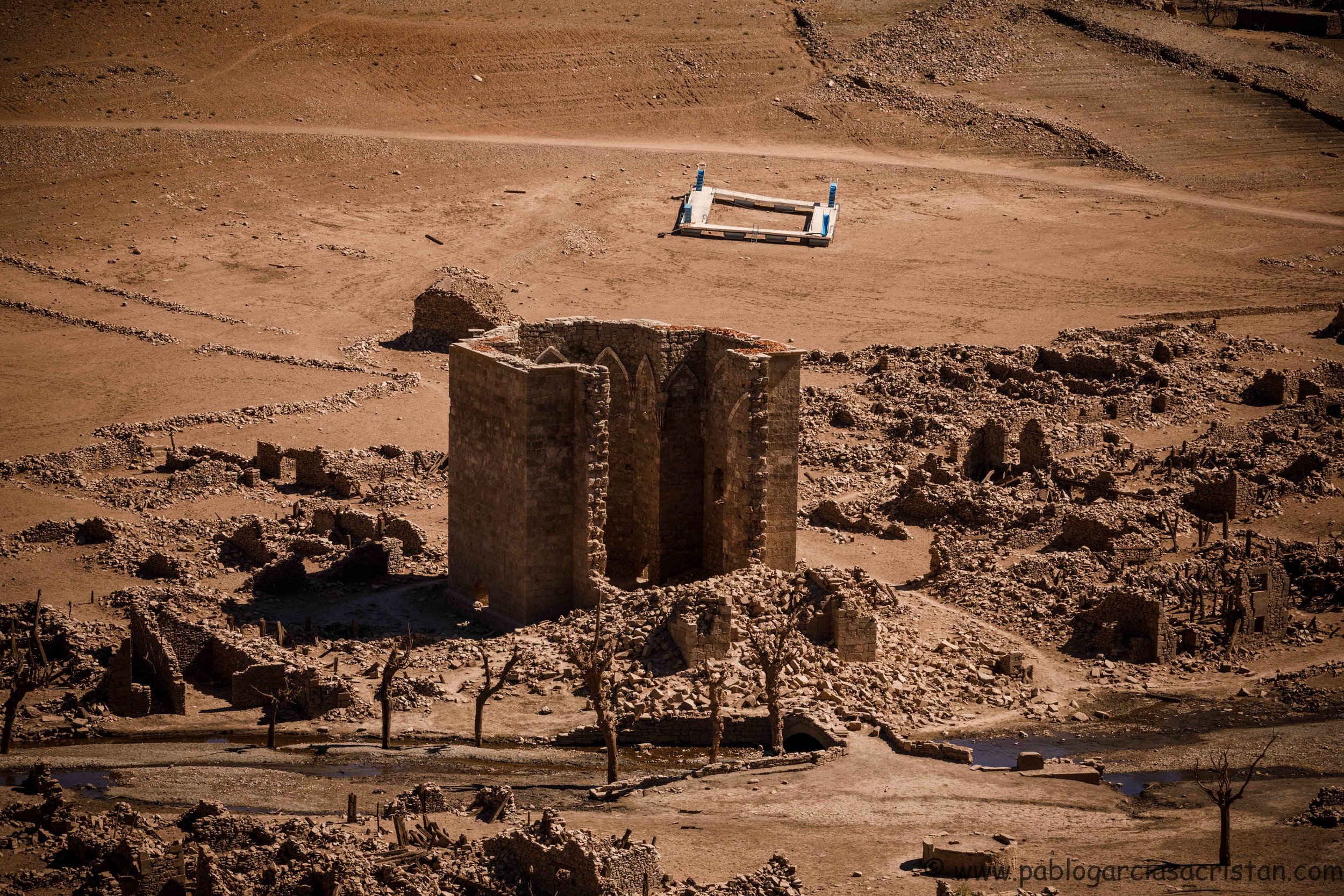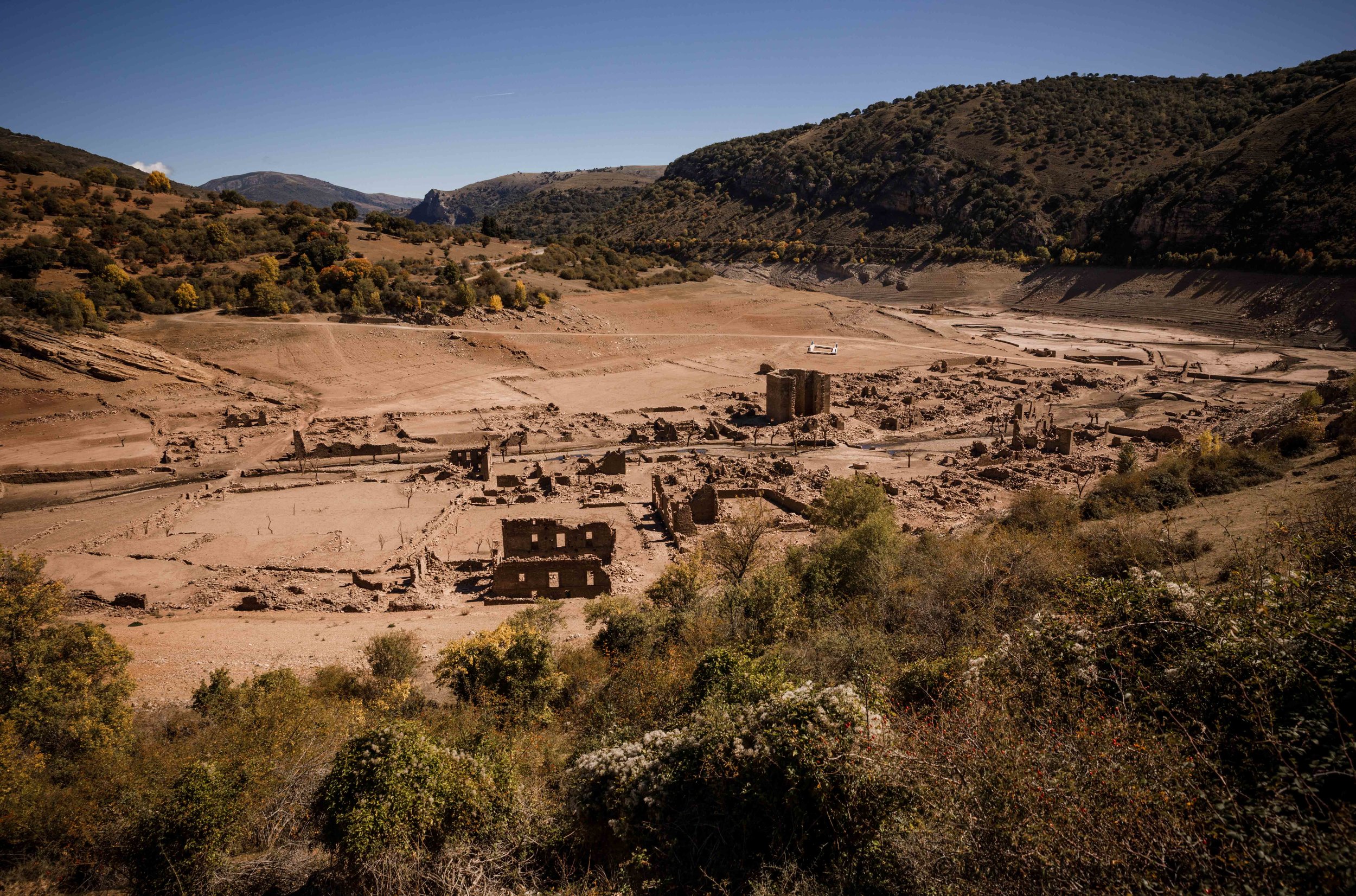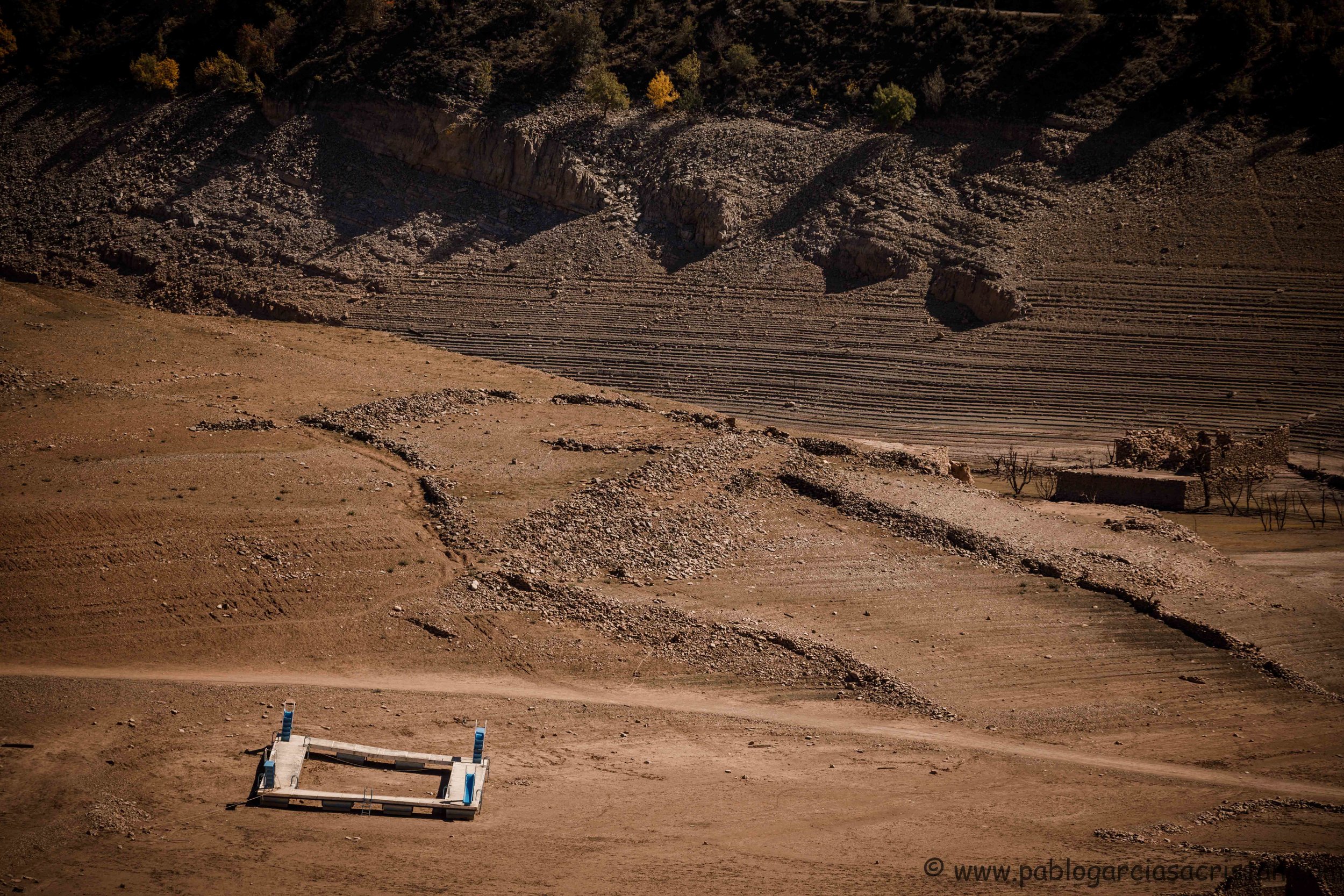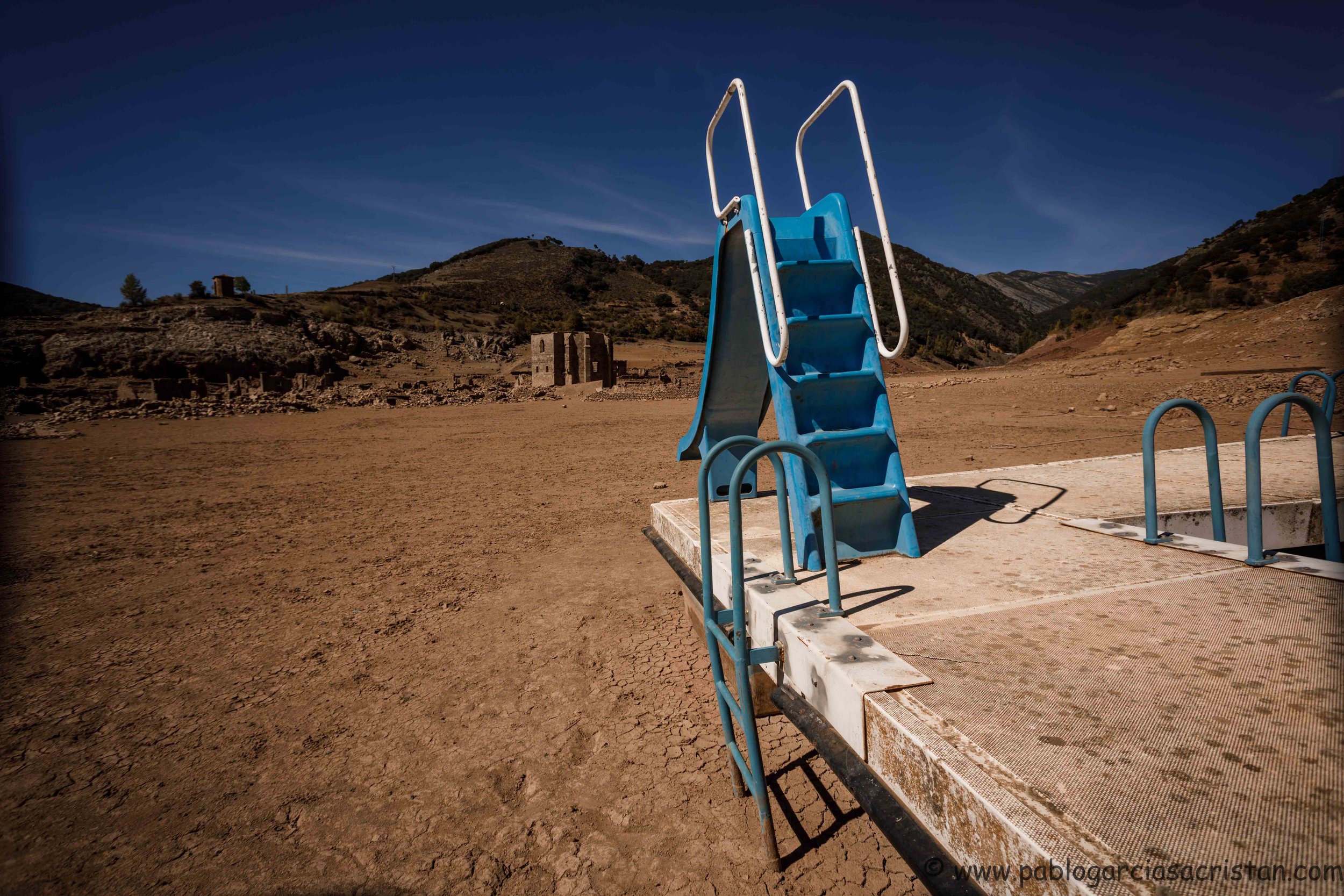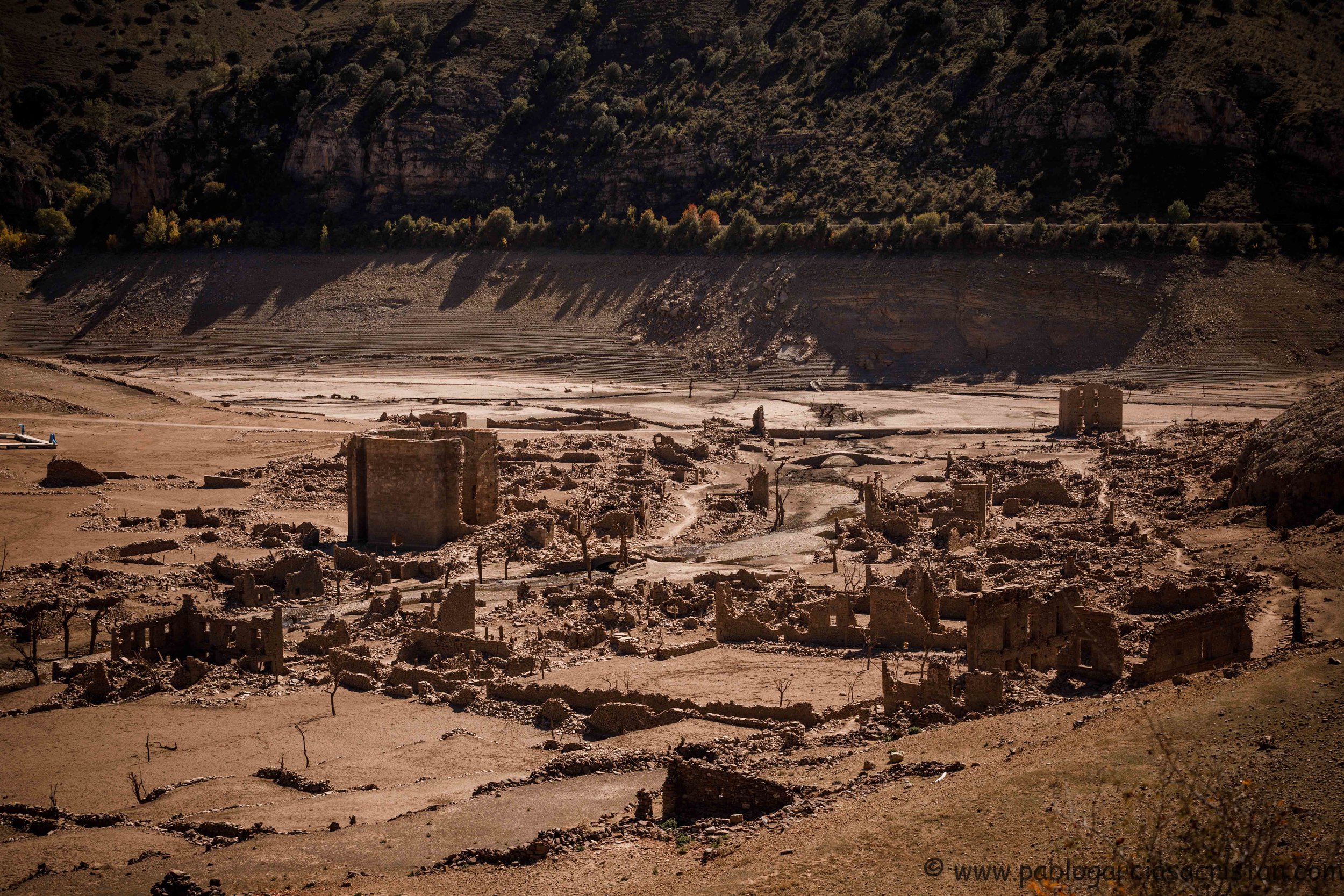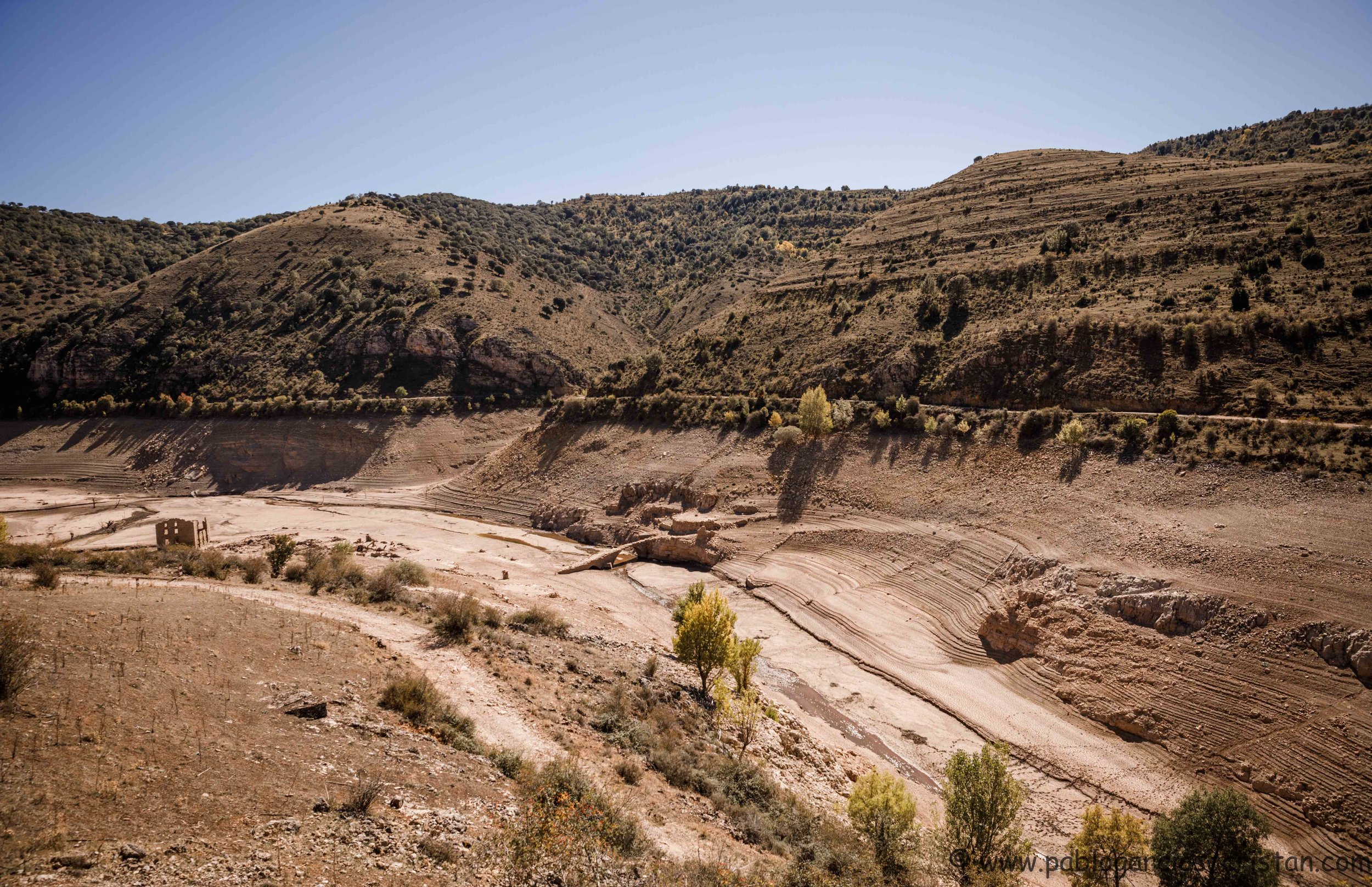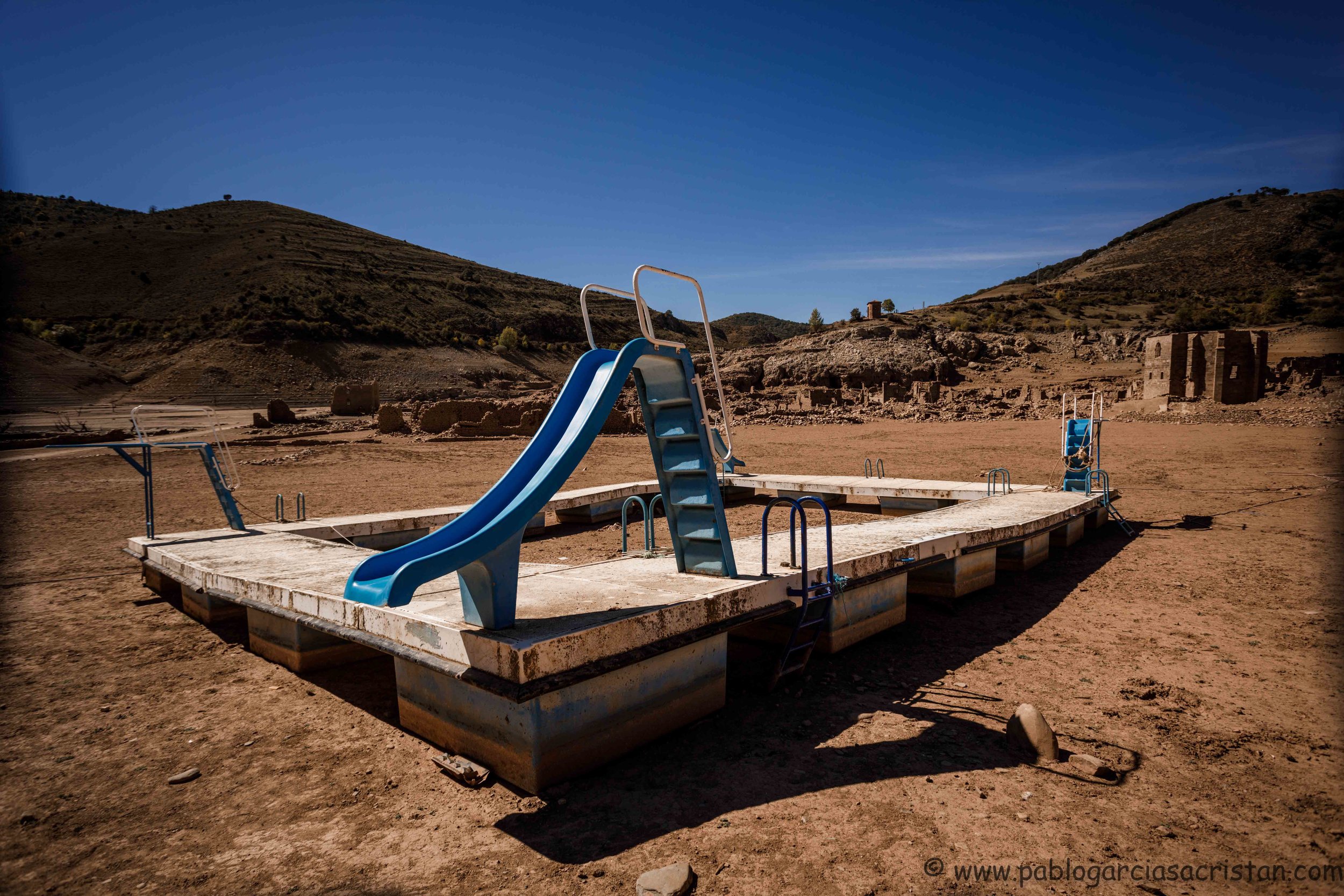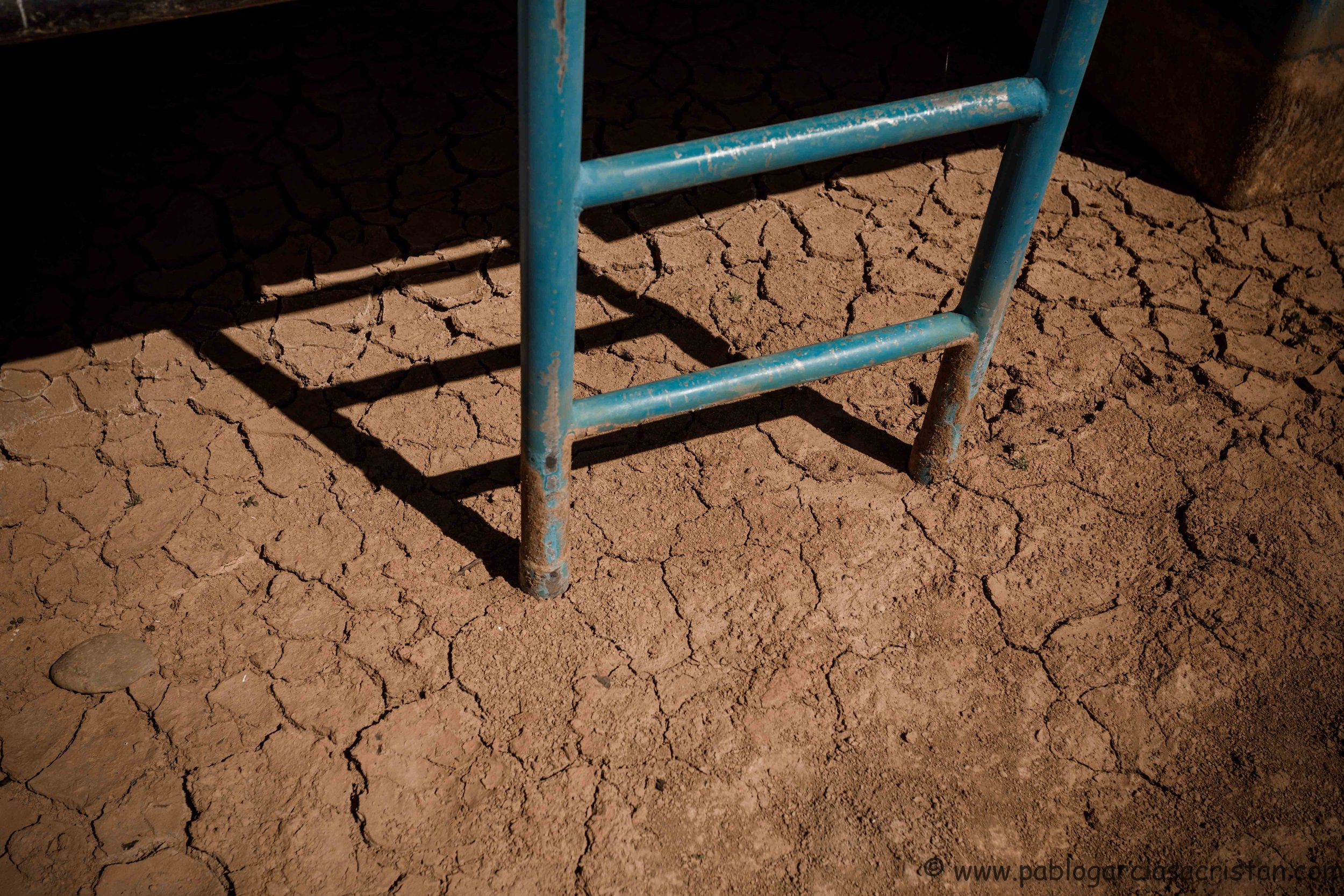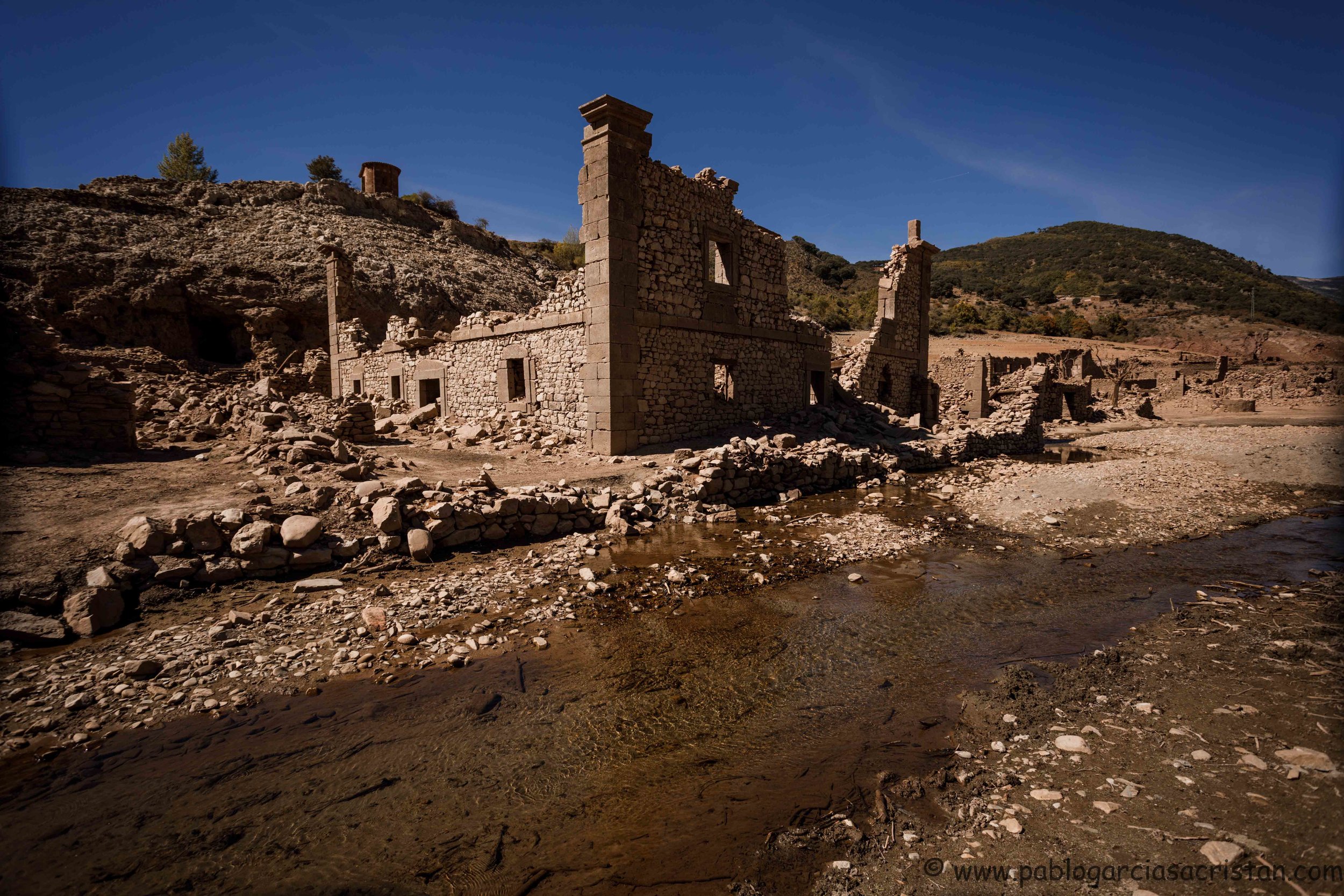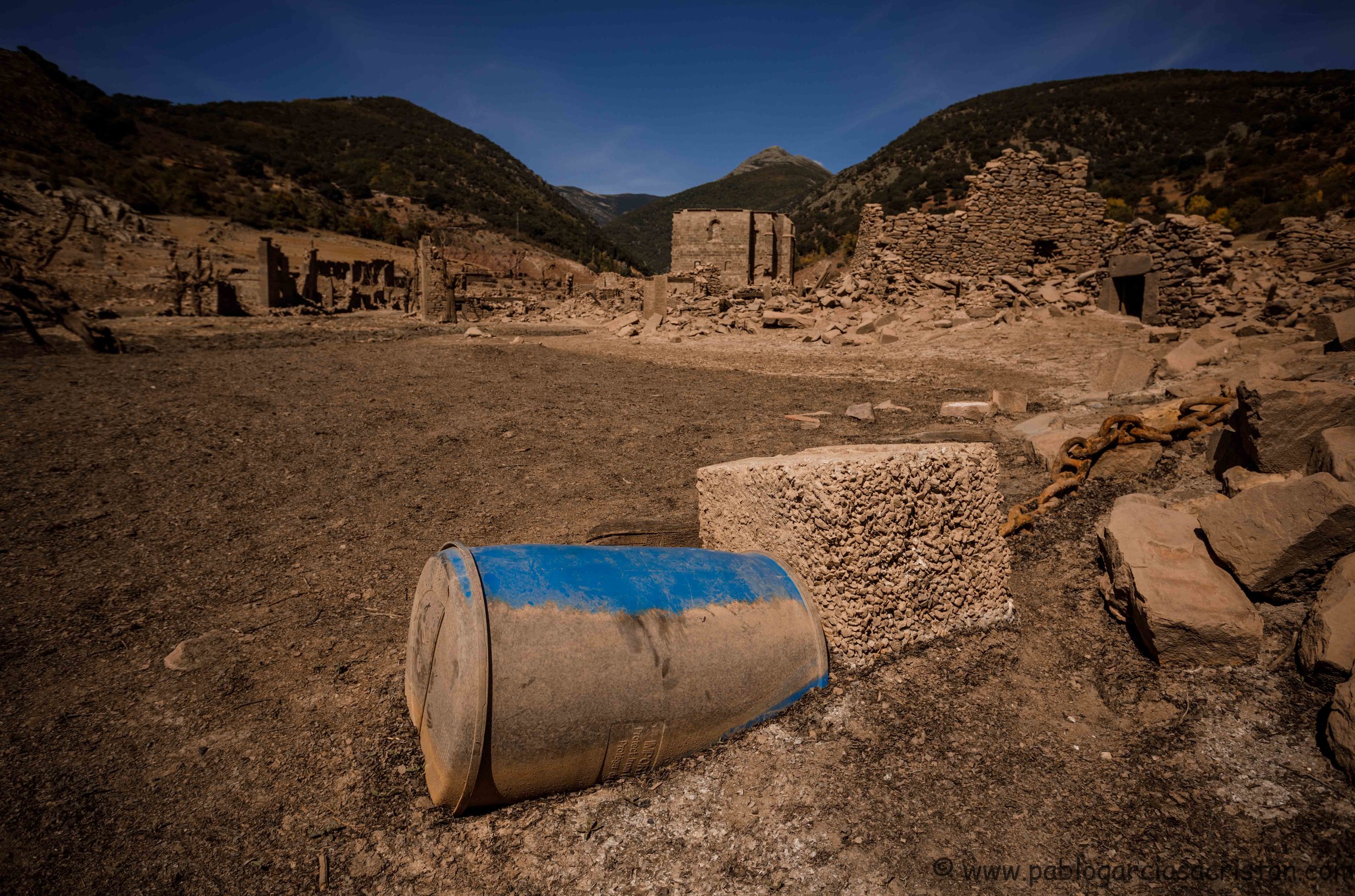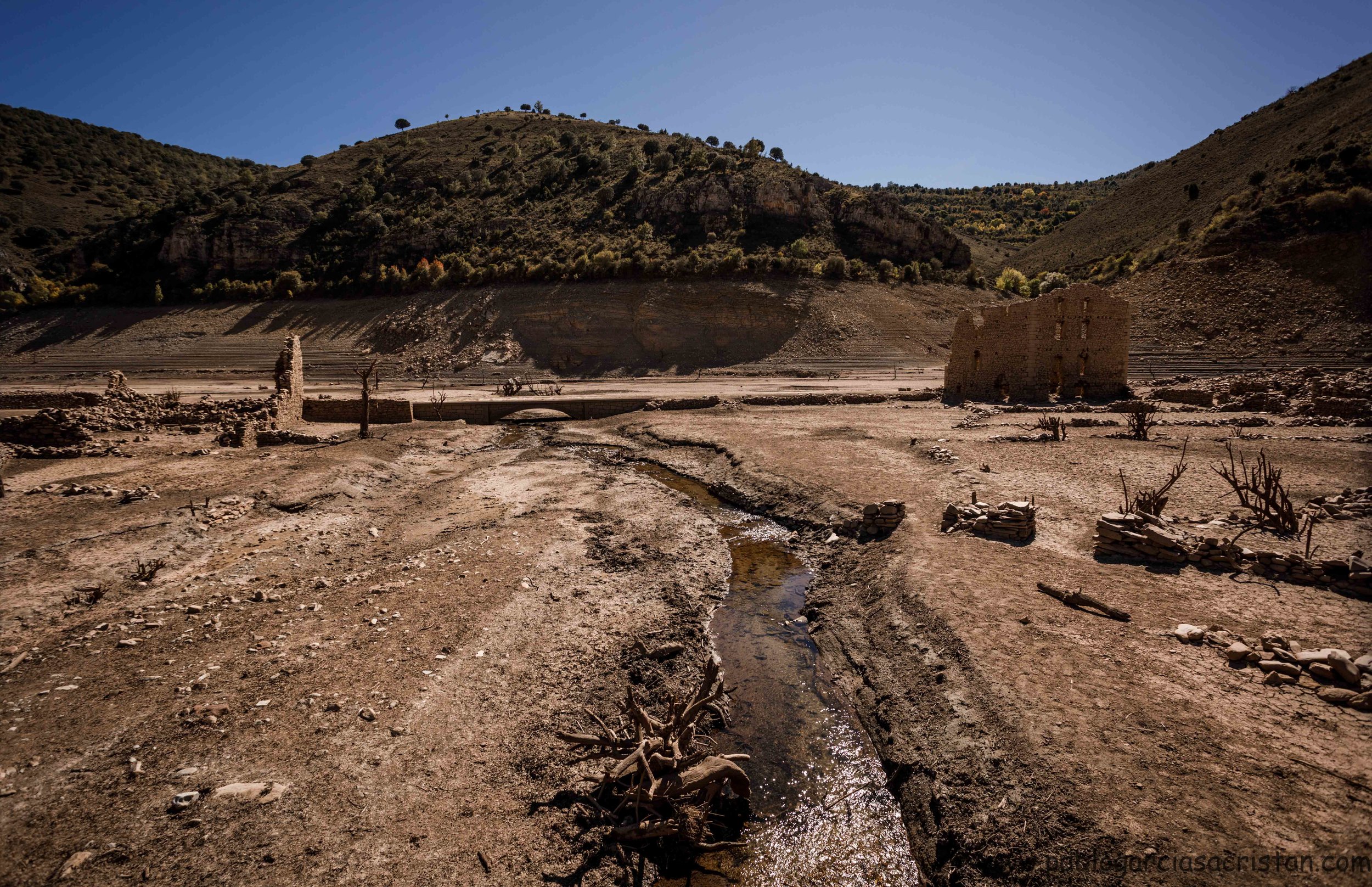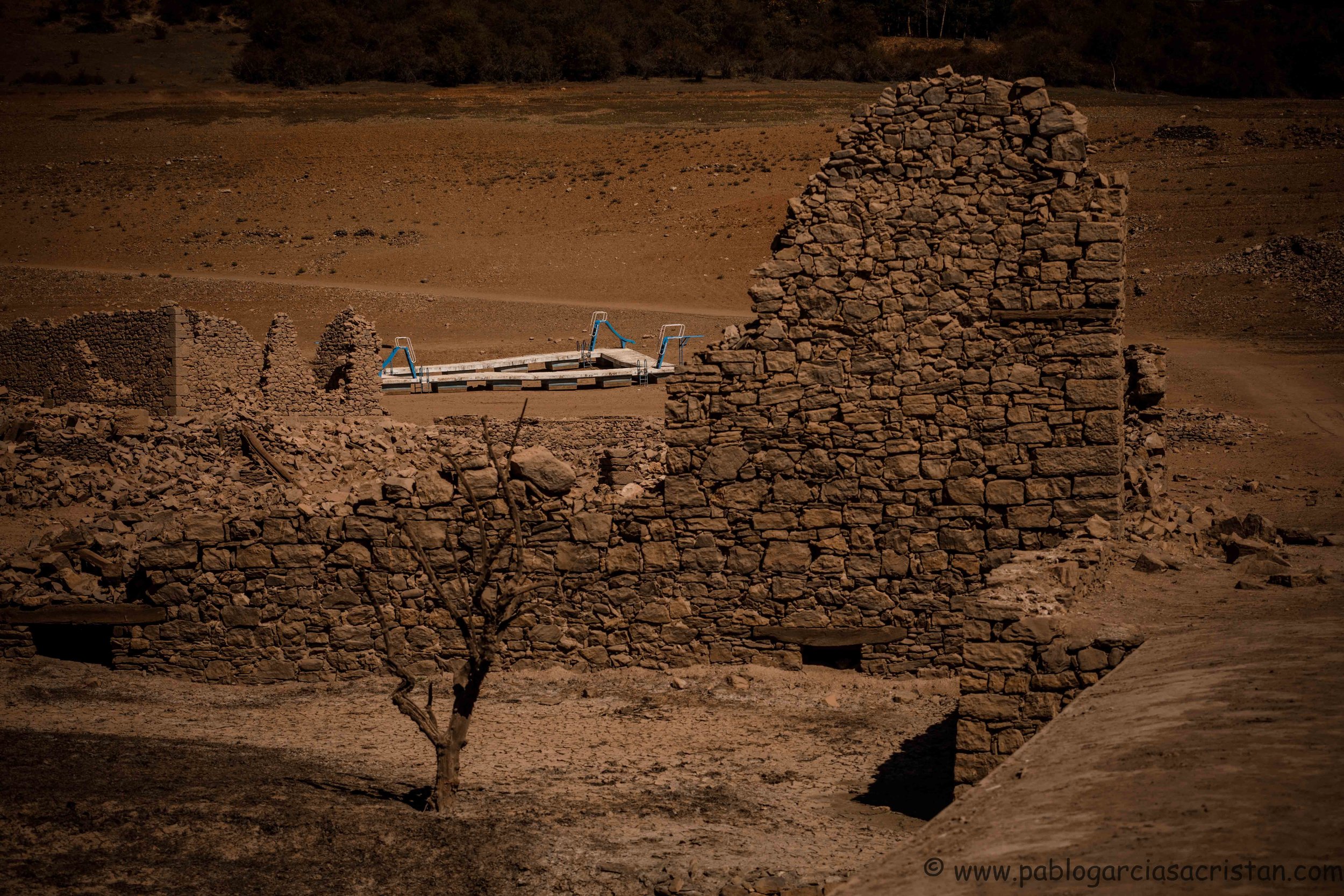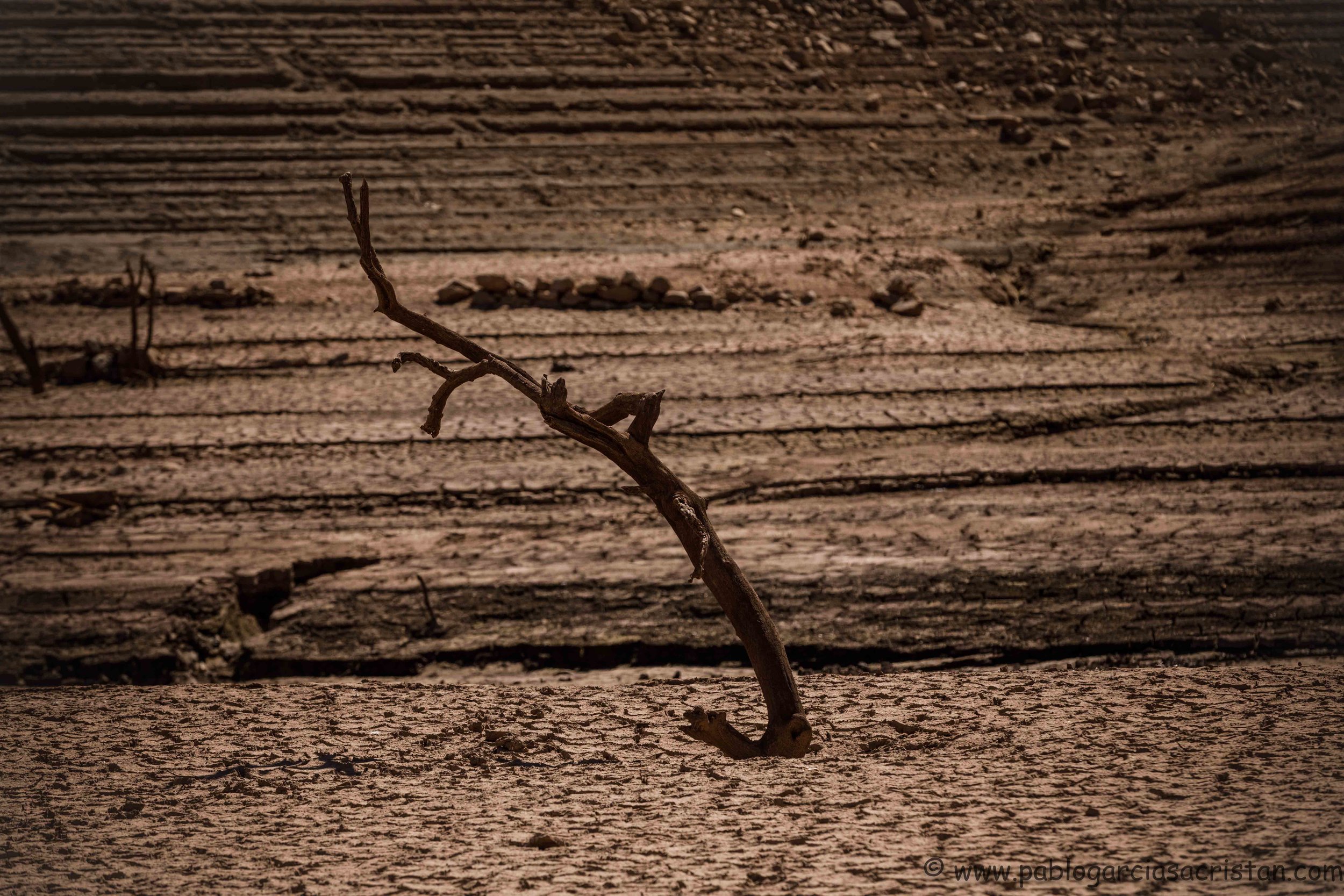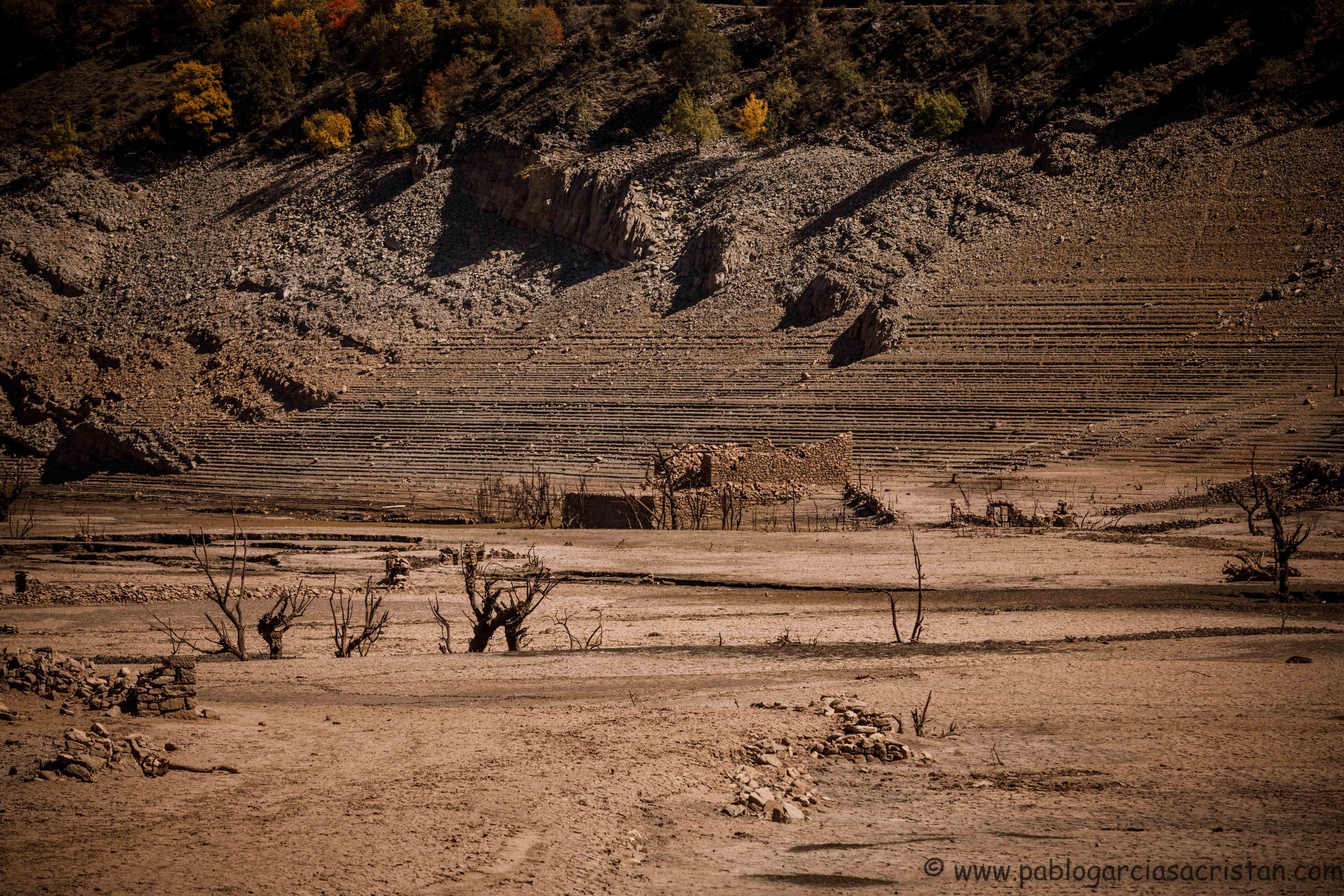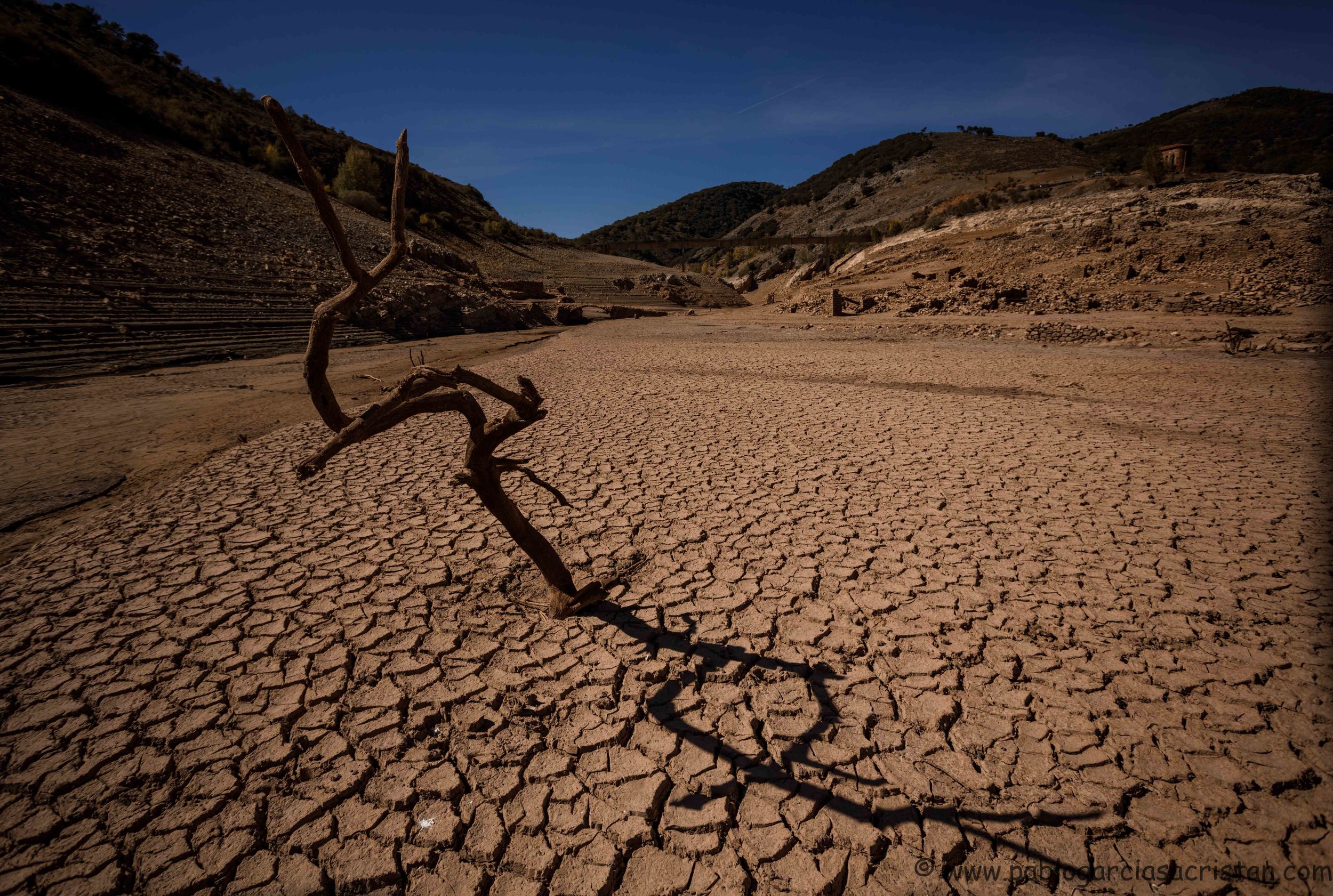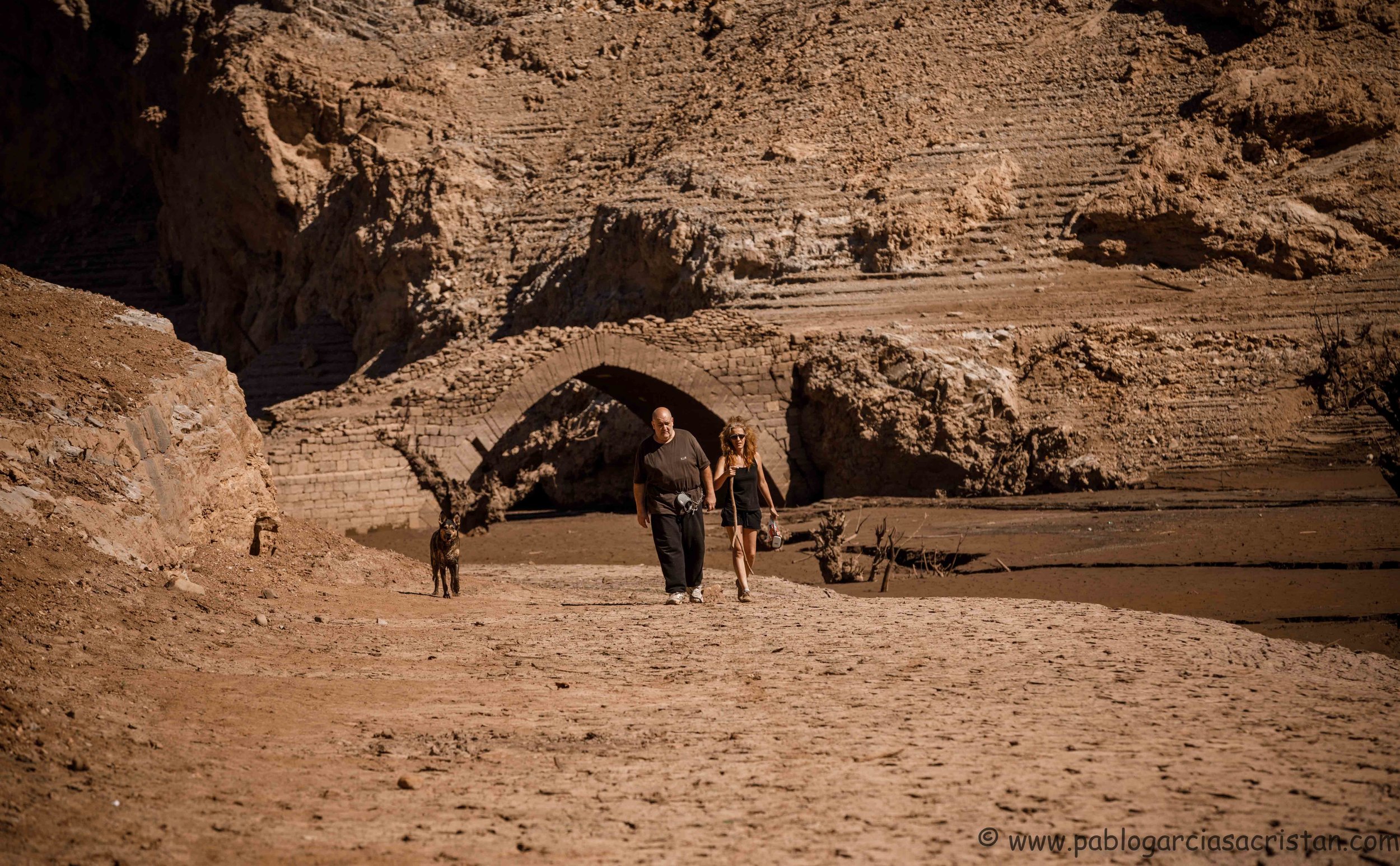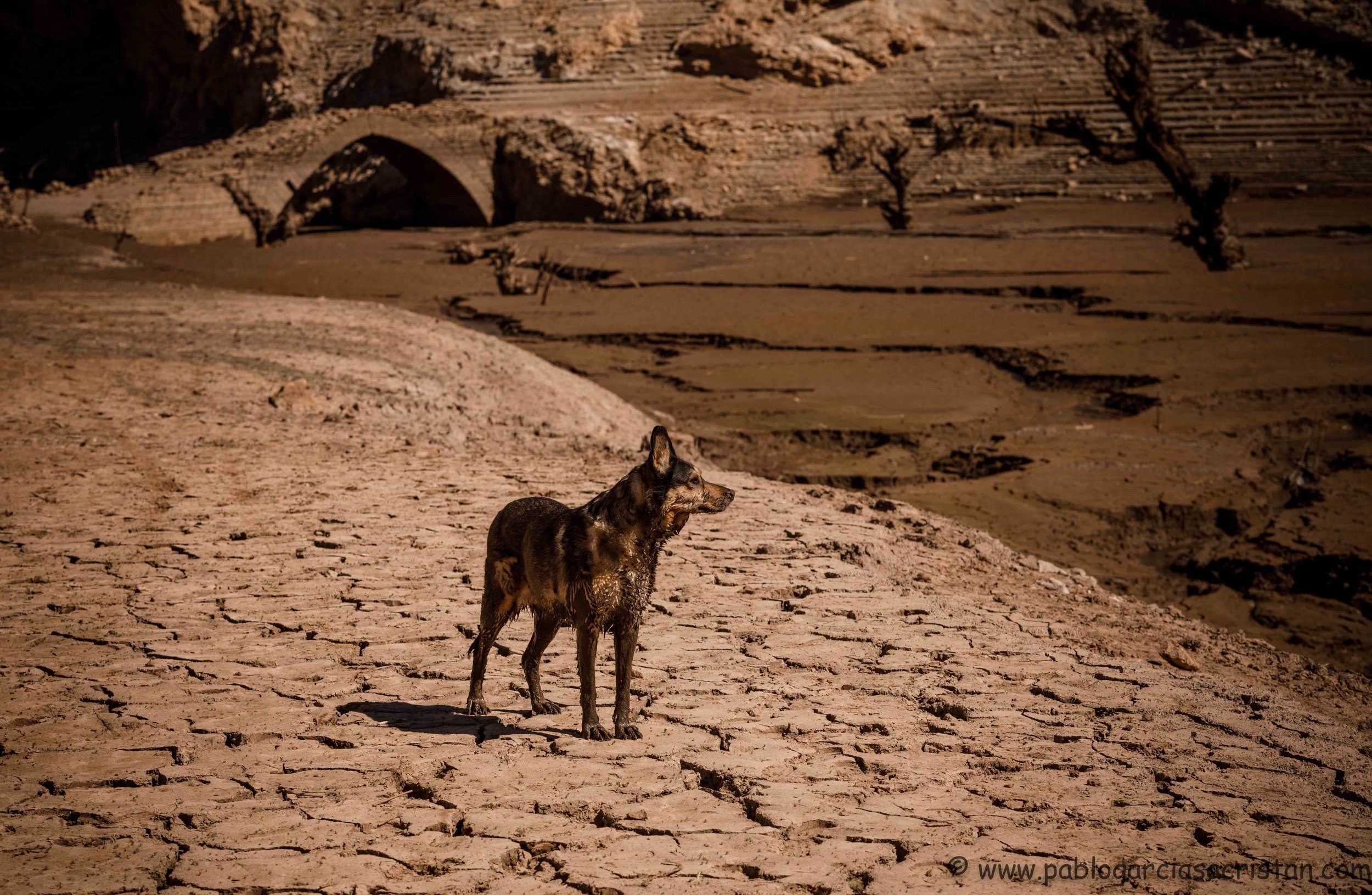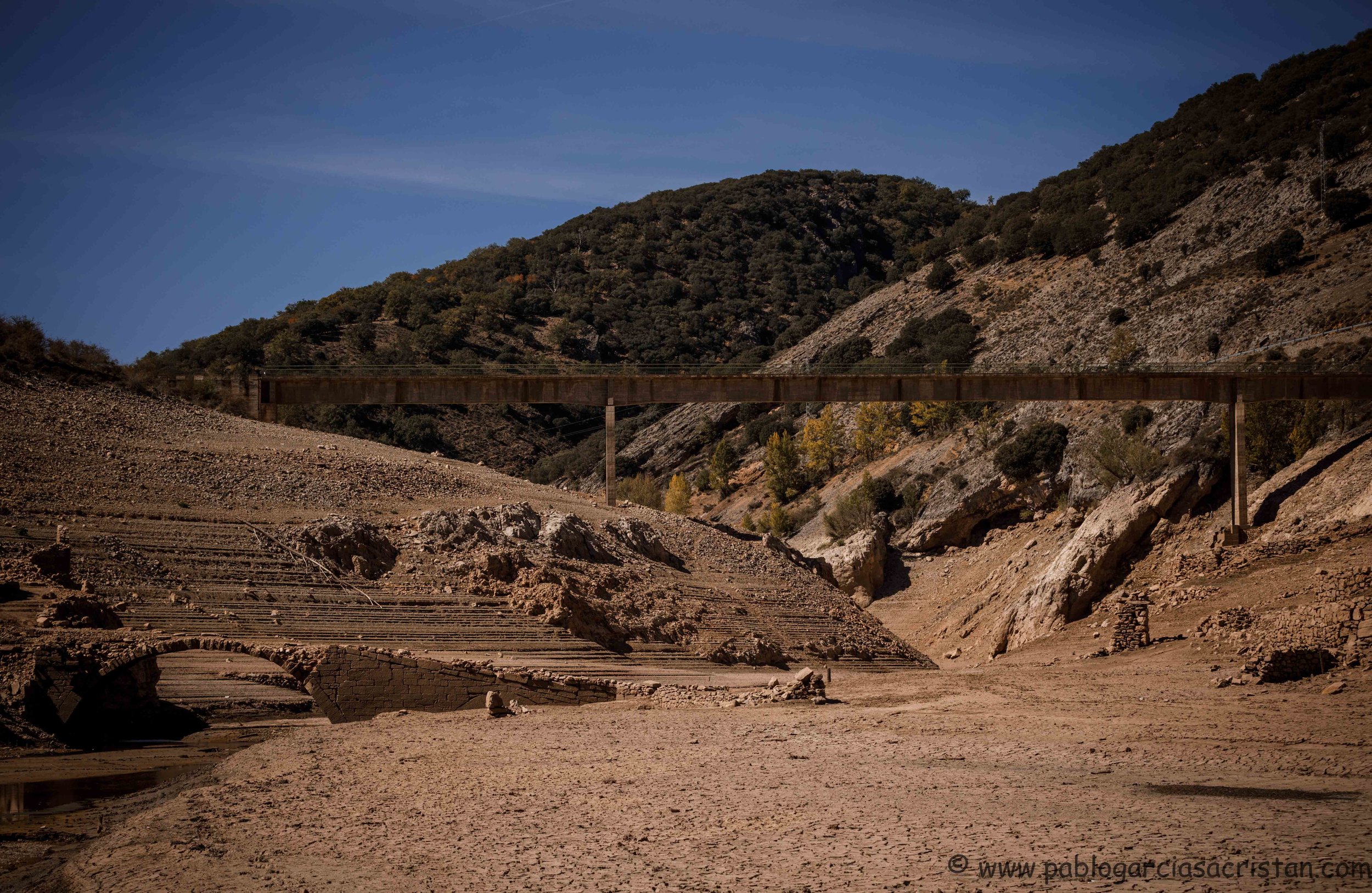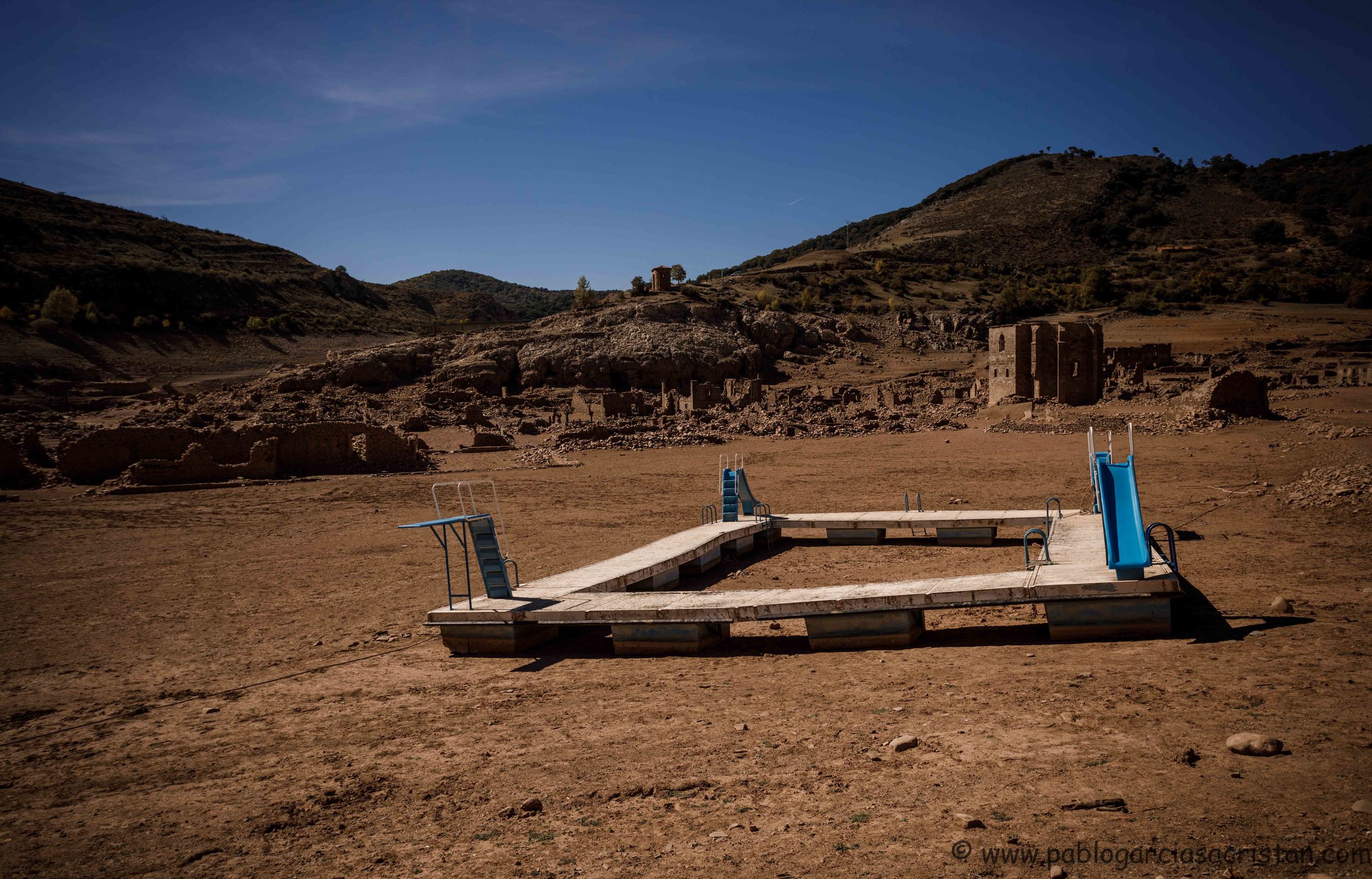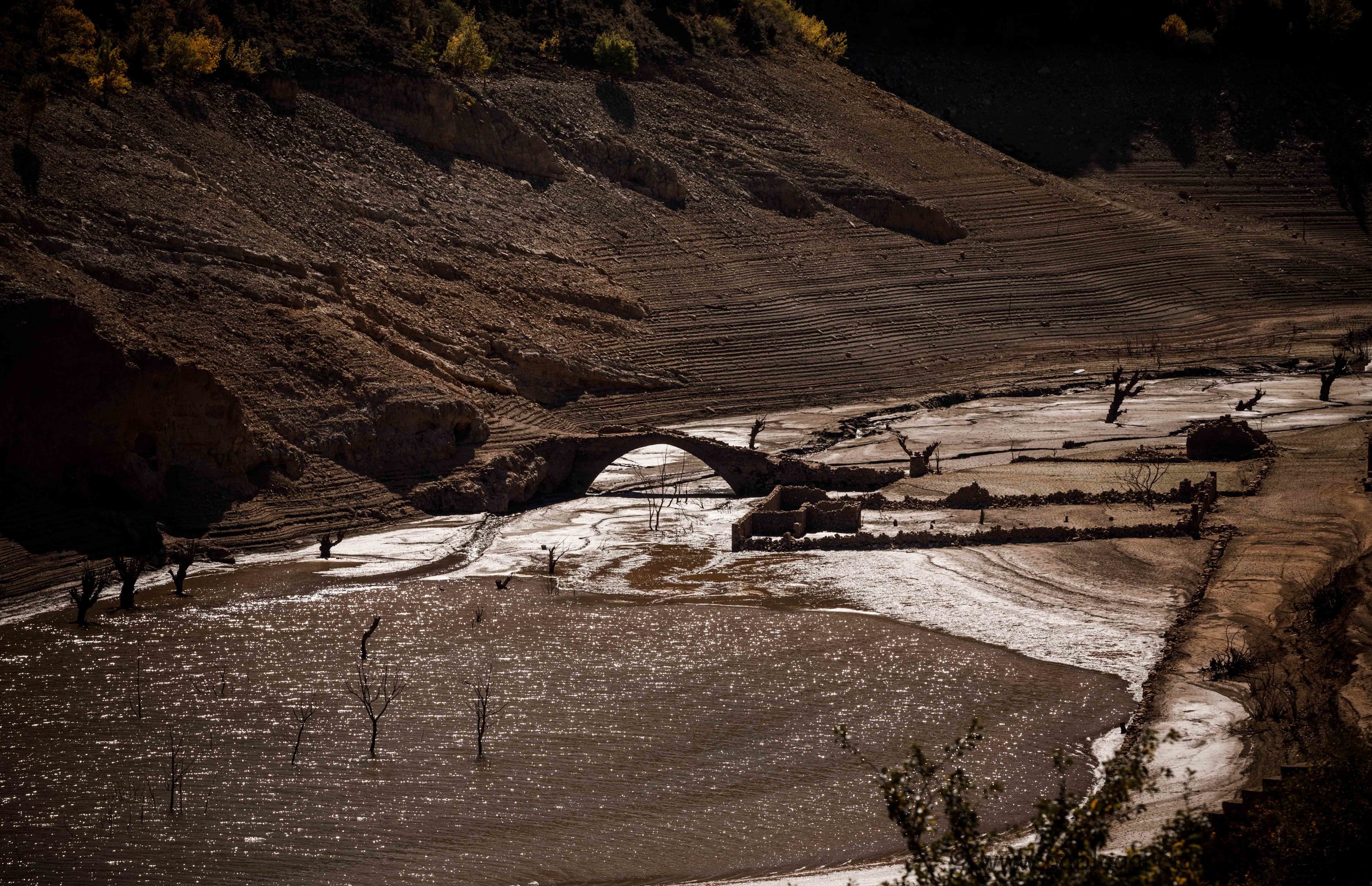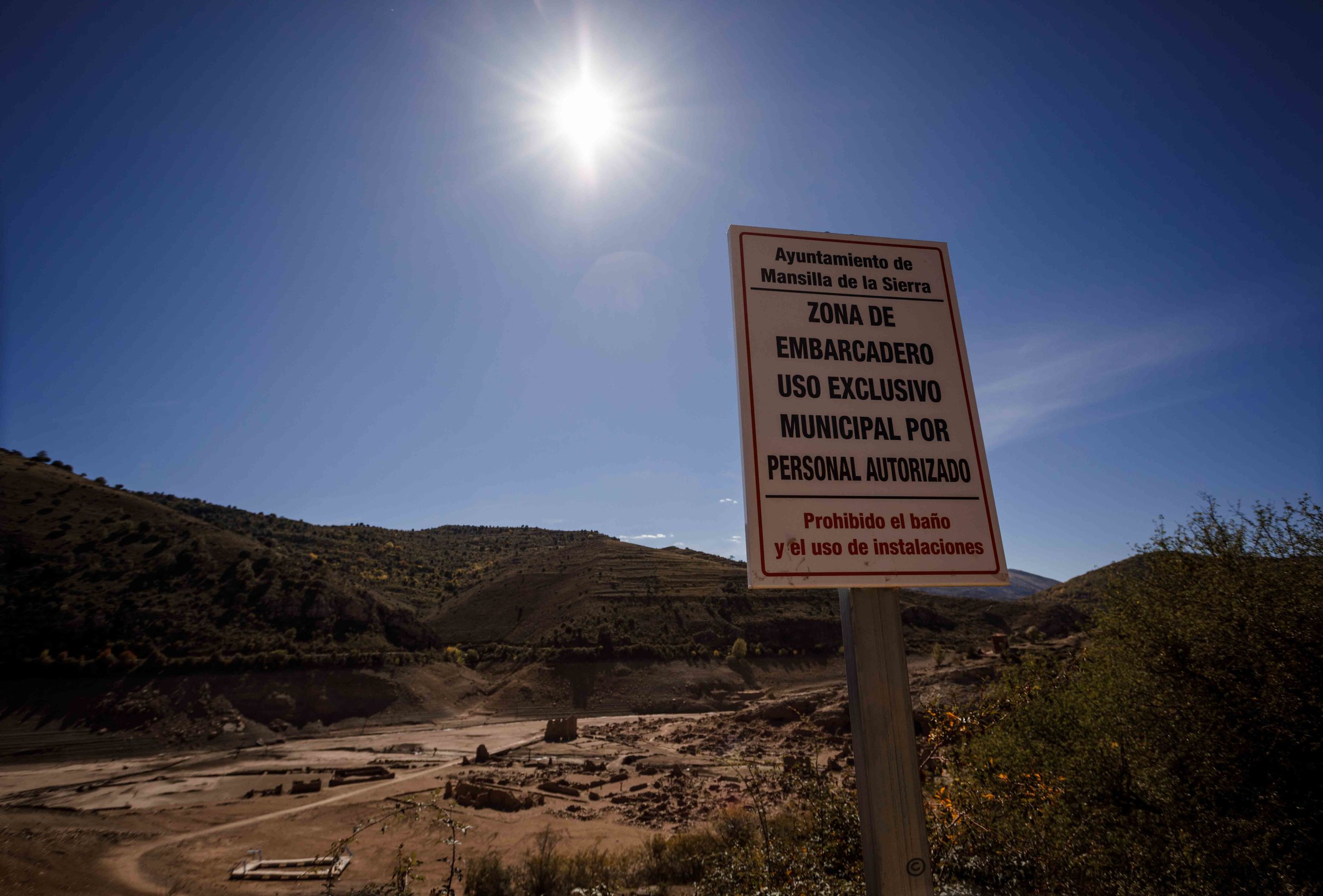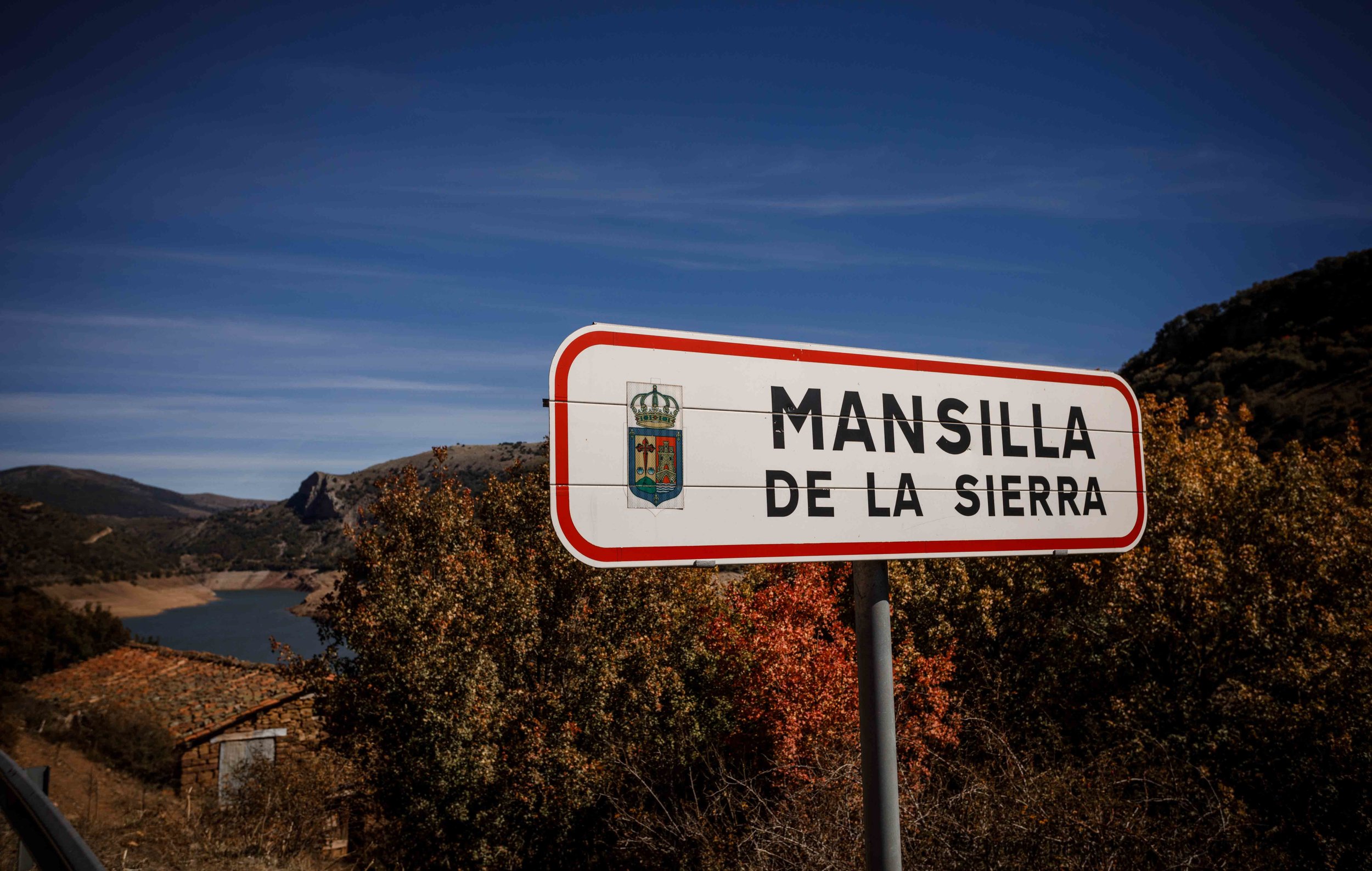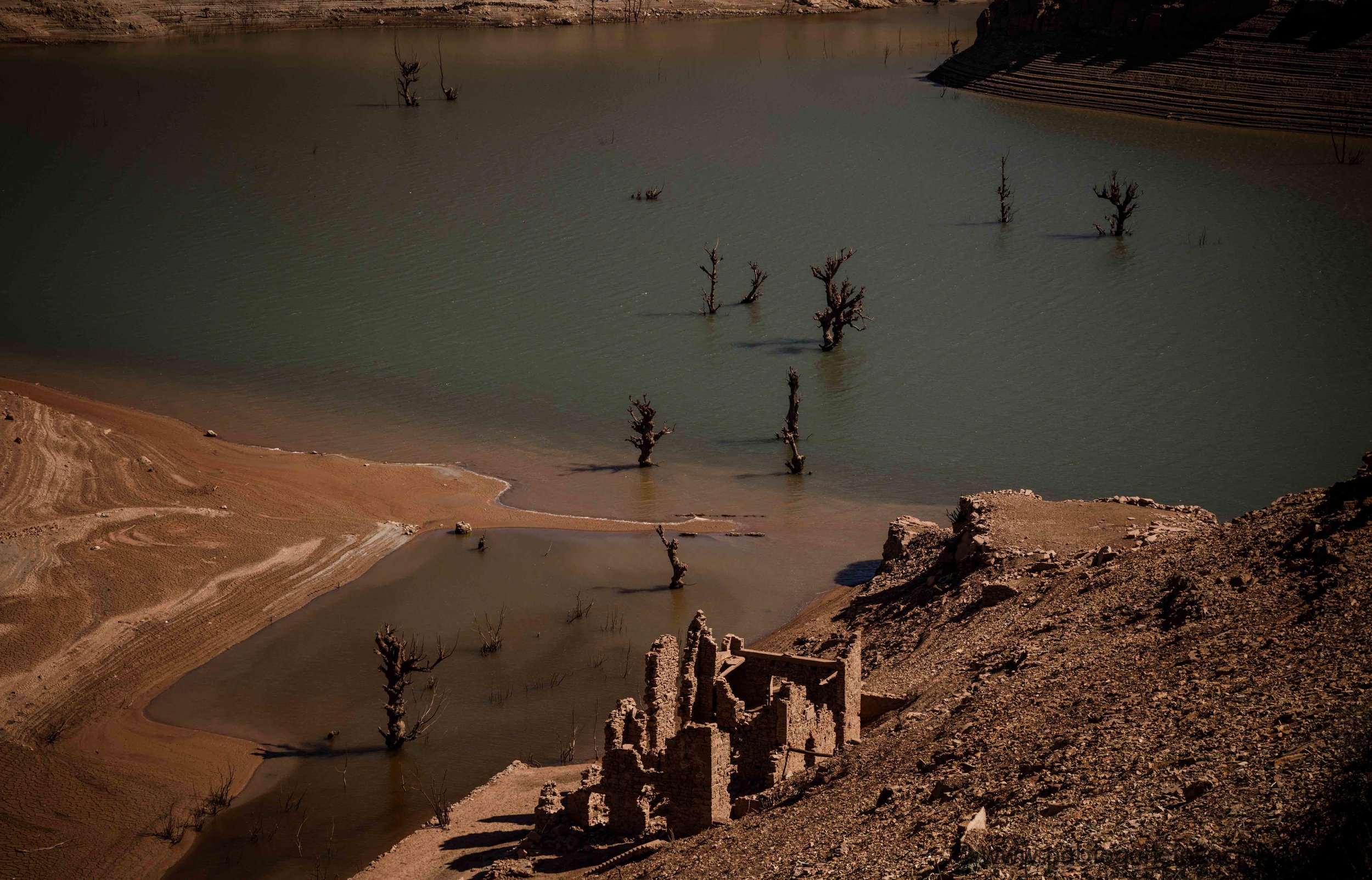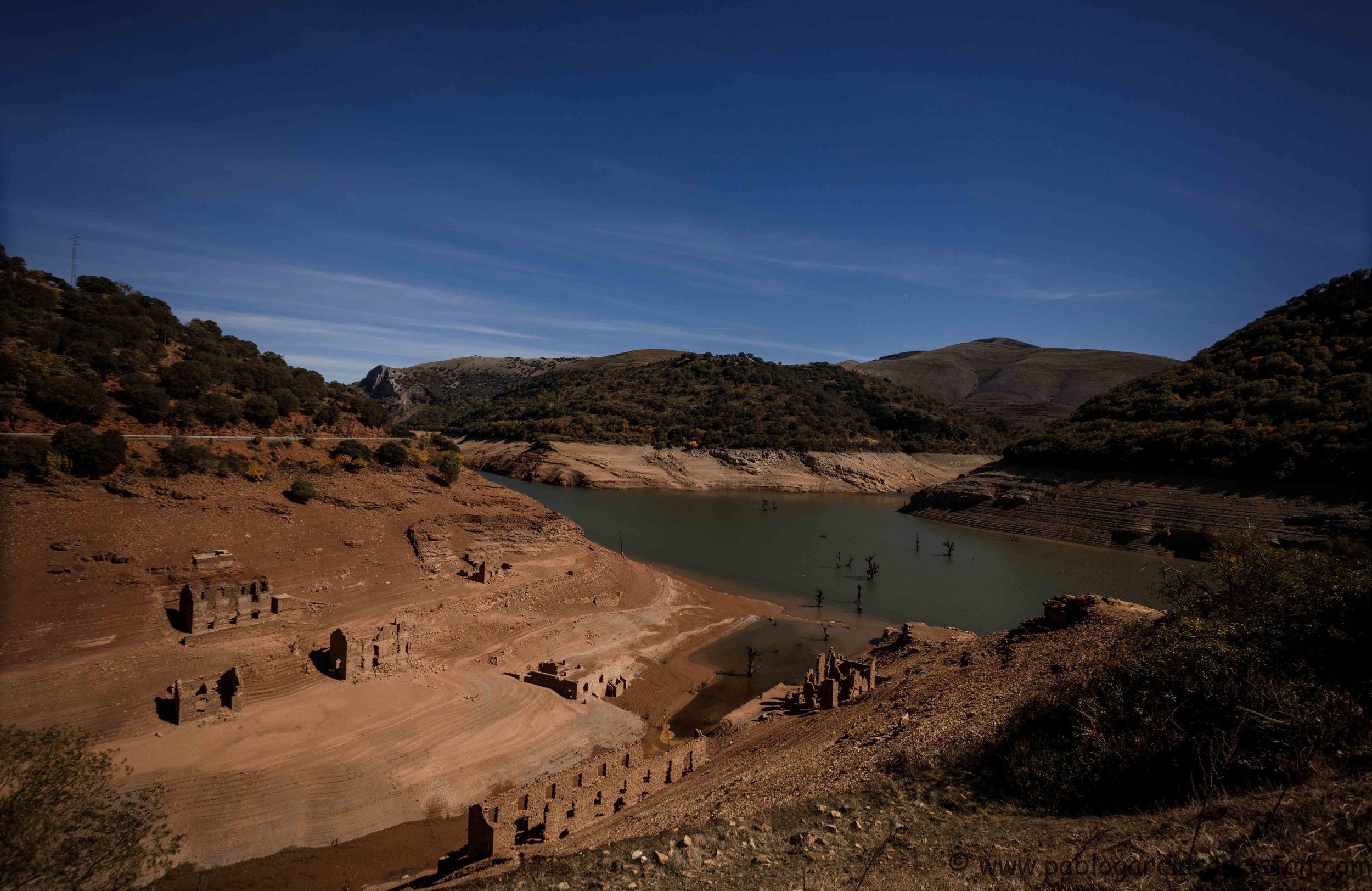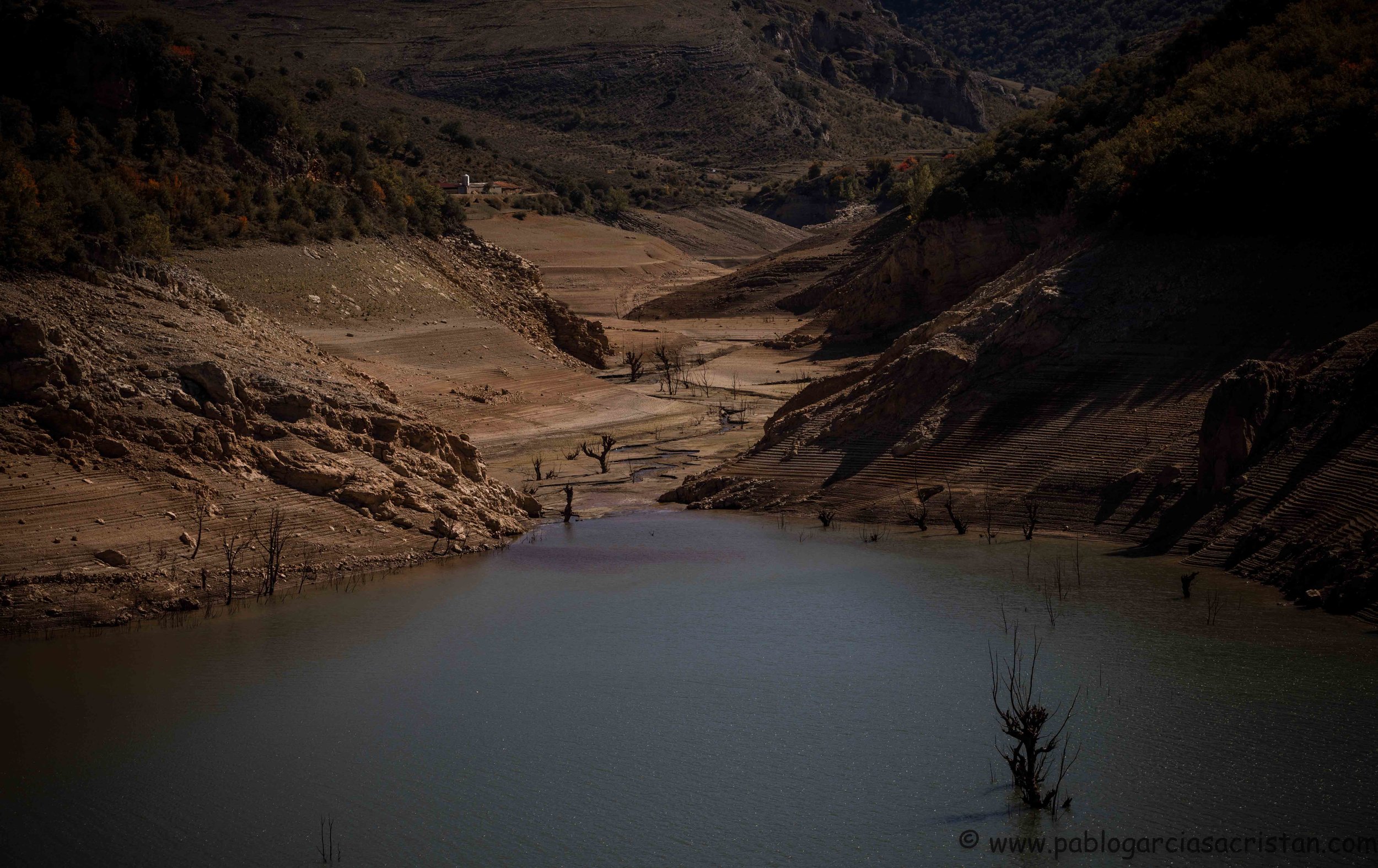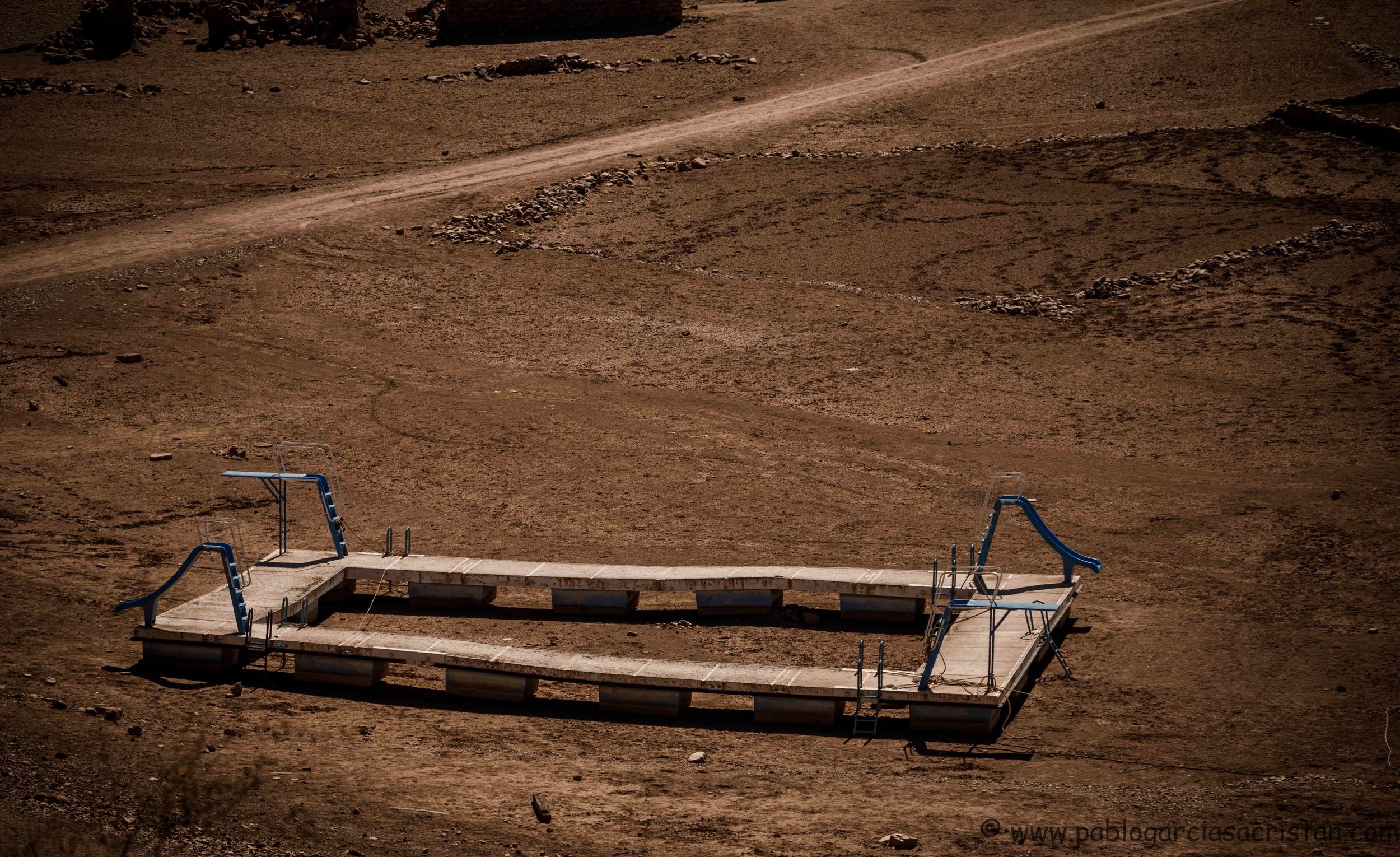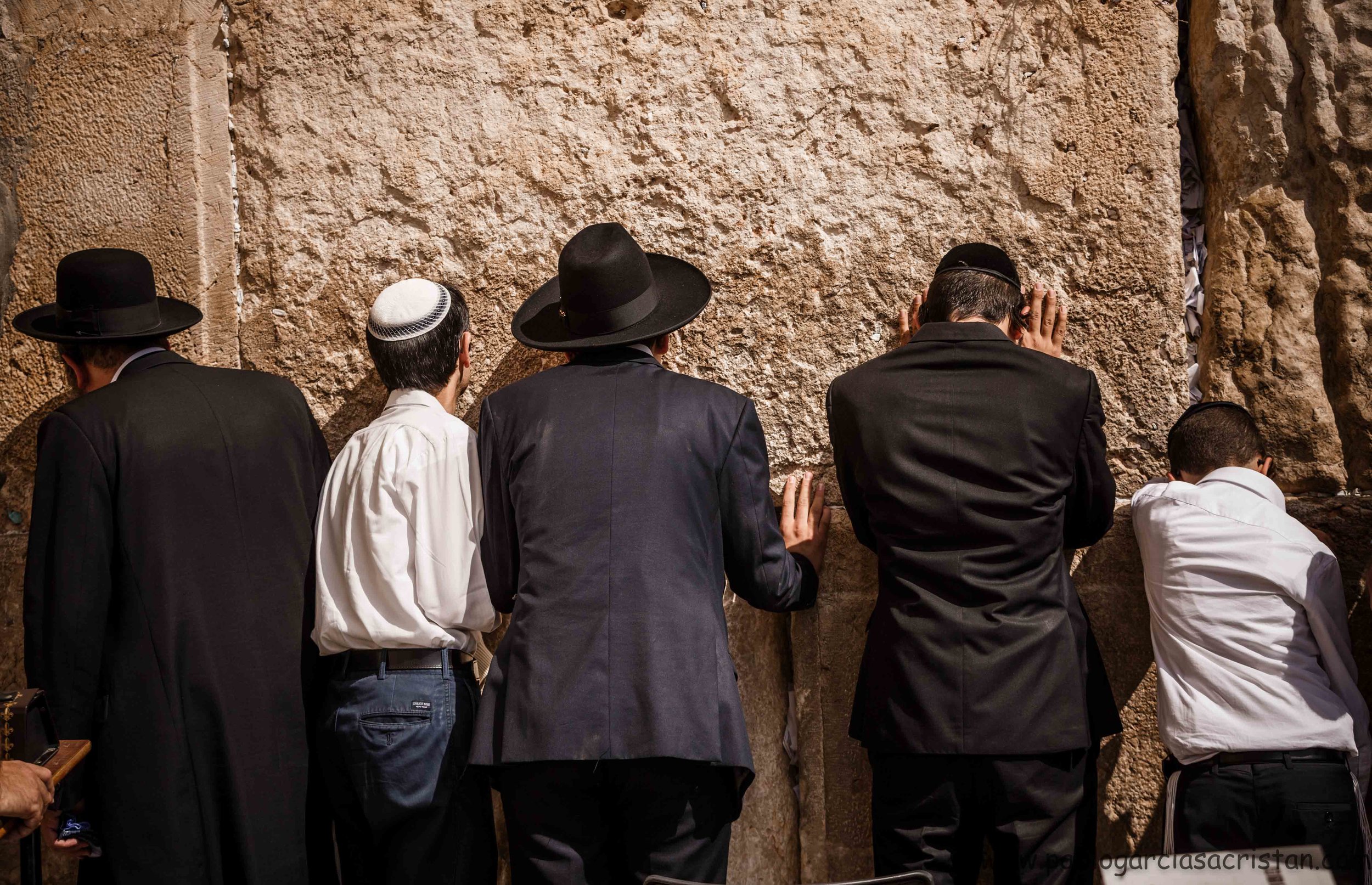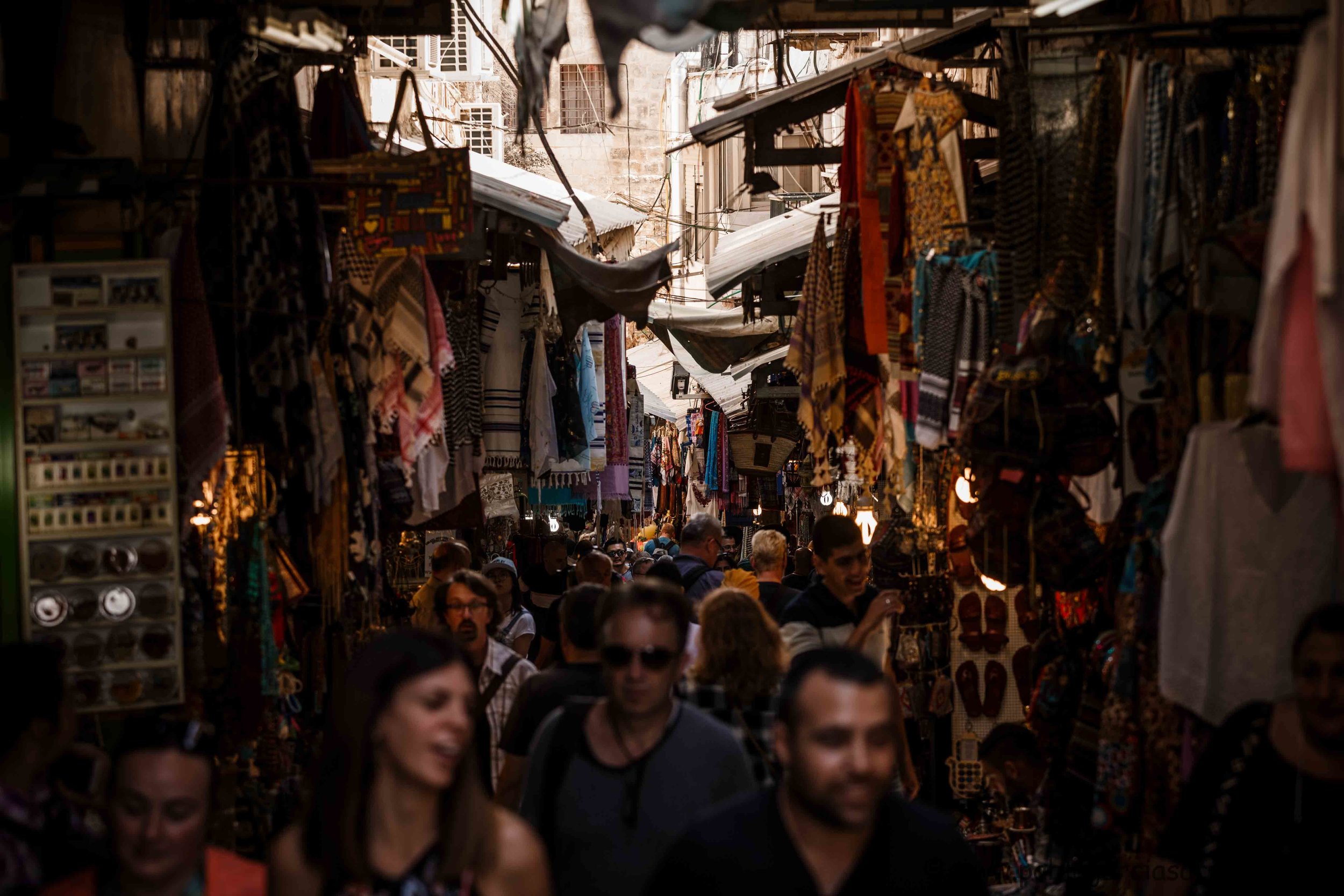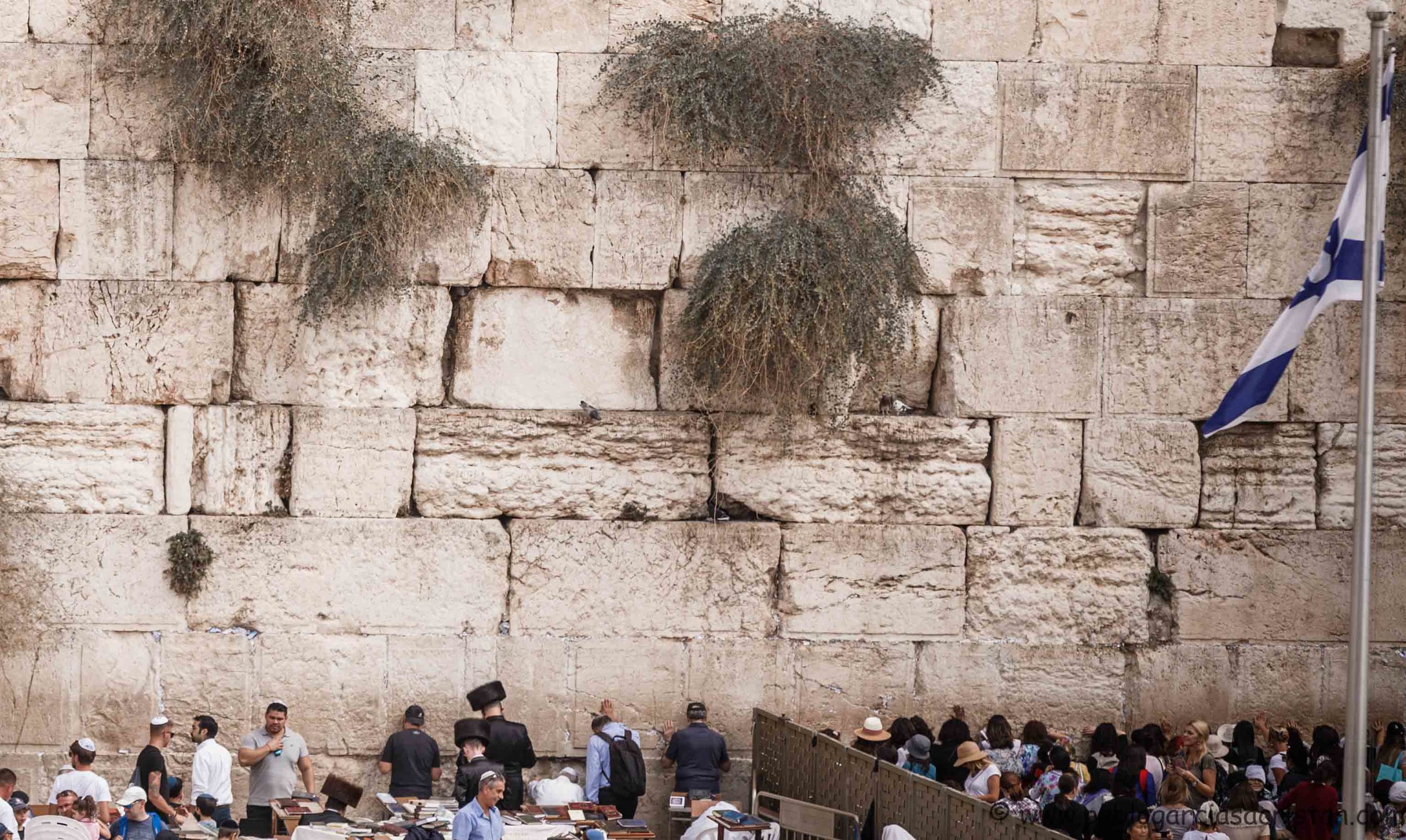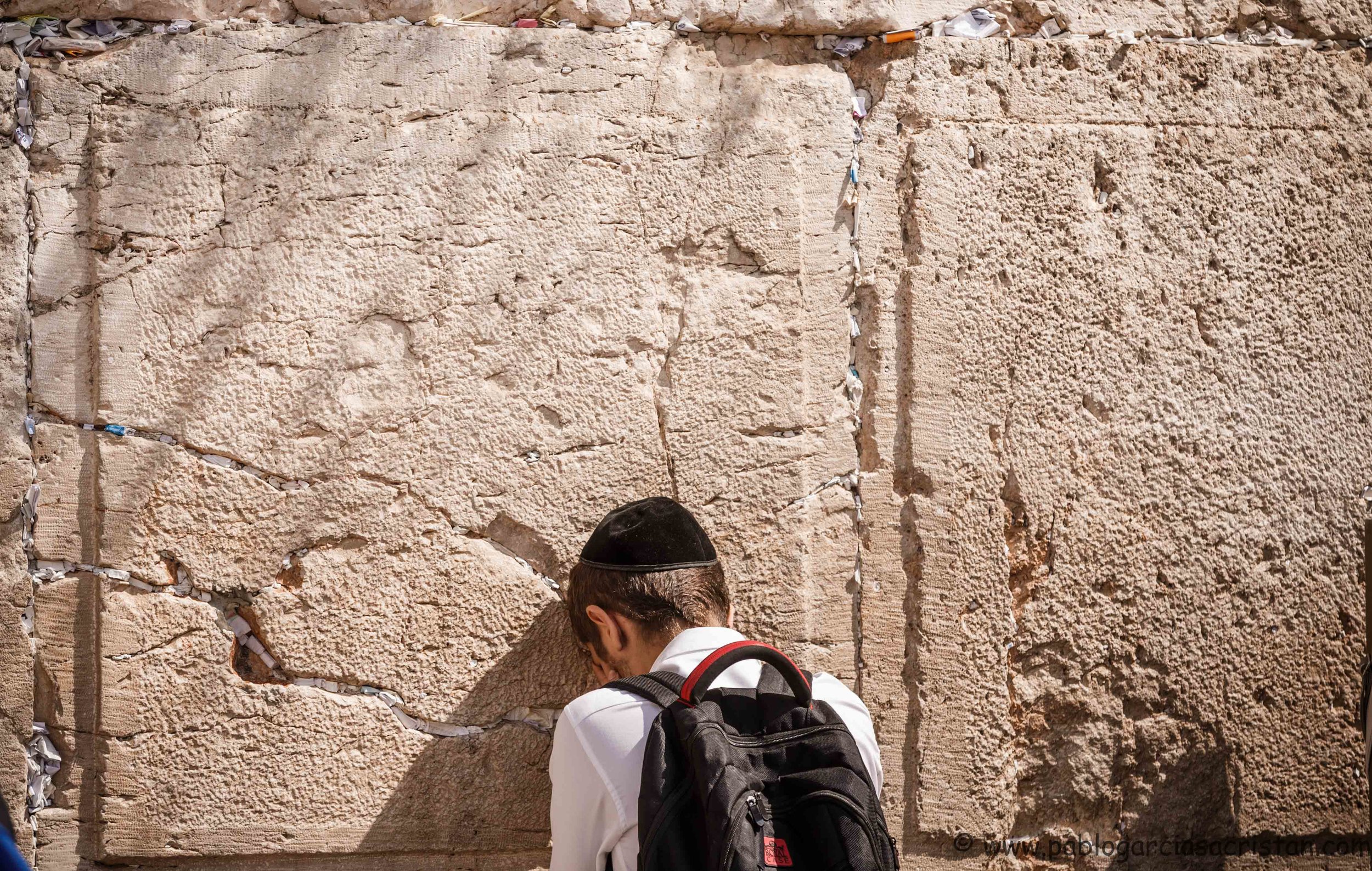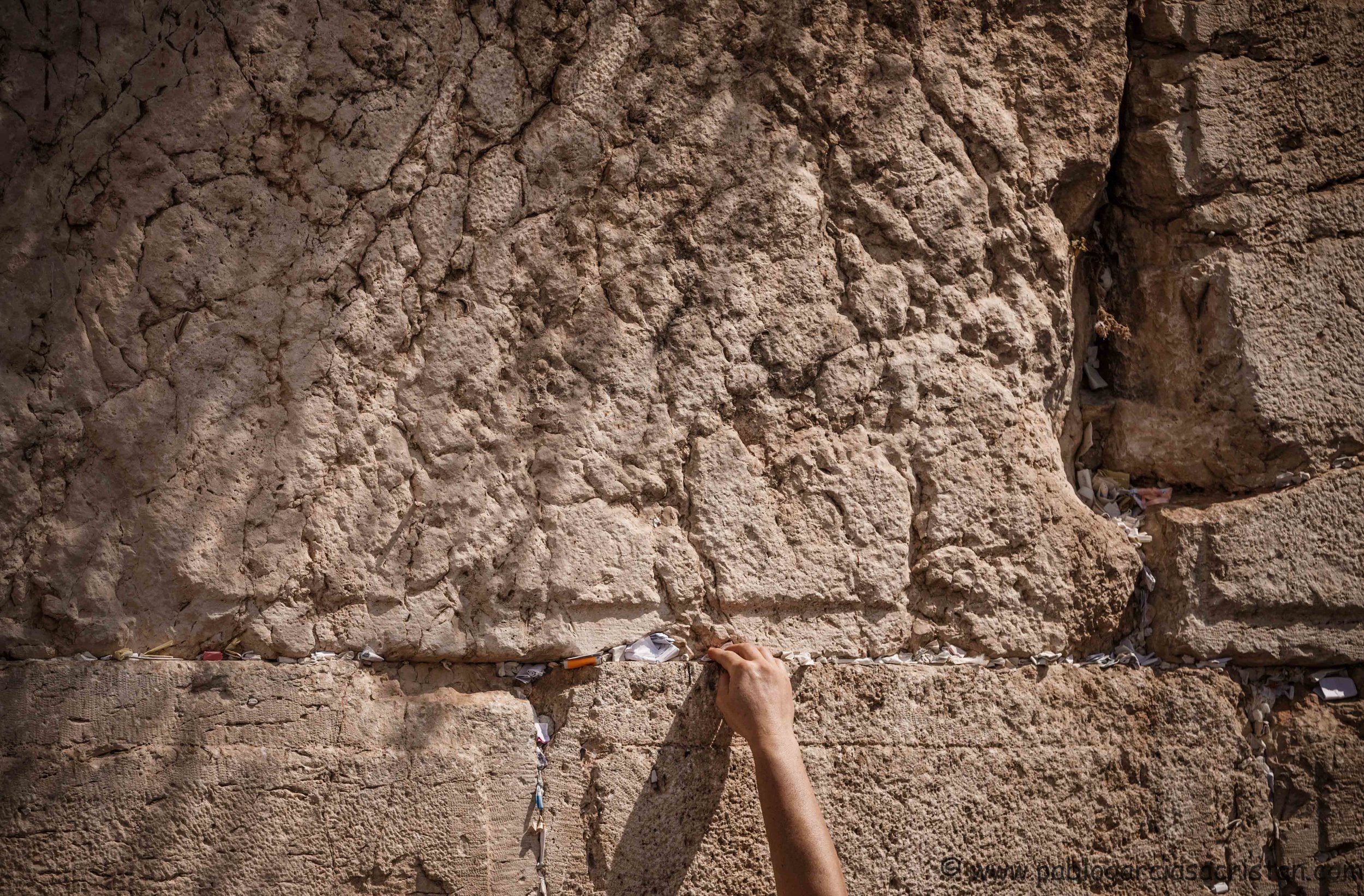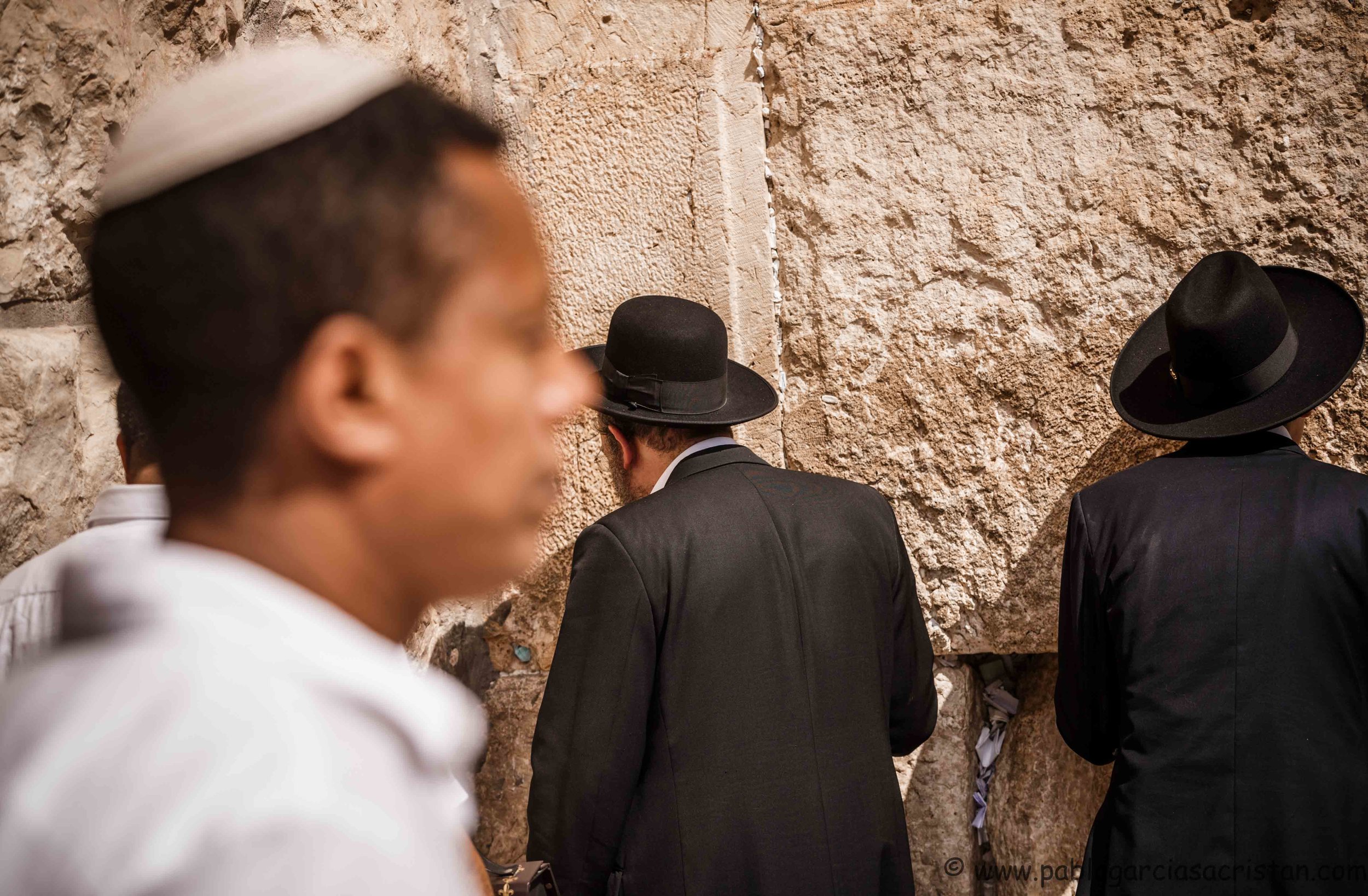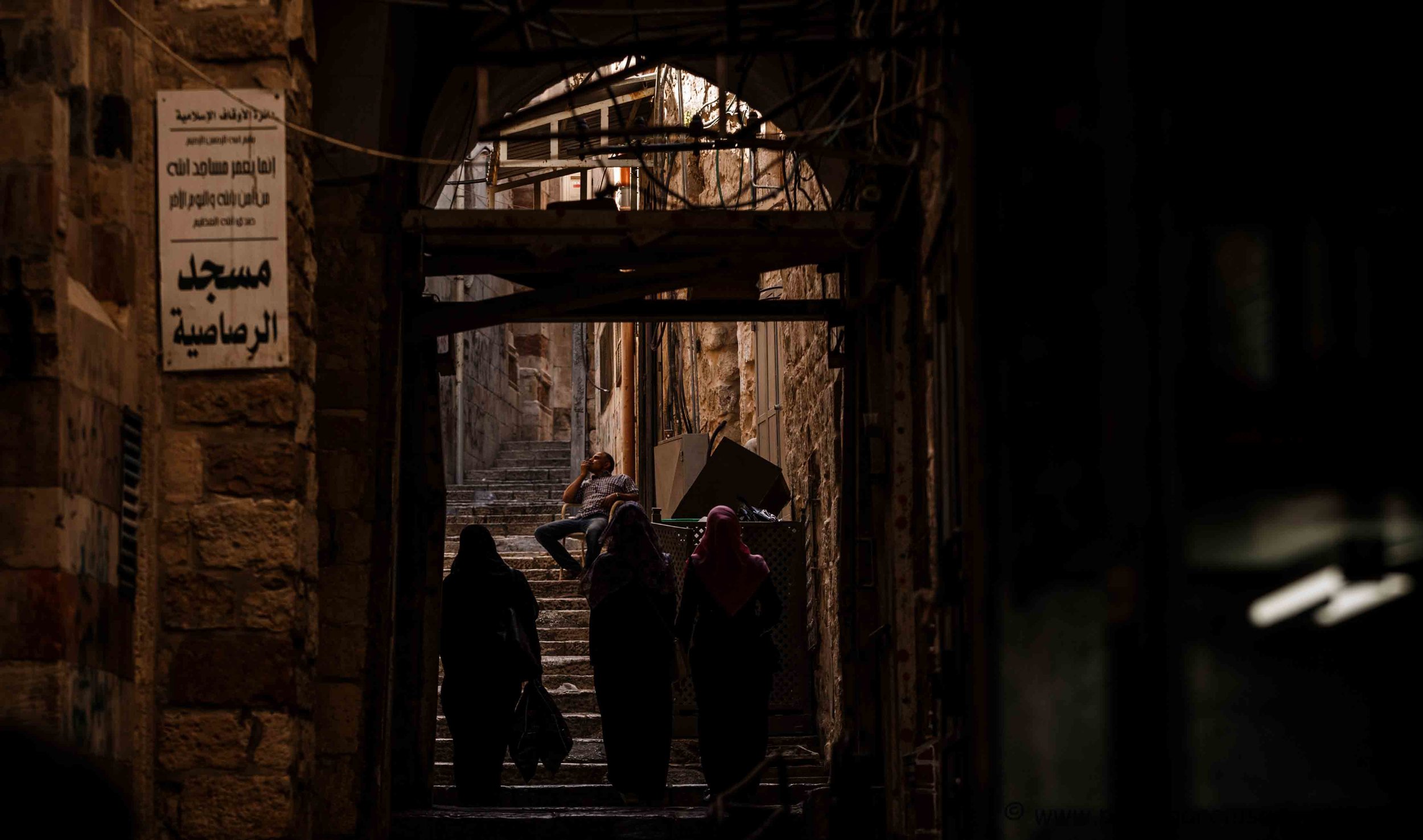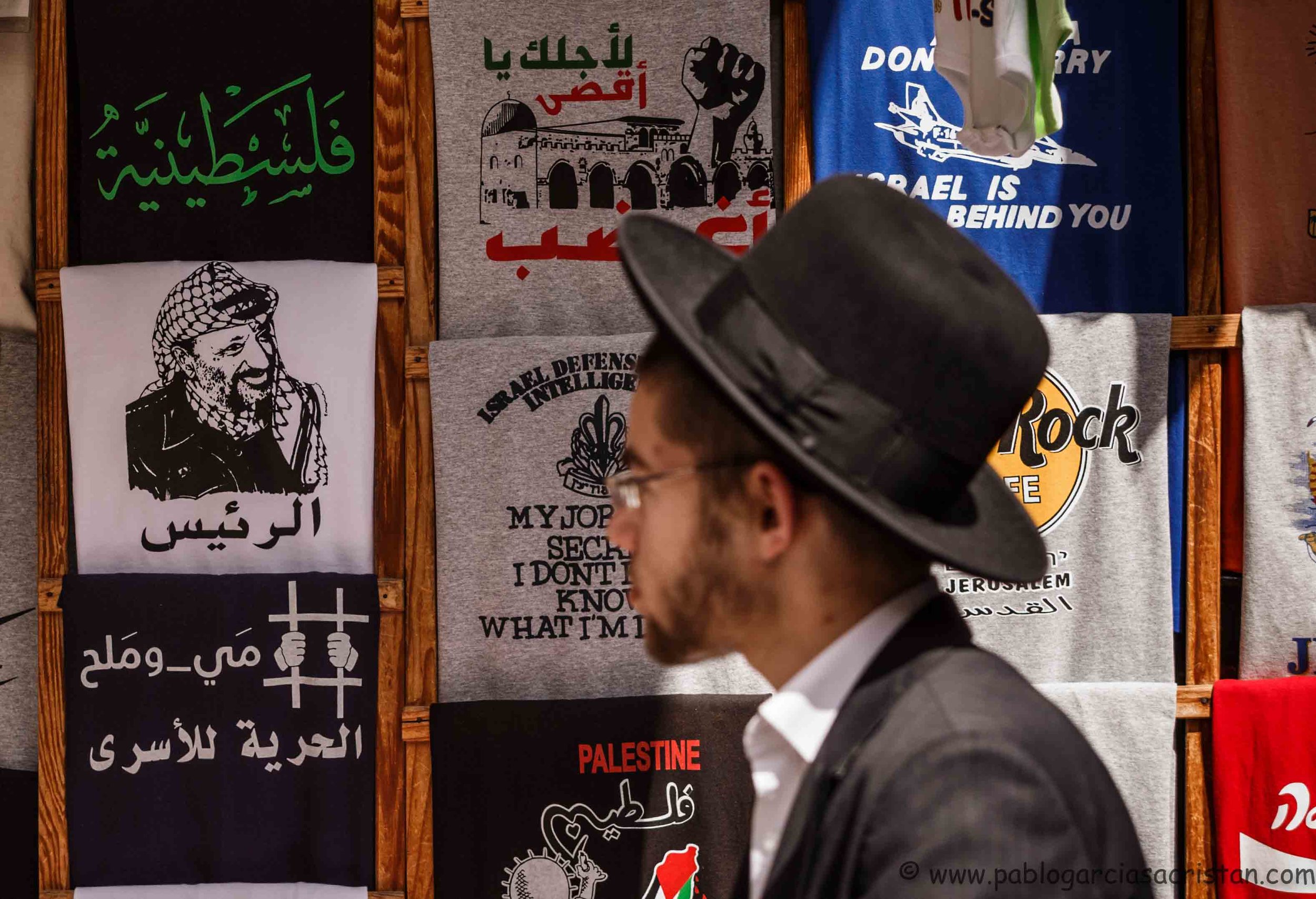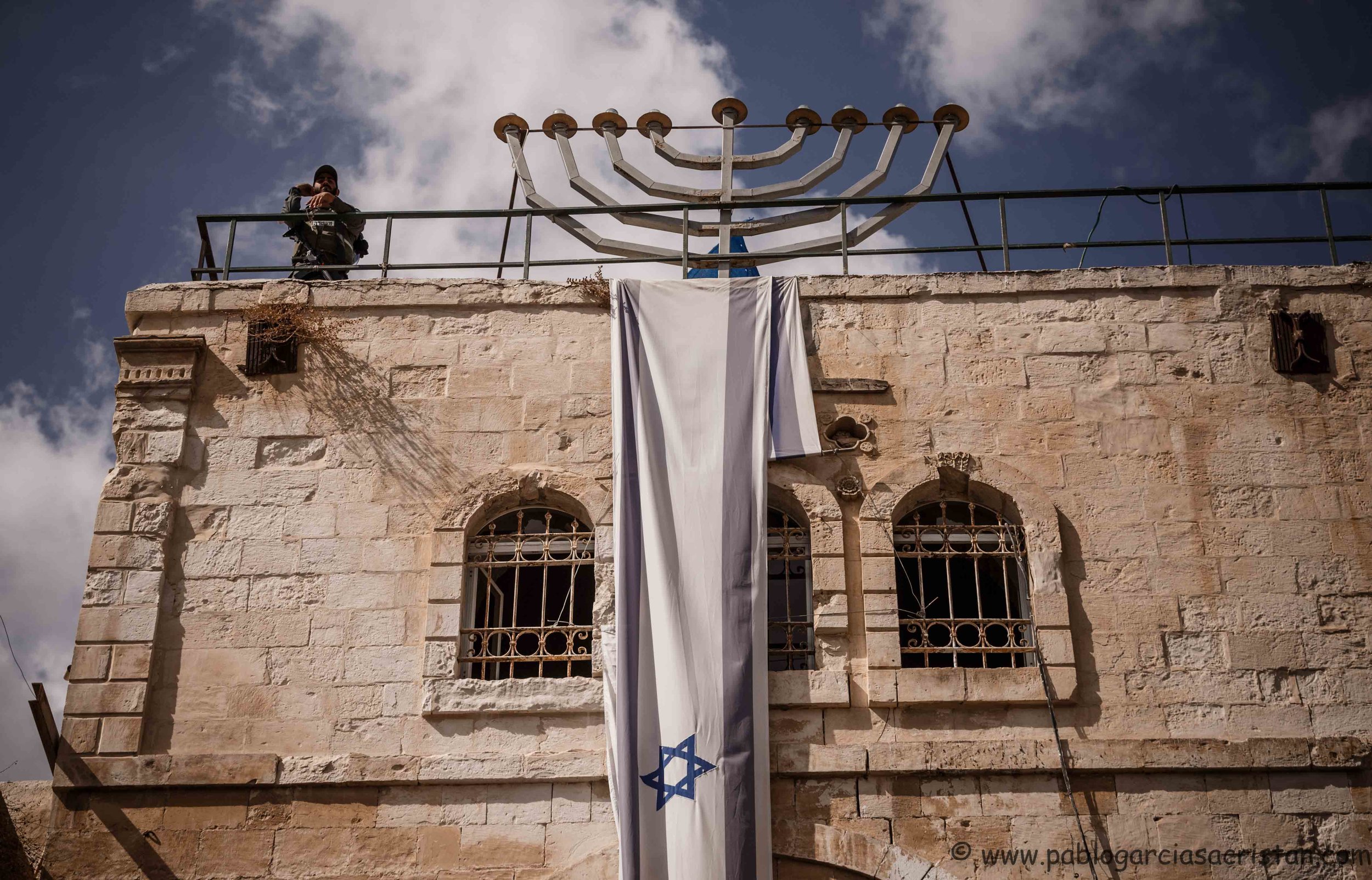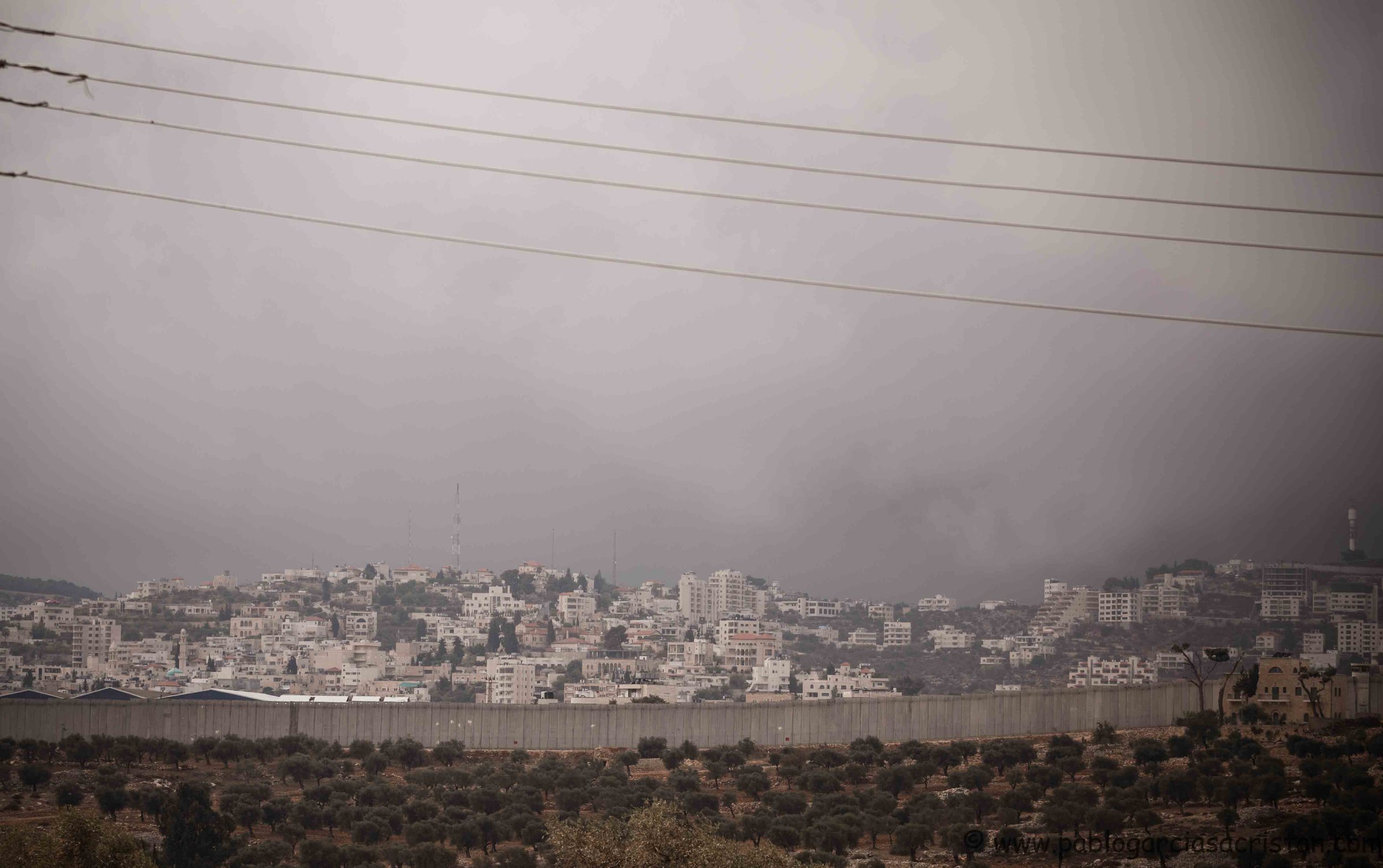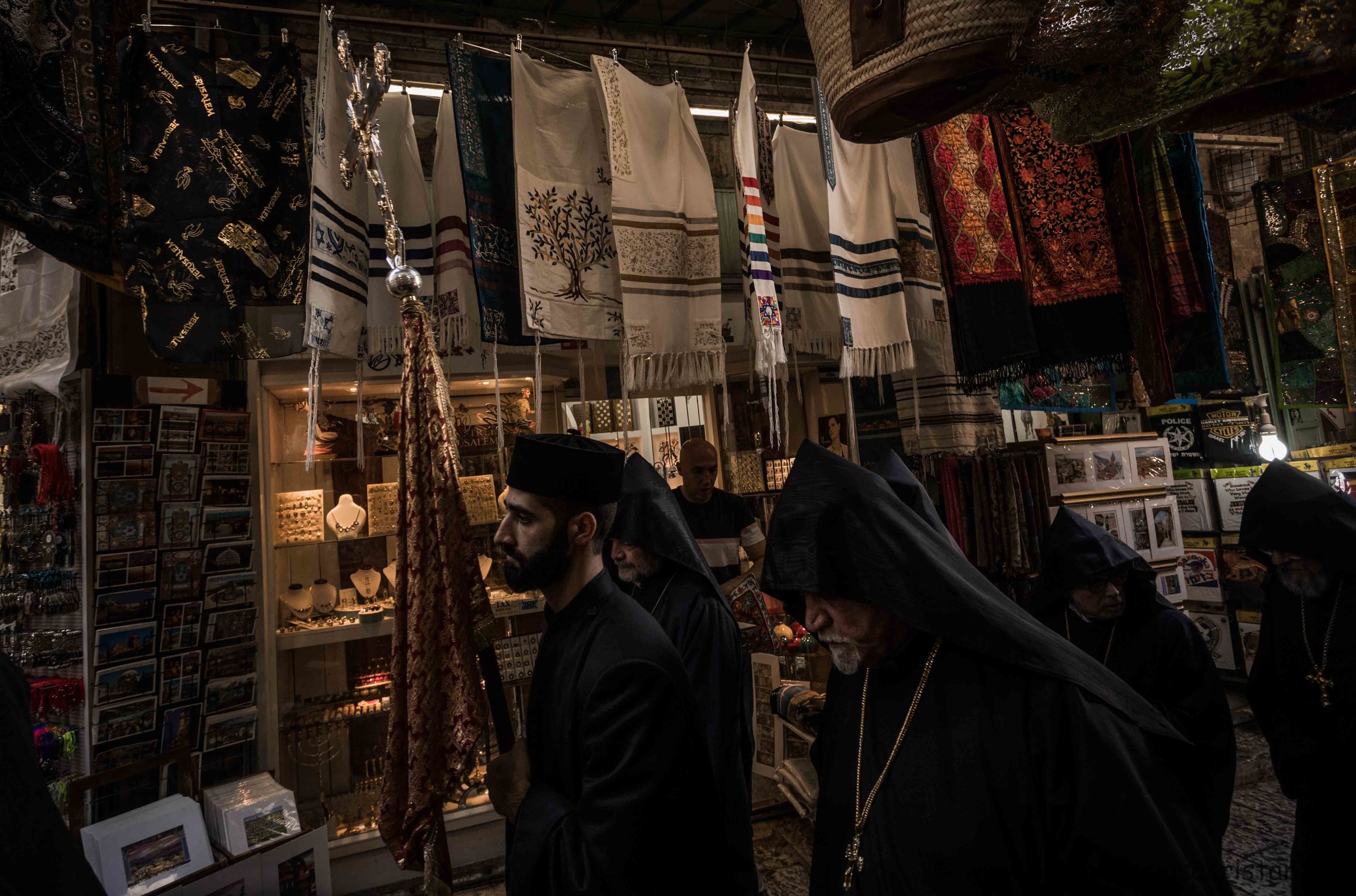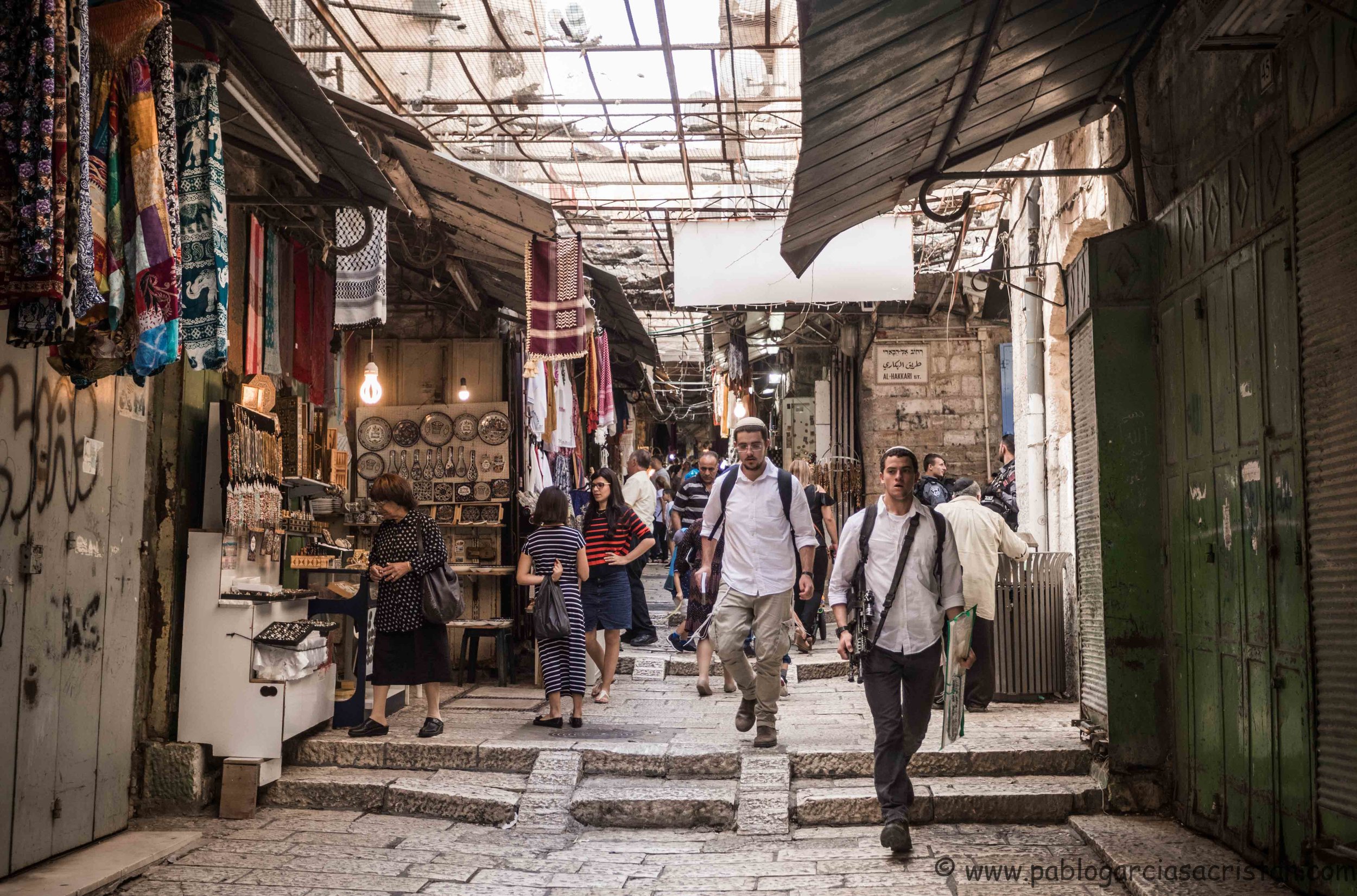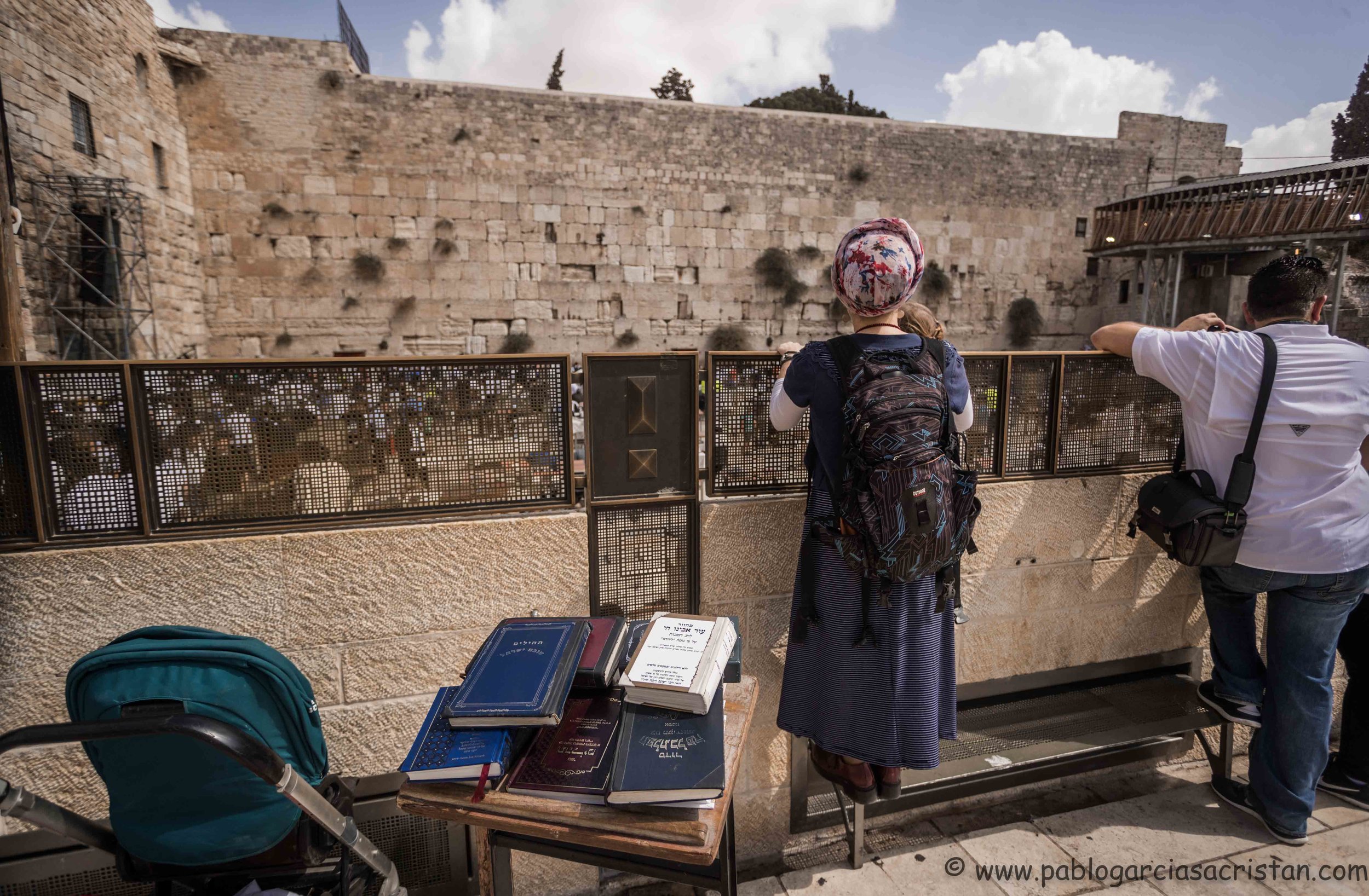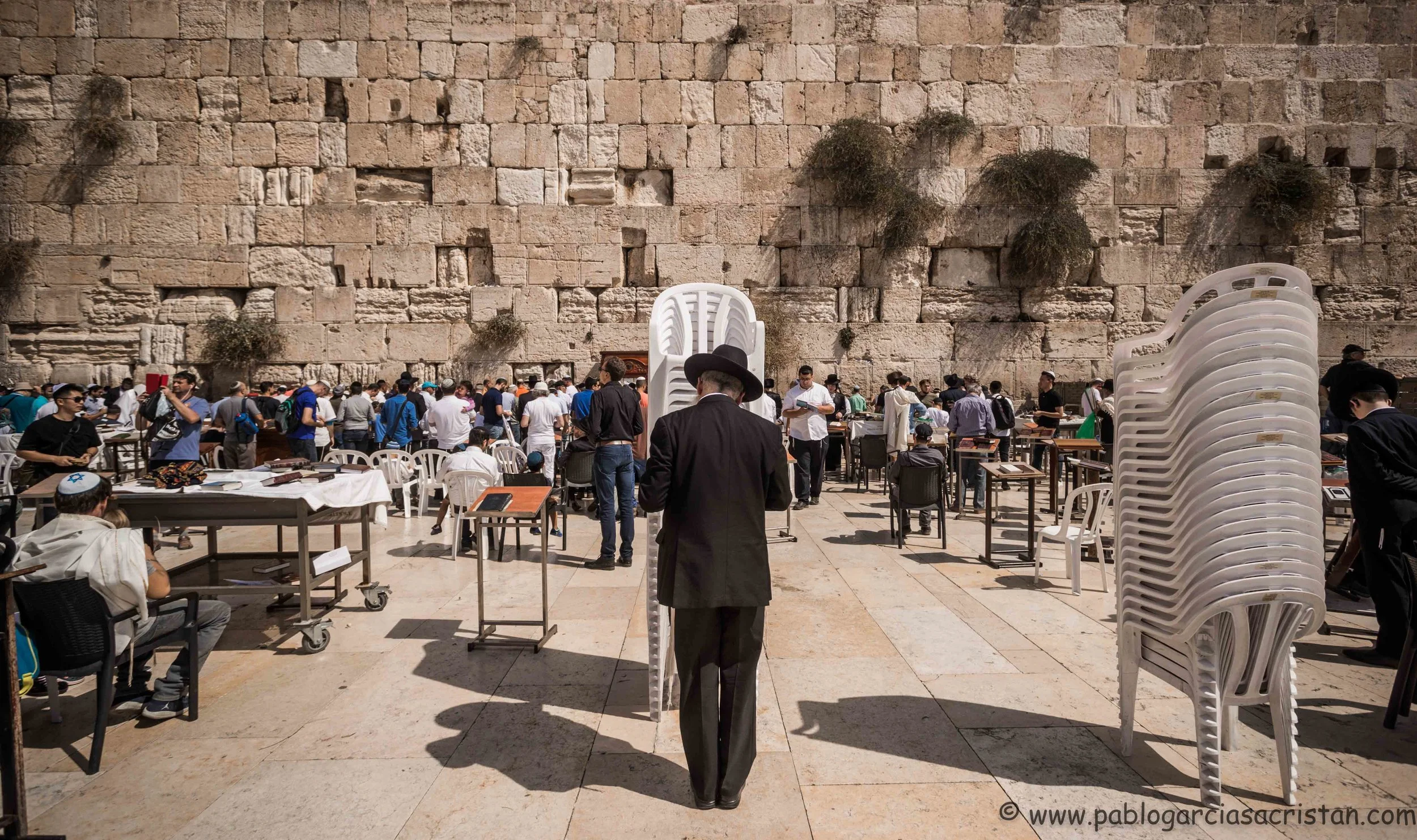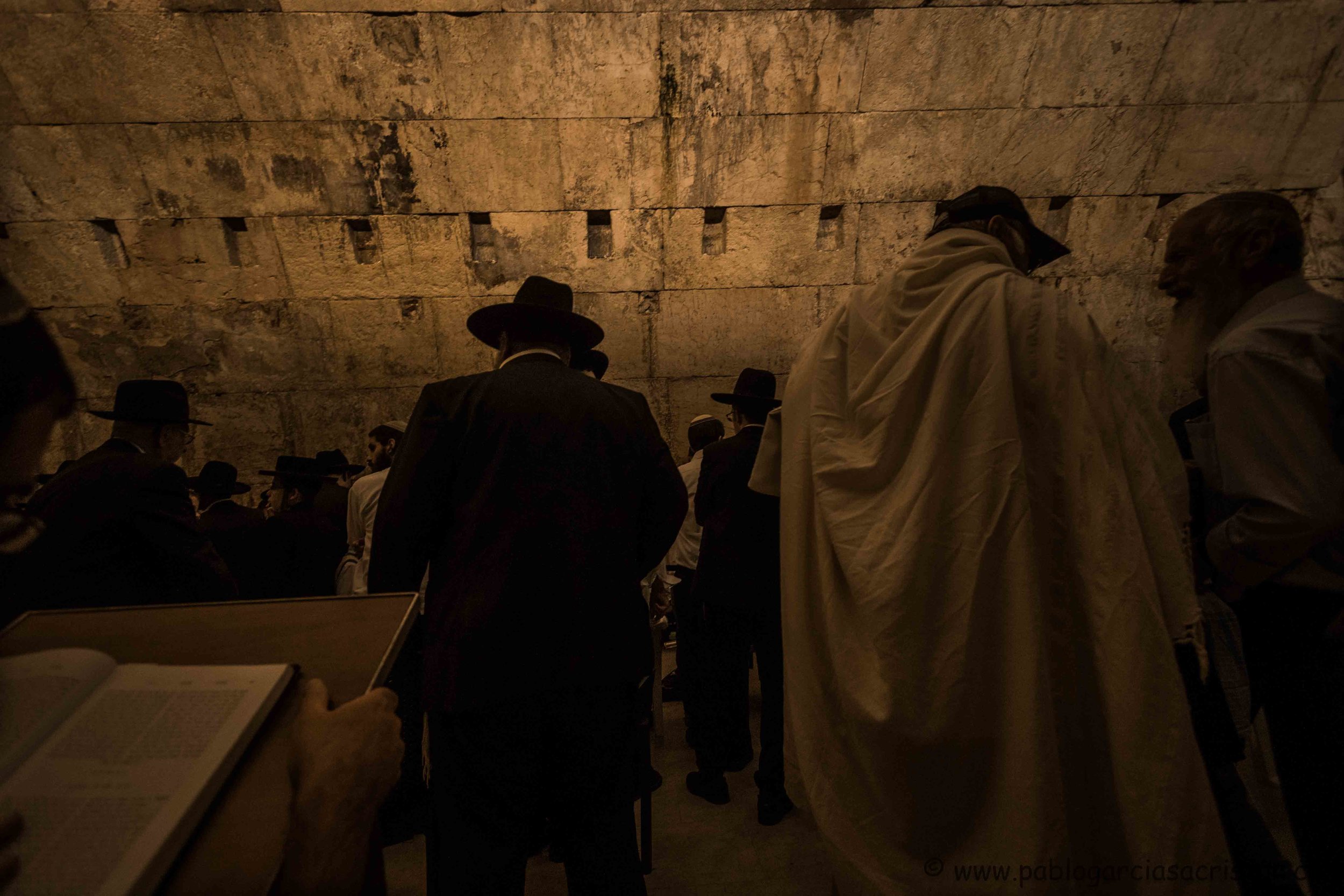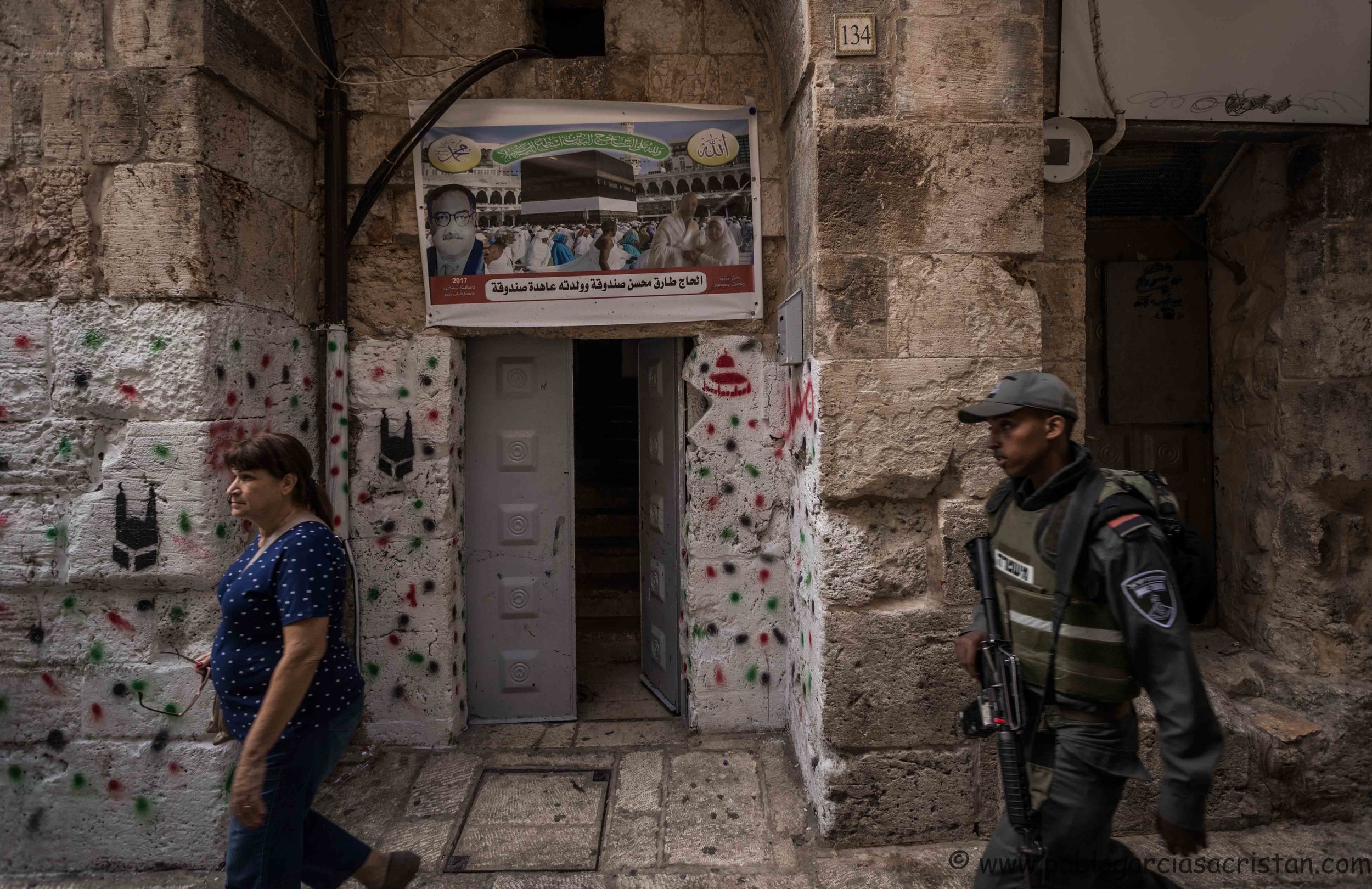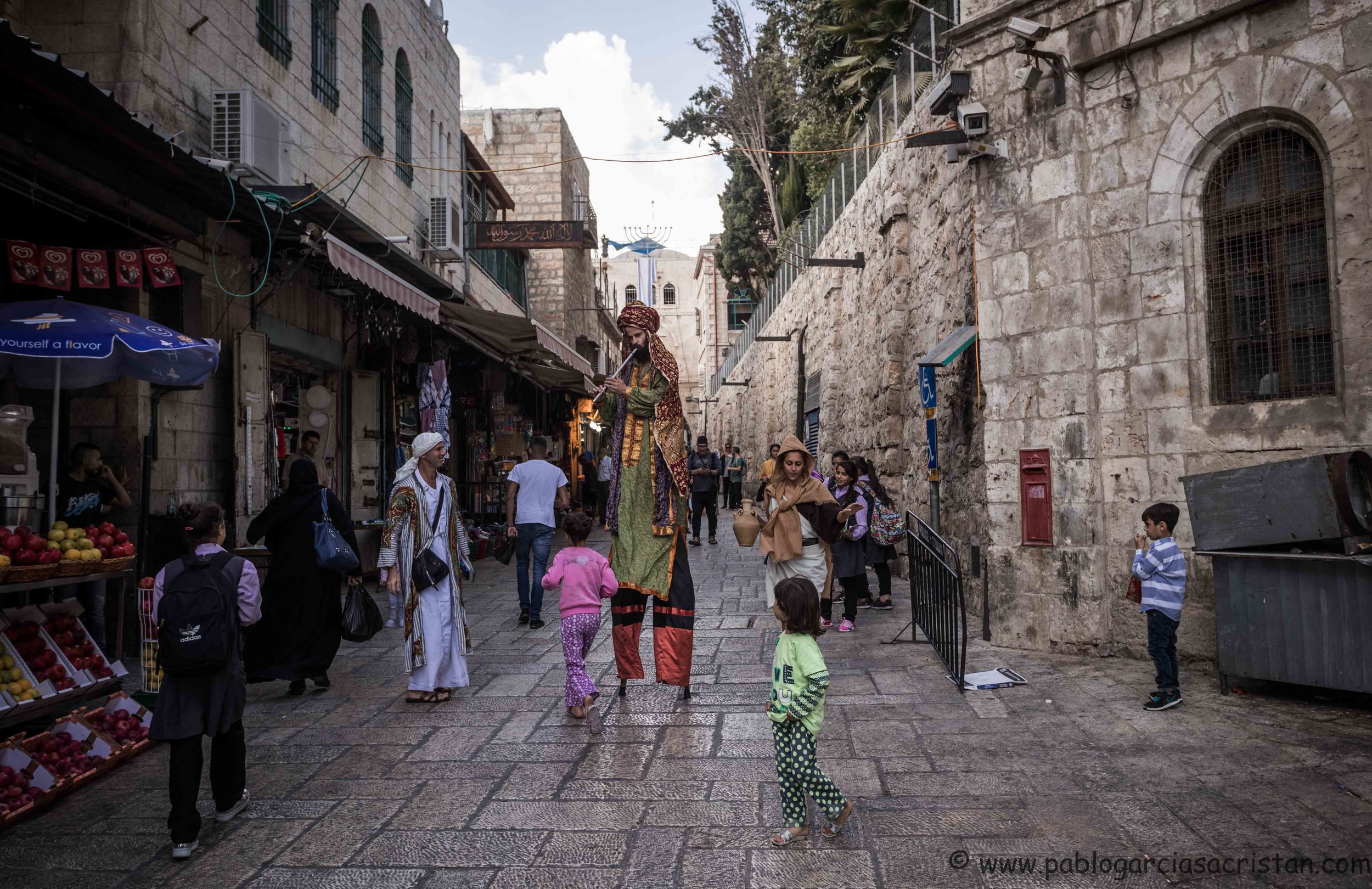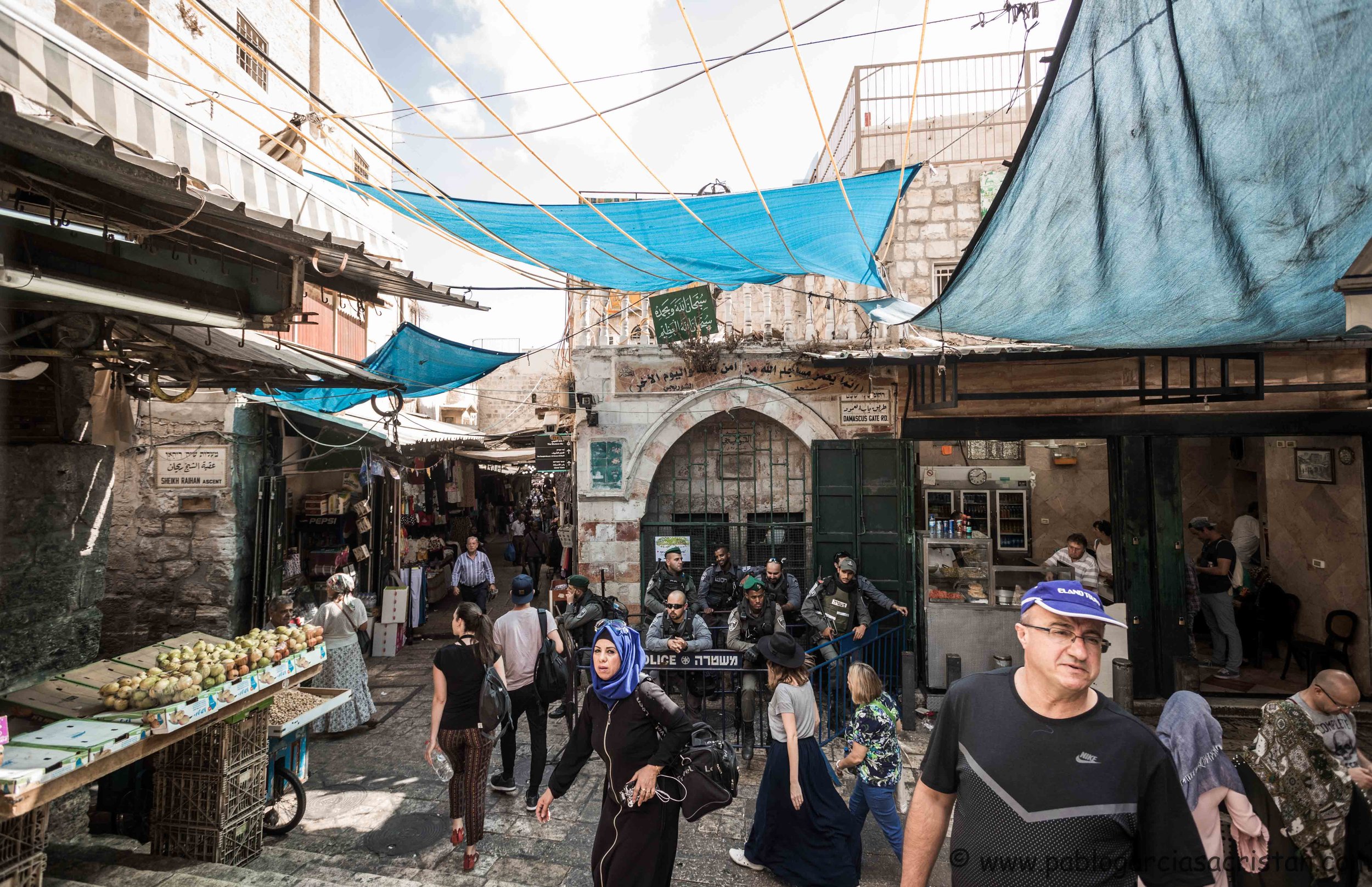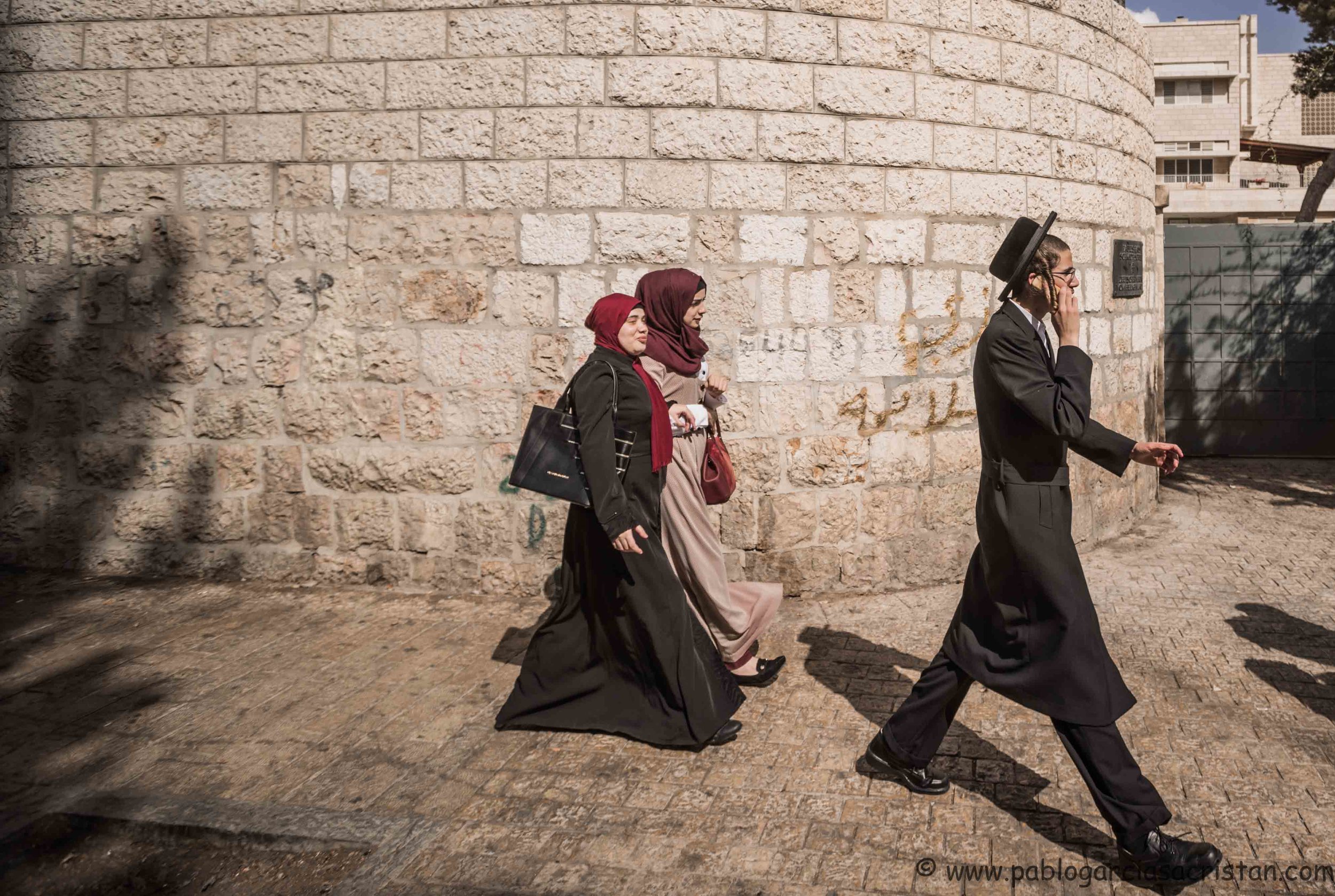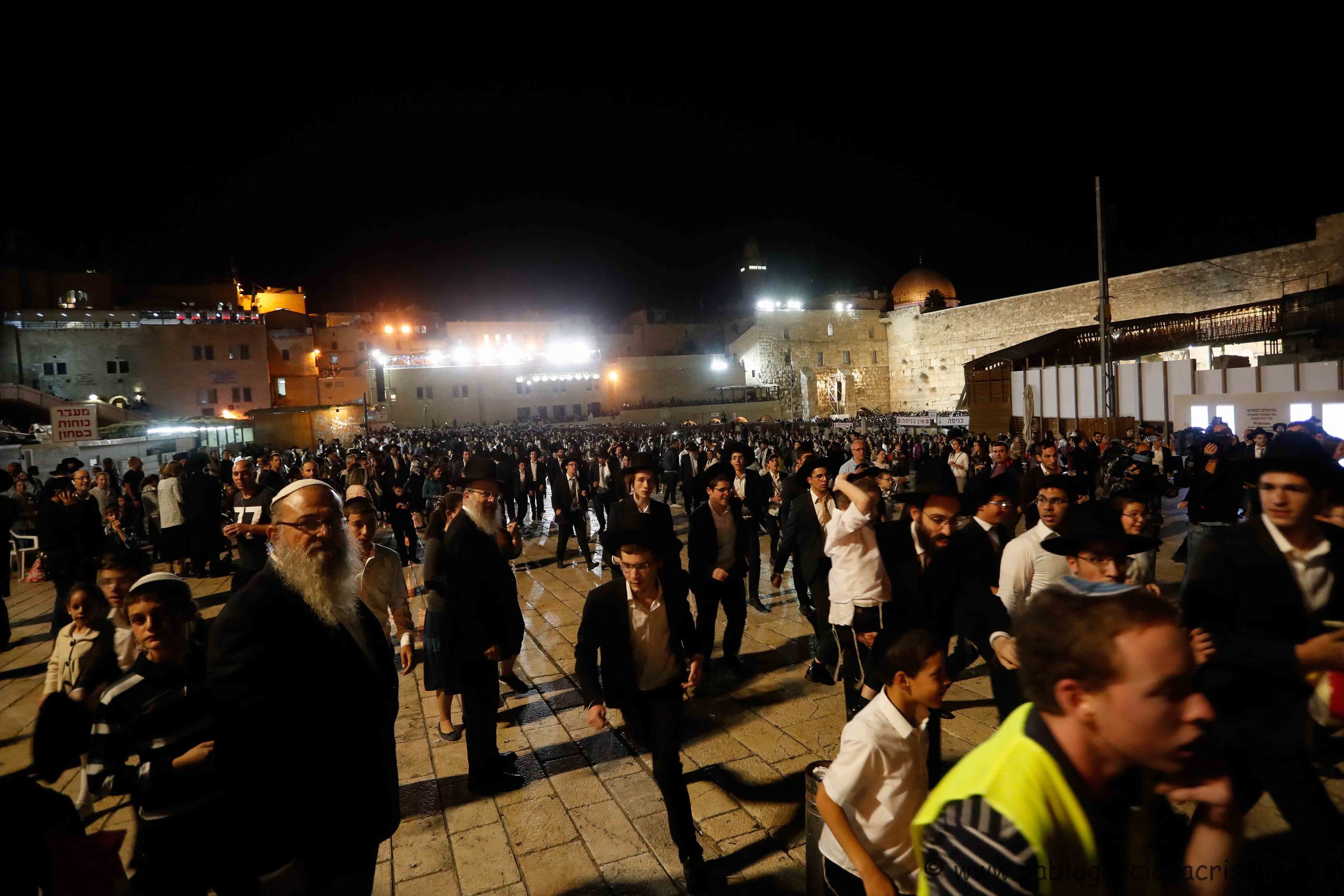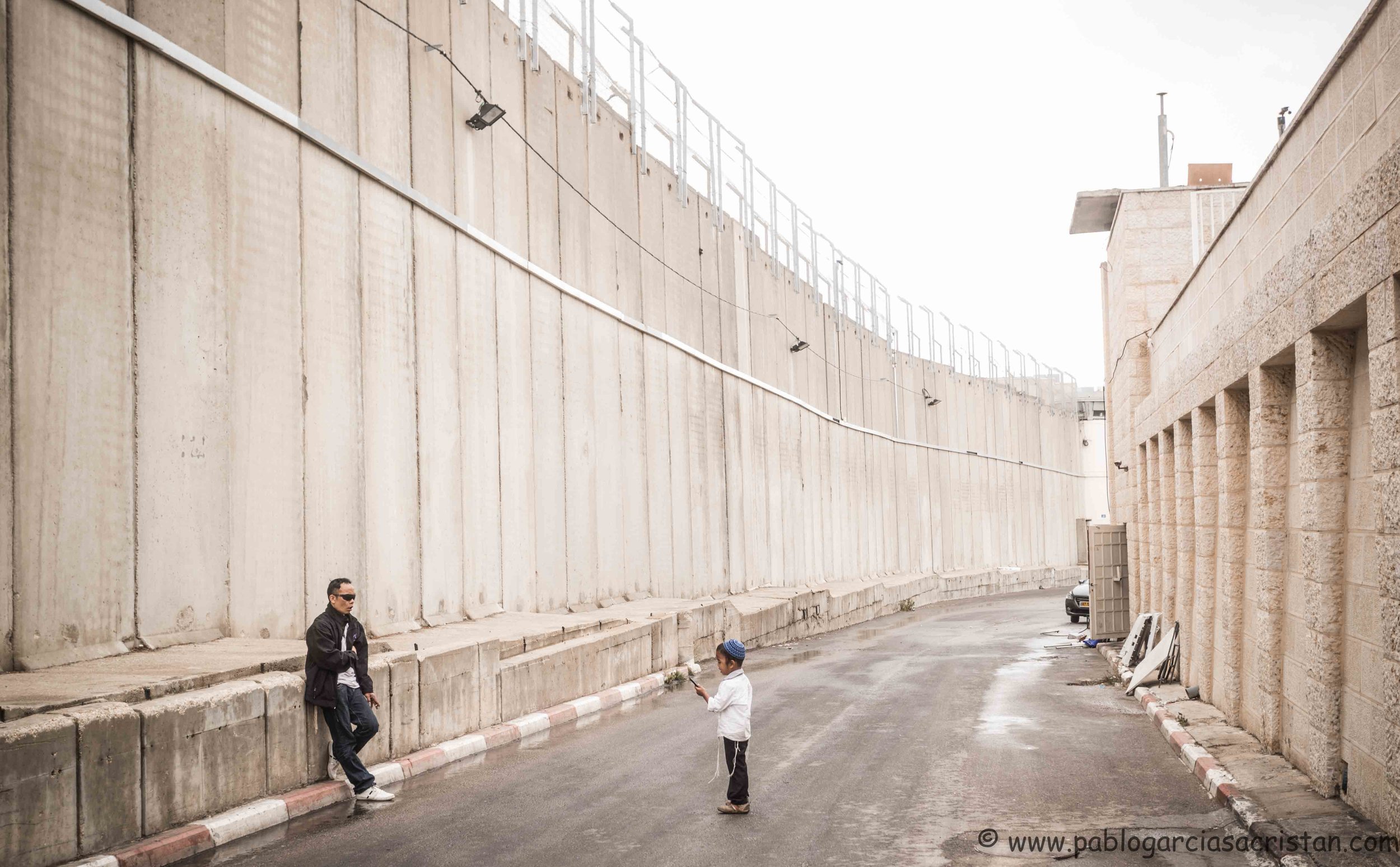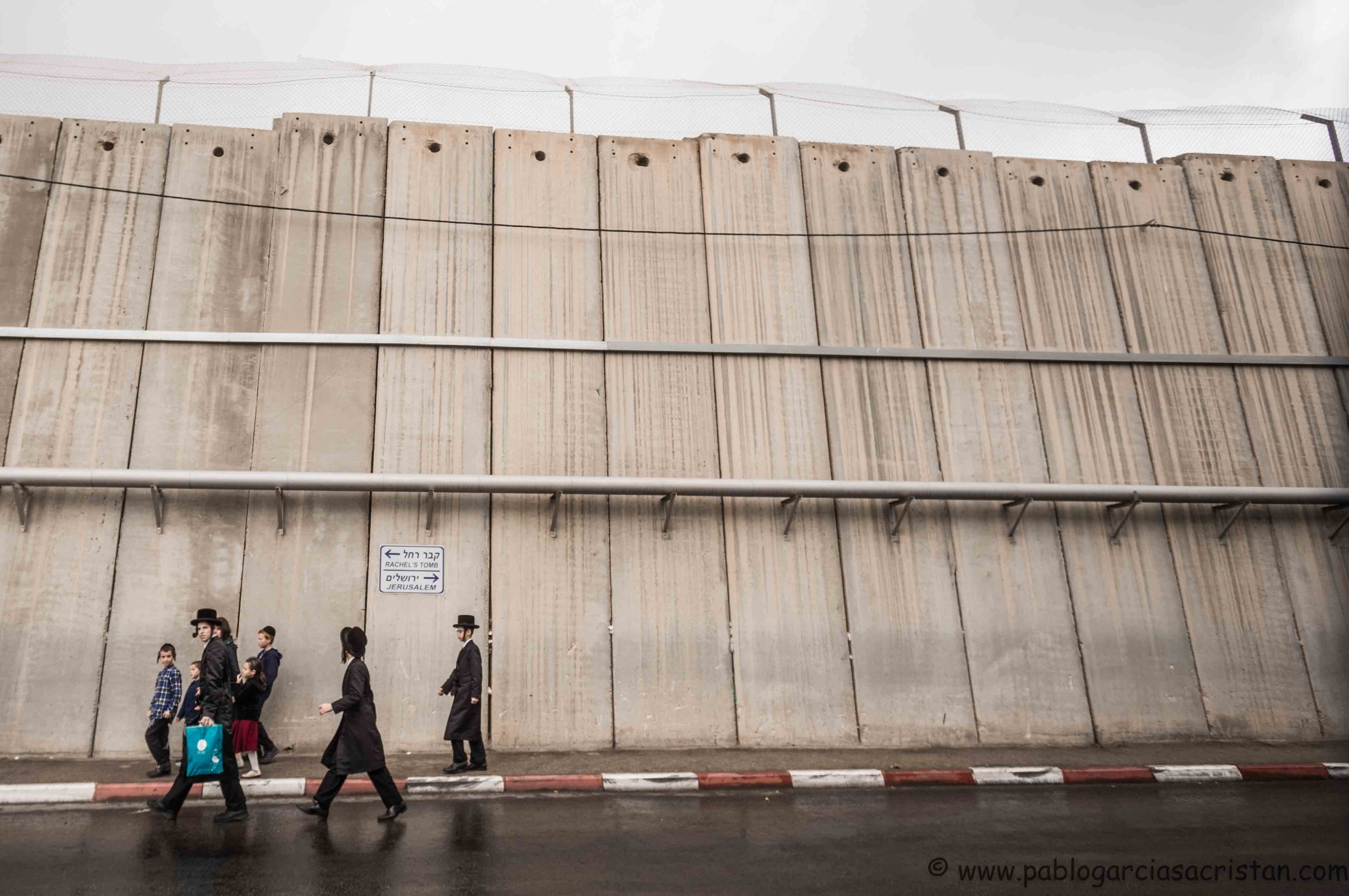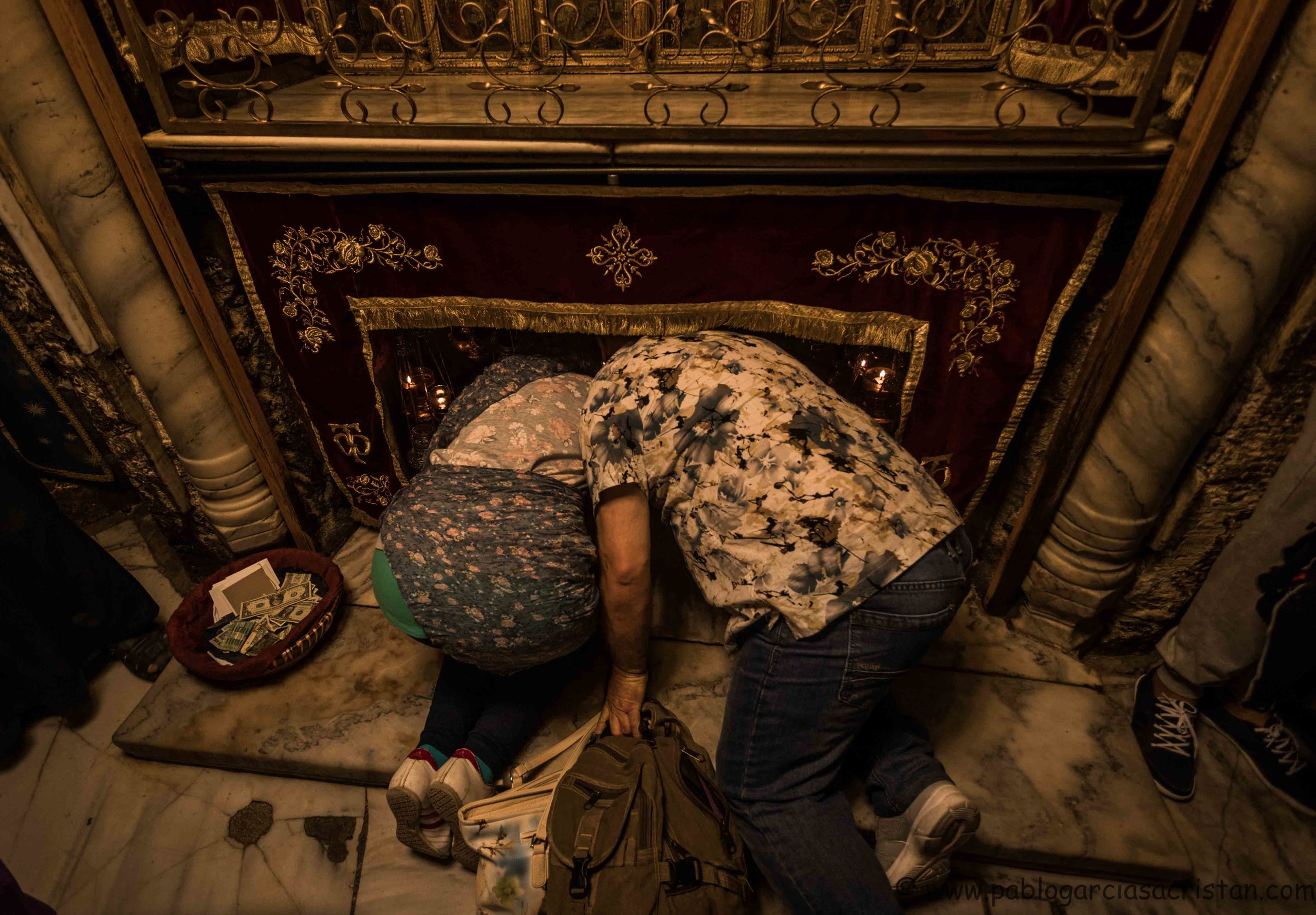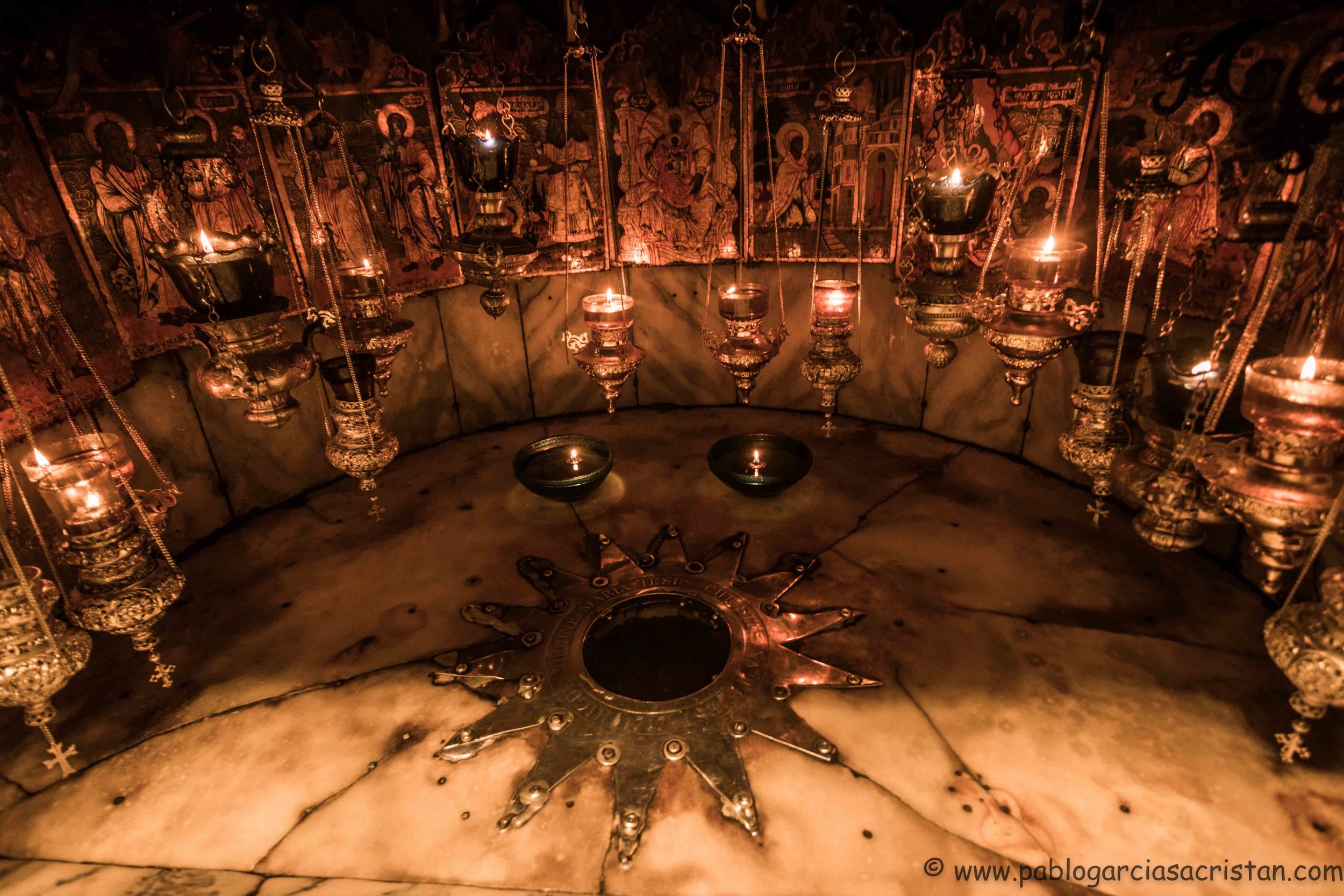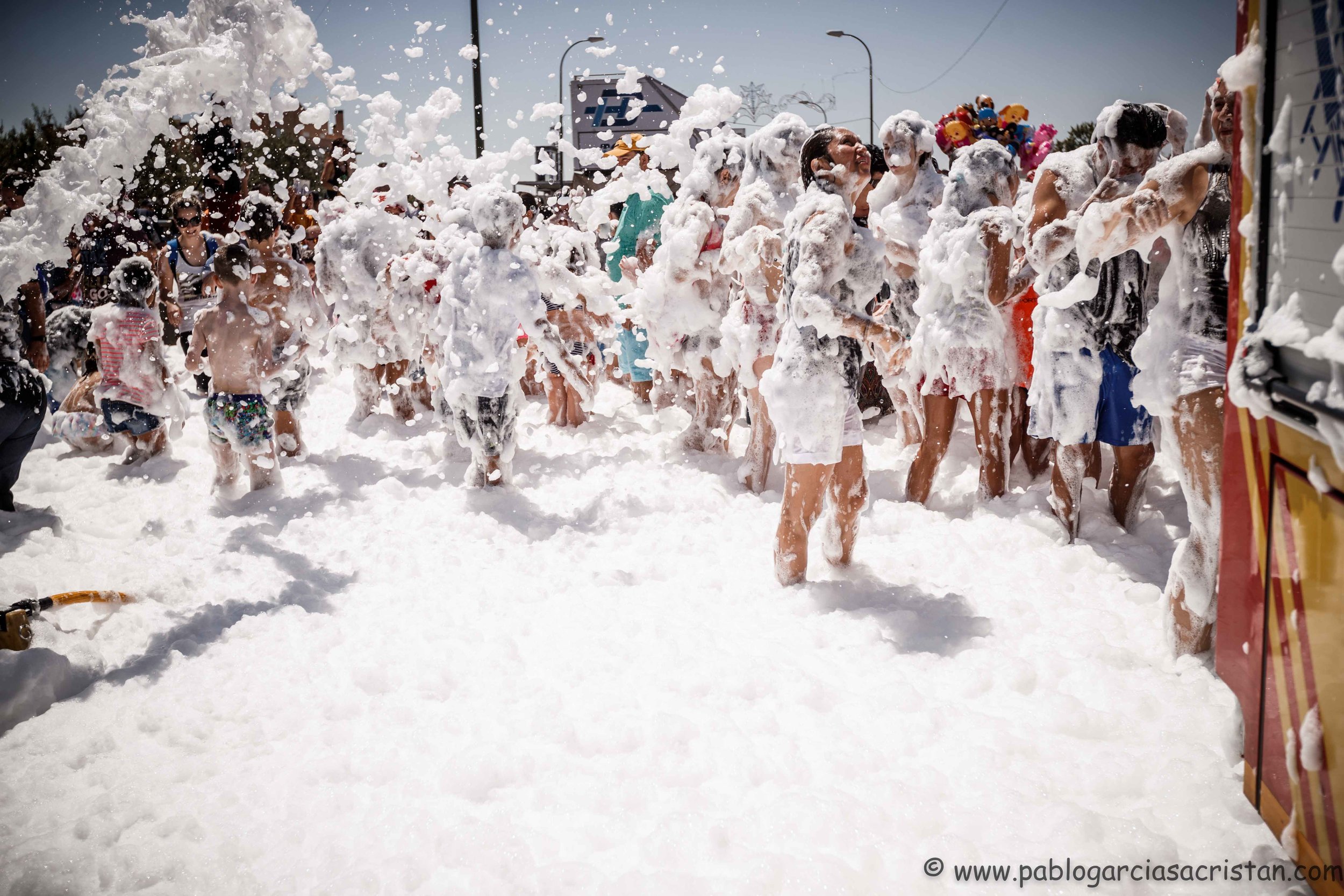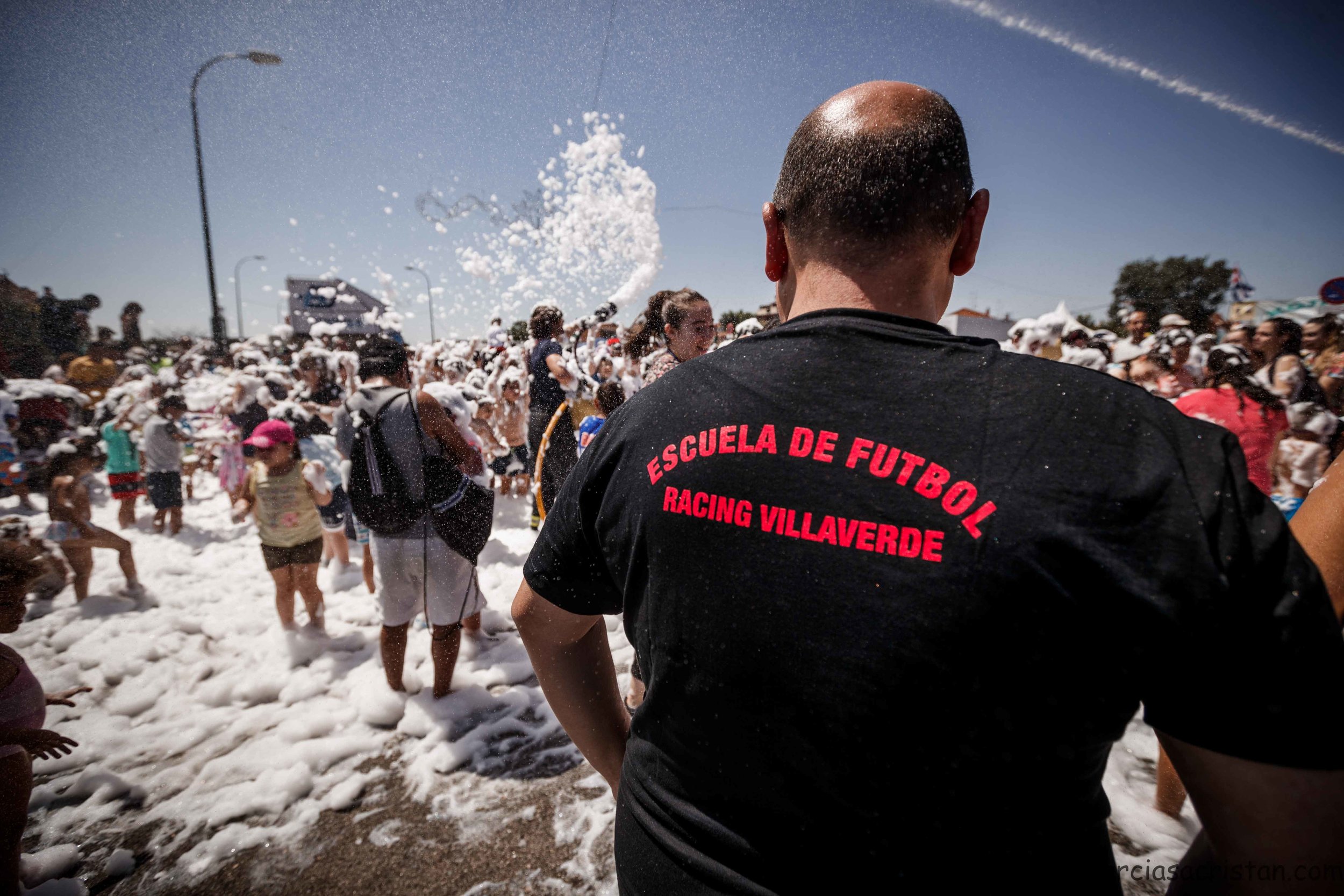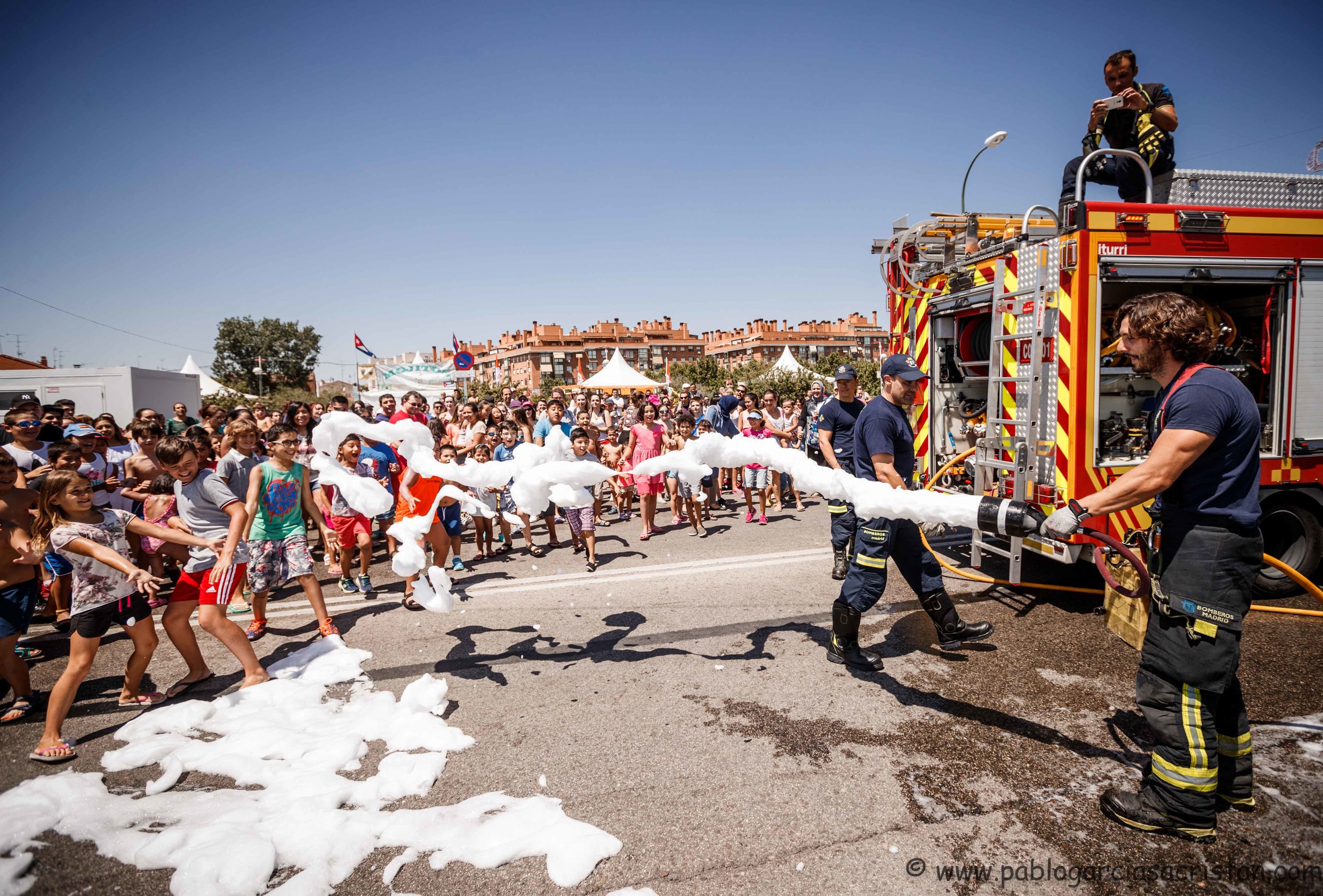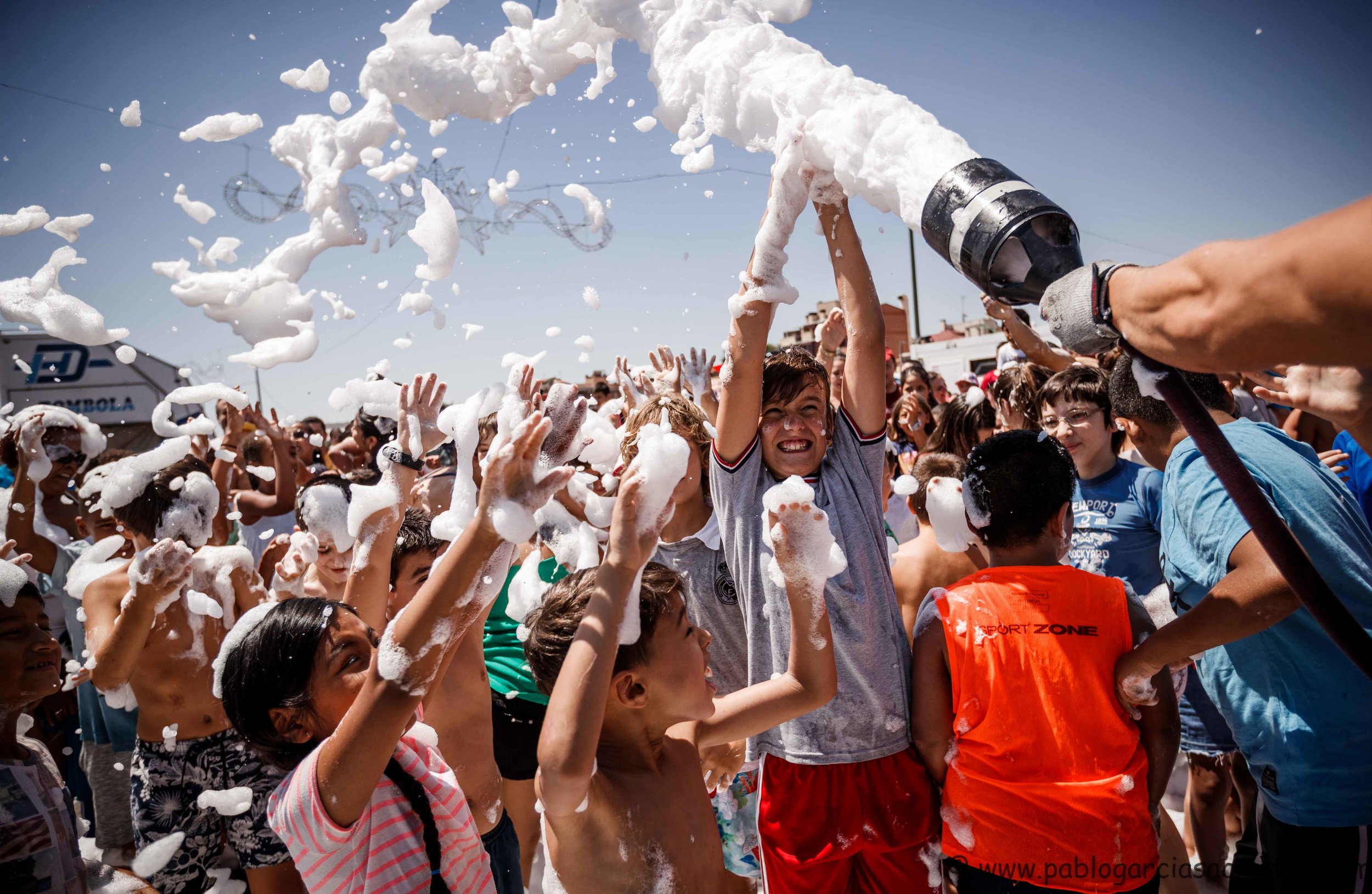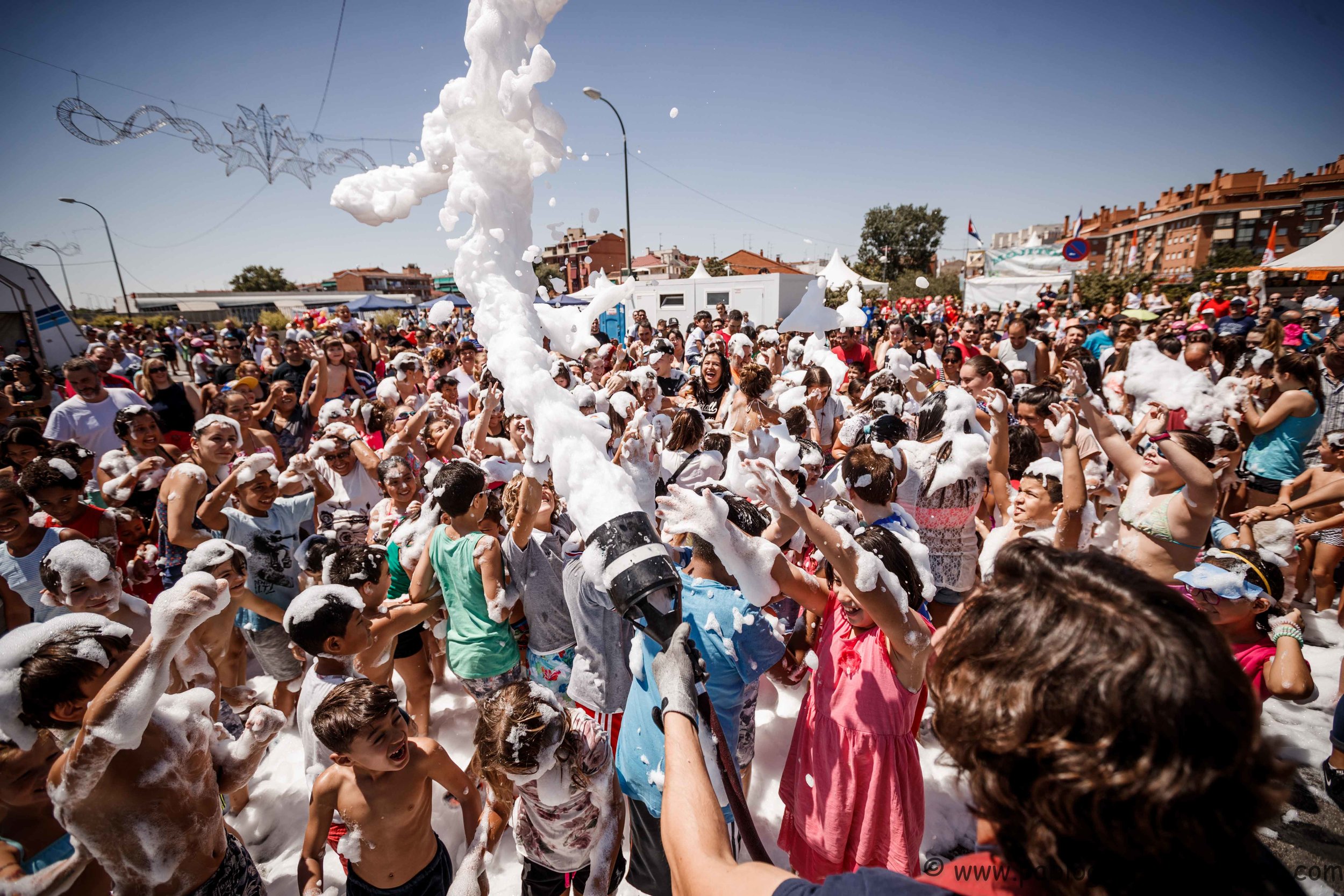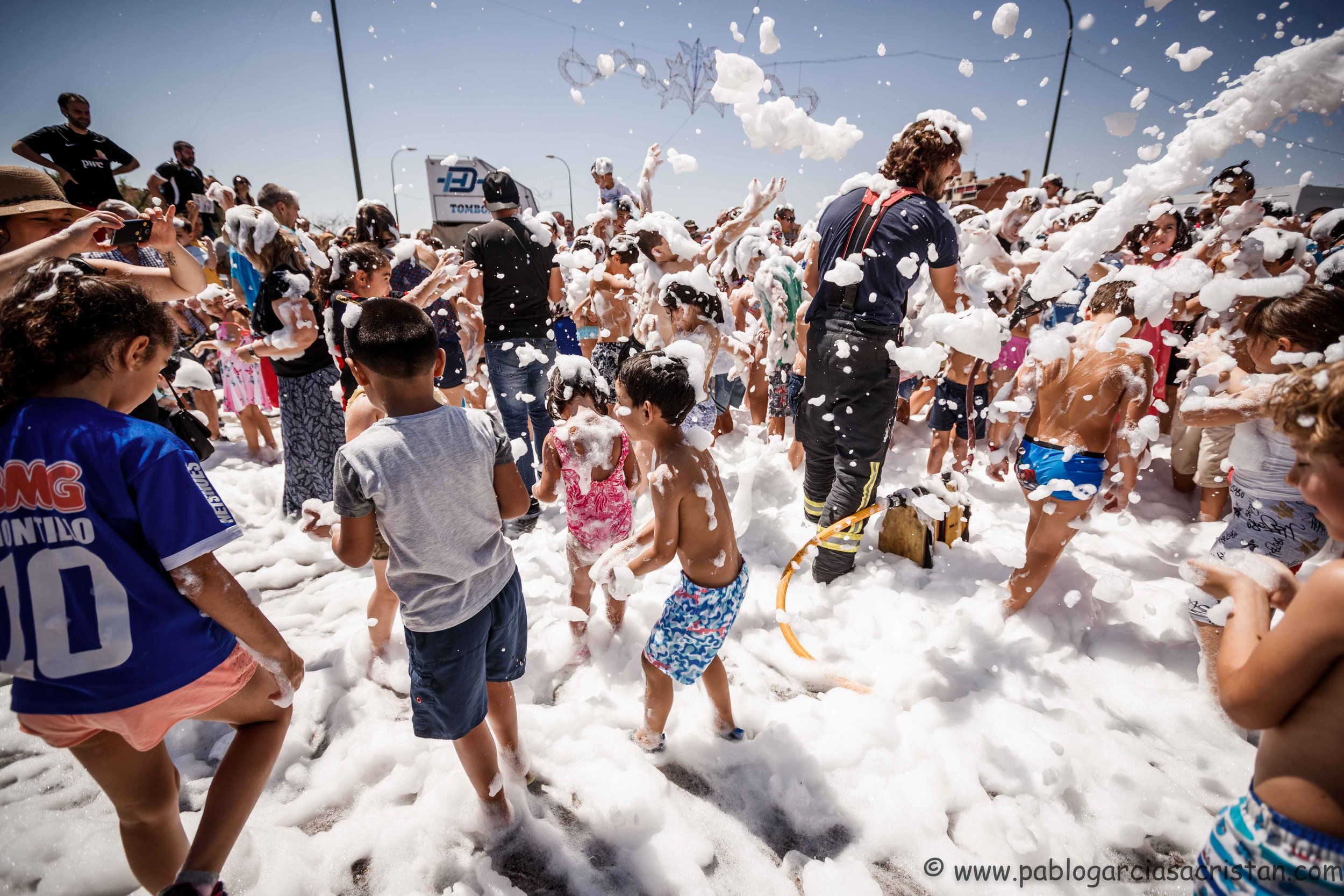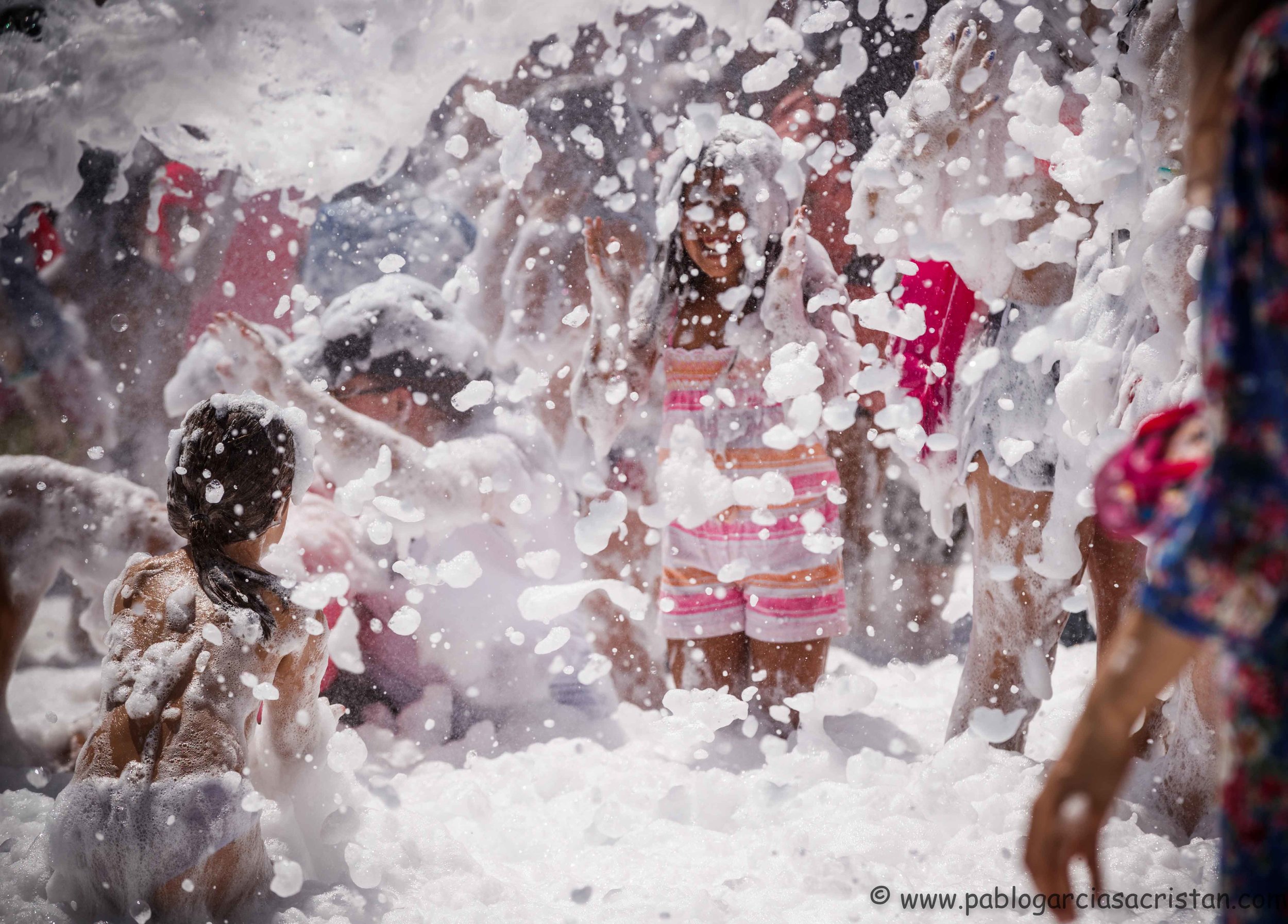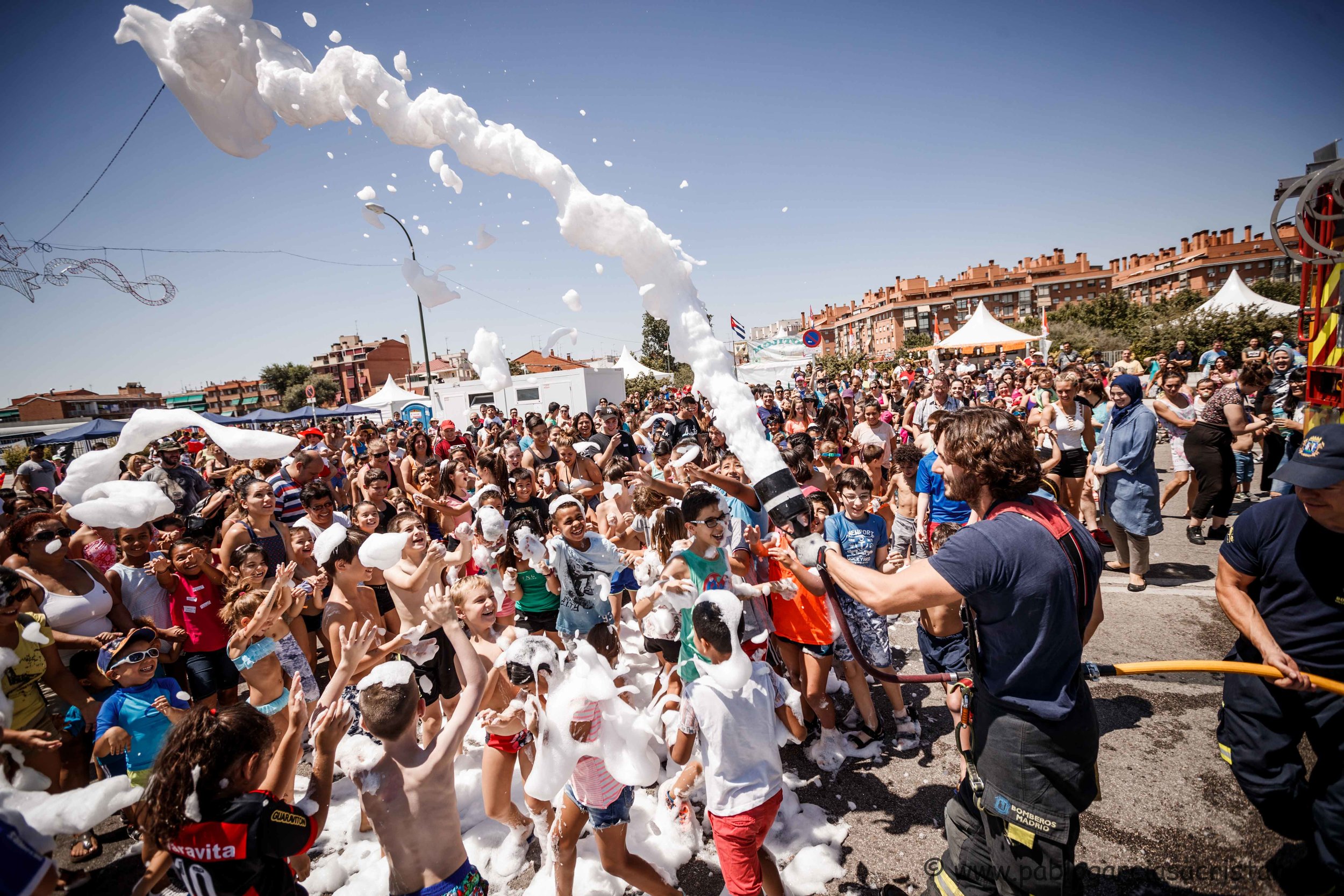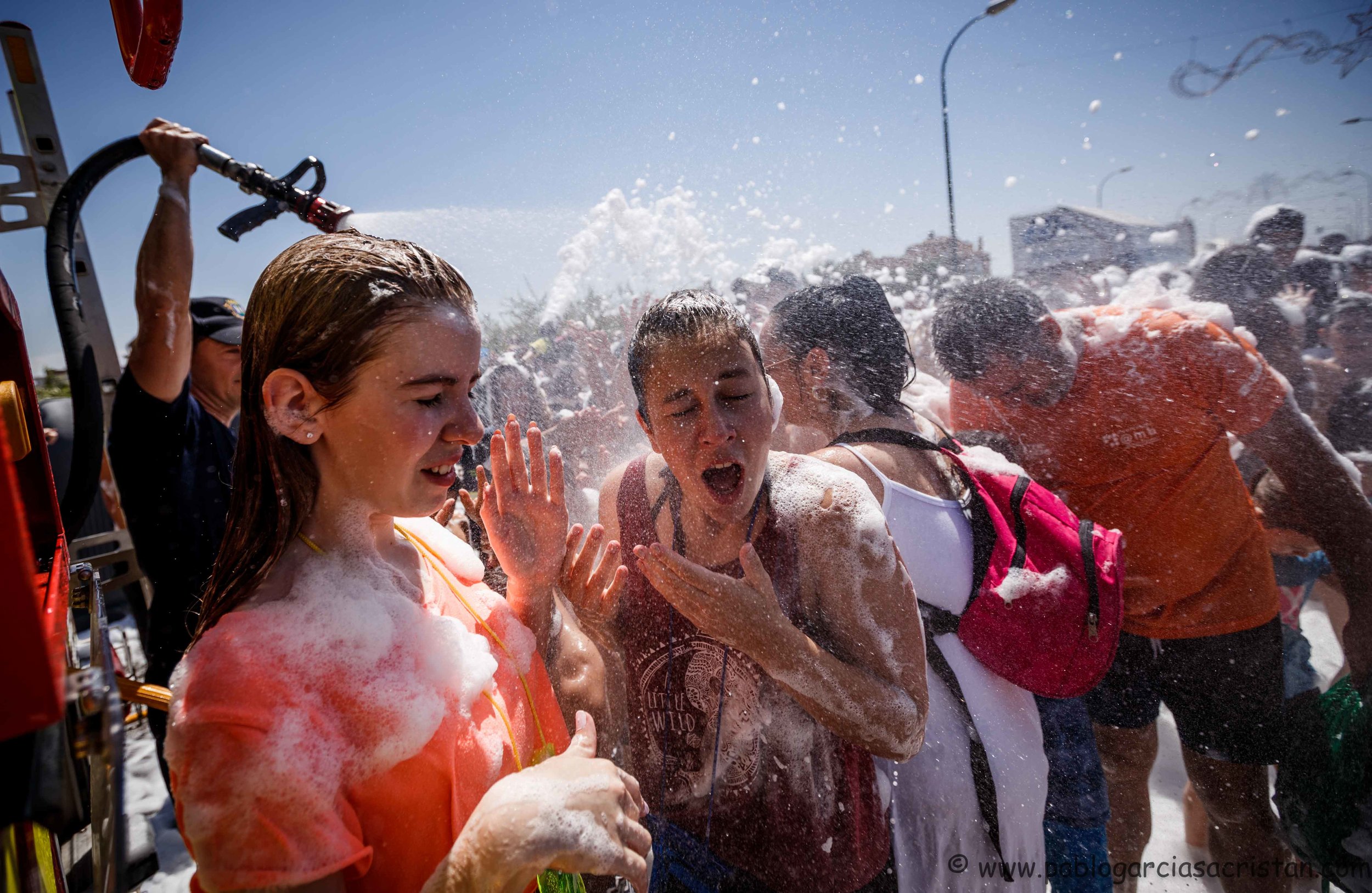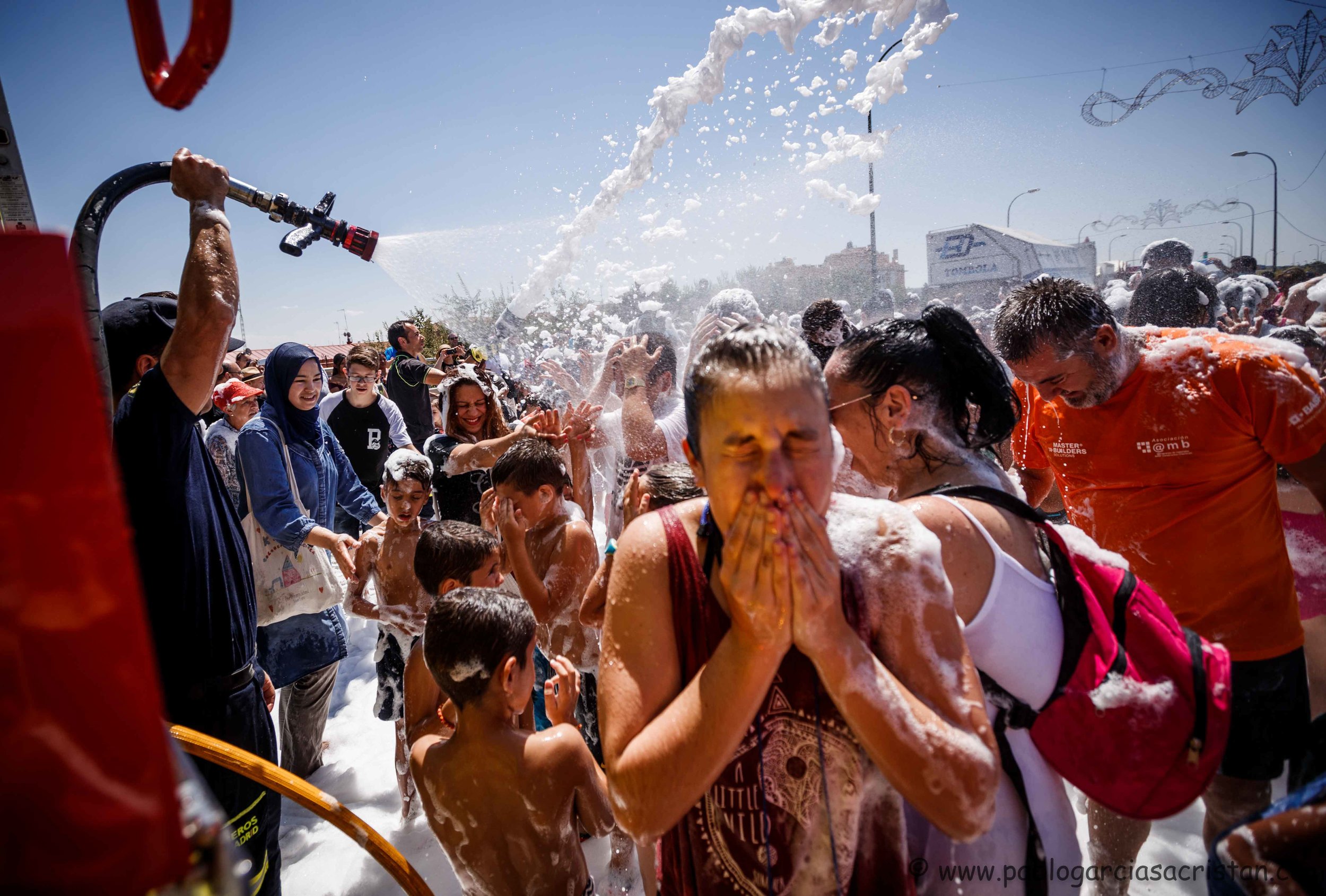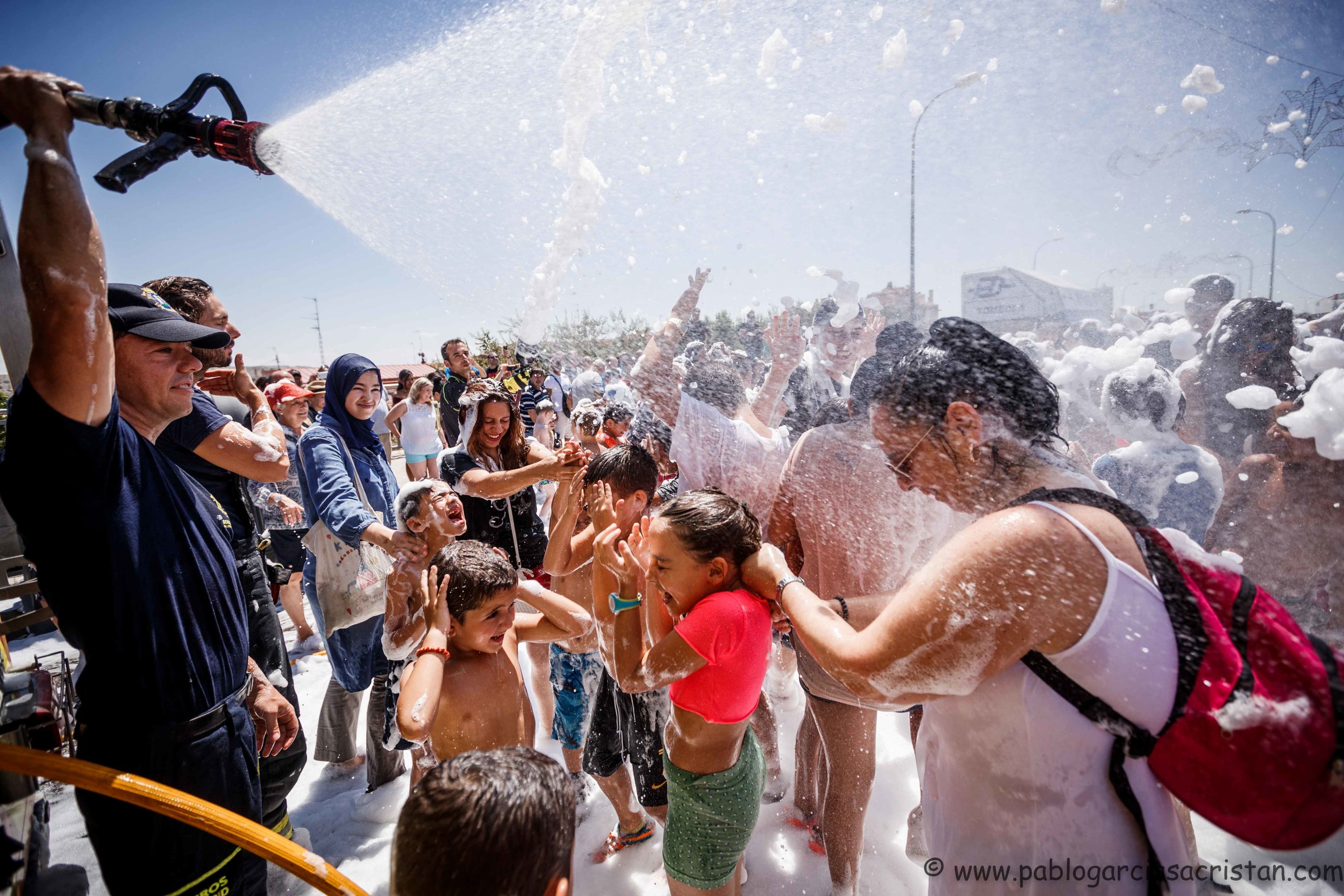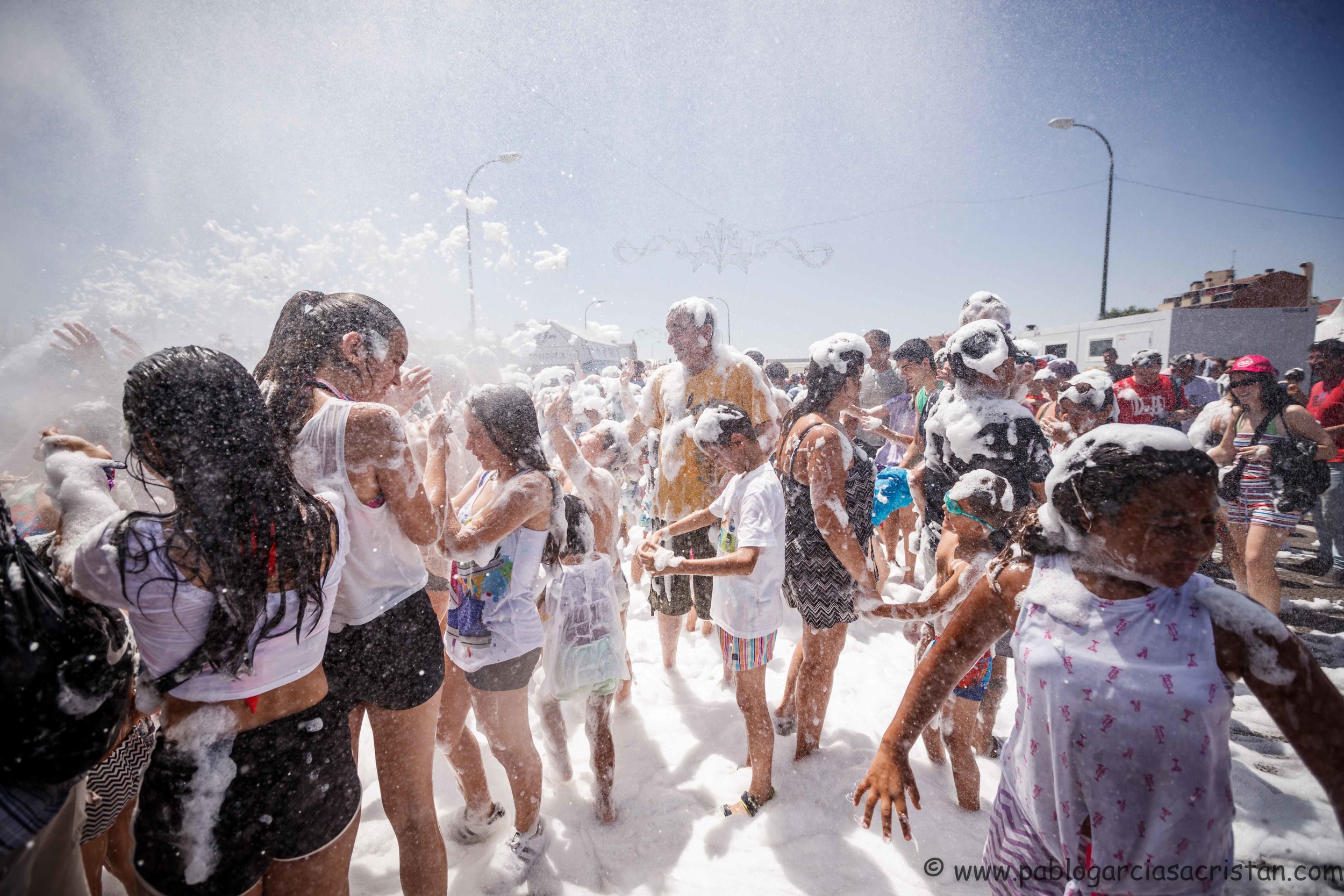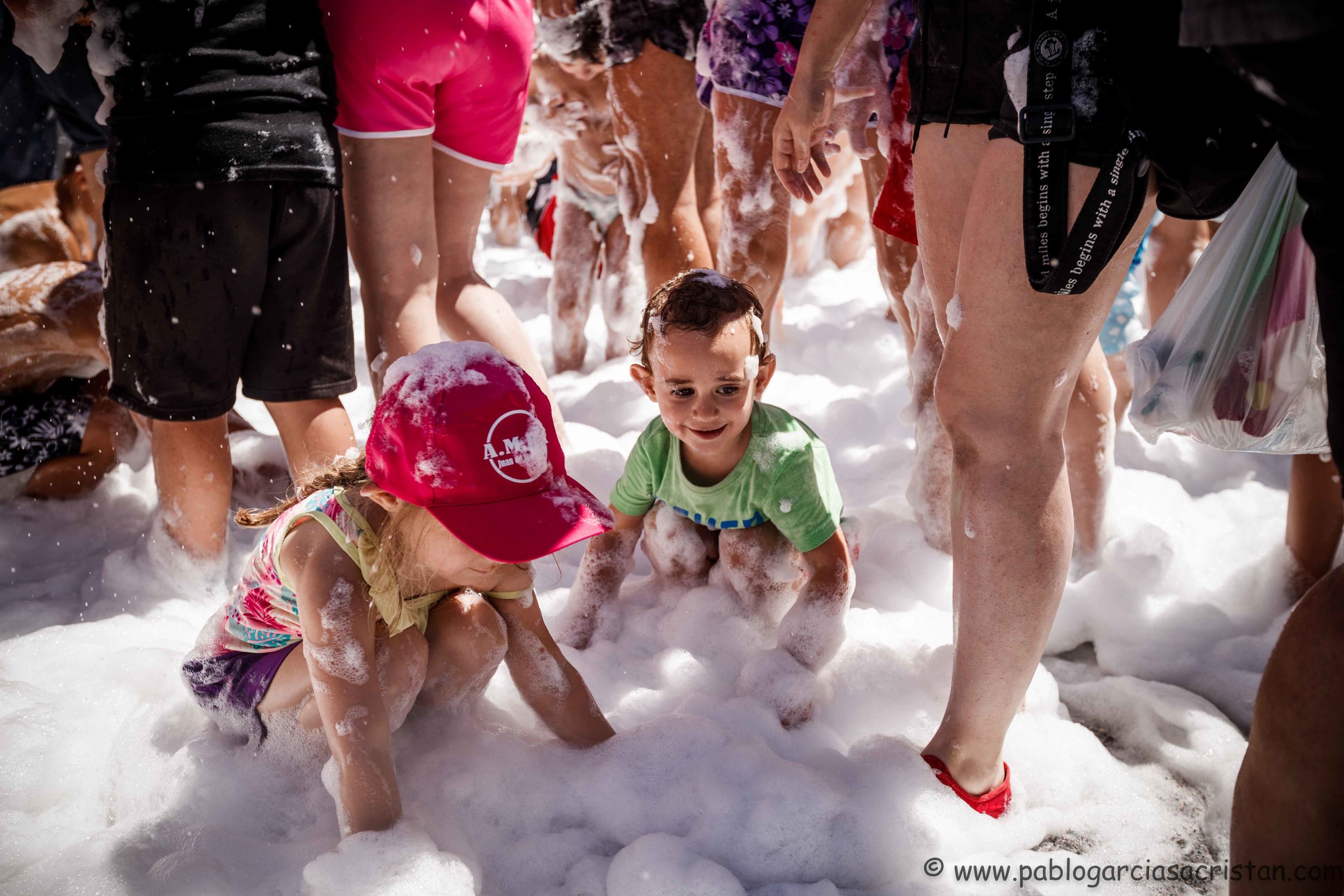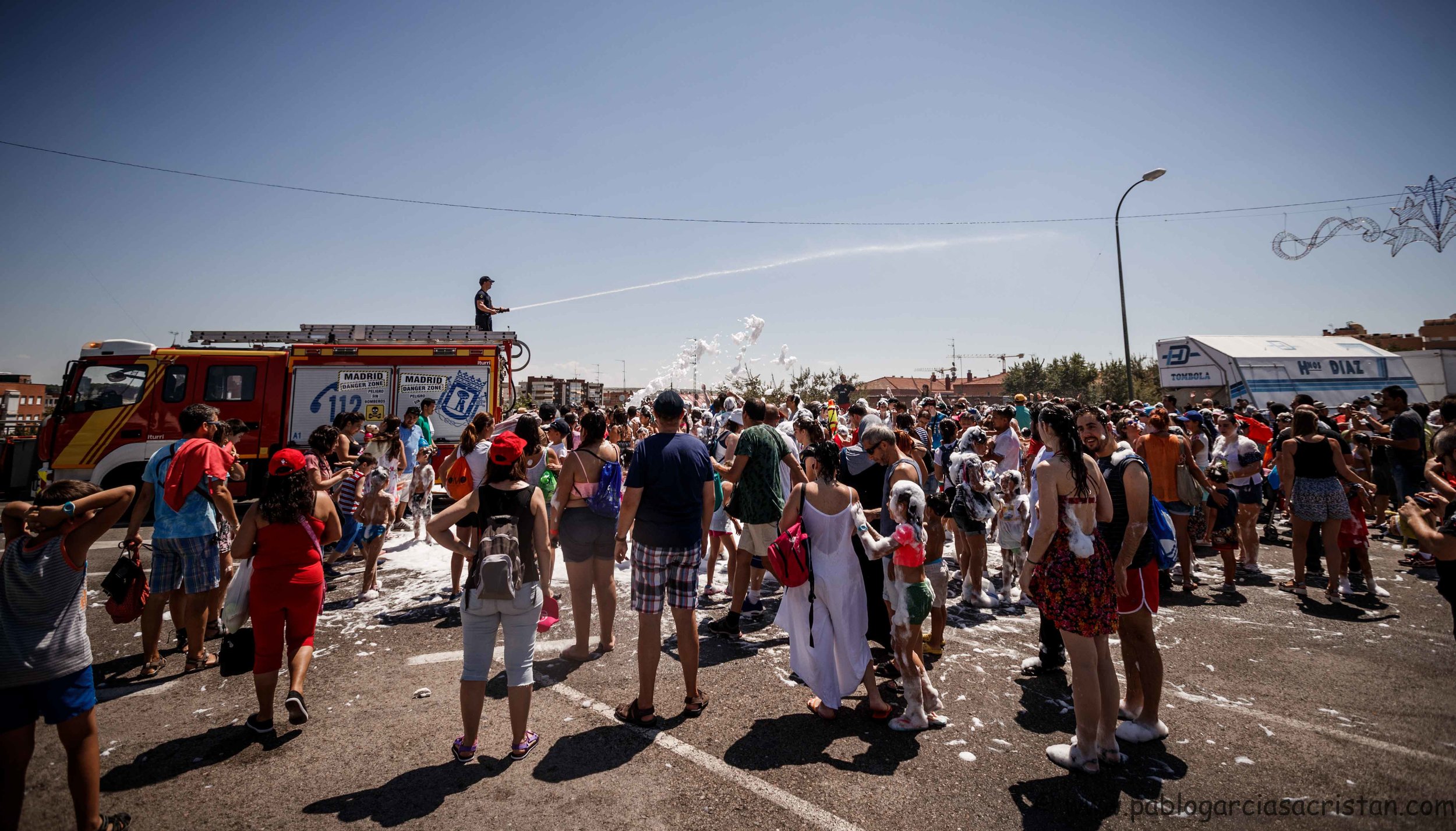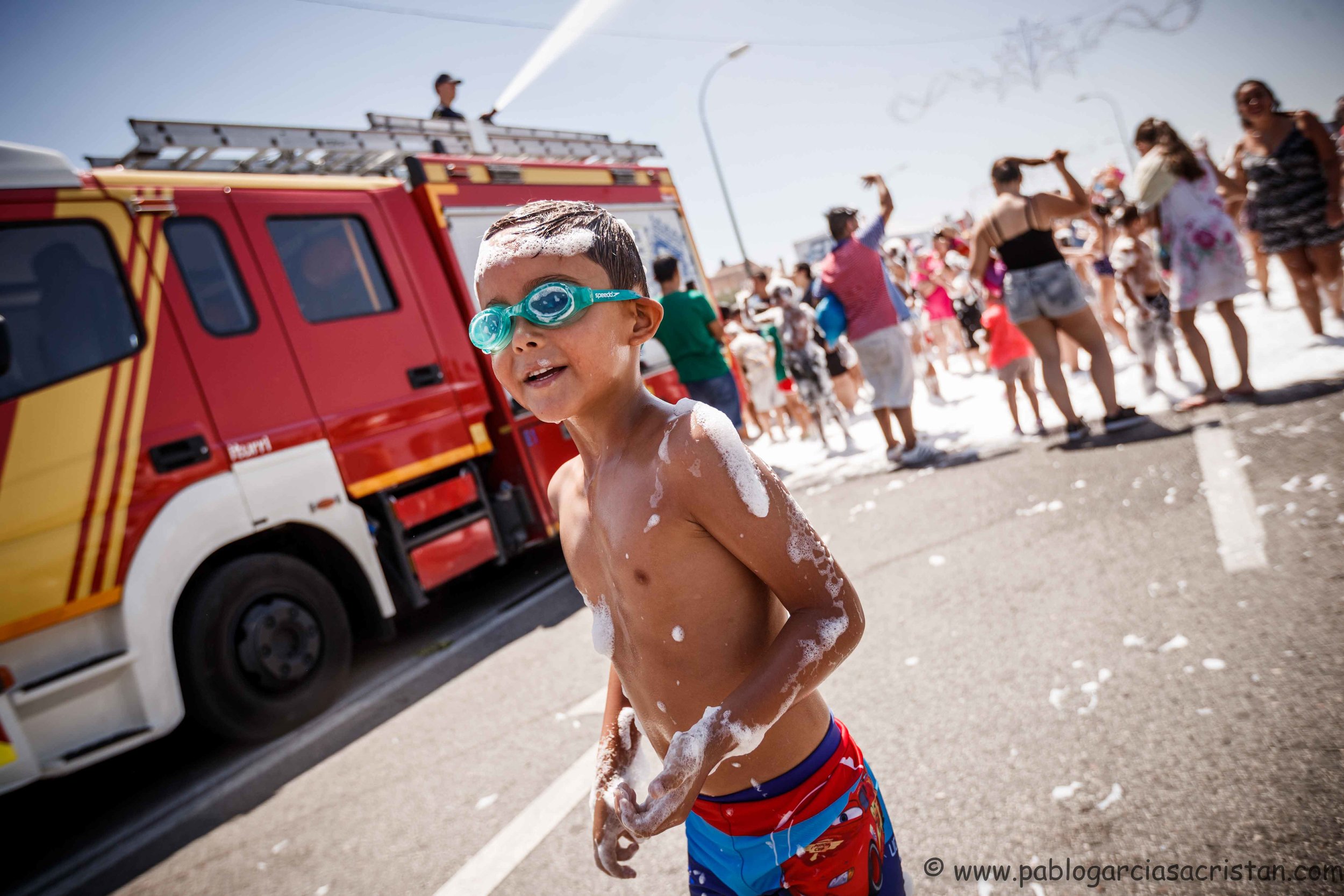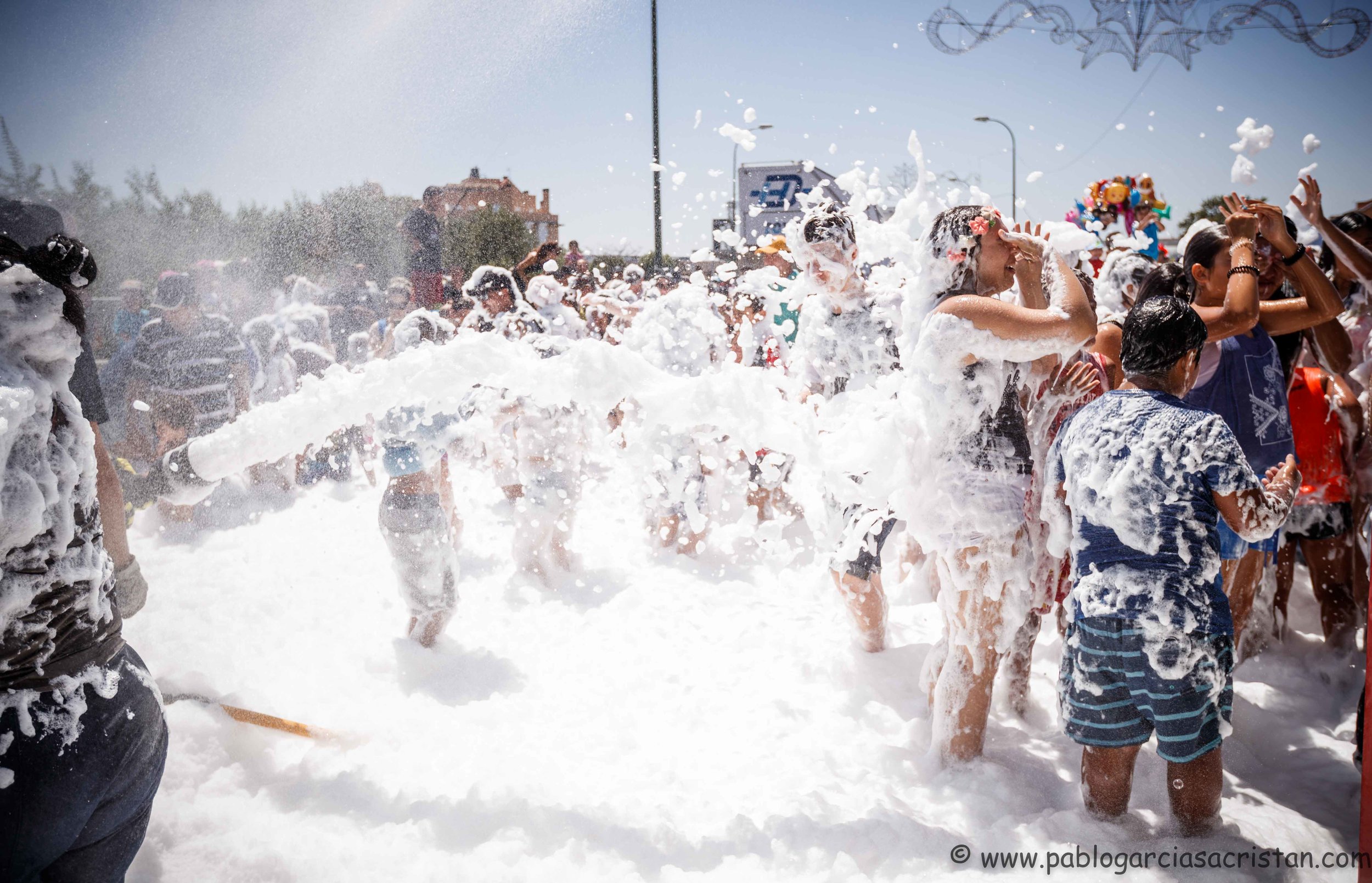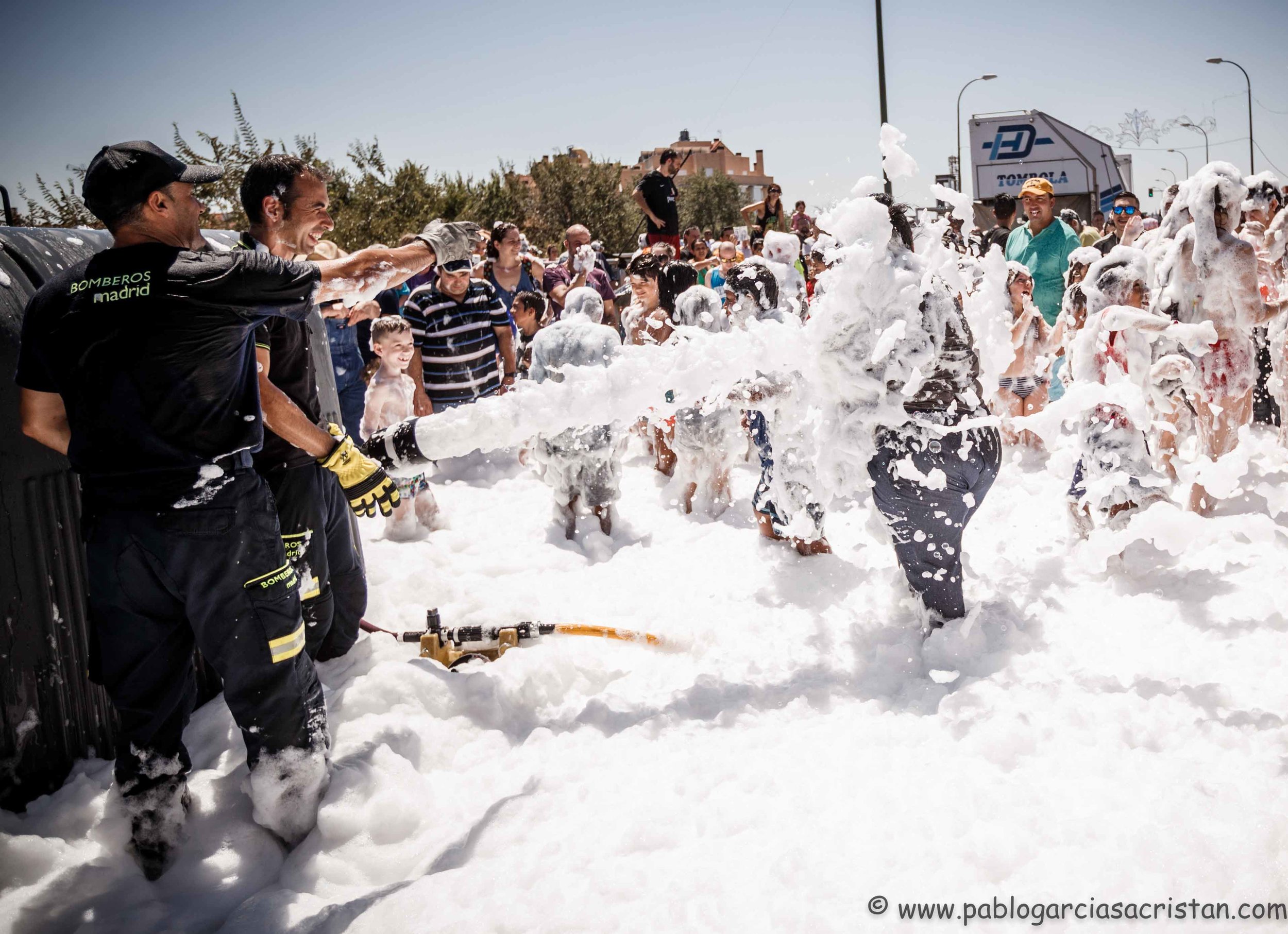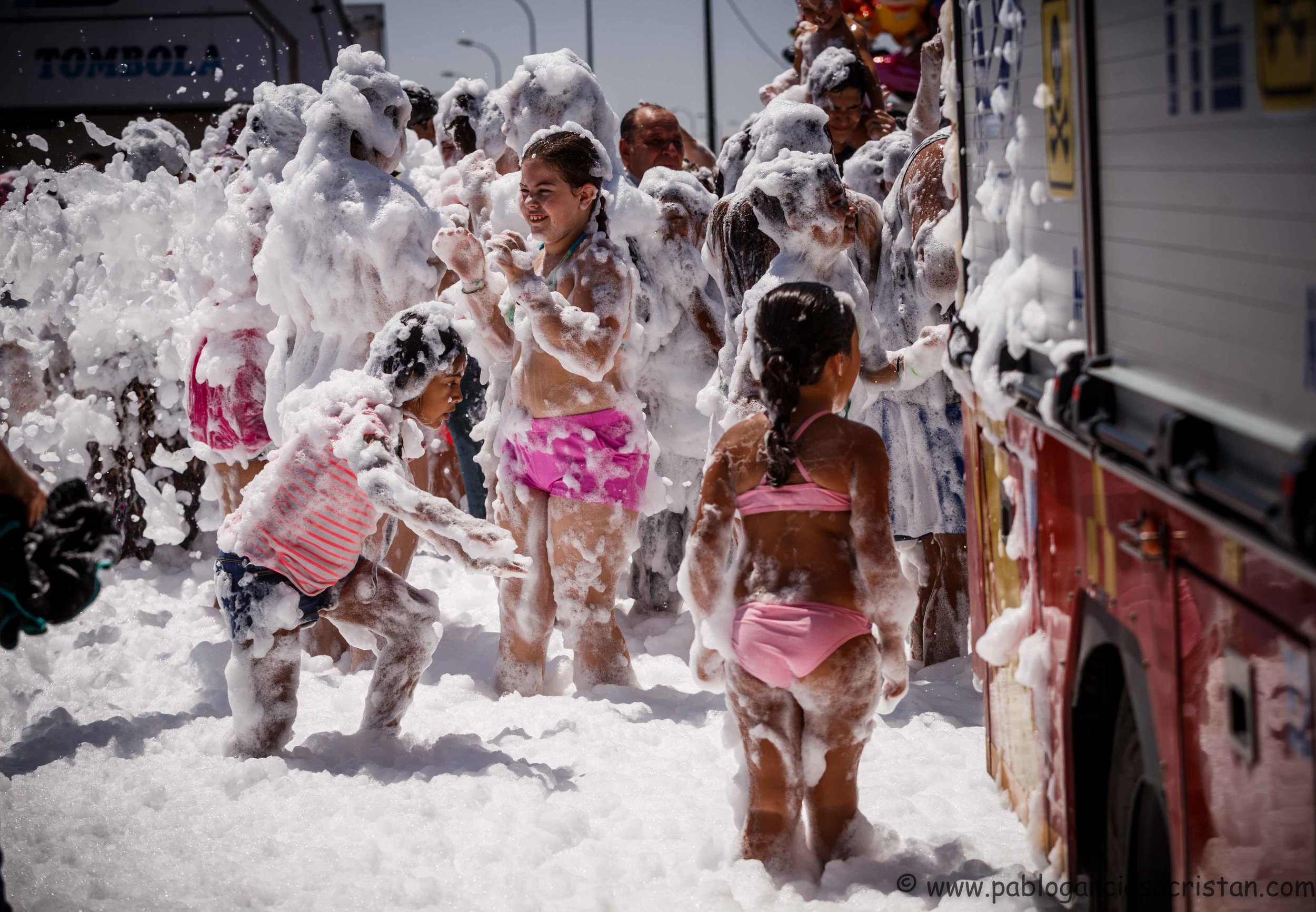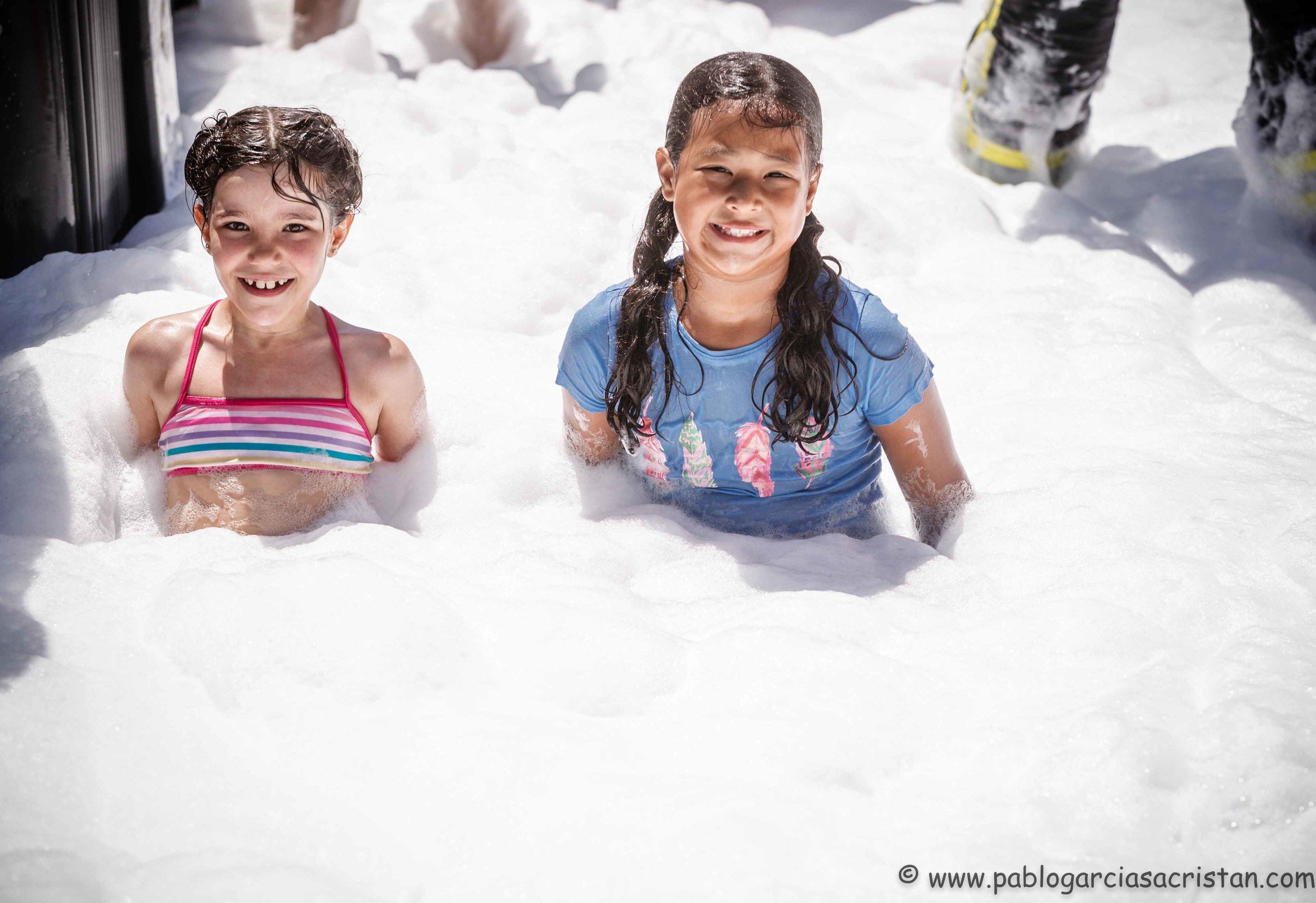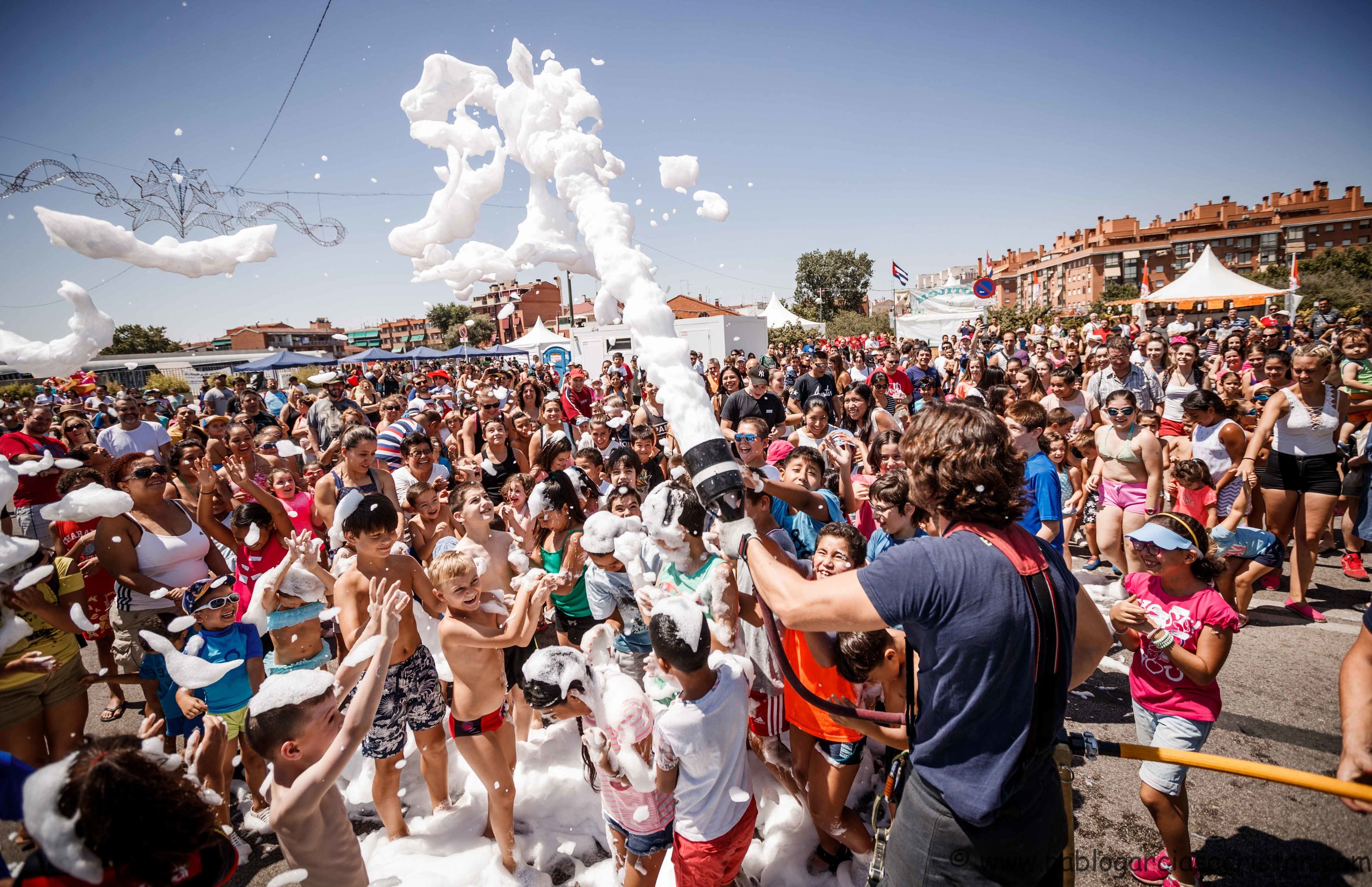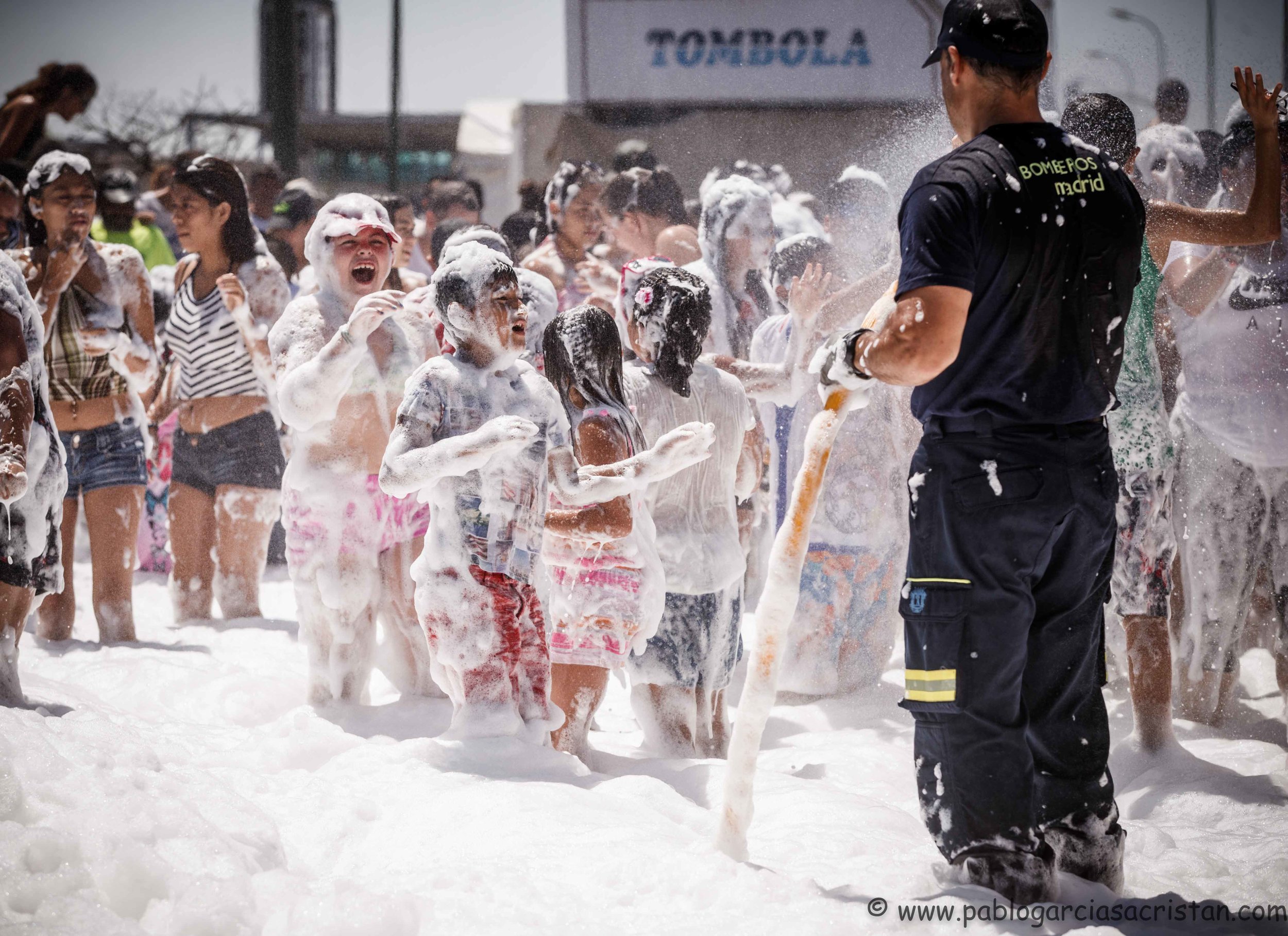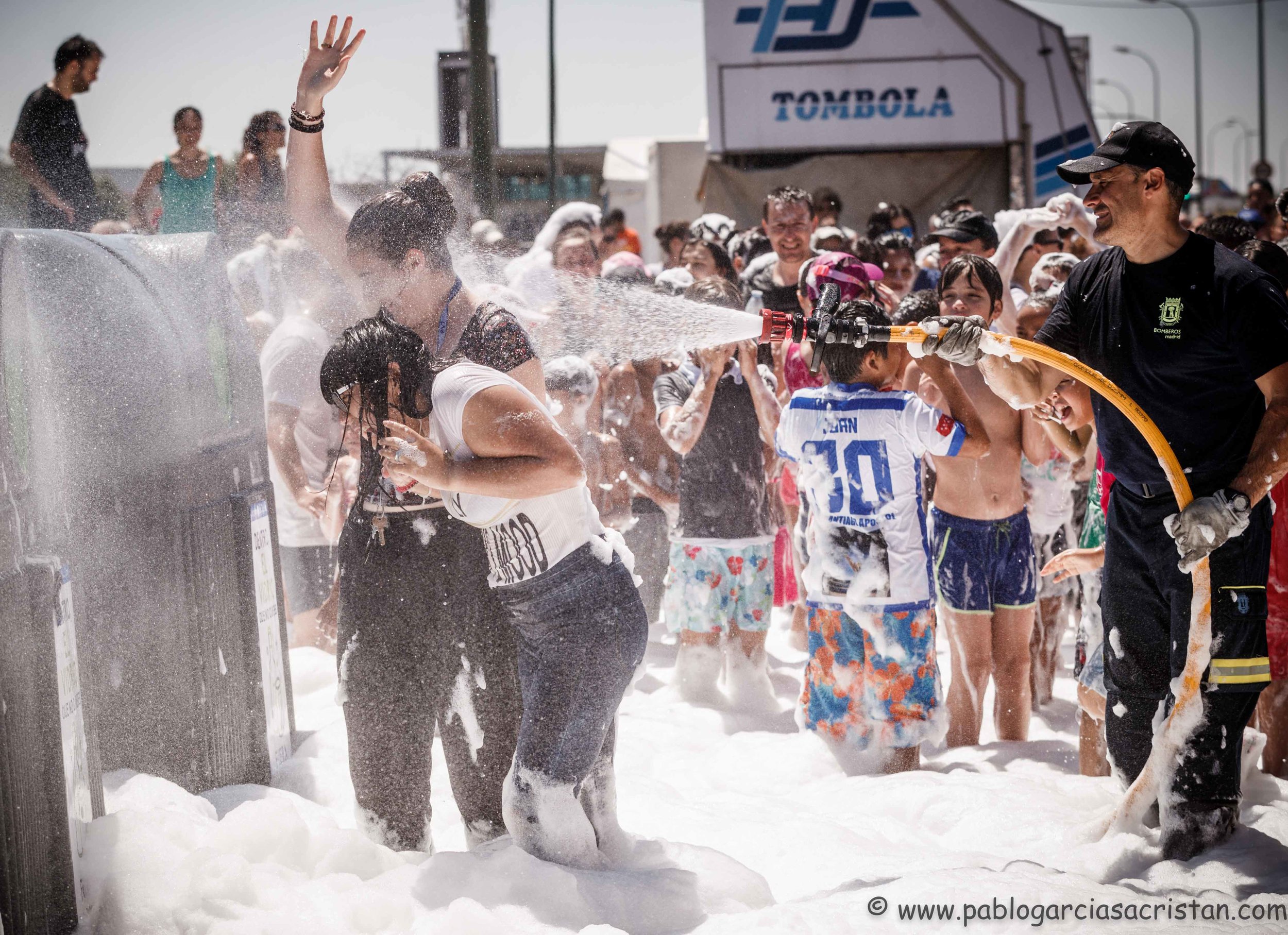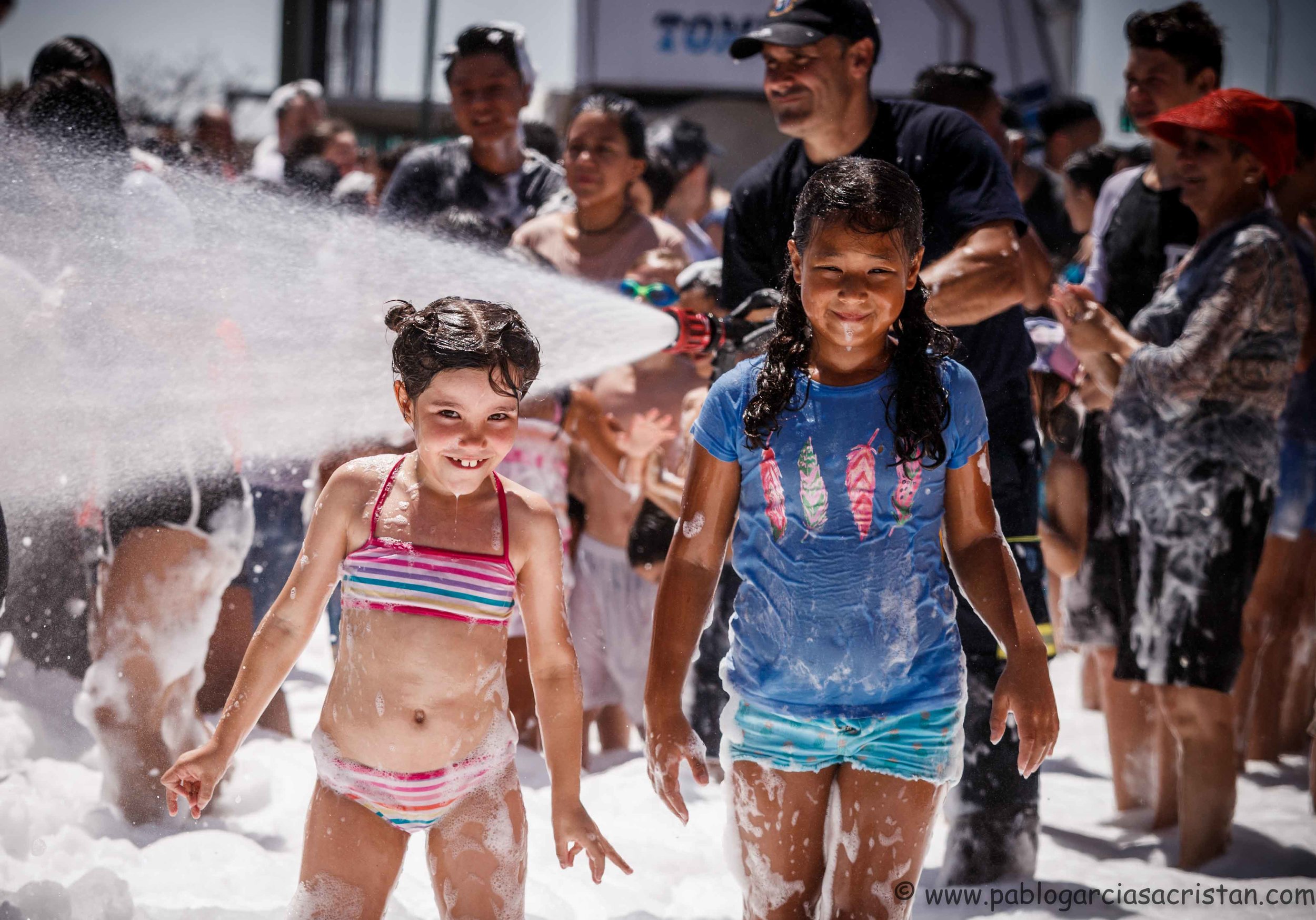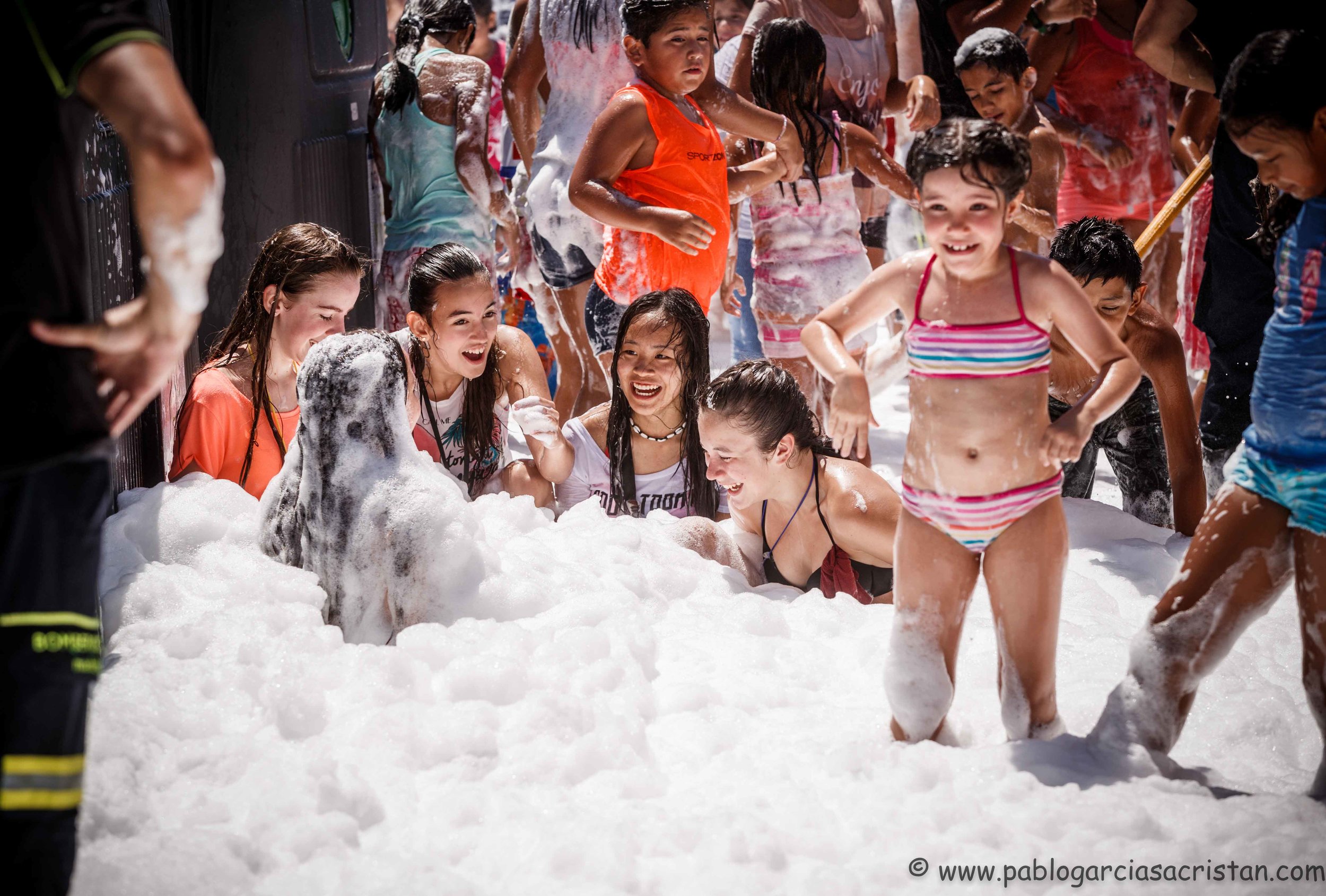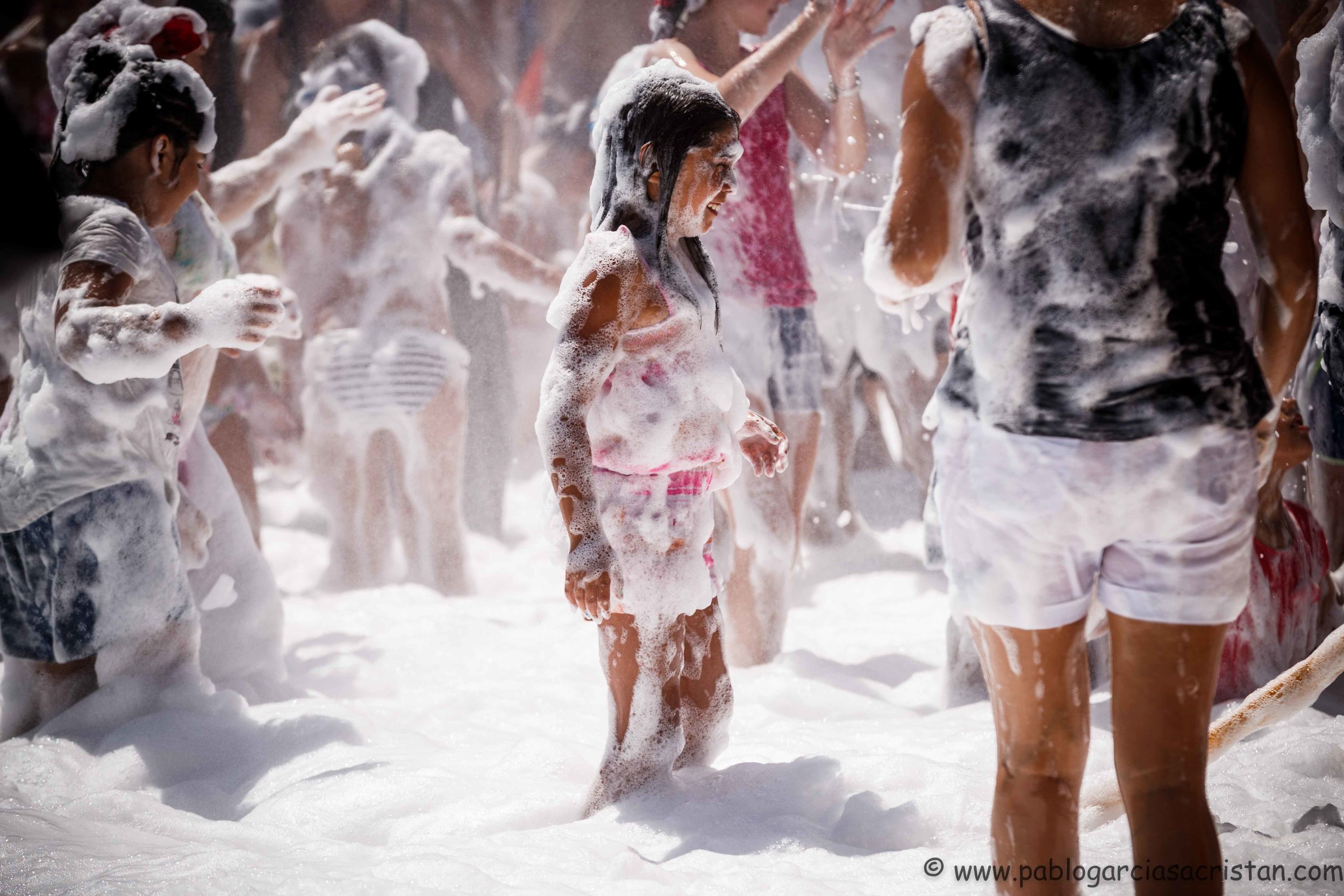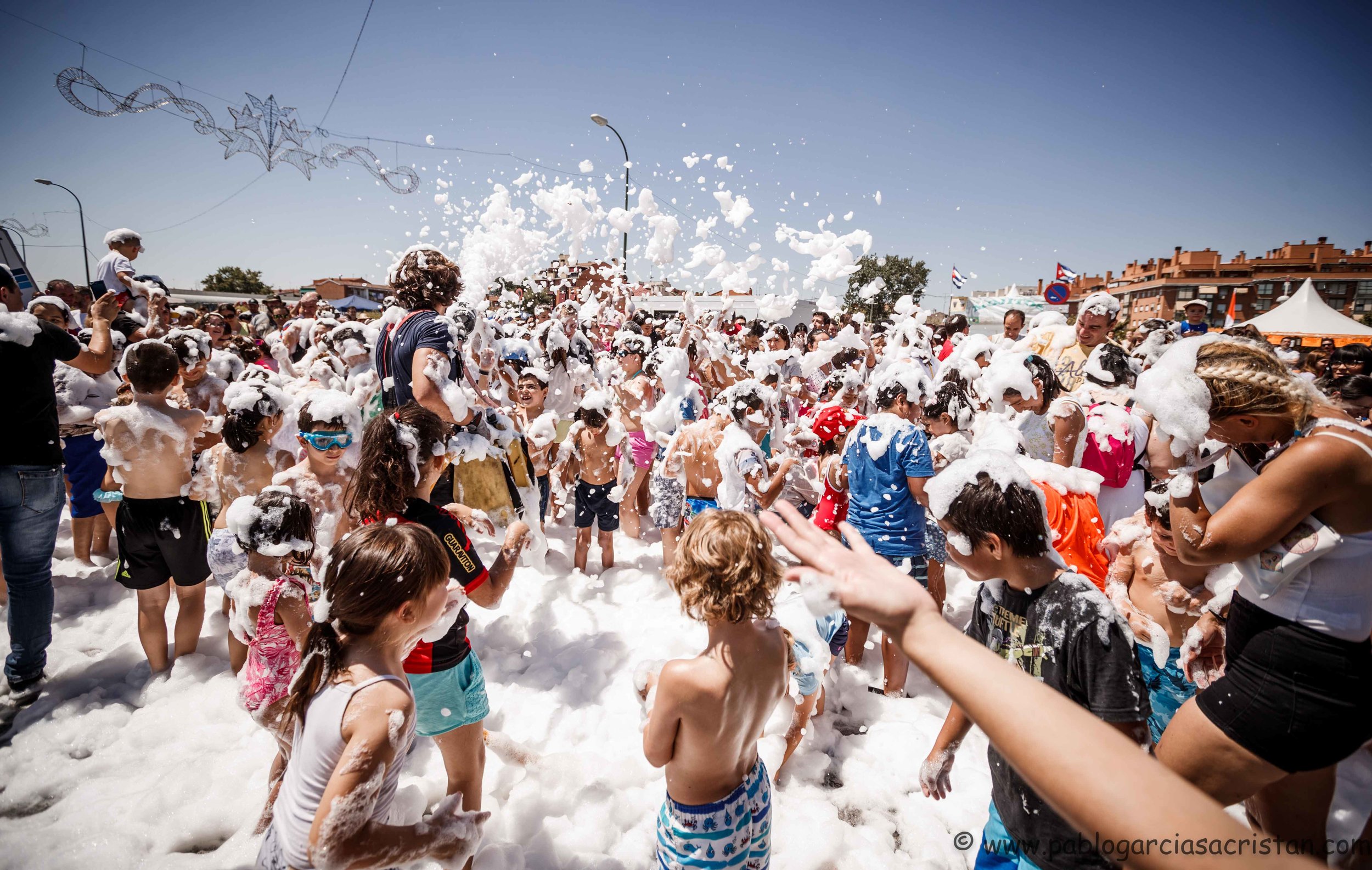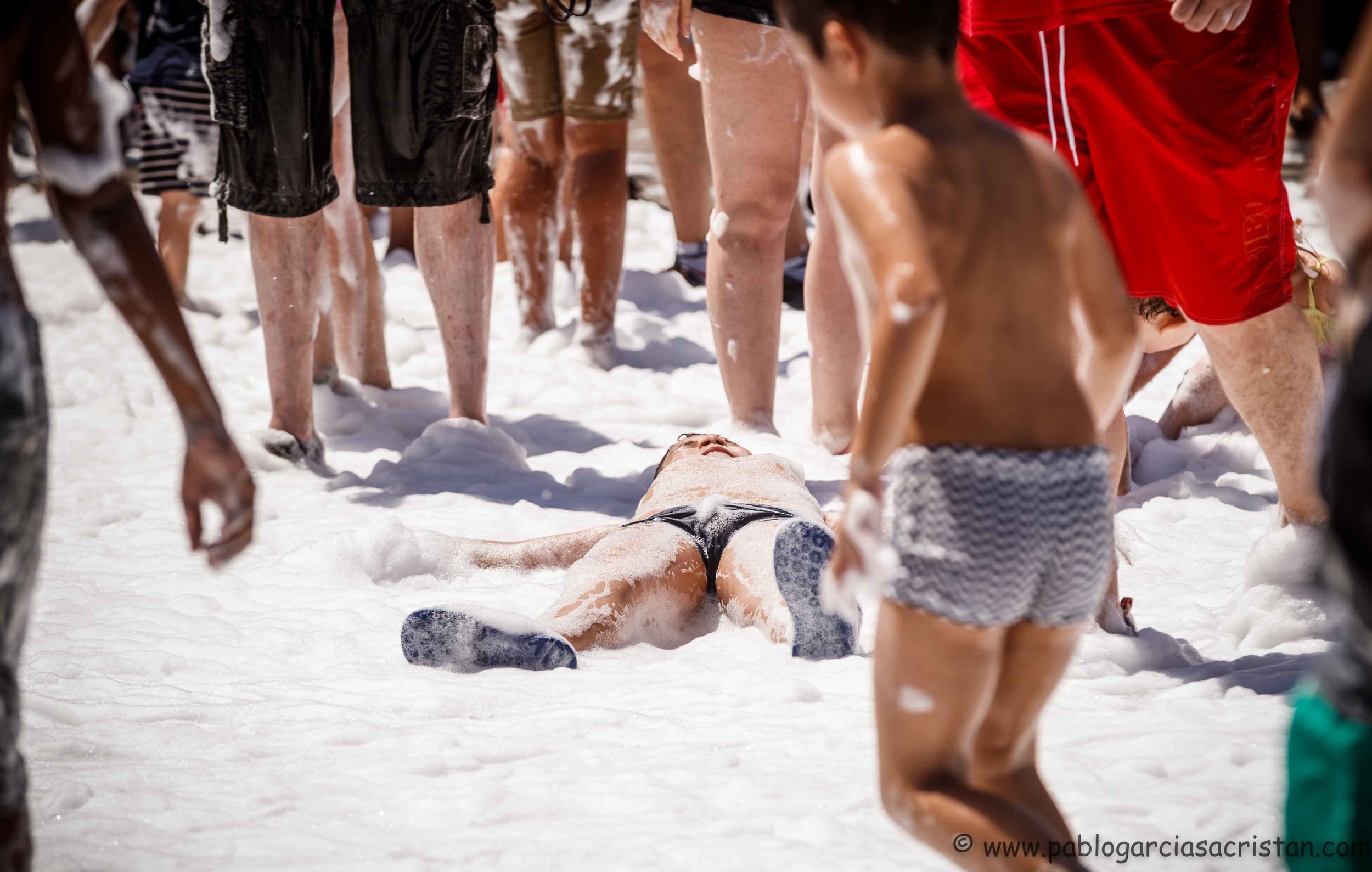Álvaro tiene 26 años y lleva más de cuatro entrenándose. Los lunes, de siete a ocho de la tarde, hace un programa de radio en Hortaleza. También se maneja como discjockey. Pasó por la universidad San Pablo CEU y acude a un curso de inserción laboral dos días por semana. Sigue viviendo con sus padres y no quiere novia "de momento".
Un proyecto inclusivo para competir... y compartir: así se entrena el equipo de Adisli cada viernes
Inés hace un curso de desarrollo profesional audiovisual en la Universidad Complutense y, como representante de una asociación, intenta ser la voz de todos sus compañeros. Quiere tener un trabajo "de cara al público".
Jesús cumplió 29 años y trabaja como auxiliar administrativo. Le gustaría independizarse, sacarse el carné de conducir y conseguir un contrato indefinido.
Manu y Miguel son buenos amigos. Uno quiere ser músico o futbolista; el otro, entrenador. Ambos siguen acudiendo al colegio. "No tenemos nada más que contar", bromean abrazados.
Juan José es competitivo, aseguran los que le conocen, de ahí que no resulte extraña su participación en dos campeonatos distintos de la misma modalidad deportiva. Además, estudia: para manipulador de alimentos. Además, trabaja: como técnico de almácenes.
Álvaro, Inés, Jesús, Manu, Miguel, Juan José y otros tantos como ellos son jóvenes con los problemas habituales de la edad.
Álvaro, Inés, Jesús, Manu, Miguel, Juan José y otros tantos como ellos juegan en un equipo de fútbol sala de Adisli.
Adisli, creada en 1997 por un grupo de familias que veía cómo las necesidades específicas de sus hijos no eran atendidas, es la Asociación para la Atención de Personas con Discapacidad Intelectual Ligera e Inteligencia Límite. Se trata de una entidad sin ánimo de lucro y declarada de utilidad pública, cuya misión es facilitar apoyos y oportunidades para que los afectados "puedan desarrollar sus proyectos de vida, acompañados por su red de apoyos", trabajando a su vez por "una sociedad inclusiva que reconozca el valor de la diversidad y el ejercicio de una ciudadanía de pleno derecho para todas las personas".
De Adisli es también uno de los equipos de baloncesto que, como rival del que forman los protagonistas, aparece en la maravillosa película 'Campeones', todos formados por deportistas con diversas discapacidades. Quizás por esa colaboración, Álvaro, Inés, Jesús, Manu, Miguel, Juan José y otros tantos como ellos fueron invitados al estreno. Álvaro, Inés, Jesús, Manu, Miguel o Juan José son los otros 'Campeones'. No protagonizan el largometraje... pero podrían protagonizarlo.
Luchamos por romper barreras y tener los derechos de cualquier otro
Inés (jugadora Adisli)
"Recomendamos que la vea todo el mundo", insiste Inés, que por eso no debe preocuparse: más de tres millones de espectadores y casi 20 de recaudación. "Expresa muchos de nuestros sentimientos a la vez y visualiza la discapacidad intelectual. Queremos educación inclusiva y que se nos trate como a personas normales. Hay gente que no sabe bien lo que podemos llegar a hacer. Les vamos a sorprender. Dándonos una oportunidad, podemos hacer muchas cosas que nos propongamos. Queremos conseguir nuestras propias metas y seguir rompiendo barreras", añade.
Las personas con Discapacidad intelectual Ligera se caracterizan por tener un coeficiente intelectual entre 50 y 70, mientras que las personas con Inteligencia Límite oscilan entre 70 y 85, en ambos casos por debajo de lo que la Organización Mundial de la Salud considera dentro de la normalidad (entre 85 y 115). Los afectados pueden presentar déficit de la capacidad adaptativa en varias áreas (de una lista formada por comunicación, cuidado personal, vida doméstica, habilidades sociales/interpersonales, utilización de recursos comunitarios, autocontrol, habilidades académicas, trabajo, ocio, salud y seguridad), aunque debe quedar claro que eso no impide un buen grado de autonomía en las actividades de la vida diaria y que las personas con una u otra son tan diferentes entre sí como las que no presentan este tipo de limitaciones. Son, en todo caso, discapacidades que generan riesgo de exclusión por la difícil identificación, el desconocimiento social y la falta de recursos especializados. Adisli, en ese sentido, es una de las entidades que ofrece atención específica a estas personas.
David Carvajal es el responsable de las escuelas deportivas de Adisli: "Es un proyecto de deporte inclusivo, de convivencia entre compañeros y con la comunidad. Se trata de dar una oportunidad a estos chicos. Ahora están entrenando tres días por semana y participamos en la Liga Femaddi. Pierden sus miedos y ganan autoestima y amistades. Ellos lo valoran mucho".
Pierden sus miedos y ganan autoestima, ellos lo valoran muchísimo
David Carvajal (responsable Escuelas Deportivas Adisli)
Femaddi es la Federación Madrileña de Deportes para Discapacitados Intelectuales. Su objetivo es "la práctica y promoción del deporte para personas con discapacidad intelectual, conforme a la normativa de la Comunidad de Madrid y de los organismos nacionales e internacionales que rigen el deporte". Actualmente la Federación cuenta con 54 entidades y todos sus deportistas "deben acreditar un porcentaje de discapacidad del 33% o superior, mediante certificado de minusvalía expedido por organismos oficiales". La Liga de fútbol sala es una competición regular con más de 650 deportistas y con equipos divididos en seis grupos diferentes según su nivel de juego. En la Tercera división, por ejemplo, se encuentra el Adisli Fundación Atlético de Madrid Neptuno. El equipo de Álvaro, Inés y compañía. La colaboración con la entidad del Metropolitano data del convenio que se firmó en 2015.
De ahí la ropa que, en clave rojiblanca, lucen buena parte de los miembros del equipo cuando Primera Plana se presenta un viernes por la tarde en el Centro Deportivo Municipal Integrado Arganzuela para asistir a uno de sus entrenamientos. A los cinco minutos, eso sí, te han robado el corazón con su forma de ser y de afrontar la vida. Todos coinciden en que los valores que aporta el trabajo en equipo, en este caso el deporte, no los aprenderían con otras actividades. Hay conceptos que se repiten en sus bocas: "Respeto, compañerismo, solidaridad, alegría, diversión, amistad..."
María Mesonero es su entrenadora. Estudiante de iluminación en un instituto de Moratalaz y amante de la fotografía y del propio fútbol sala, se trata de una de esas personas que inyecta en los demás su propia pasión. Antes de empezar, en el vestuario, se suceden las bromas.
"Os queréis ahorrar el entrenamiento teniendo partido el domingo. Estáis a punto de convencerme... pero no". "¿Y si te ofrecemos 200 euros?". "No los tenéis. Venga, que hoy vamos a trabajar la defensa y después vamos a tirar a puerta"....
En realidad se desempeñan durante la sesión con la ilusión que aportan sus ganas de aprender, admitiendo, eso sí, que es el fin de semana, al saltar a la cancha antes del partido, cuando notan "un cosquilleo en la tripa".
Algunos de ellos, por cierto, también participan en la Liga Genuine Santander, iniciativa integradora de responsabilidad social organizada por LaLiga a través de su Fundación, consistente en una competición integrada por equipos del colectivo de personas con discapacidad intelectual. El torneo, que prepara su segunda edición, se juega en la modalidad de Fútbol 8, en partidos de cuatro partes de 10 minutos cada una. La temporada se divide en cuatro fases y se desarrolla en seis sedes, con un total de 30 equipos inscritos. El que nos ocupa representa por supuesto al Atlético. Entre los que faltan, lamentablemente, están Barcelona y Real Madrid. En la Genuine no sólo suman los resultados deportivos, sino también las actitudes positivas. Por ello, los equipos cuentan en cada jornada con una serie de puntos que premian el comportamiento y las acciones de deportividad y 'fair play' de jugadores, entrenadores y aficiones. "Se trata de compartir antes que competir", reza el lema.
"Cada uno tiene su historia", asegura Julio (Juan Margallo) a Marco (Javier Gutiérrez) en una de las escenas de 'Campeones'.
Es cierto, cada uno la tiene. "Pero luchamos por los mismos derechos que cualquier otra persona", completa Inés.
Son unos campeones.
Álvaro is 26 years old and has been training for more than four years. On Mondays, from seven to eight in the afternoon, he makes a radio program in Hortaleza. He also acts as a DJ. He went through the San Pablo CEU university and attended a two-day-a-week job placement course. He continues to live with his parents and does not want a girlfriend "at the moment".
An inclusive project to compete ... and share: this is how the Adisli team trains every Friday
Inés does a course in audiovisual professional development at the Complutense University and, as a representative of an association, tries to be the voice of all her colleagues. He wants to have a job "facing the public".
Jesus turned 29 and works as an administrative assistant. He would like to become independent, get his driver's license and get an indefinite contract.
Manu and Miguel are good friends. One wants to be a musician or footballer; the other, coach. Both continue going to school. "We do not have anything else to tell," they joke, embracing each other.
Juan José is competitive, say those who know him, hence his participation in two different championships of the same sport modality is not strange. Also, study: for food handler. In addition, he works: as a warehousing technician.
Álvaro, Inés, Jesús, Manu, Miguel, Juan José and many others like them are young with the usual problems of age.
Álvaro, Inés, Jesús, Manu, Miguel, Juan José and many others like them play in a futsal team in Adisli.
Adisli, created in 1997 by a group of families that saw how the specific needs of their children were not met, is the Association for the Care of People with Light Intellectual Disability and Limit Intelligence. It is a non-profit entity and declared of public utility, whose mission is to provide support and opportunities for those affected "to develop their life projects, accompanied by their network of support", working in turn for "a society inclusive that recognizes the value of diversity and the exercise of full citizenship for all people. "
De Adisli is also one of the basketball teams that, as a rival to the protagonists, appears in the wonderful film 'Champions', all formed by athletes with various disabilities. Perhaps for that collaboration, Álvaro, Inés, Jesús, Manu, Miguel, Juan José and many others like them were invited to the premiere. Álvaro, Inés, Jesús, Manu, Miguel and Juan José are the other 'Champions'. They do not star in the feature film ... but they could star in it.
We fight to break down barriers and have the rights of any other
Inés (player Adisli)
"We recommend that everyone see it", insists Inés, that's why she should not worry: more than three million viewers and almost 20 of collection. "It expresses many of our feelings at the same time and visualizes the intellectual disability We want inclusive education and that we are treated like normal people There are people who do not know what we can do, we will surprise them, giving us an opportunity We can do many things that we propose, we want to achieve our own goals and continue breaking barriers, "he adds.
People with mild intellectual disability are characterized by having an intellectual coefficient between 50 and 70, while people with limited intelligence range between 70 and 85, in both cases below what the World Health Organization considers normal. (between 85 and 115). Those affected can show deficit of adaptive capacity in several areas (from a list formed by communication, personal care, domestic life, social / interpersonal skills, use of community resources, self-control, academic skills, work, leisure, health and safety), although it should be clear that this does not prevent a good degree of autonomy in the activities of daily life and that people with one or the other are as different from each other as those who do not have this type of limitations. They are, in any case, disabilities that generate risk of exclusion due to the difficult identification, social ignorance and lack of specialized resources. Adisli, in that sense, is one of the entities that offers specific attention to these people.
David Carvajal is responsible for the sports schools of Adisli: "It is an inclusive sports project, of coexistence between peers and the community, it is about giving these children an opportunity, they are now training three days a week and we participate in the Liga Femaddi They lose their fears and gain self-esteem and friendship, they value it a lot. "
They lose their fears and gain self-esteem, they value it very much
David Carvajal (responsible Adisli Sports Schools)Femaddi is the Madrilenian Federation of Sports for the Intellectual Disabled. Its objective is "the practice and promotion of sports for people with intellectual disabilities, in accordance with the regulations of the Community of Madrid and national and international organizations that govern sport". Currently the Federation has 54 entities and all its athletes "must prove a disability percentage of 33% or higher, by disability certificate issued by official bodies." The Futsal League is a regular competition with more than 650 athletes and teams divided into six different groups according to their level of play. In the Third division, for example, is the Adisli Atlético de Madrid Neptuno Foundation. The team of Álvaro, Inés and company. The collaboration with the Metropolitan entity dates from the agreement that was signed in 2015.
Hence the clothes that, in red and white key, look good part of the team members when Primera Plana shows up on a Friday afternoon at the Arganzuela Integrated Municipal Sports Center to attend one of their trainings. Five minutes later, yes, your heart has been stolen with your way of being and facing life. Everyone agrees that the values that teamwork brings, in this case sports, they would not learn with other activities. There are concepts that are repeated in their mouths: "Respect, companionship, solidarity, joy, fun, friendship ..."
María Mesonero is your coach. Student of lighting in a Moratalaz institute and lover of photography and of futsal, it is one of those people who injects his own passion into others. Before starting, in the locker room, the jokes happen.
"You want to save the training by taking part on Sunday, you are about to convince me ... but not". "And if we offer you 200 euros?" "You do not have them, come on, today we're going to work on the defense and then we're going to shoot on goal" ...
Actually they perform during the session with the illusion that they bring their desire to learn, admitting, yes, that it is the weekend, when jumping on the court before the game, when they notice "a tingling in the gut".
Some of them, by the way, also participate in the Santander Genuine League, an integrative social responsibility initiative organized by LaLiga through its Foundation, consisting of a competition made up of teams from the group of people with intellectual disabilities. The tournament, which is preparing its second edition, is played in the Football 8 modality, in four-part matches of 10 minutes each. The season is divided into four phases and takes place in six venues, with a total of 30 teams registered. The one that occupies us represents, of course, Atlético. Unfortunately, there are Barcelona and Real Madrid. In the Genuine not only add sporting results, but also positive attitudes. Therefore, the teams have a series of points on each day that reward the behavior and actions of sportsmanship and fair play of players, coaches and hobbies. "It's about sharing before competing," reads the motto.
"Everyone has their story," says Julio (Juan Margallo) to Marco (Javier Gutiérrez) in one of the scenes of 'Champions'.
It's true, everyone has it. "But we fight for the same rights as any other person," completes Inés.
They are champions.
Texto Alberto Romero Barbero.
Fotos Pablo García
Noviembre 2018.
Madrid.
